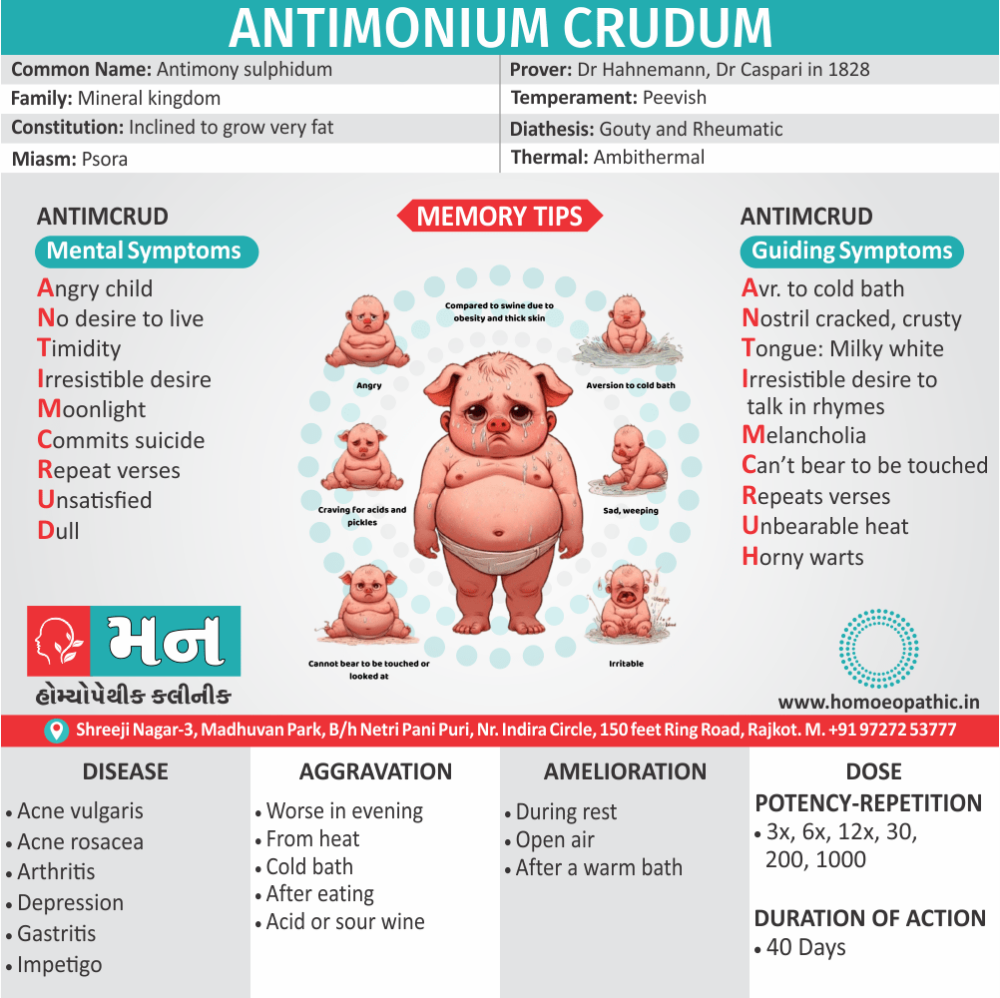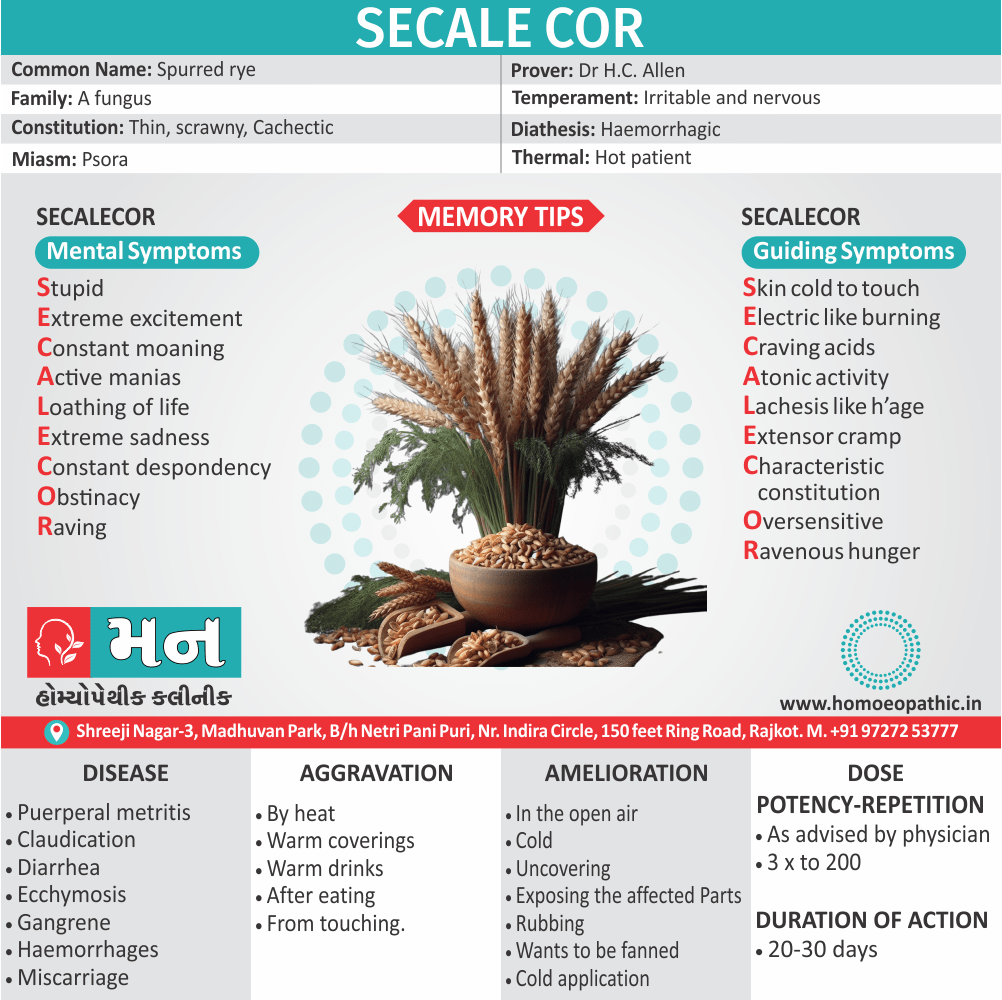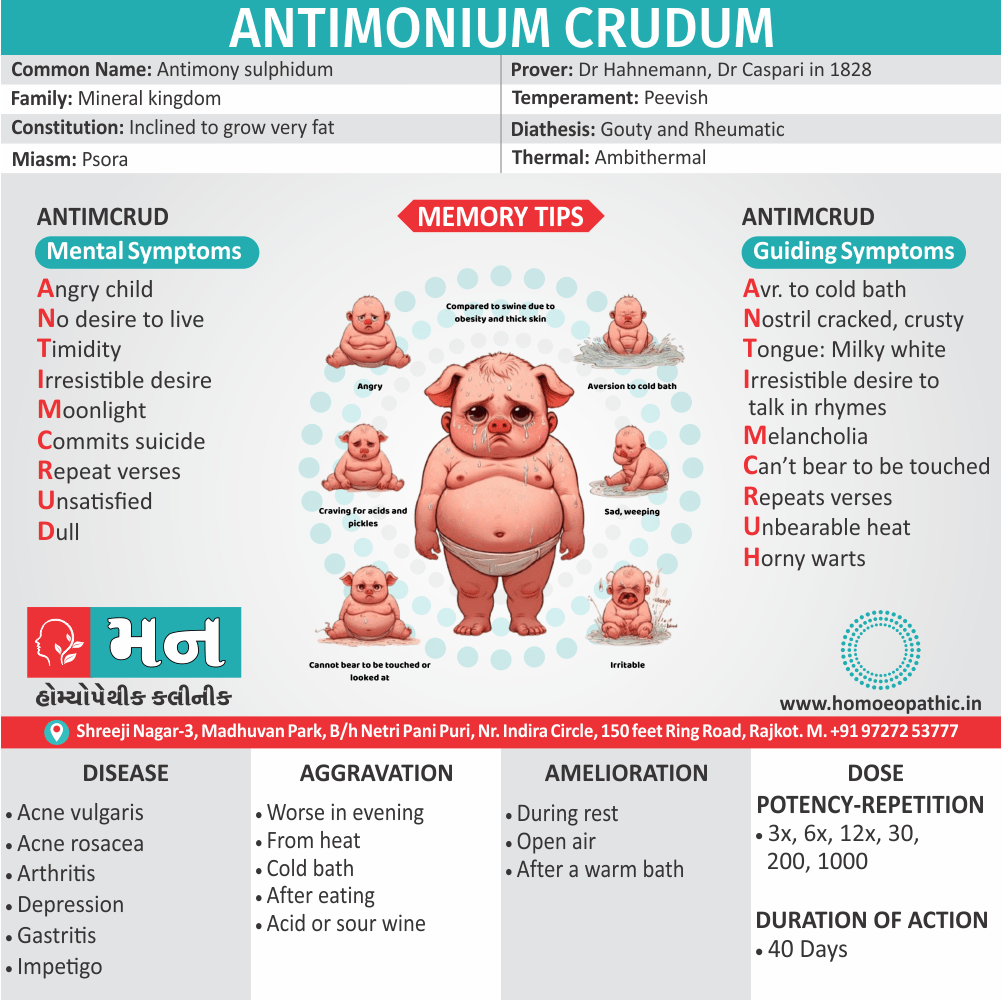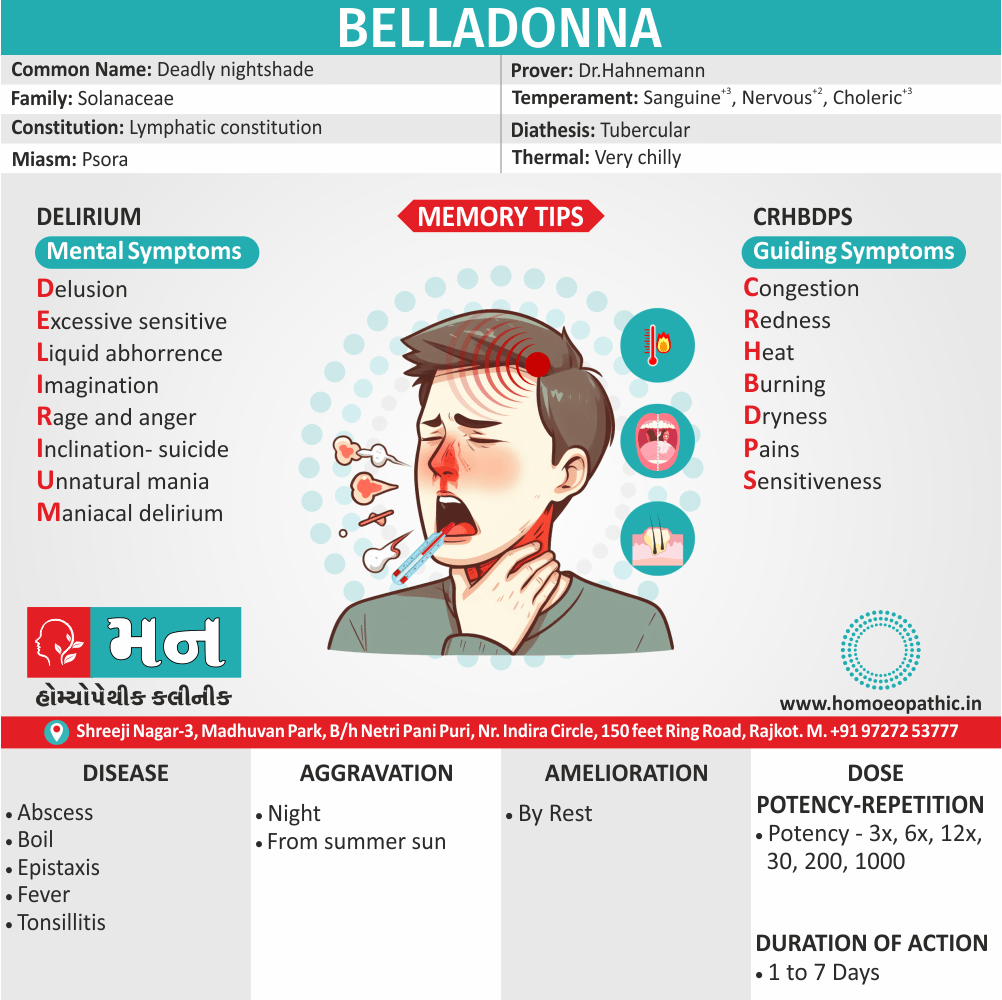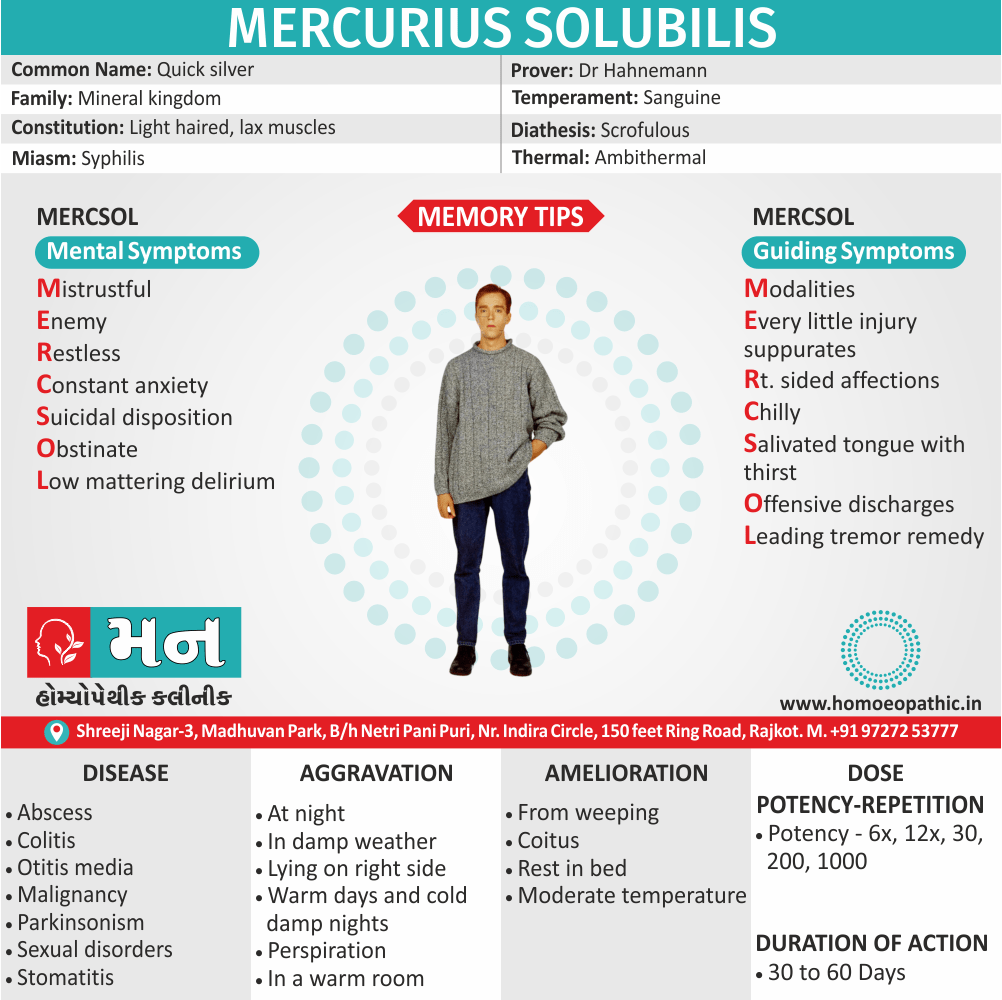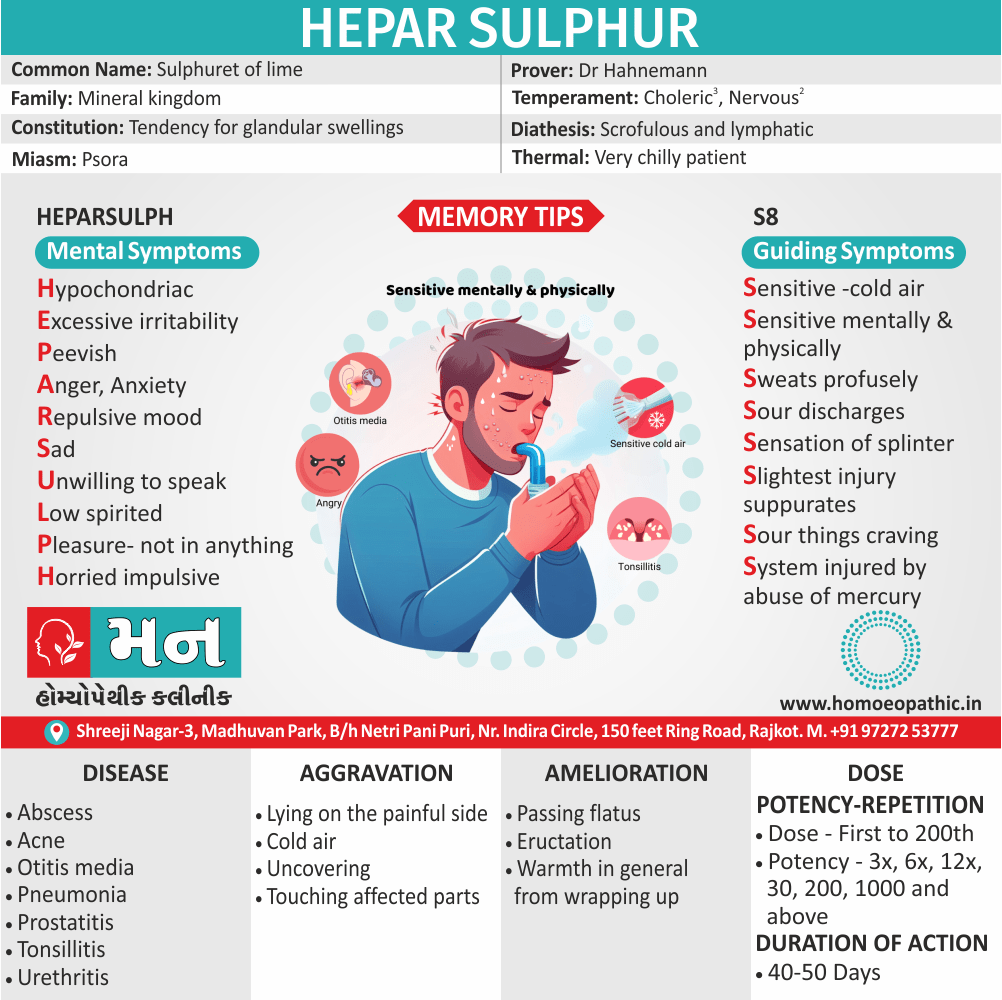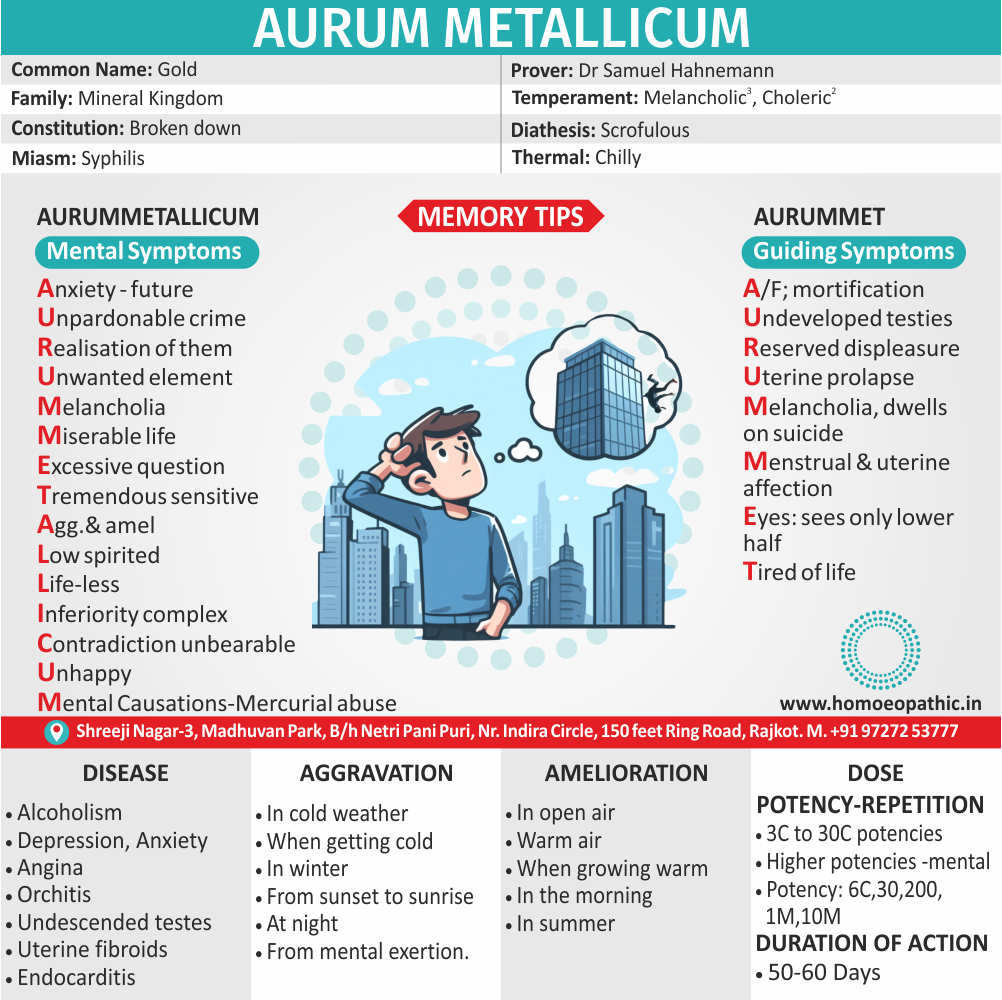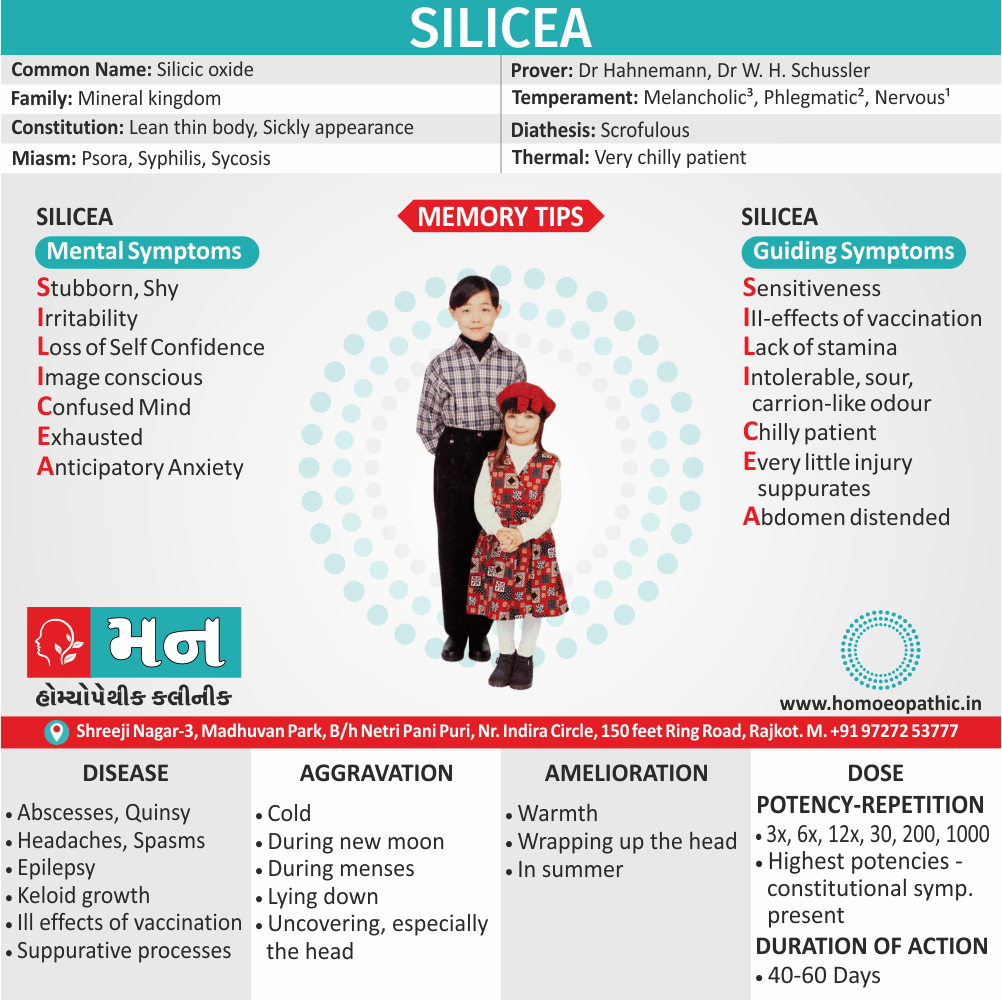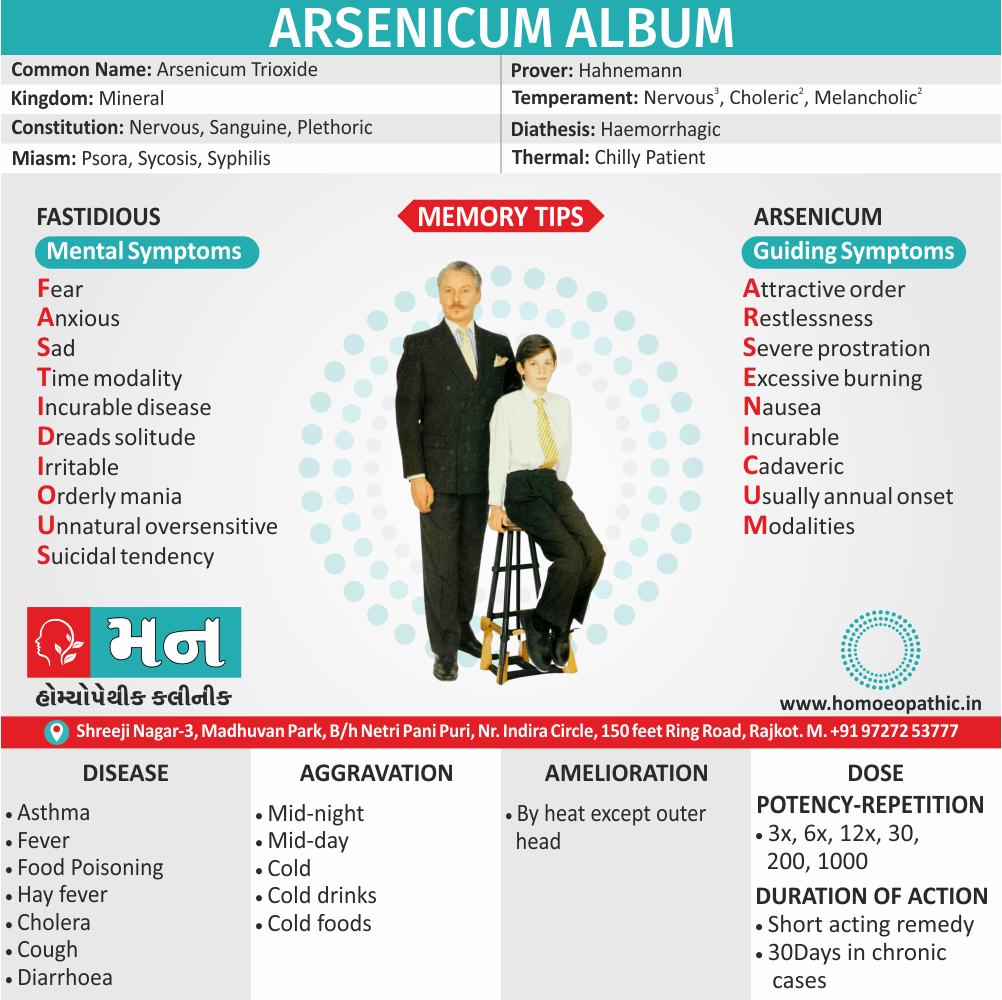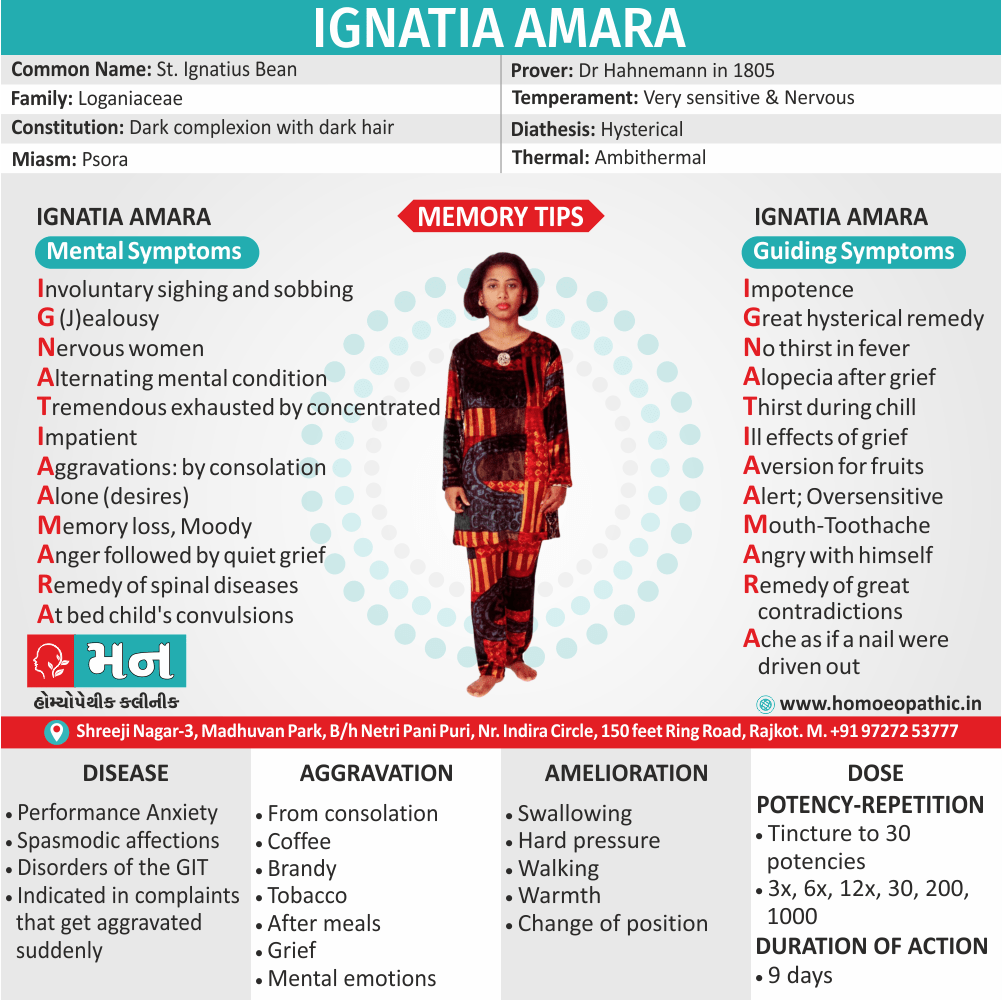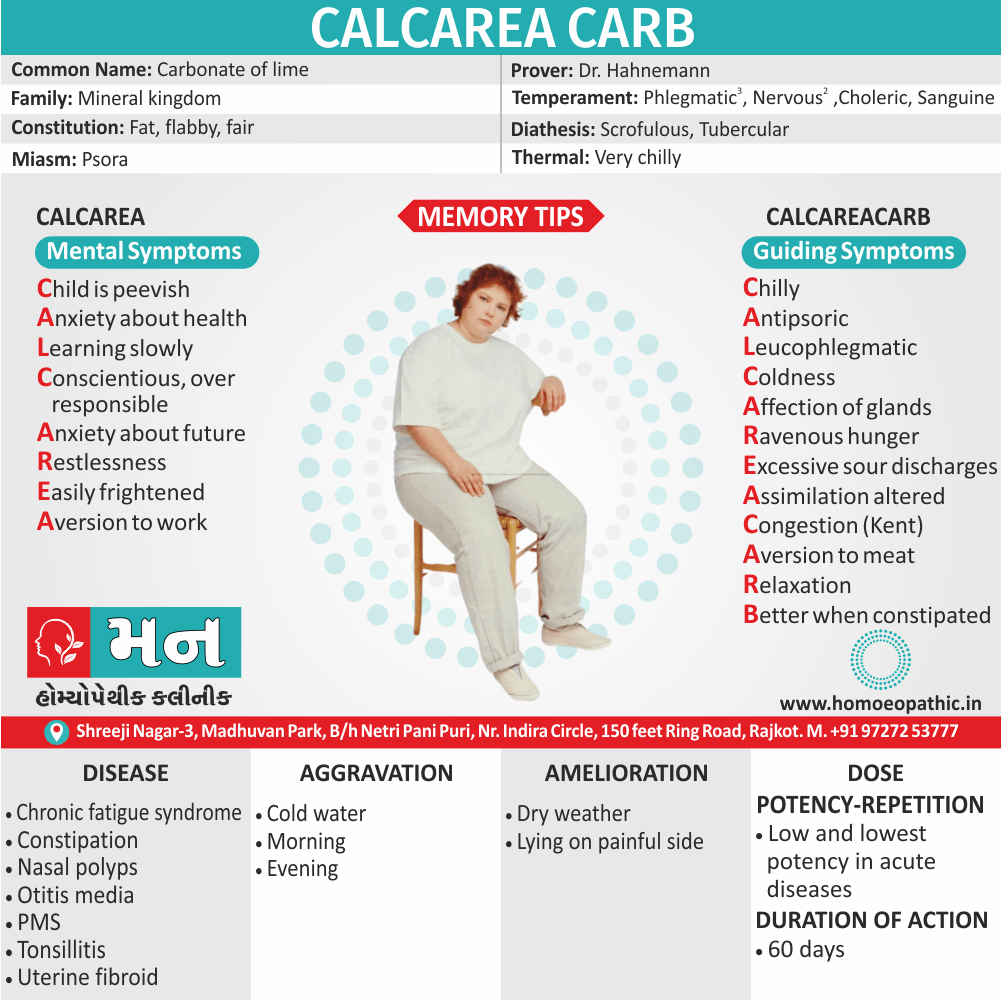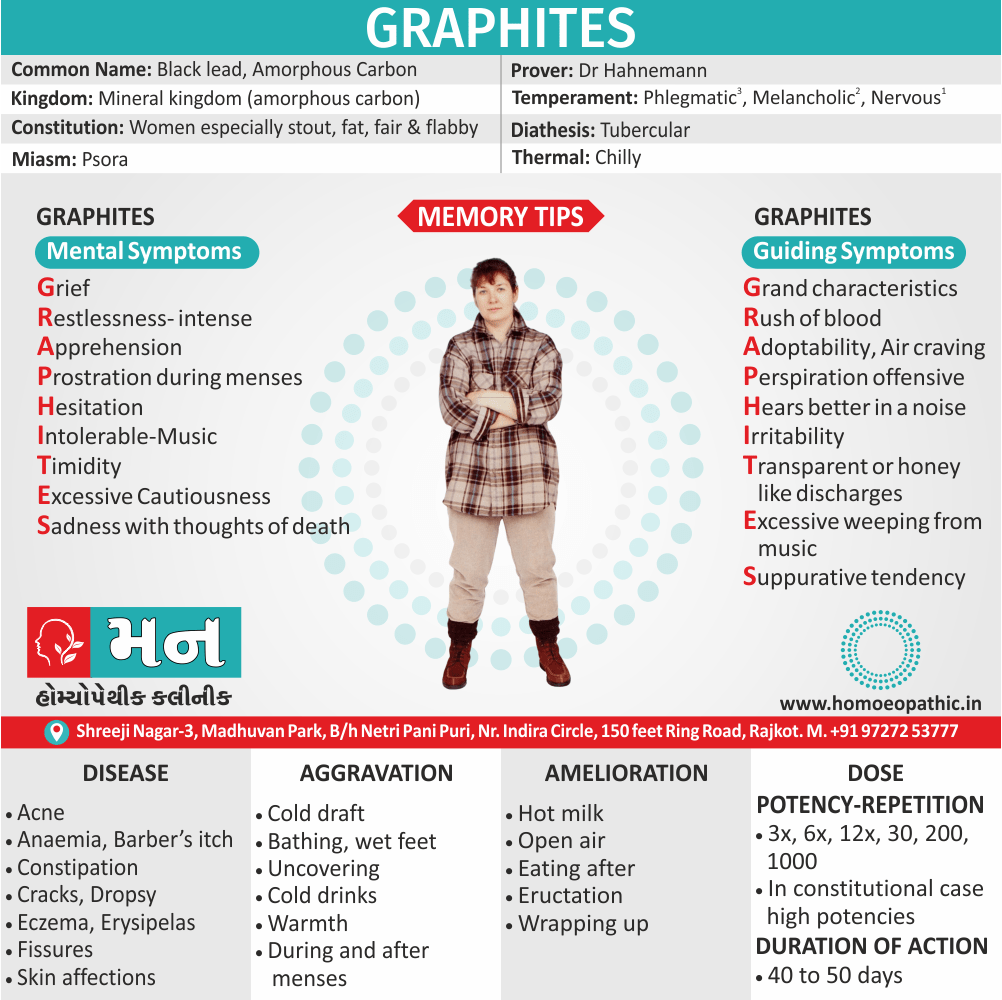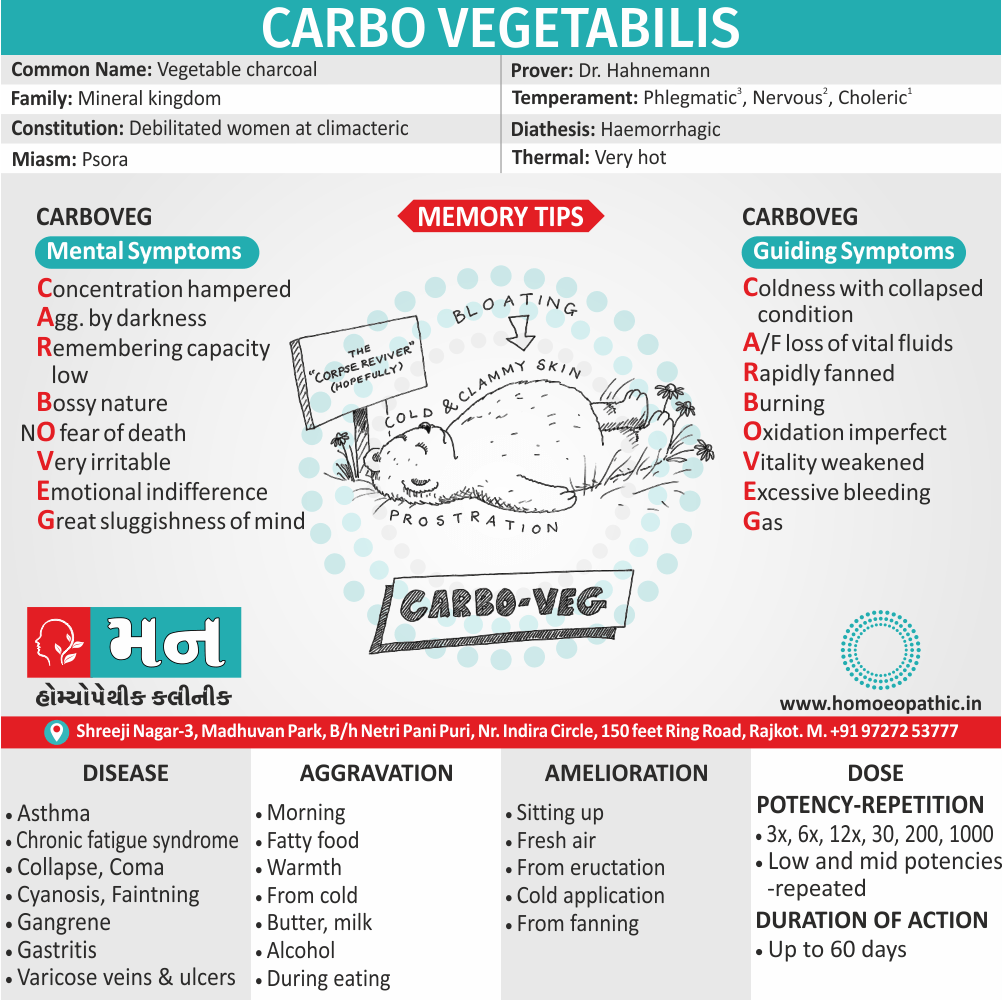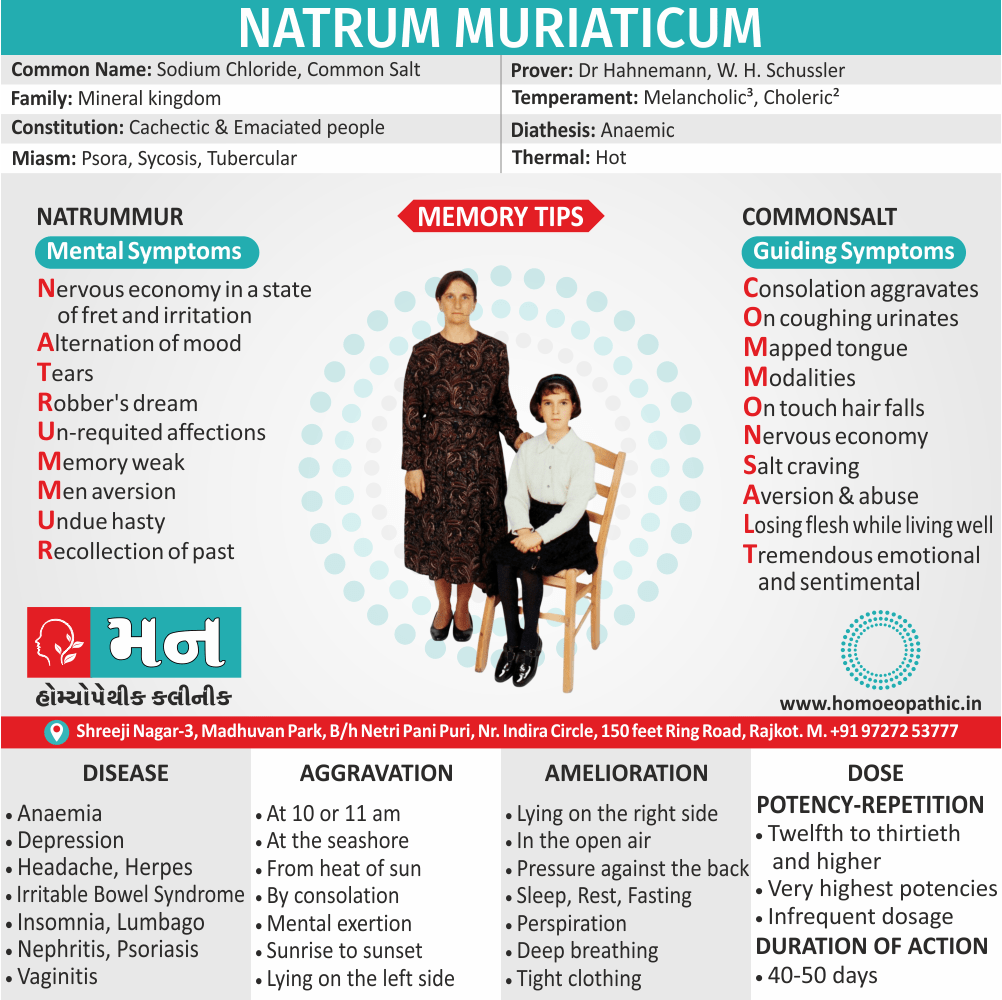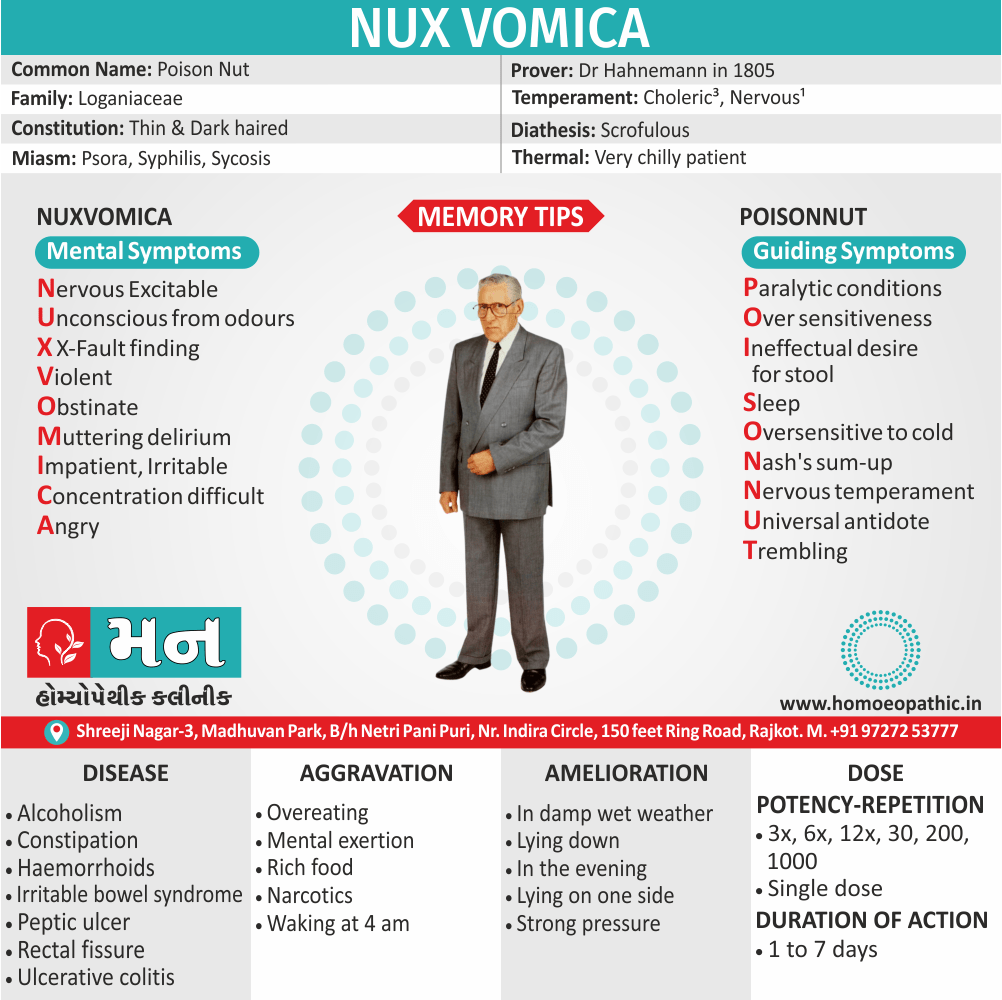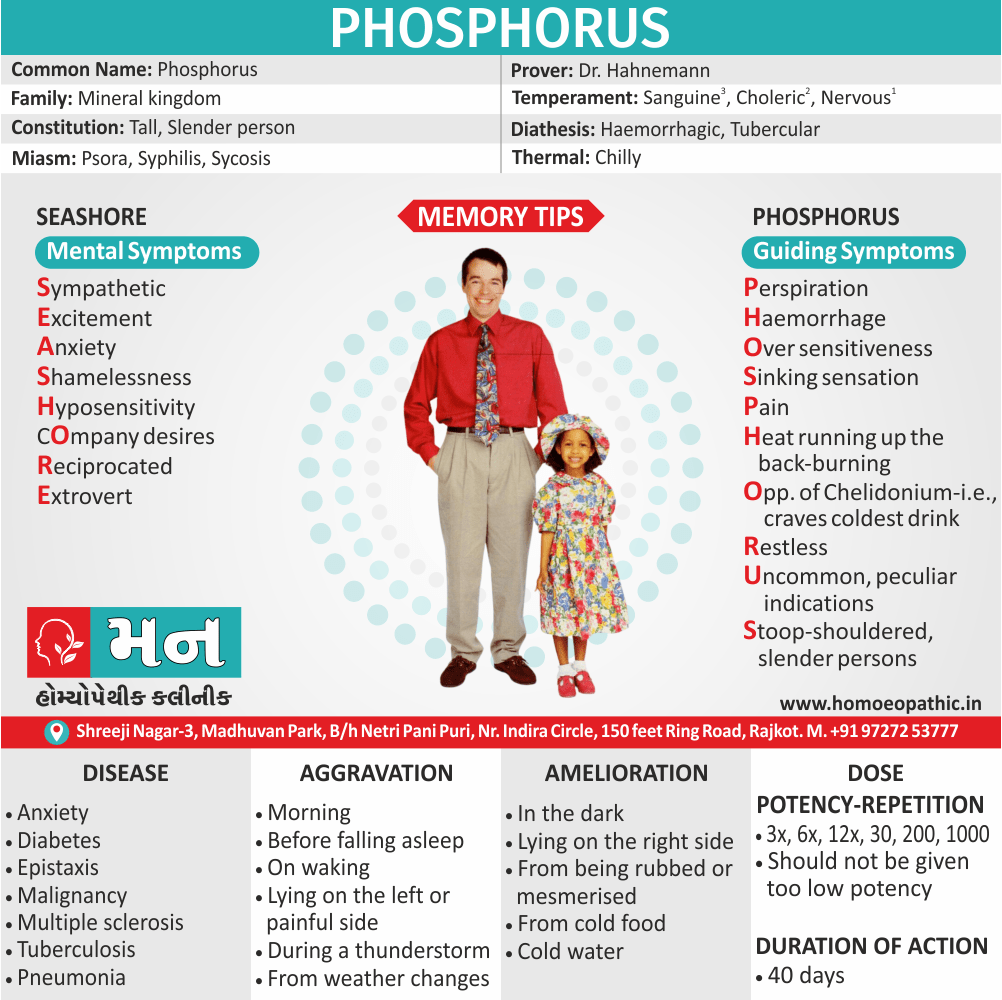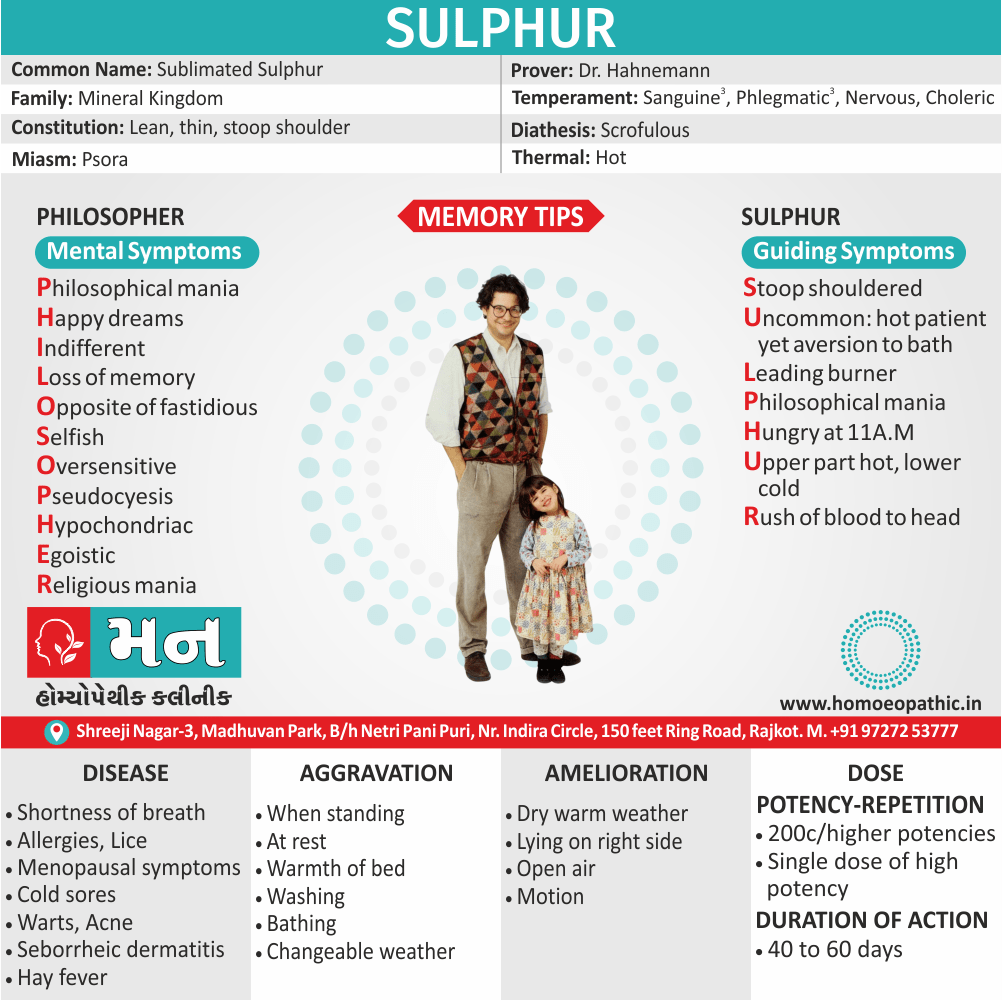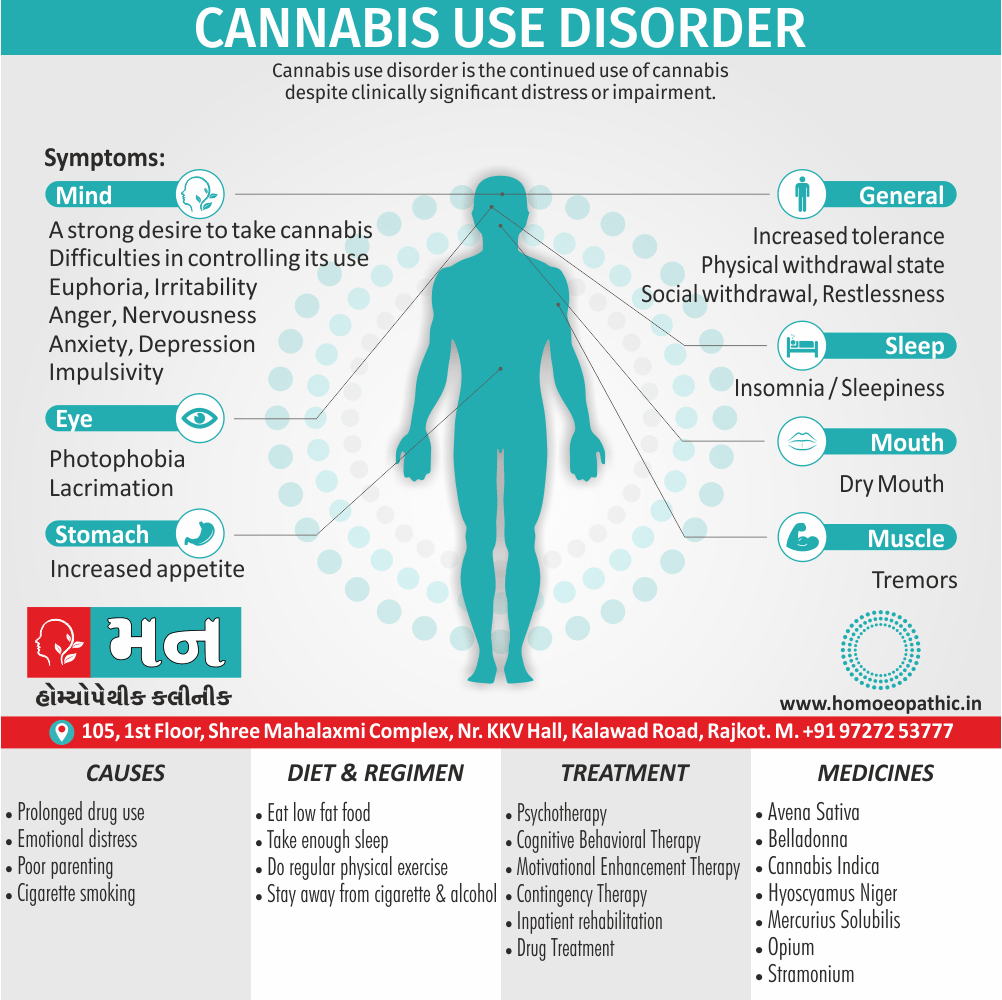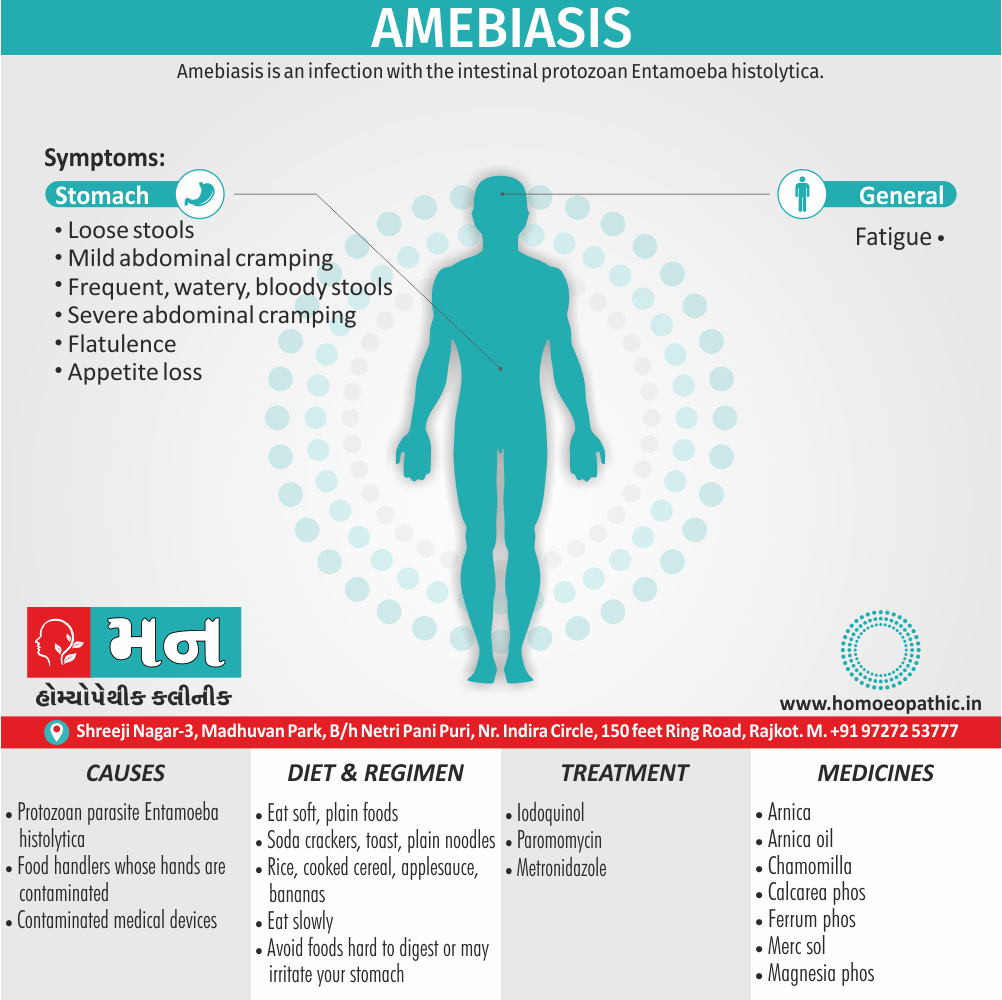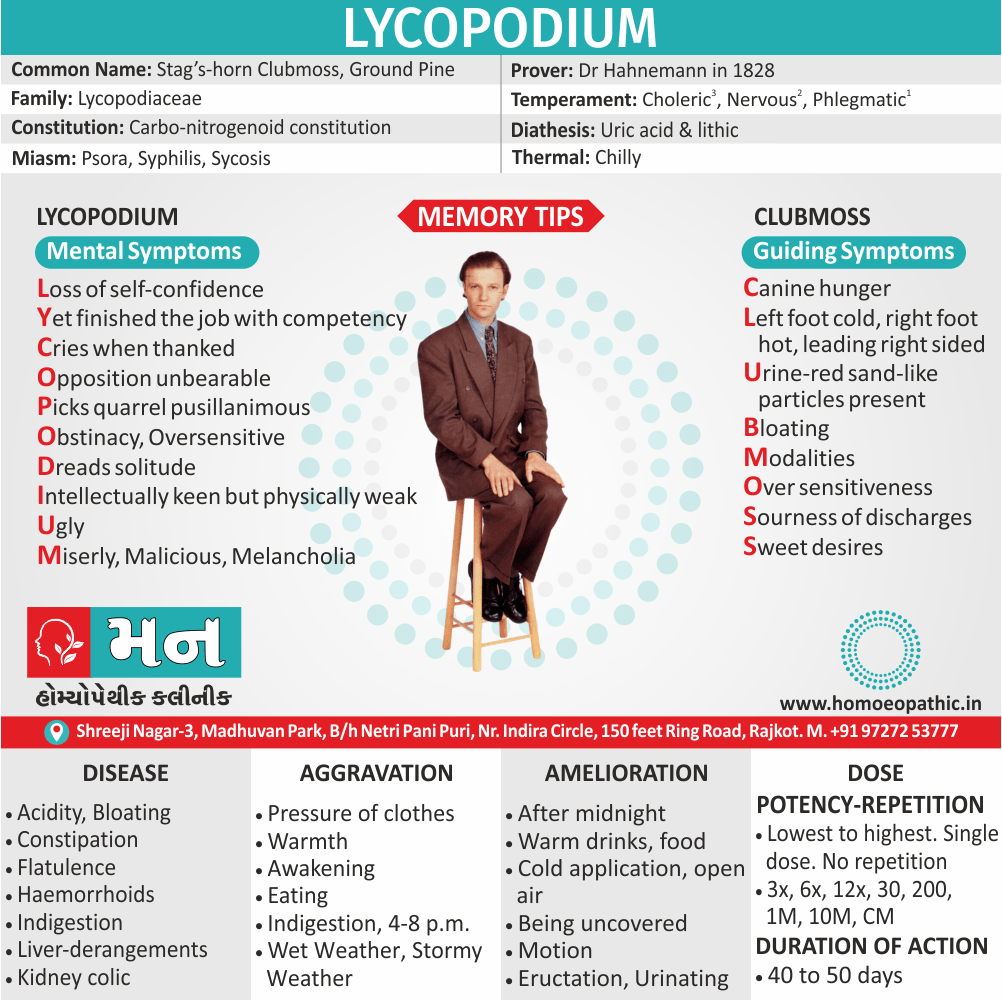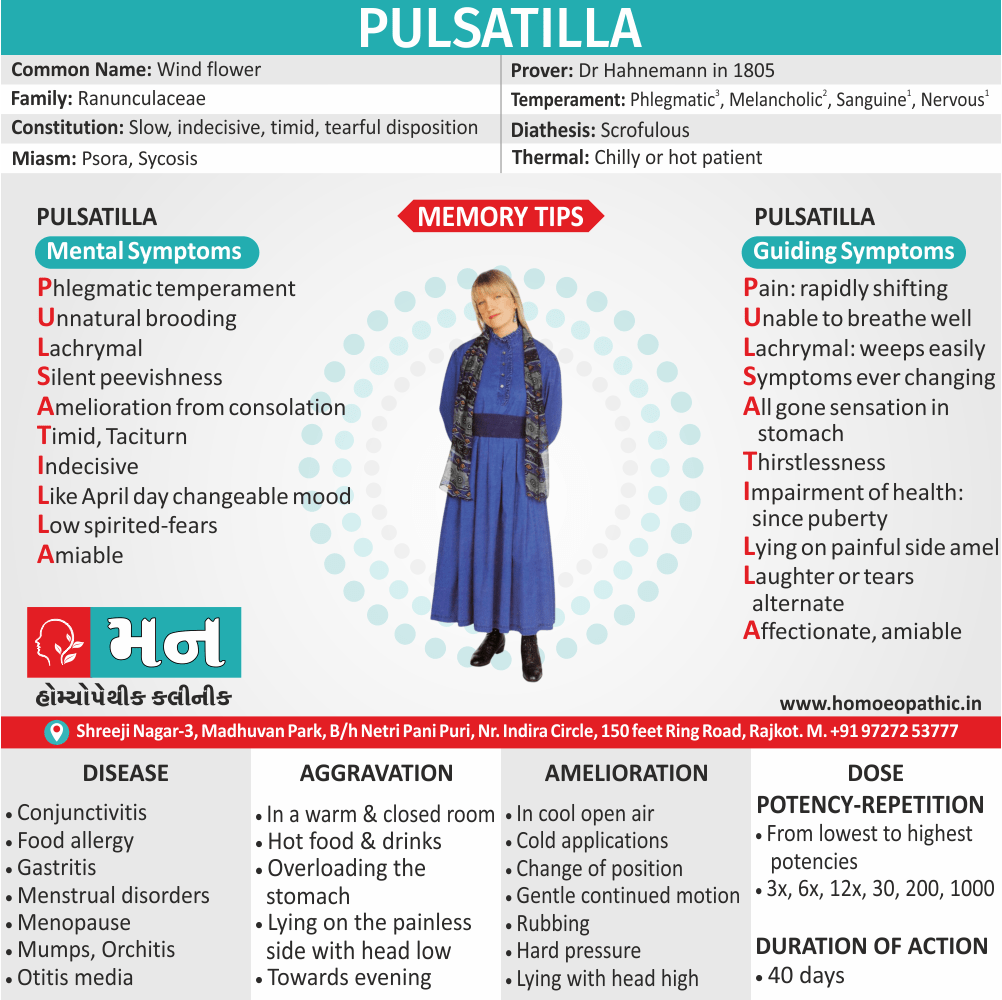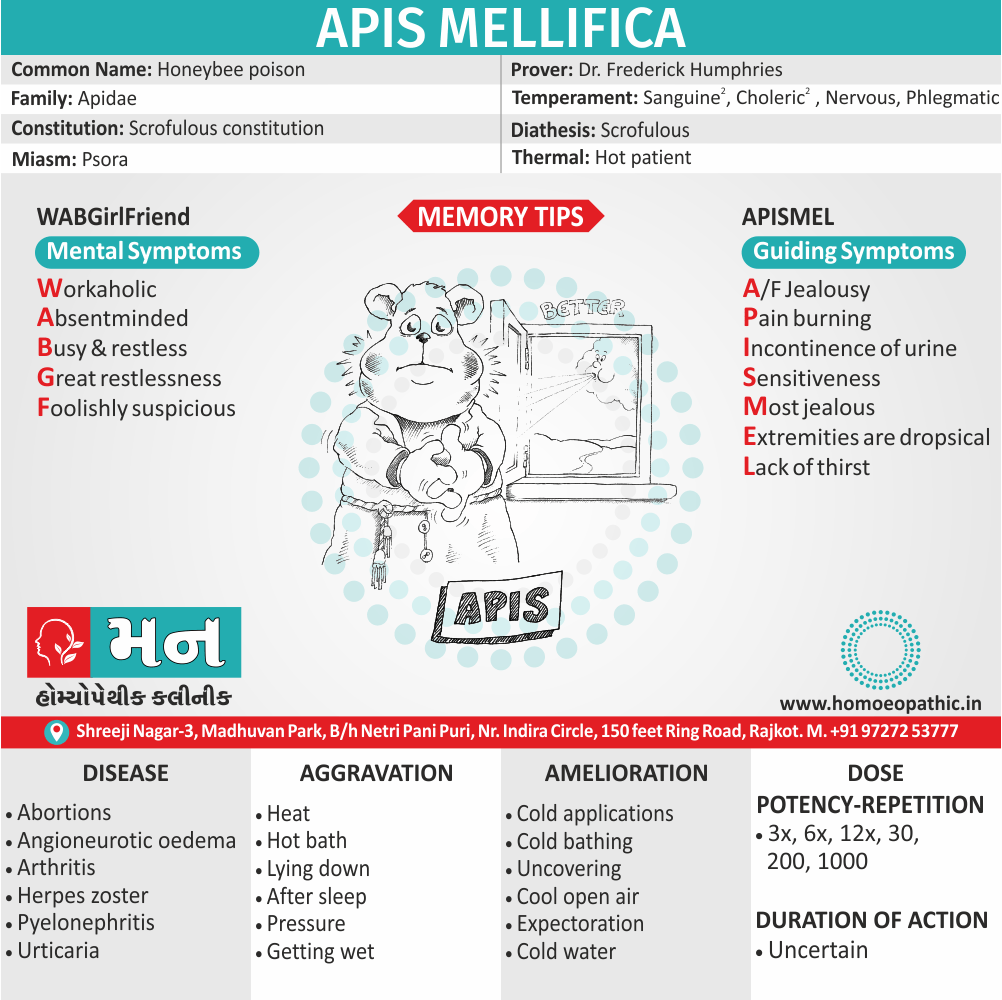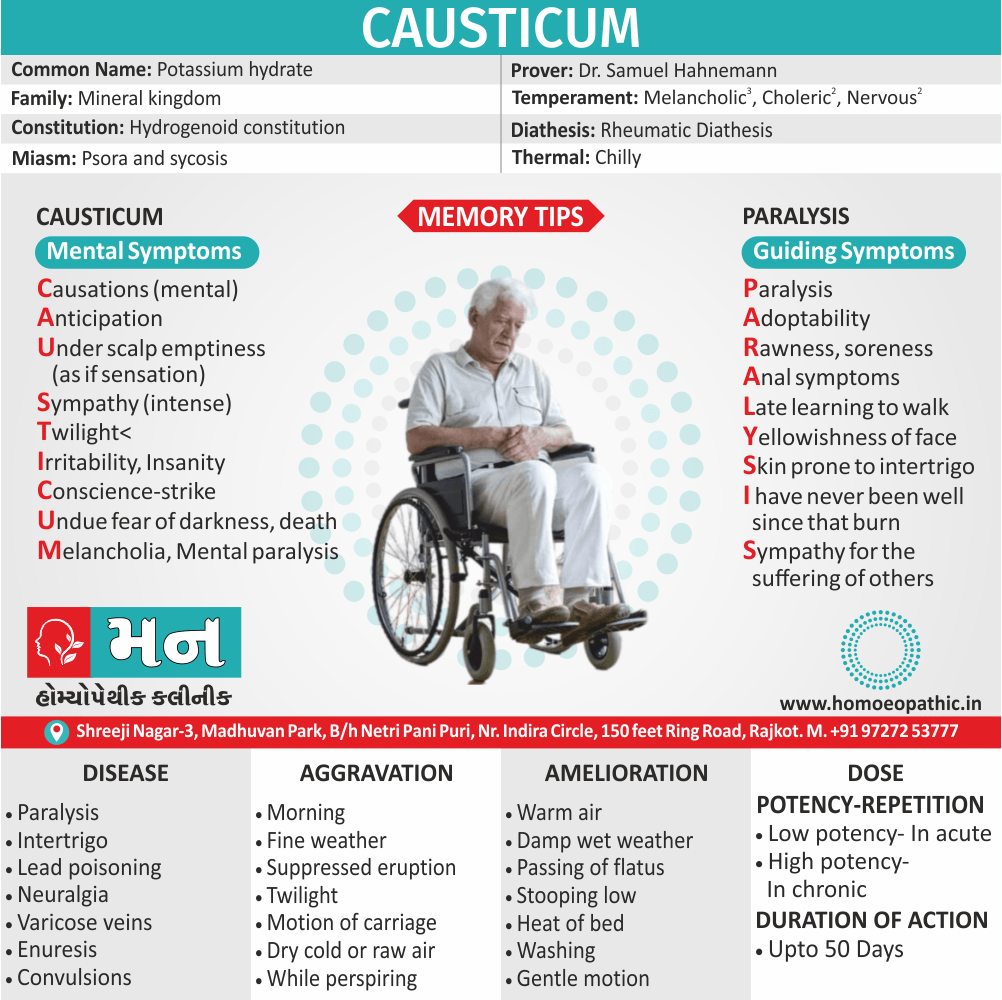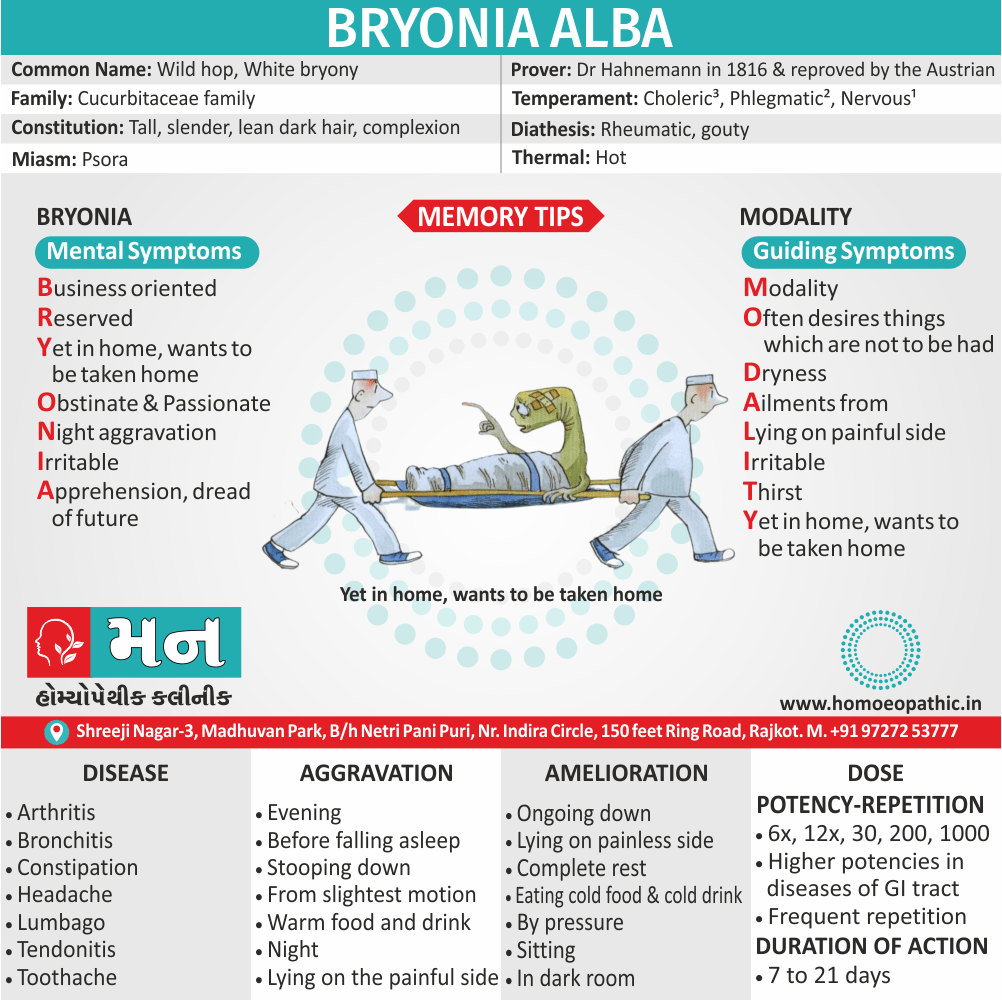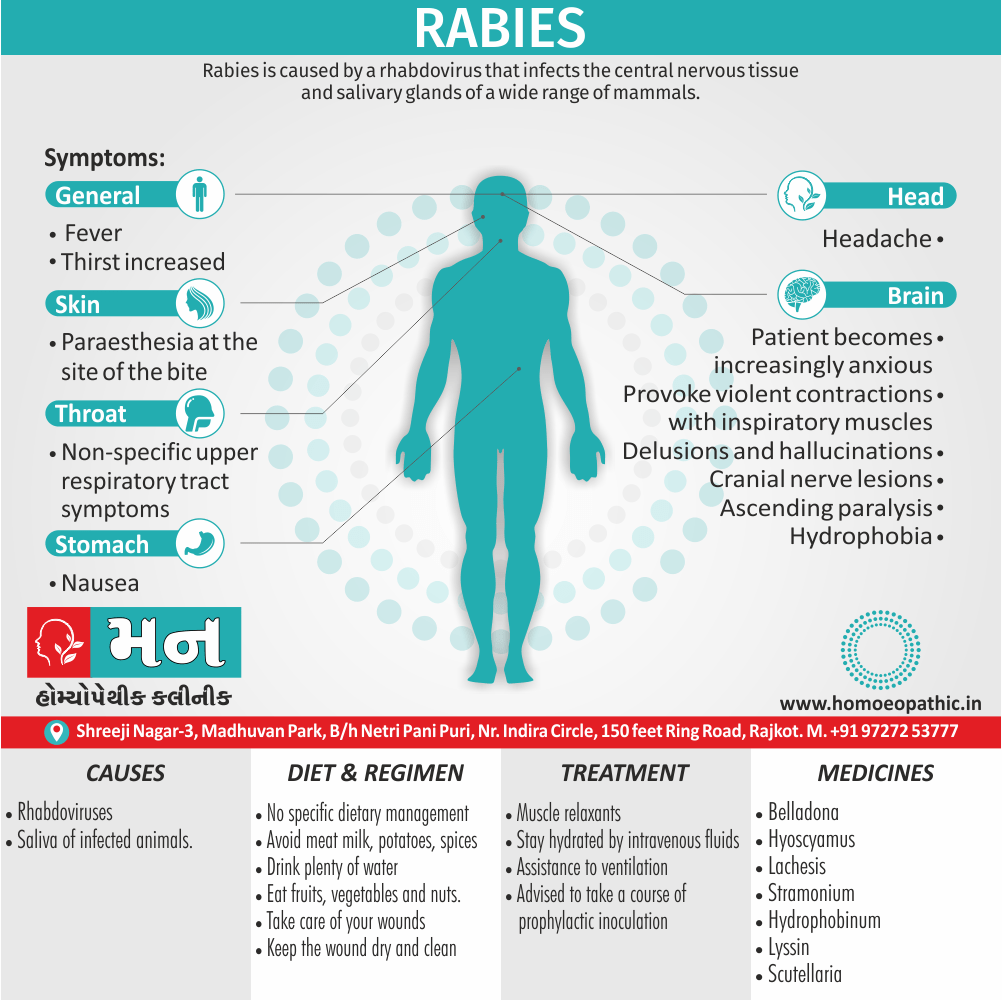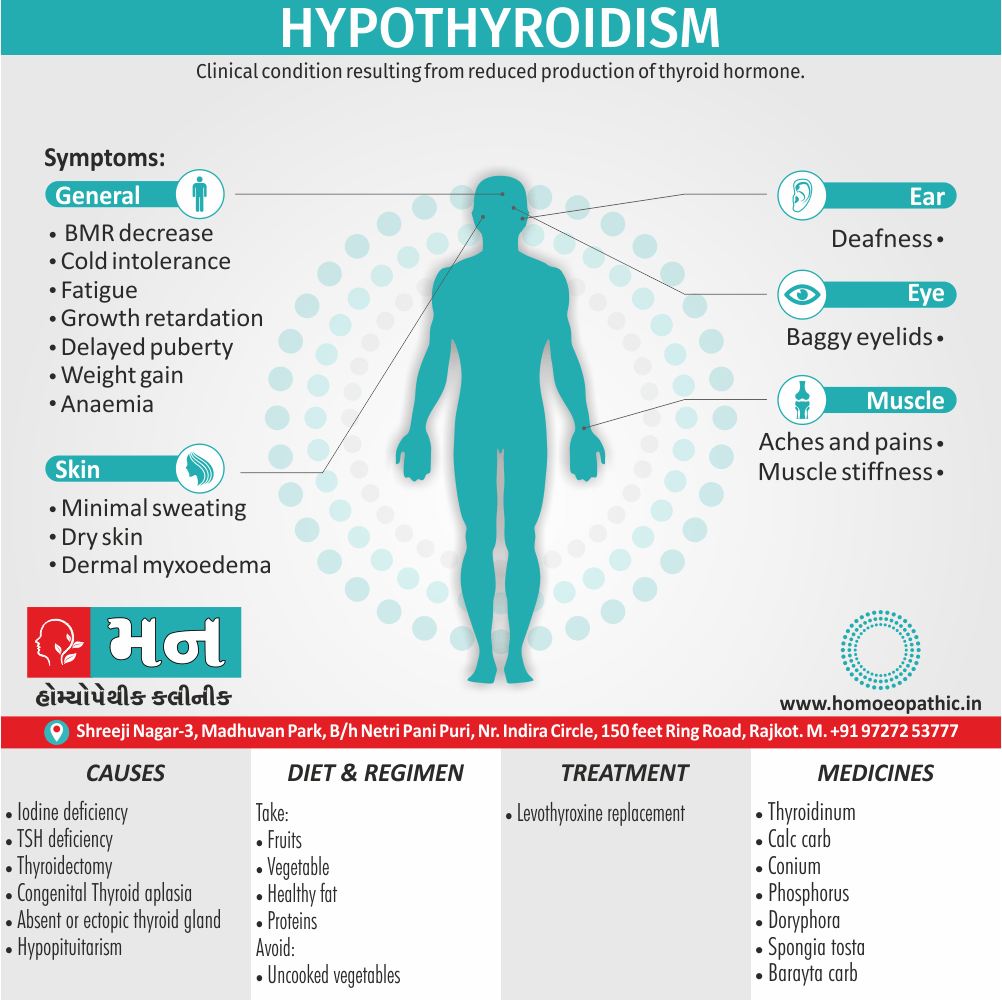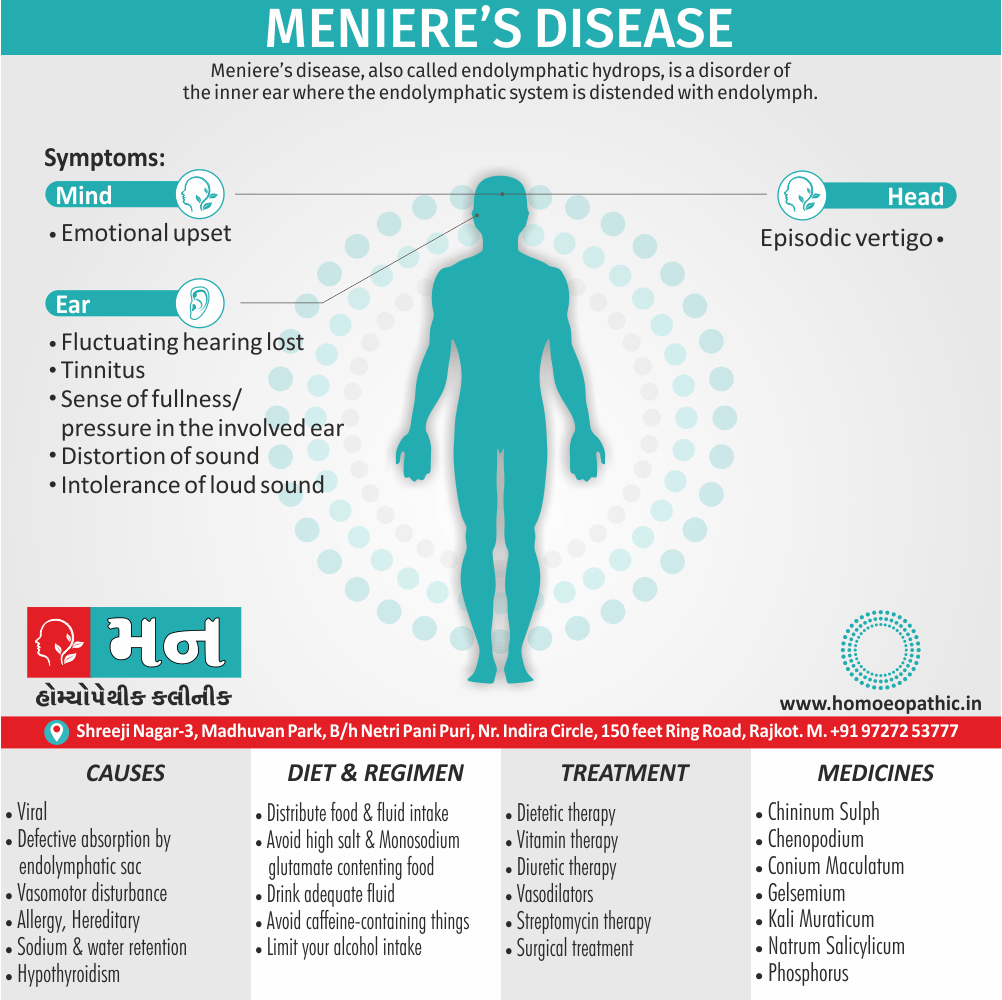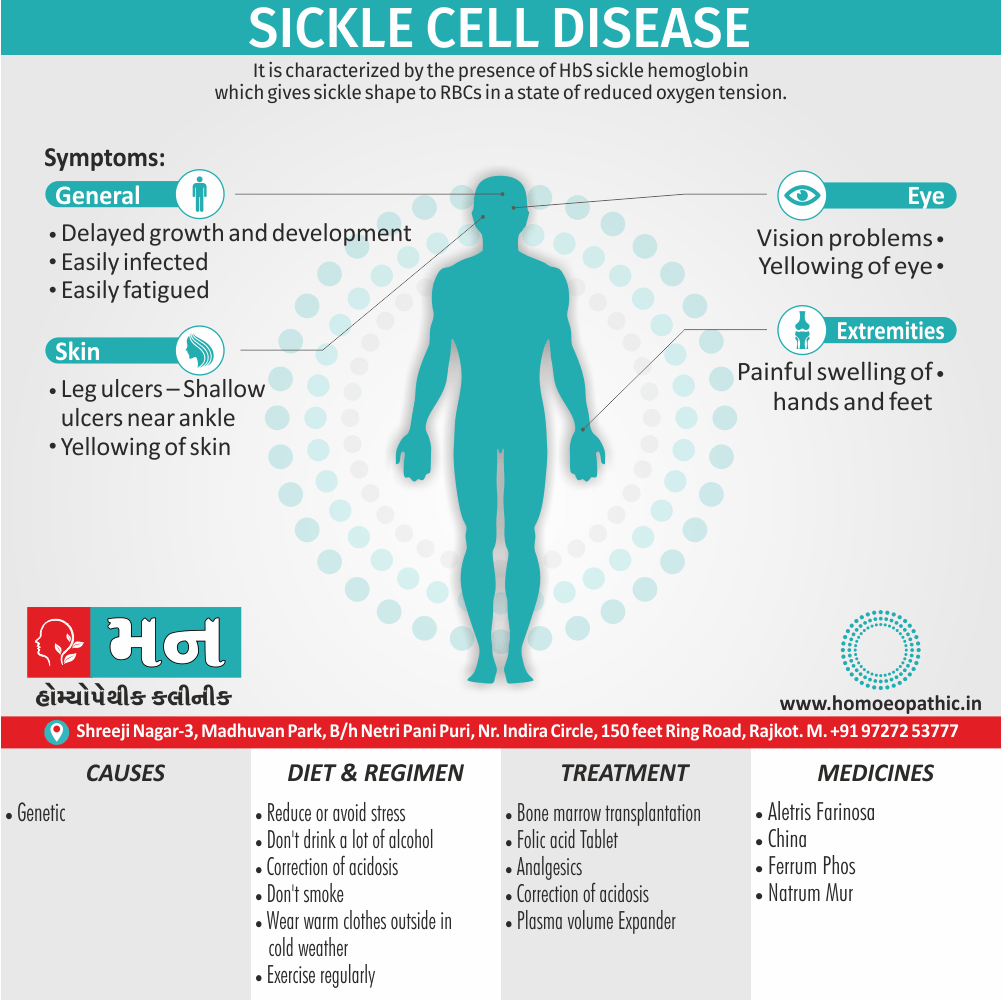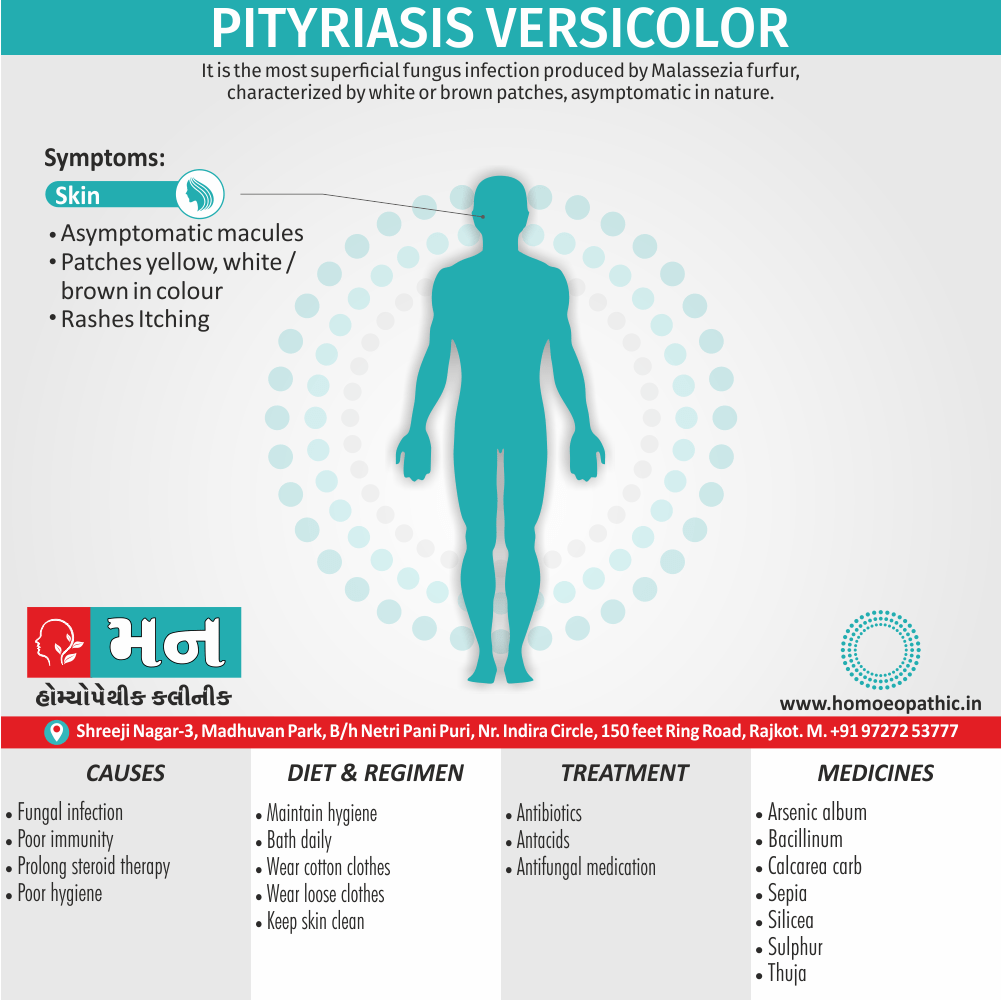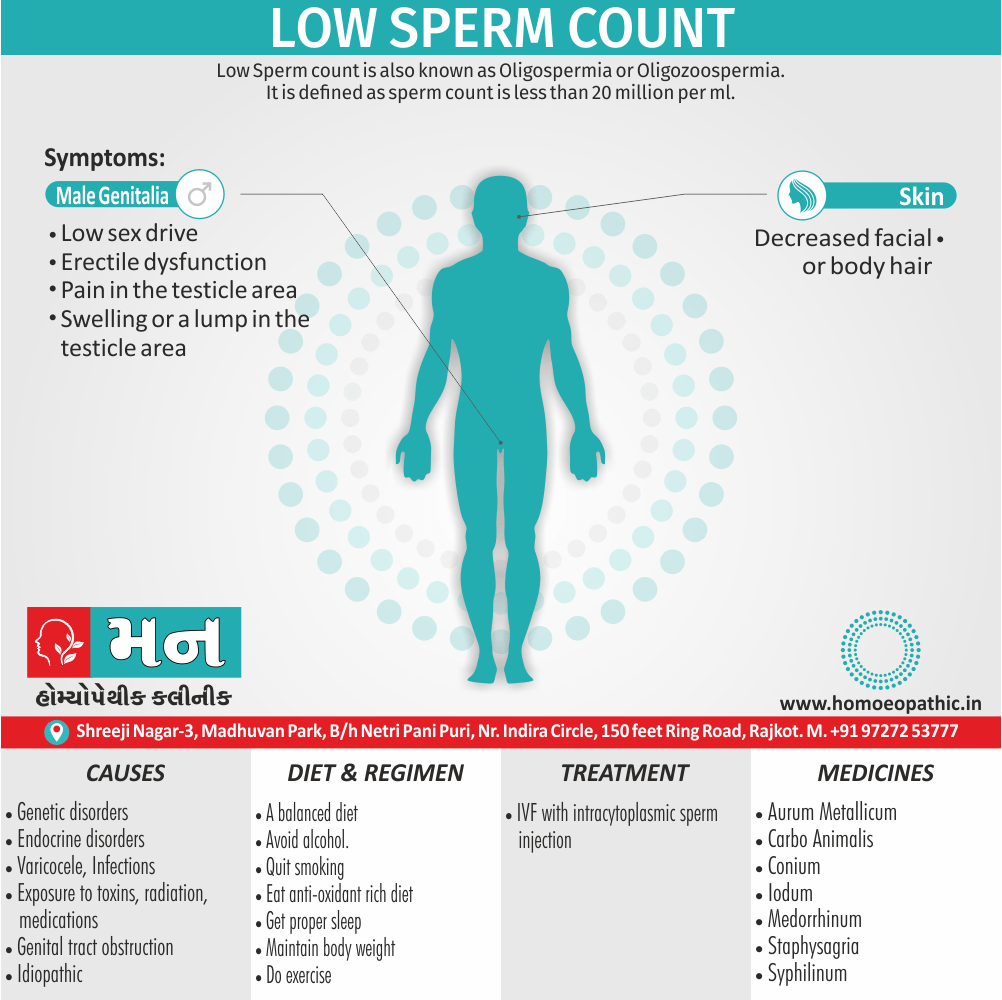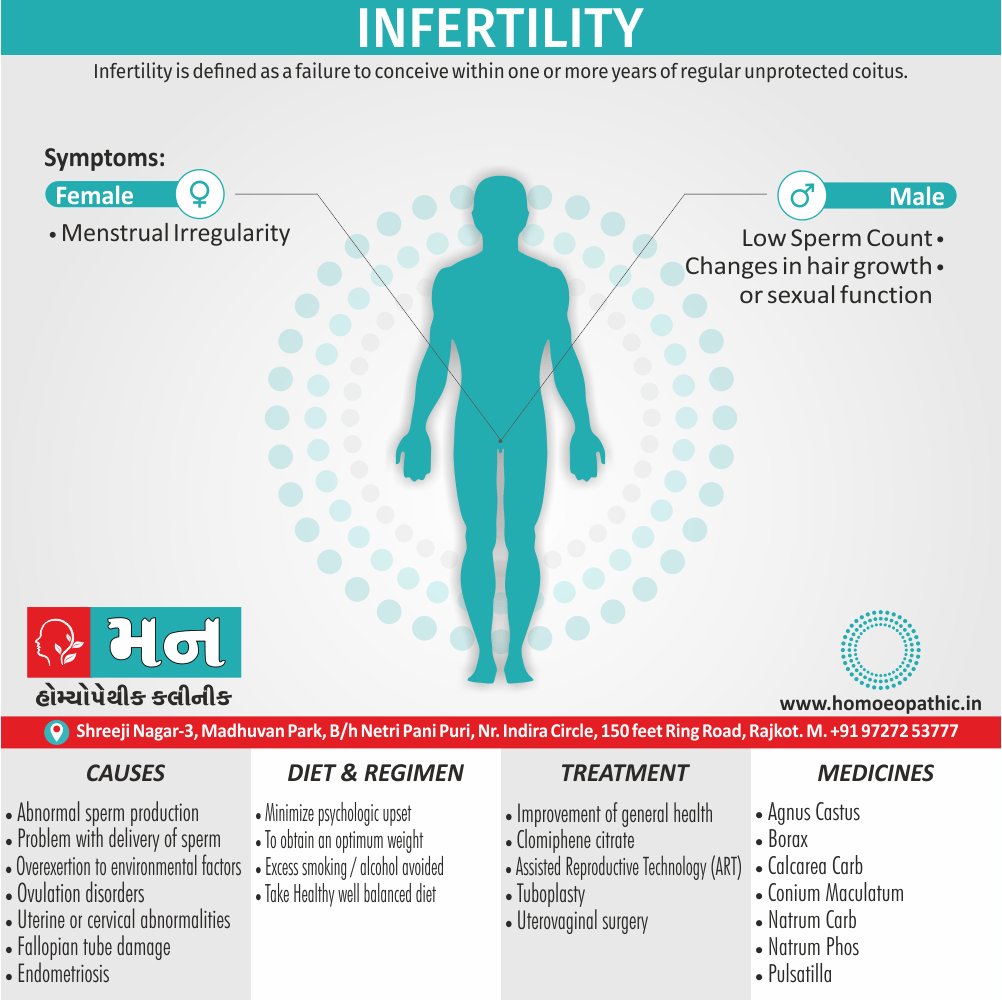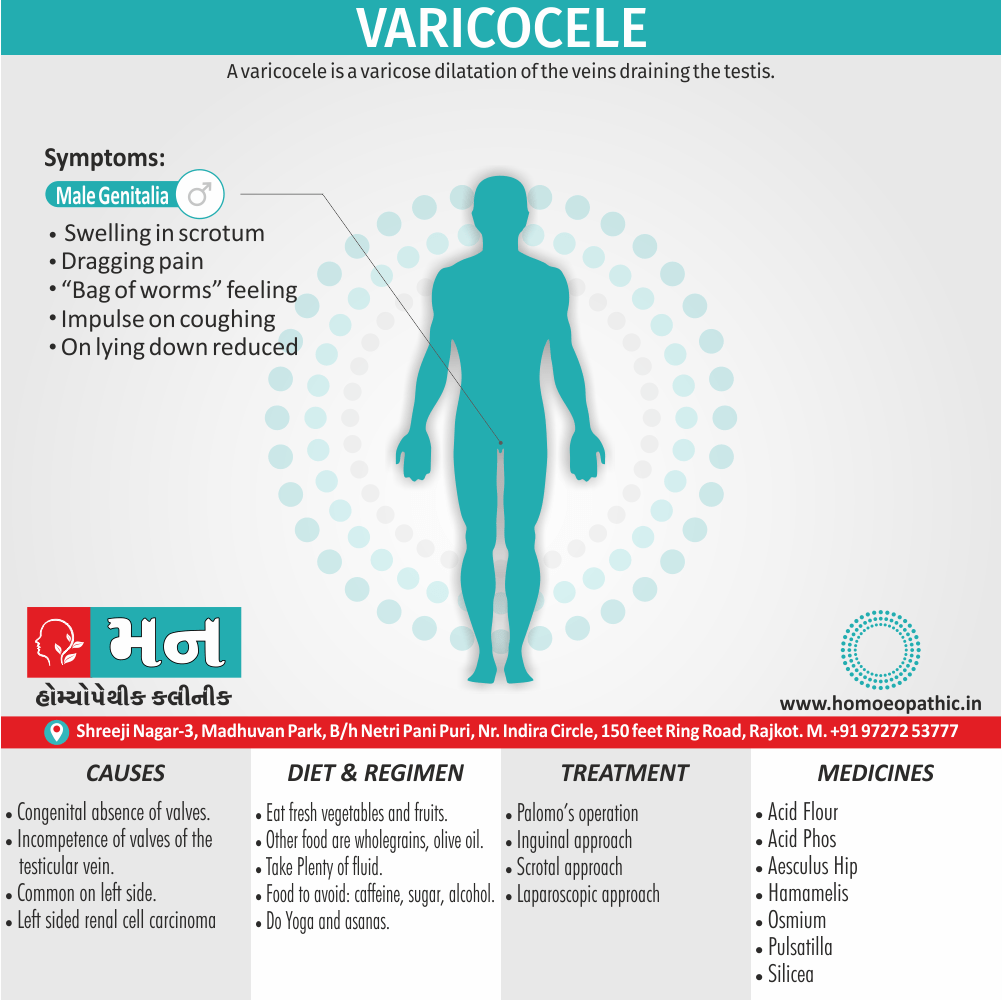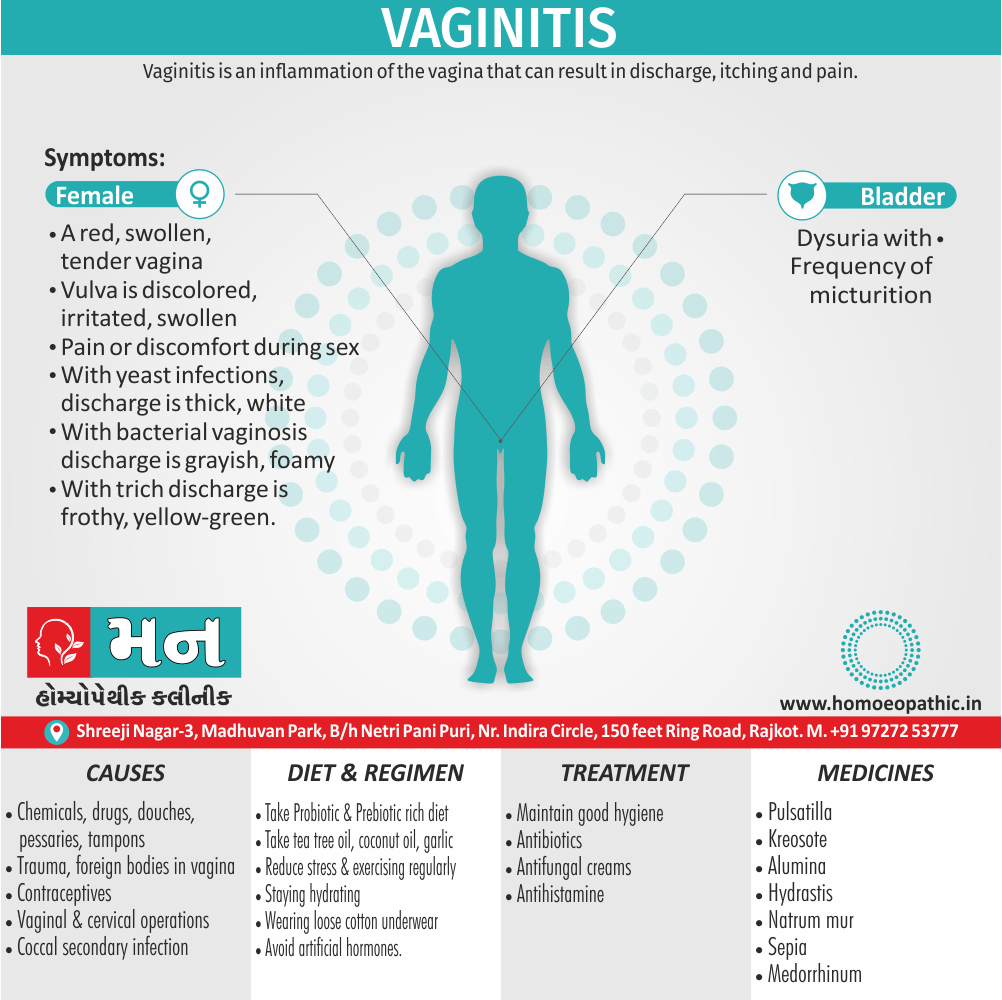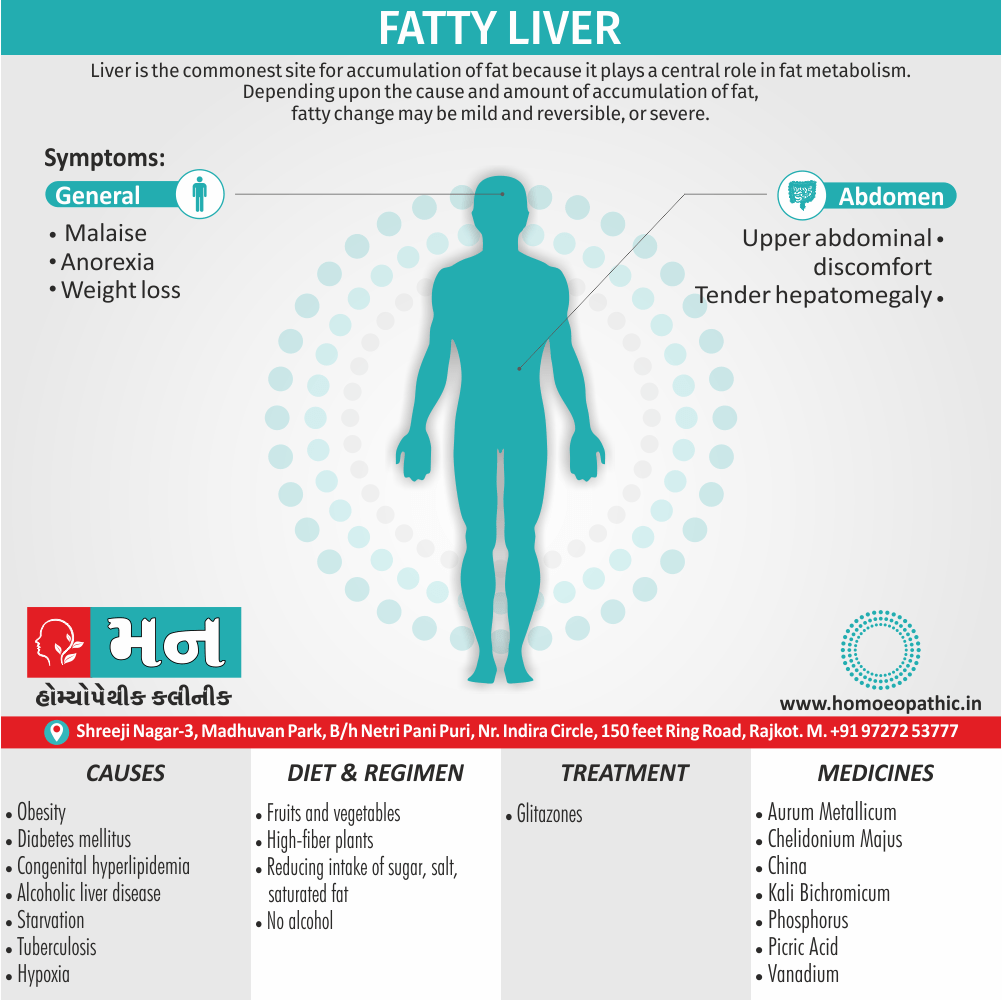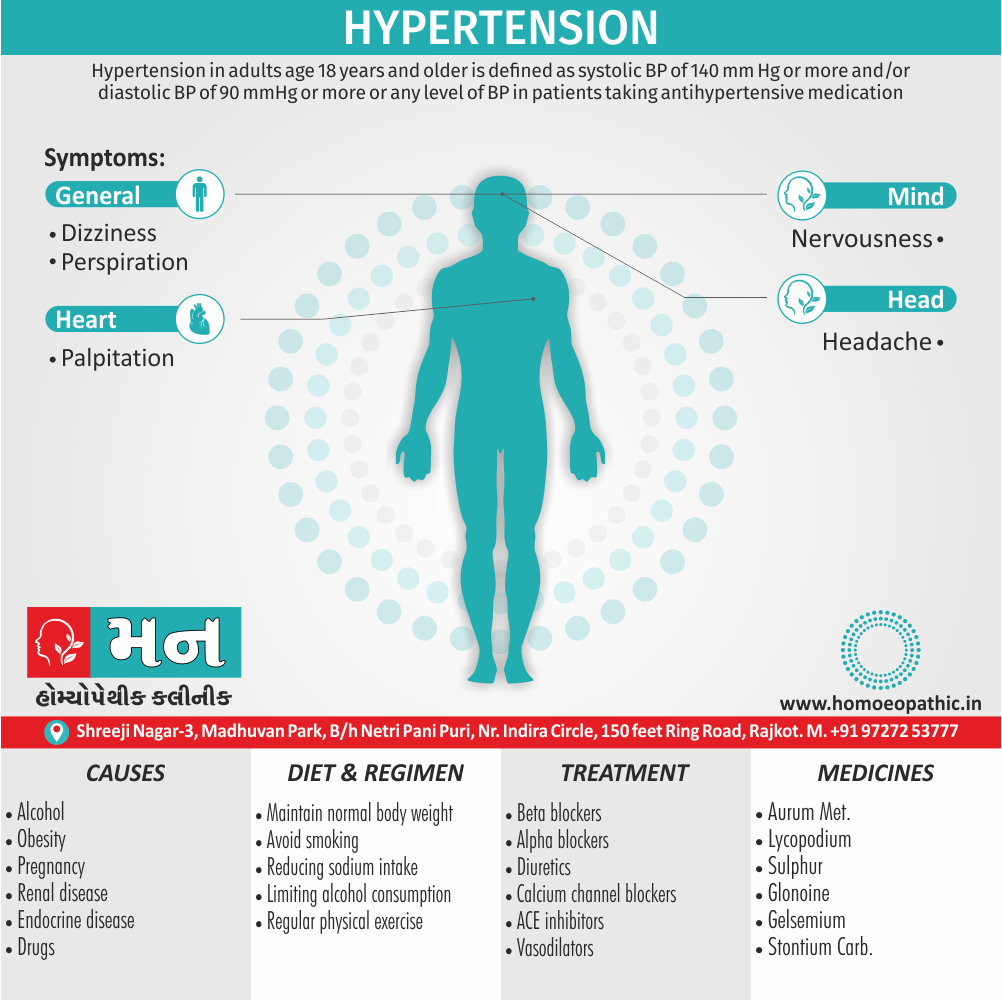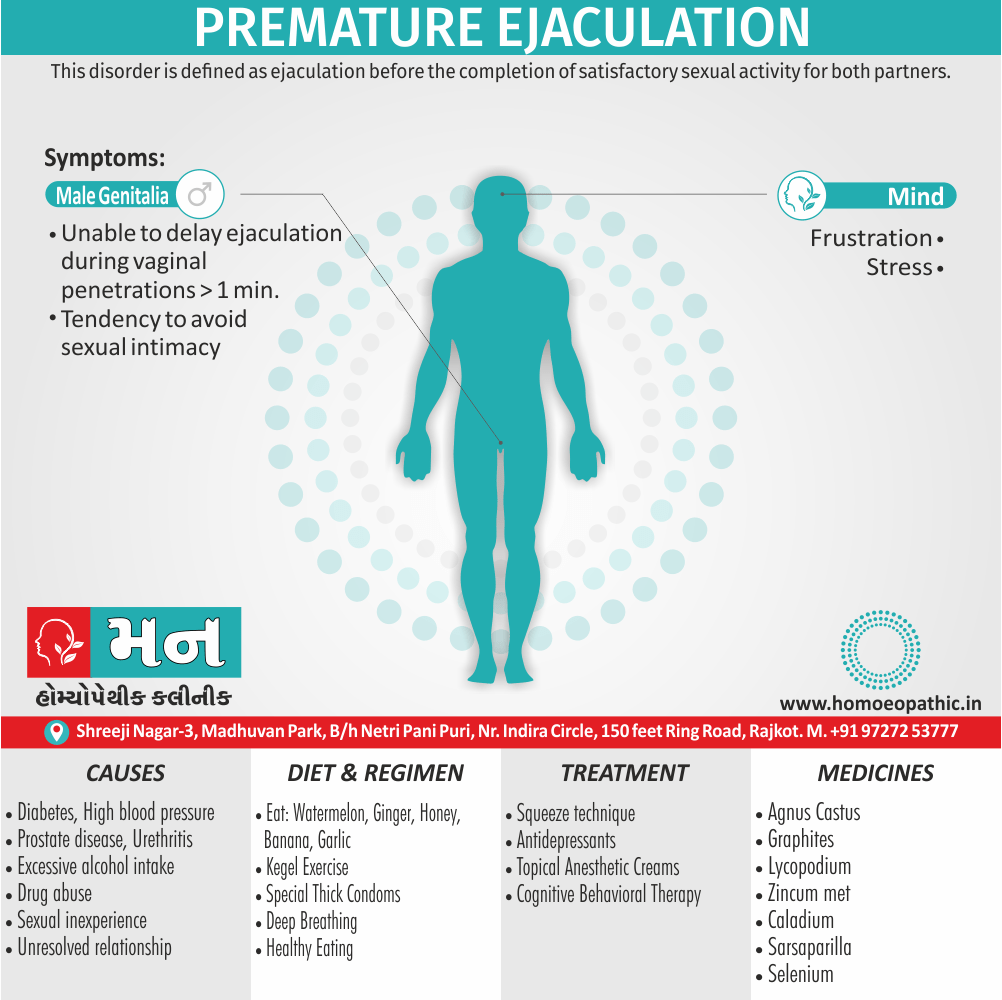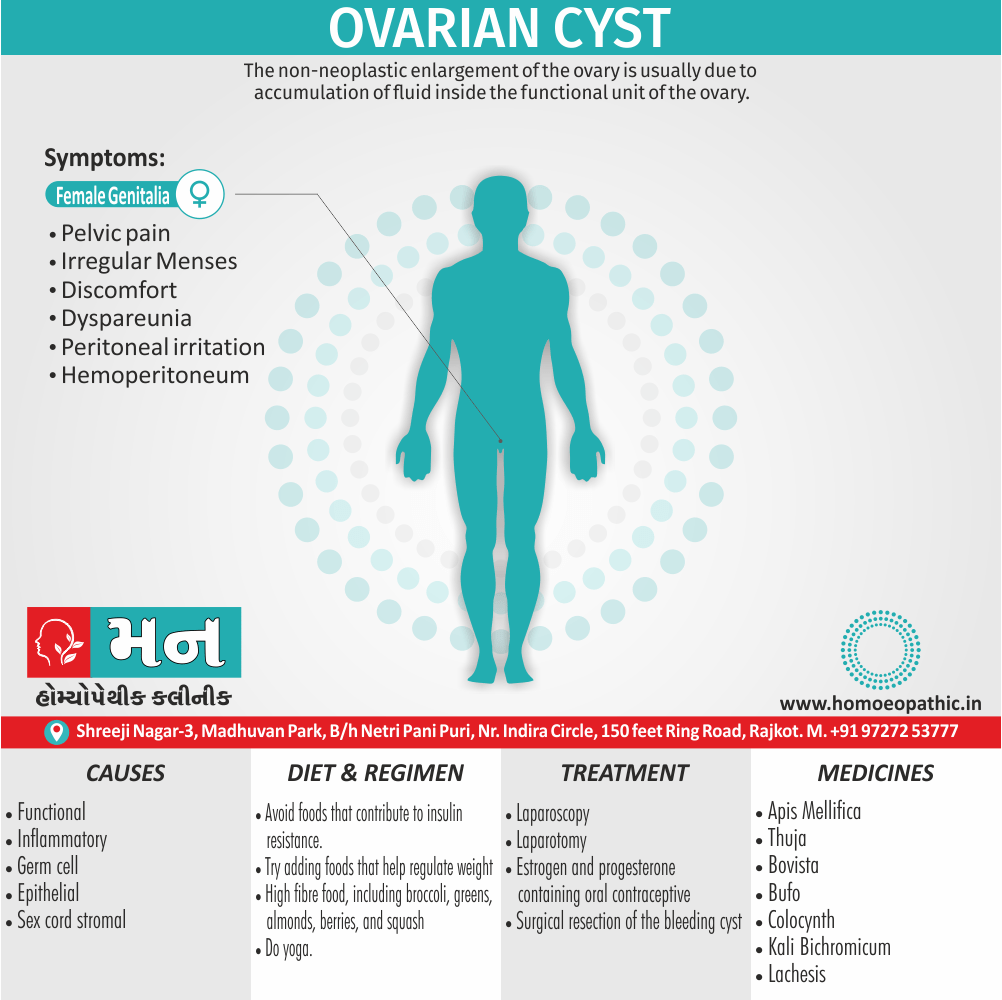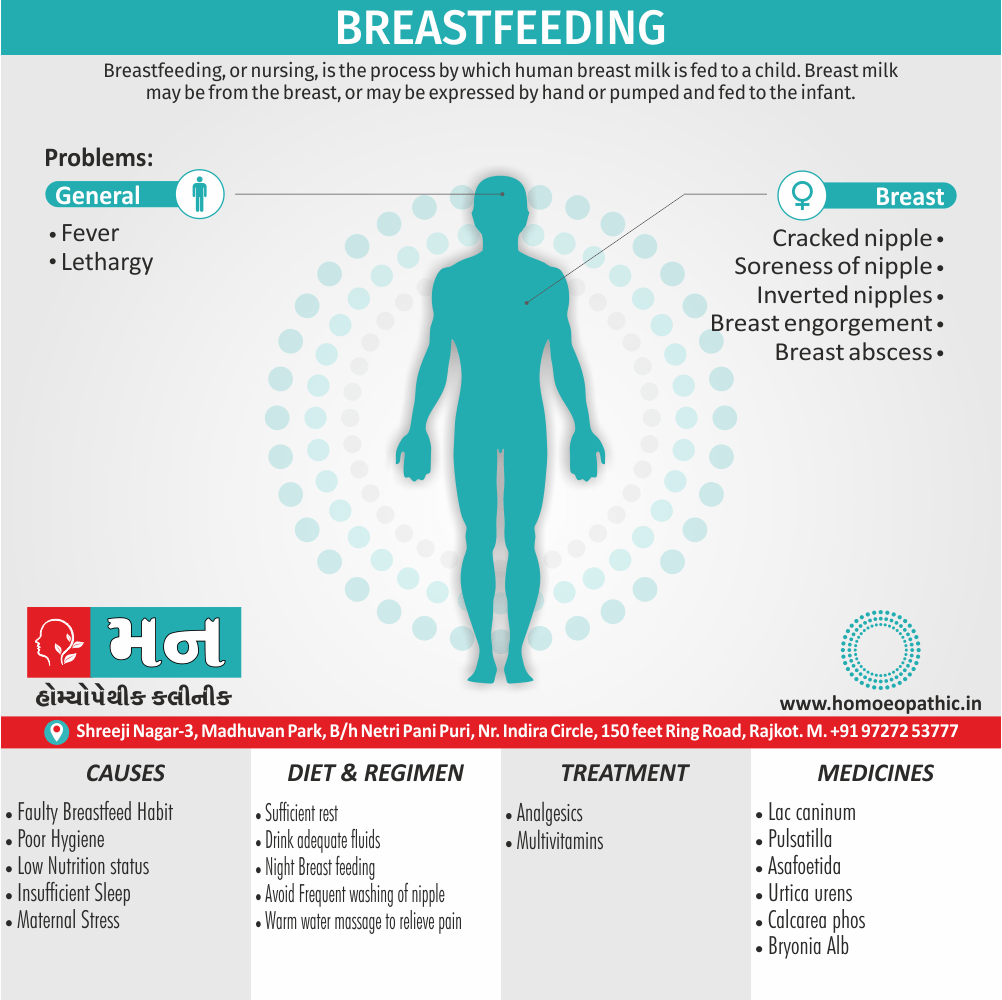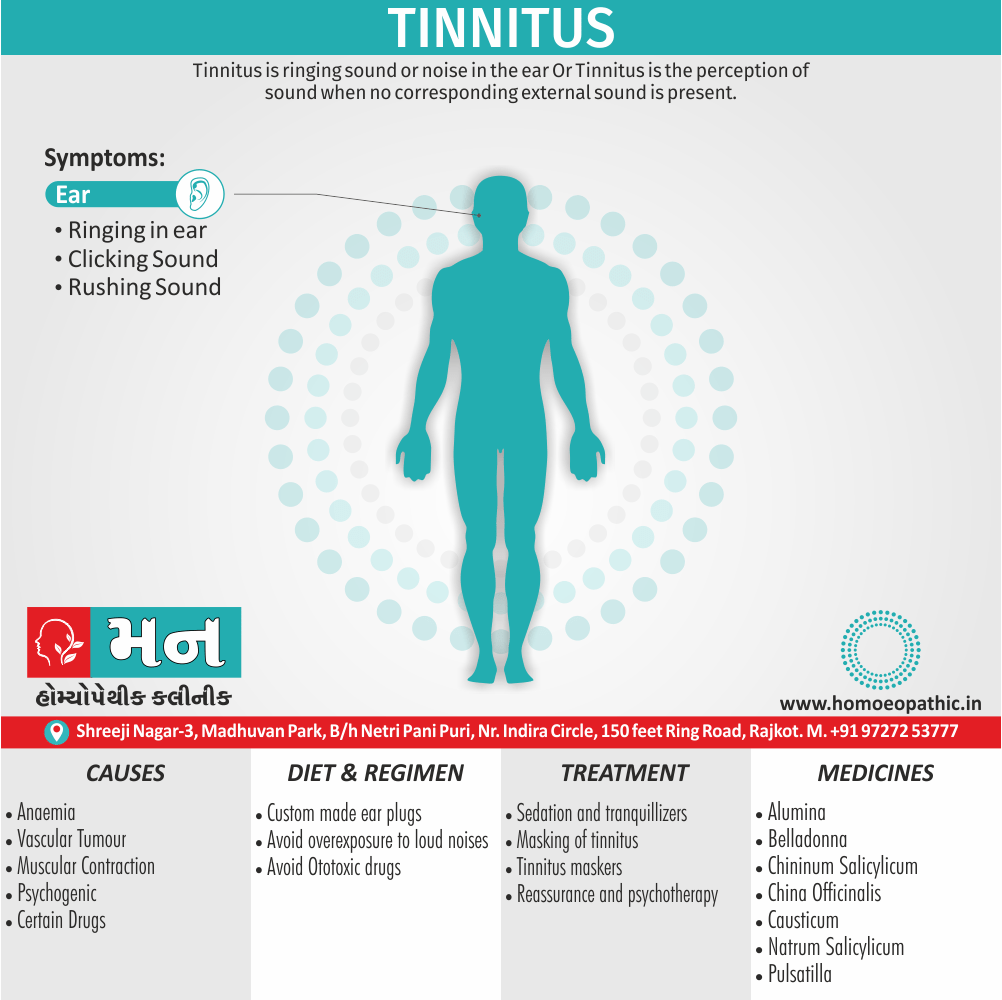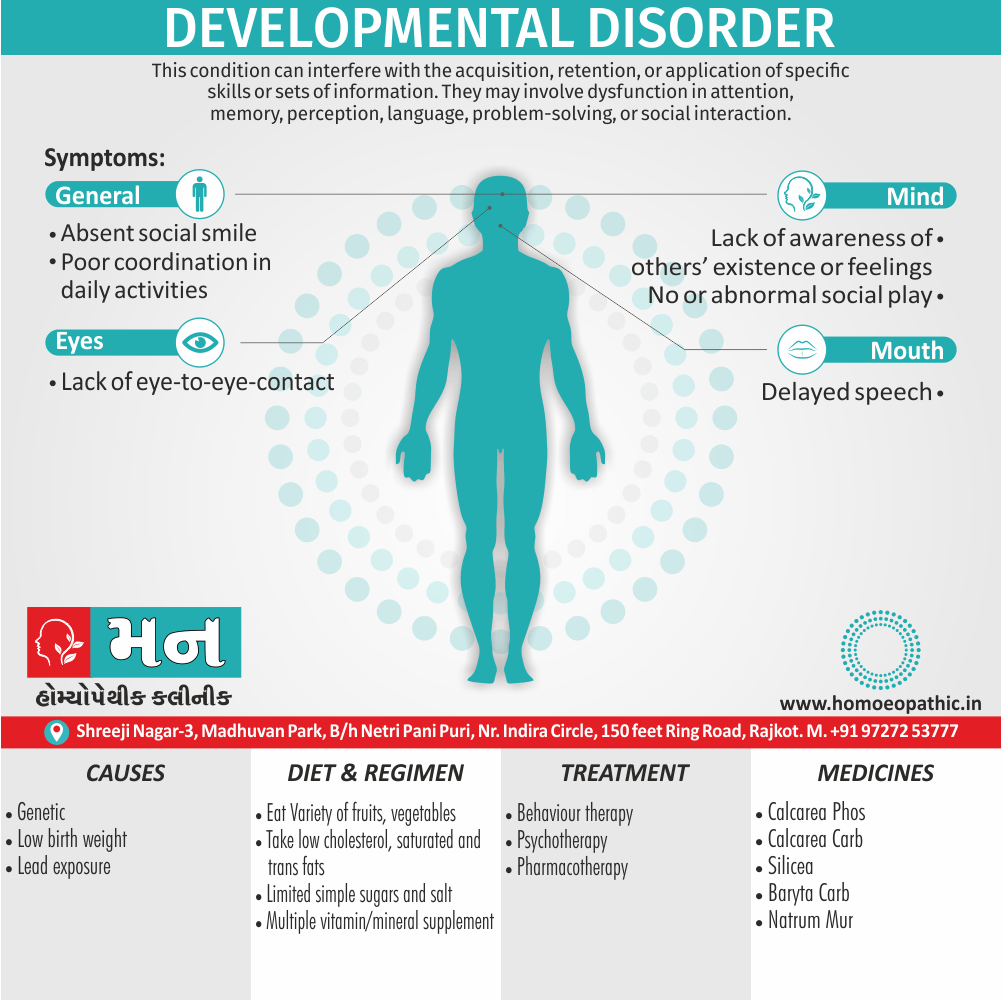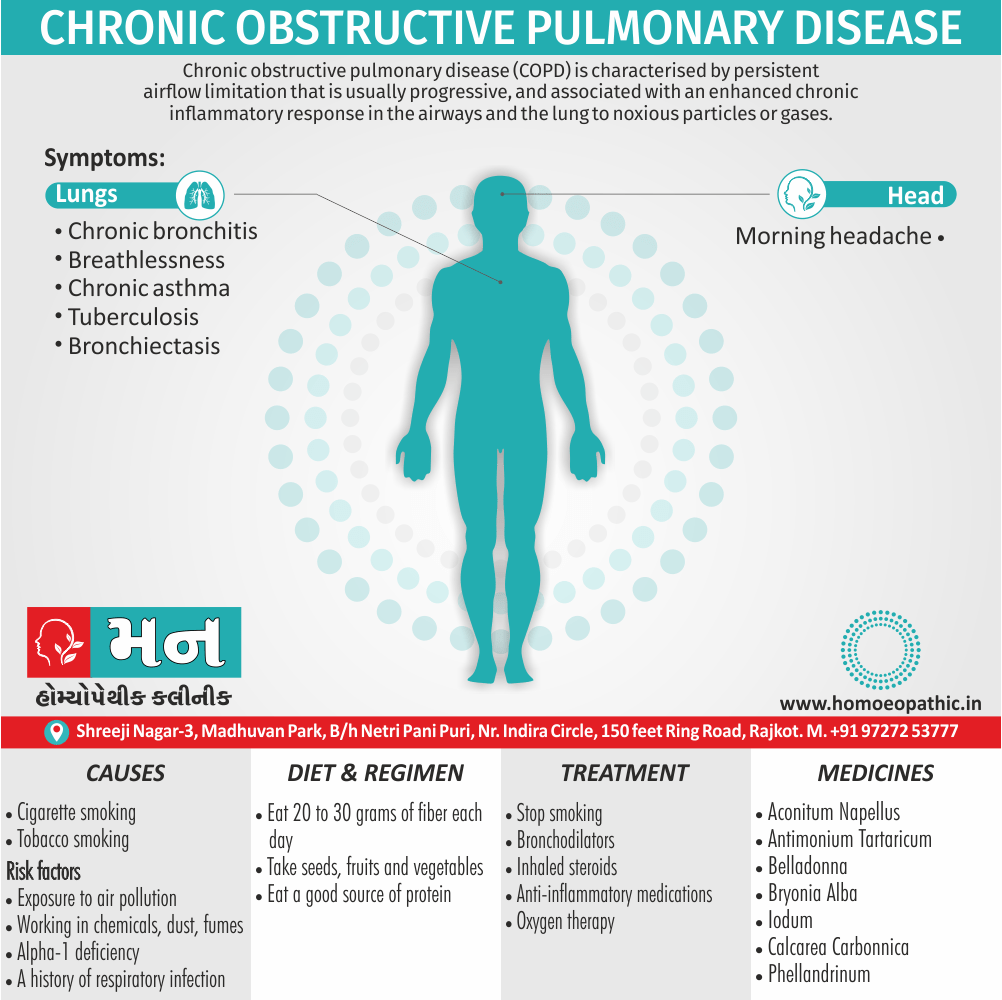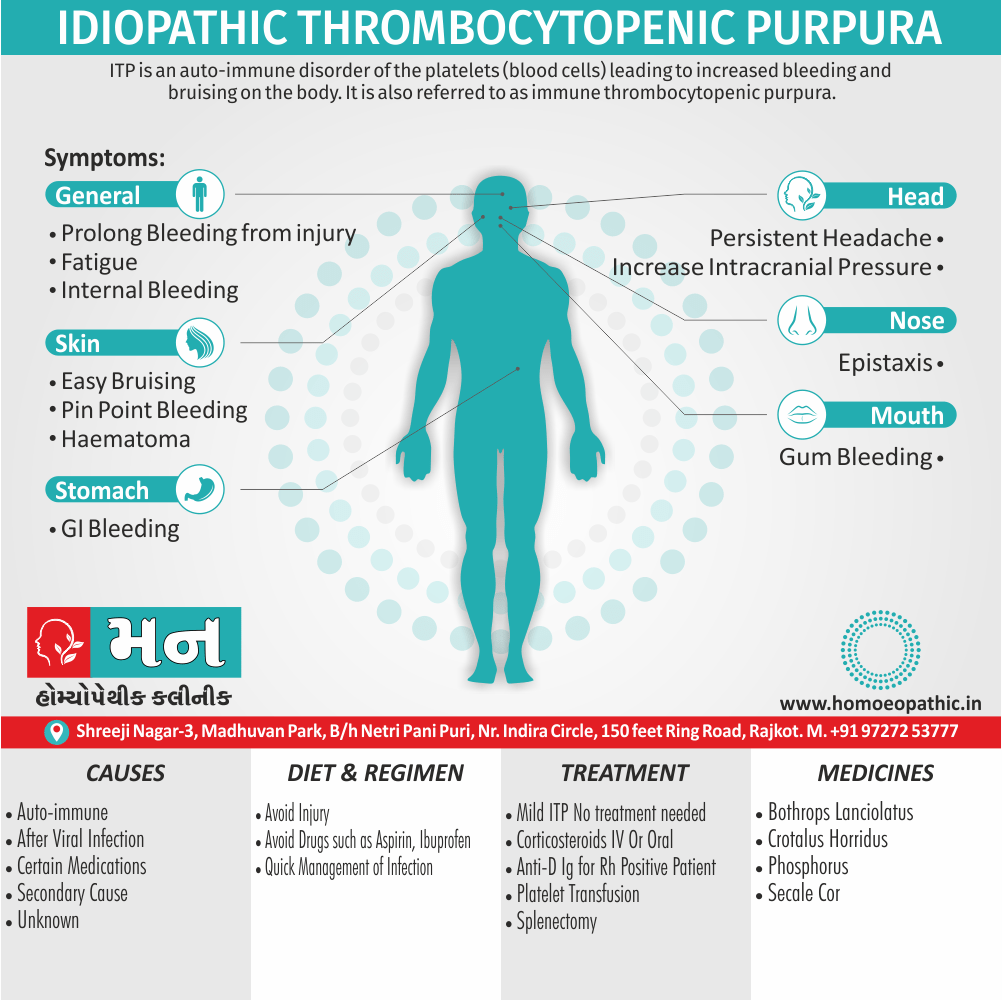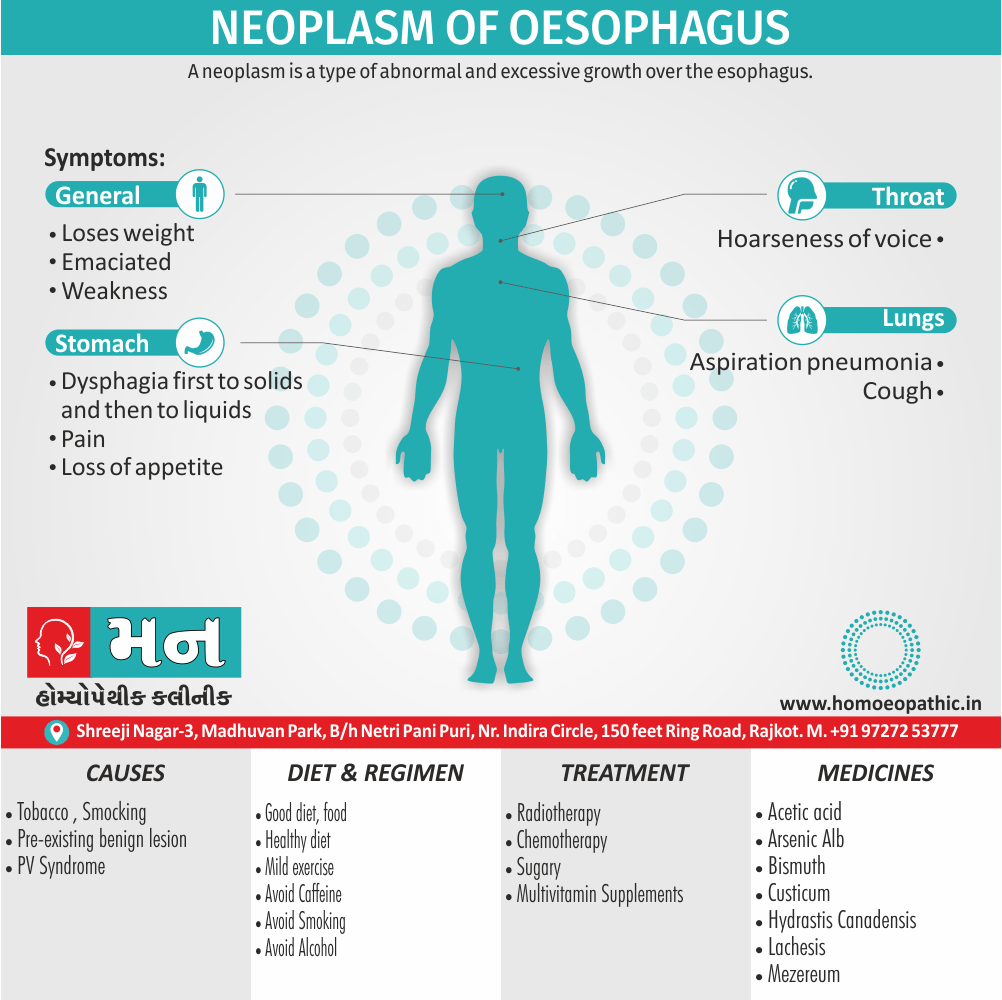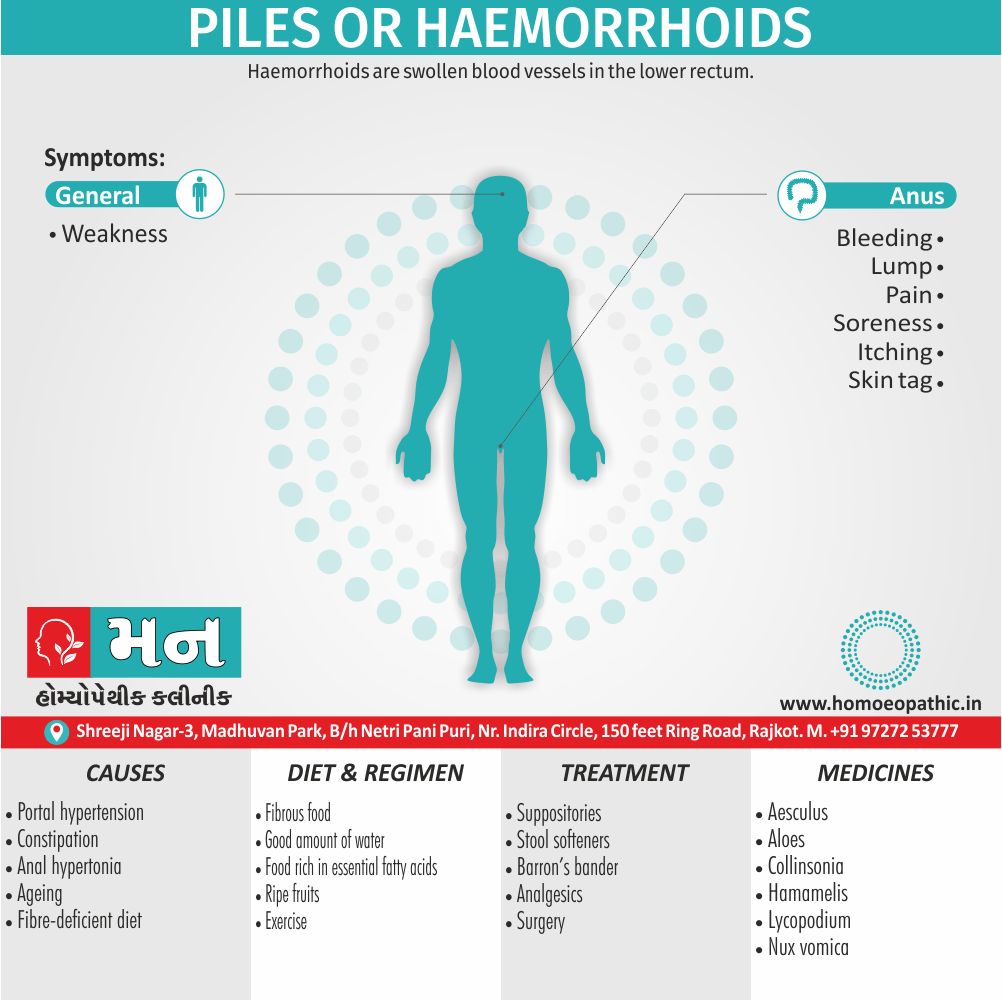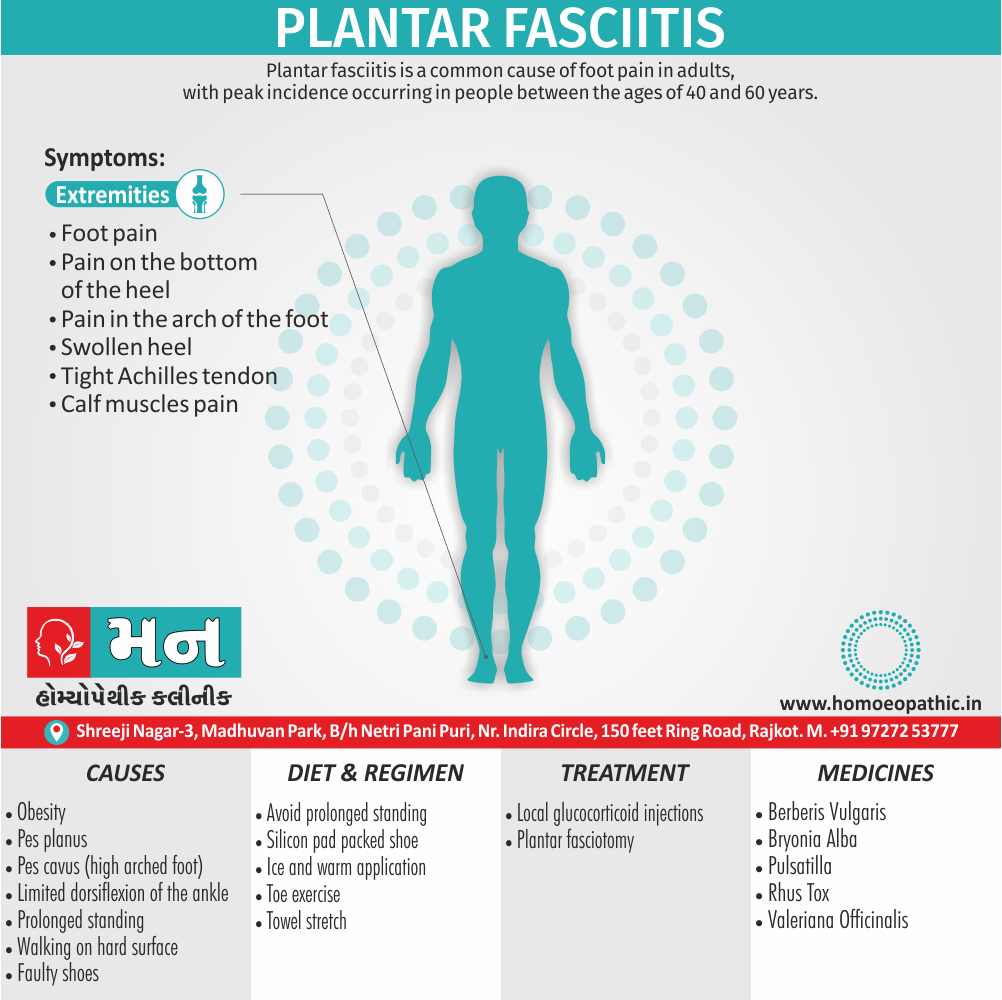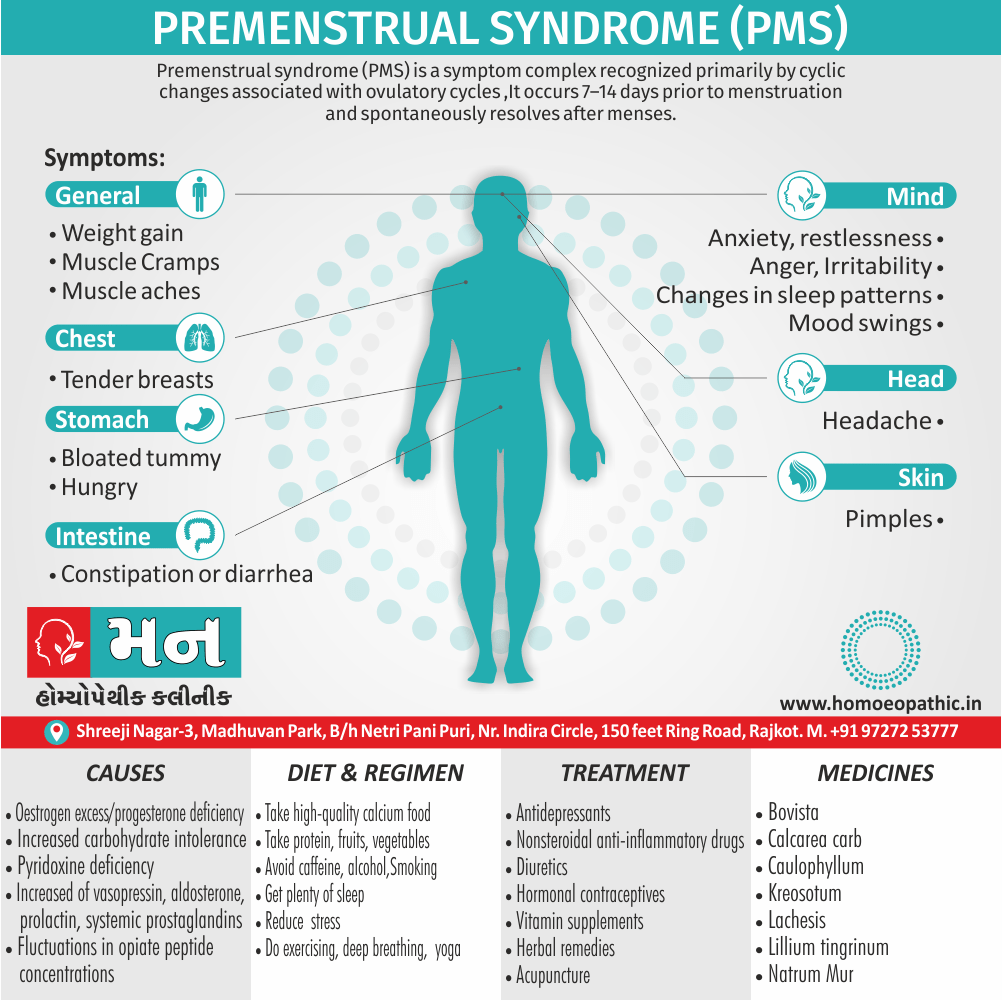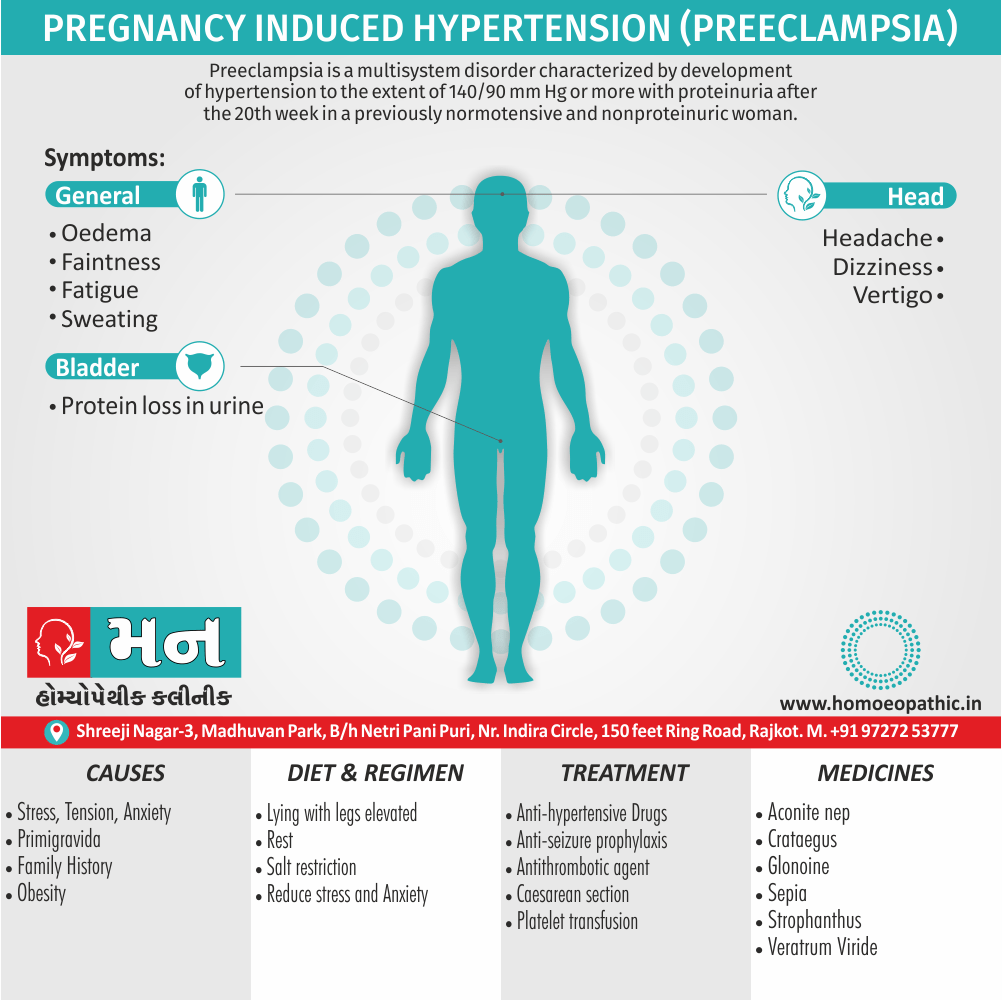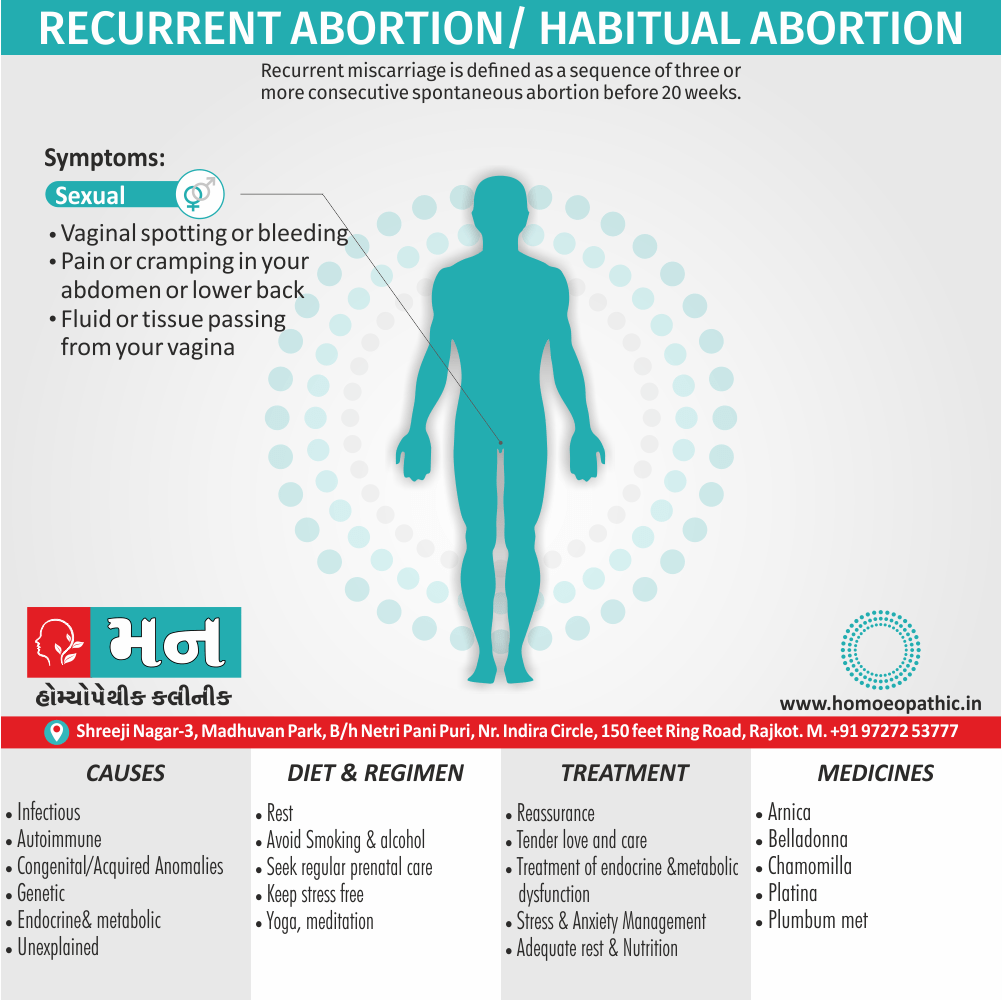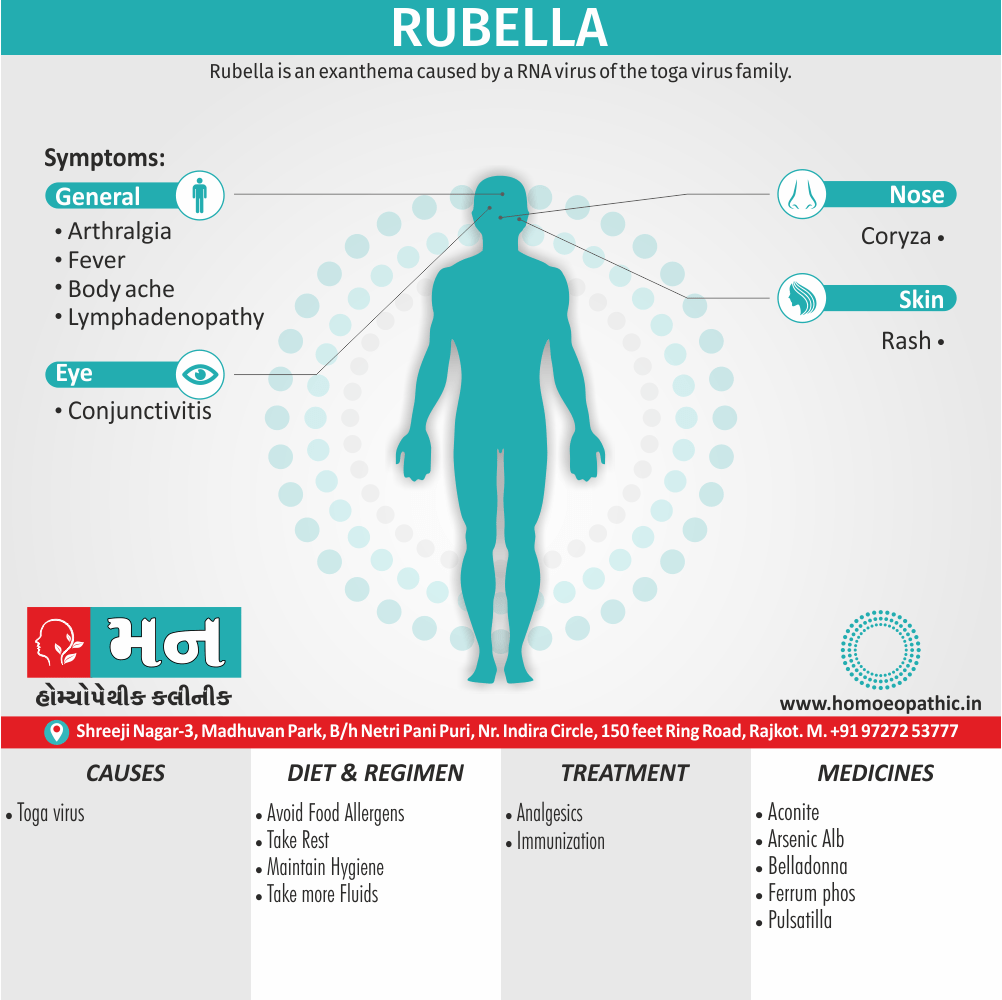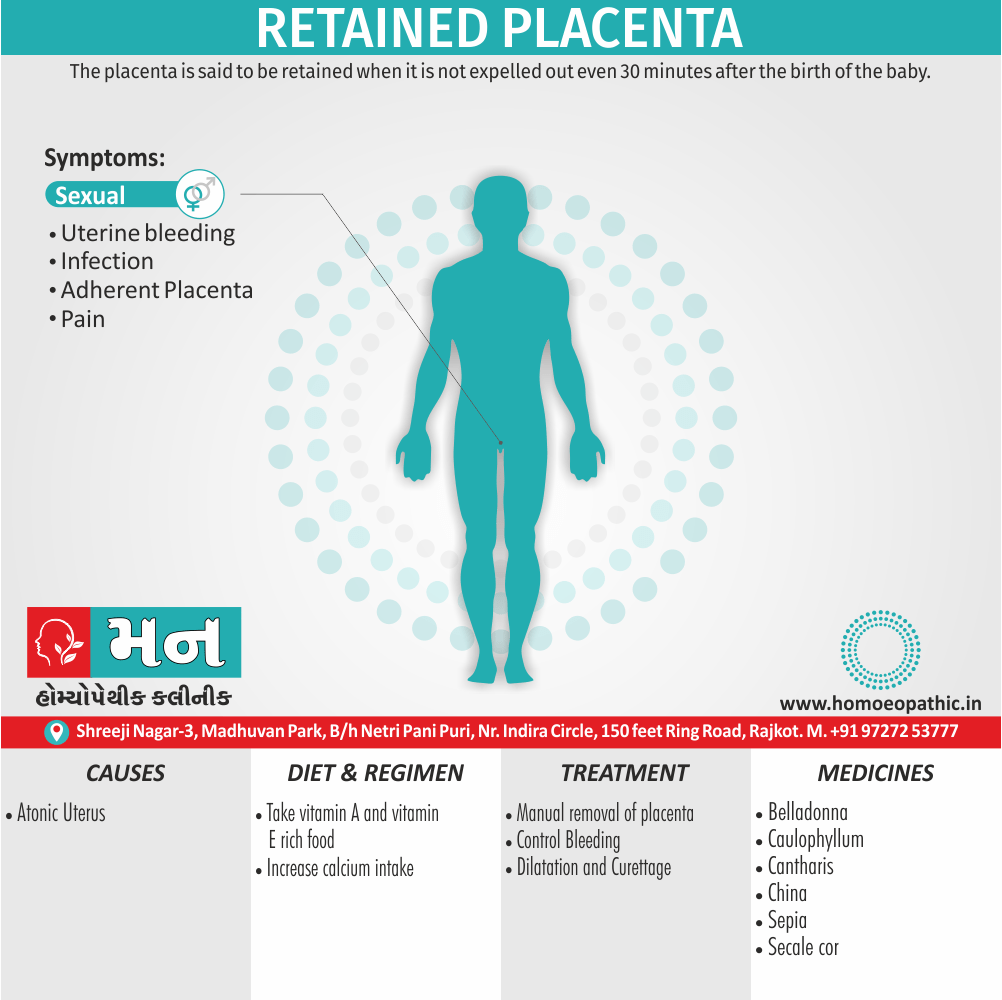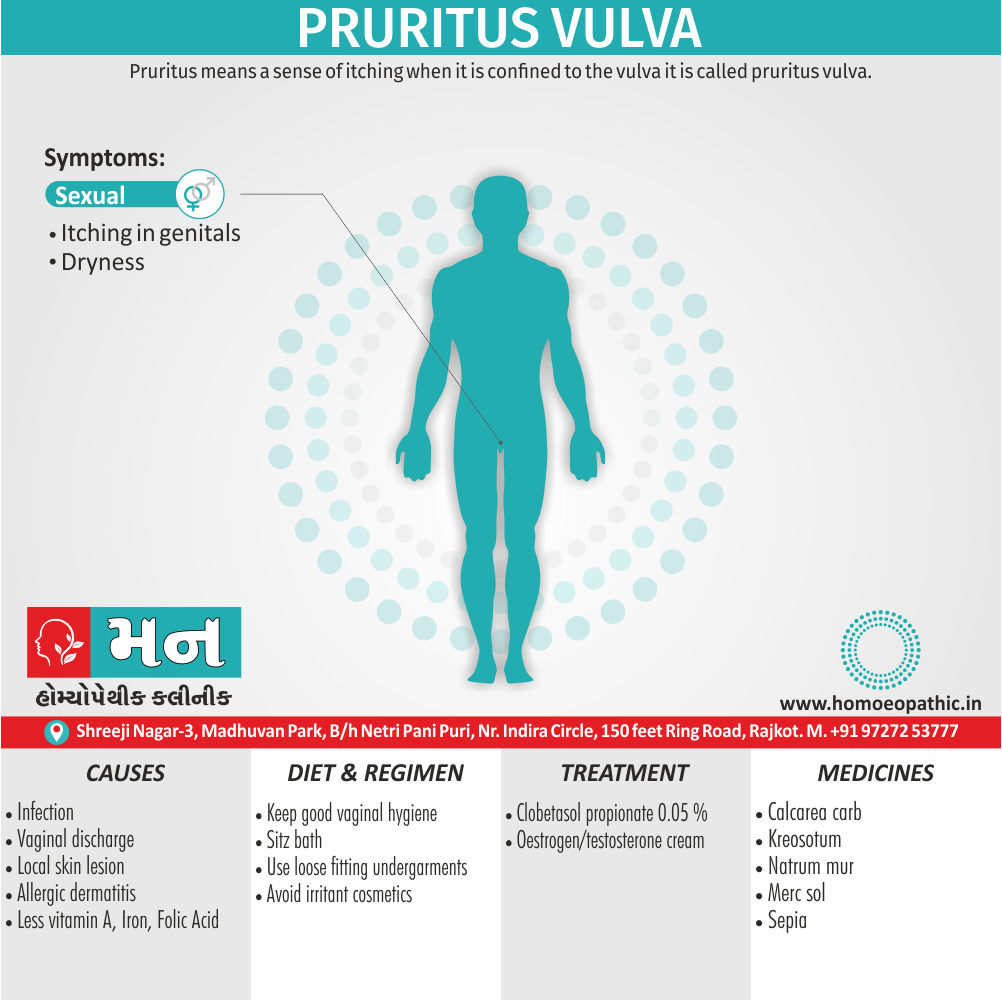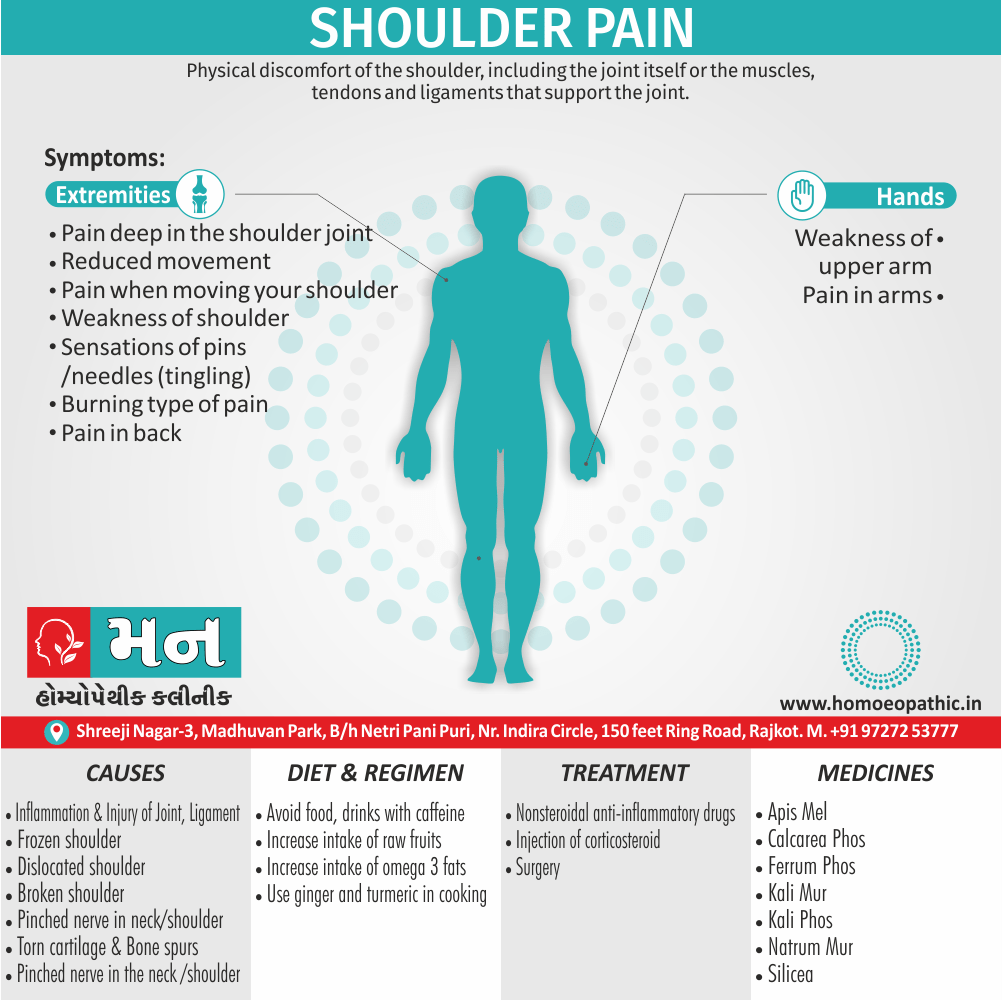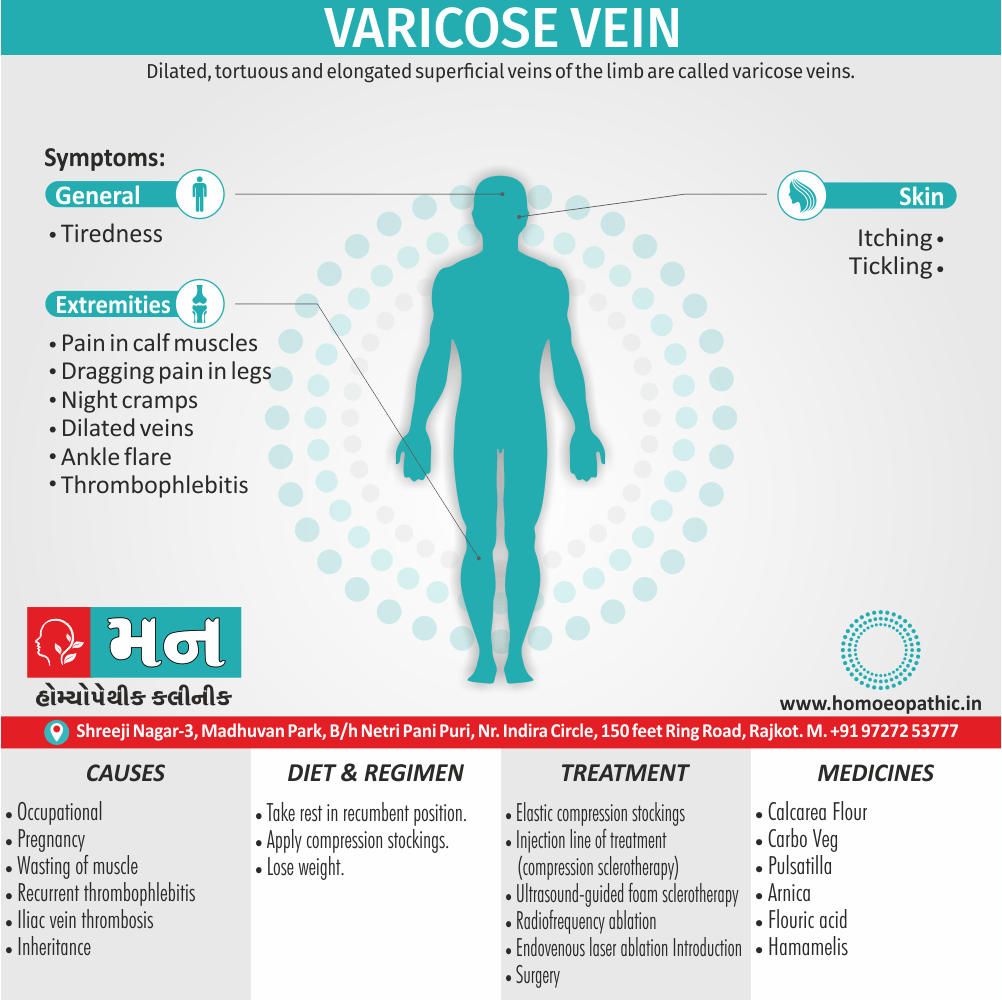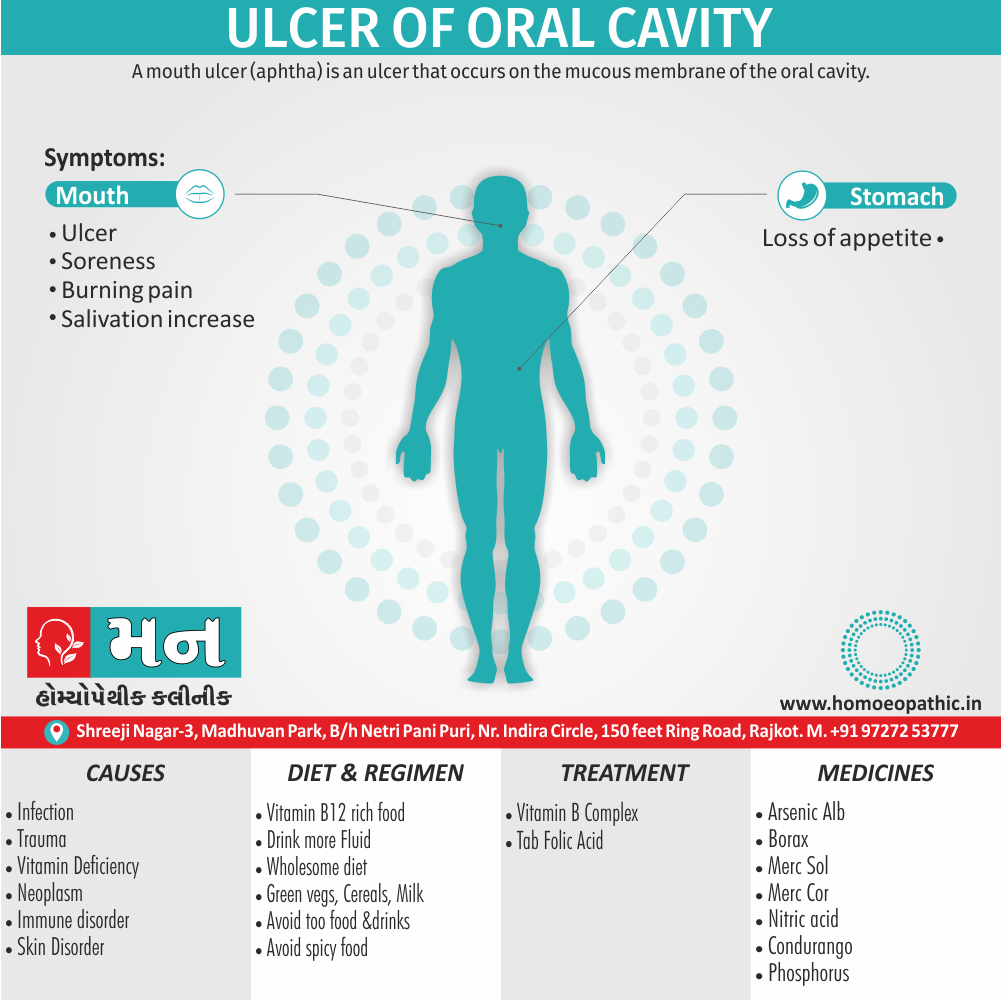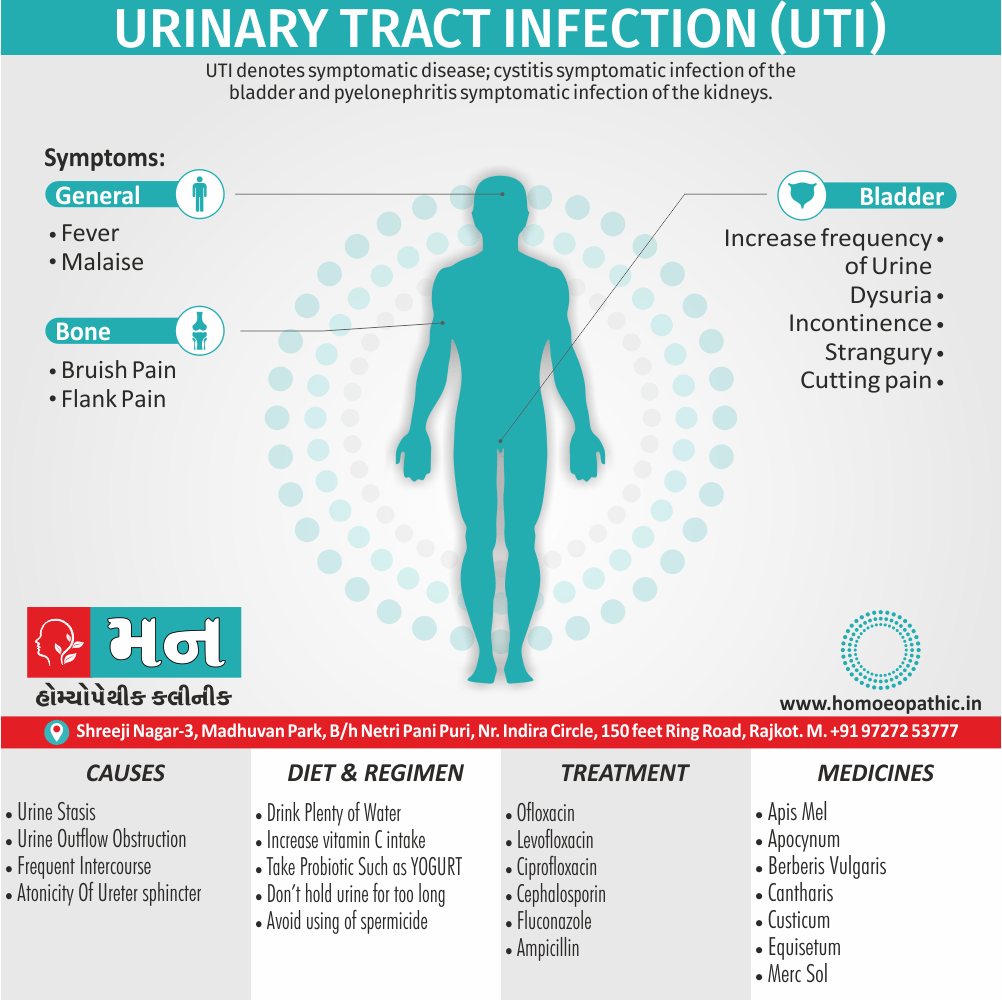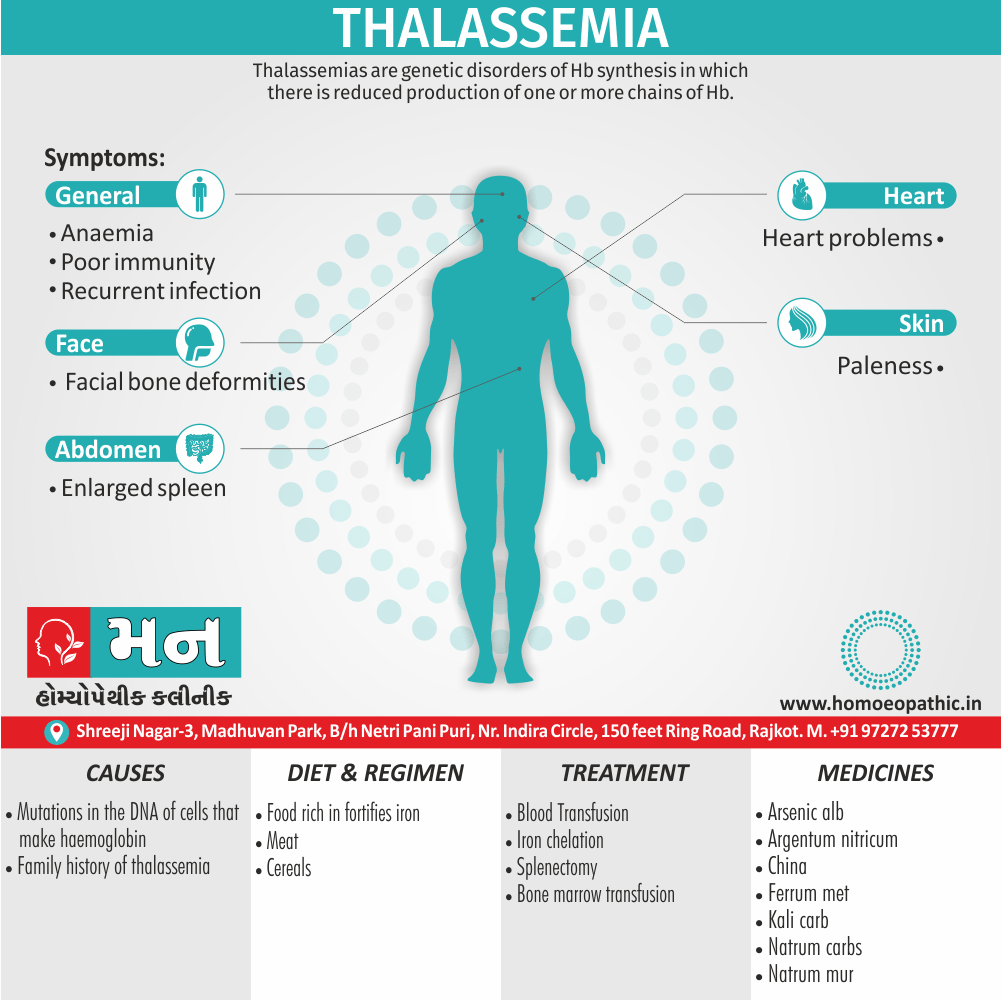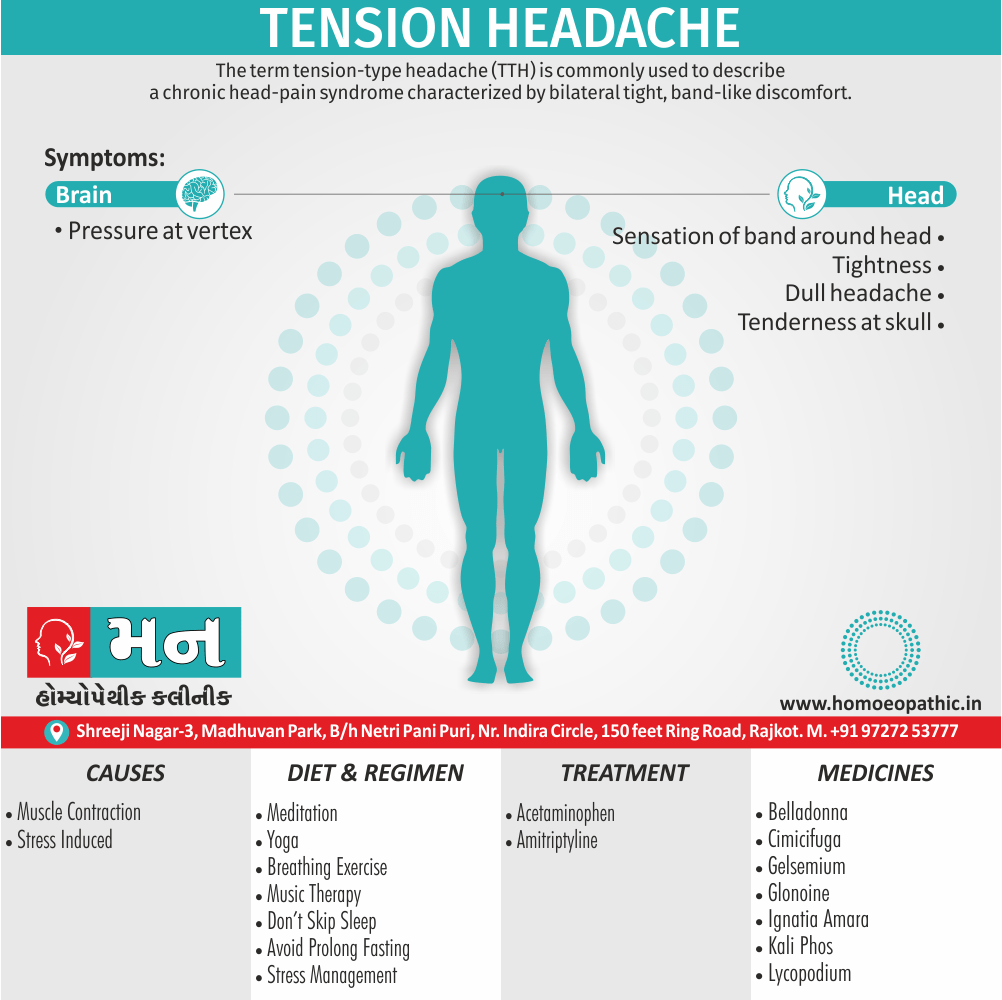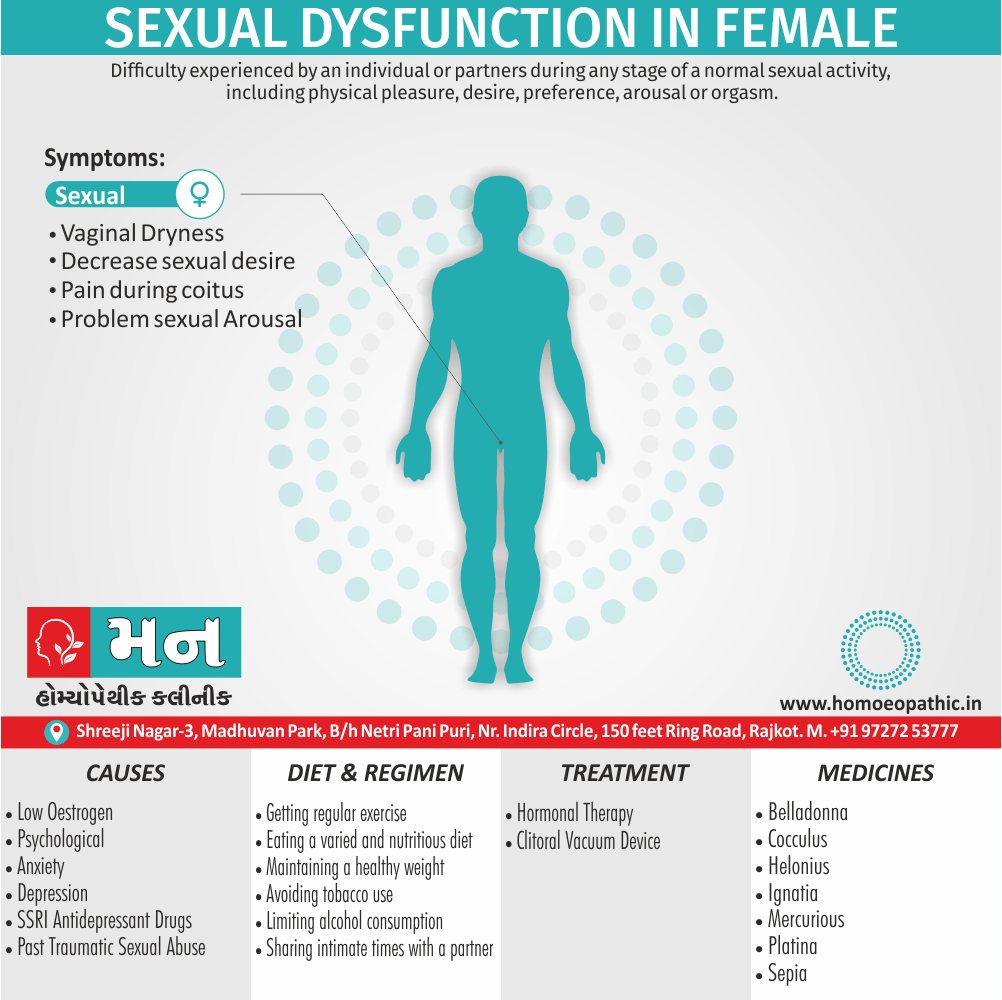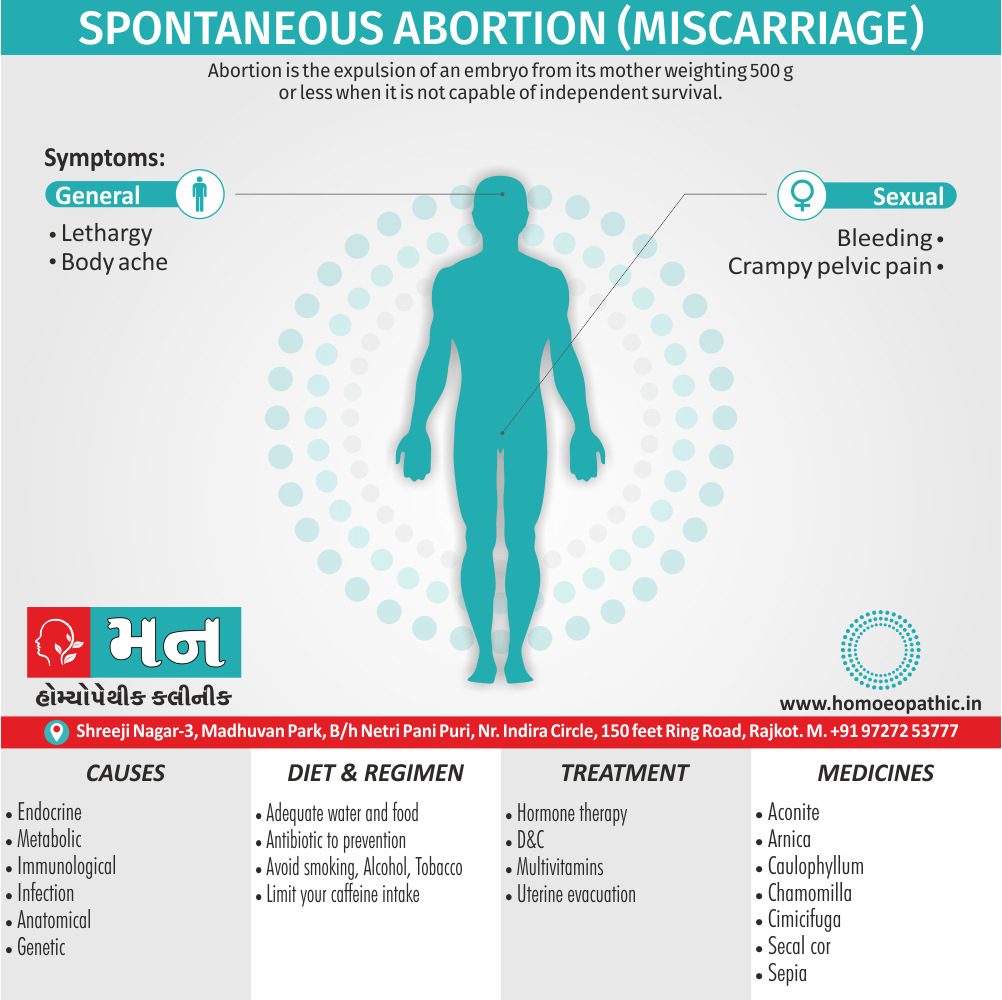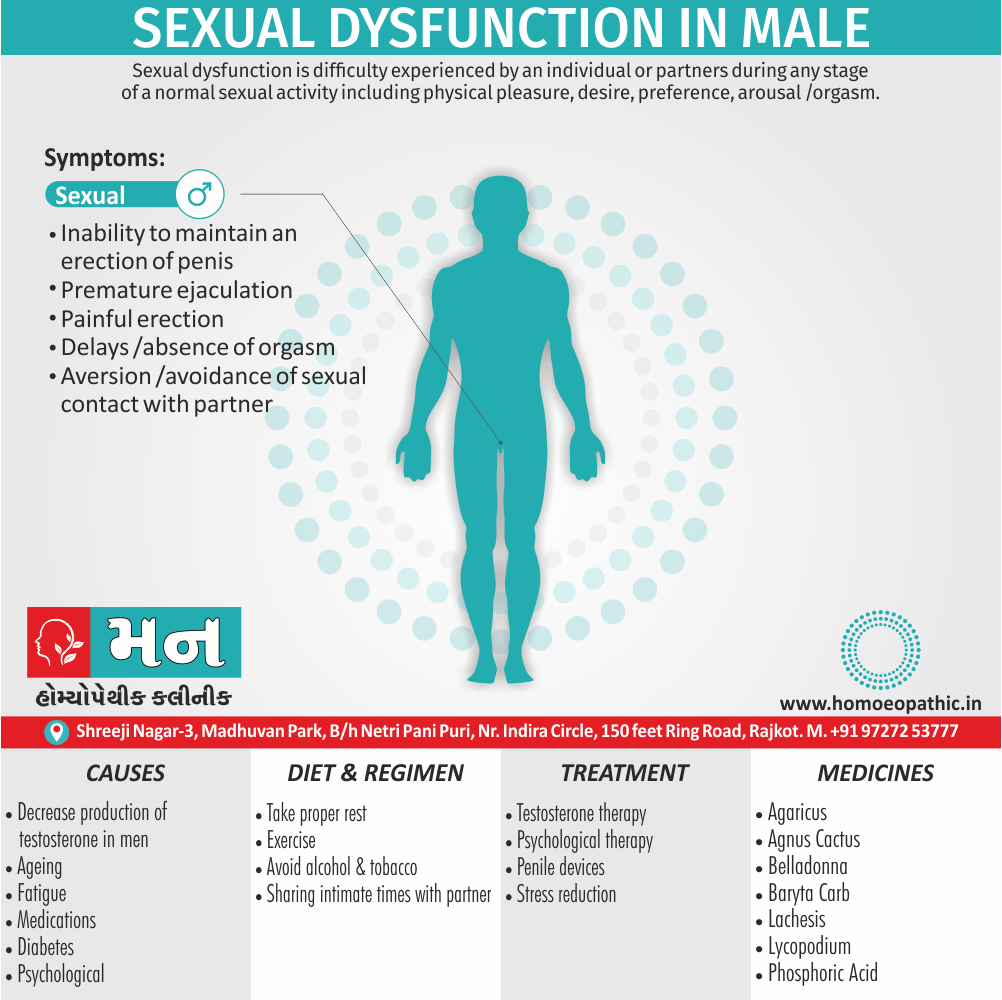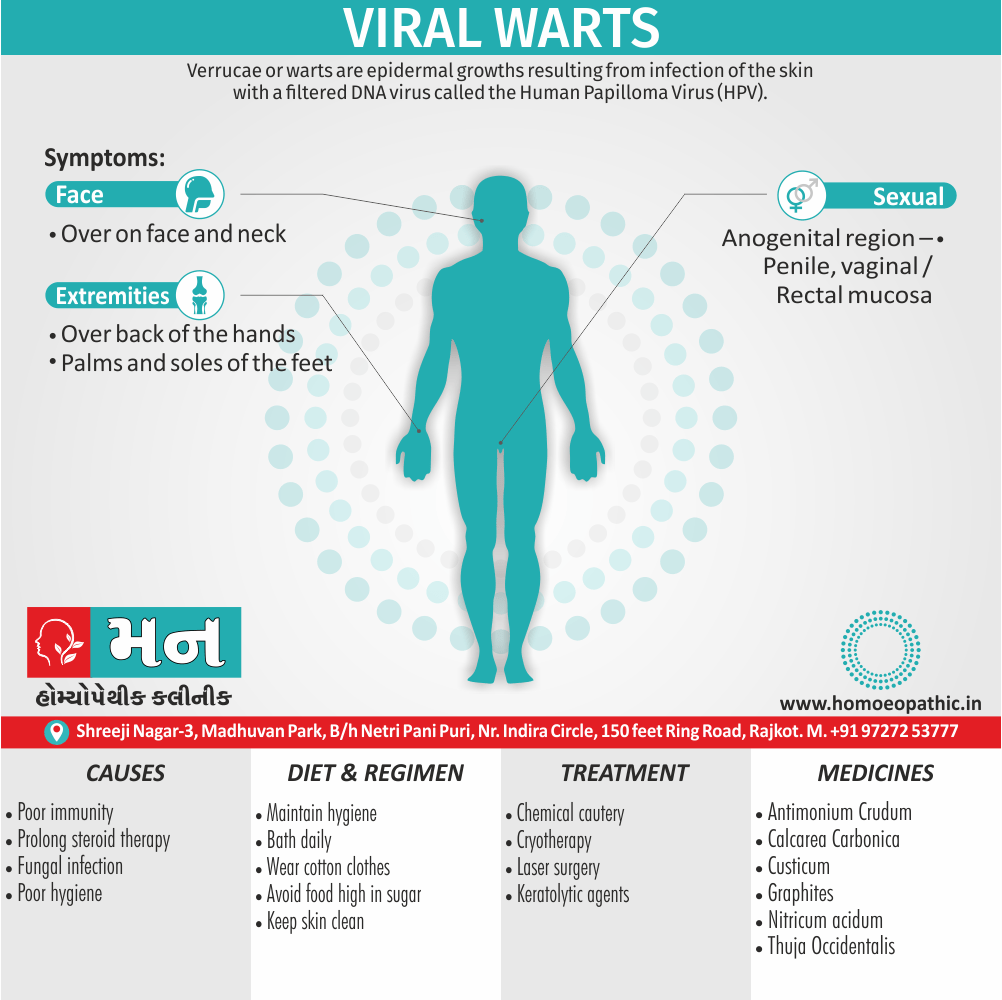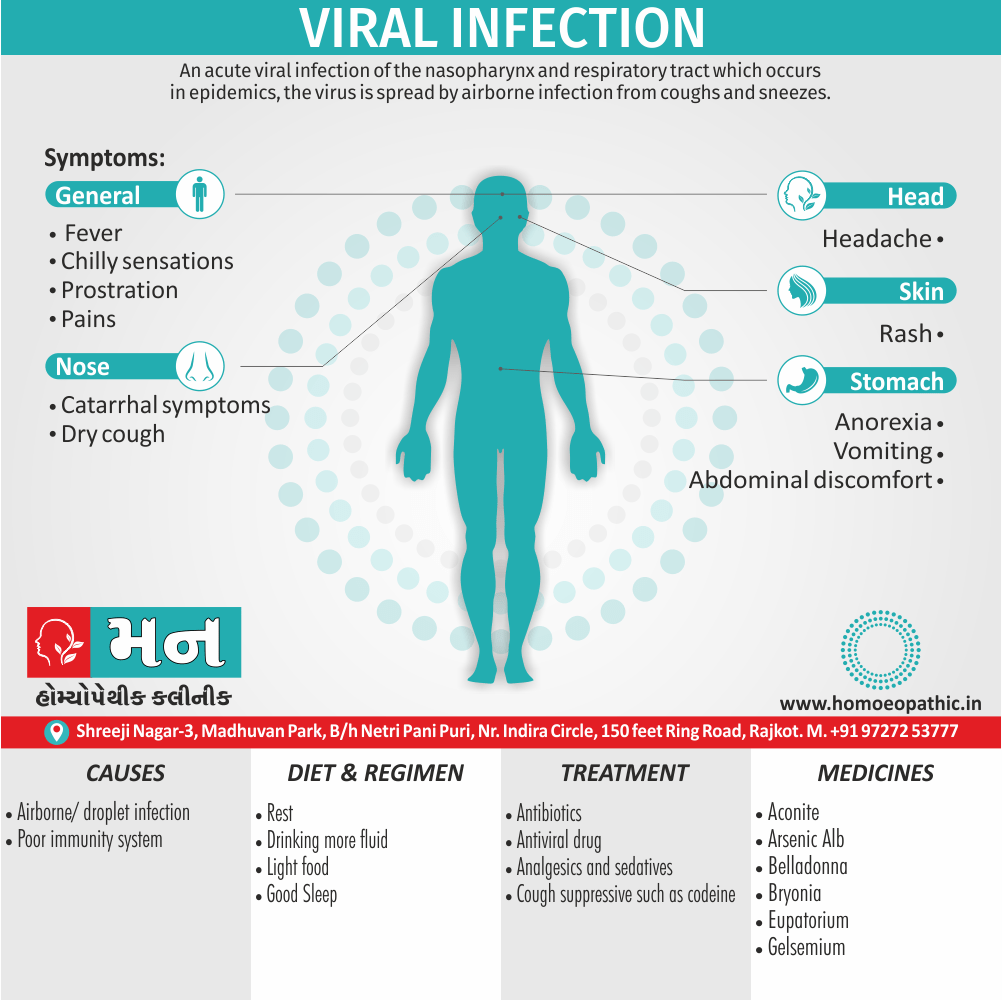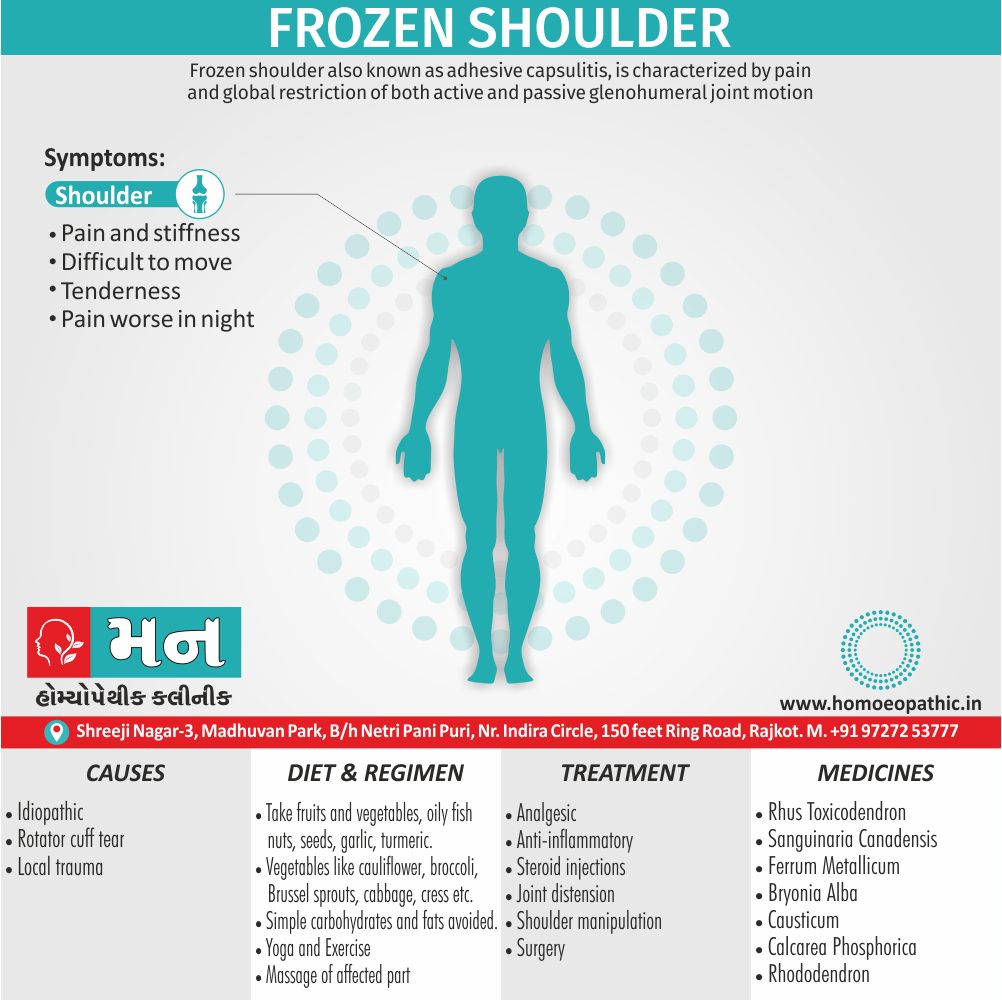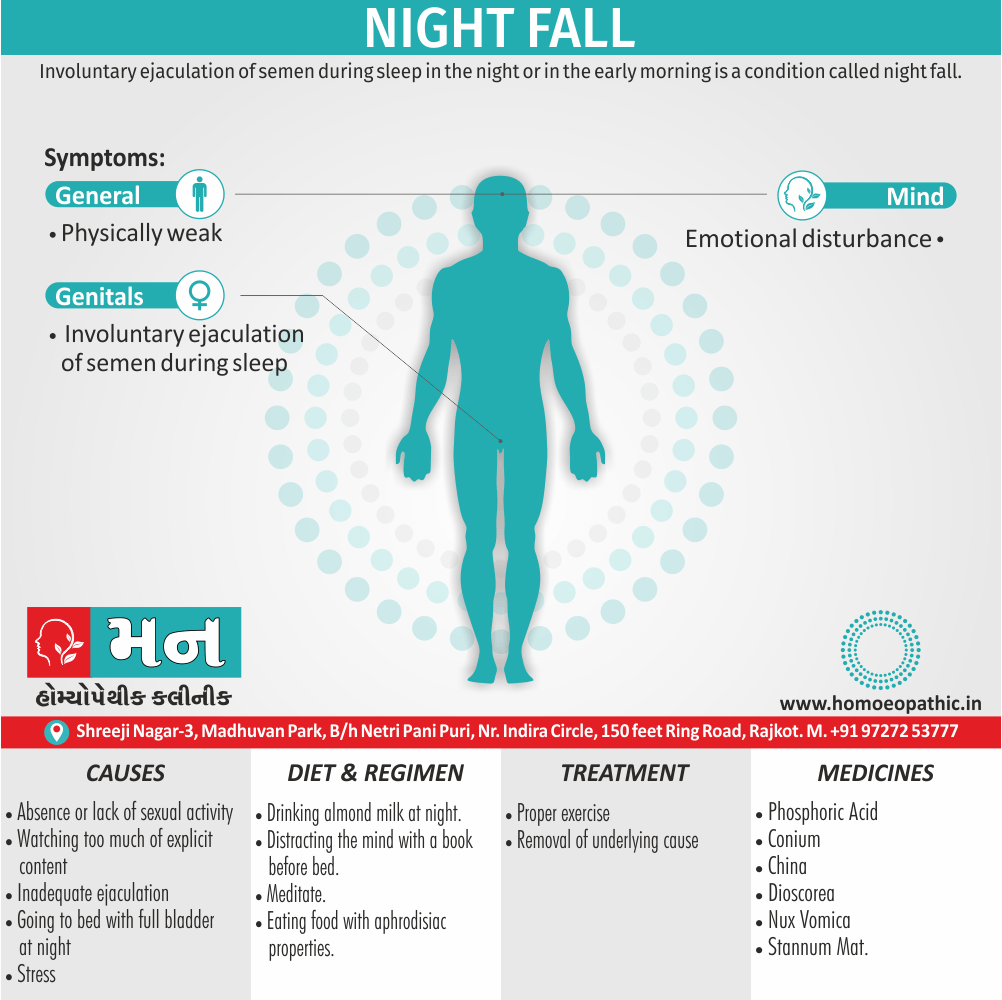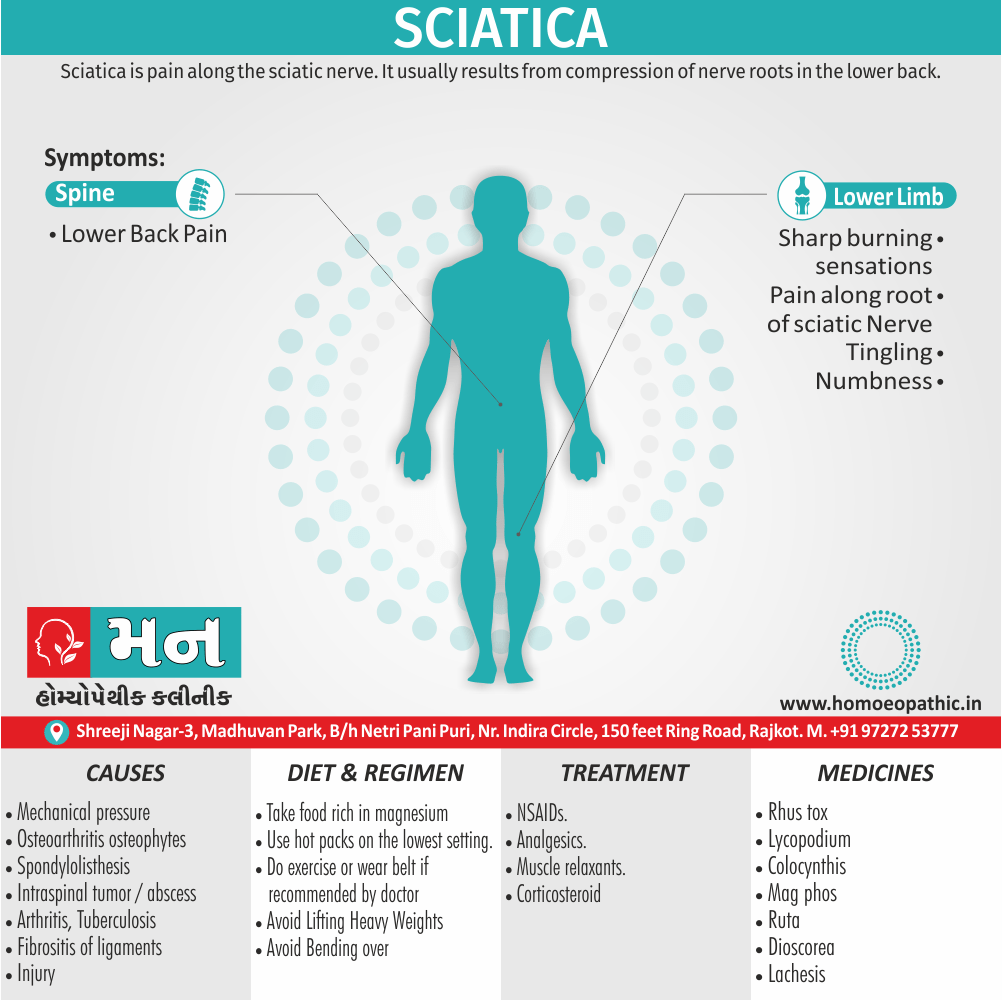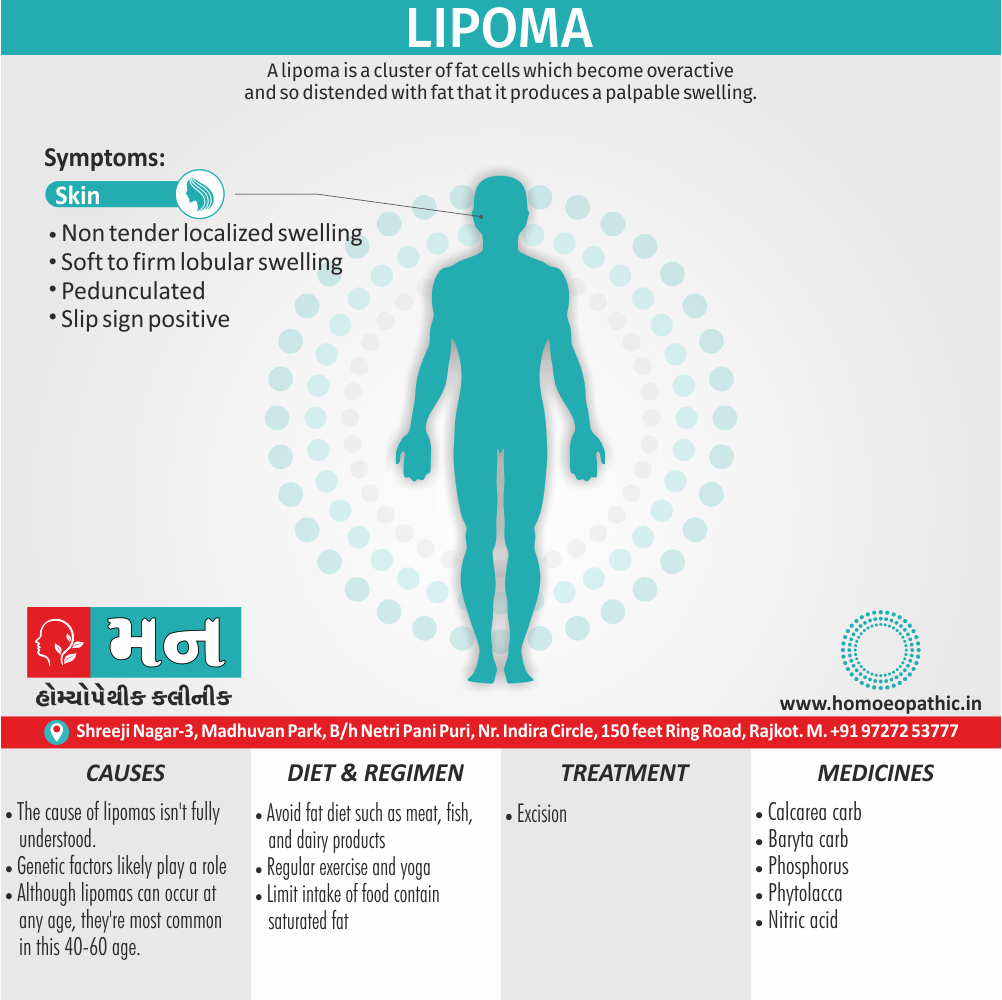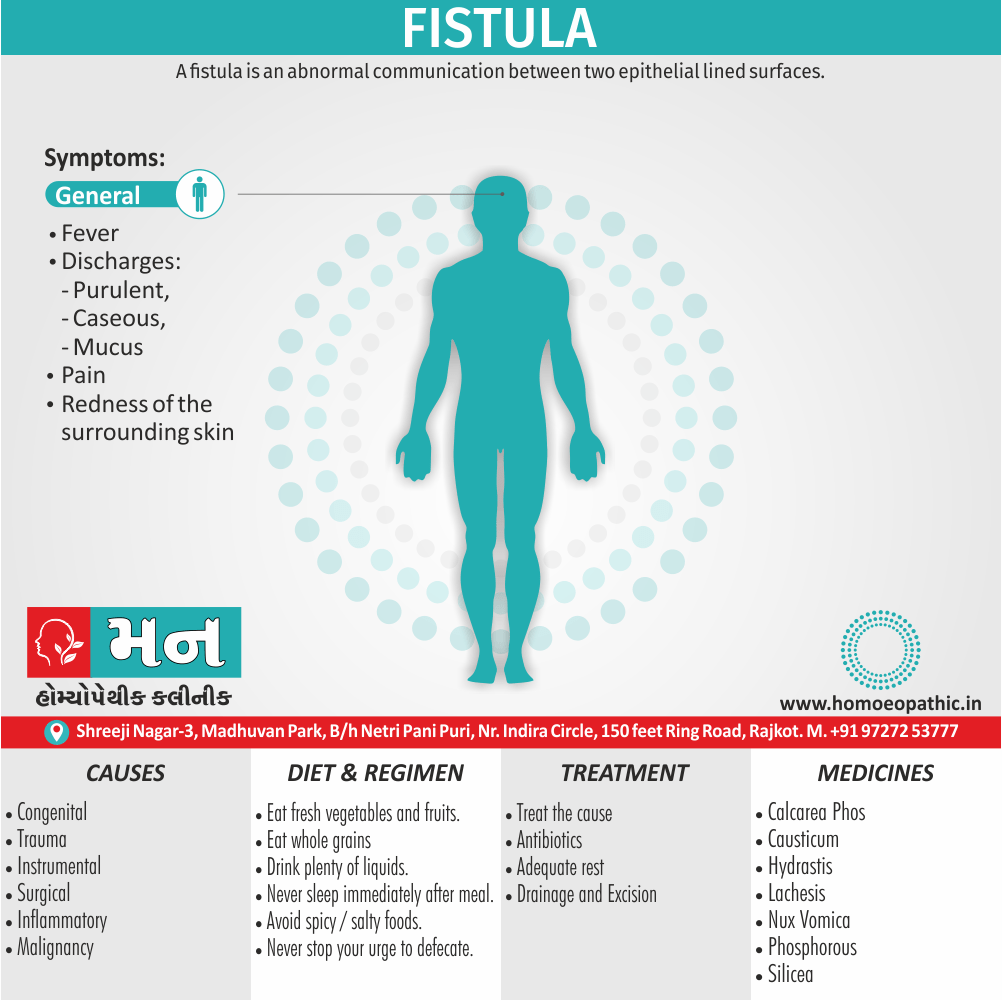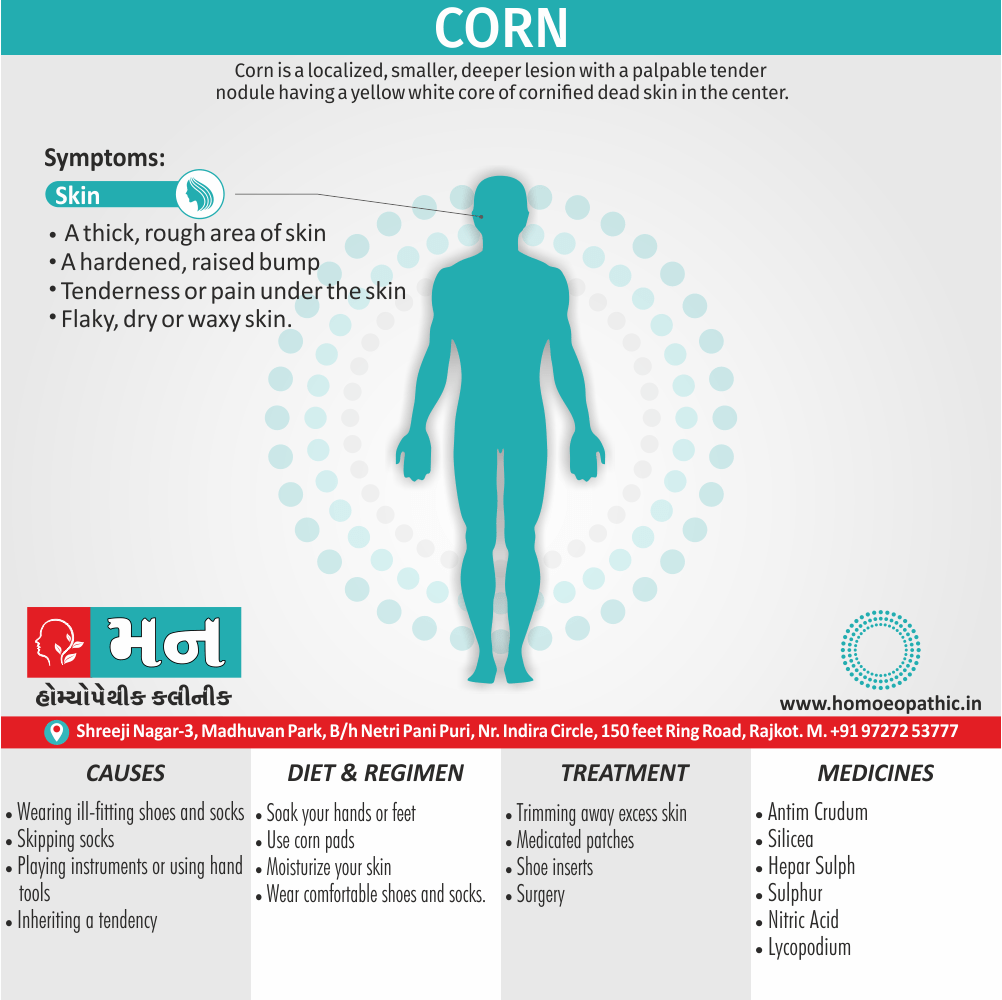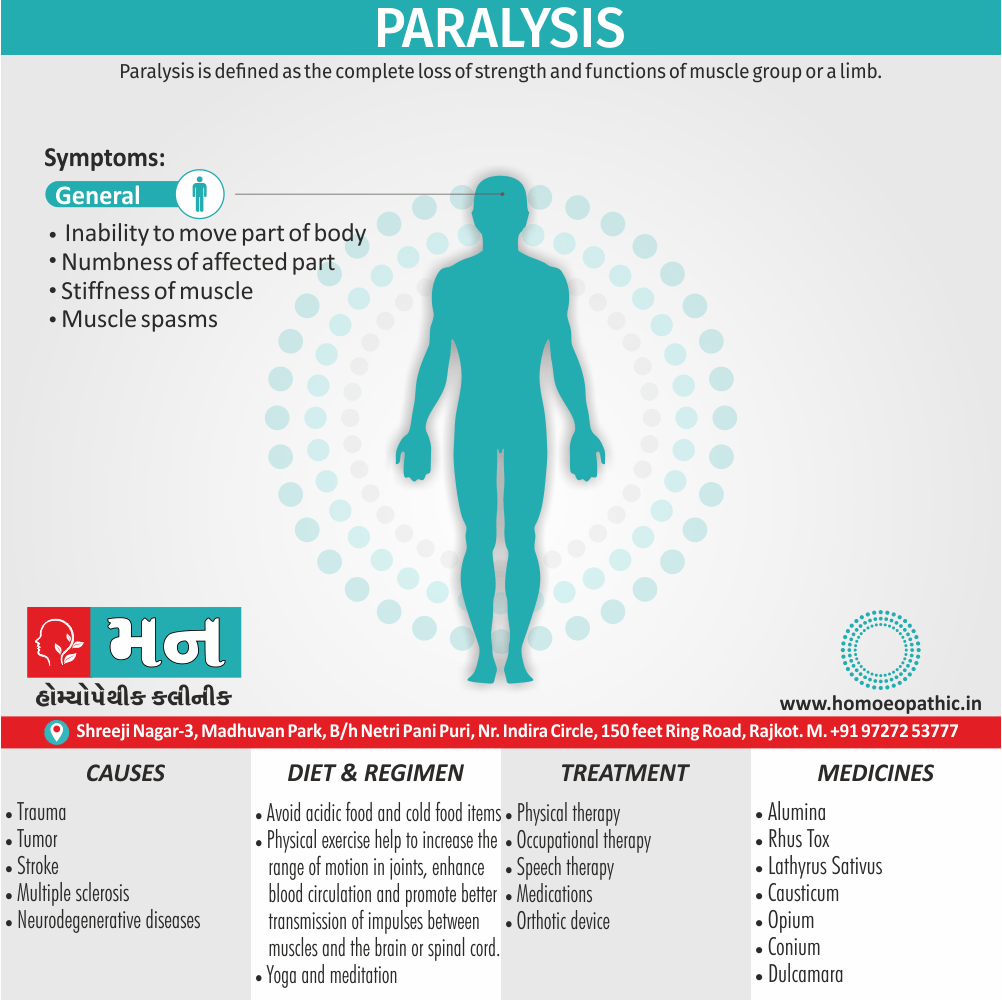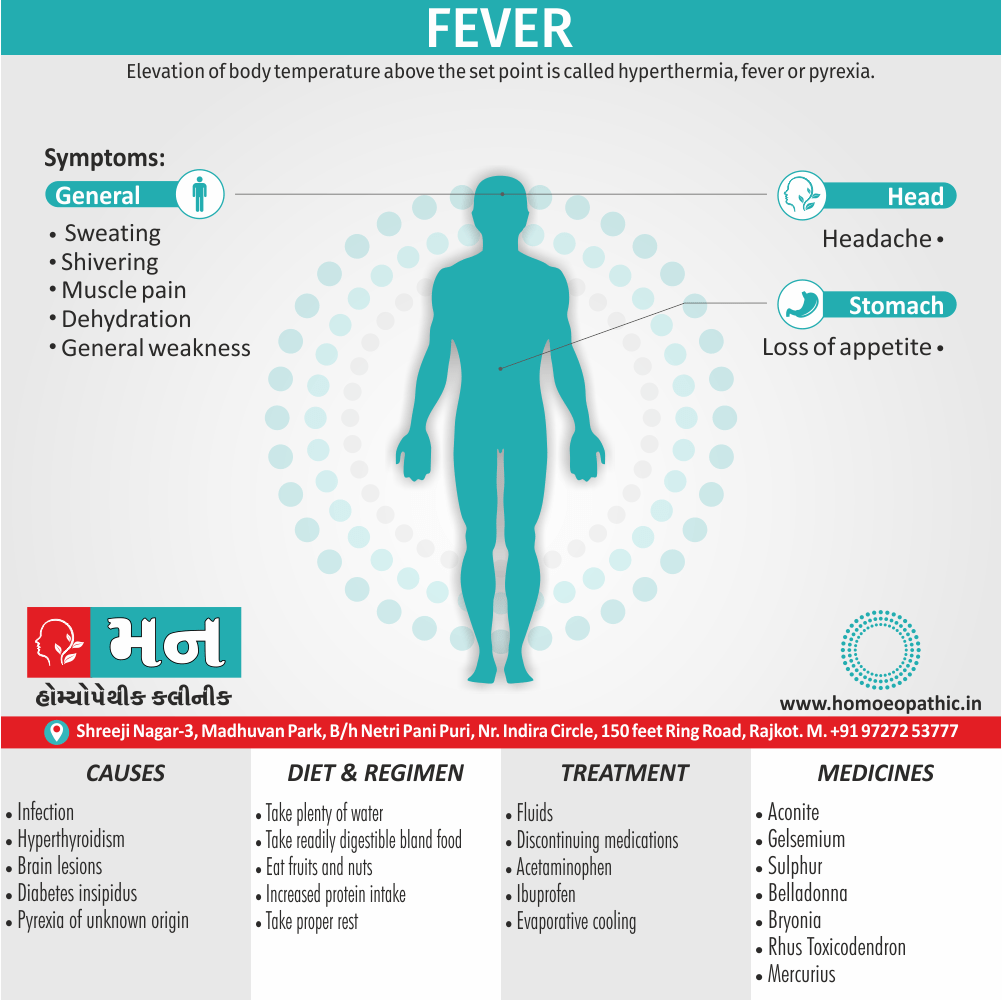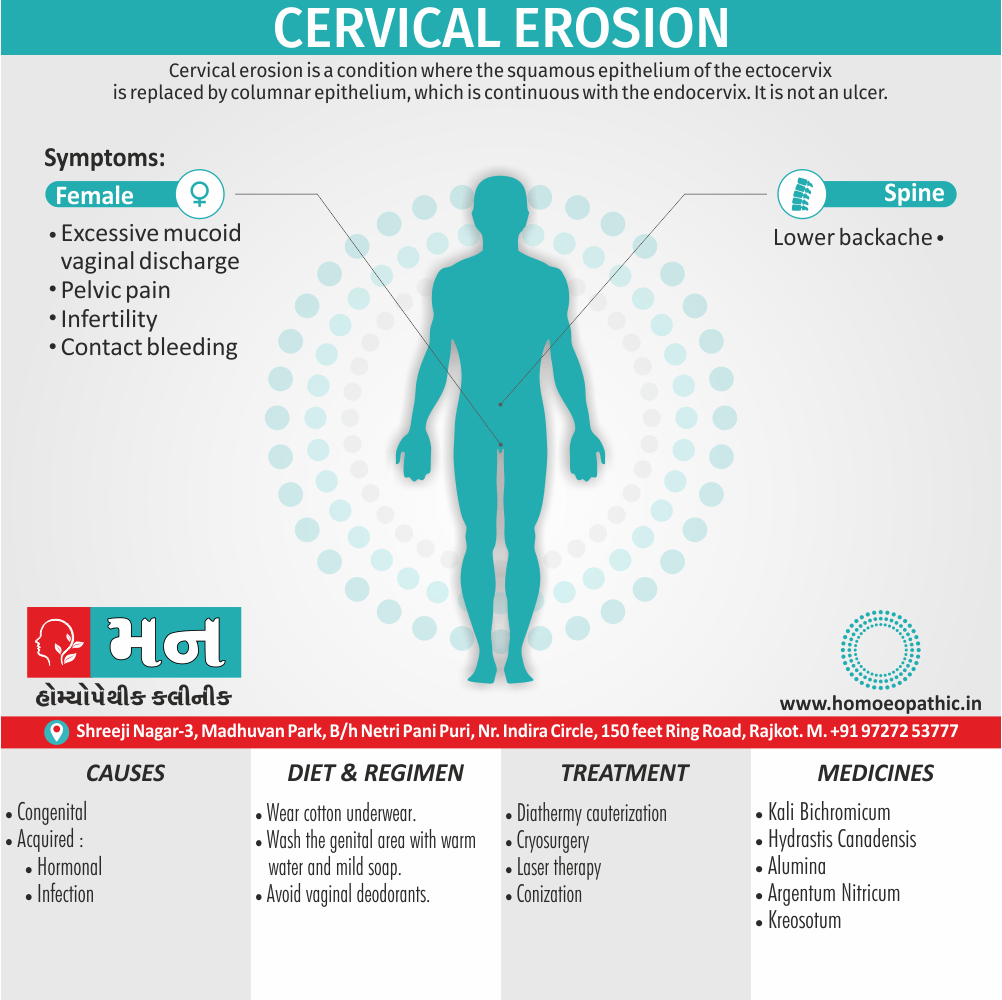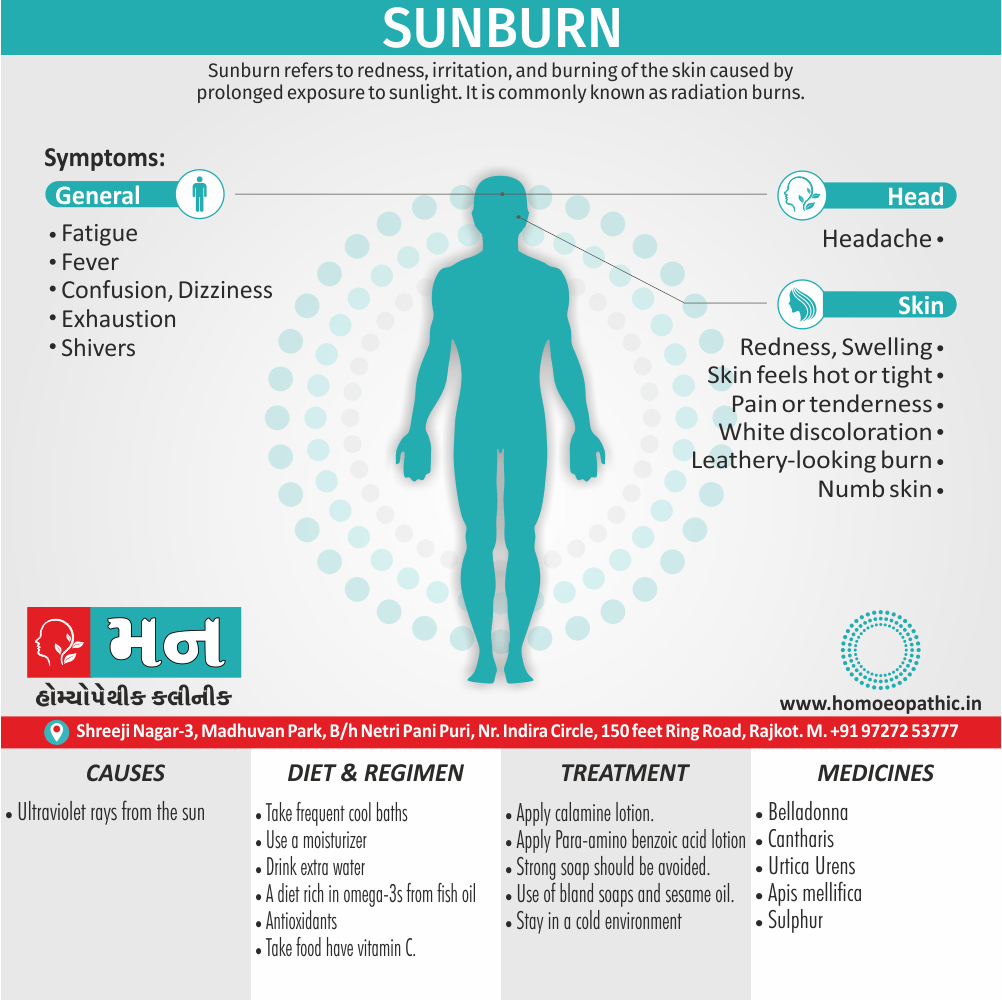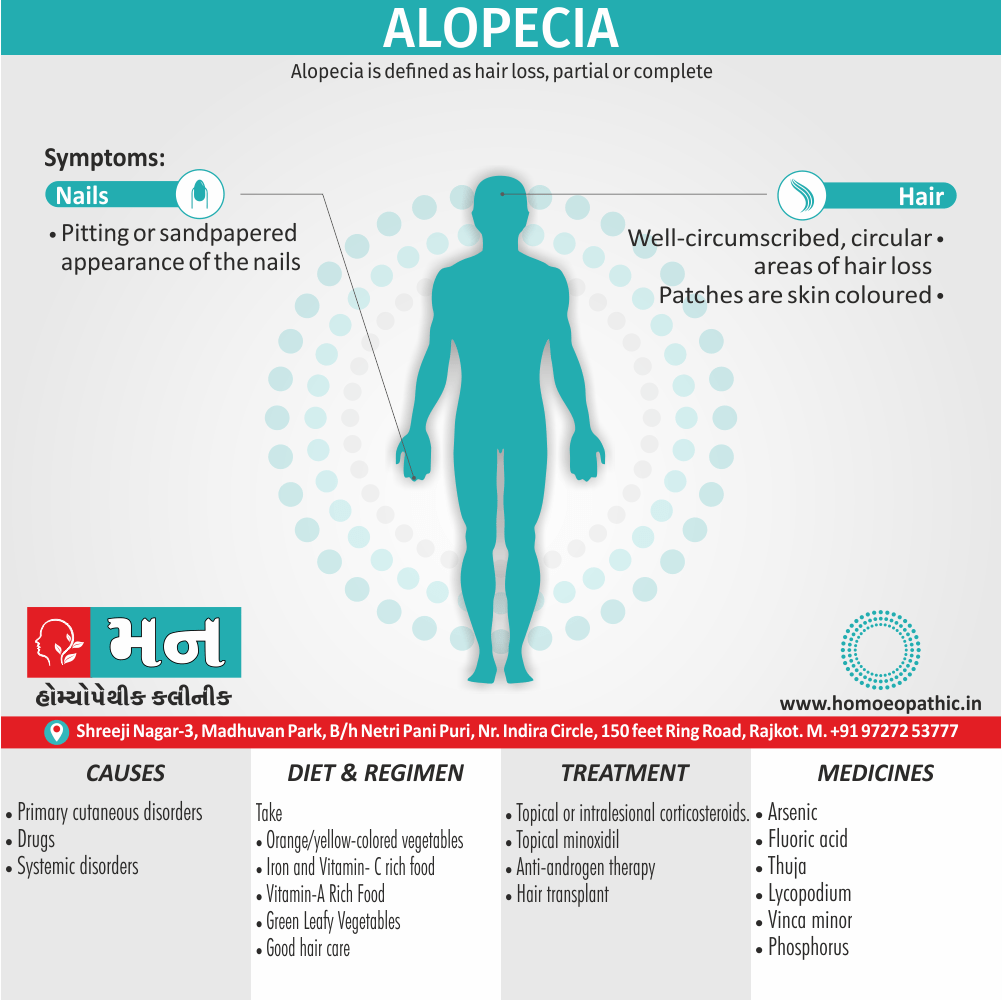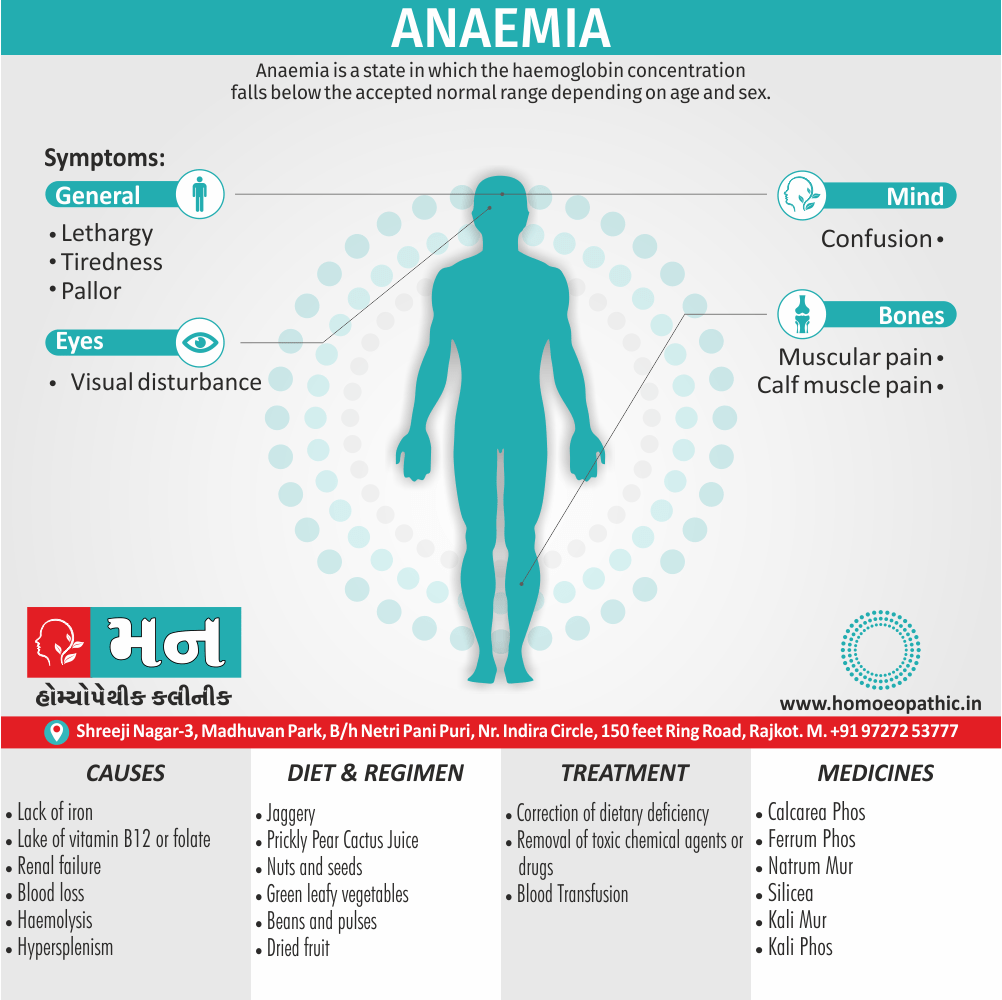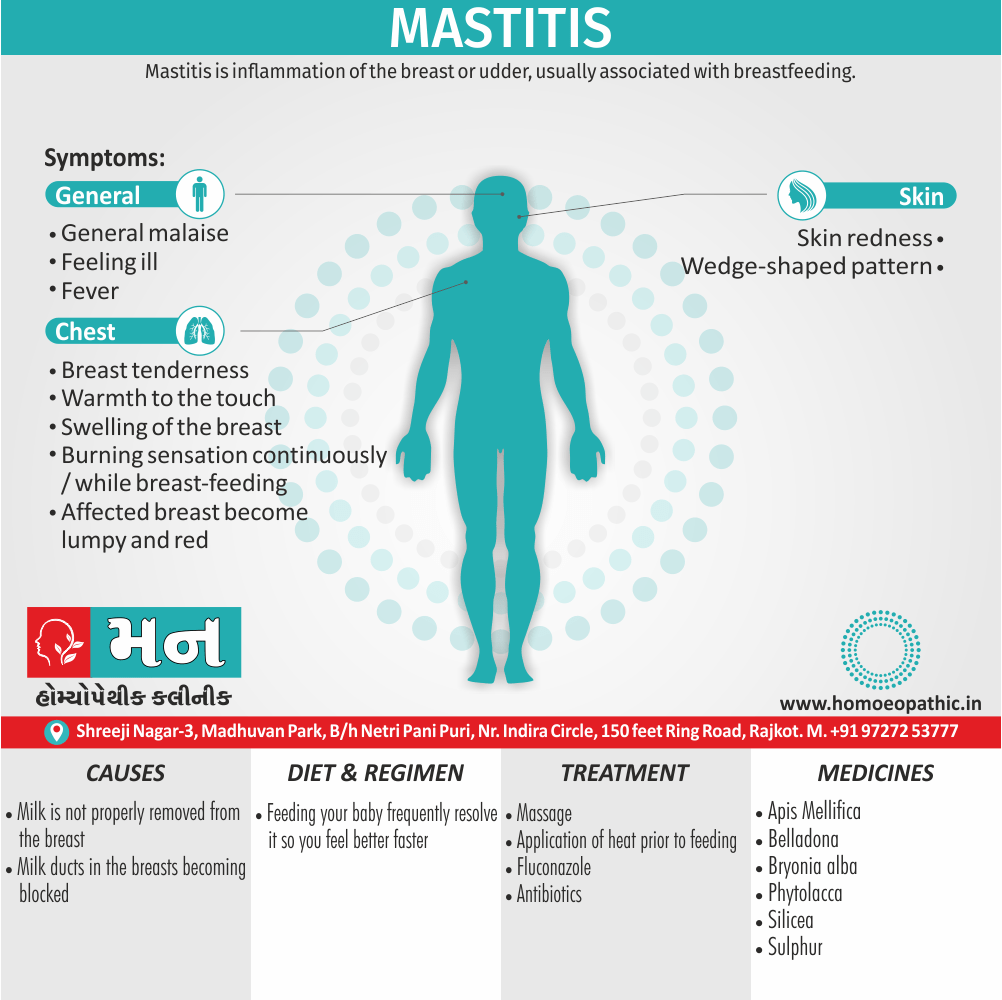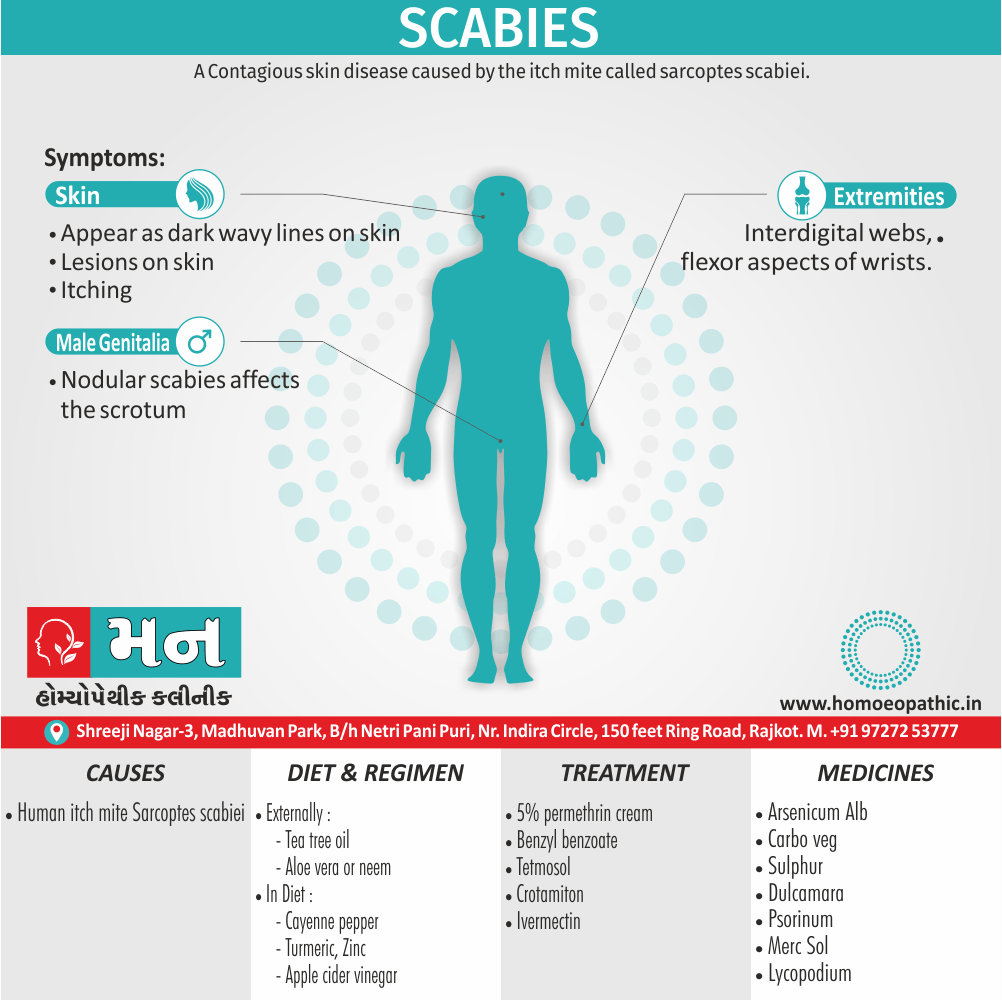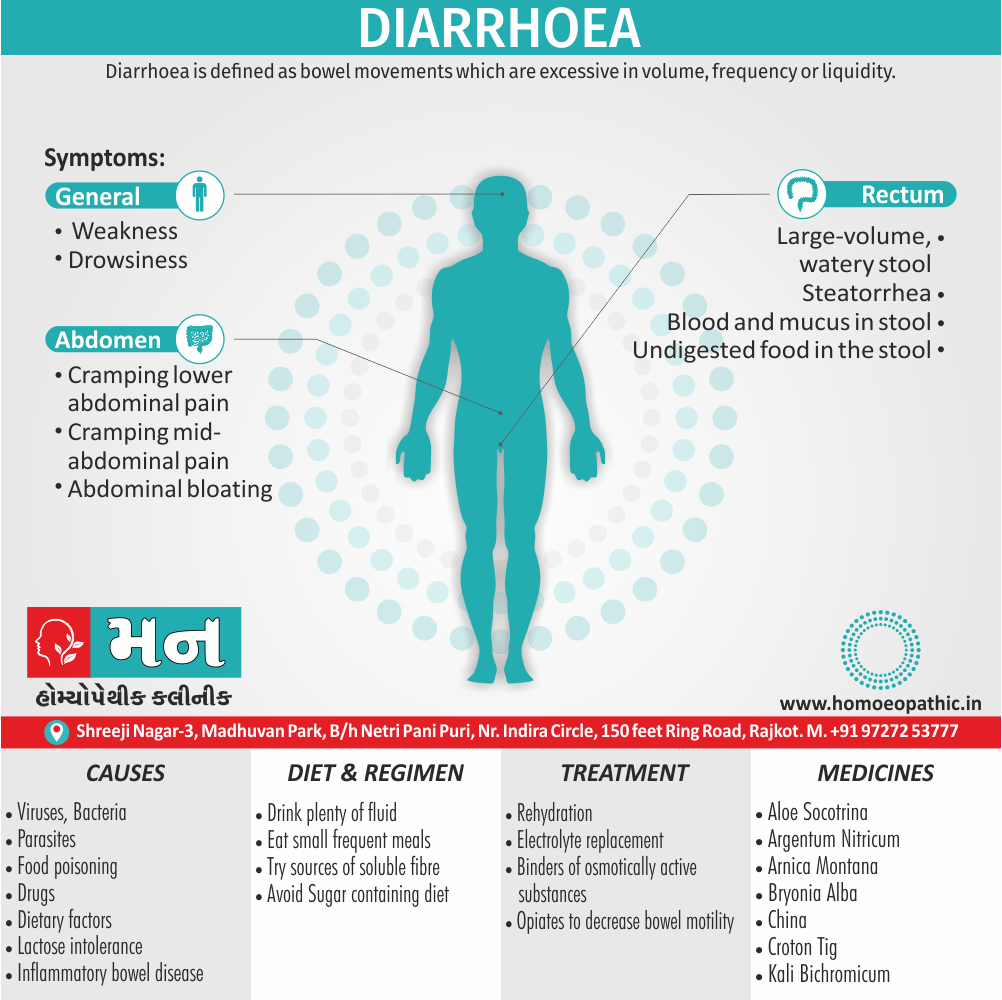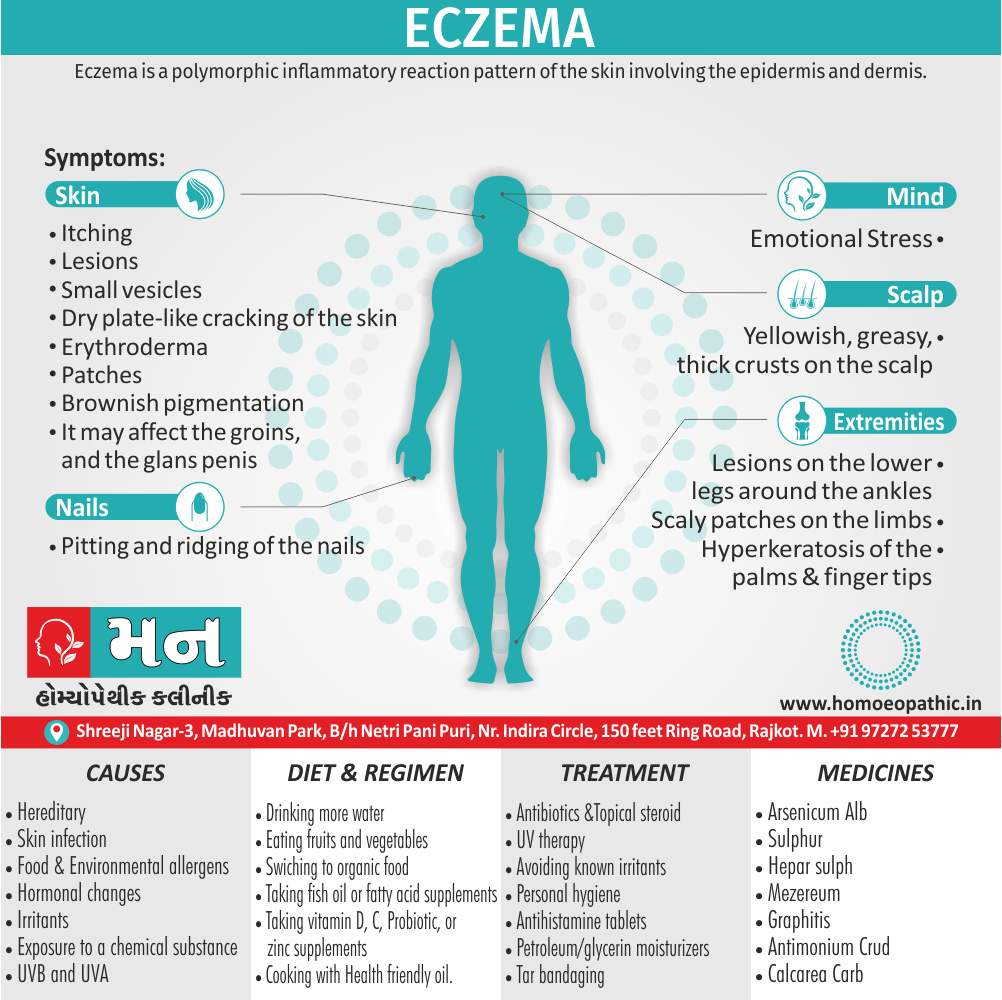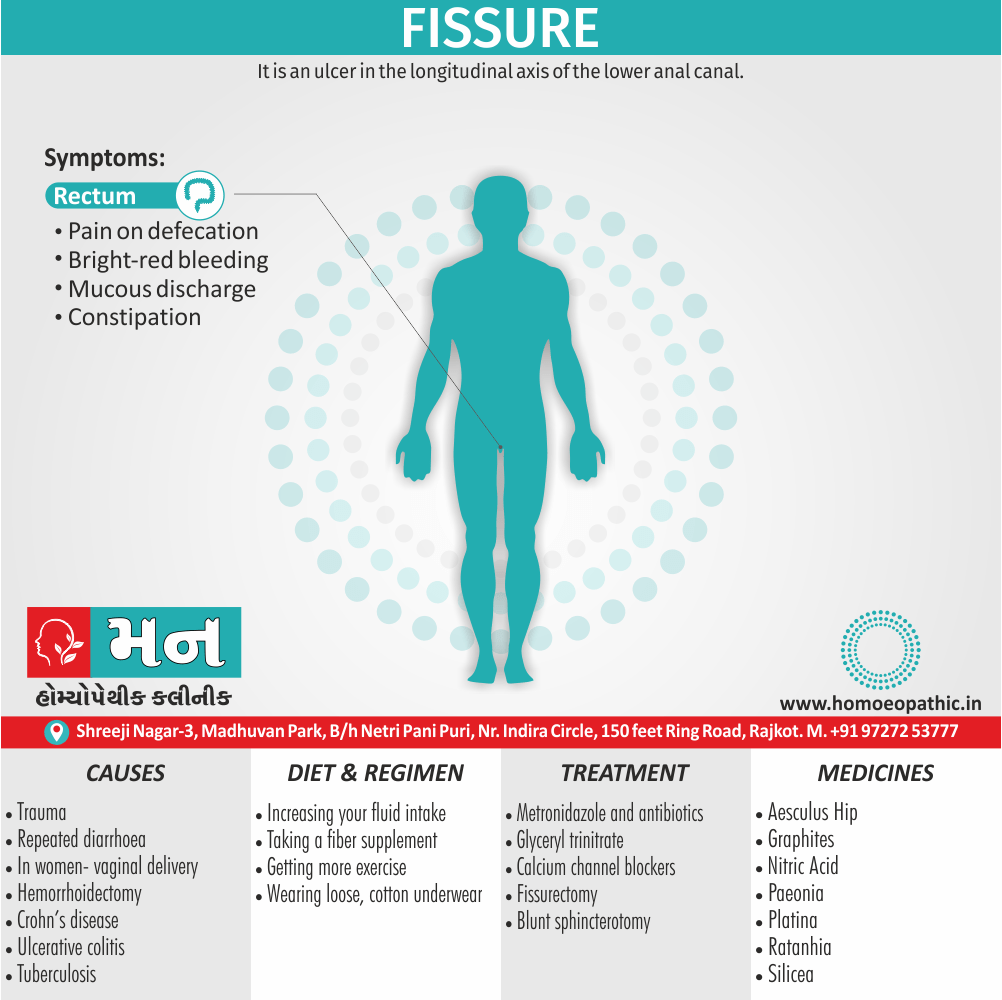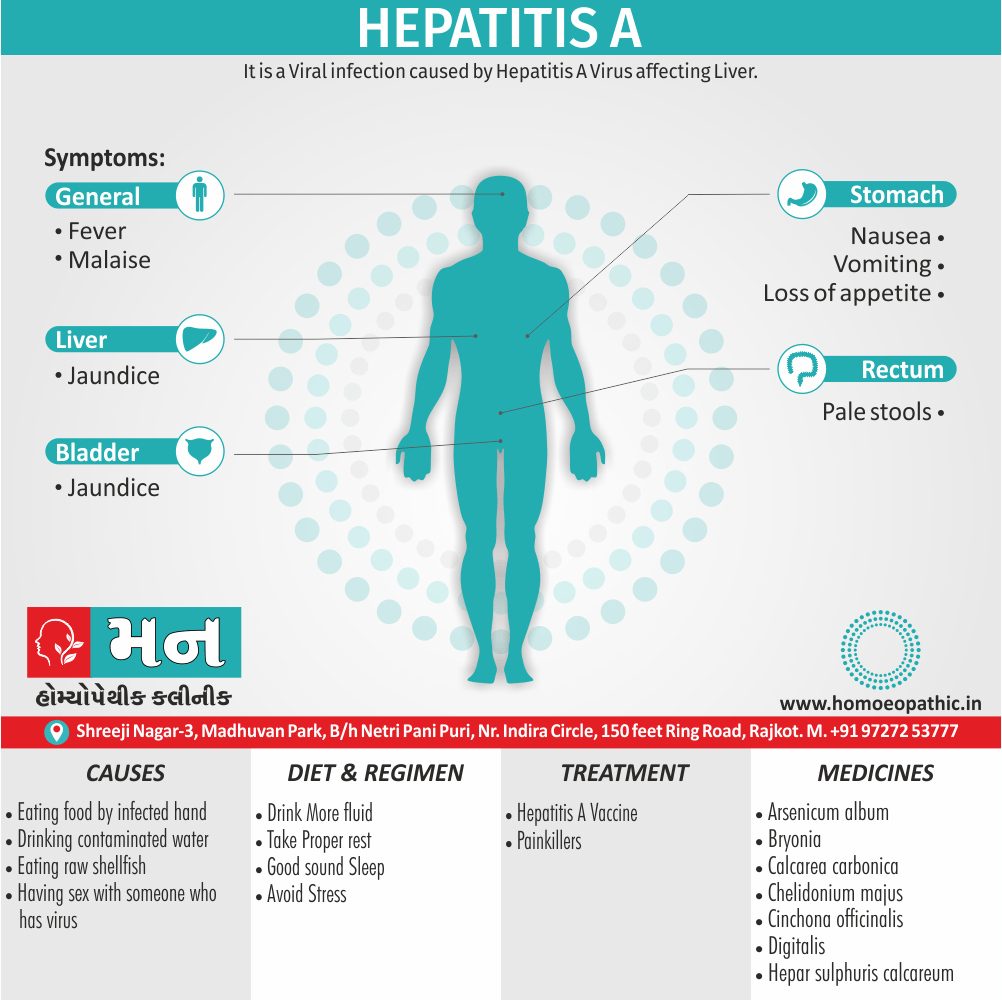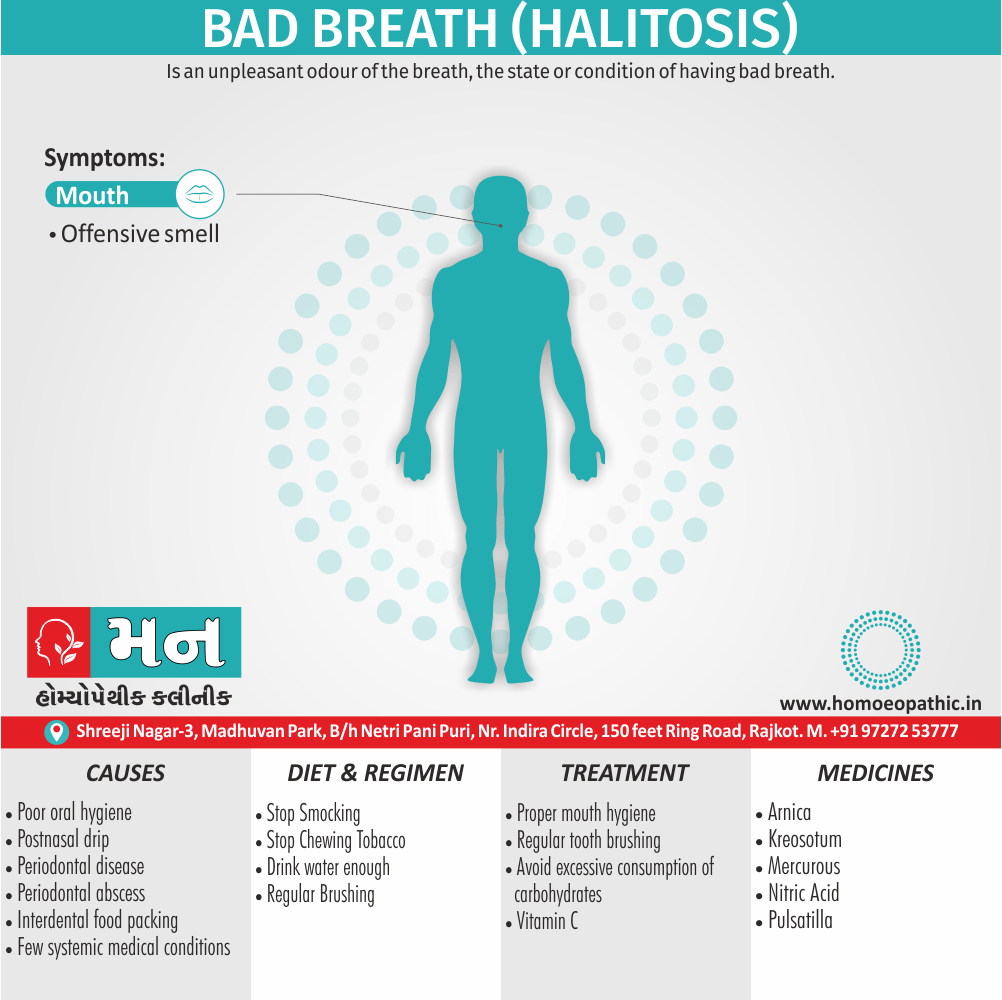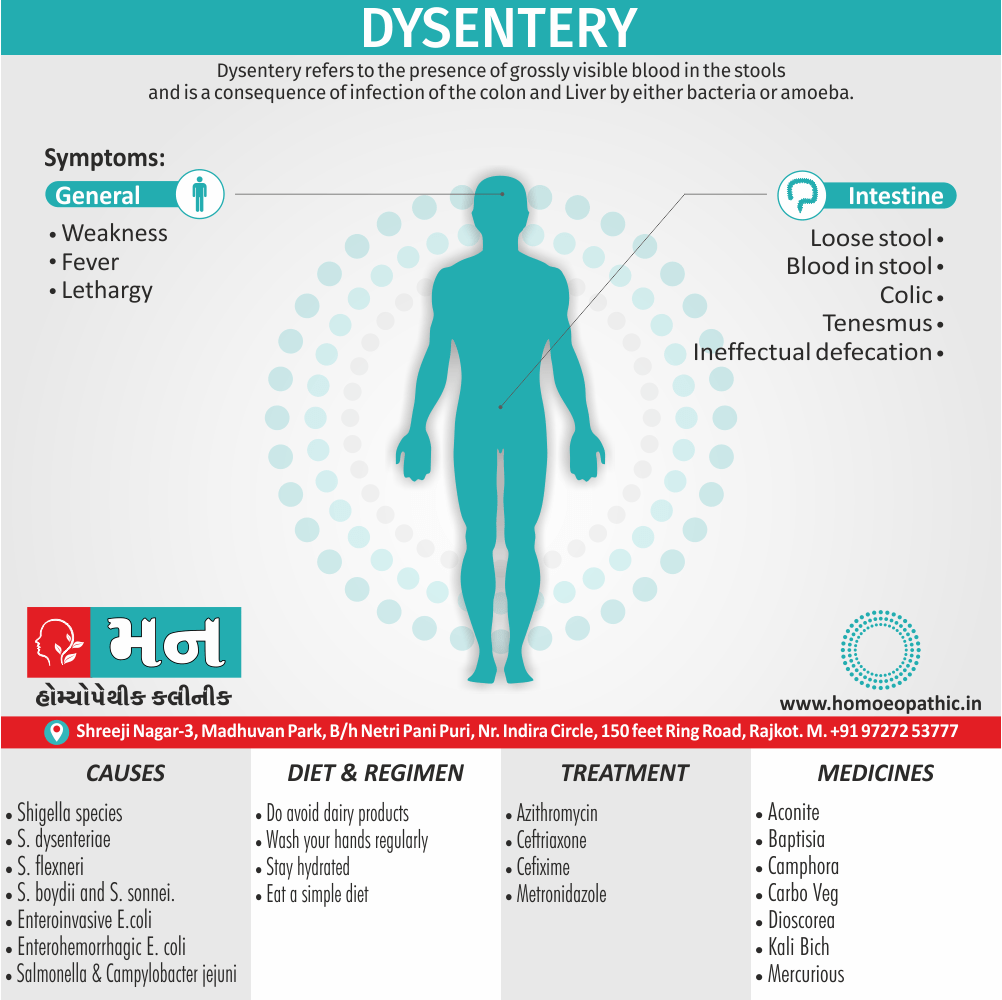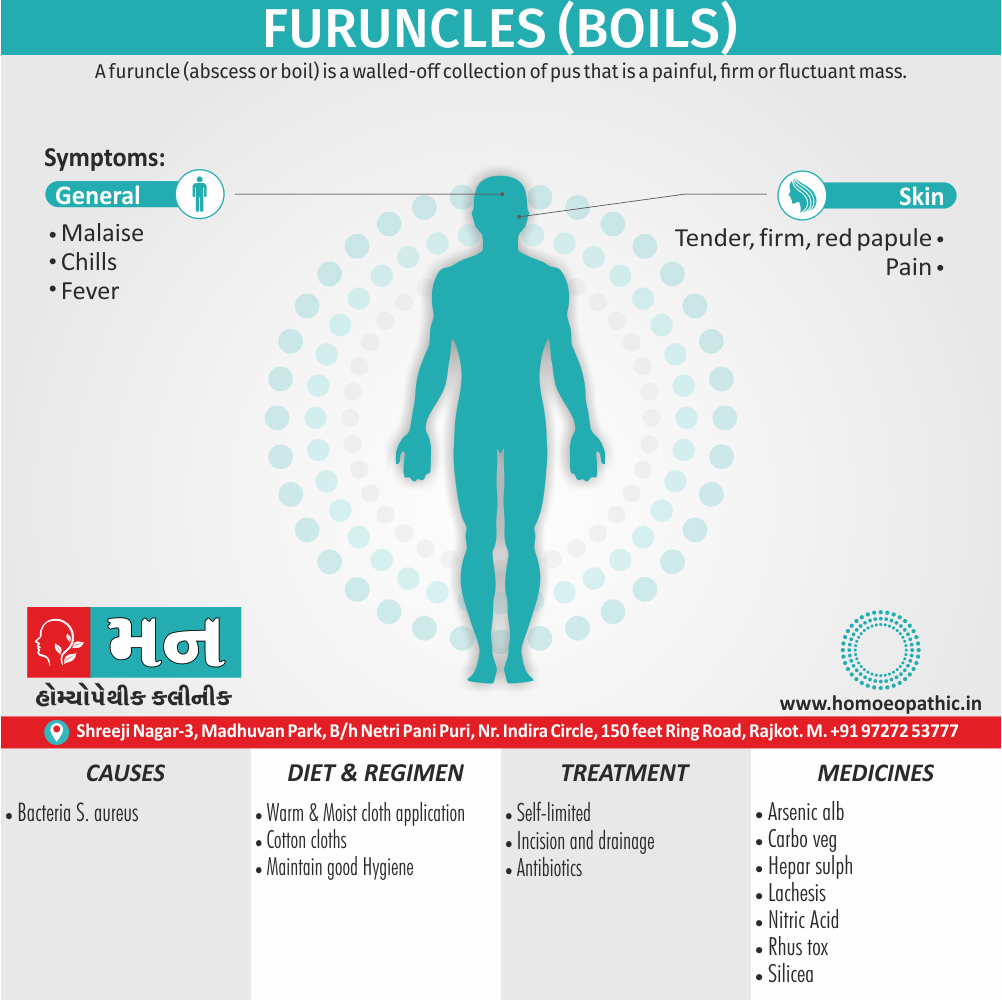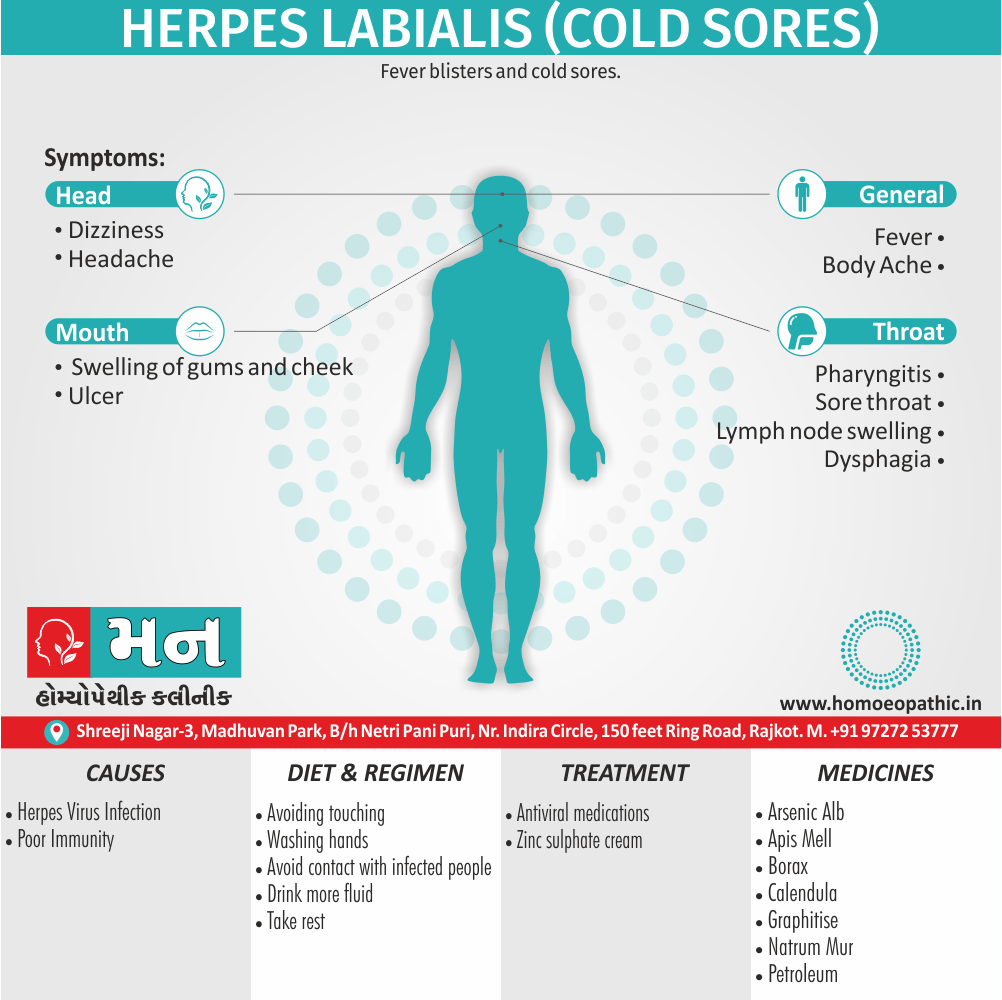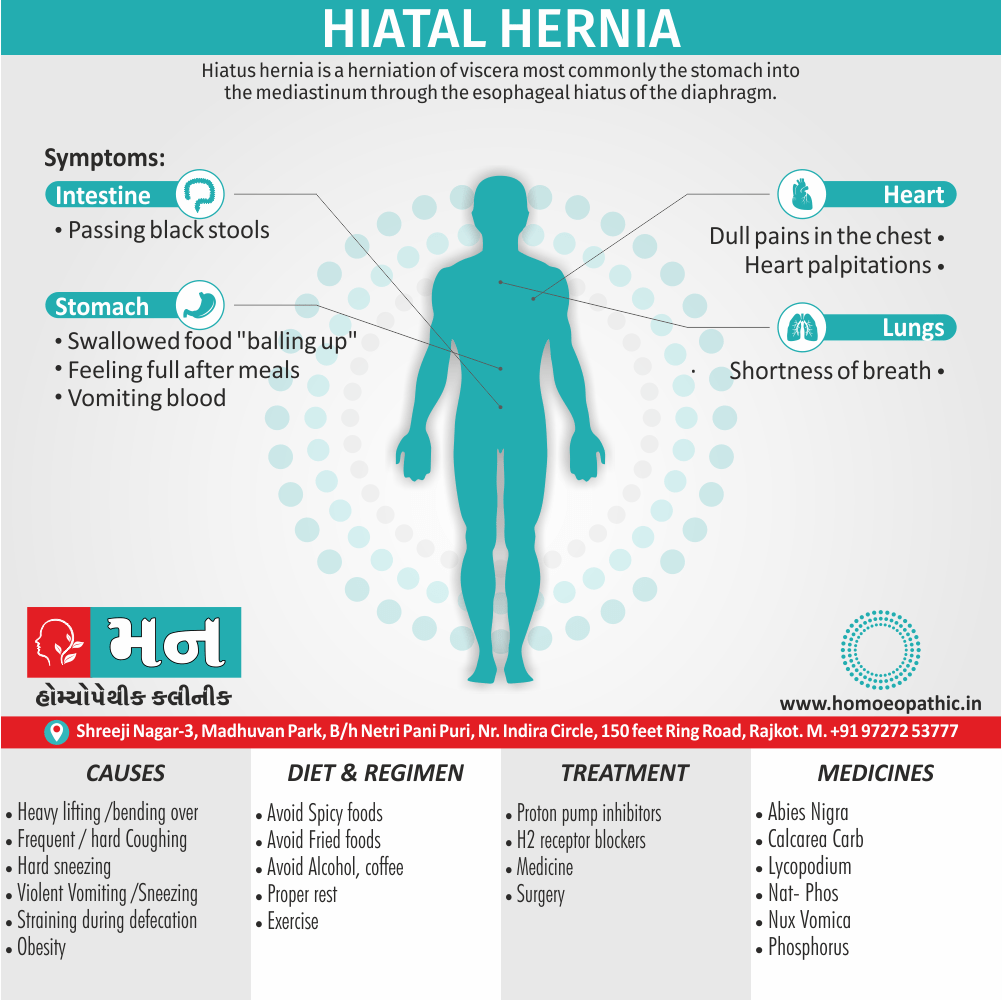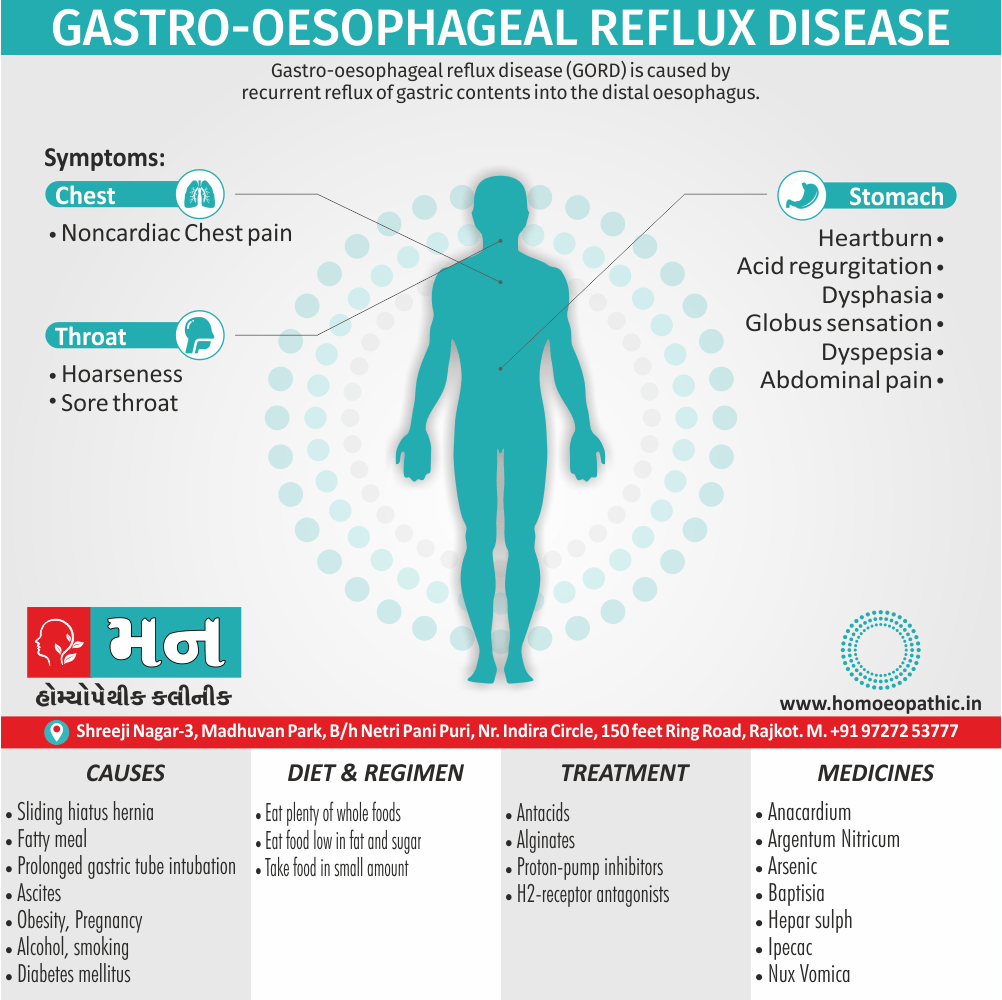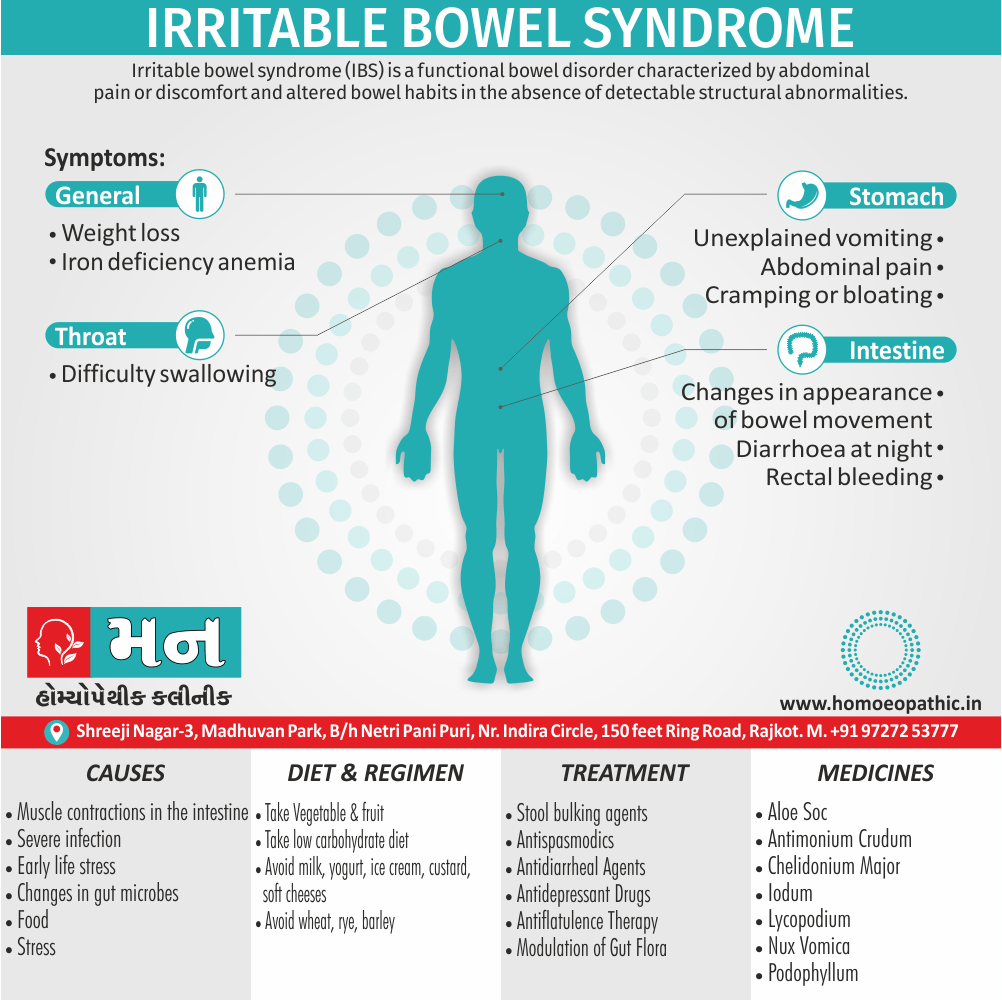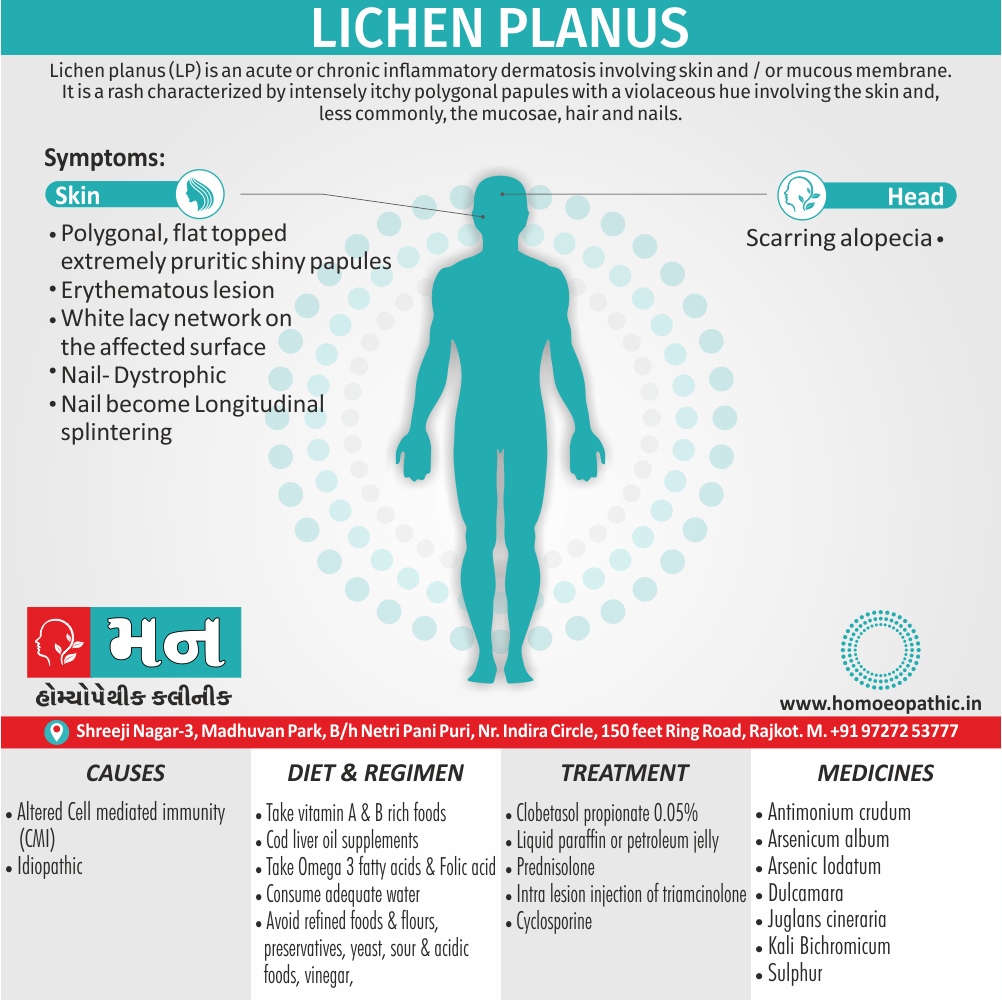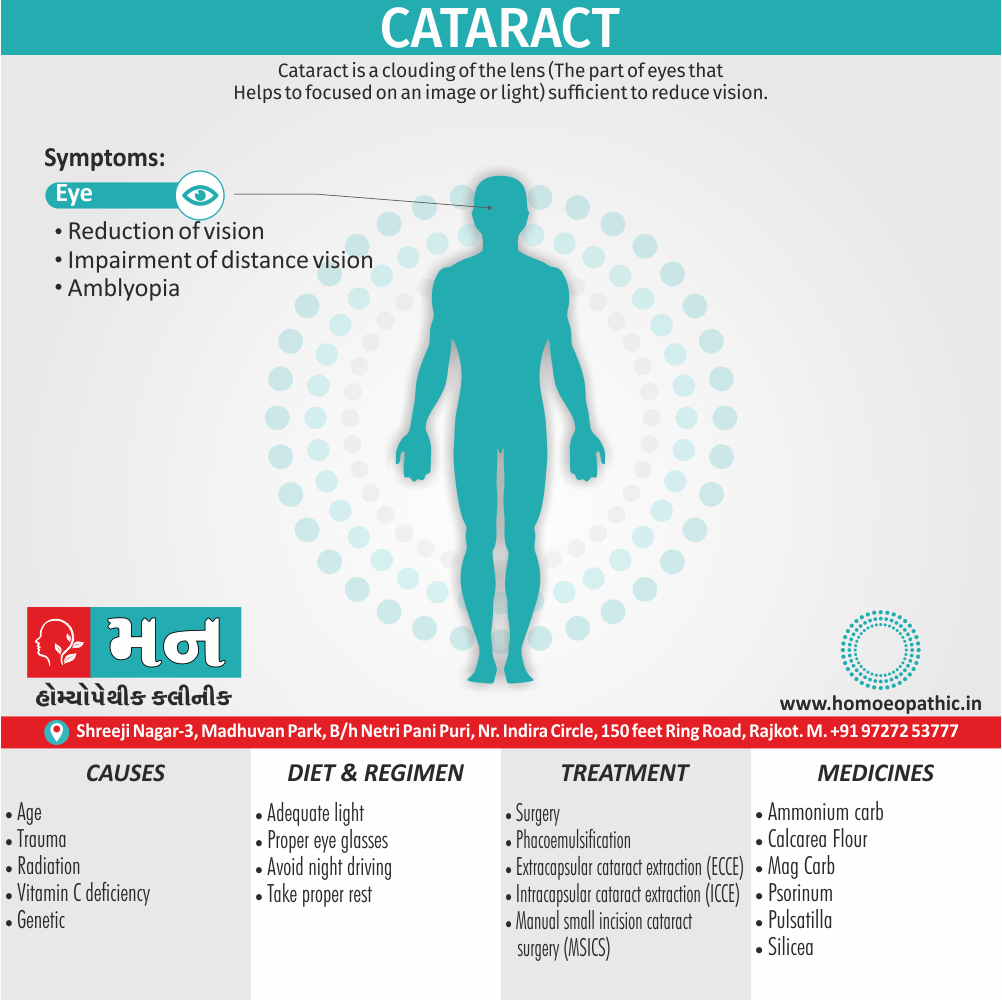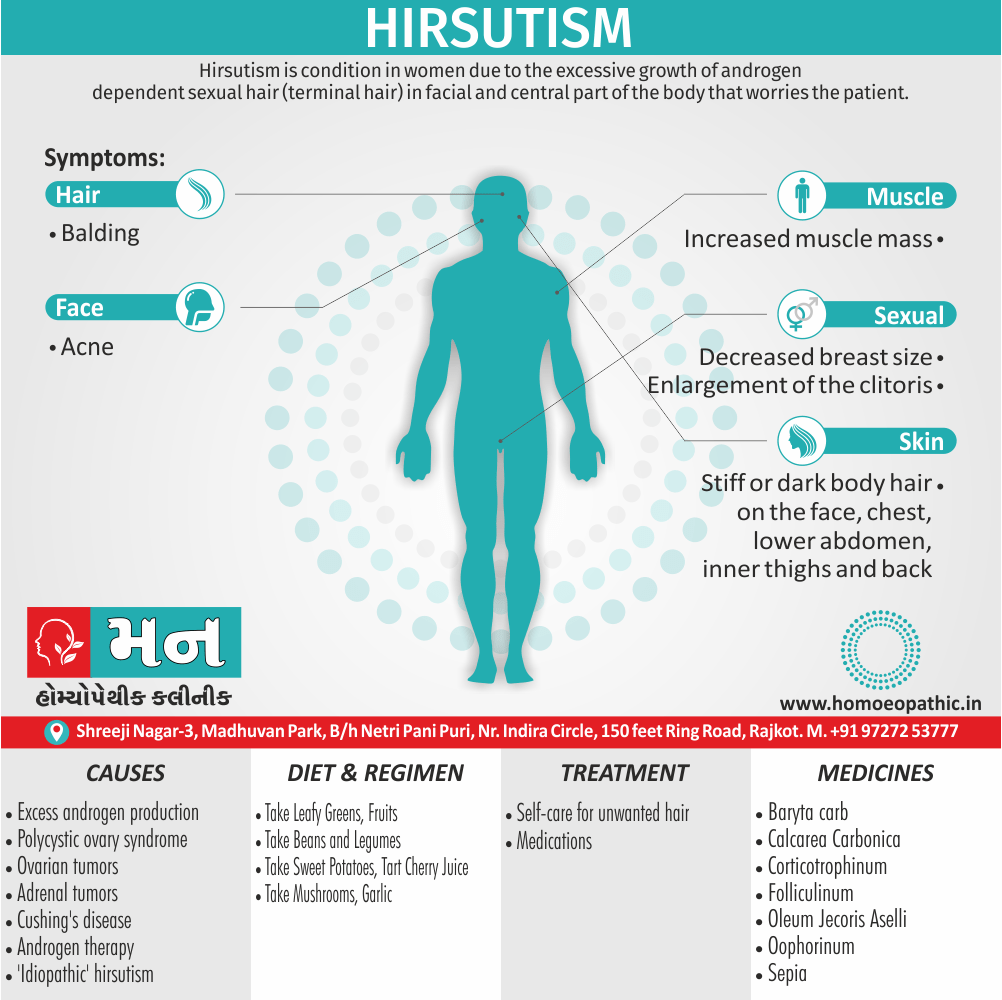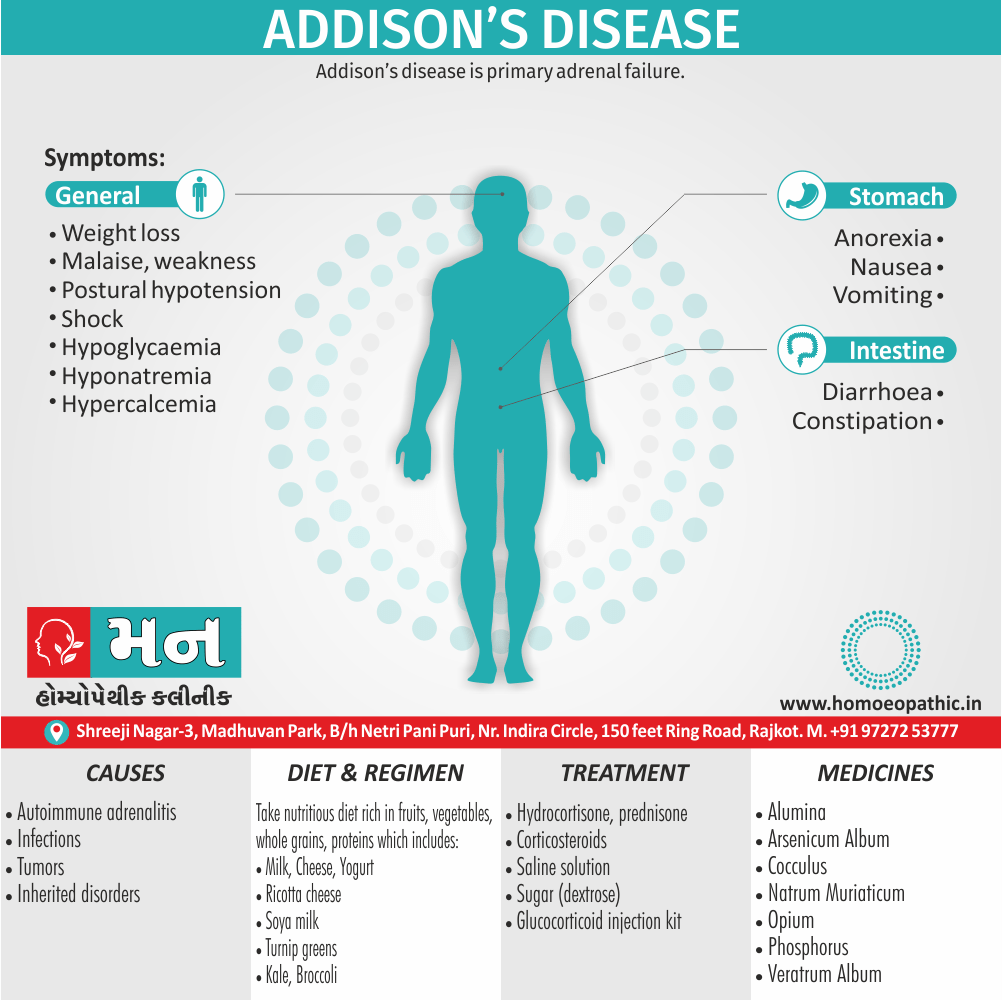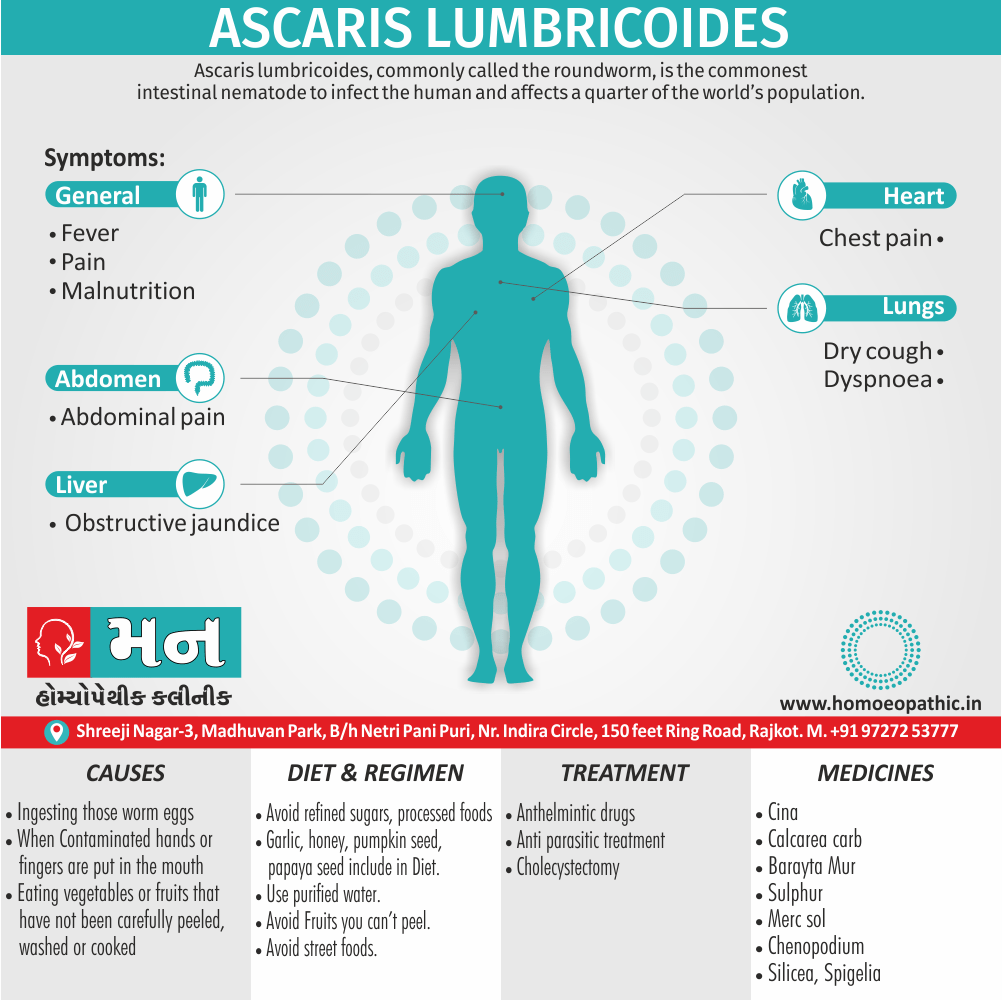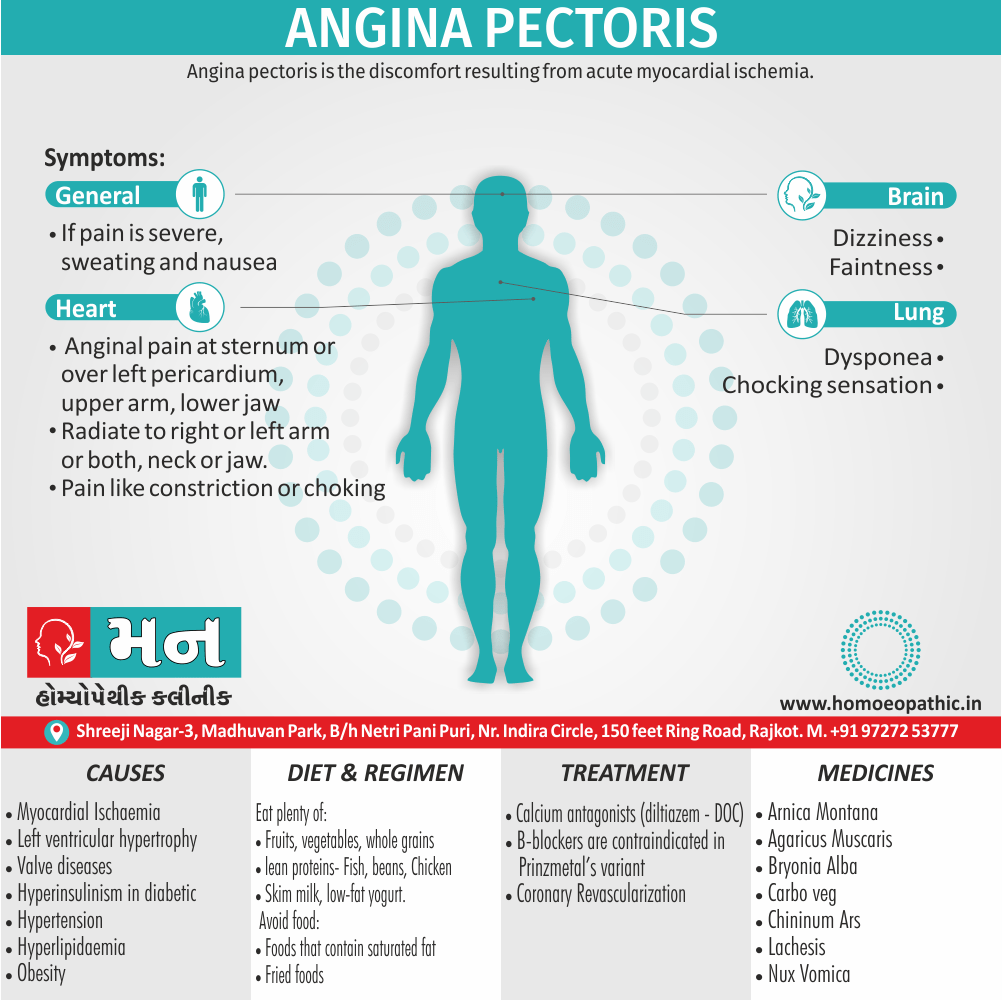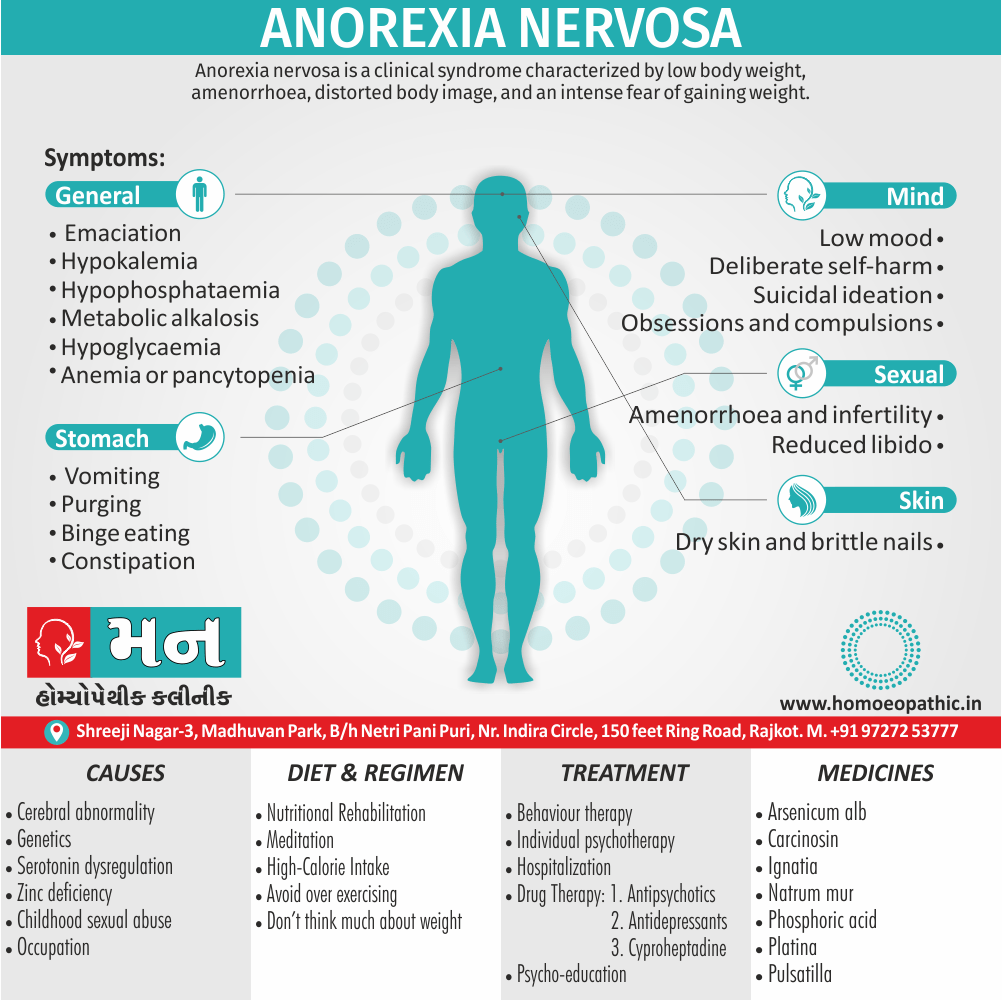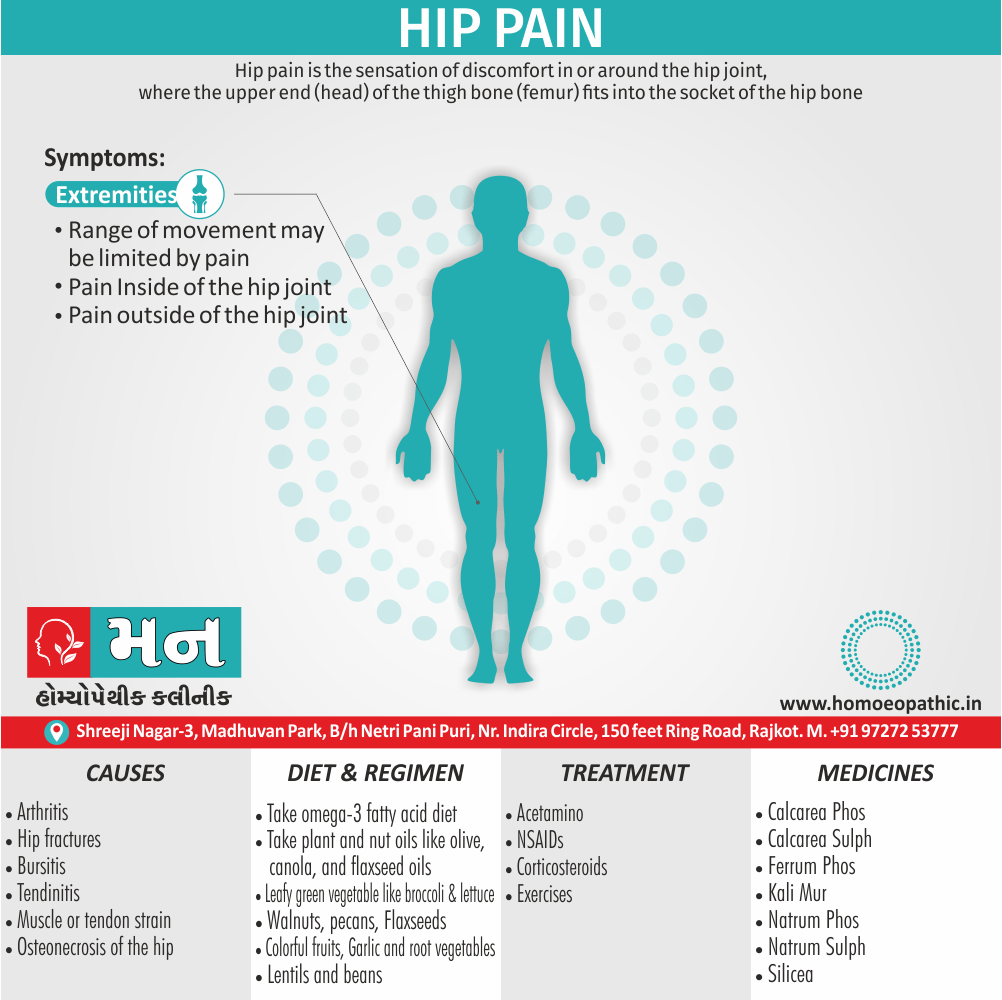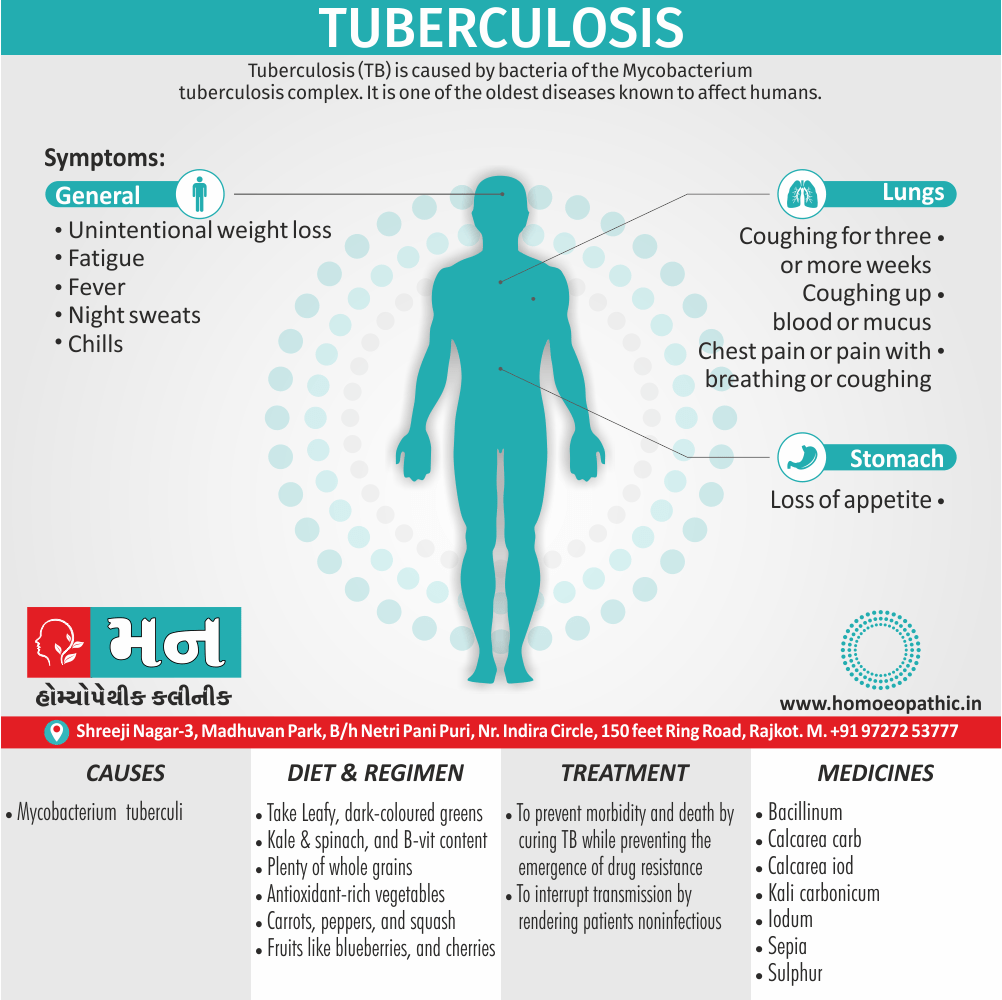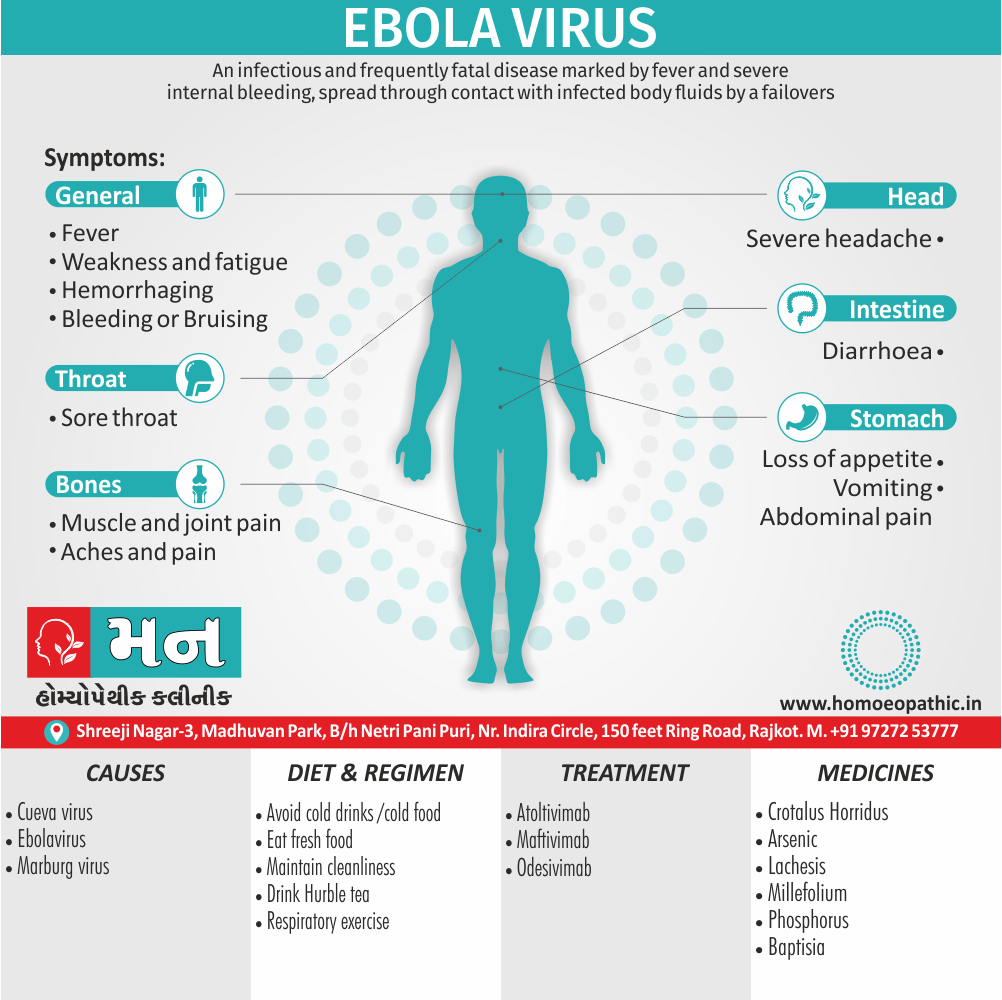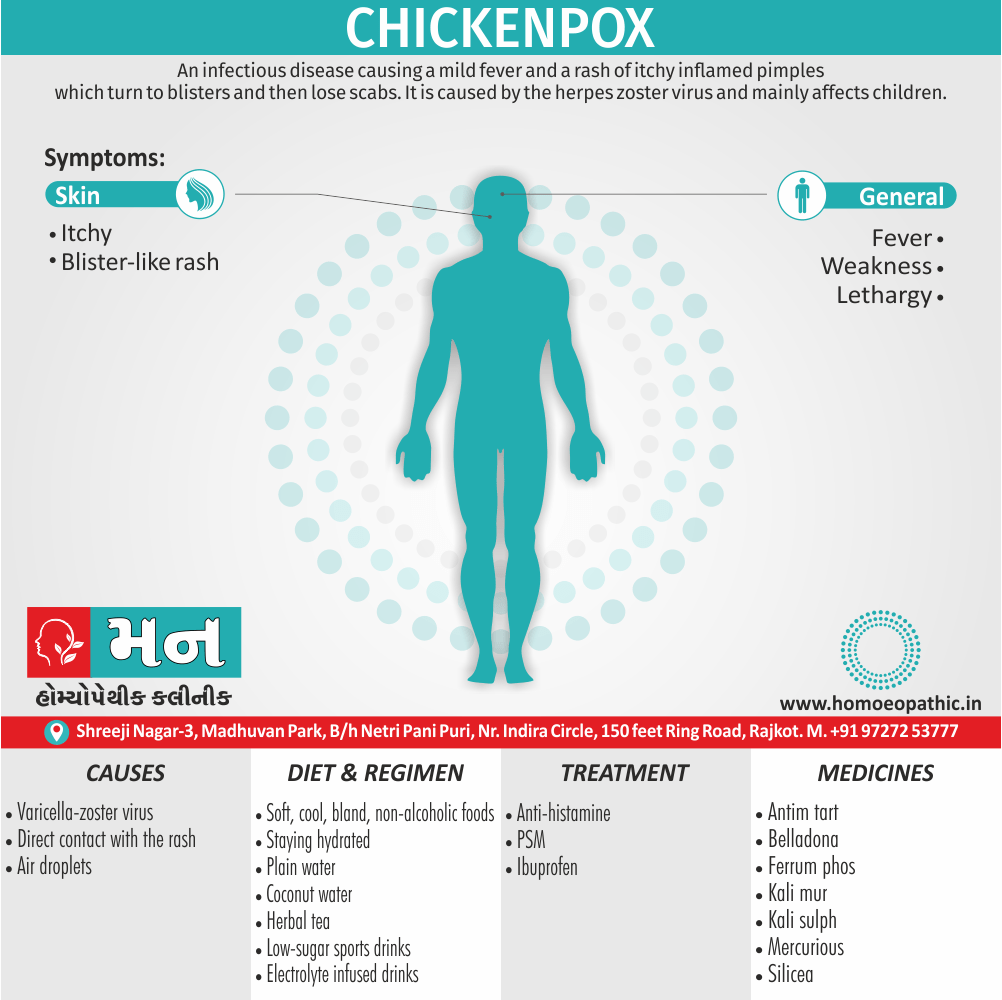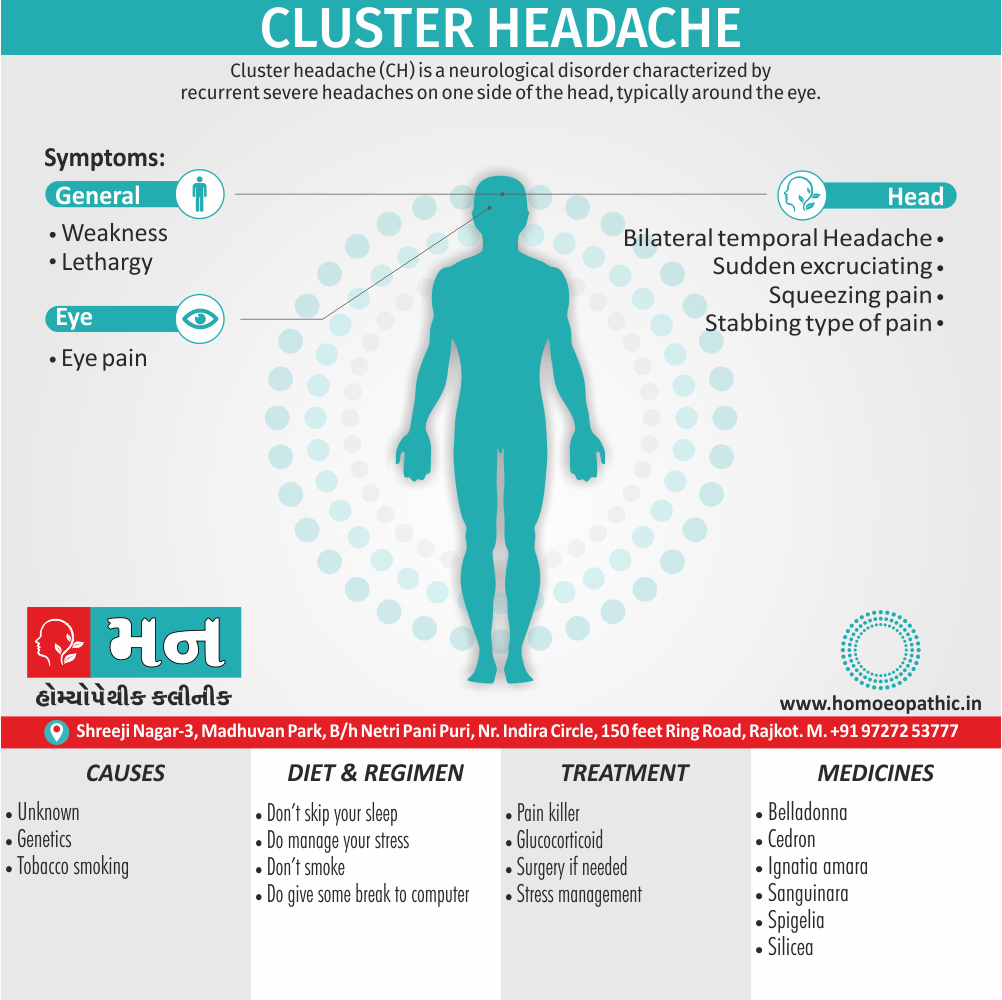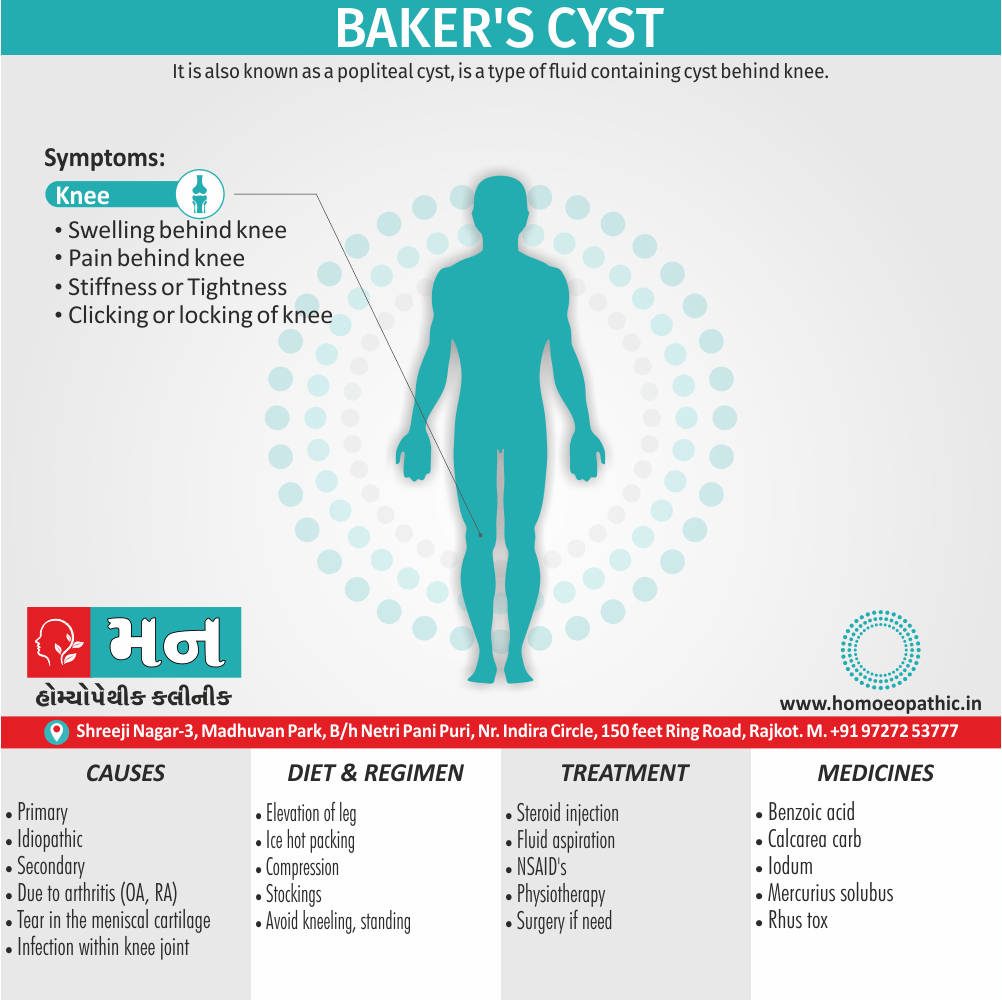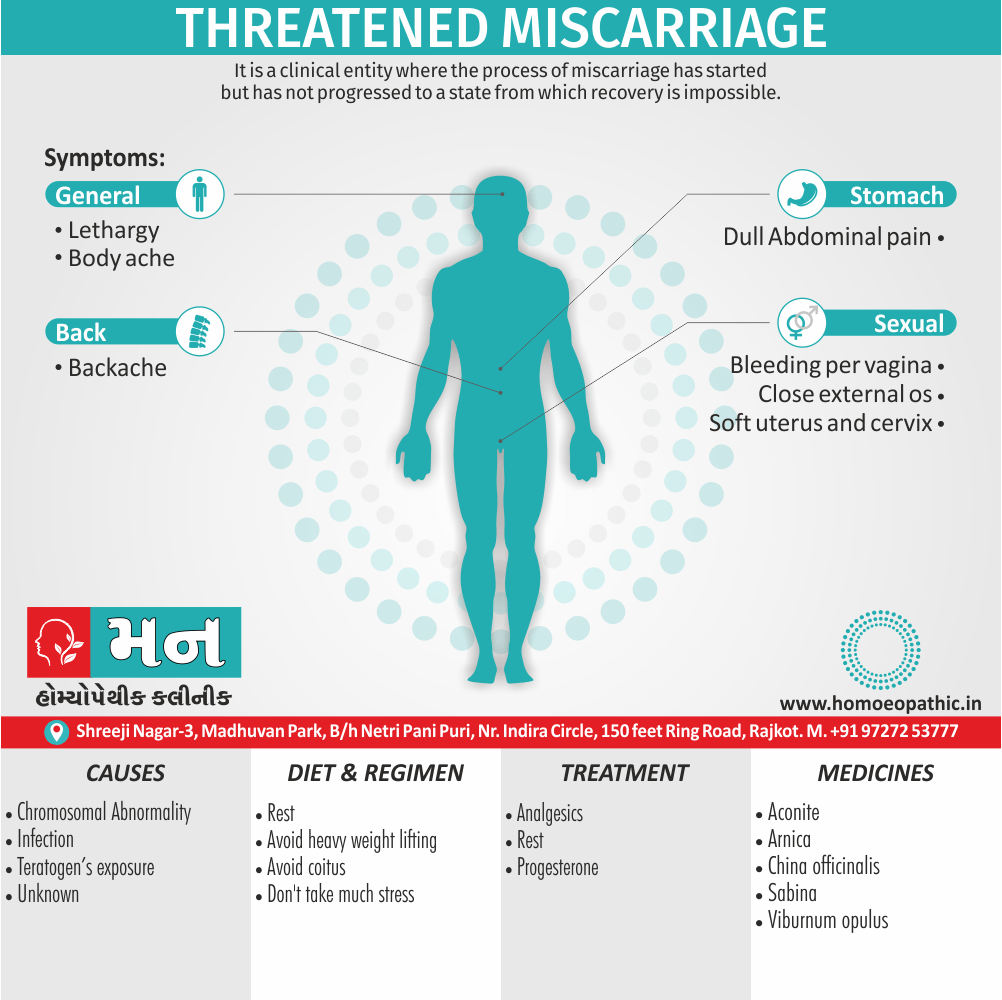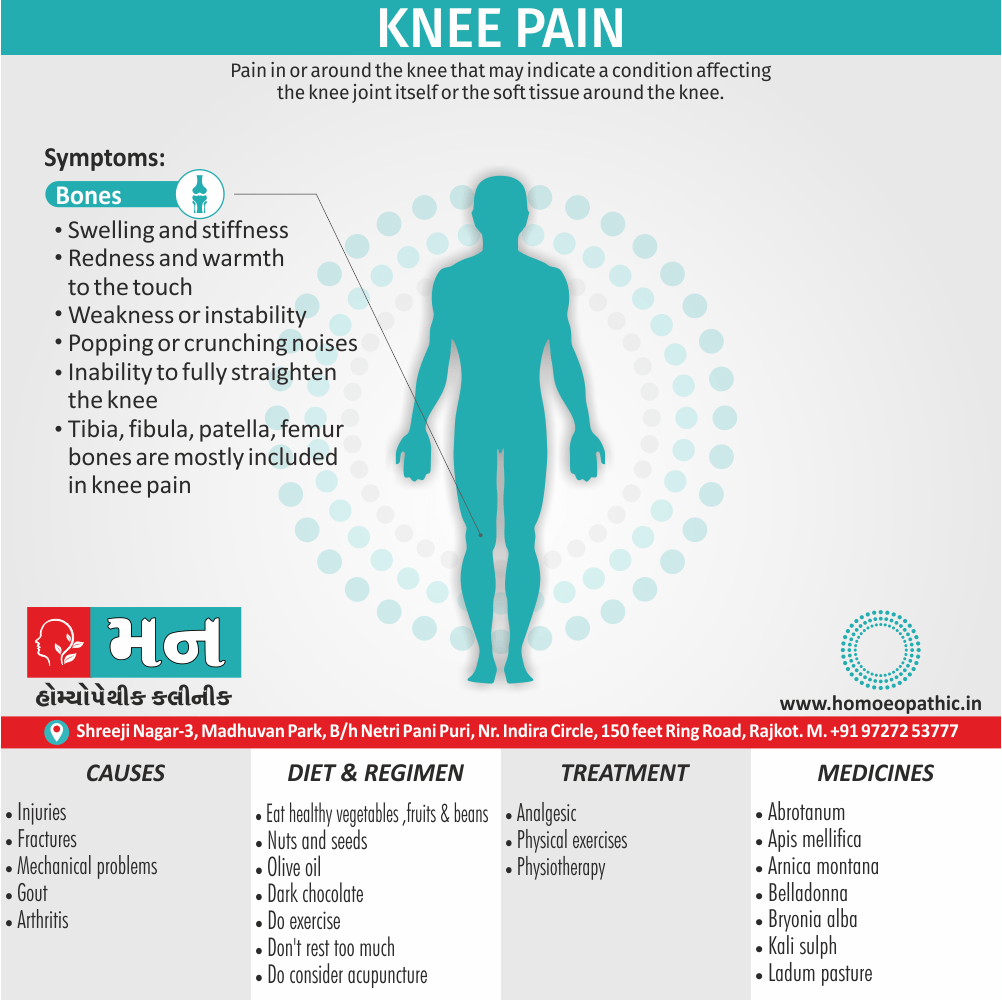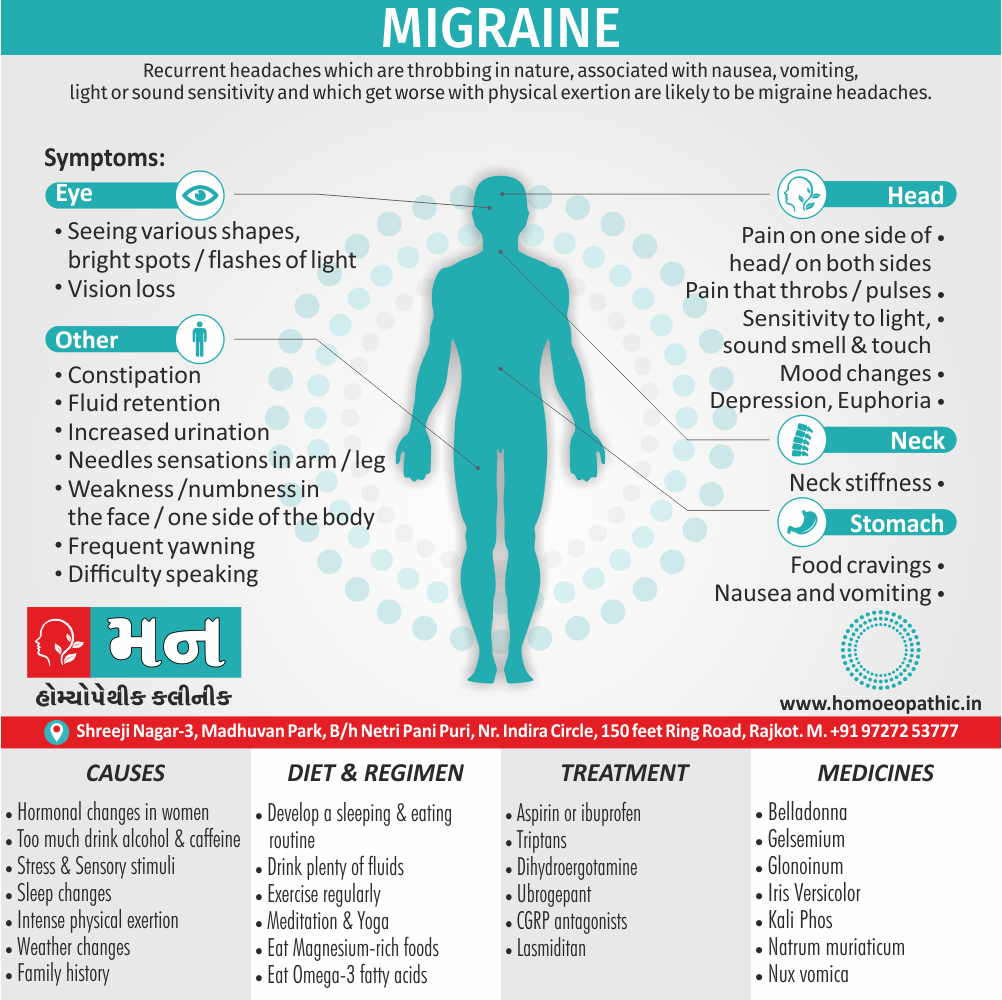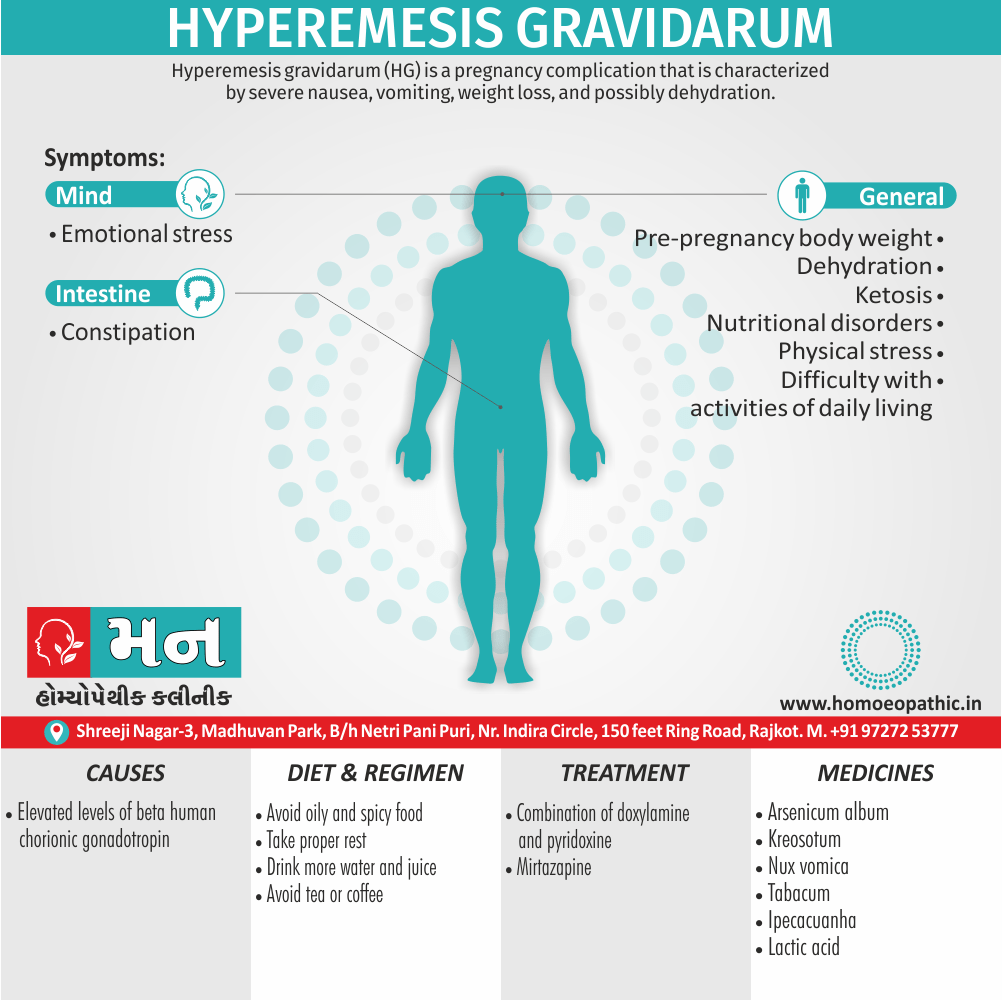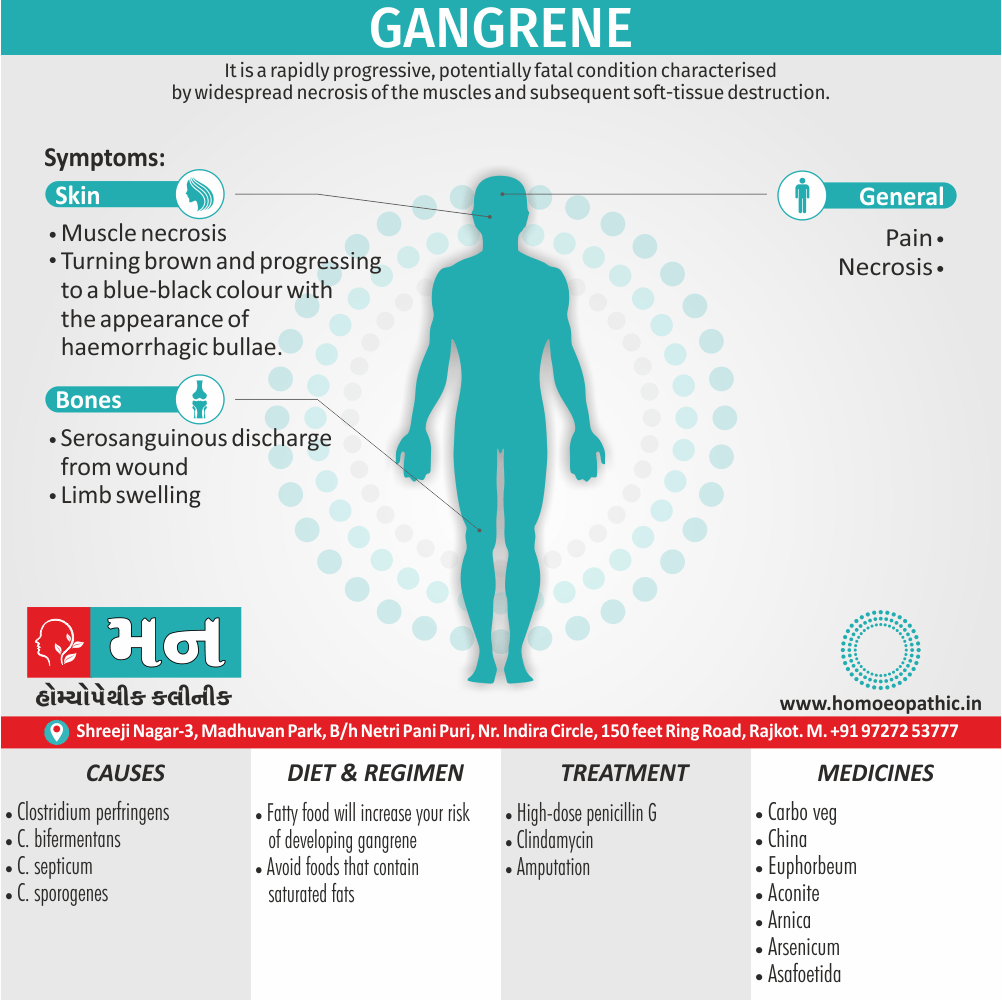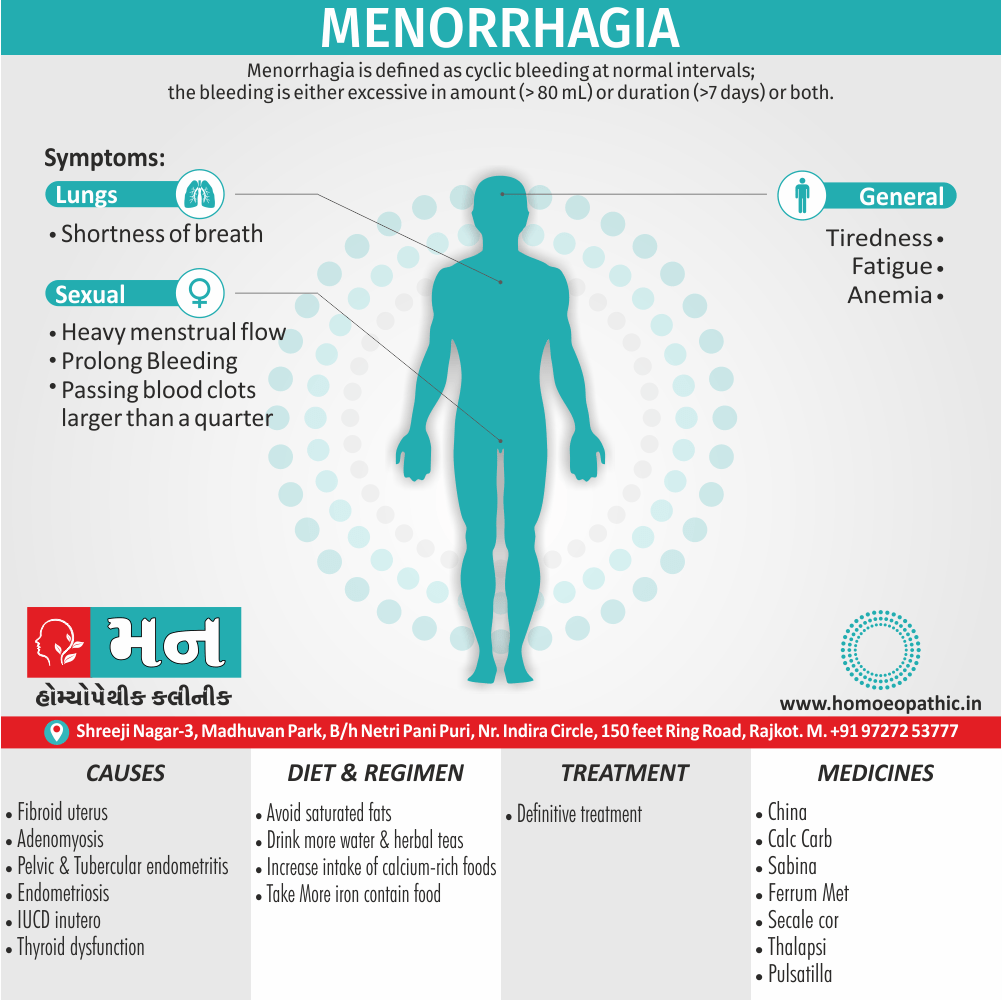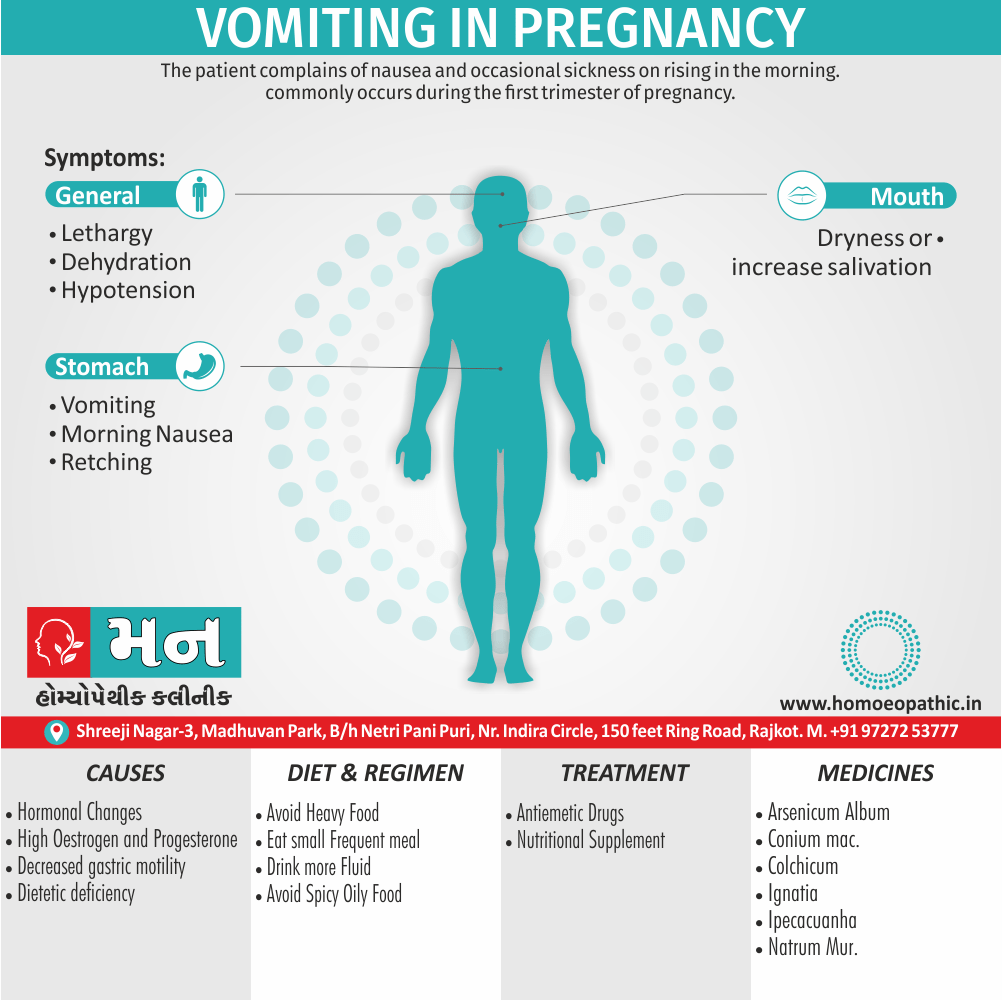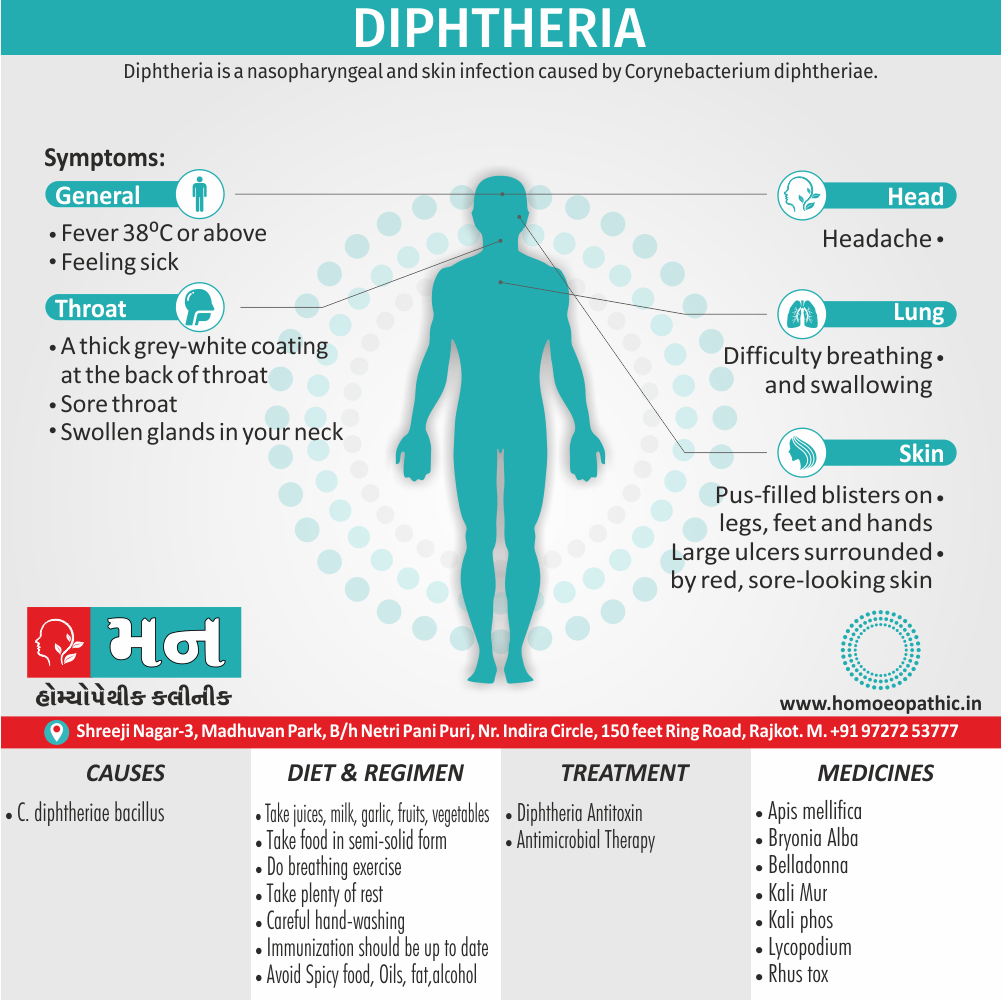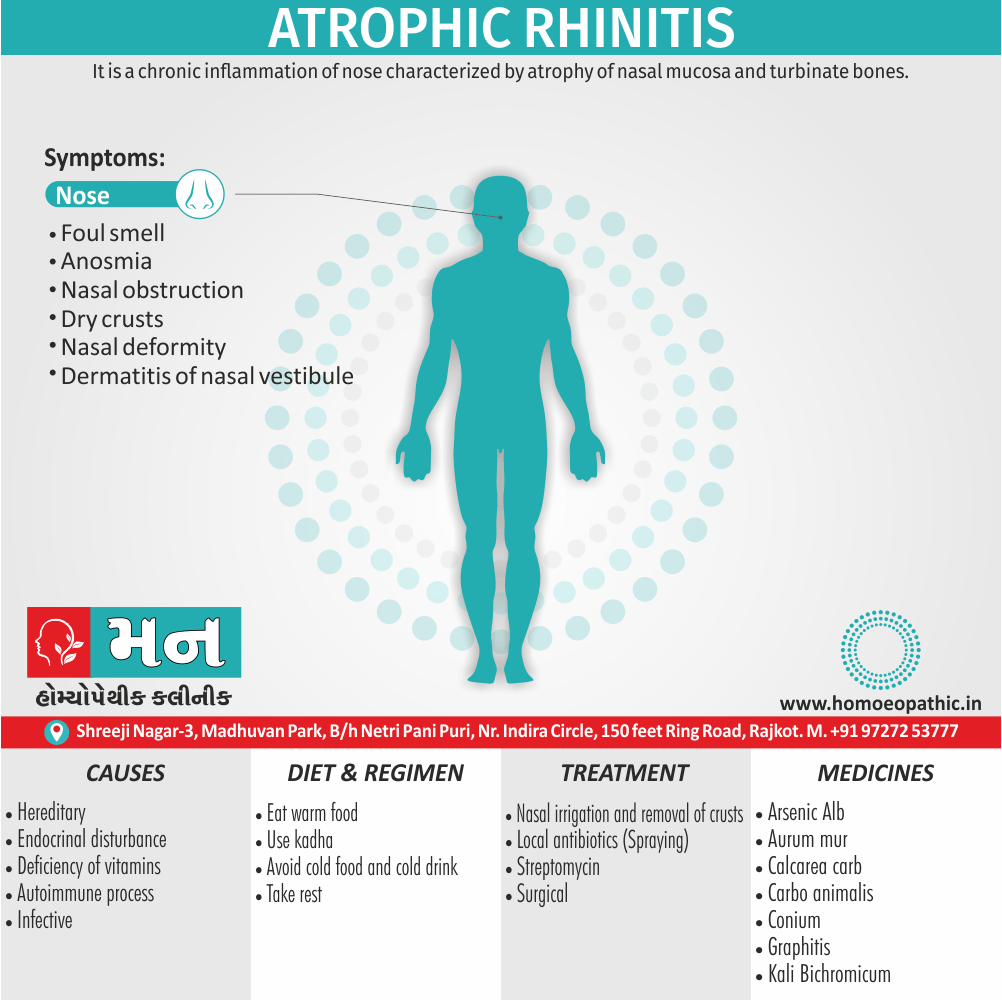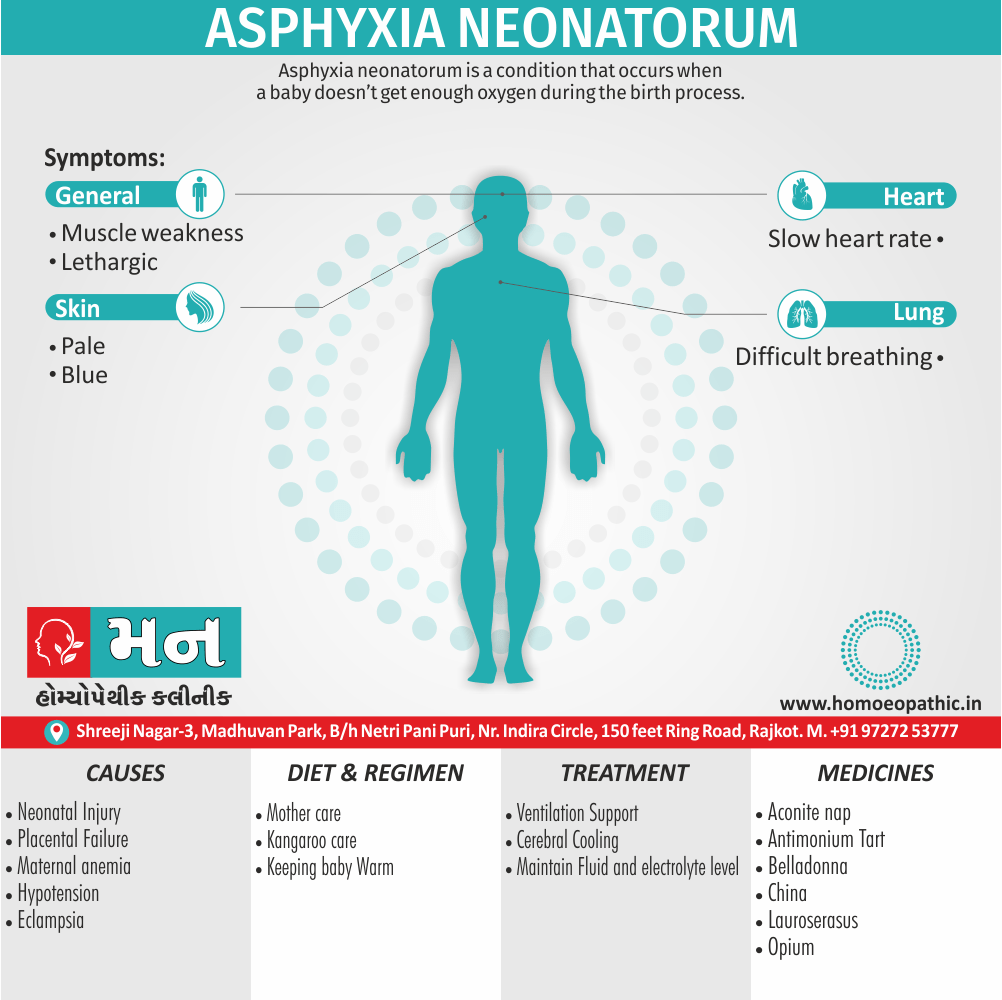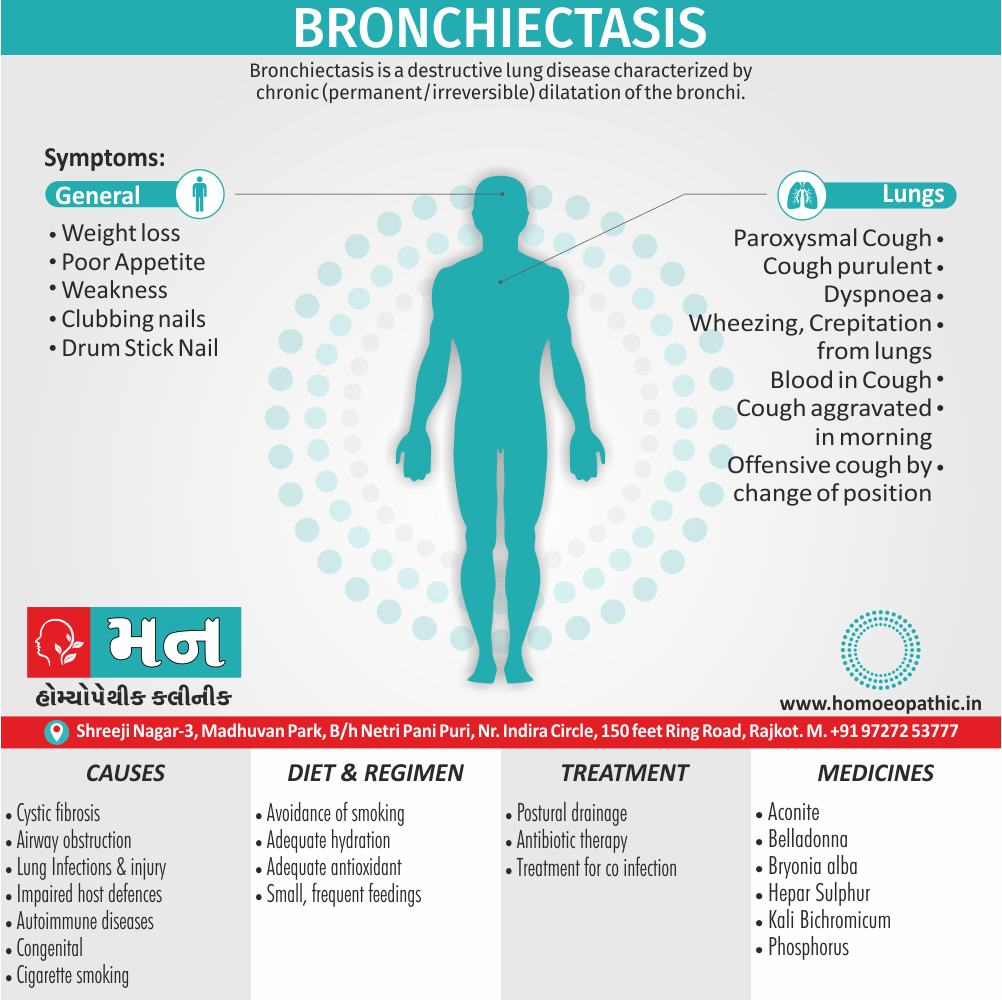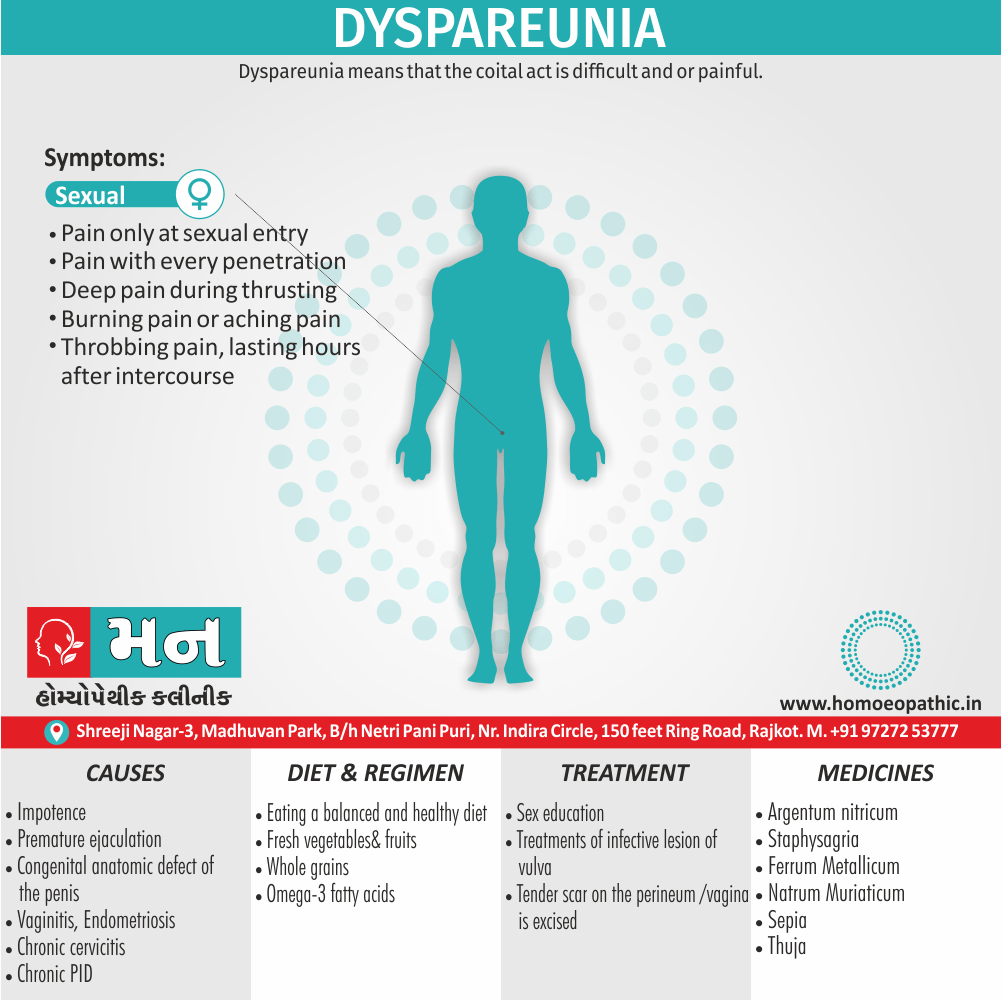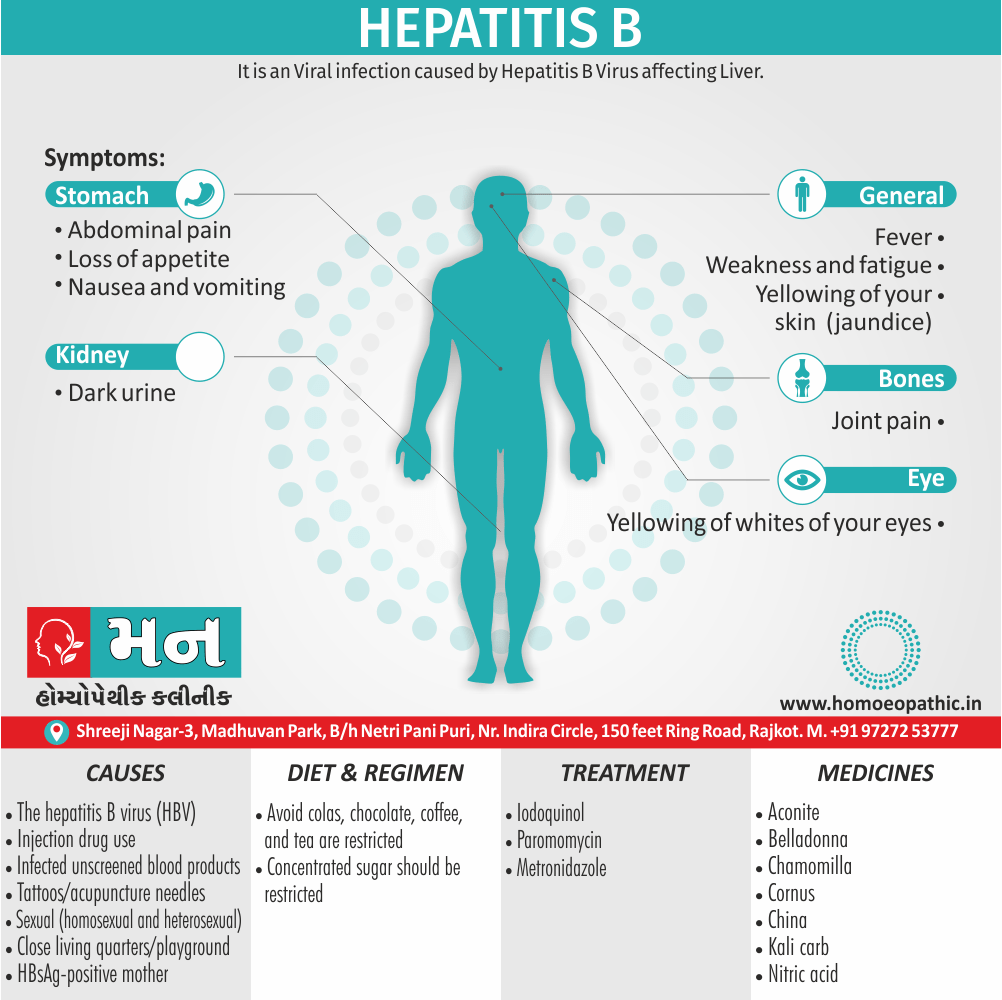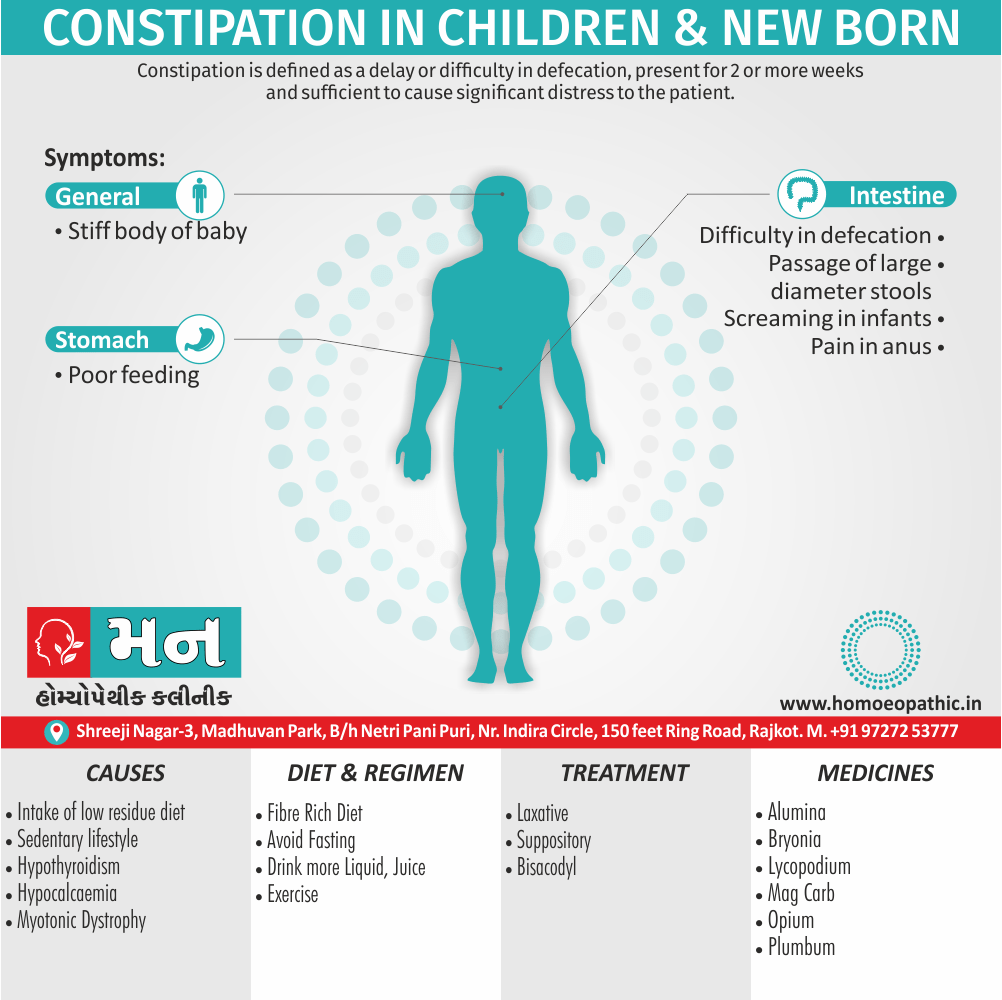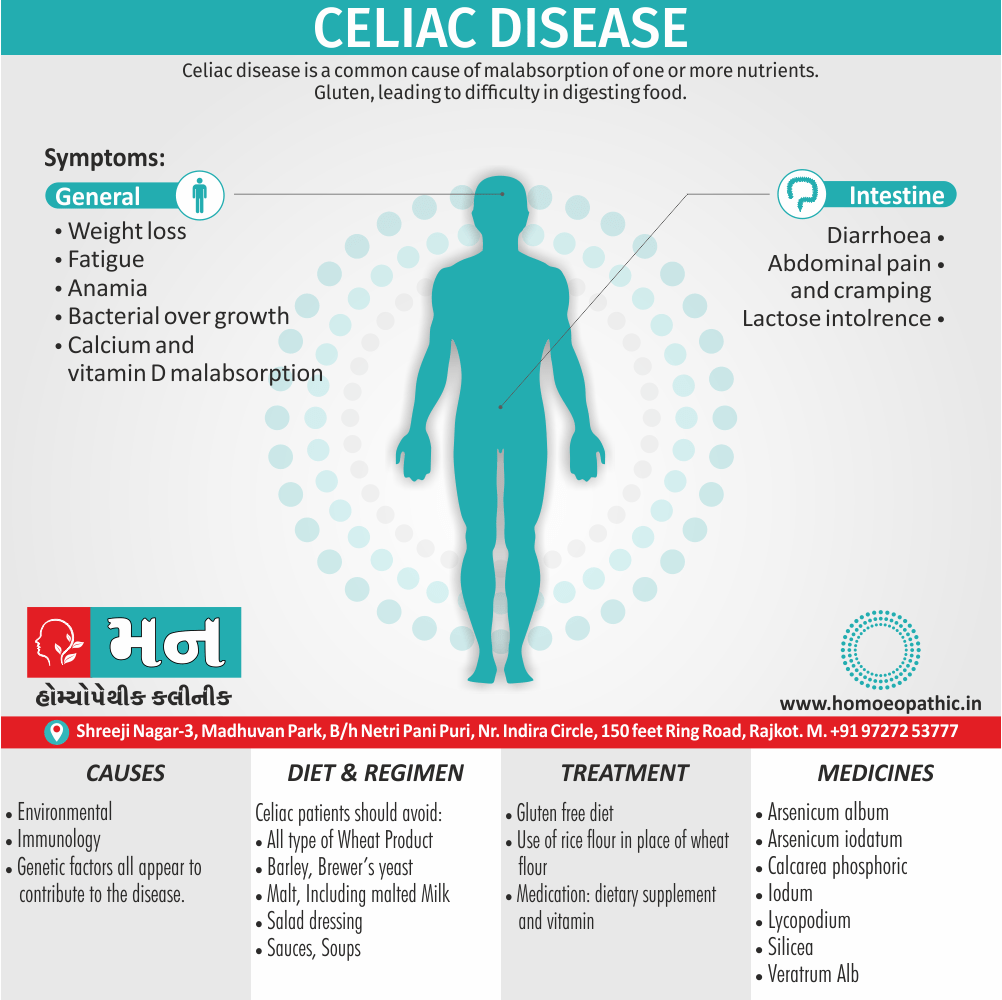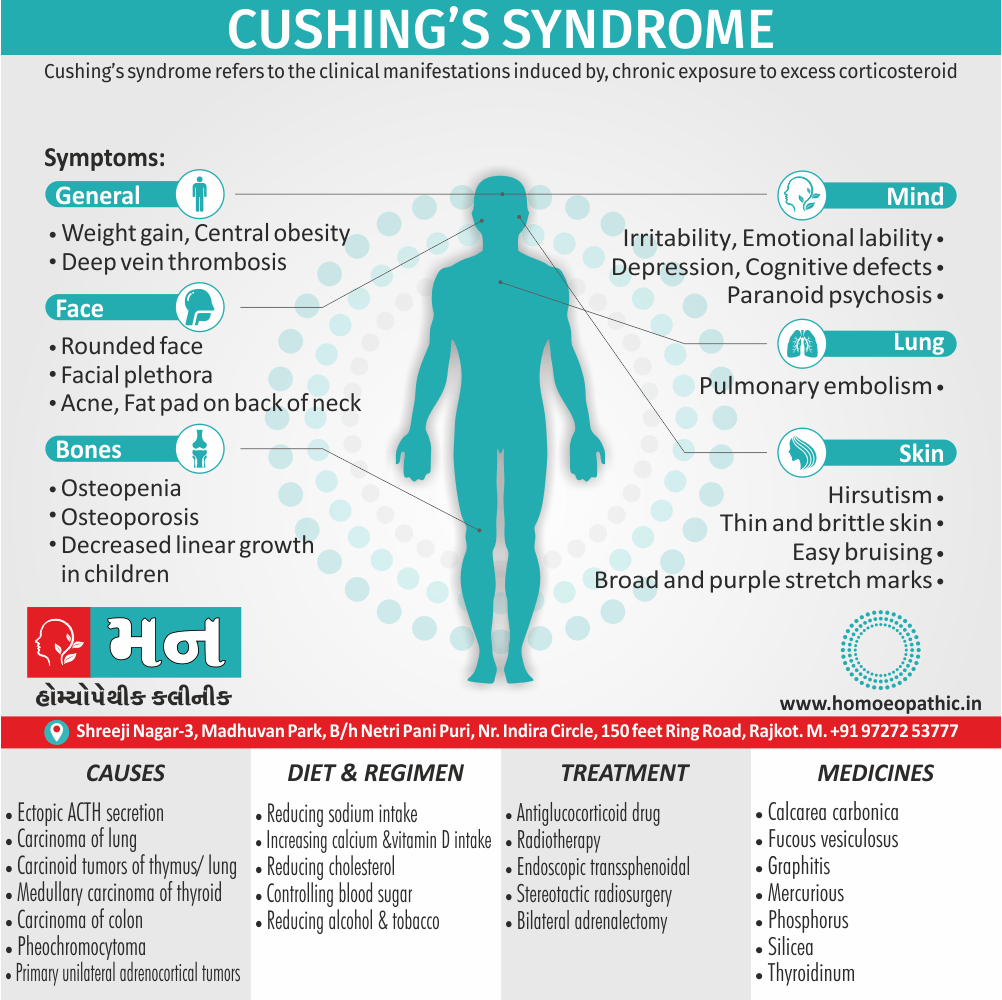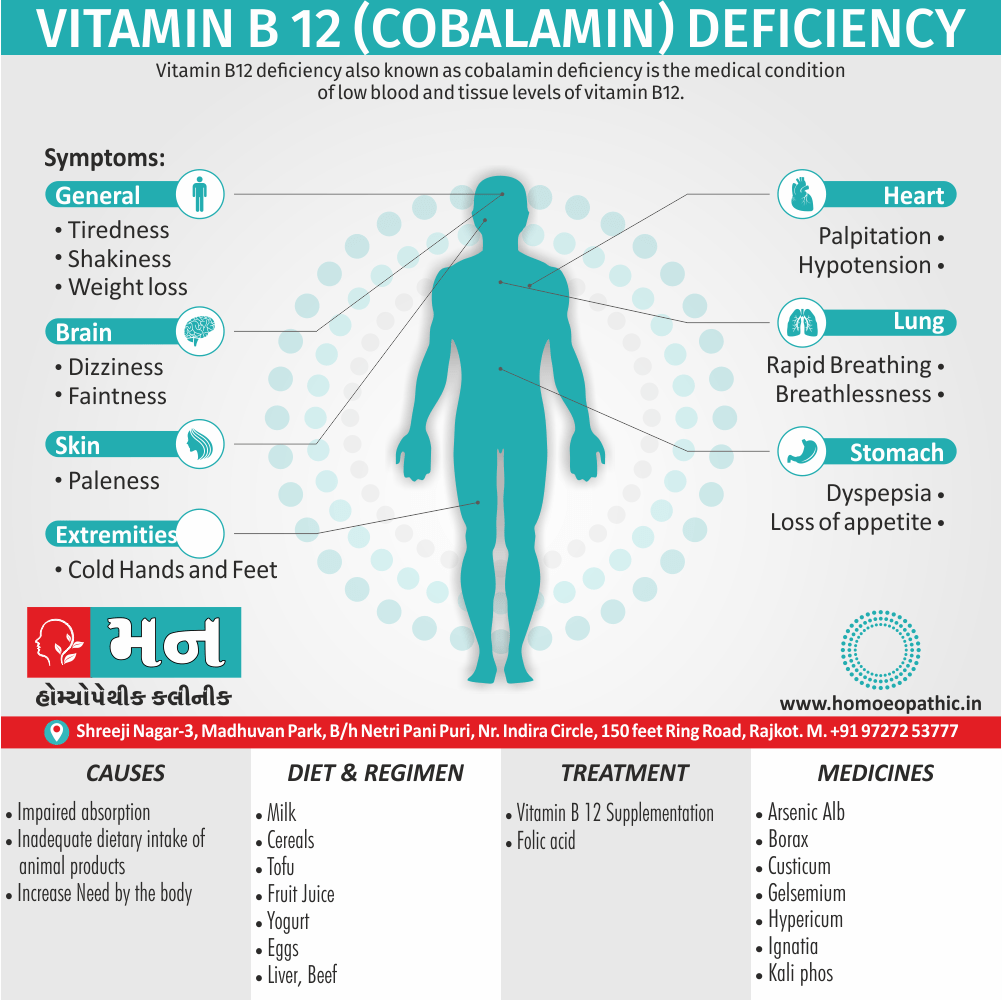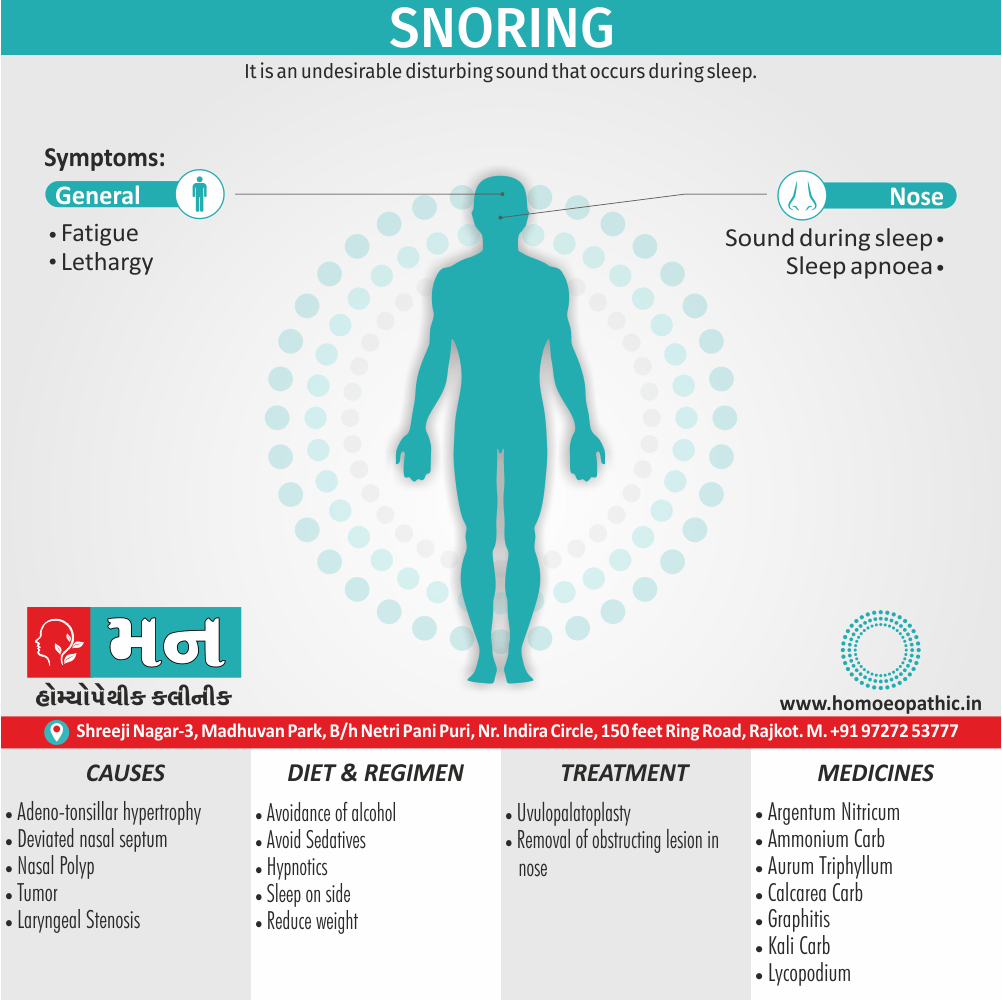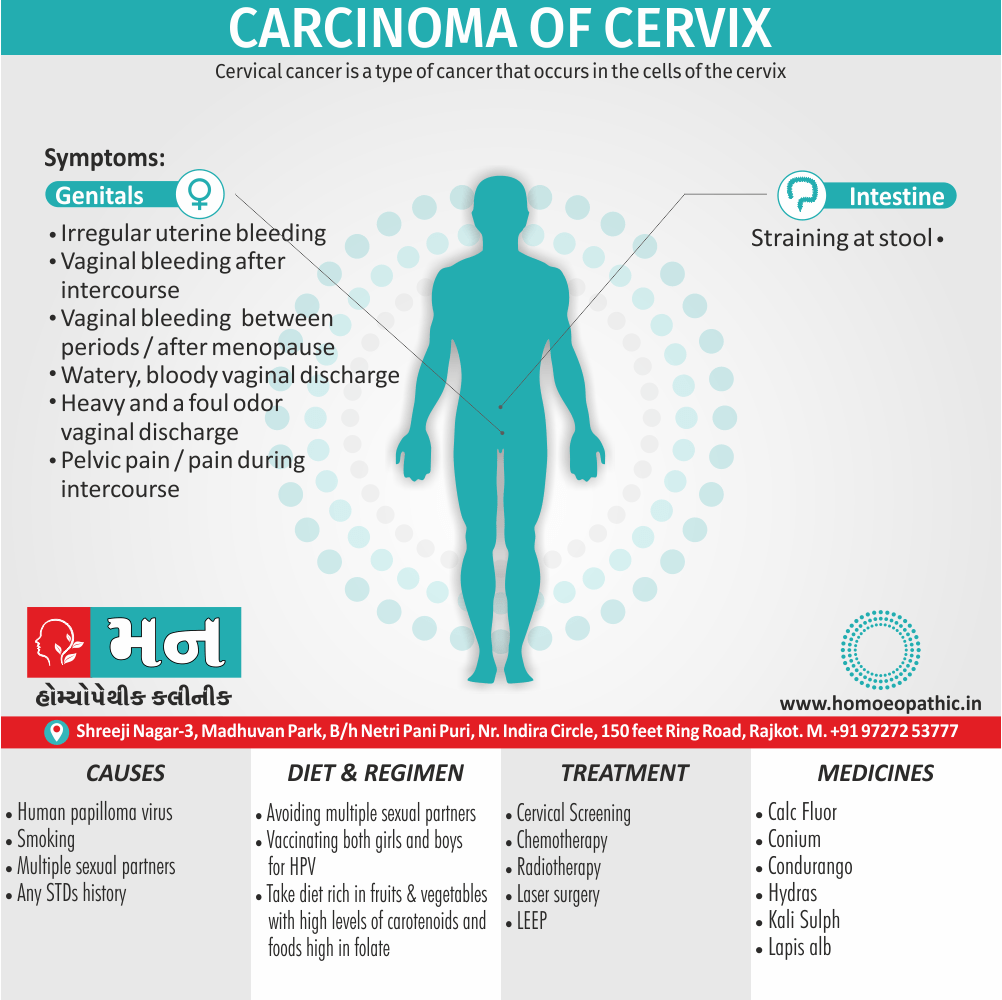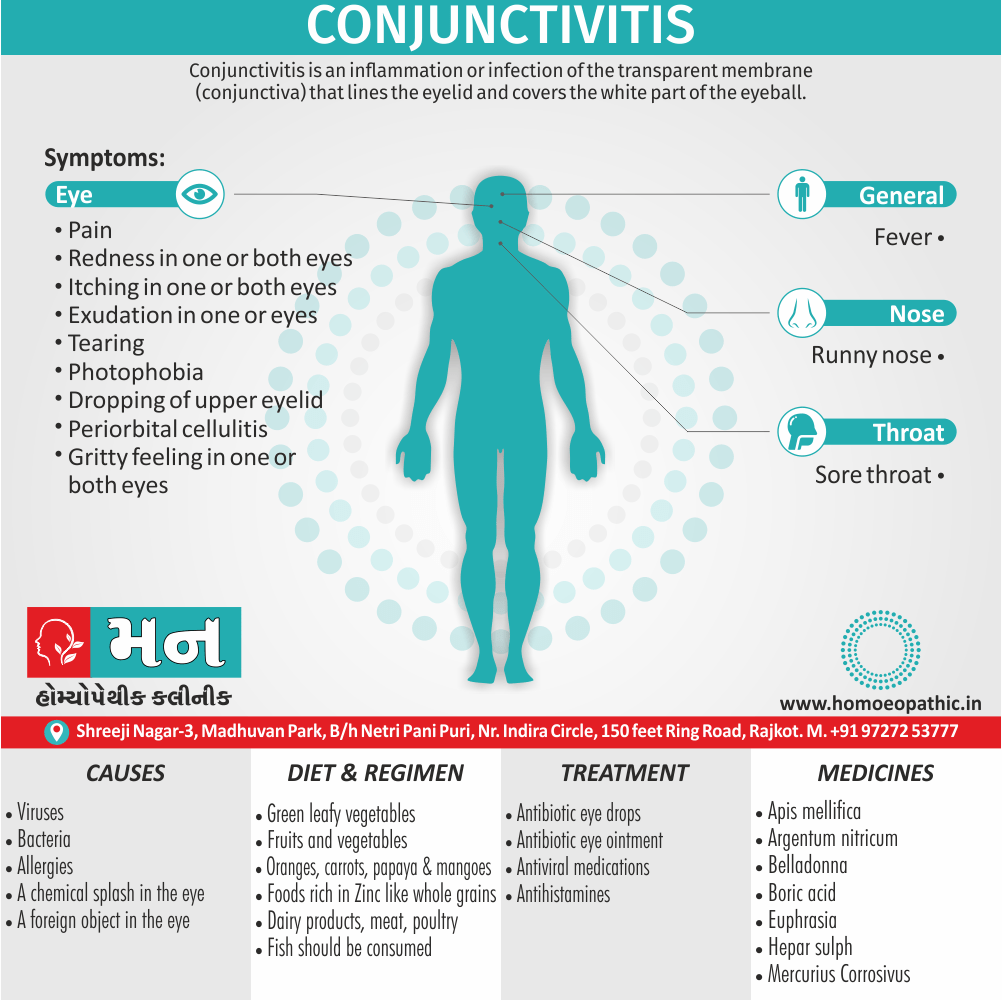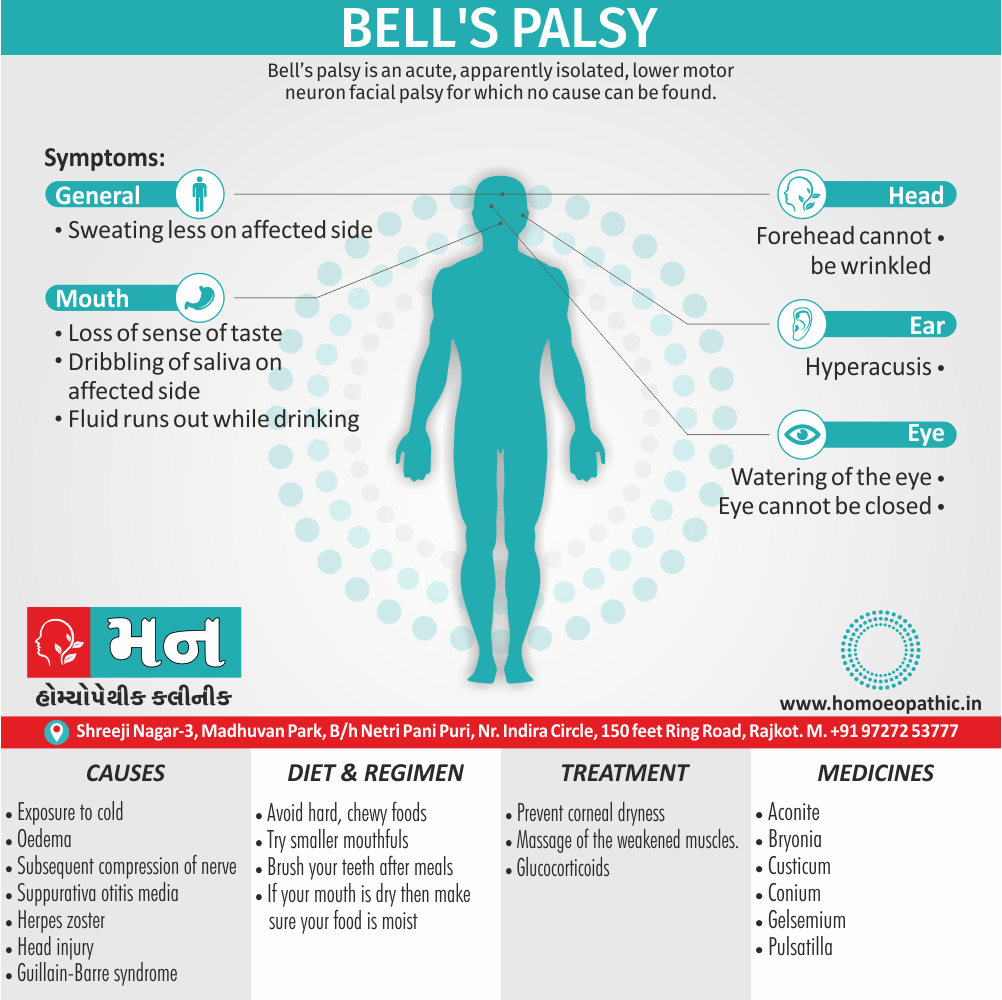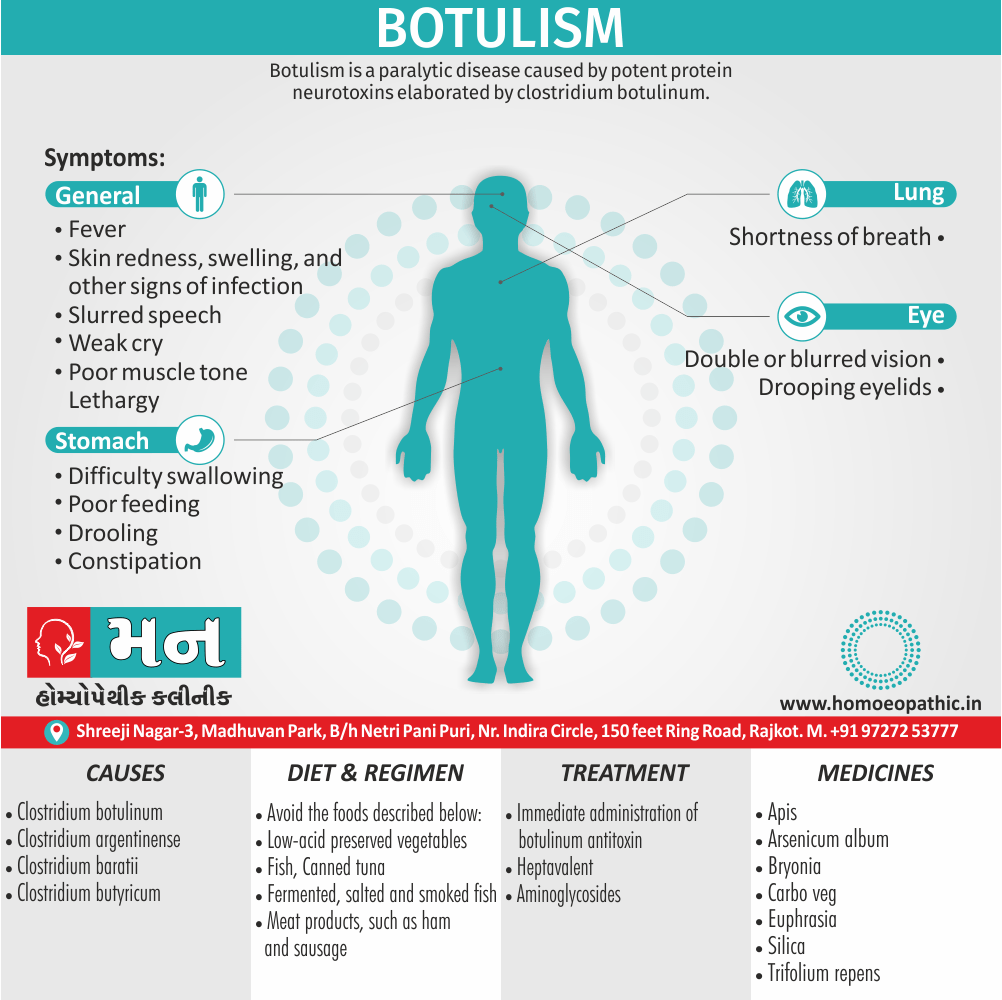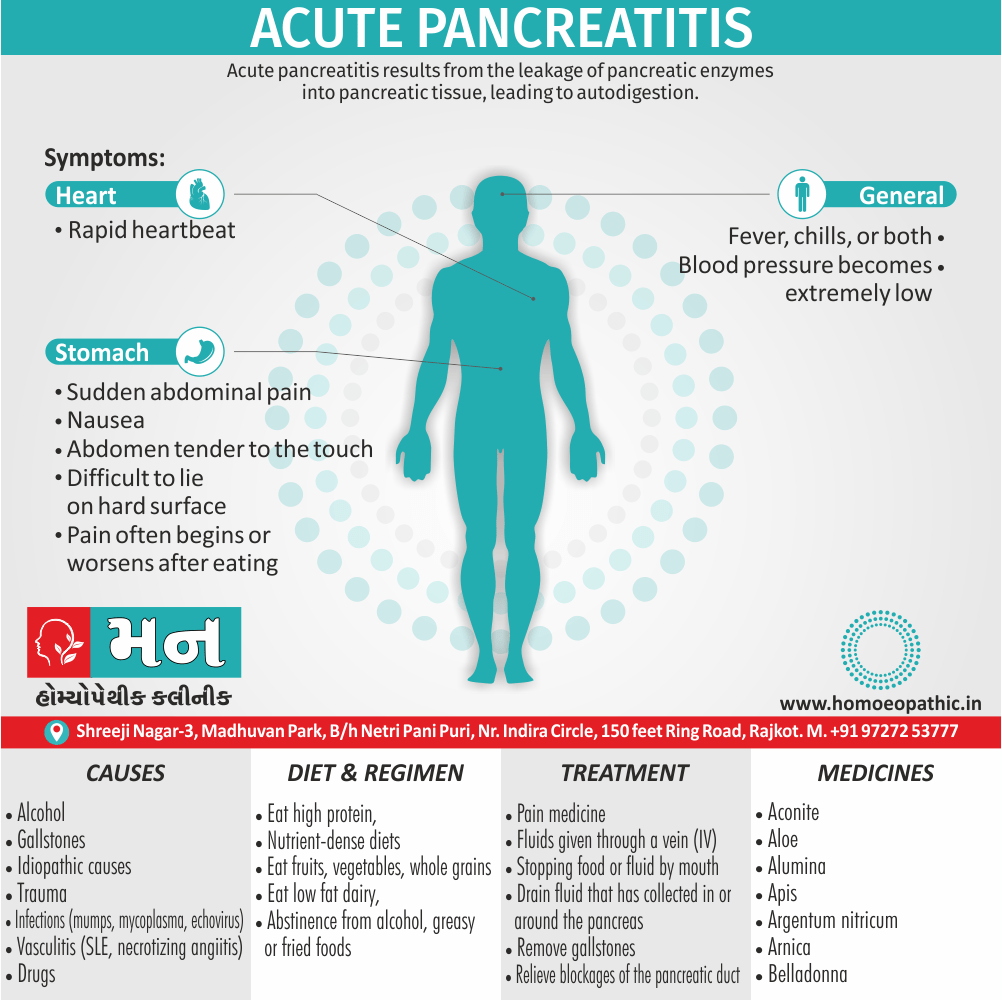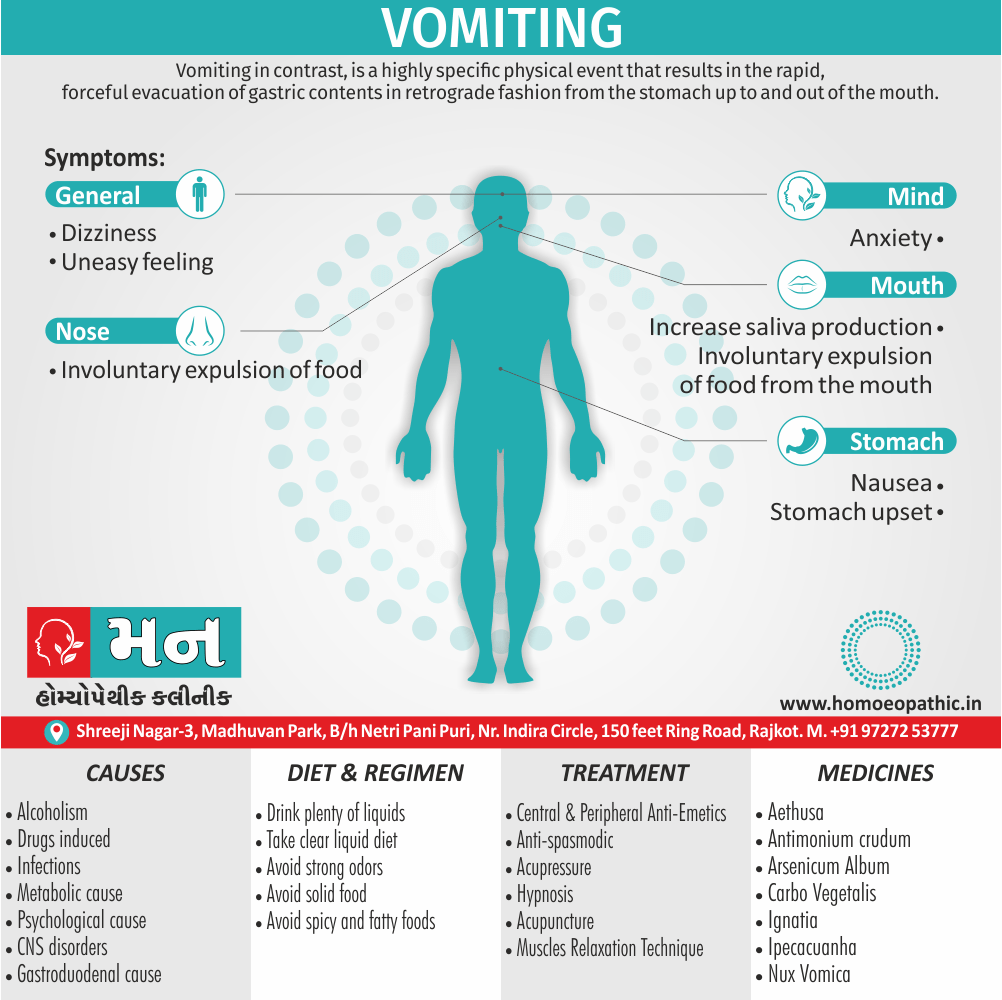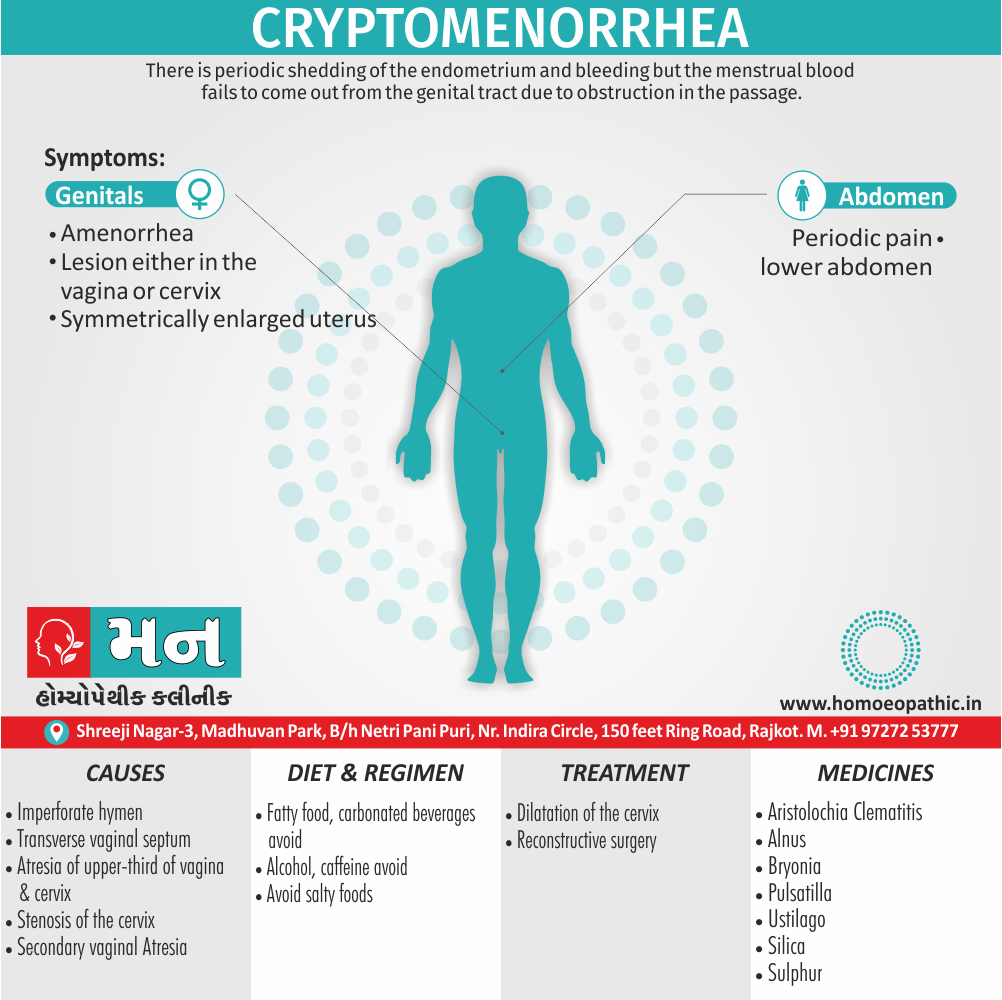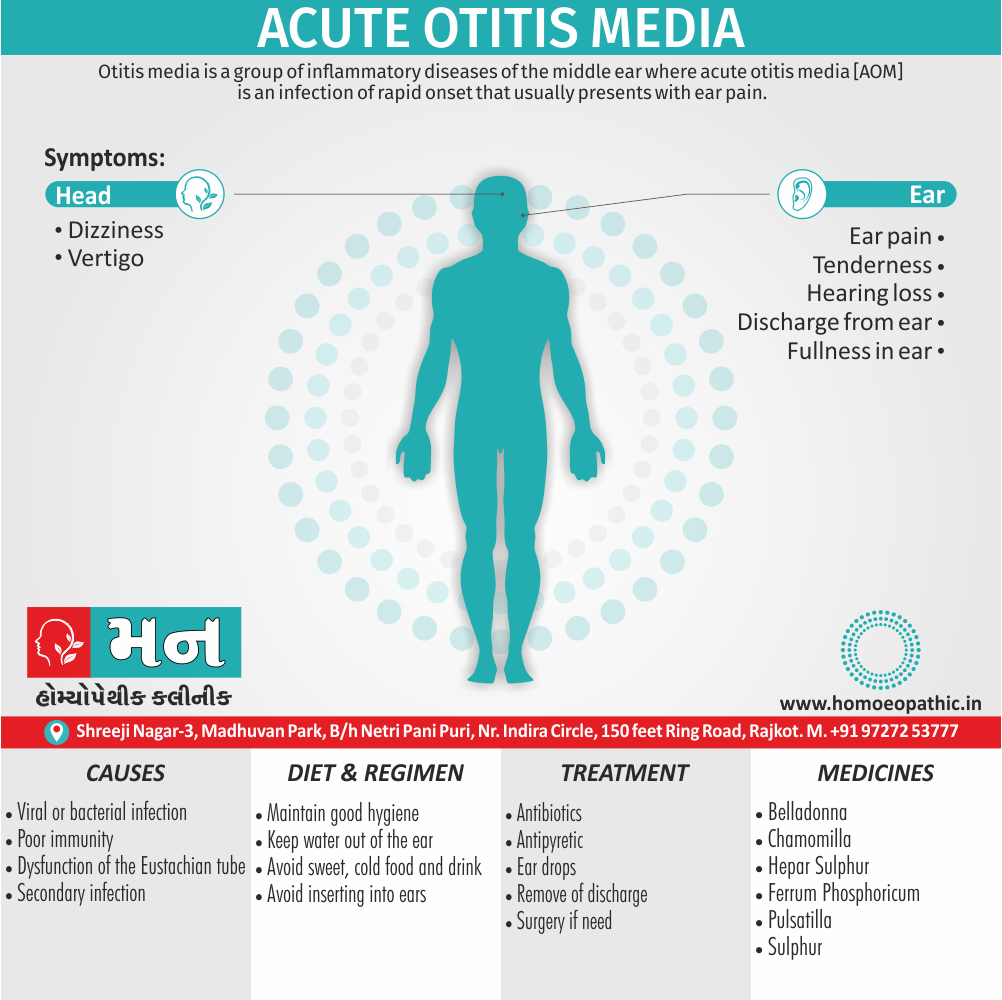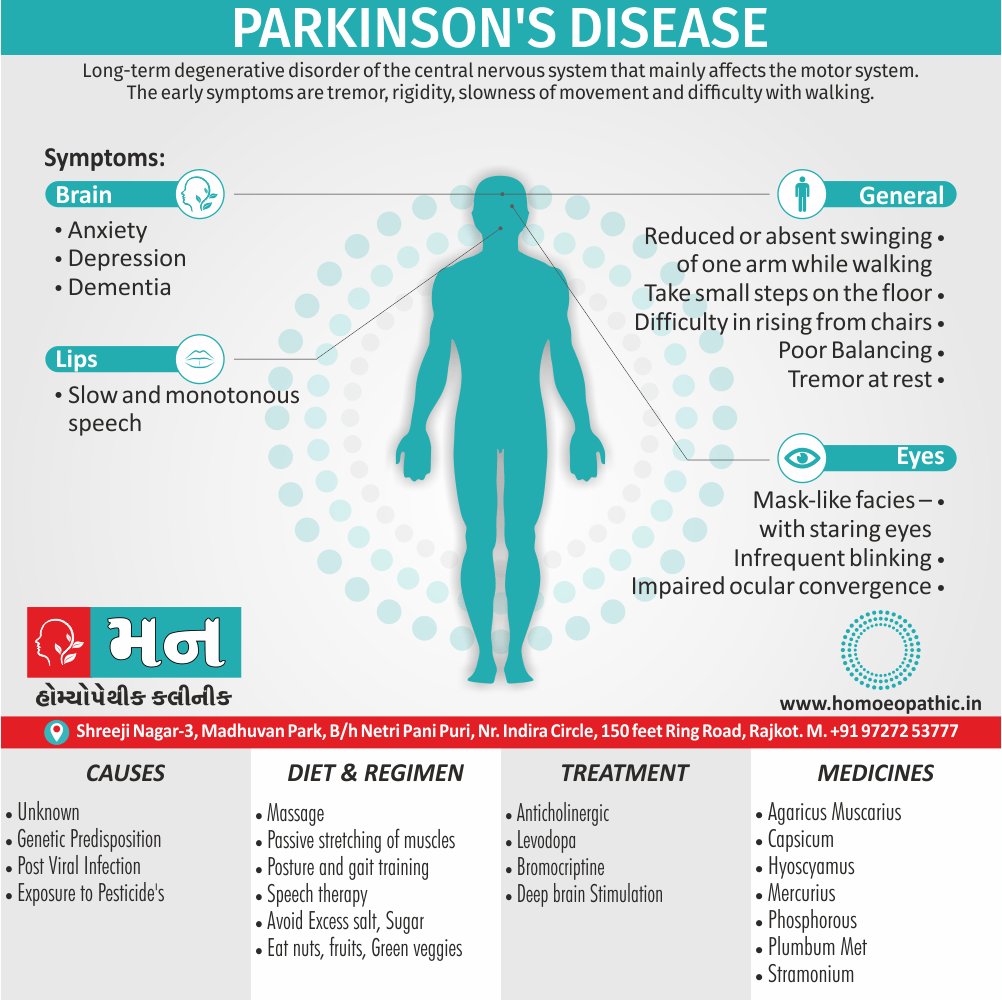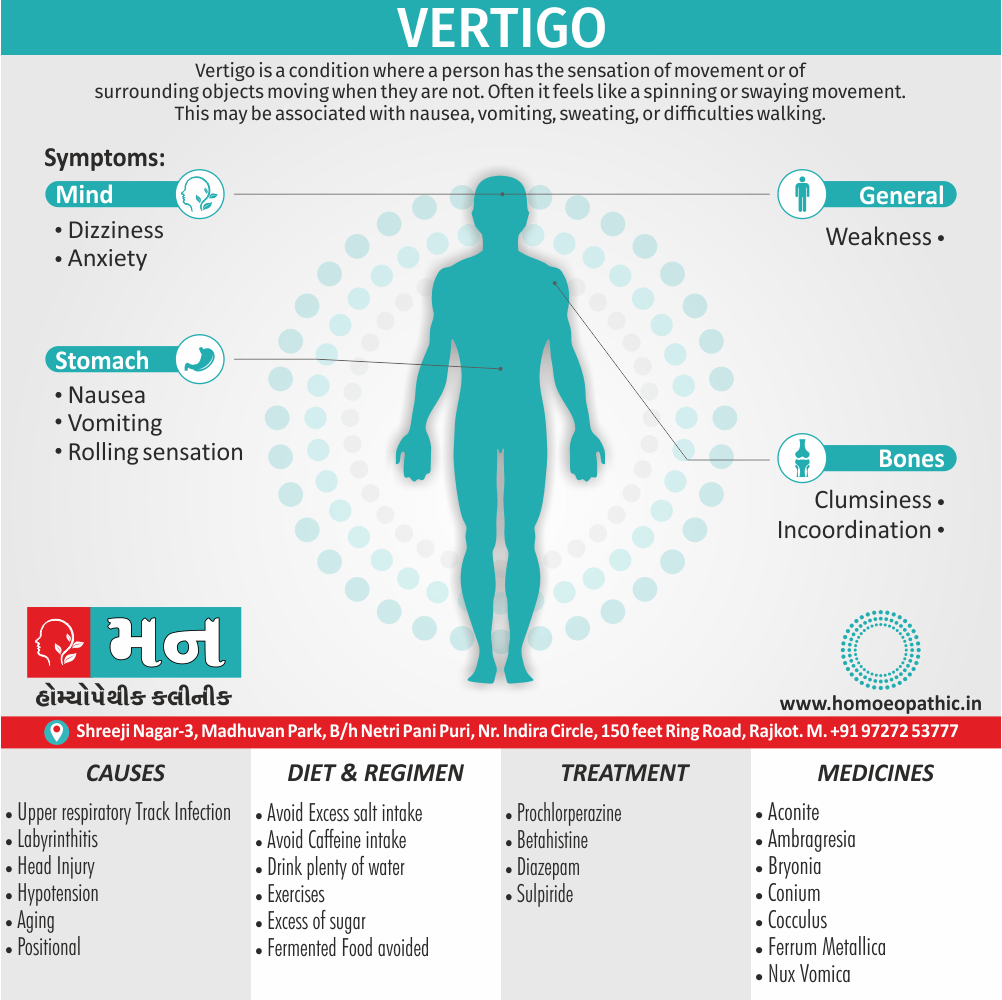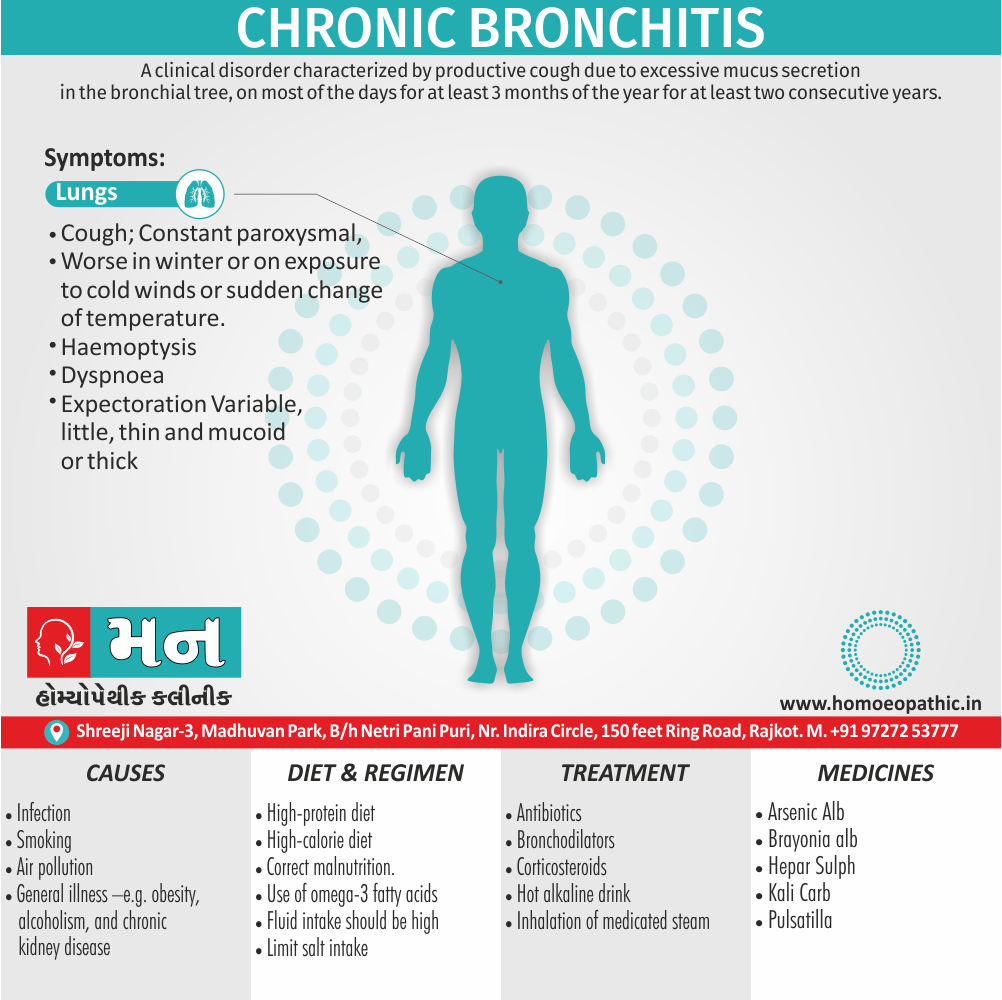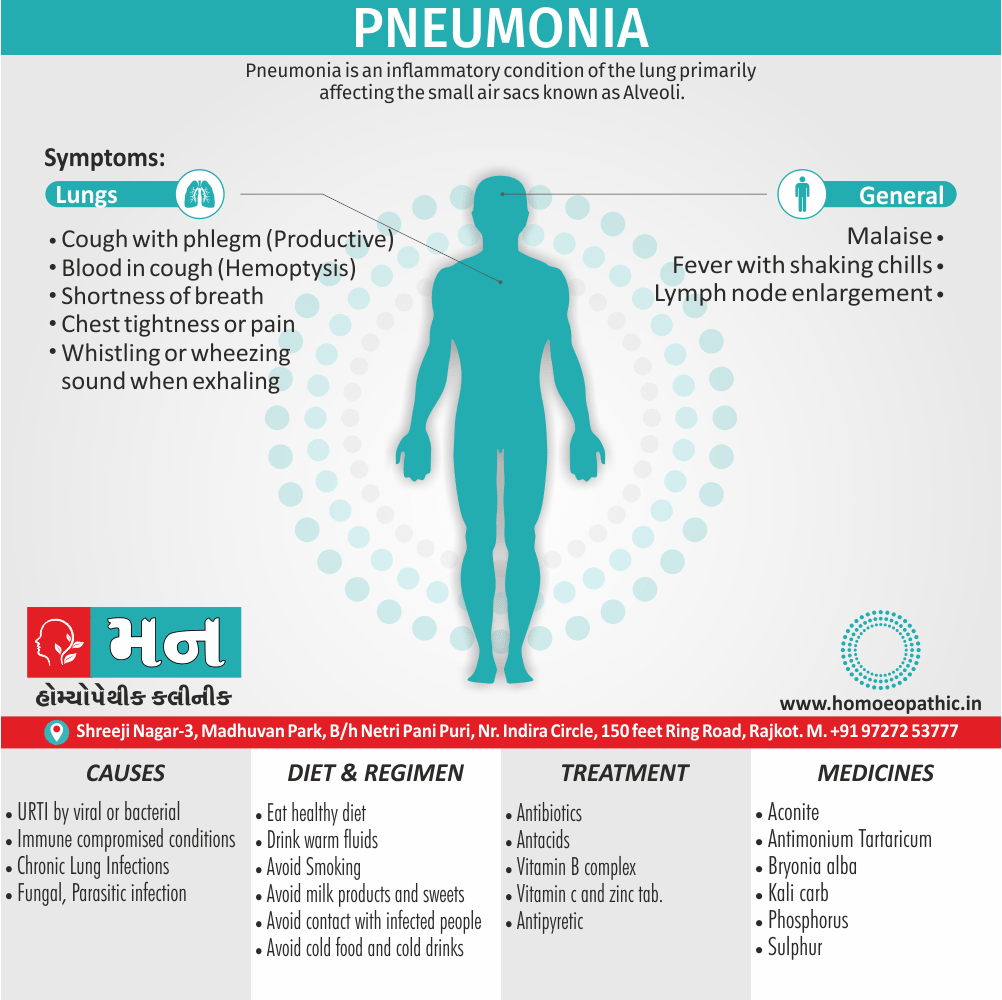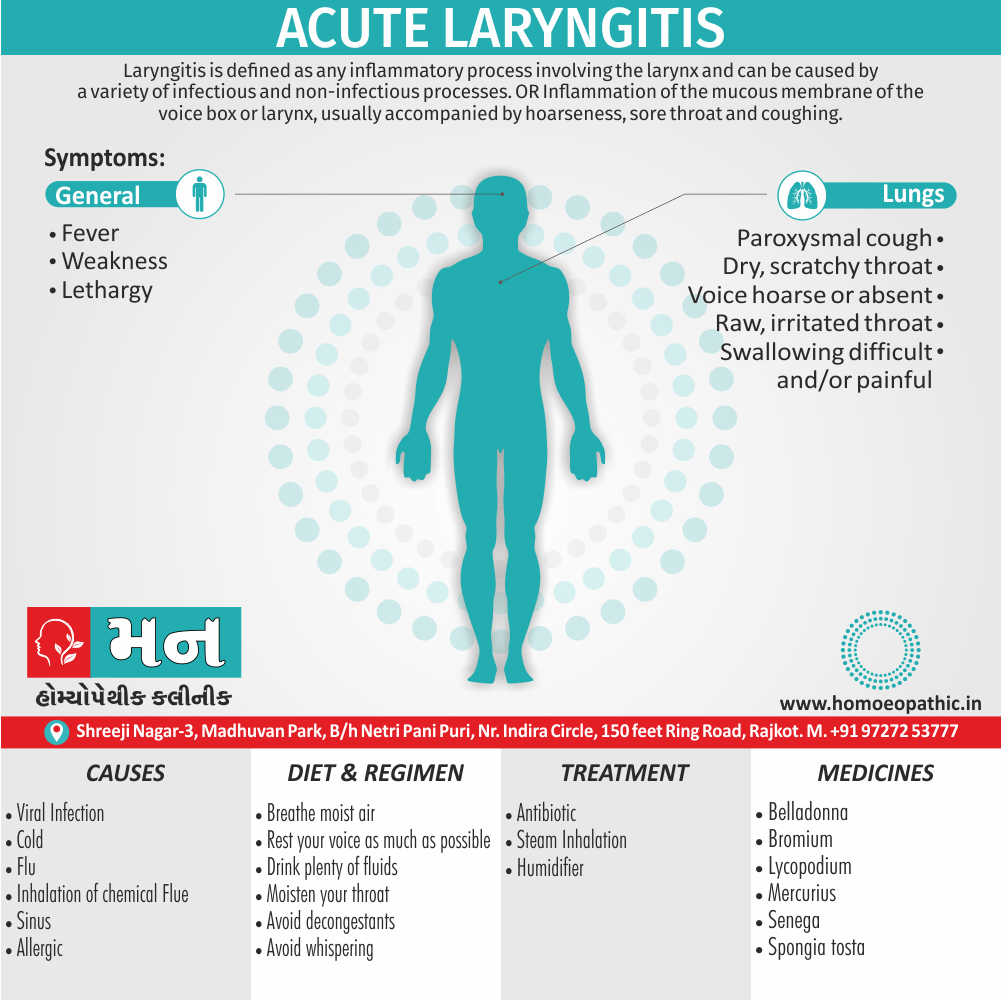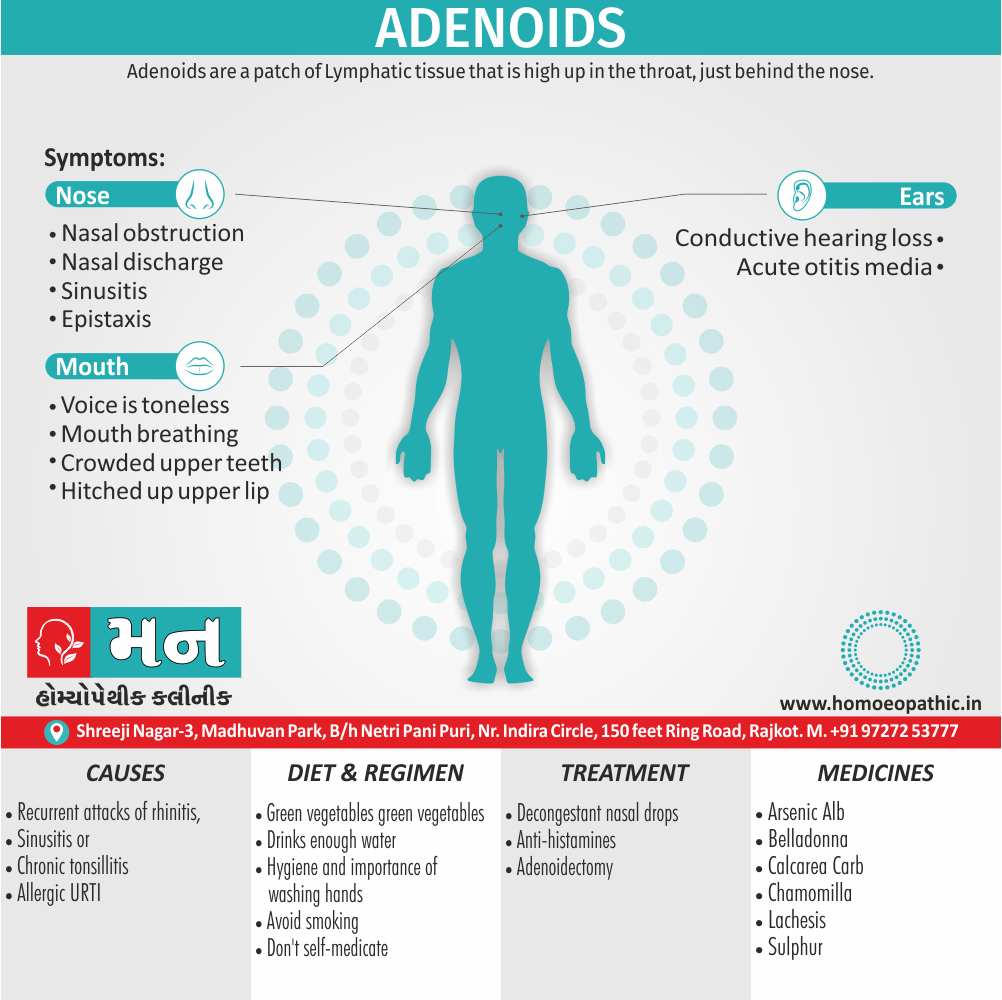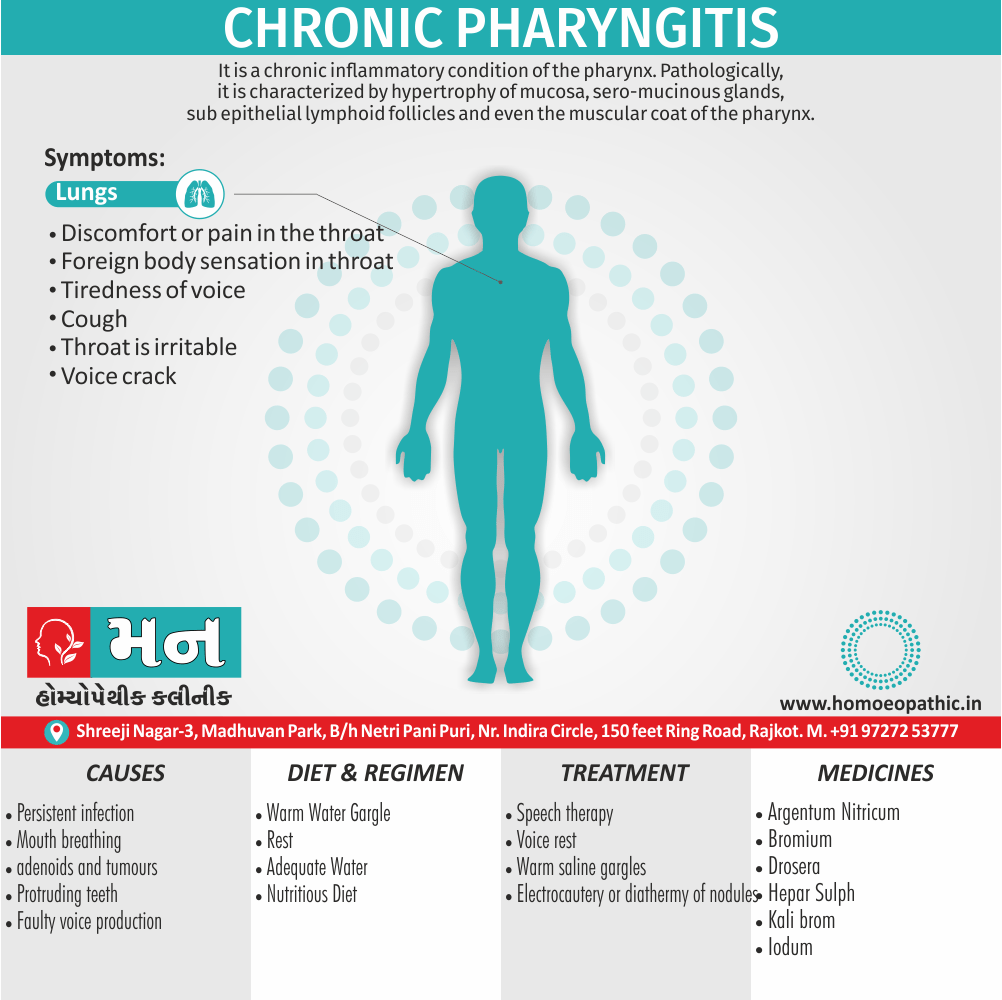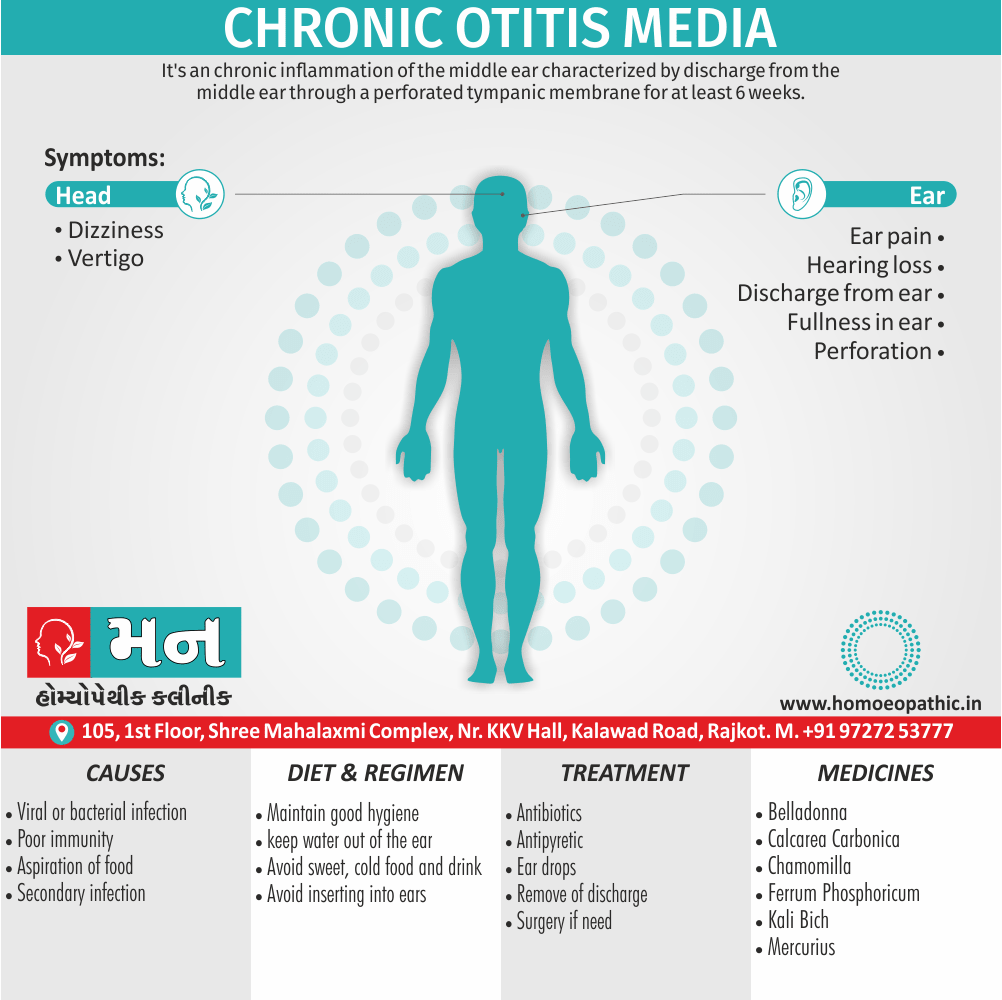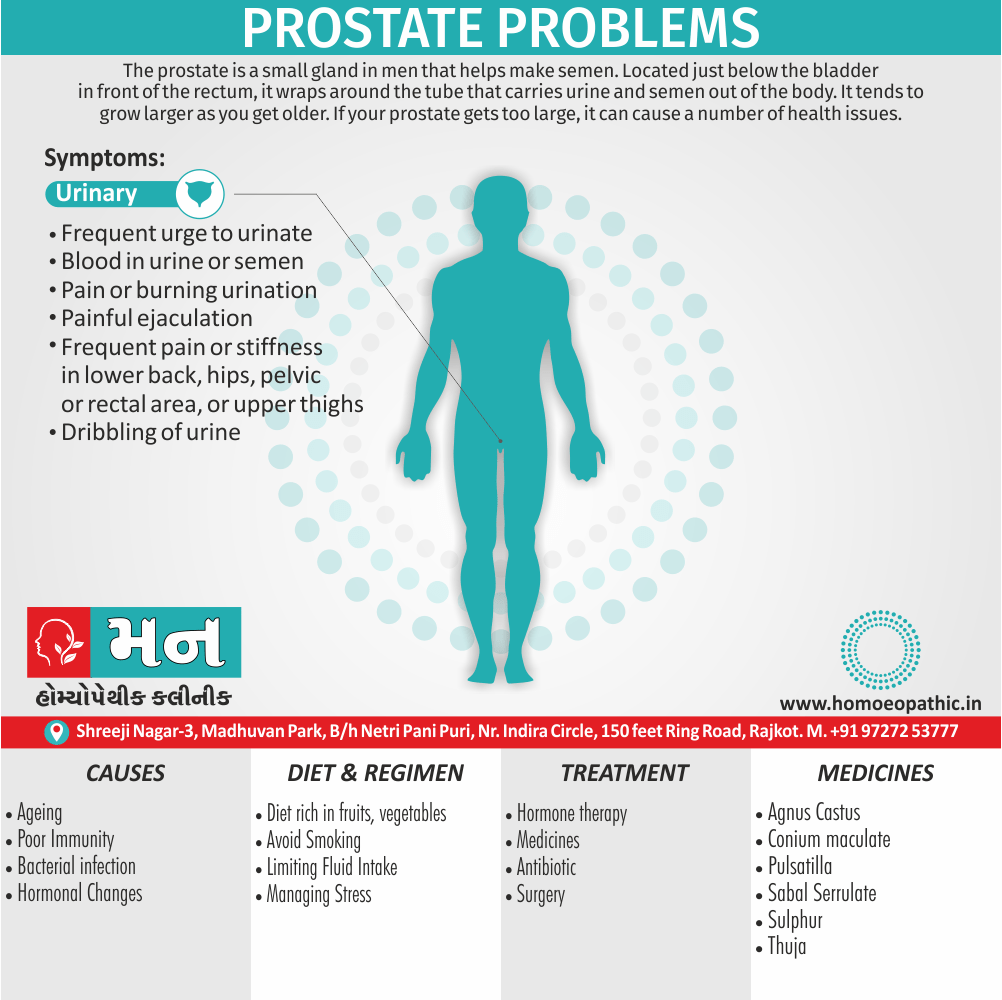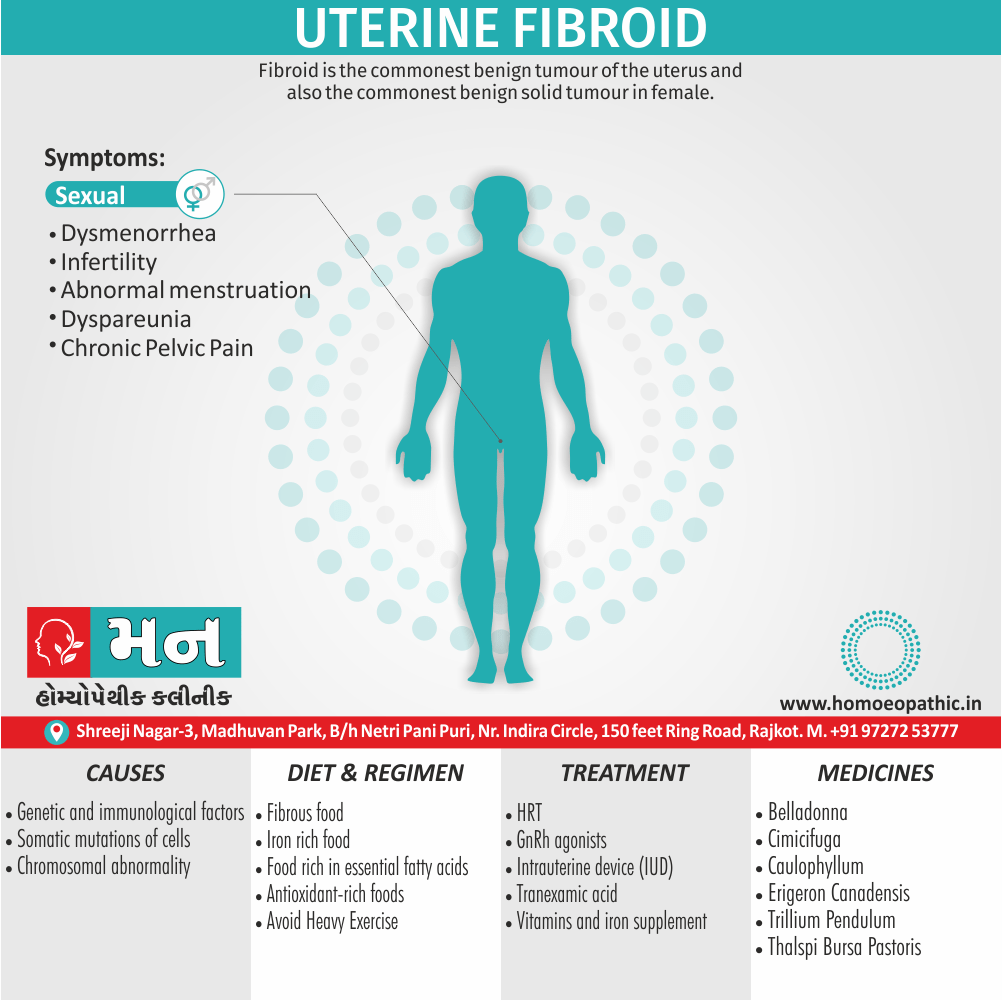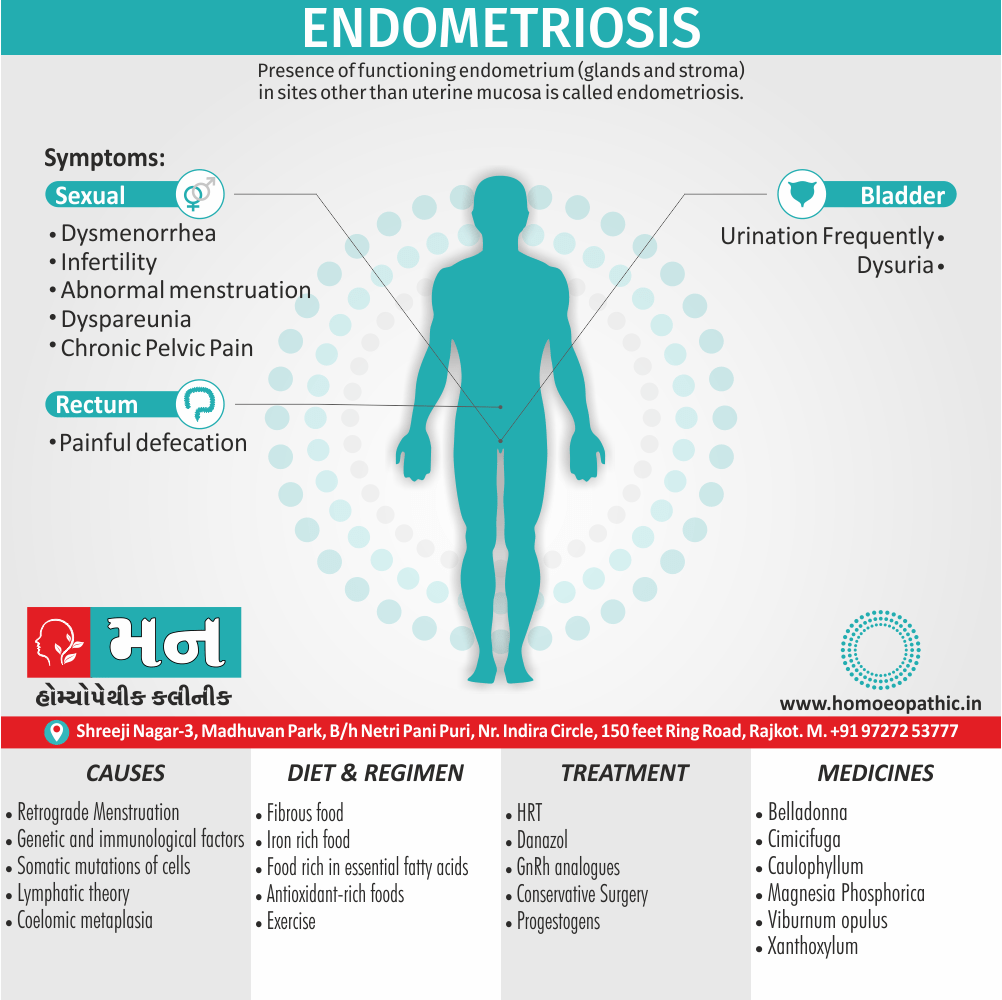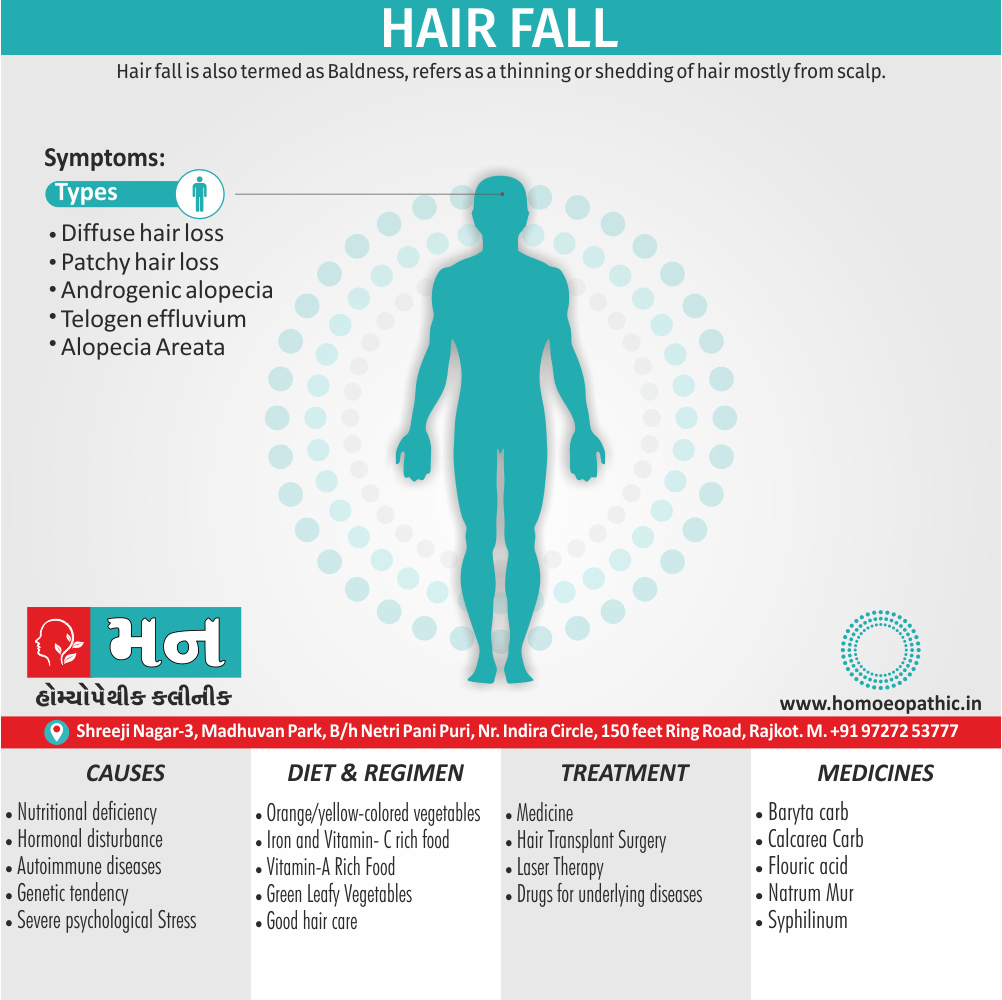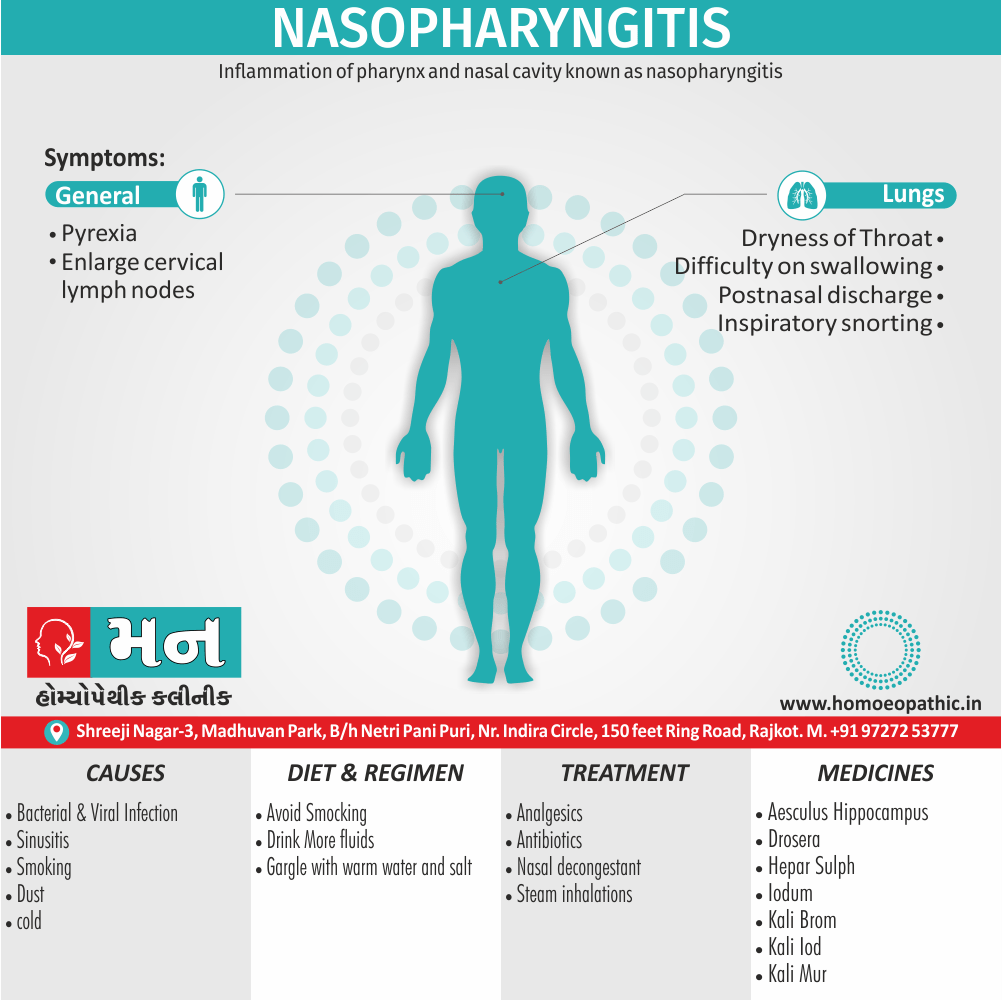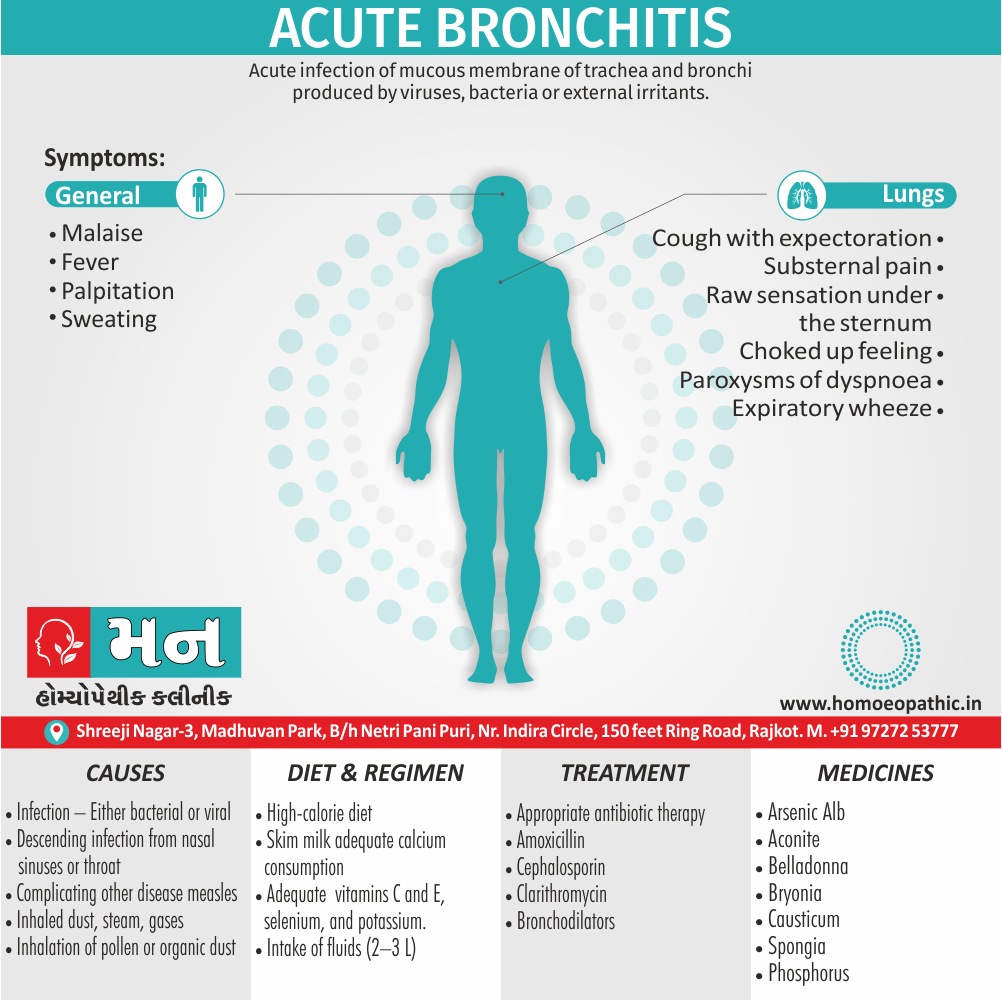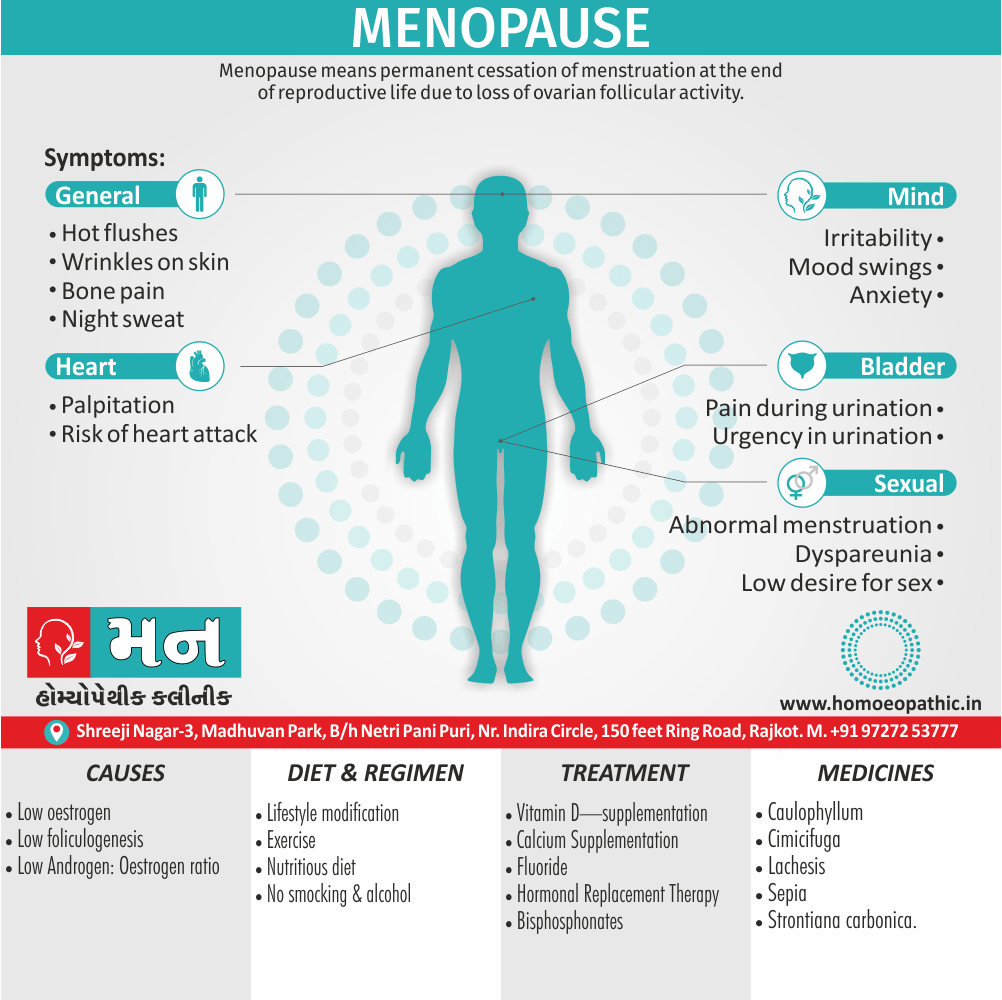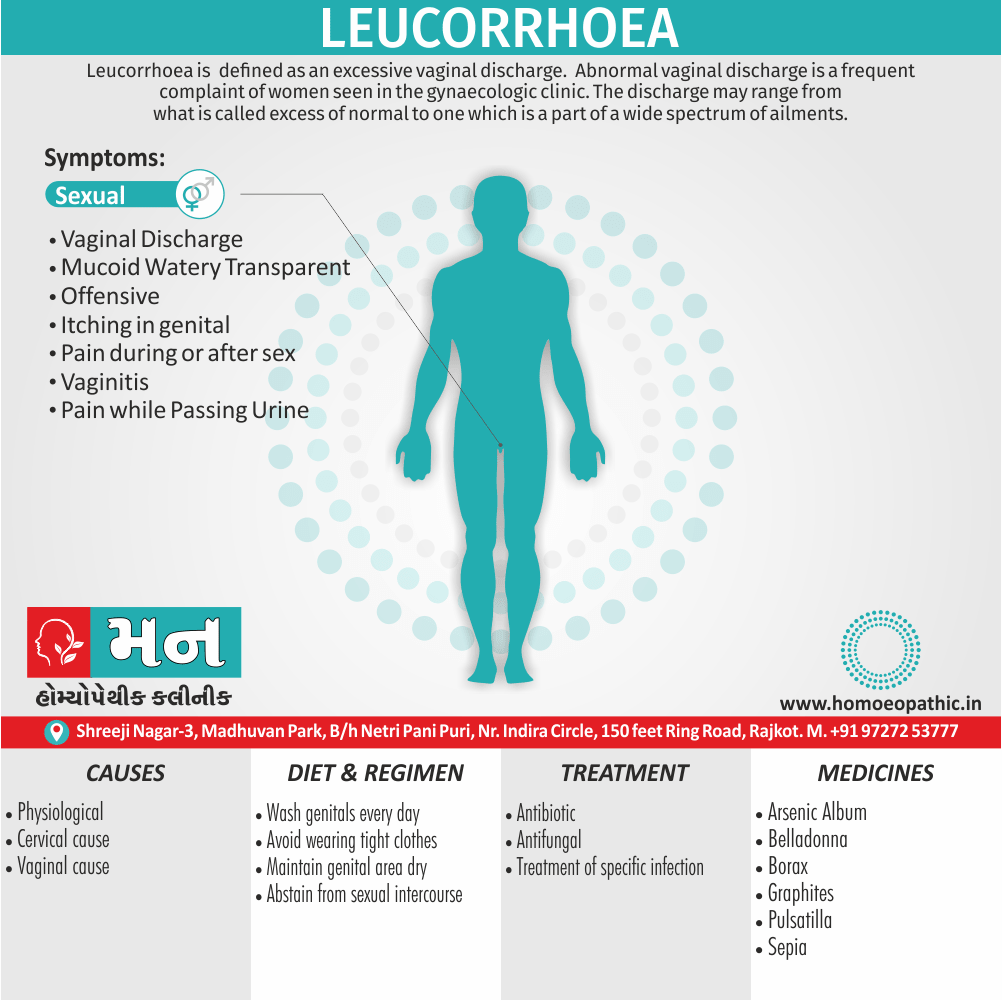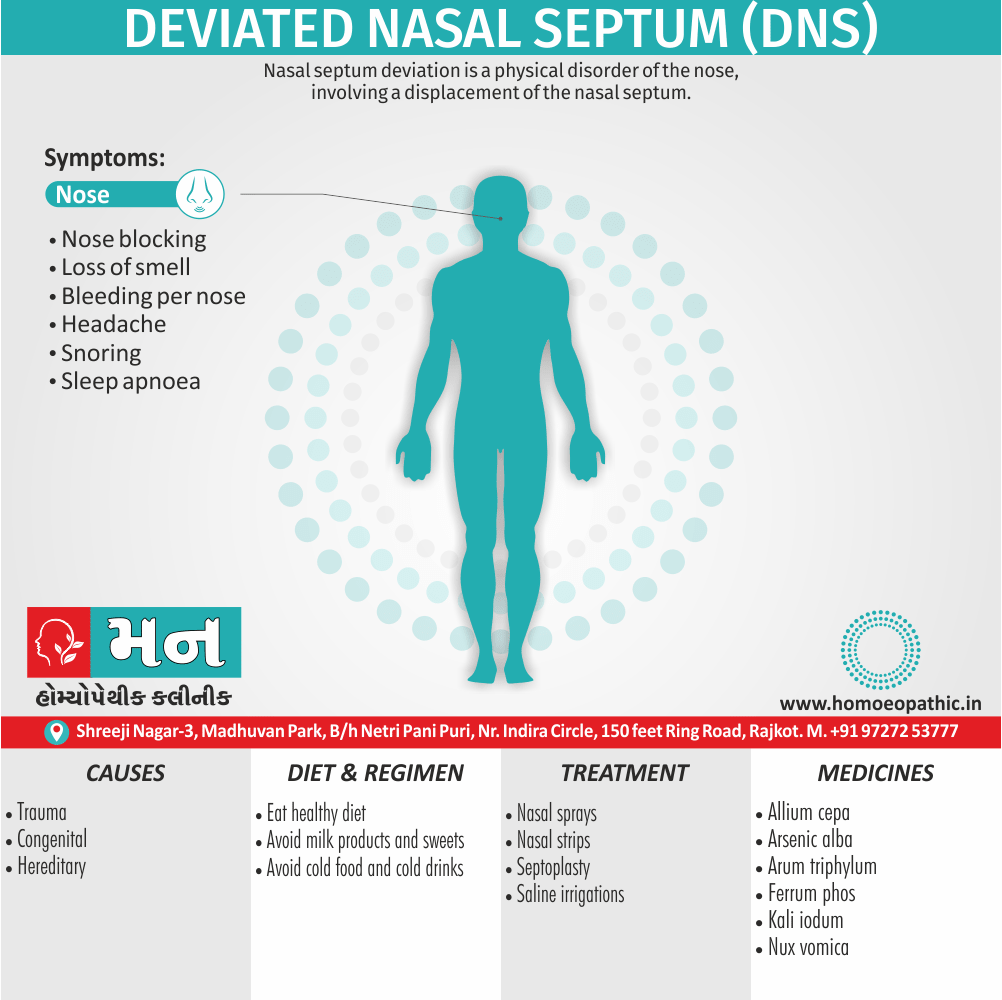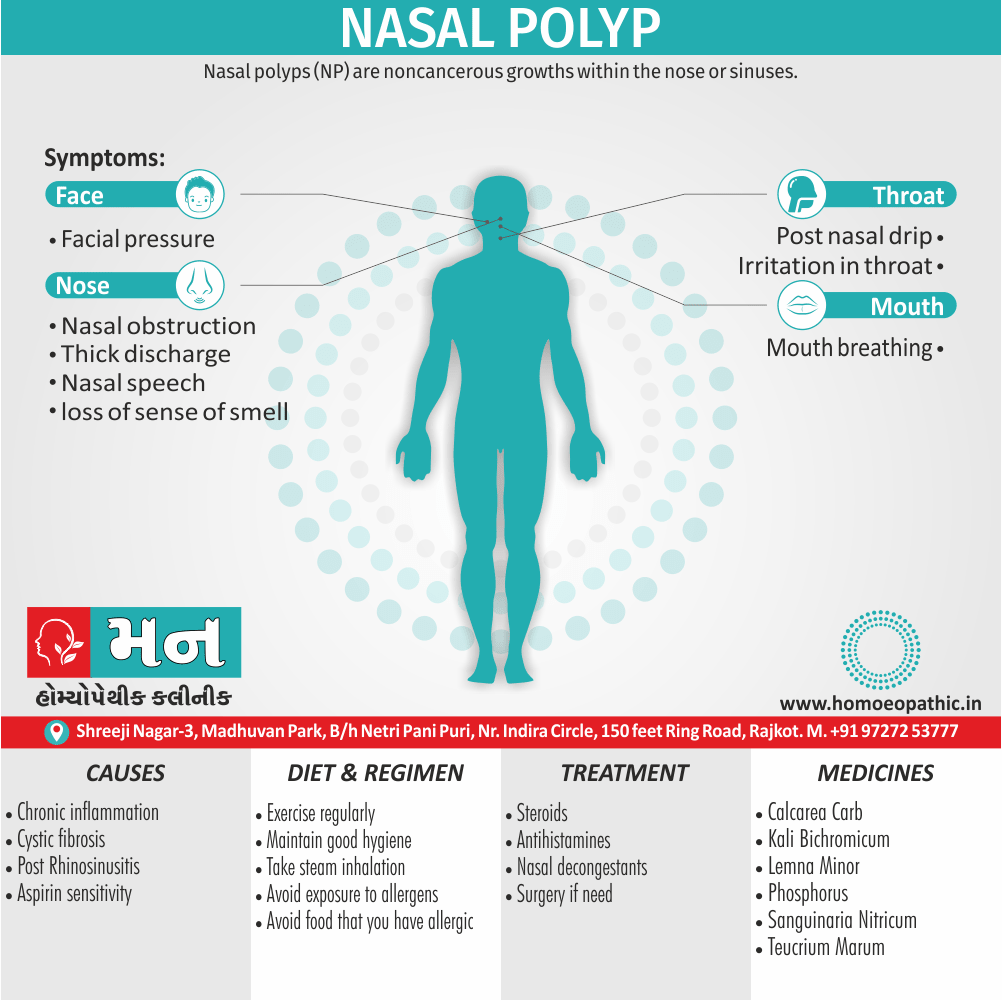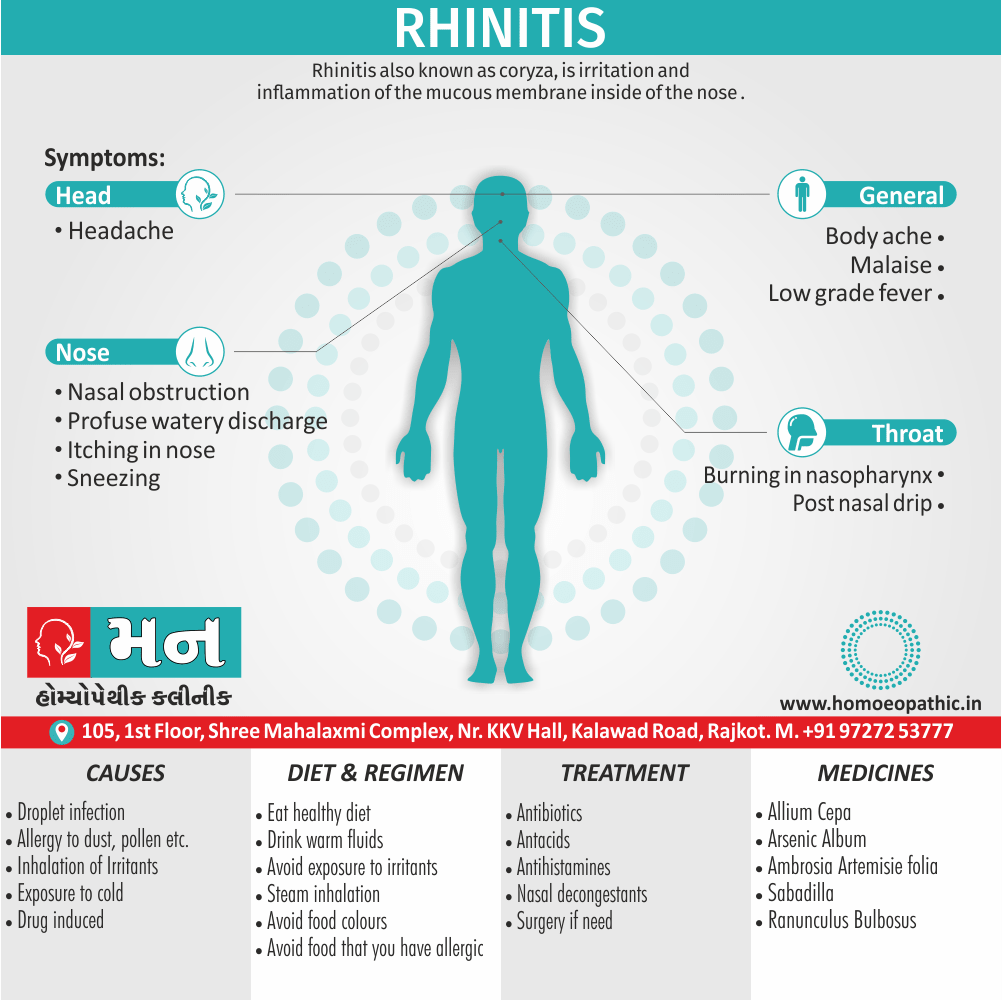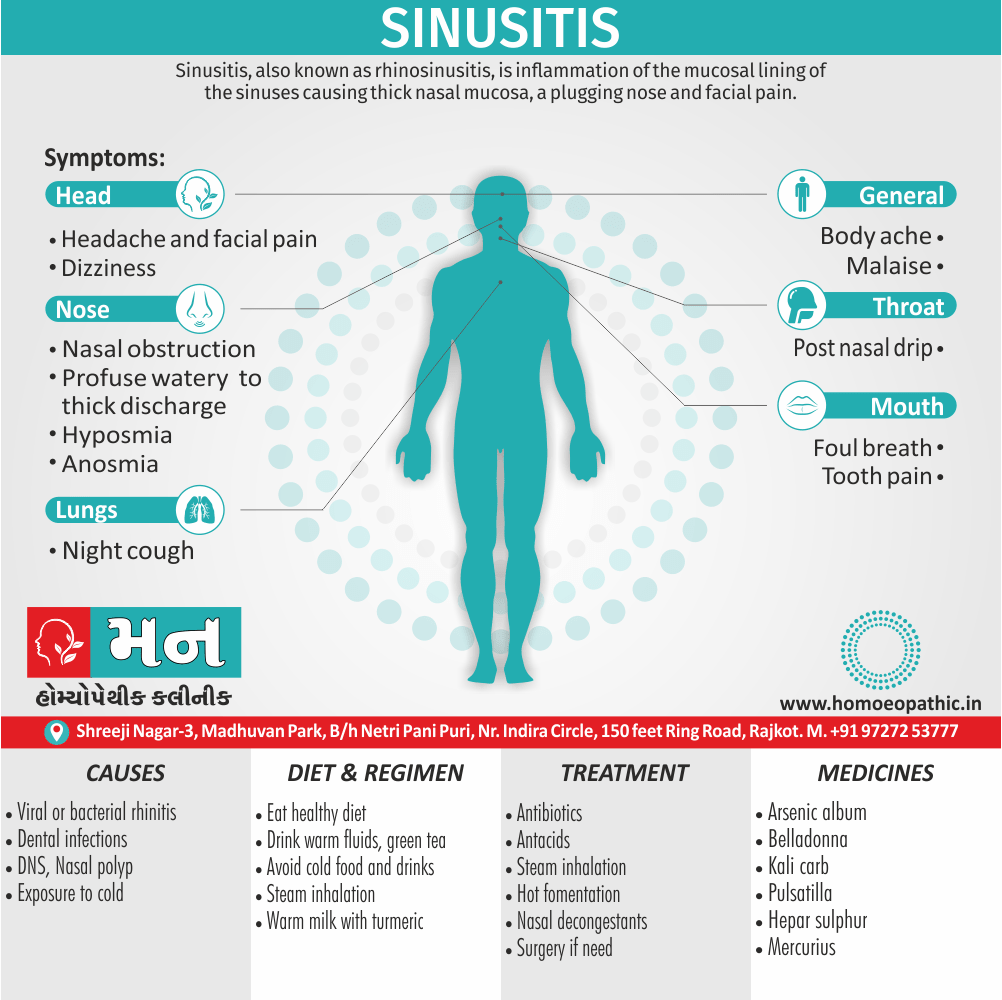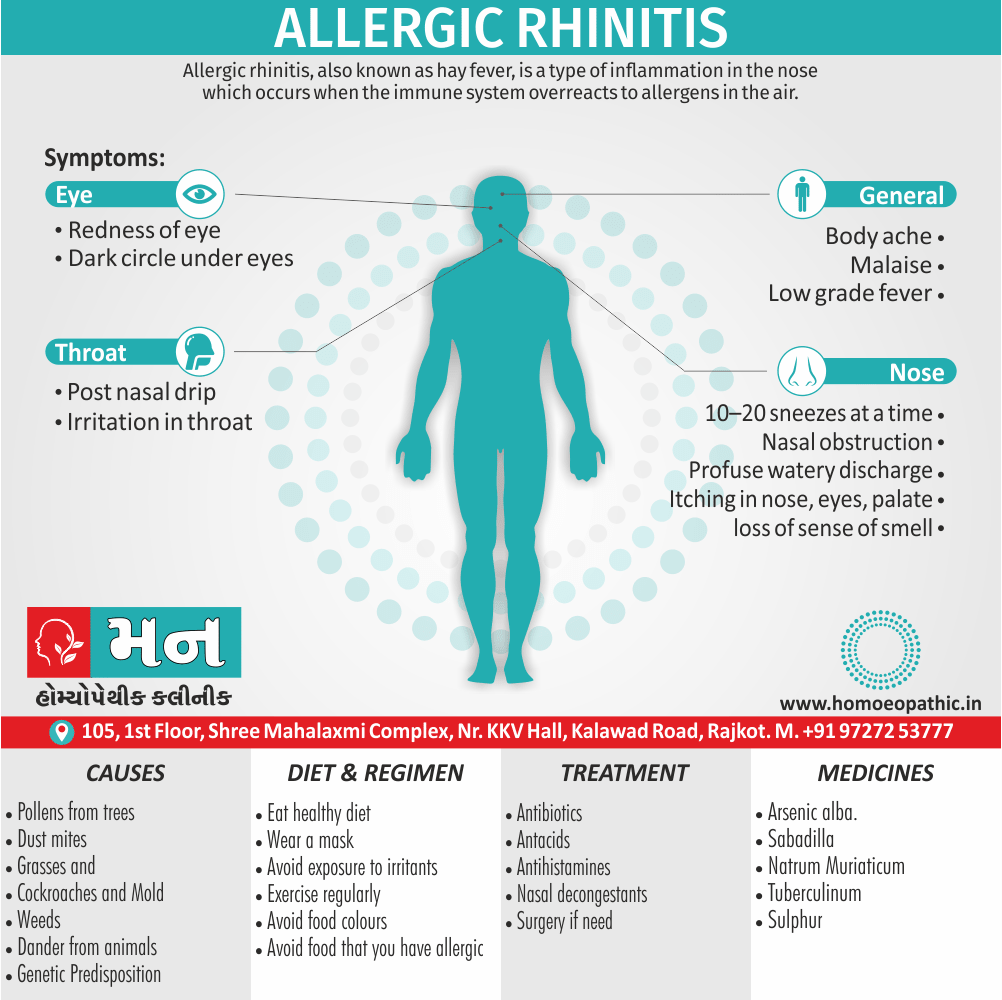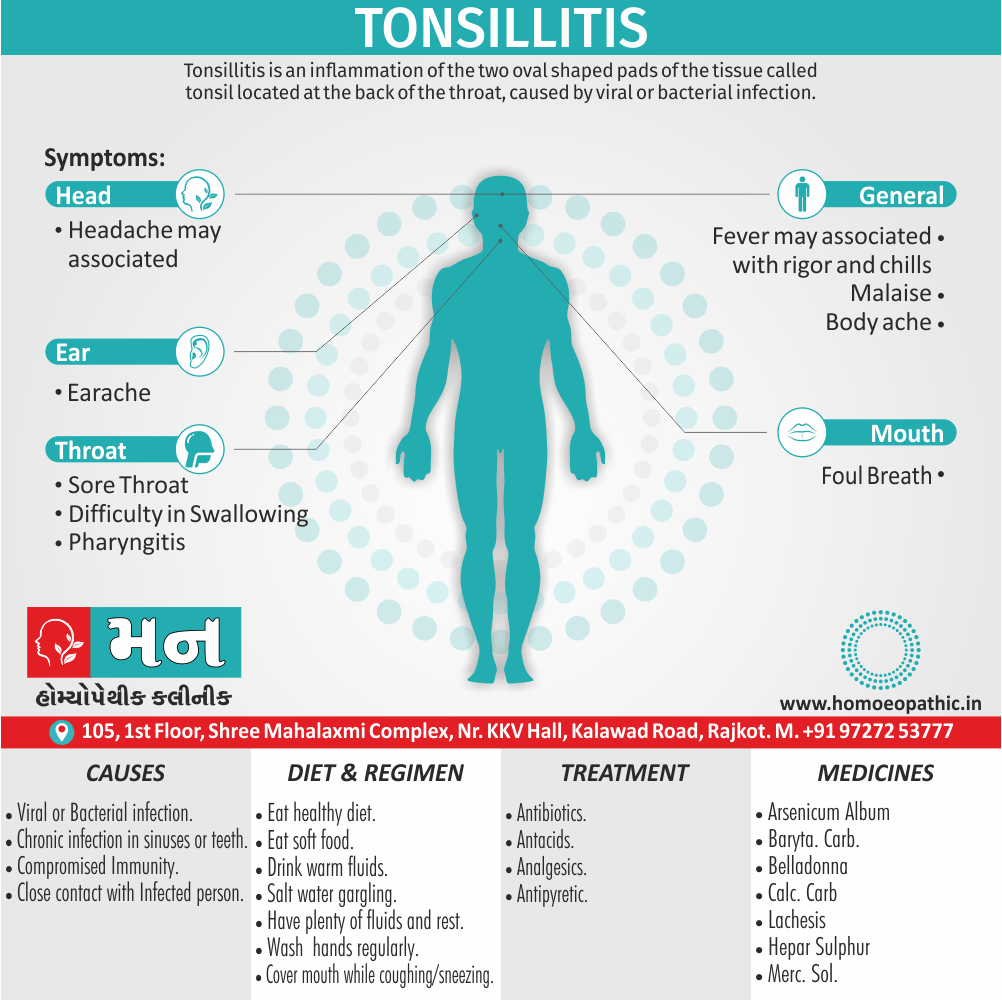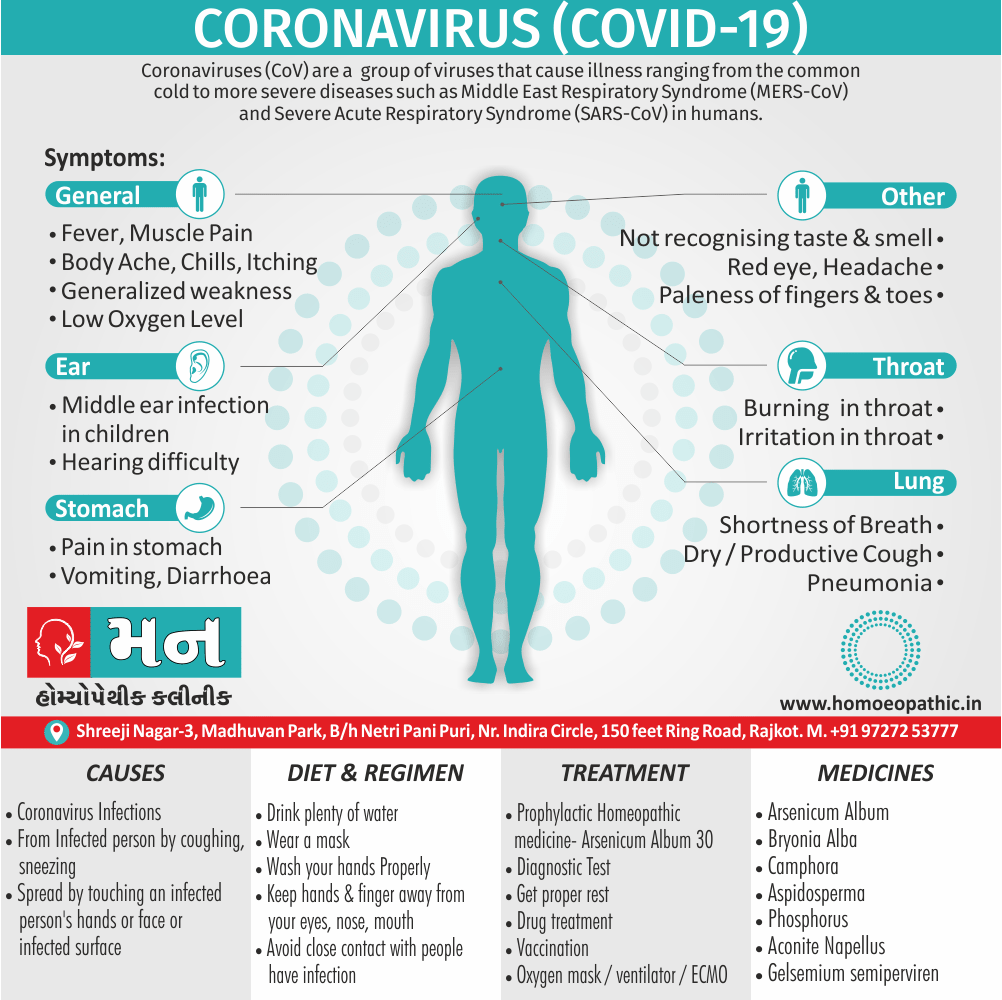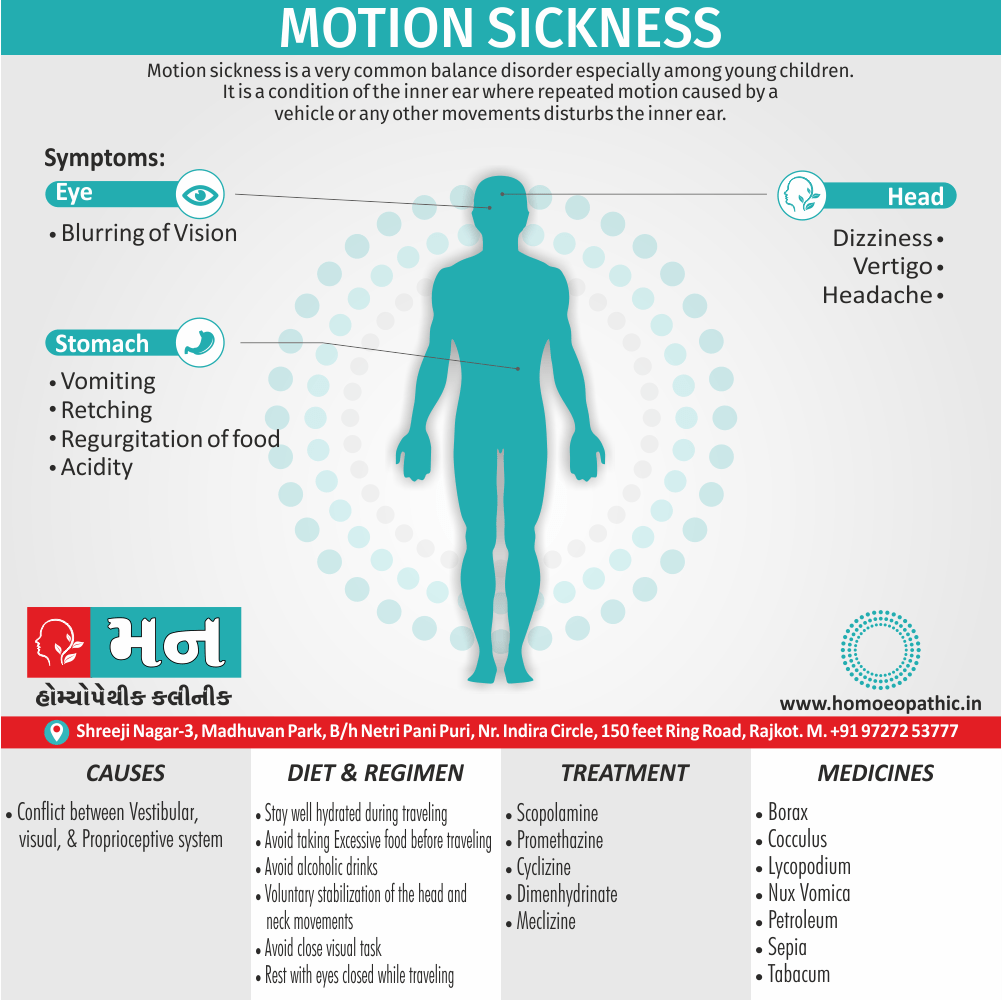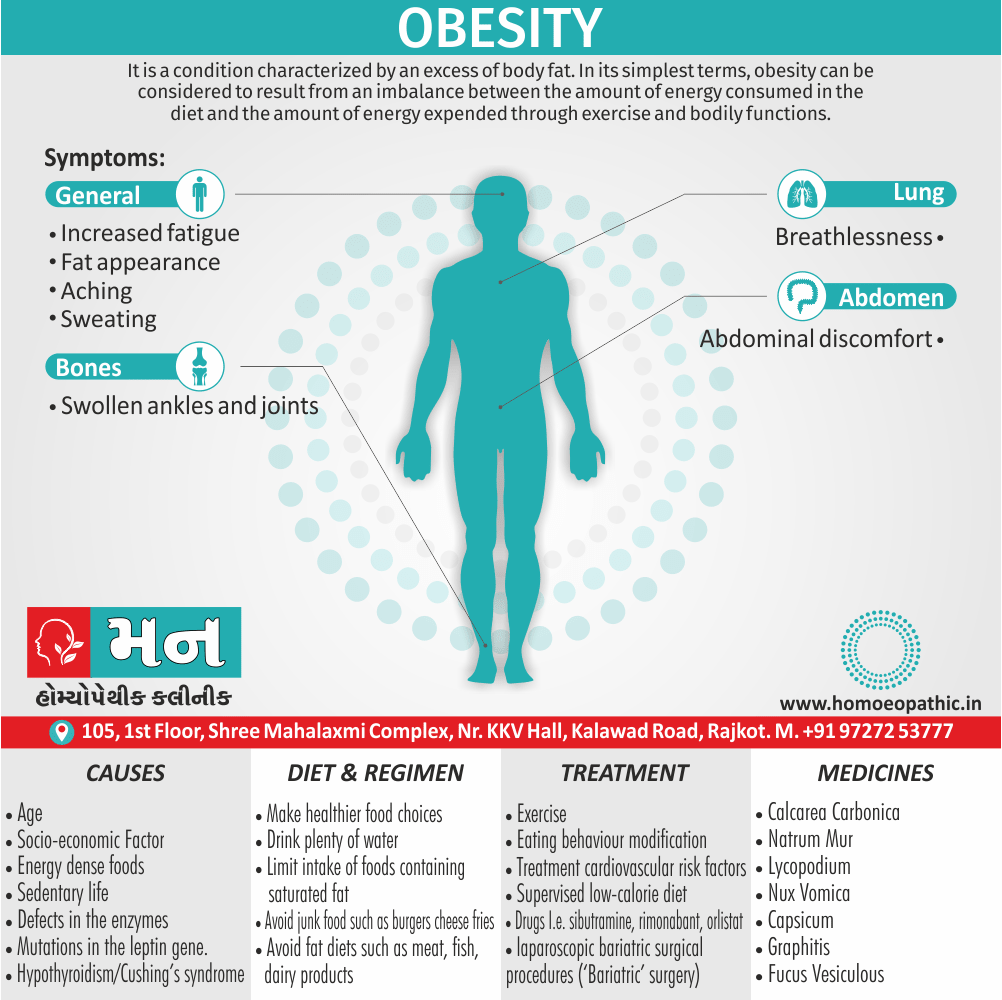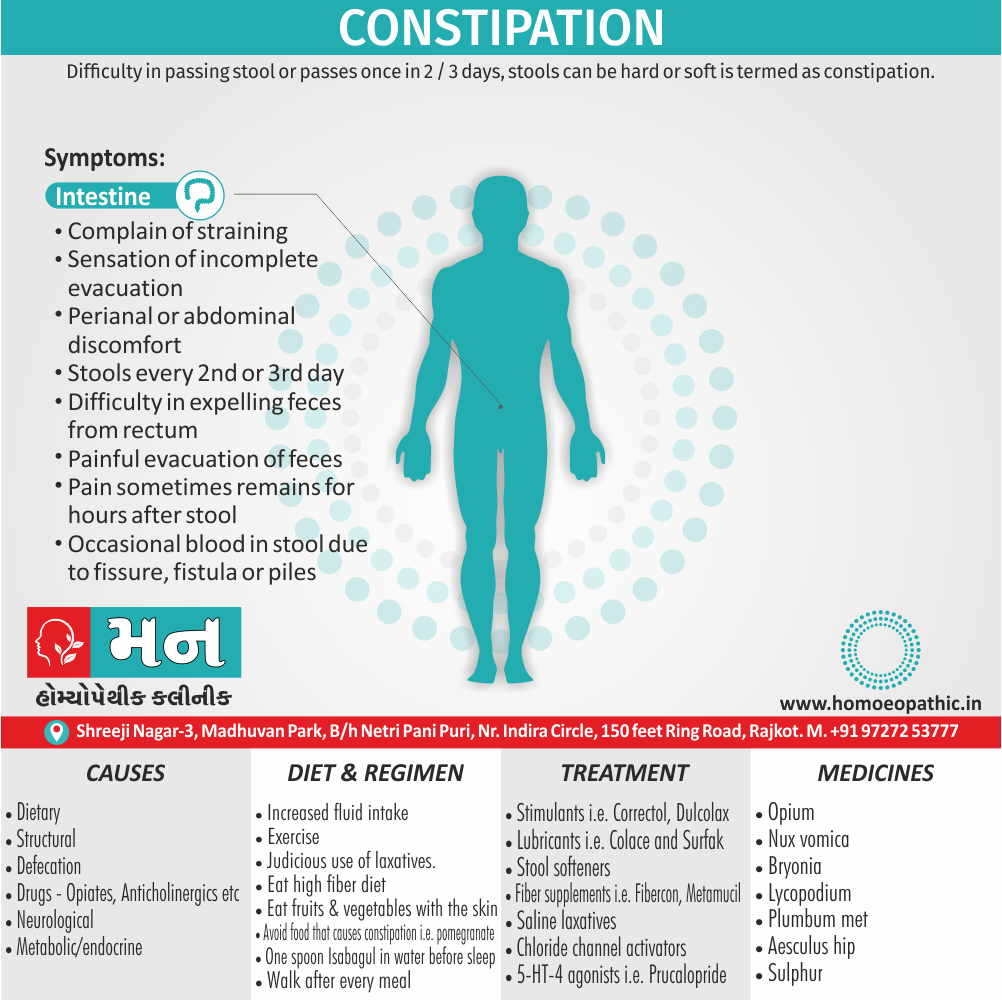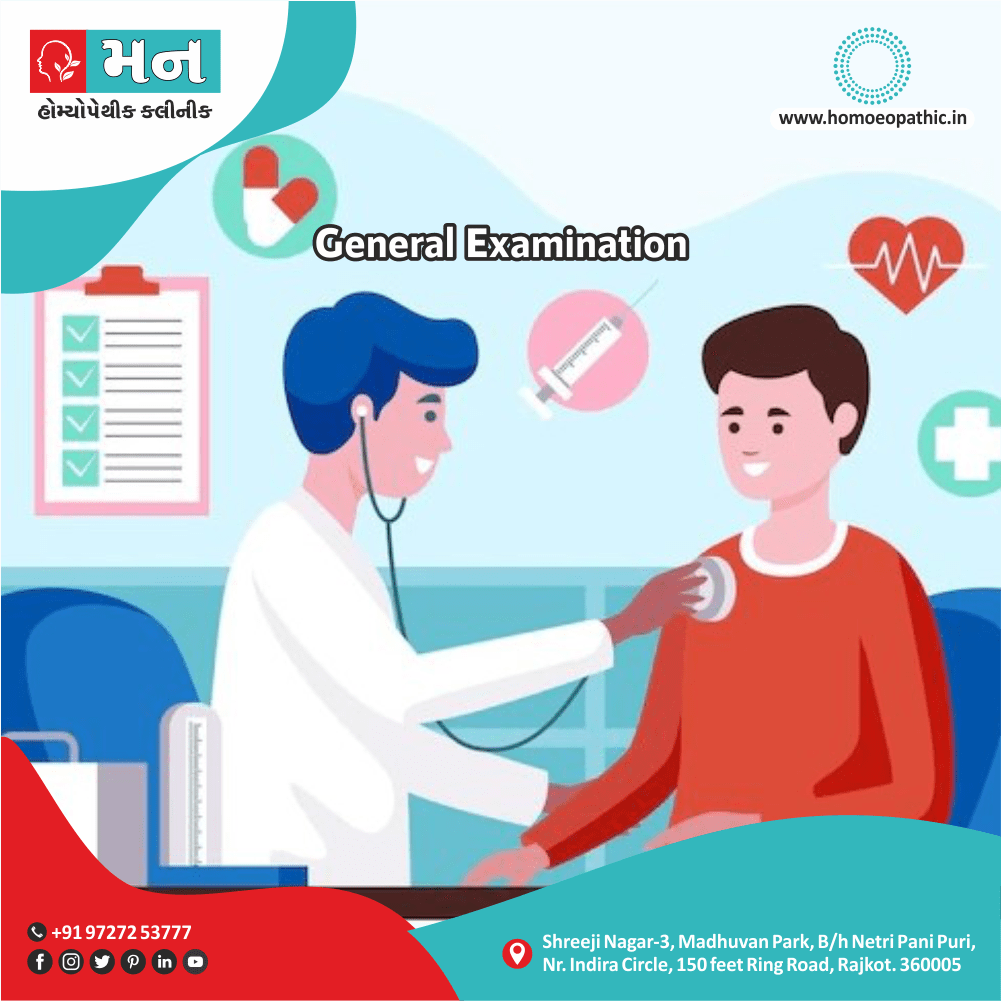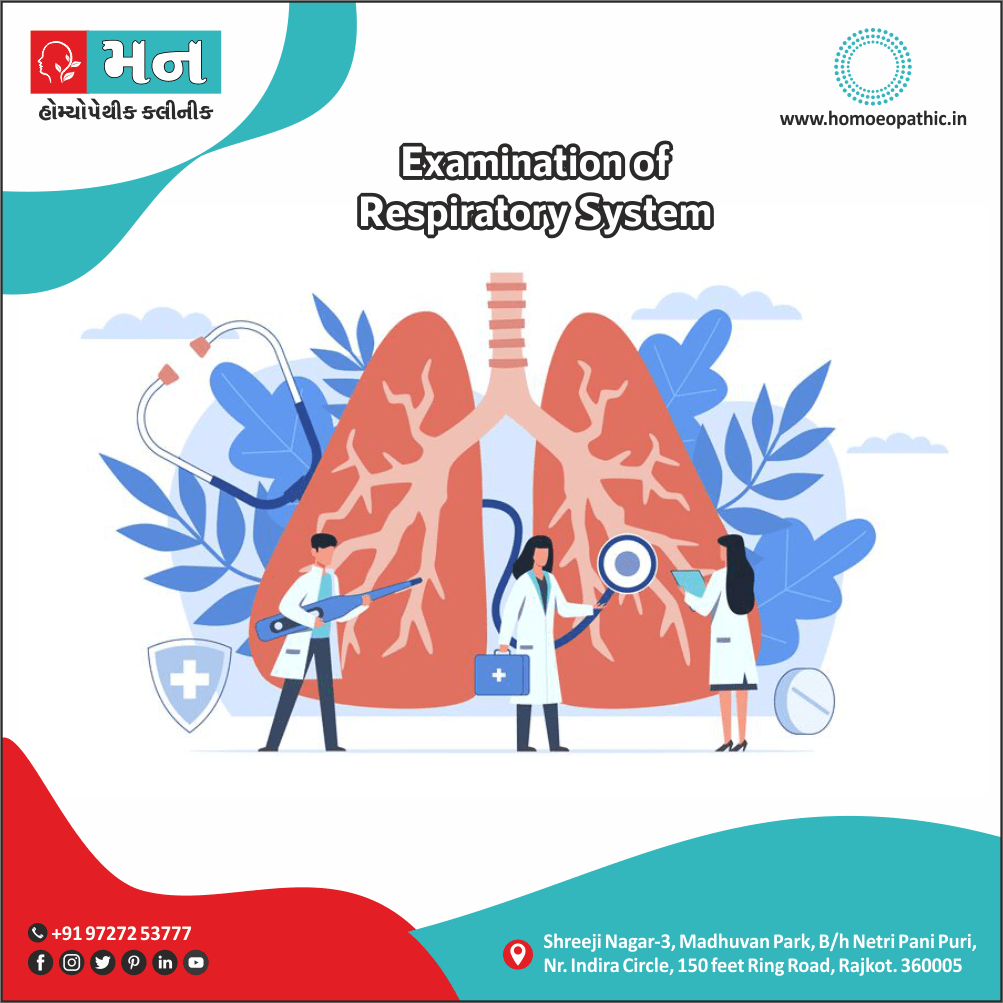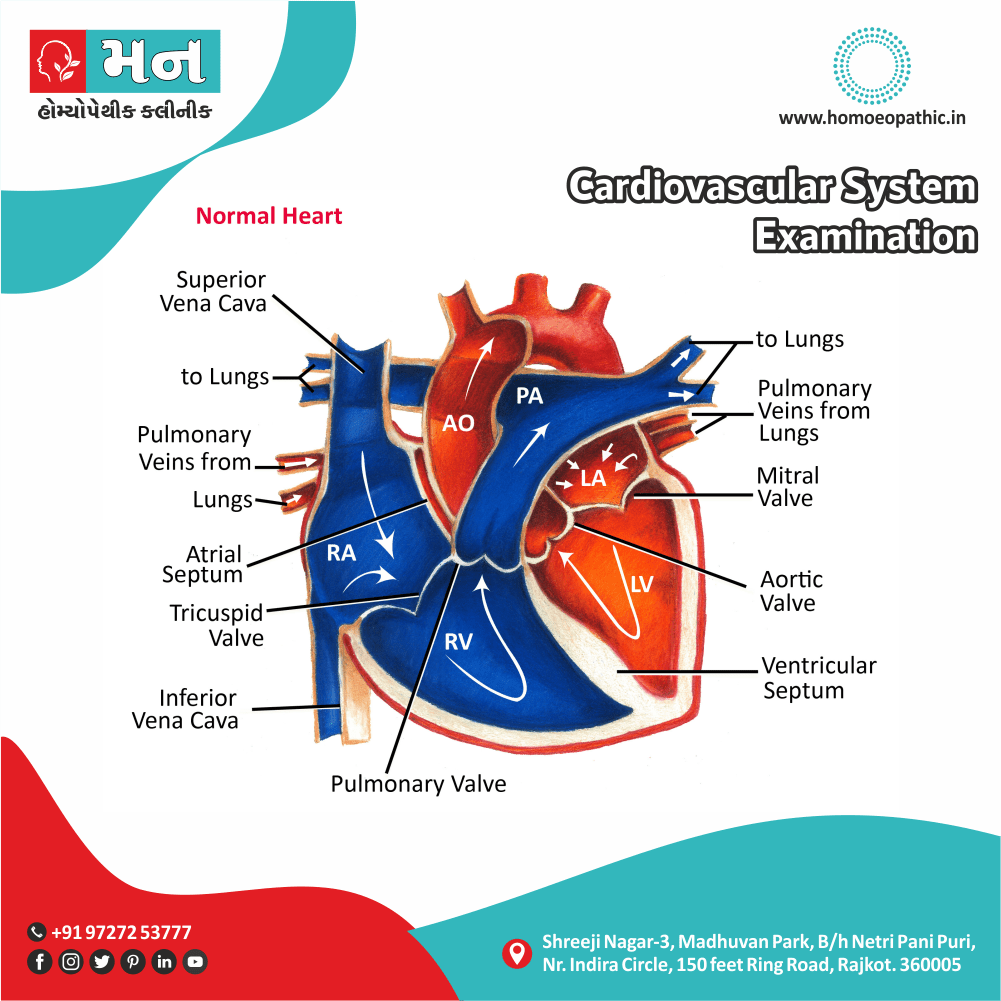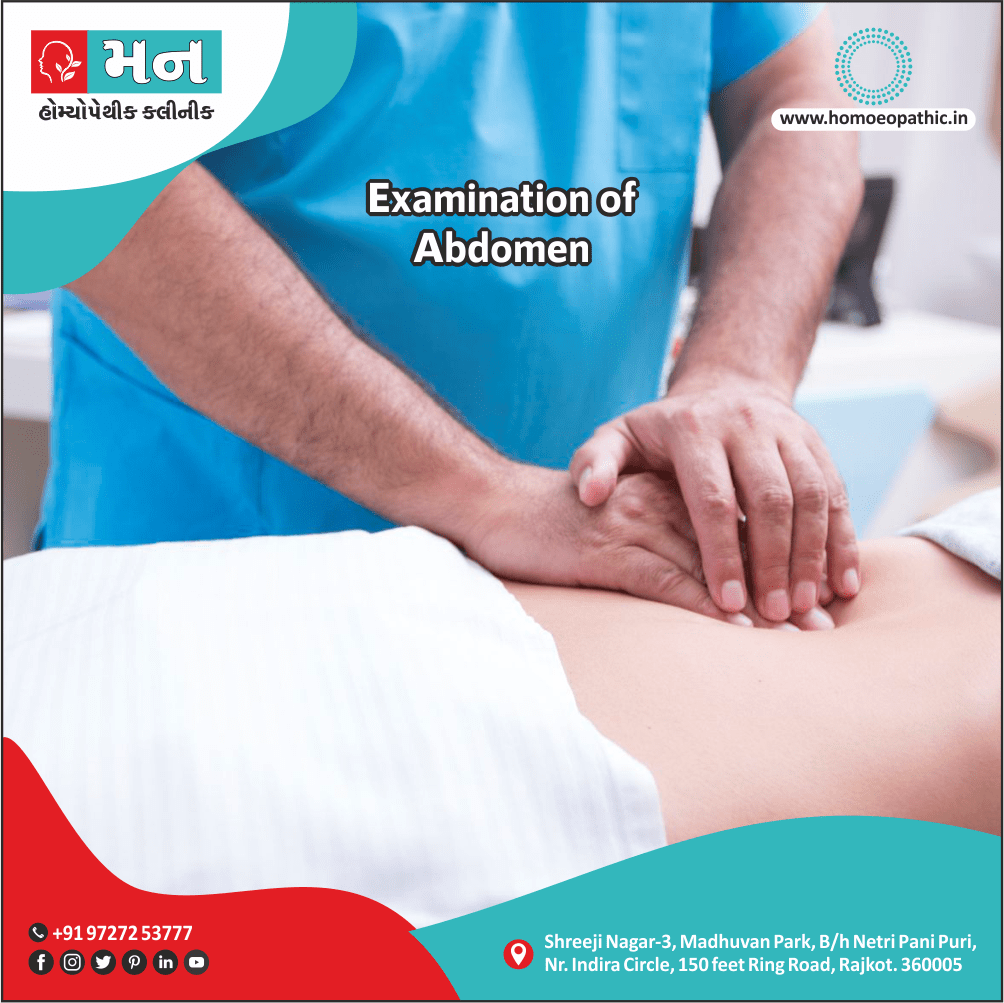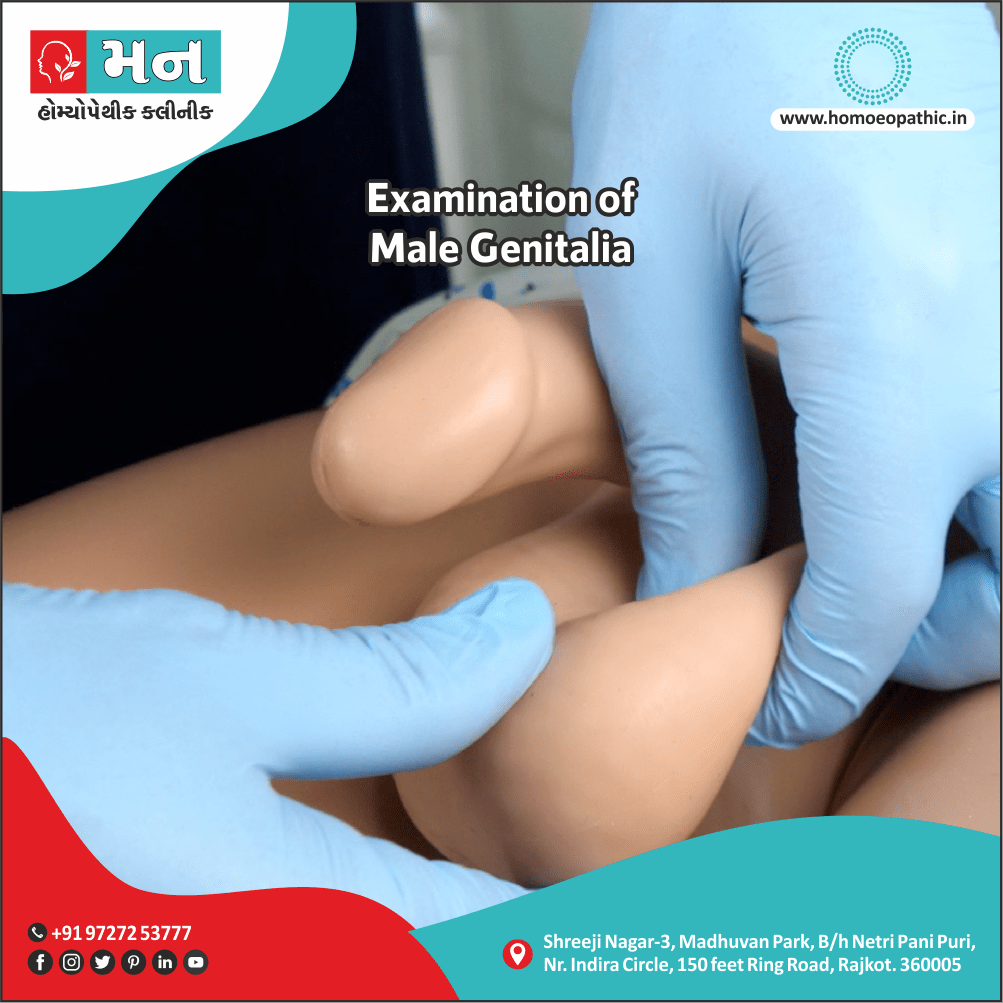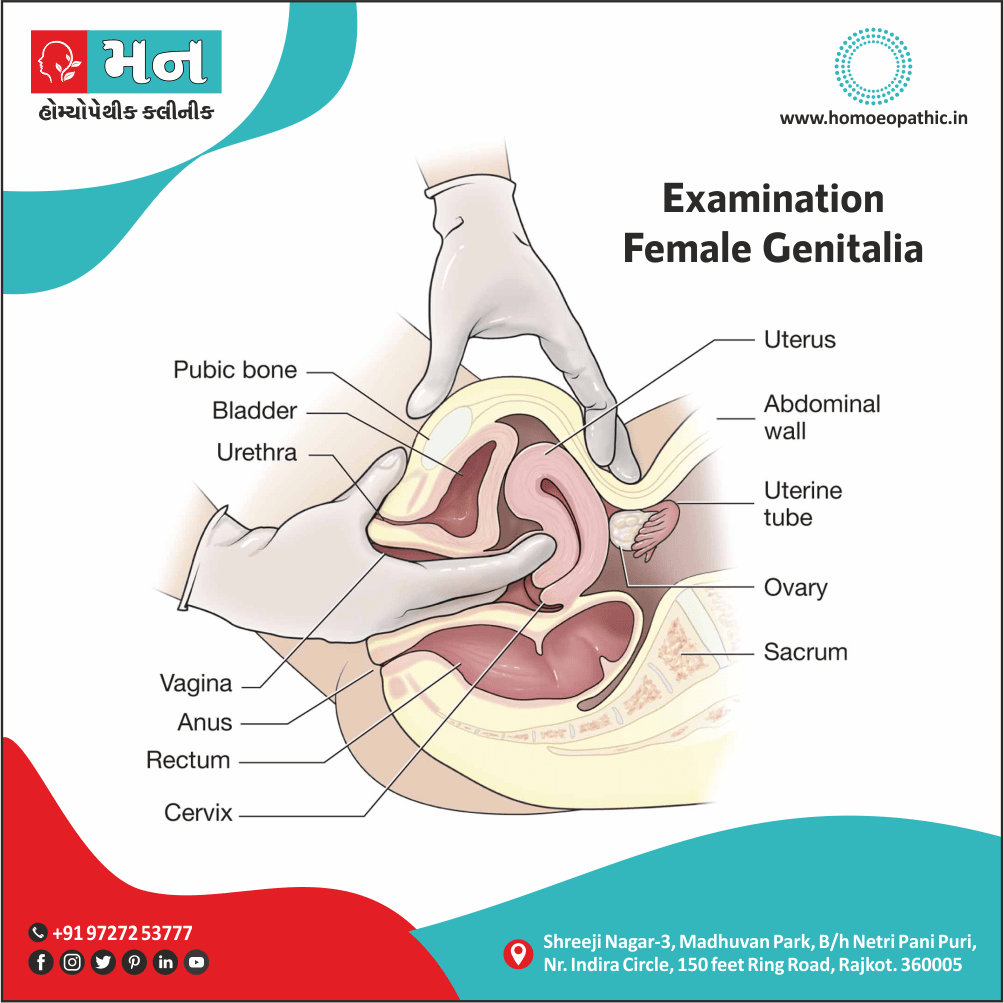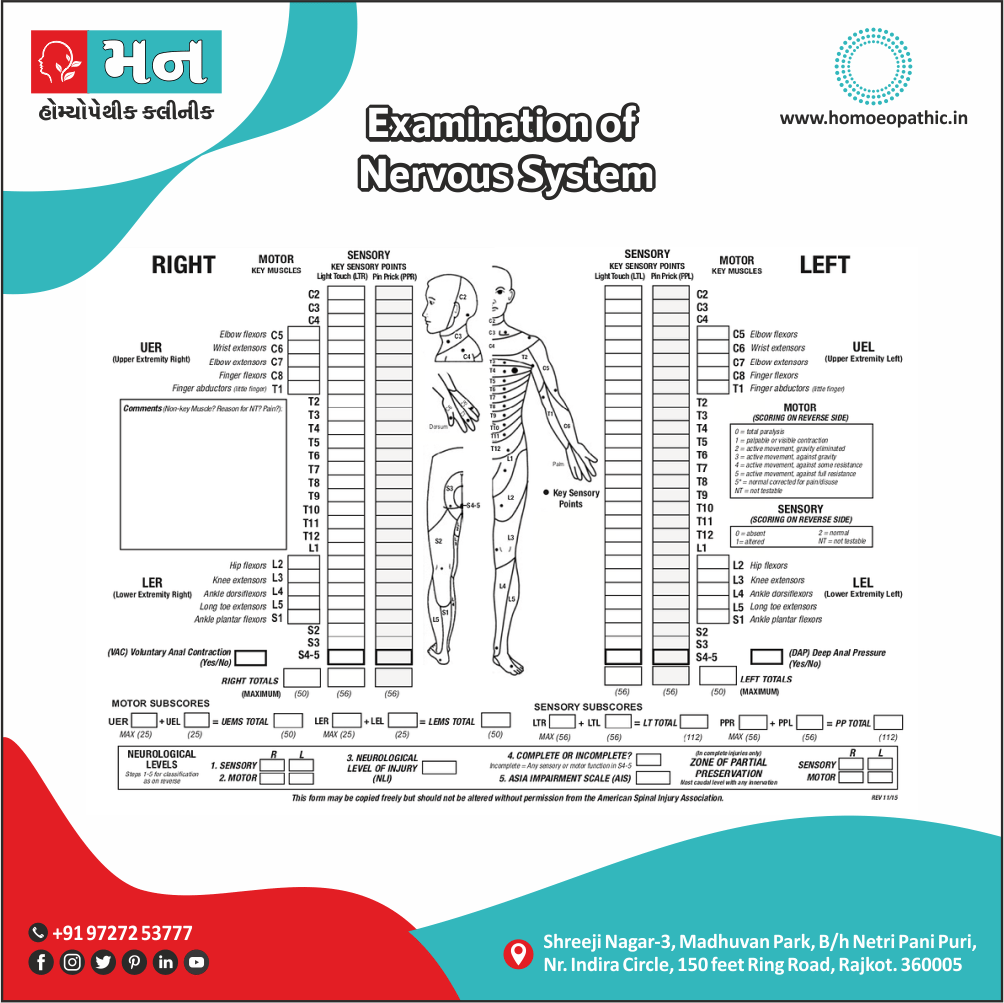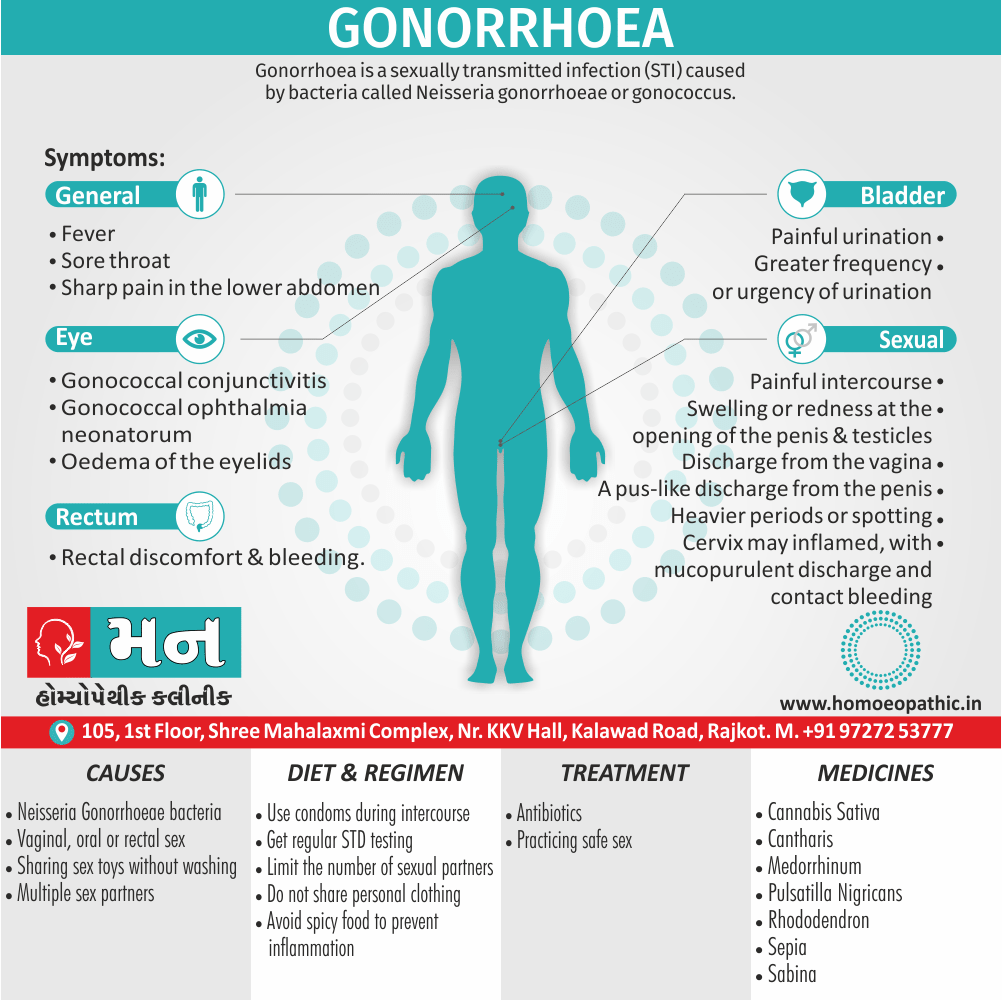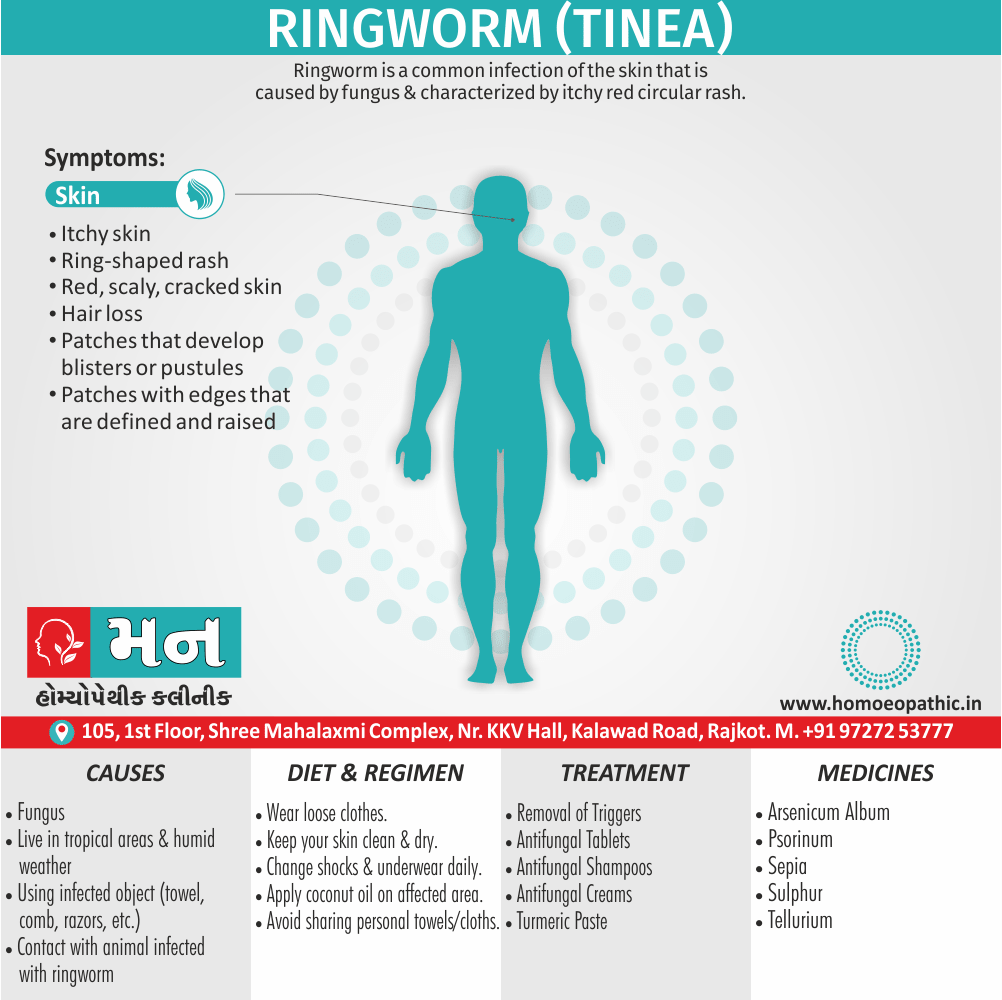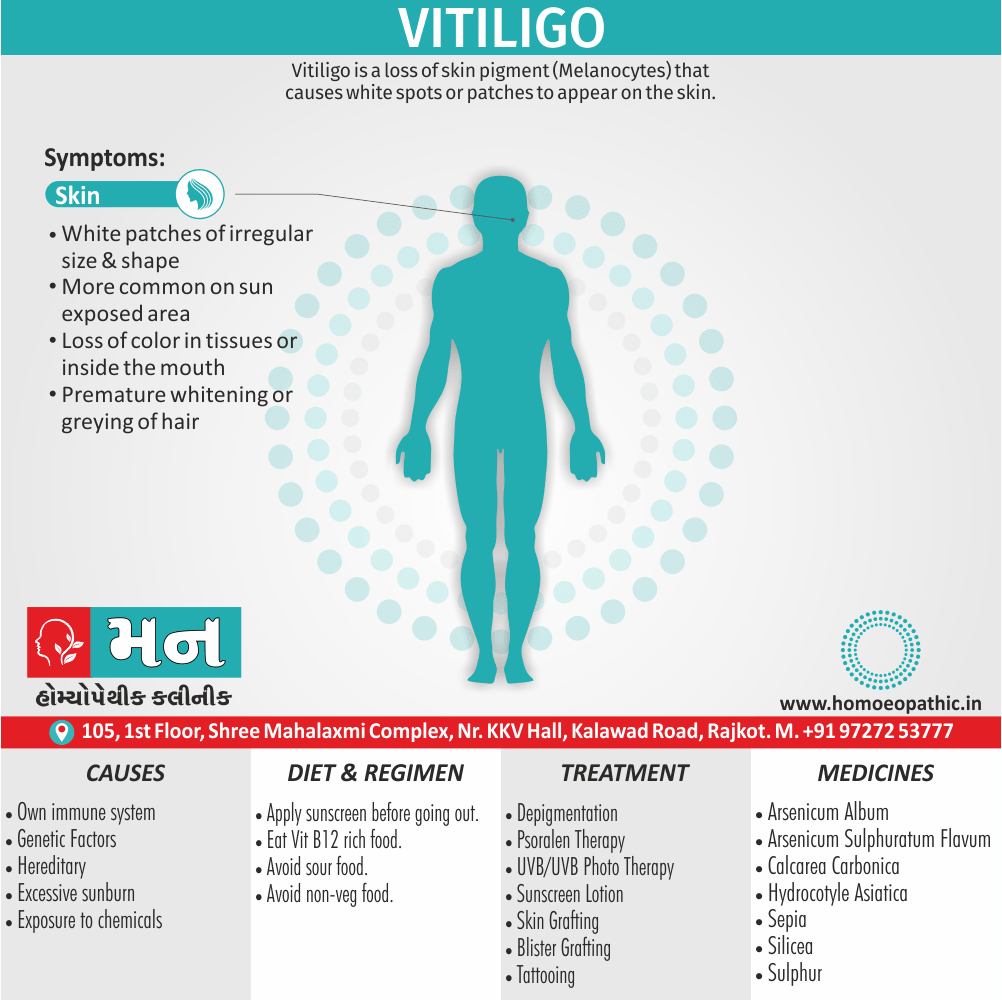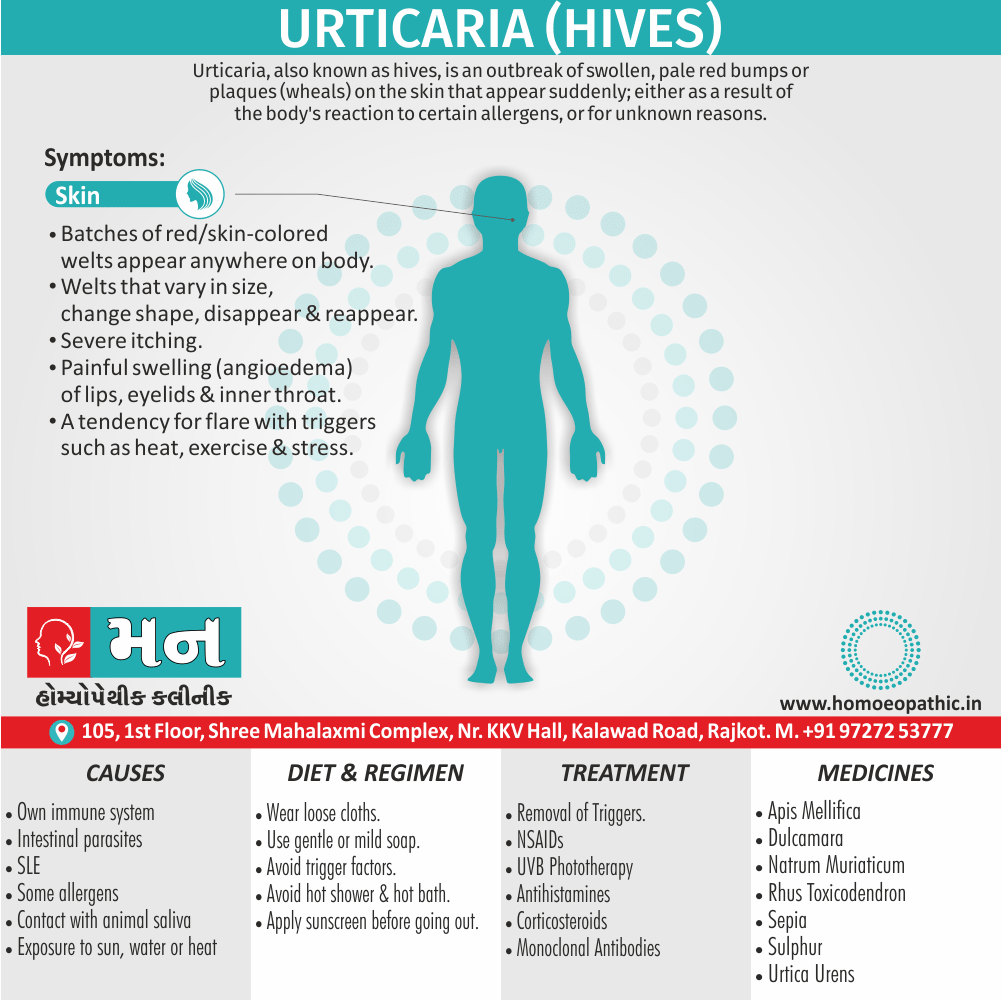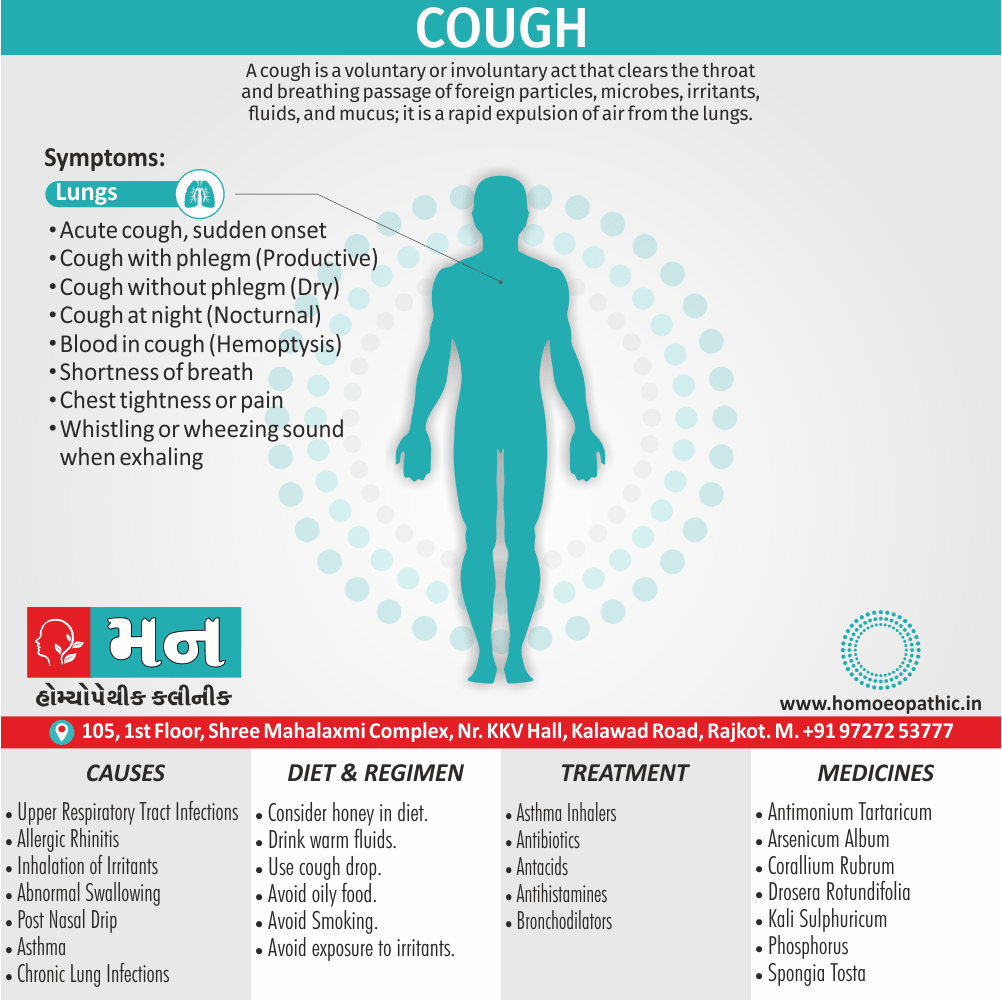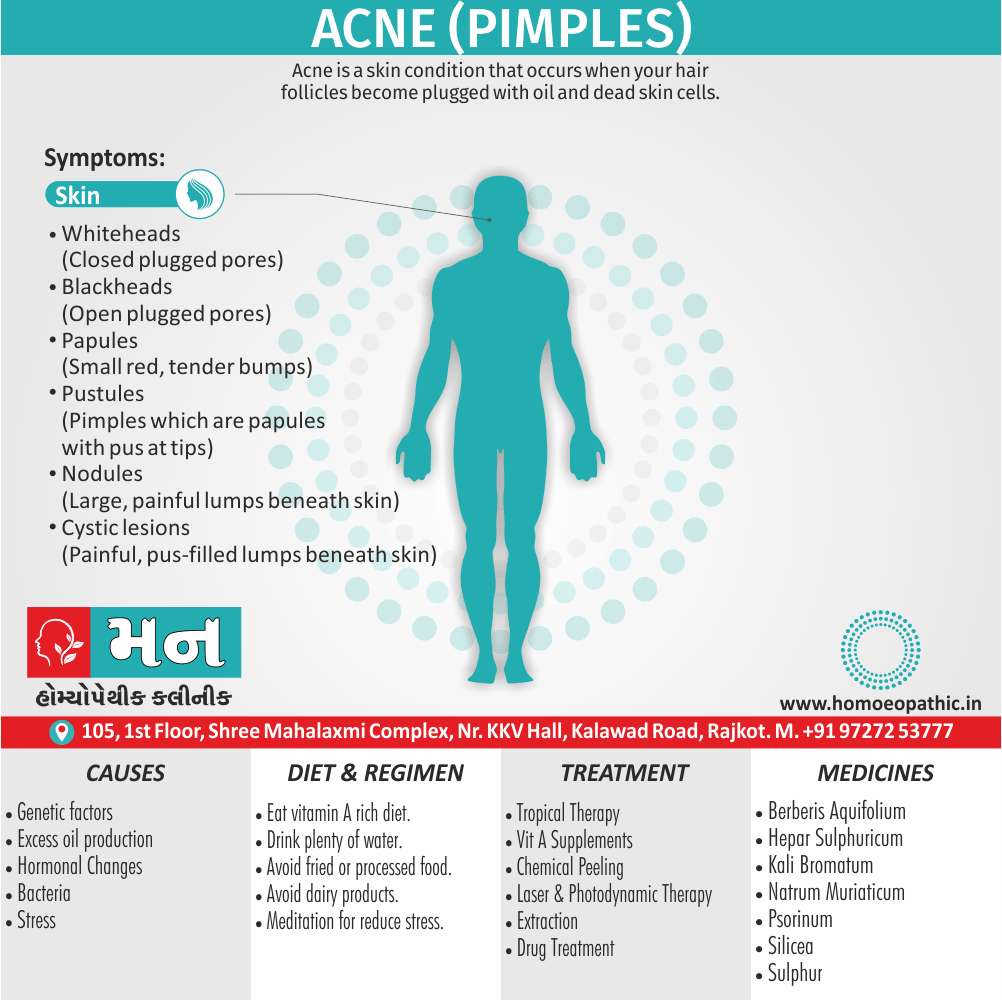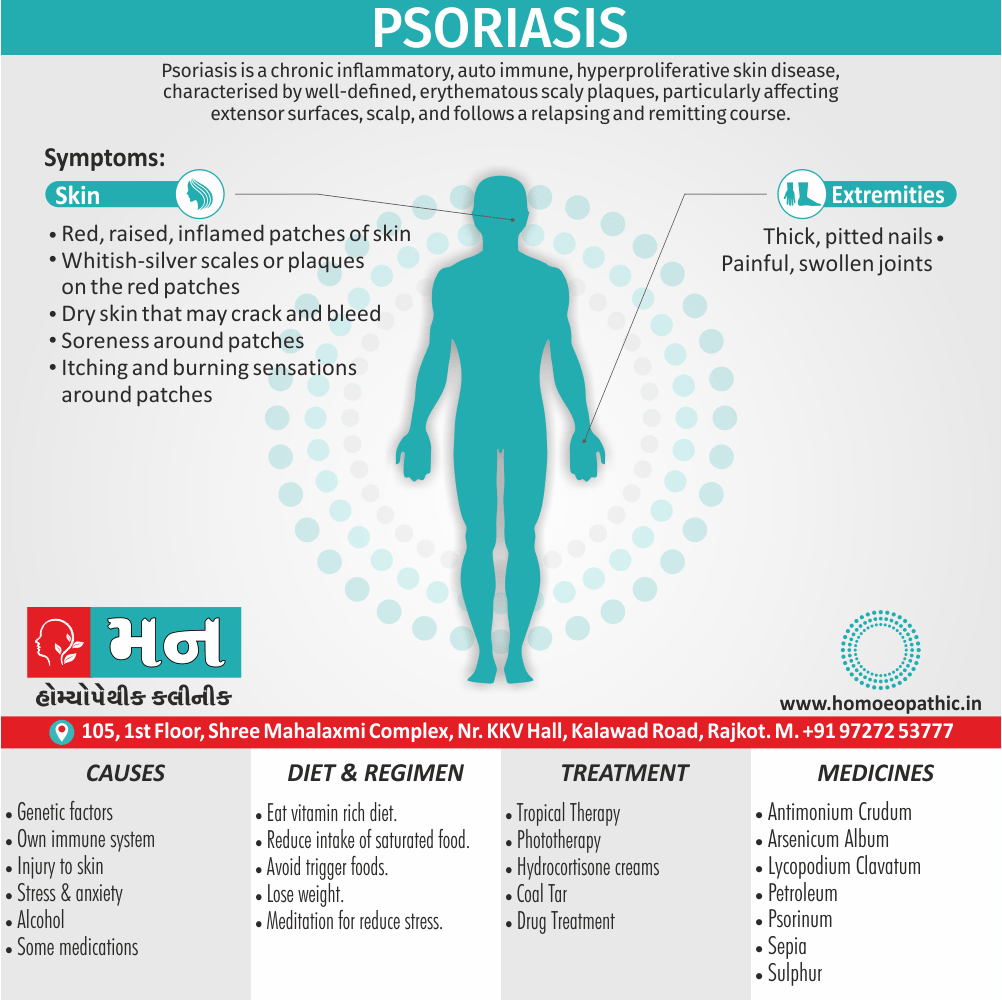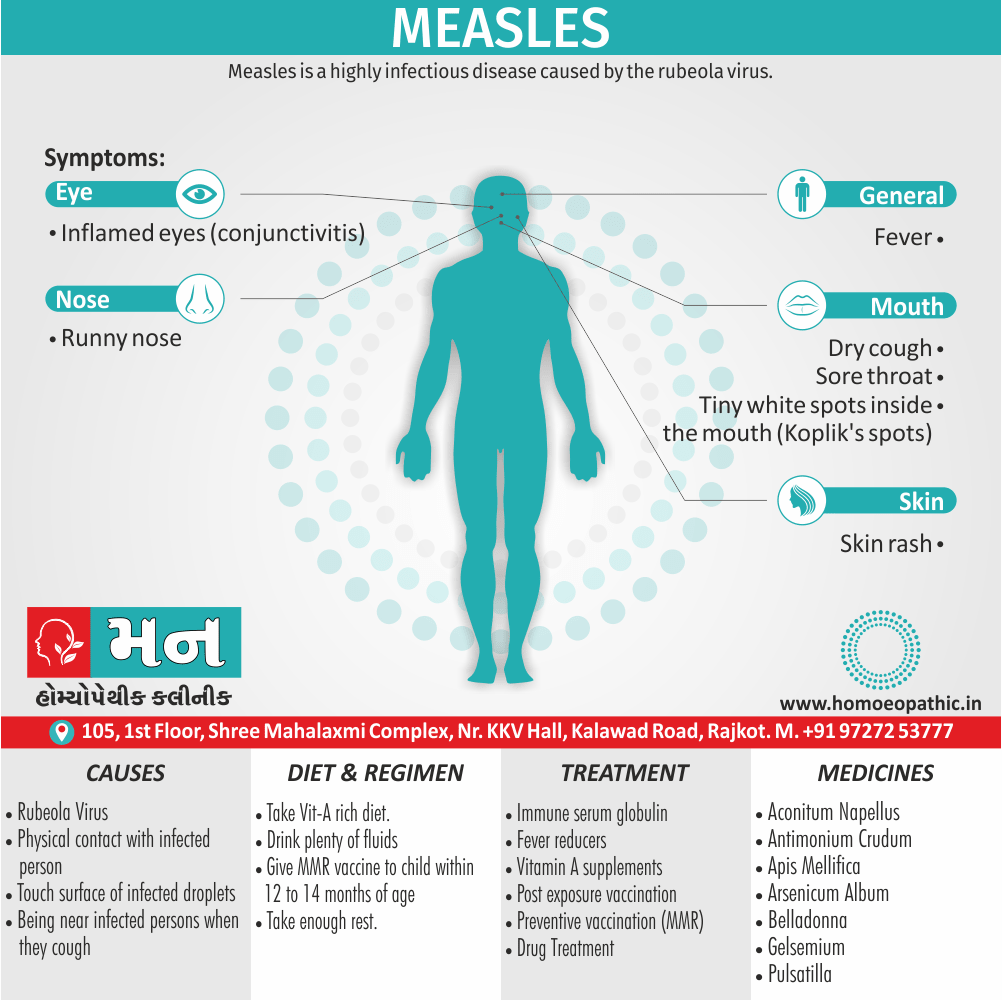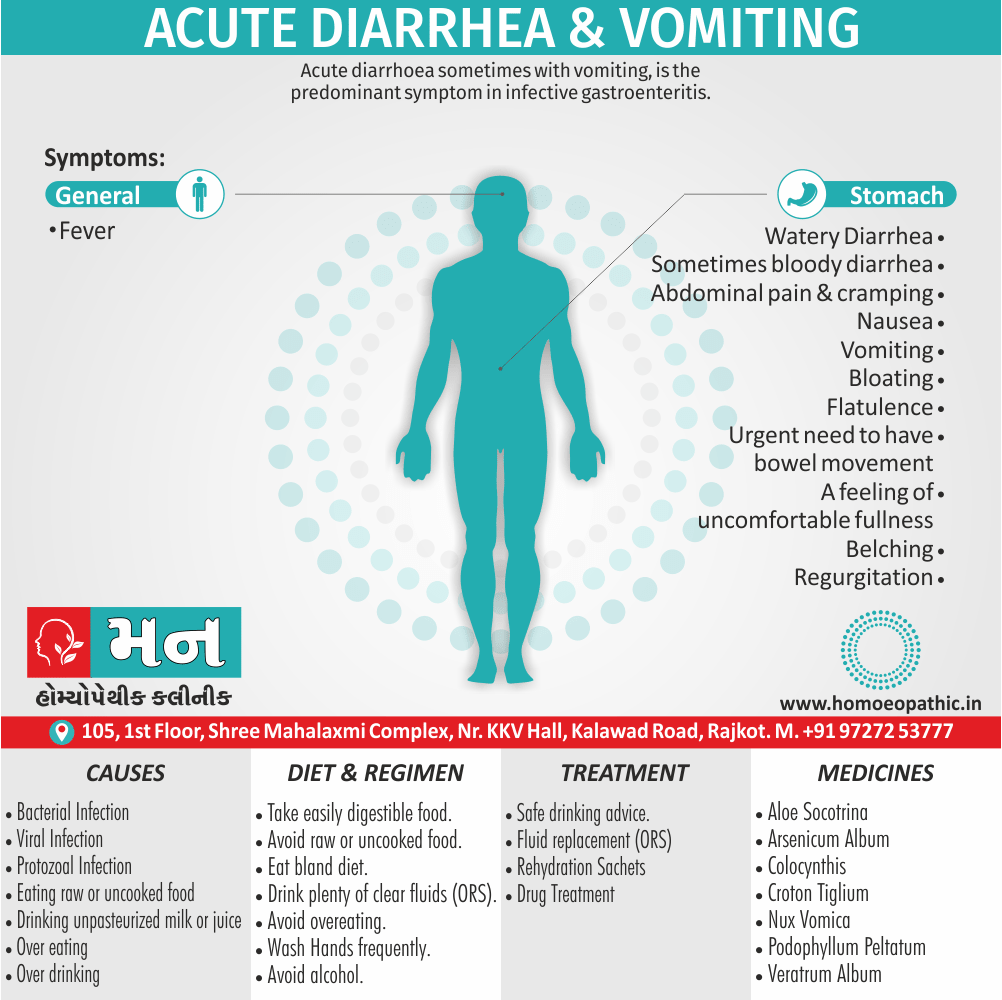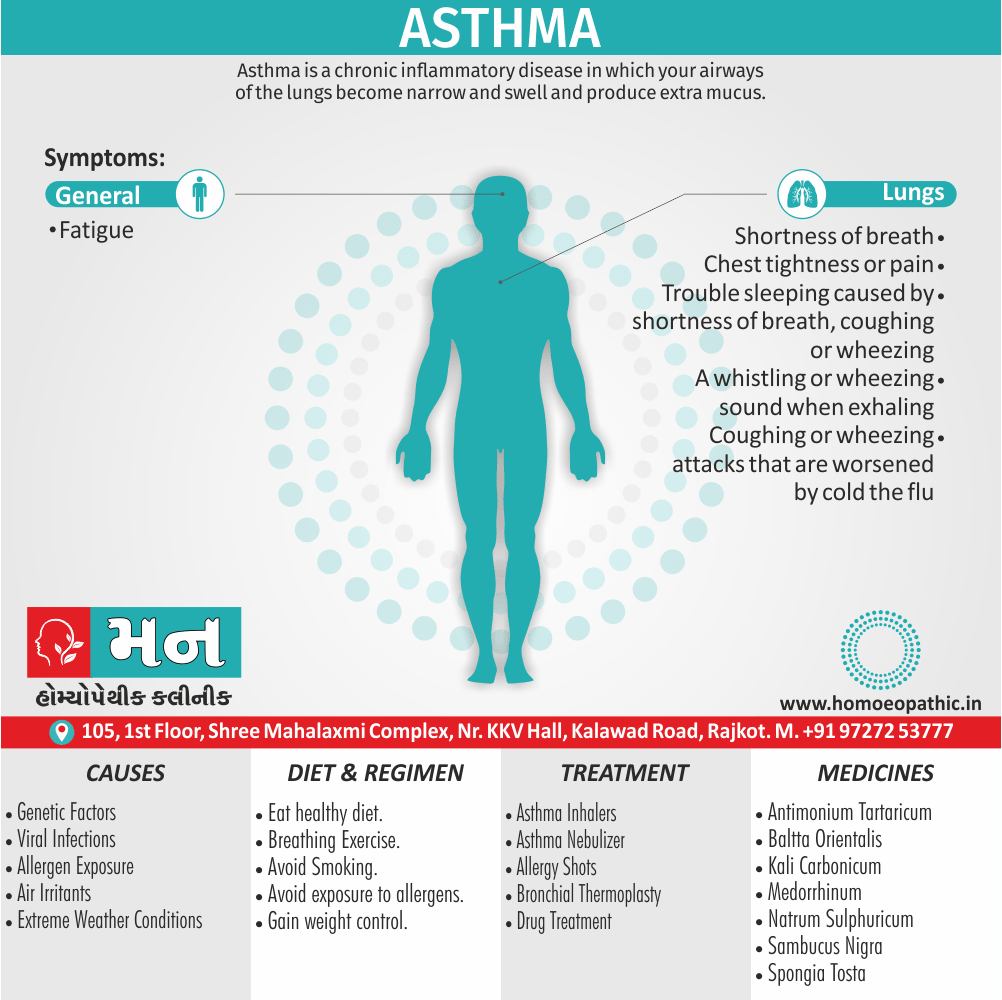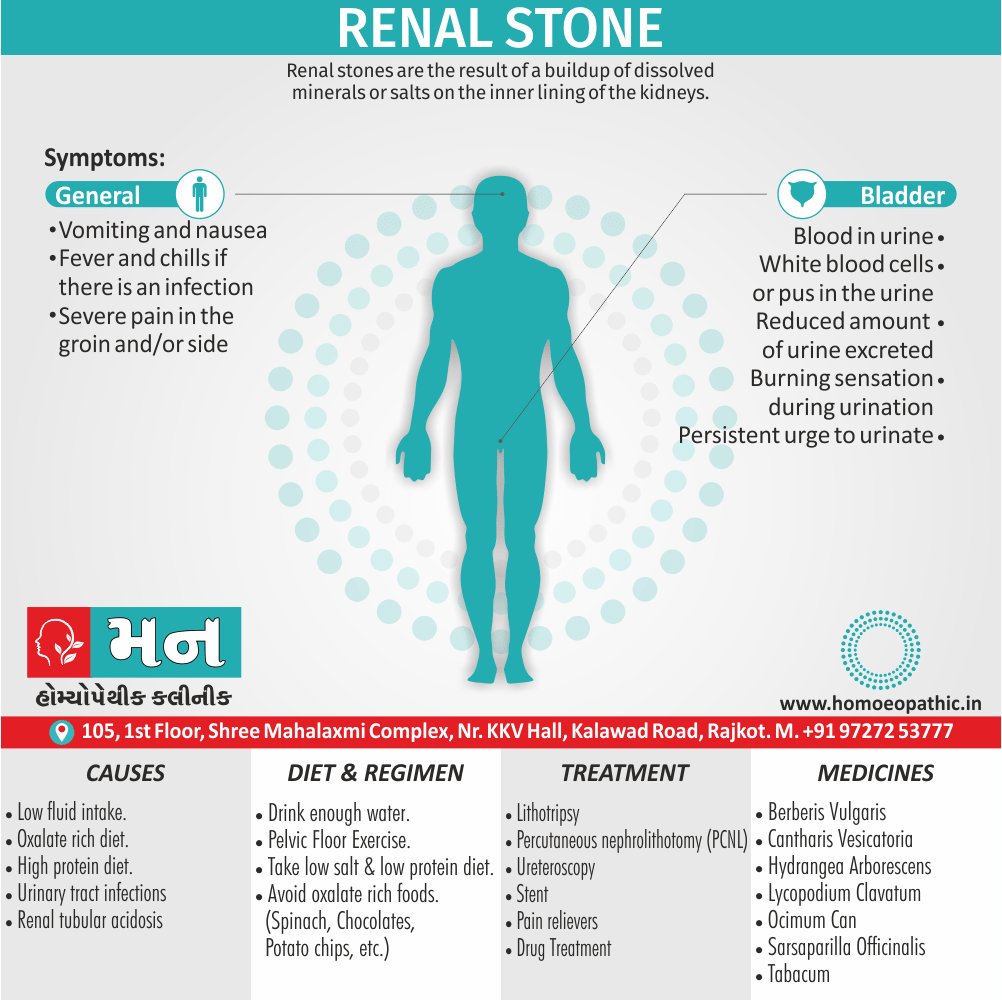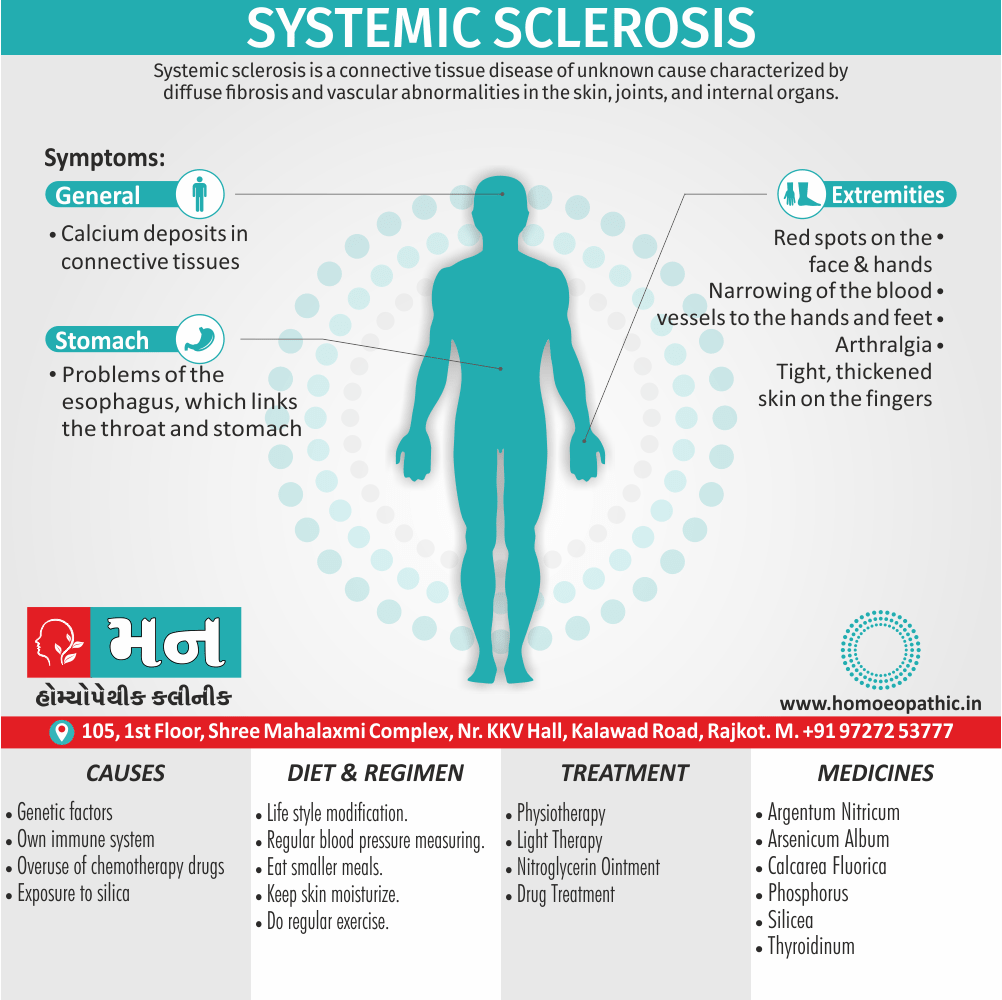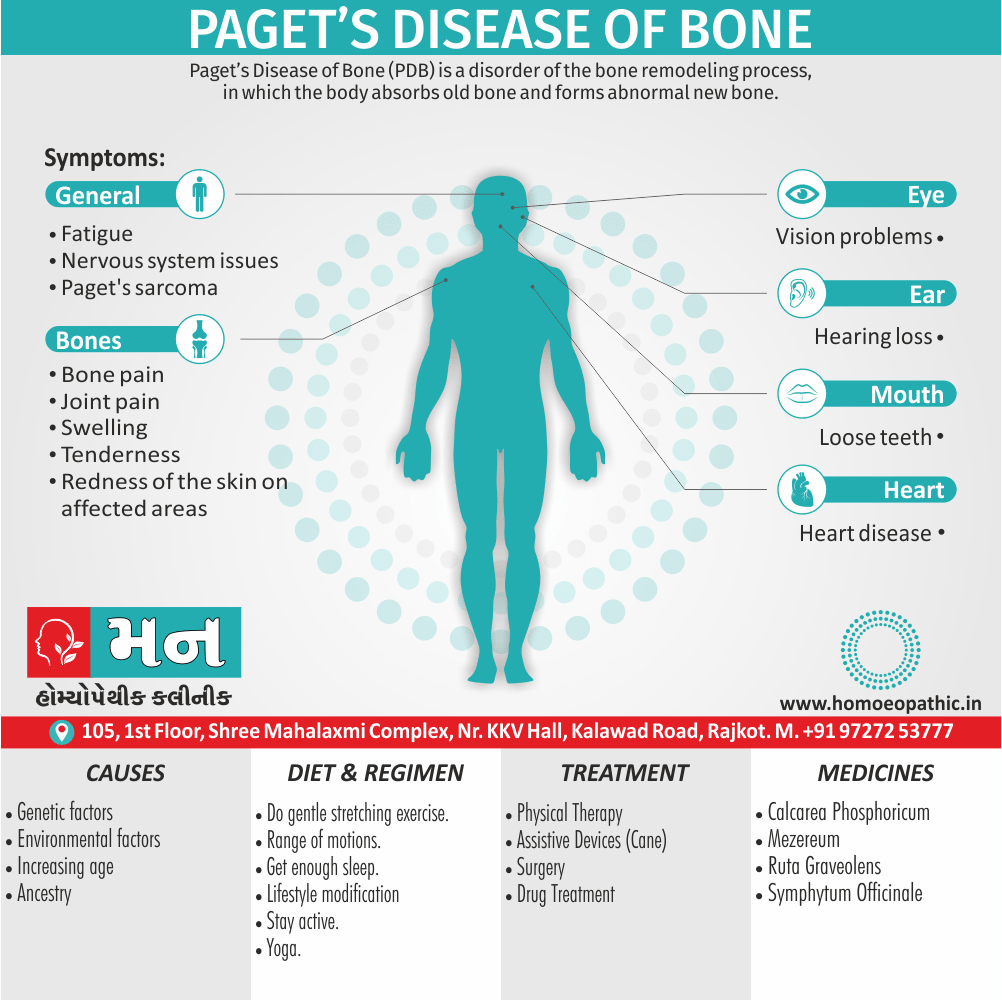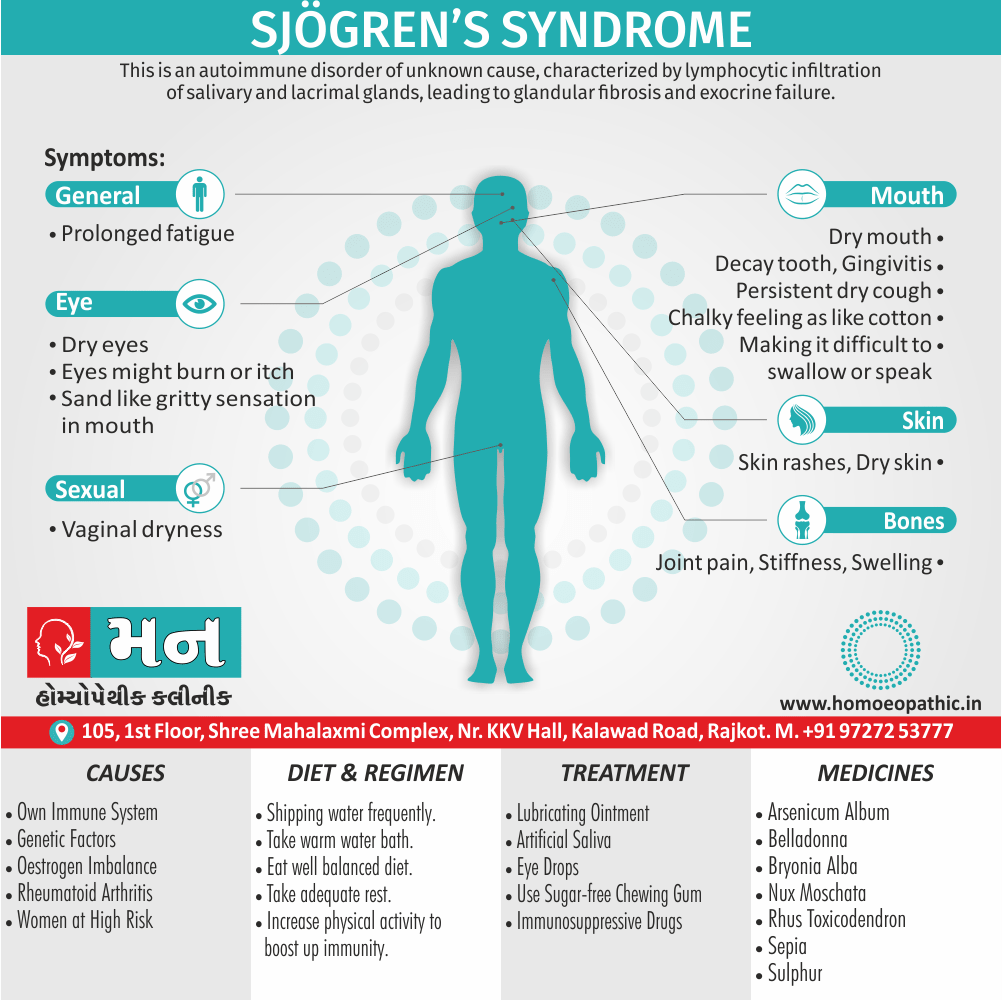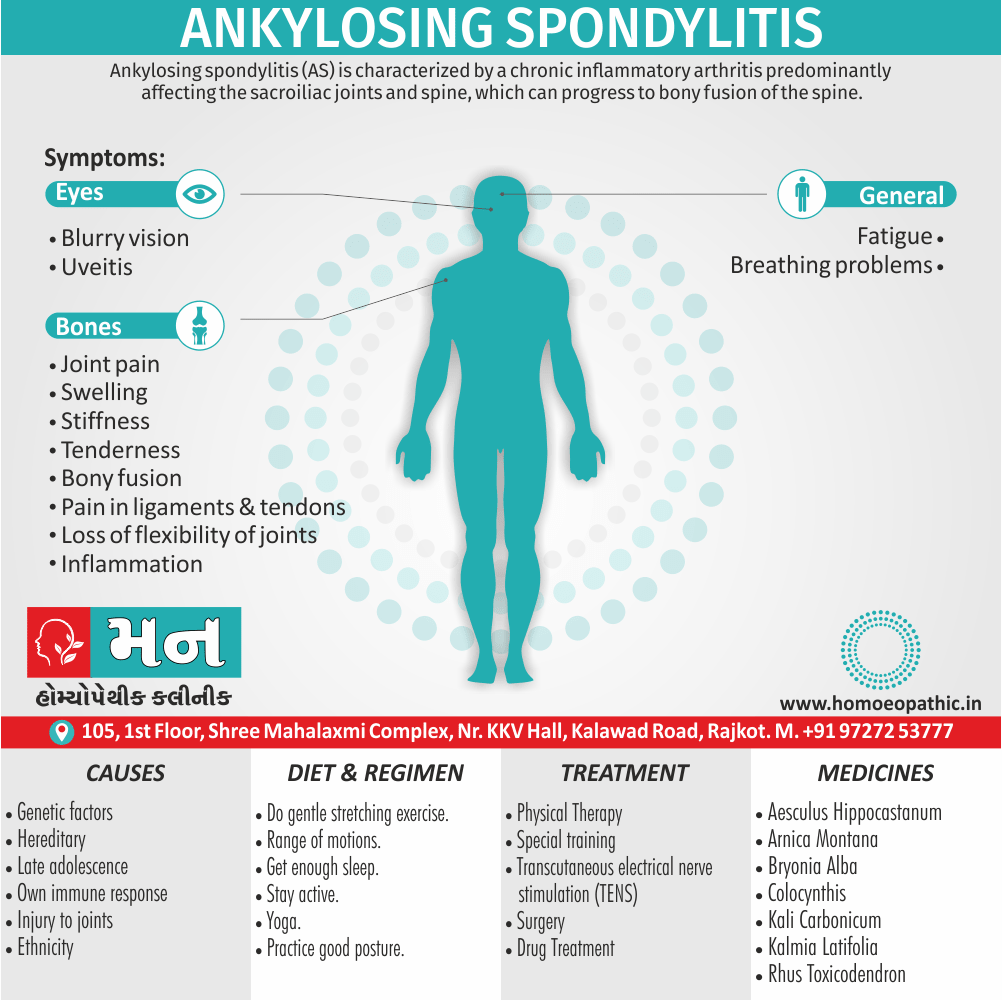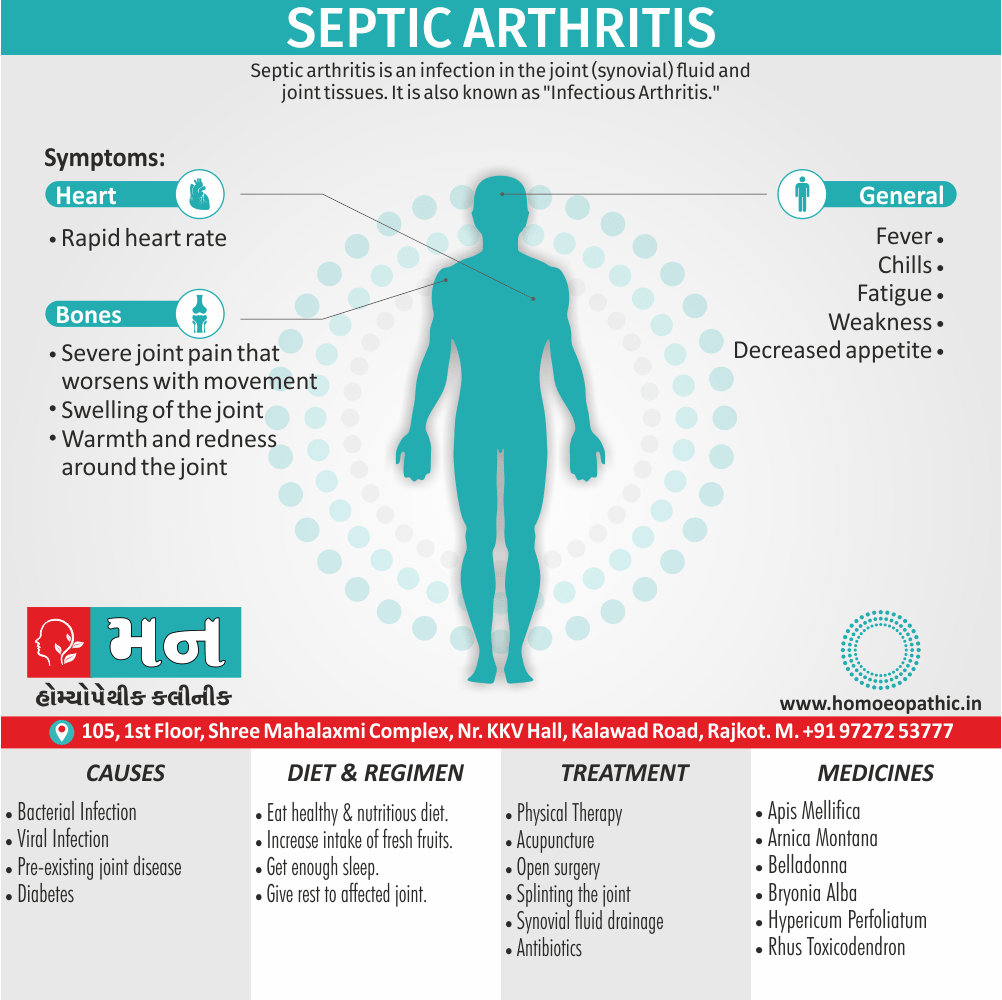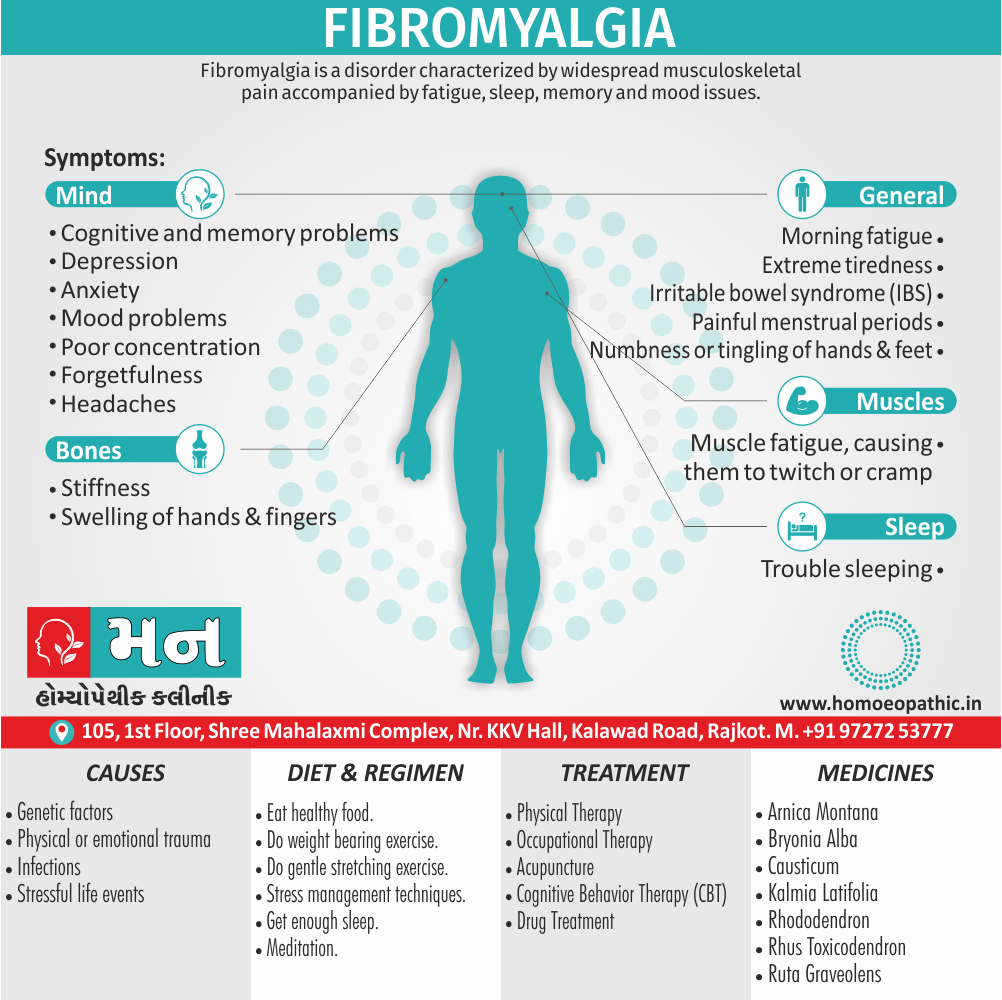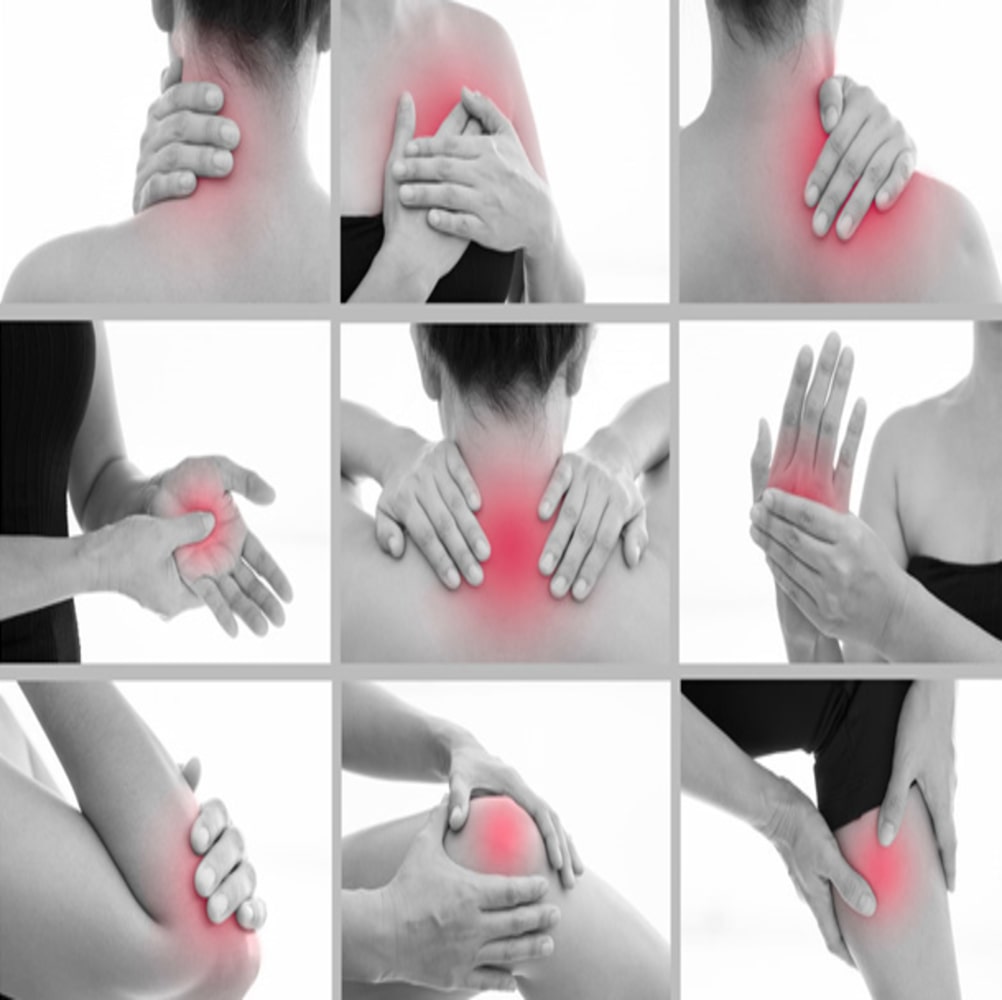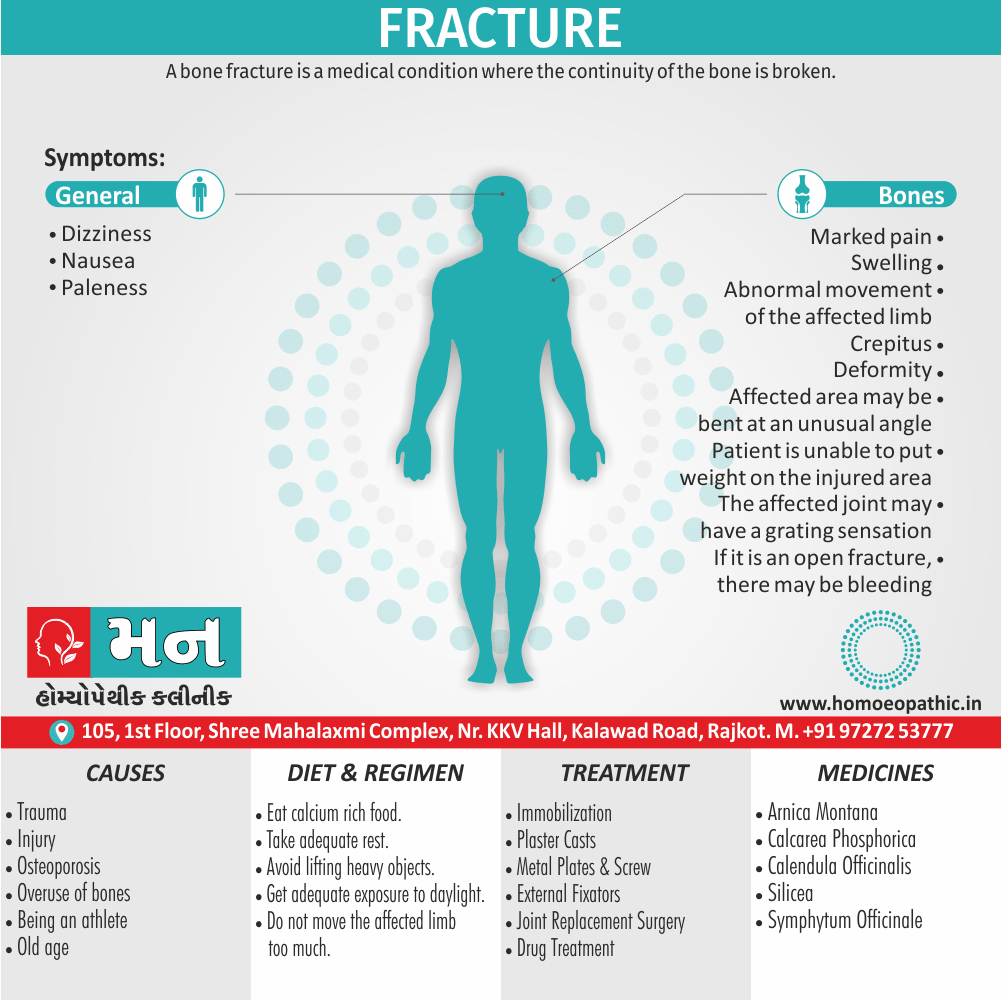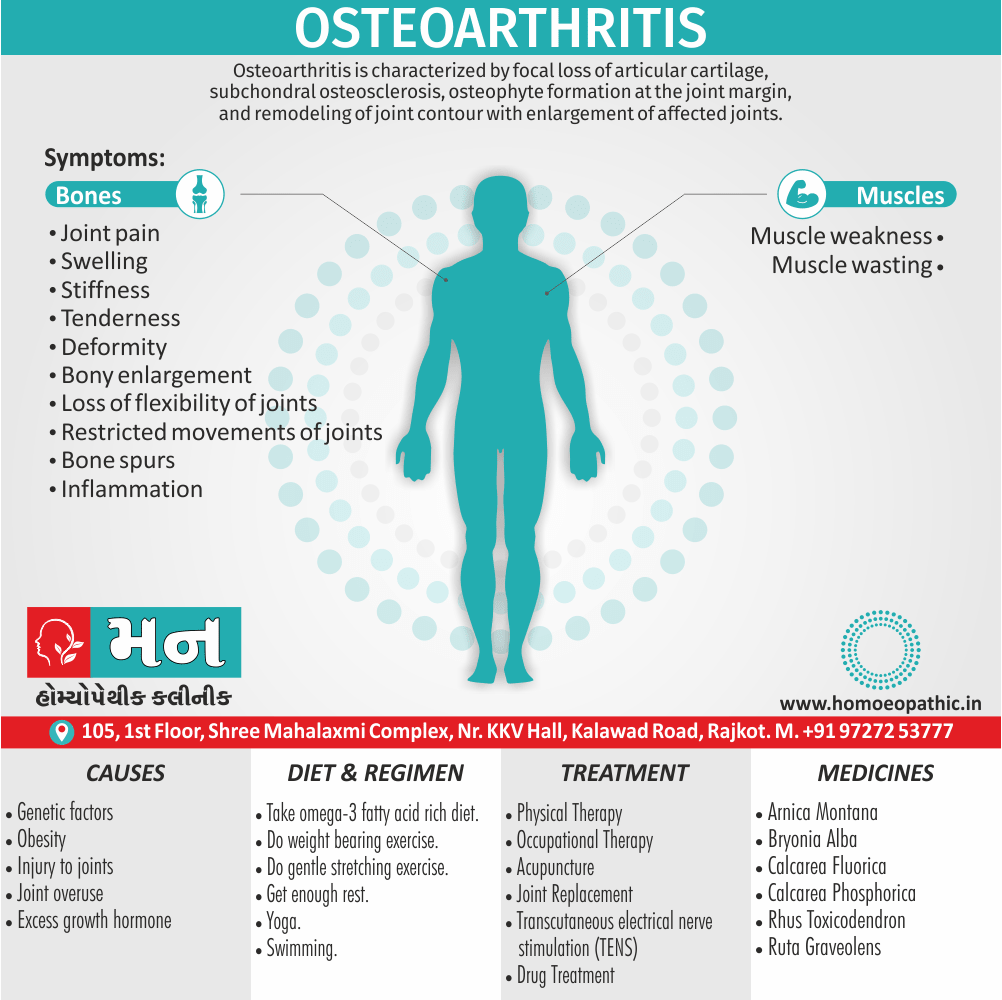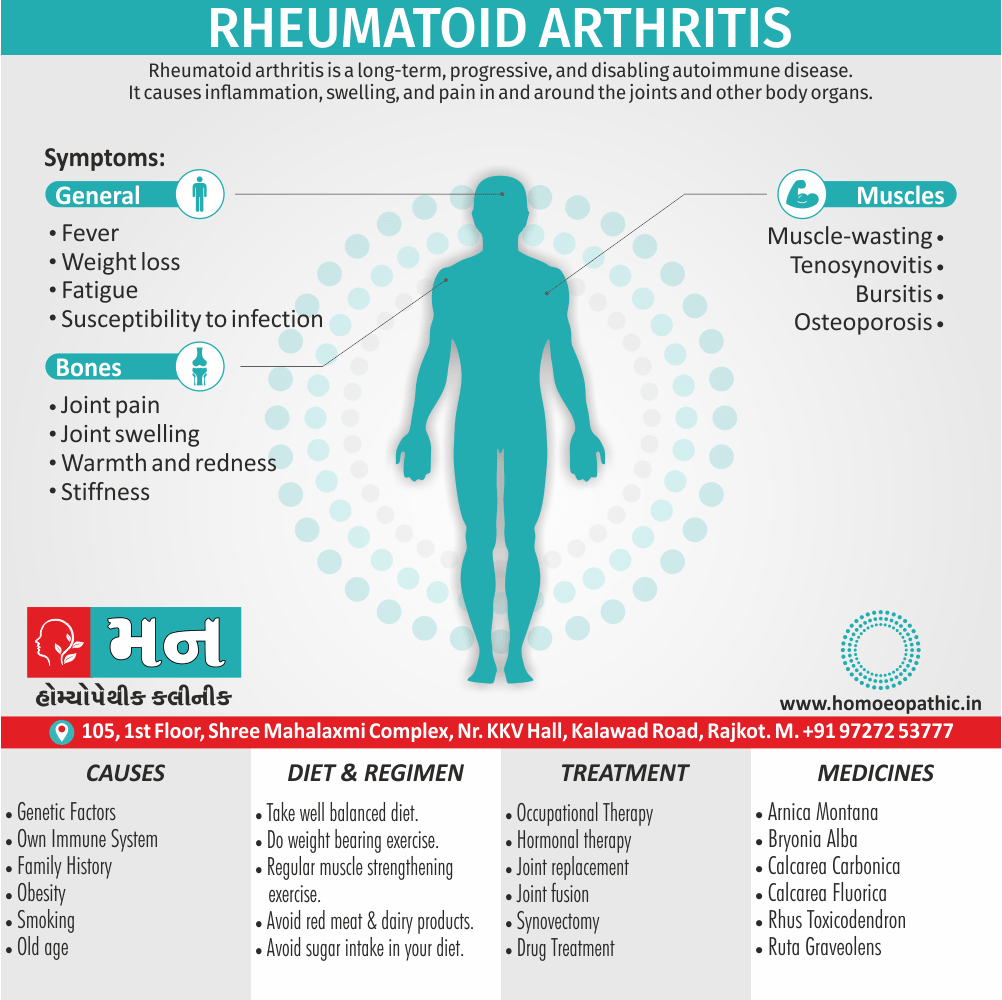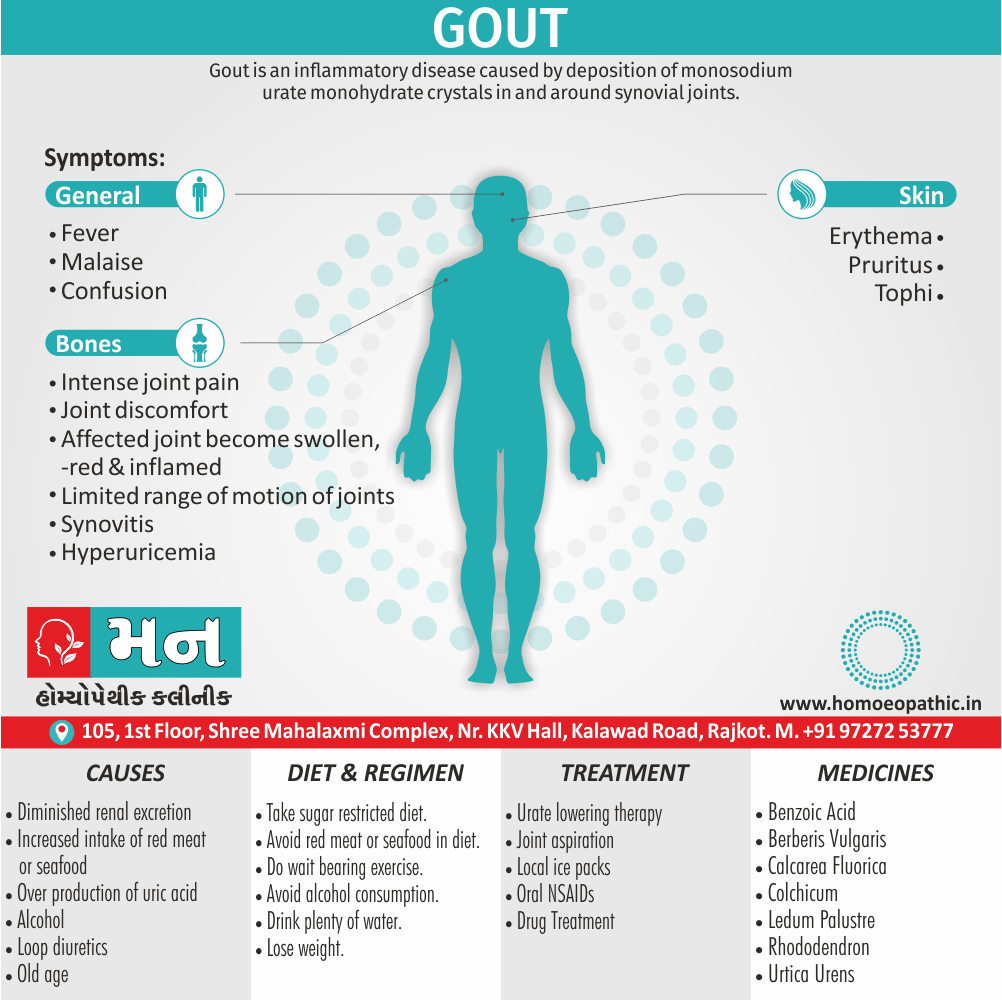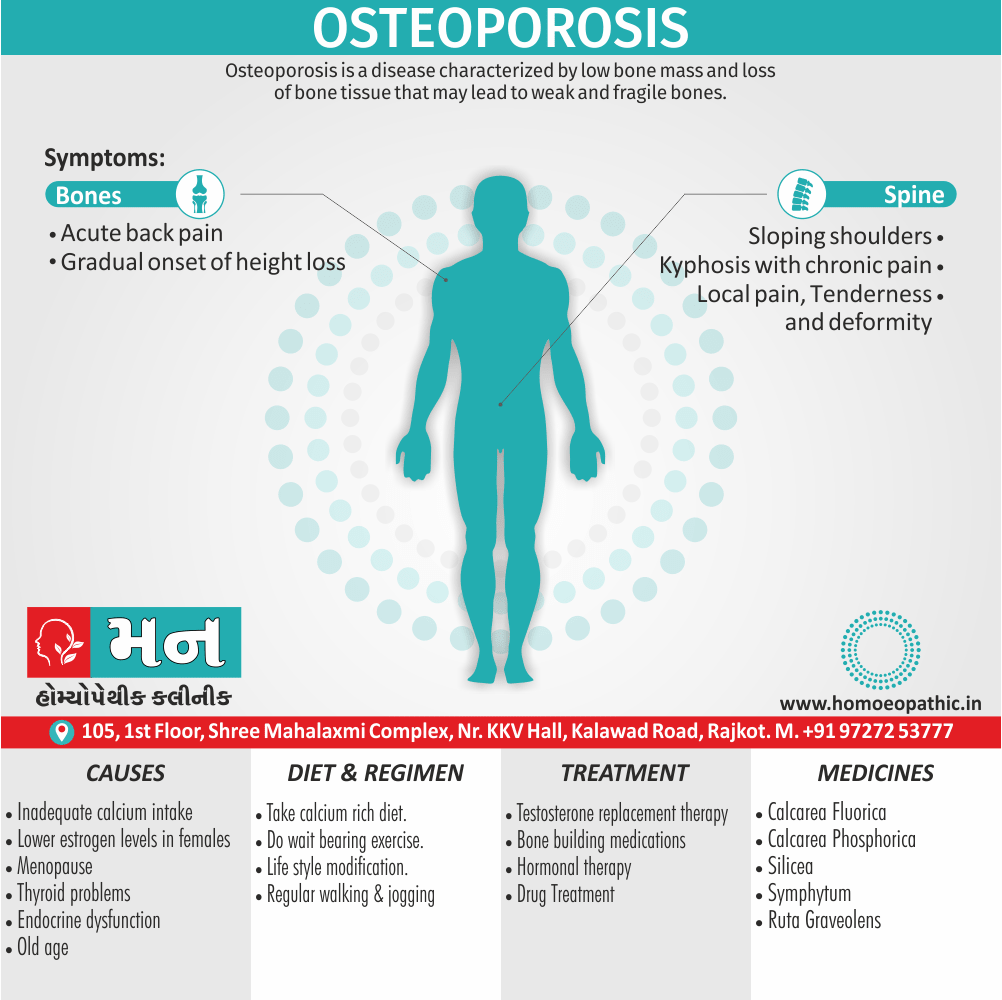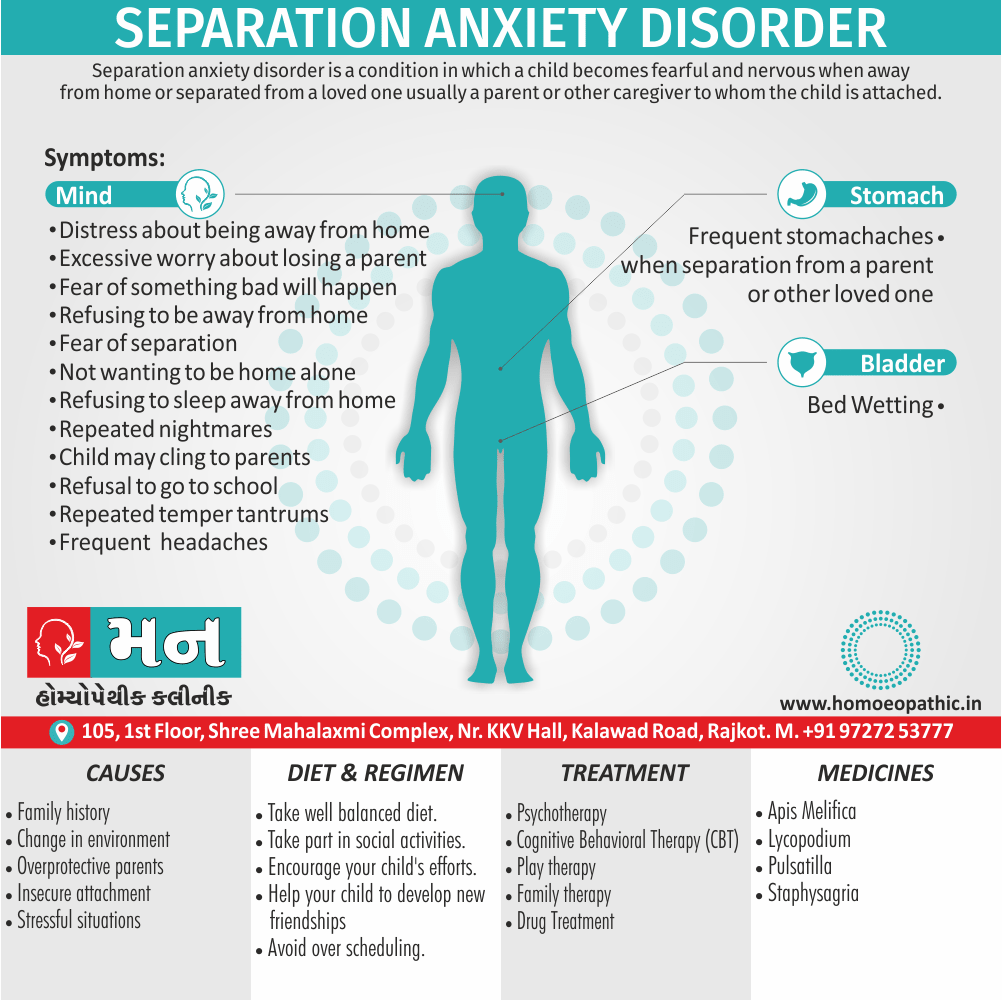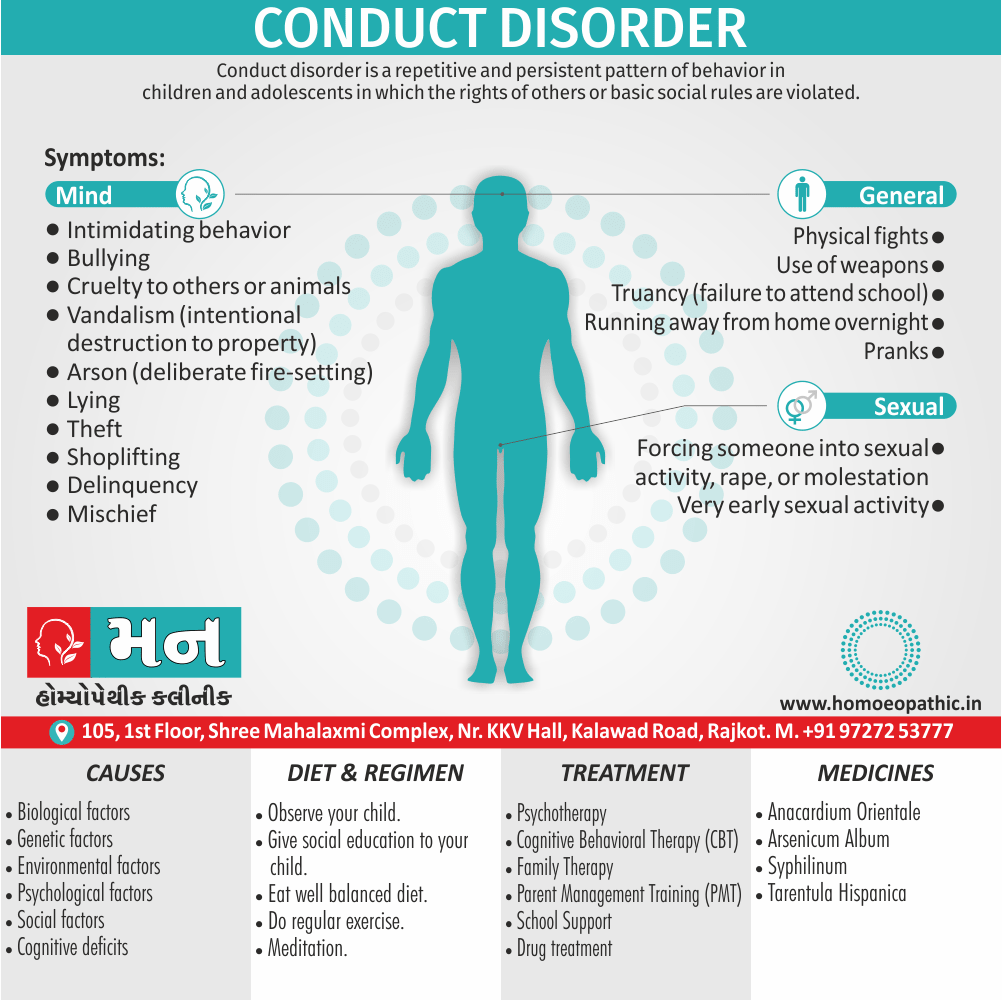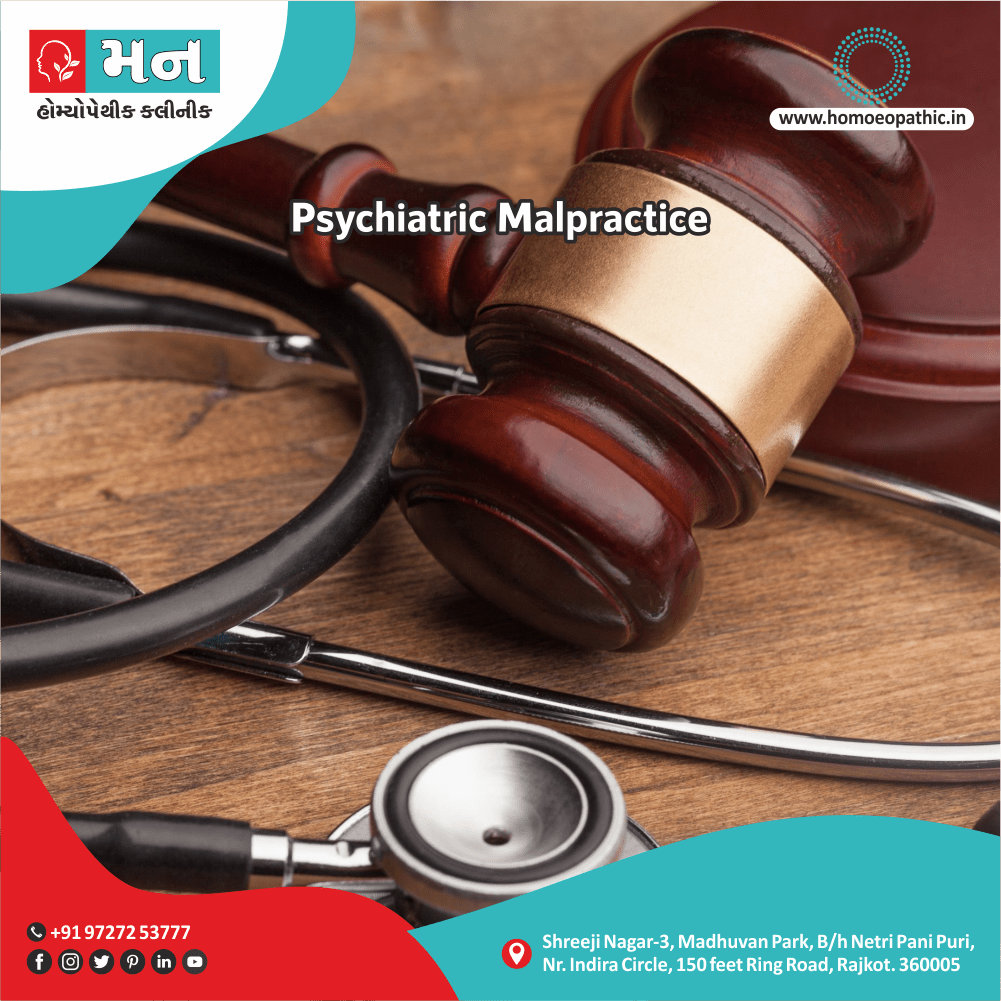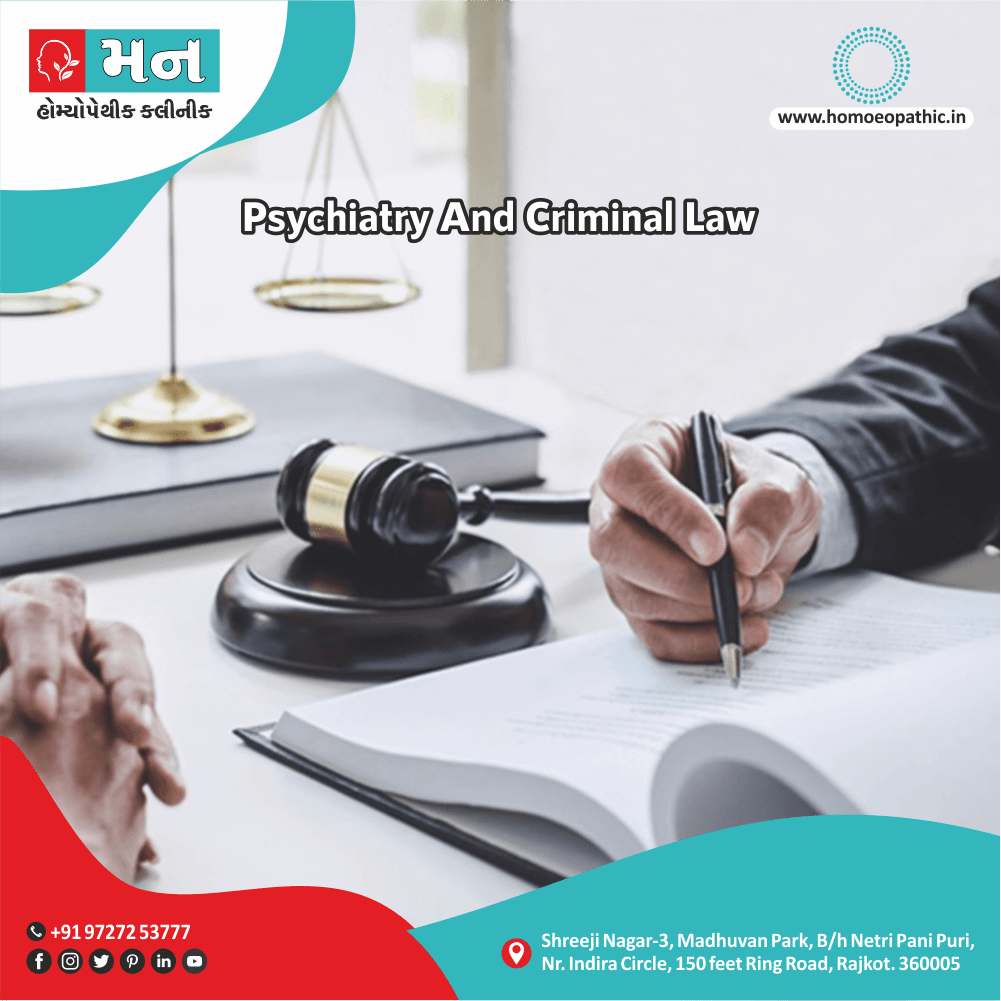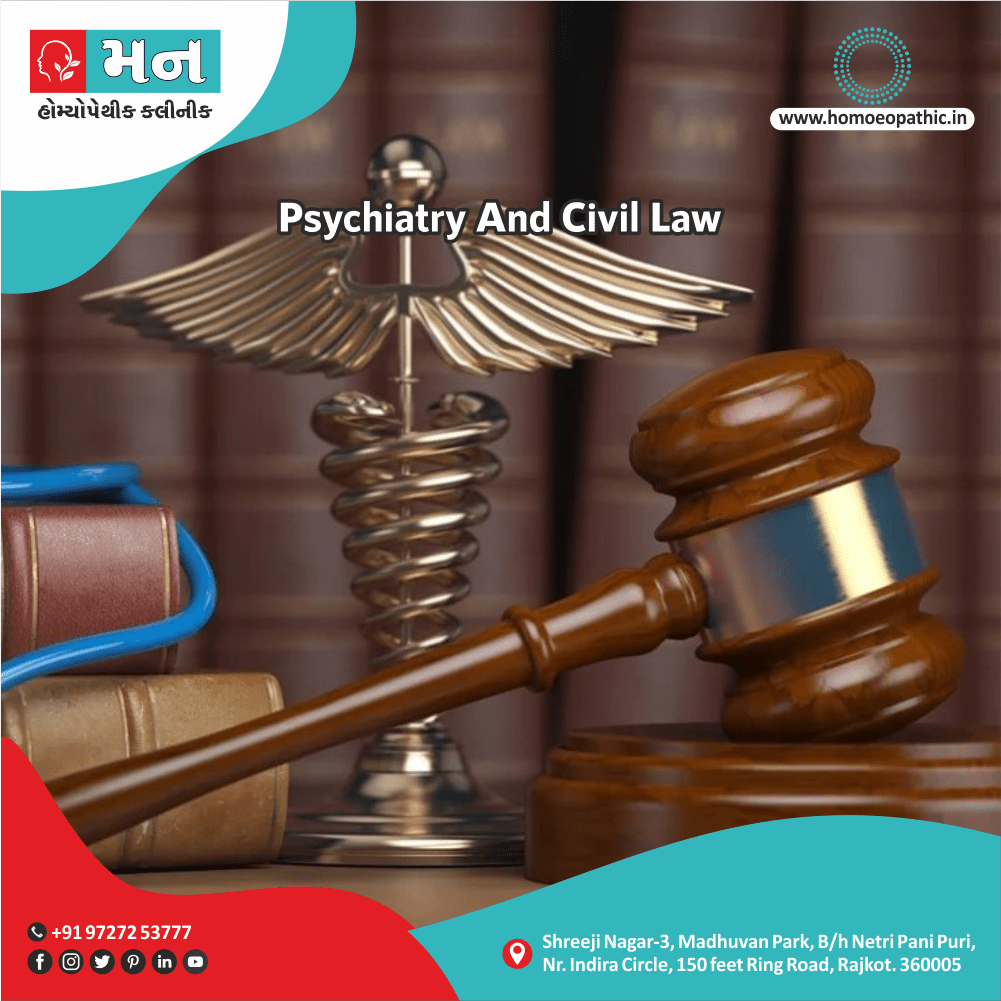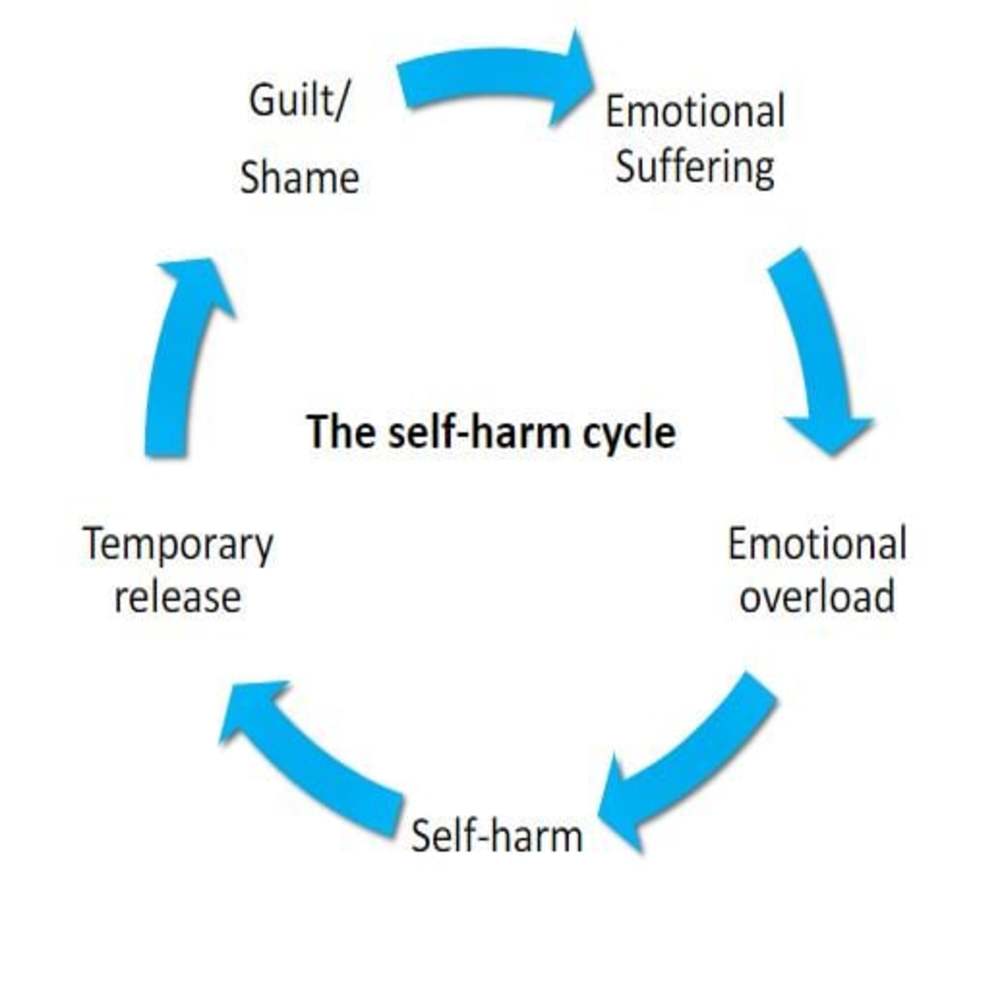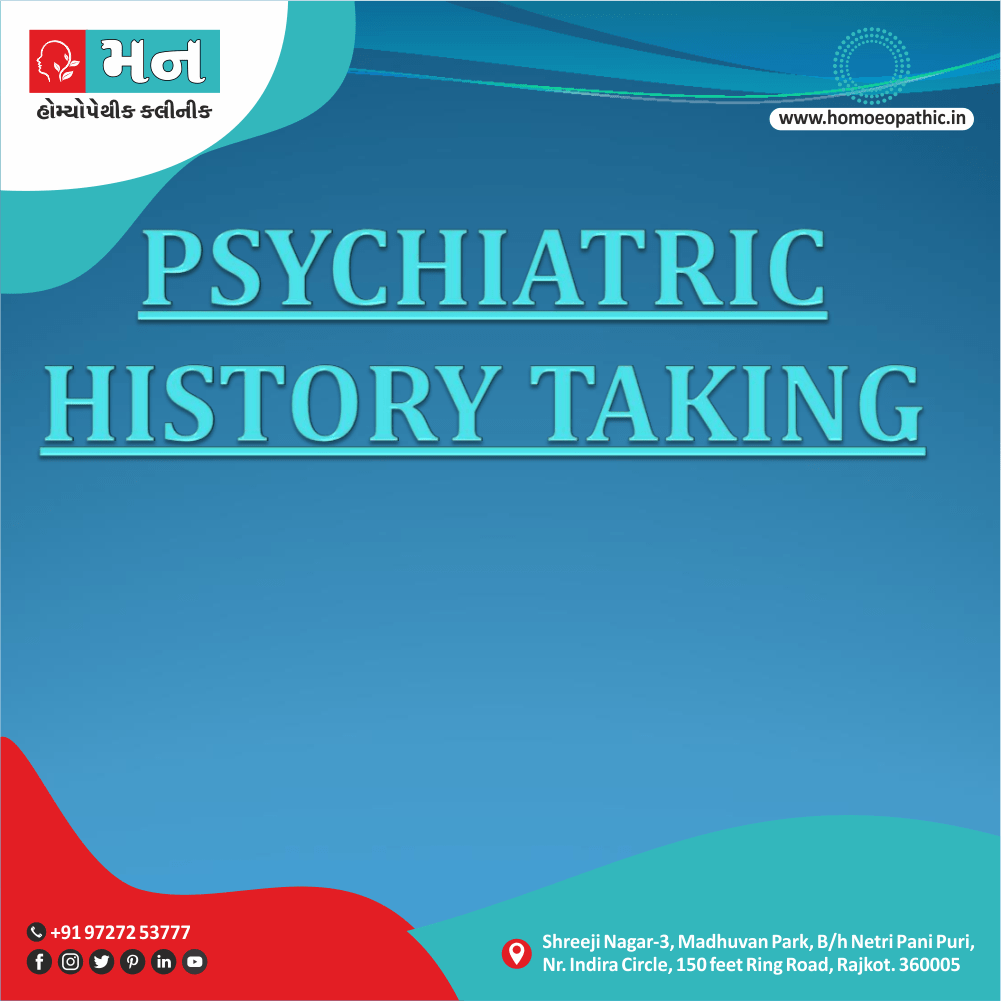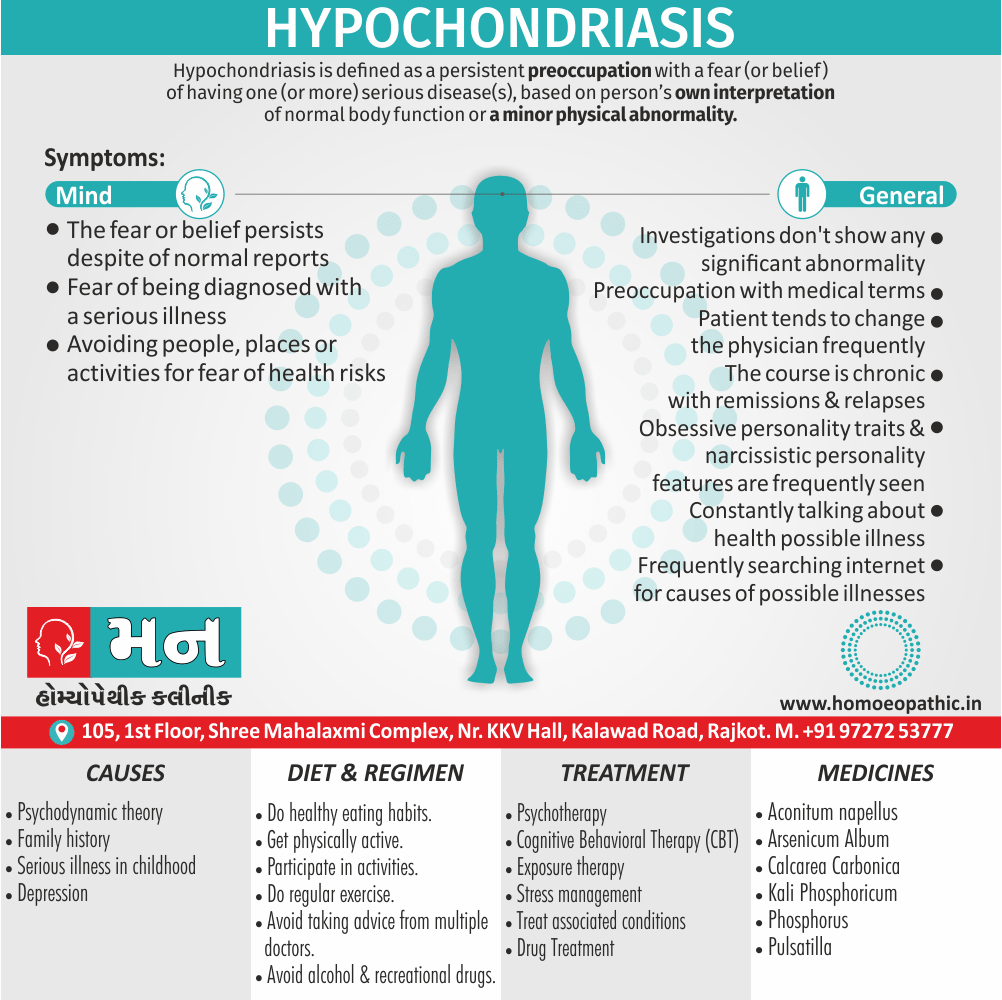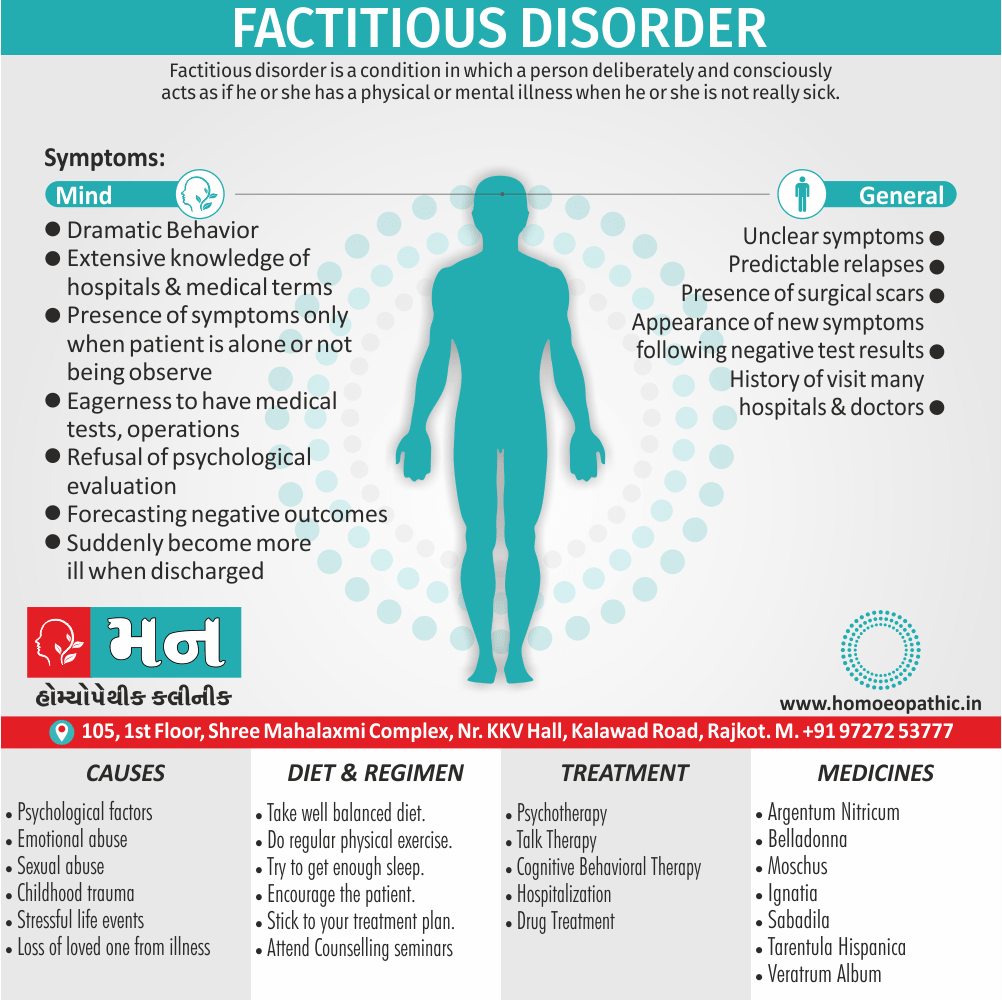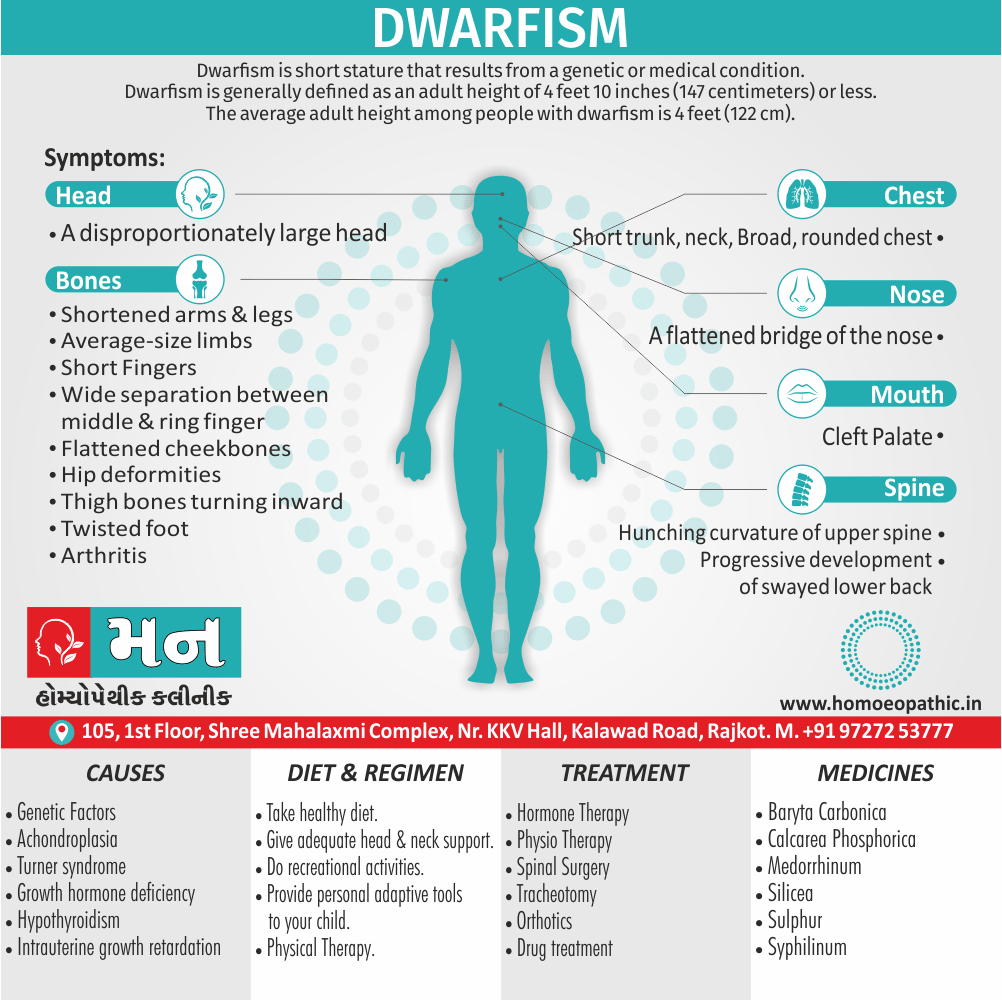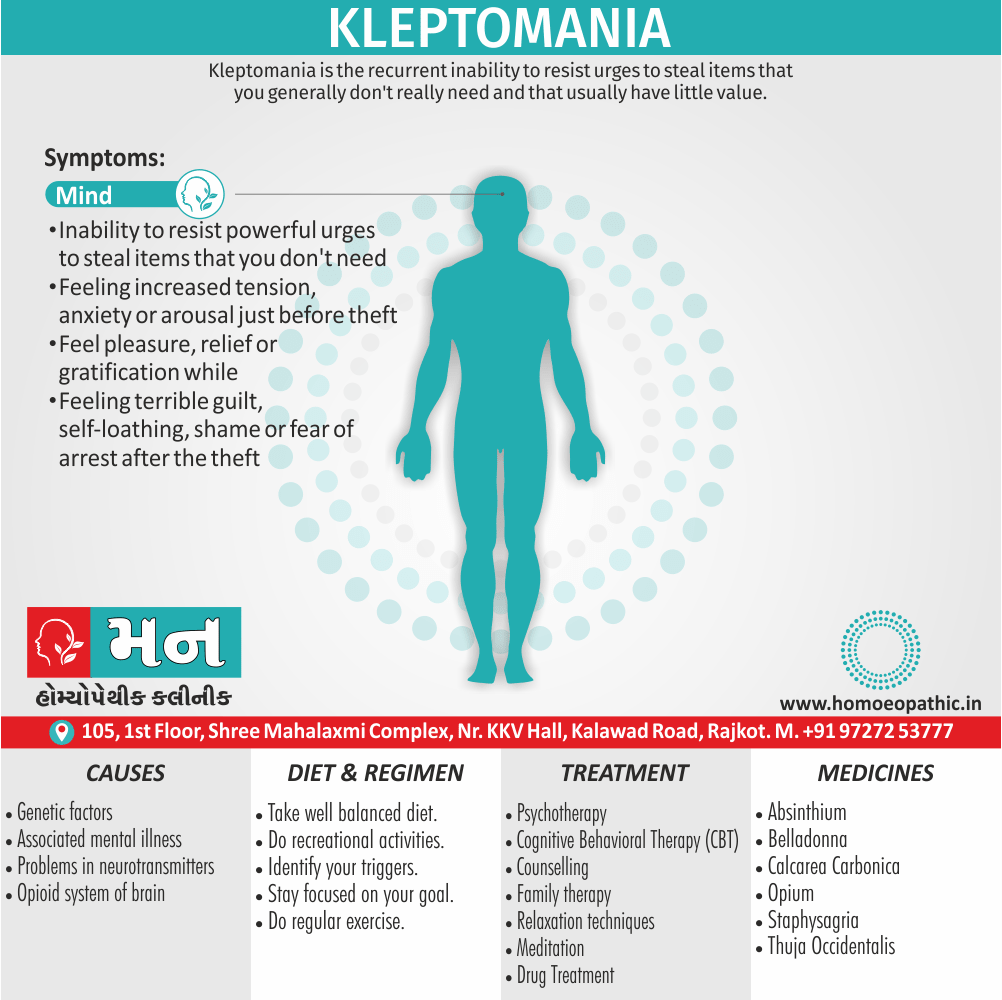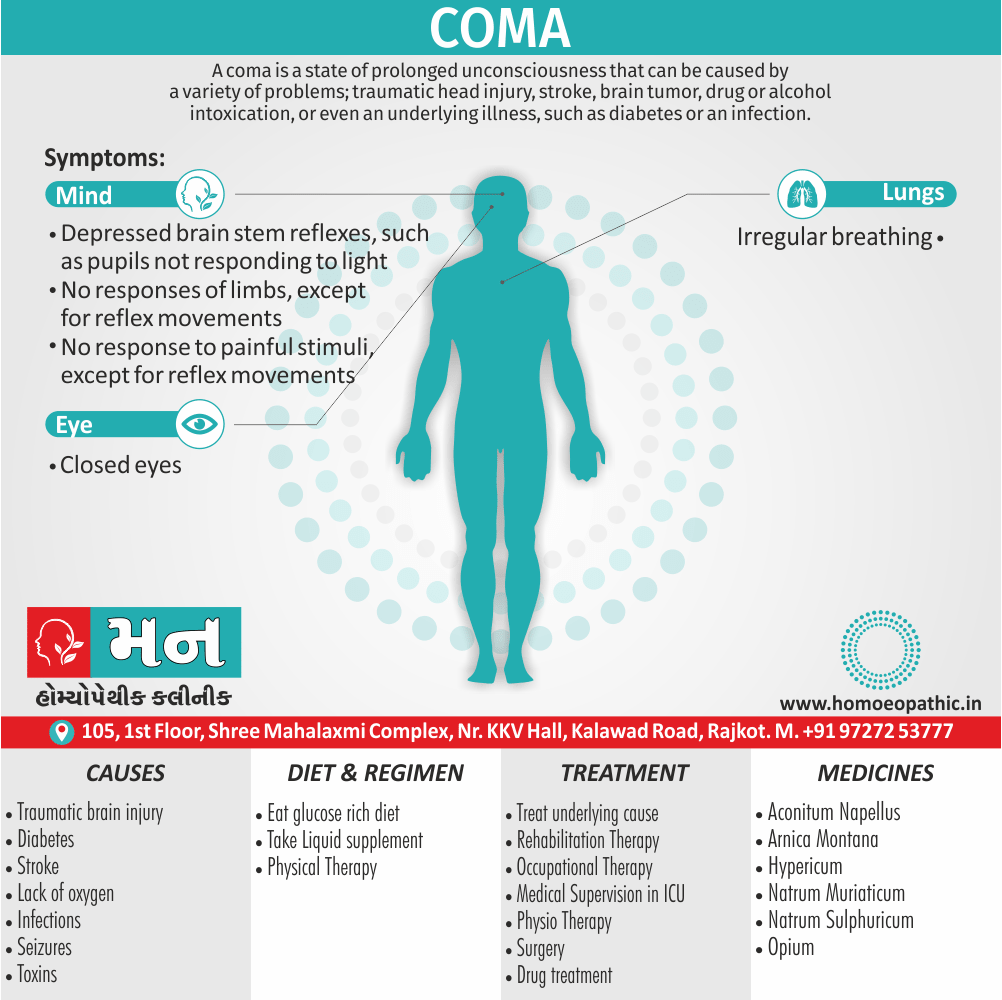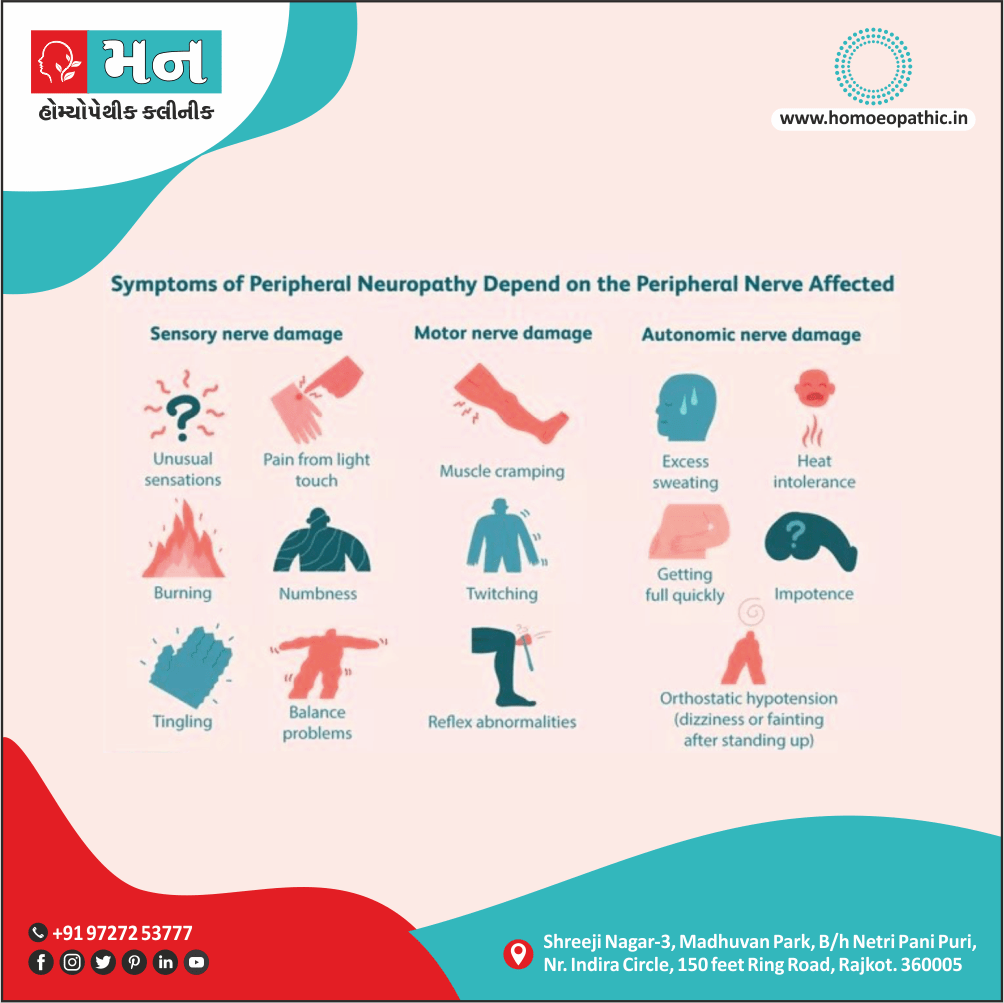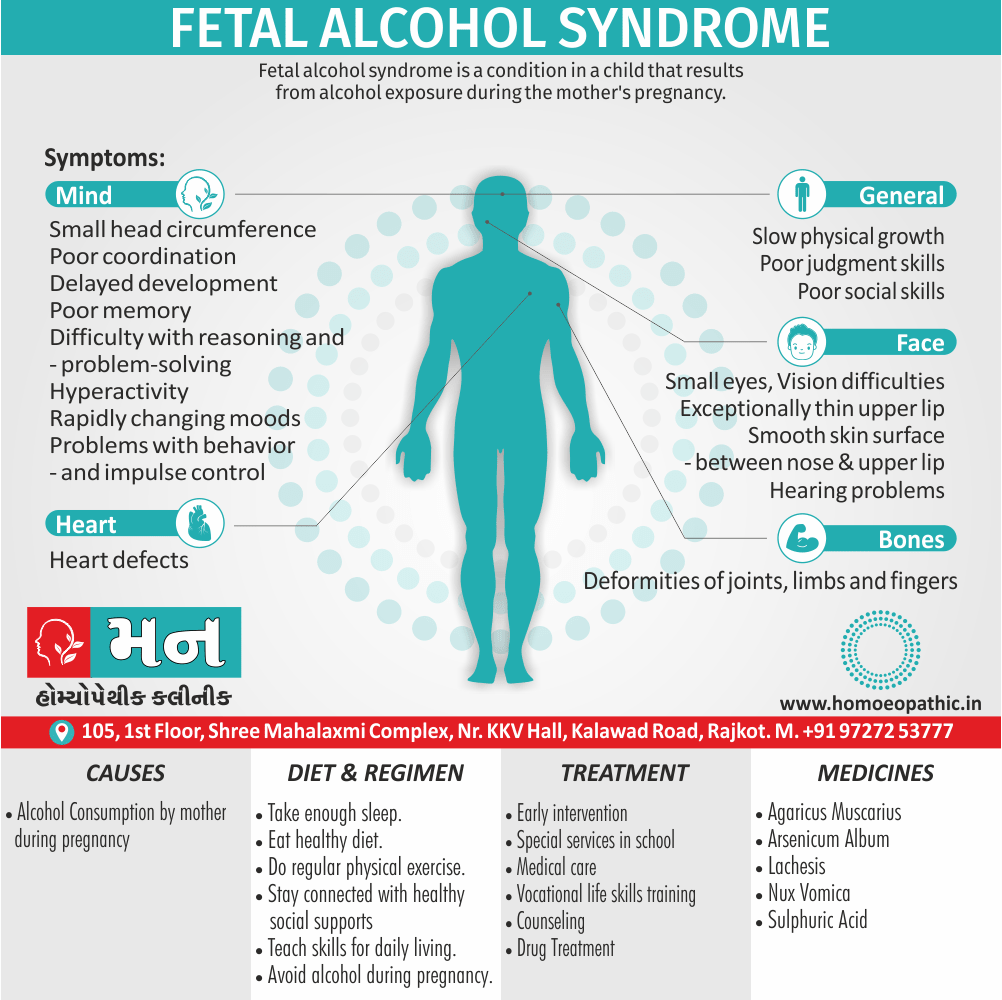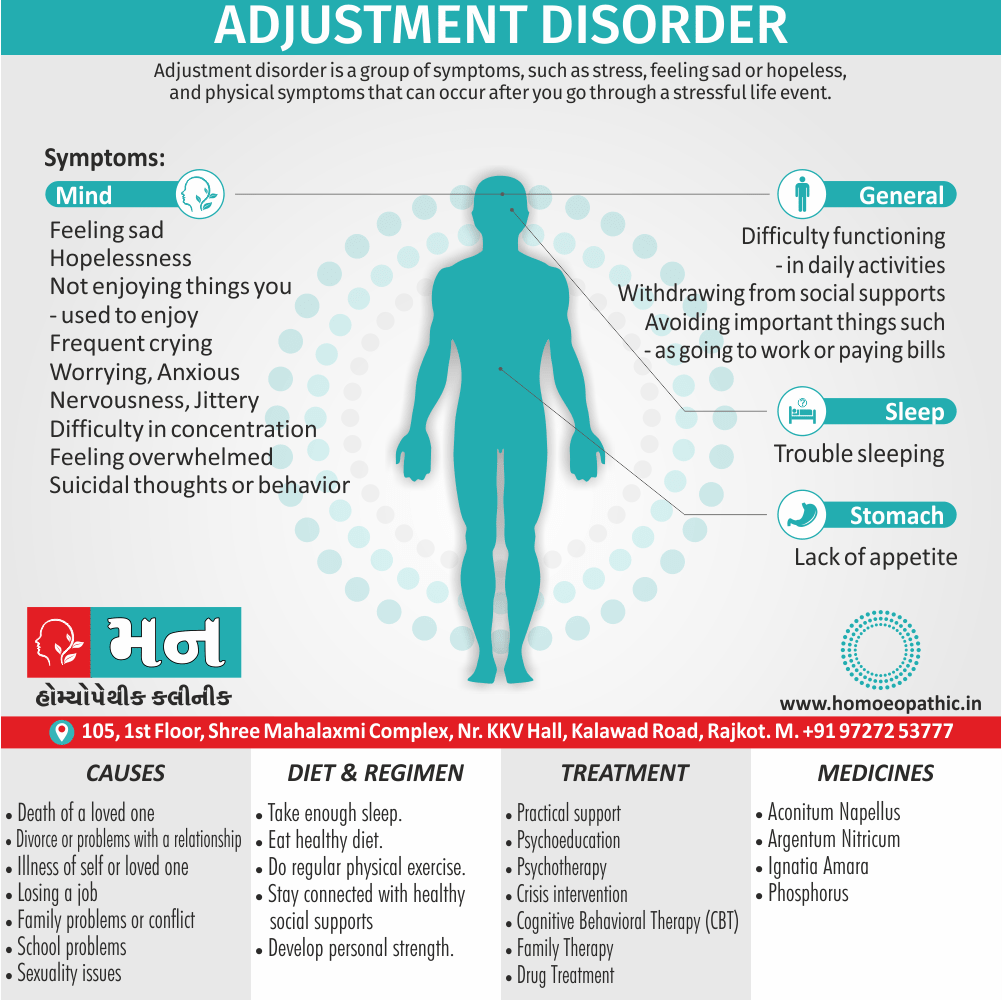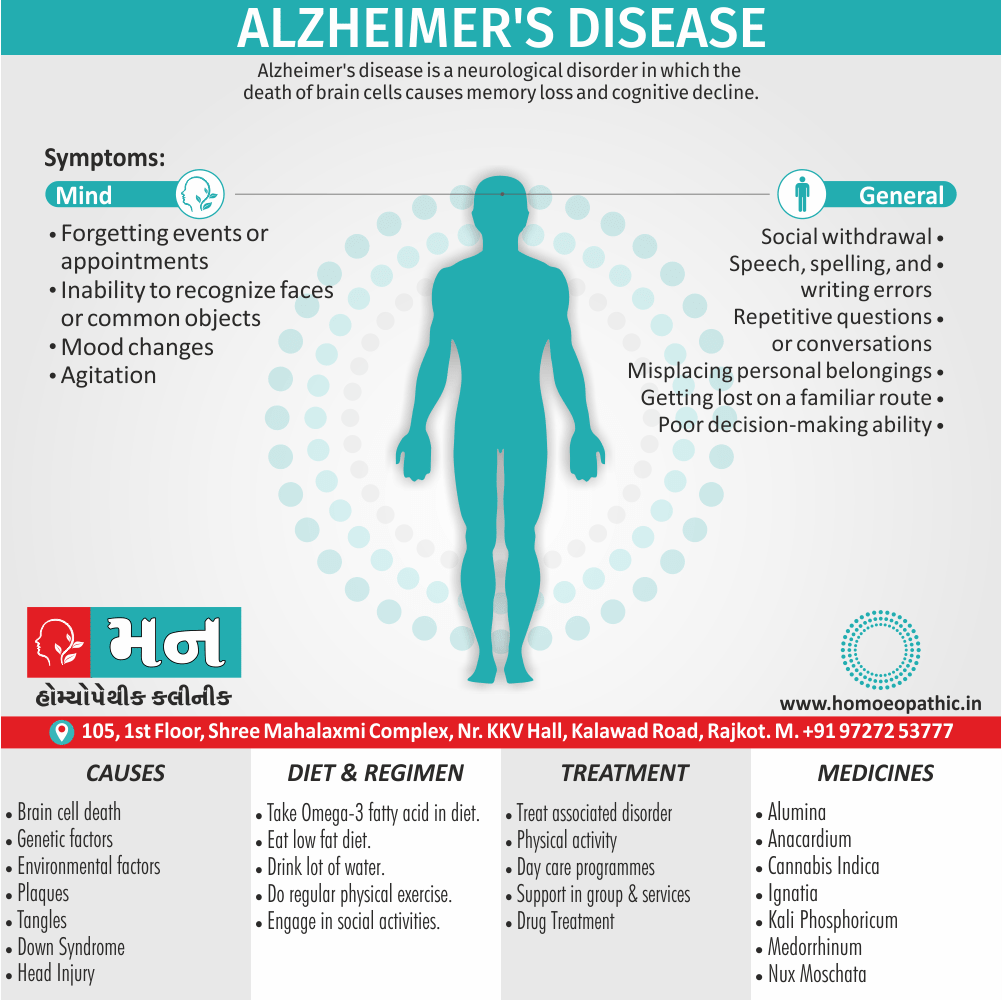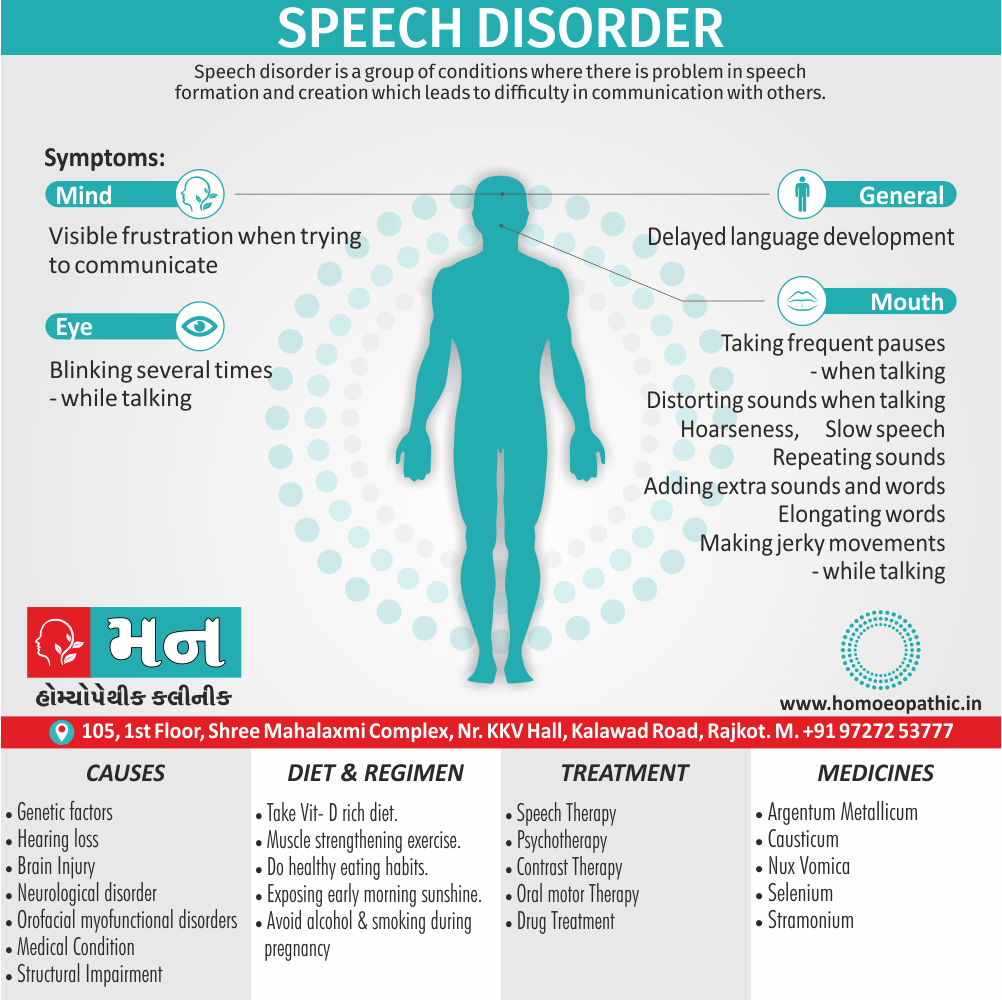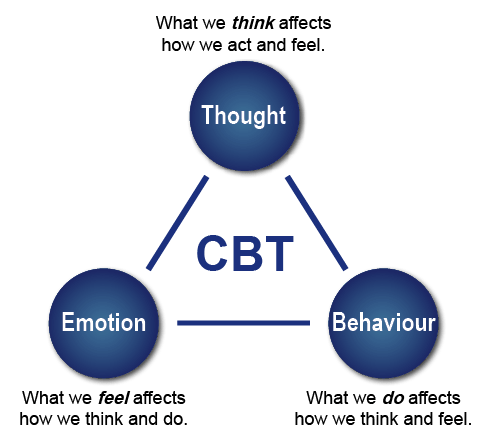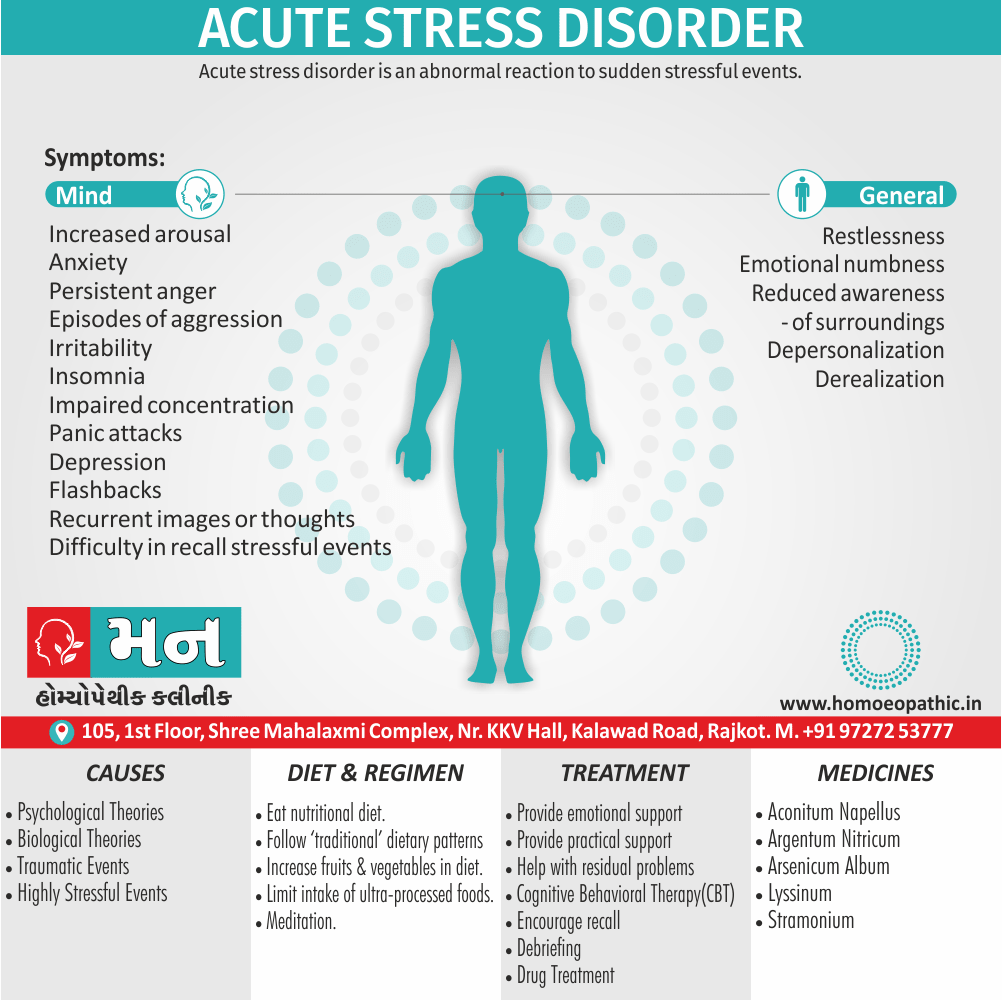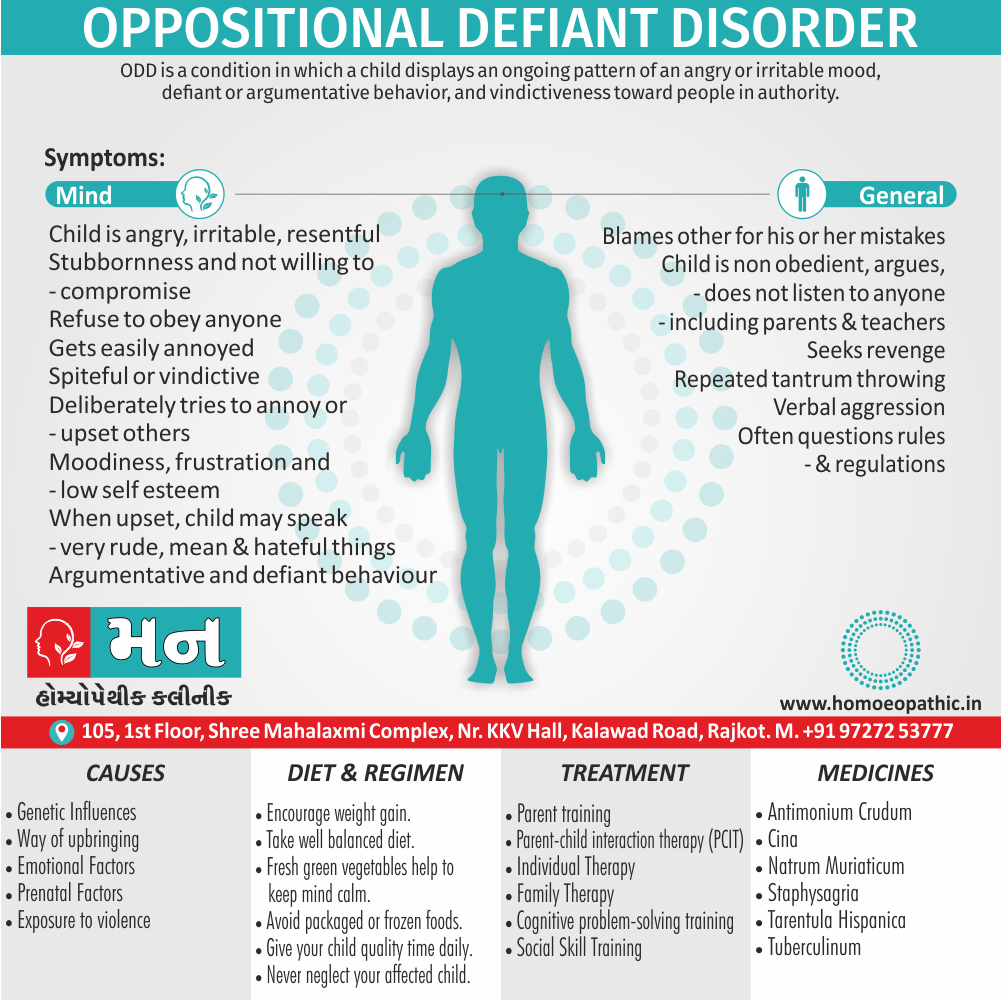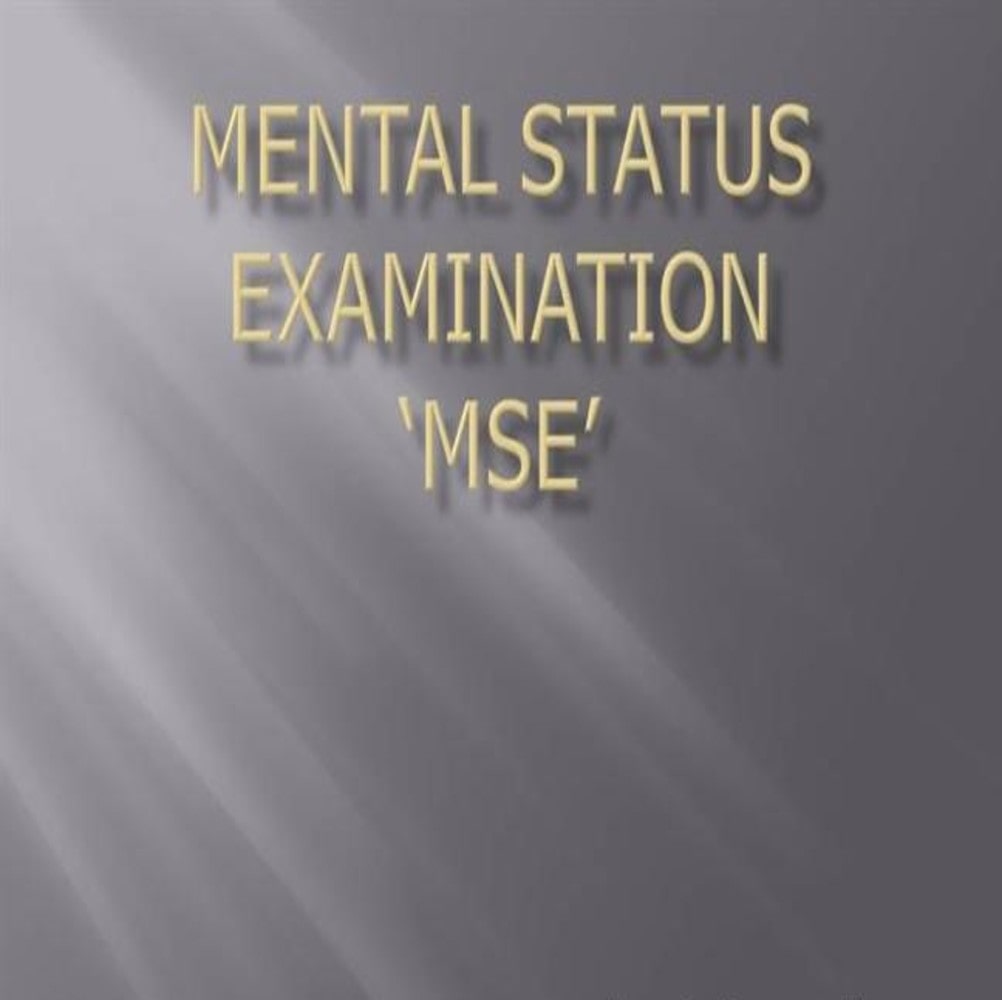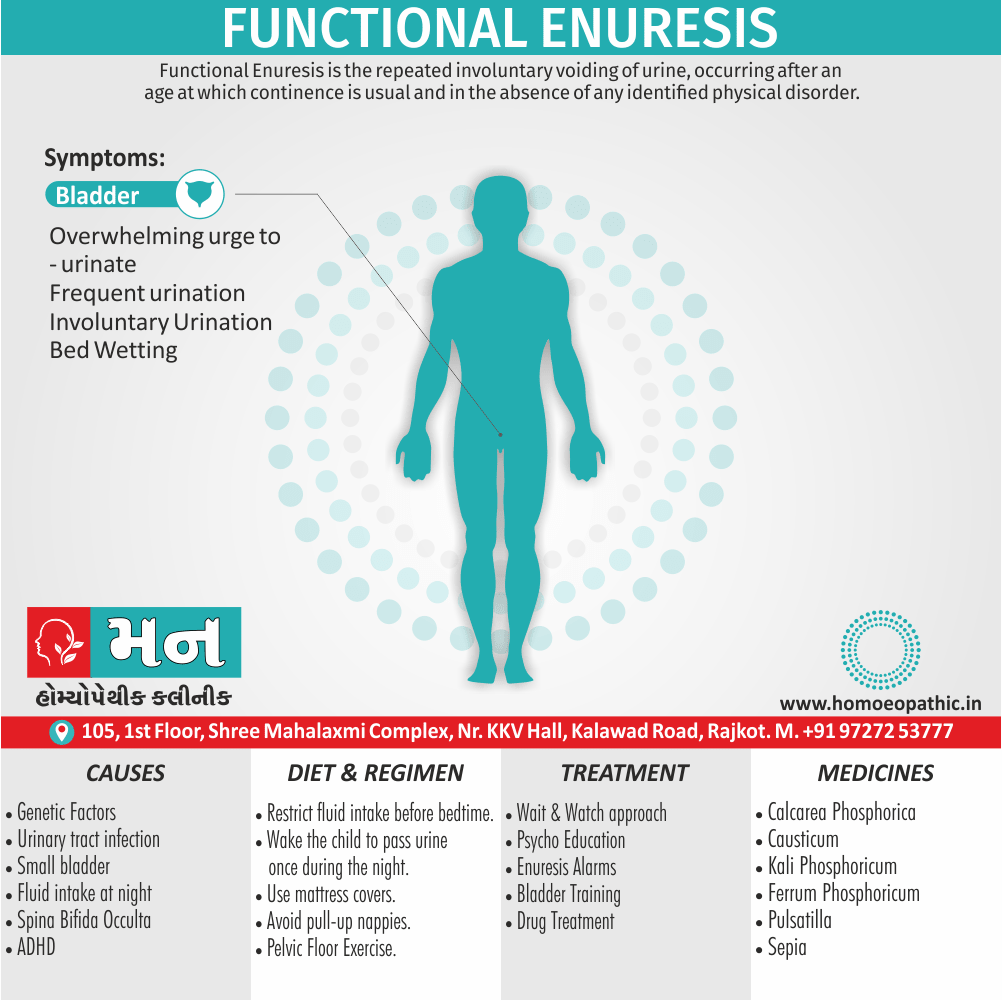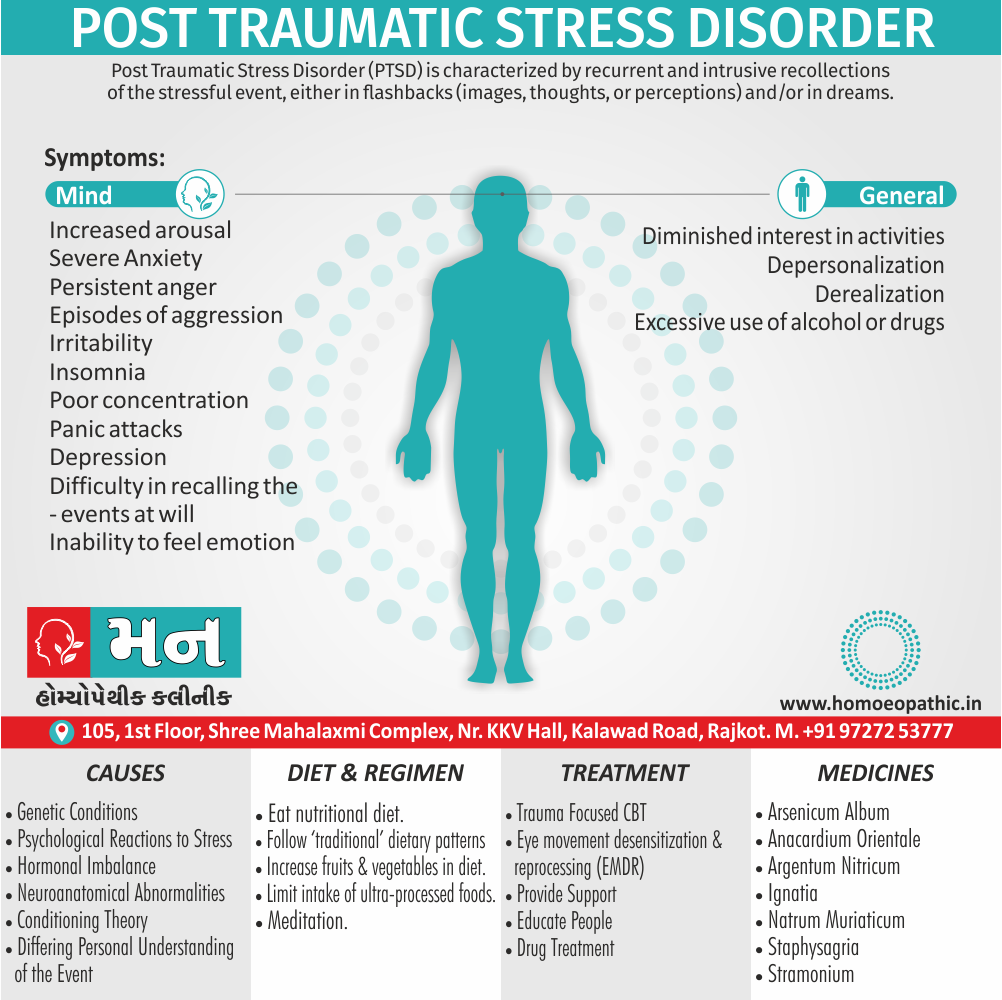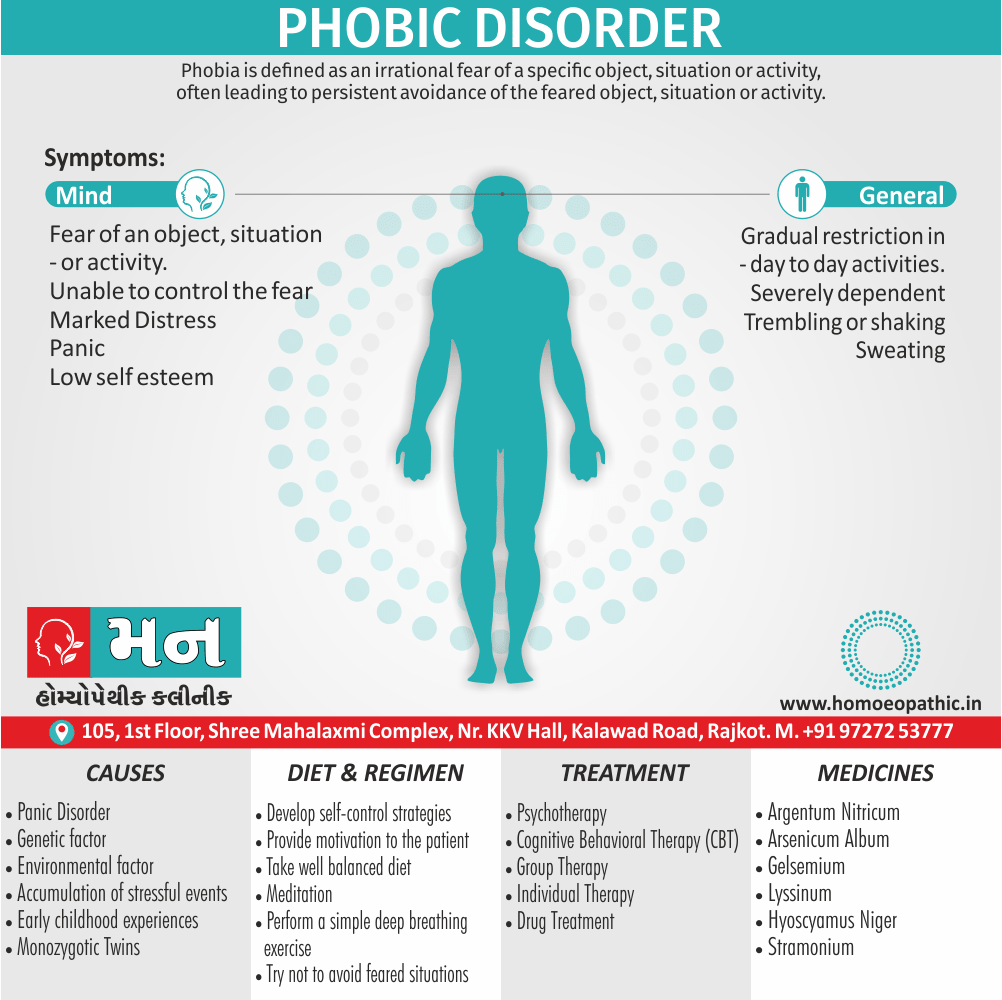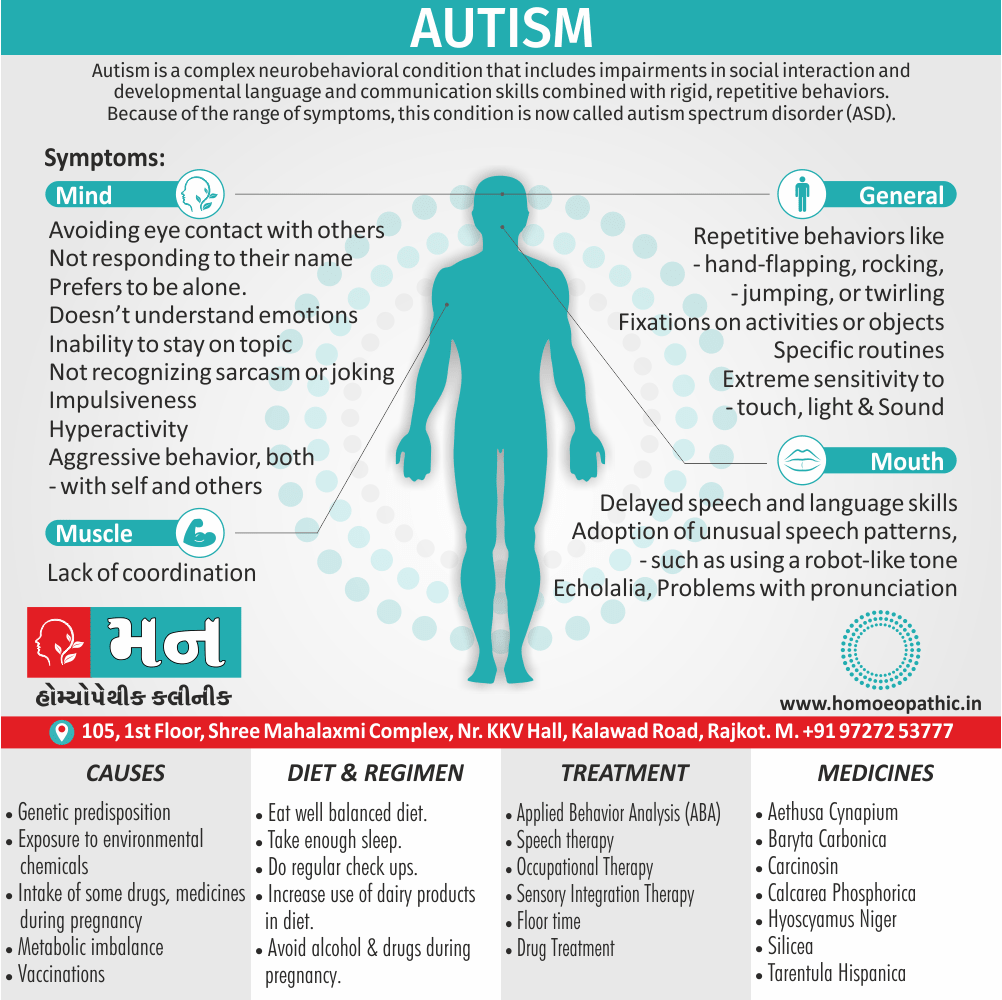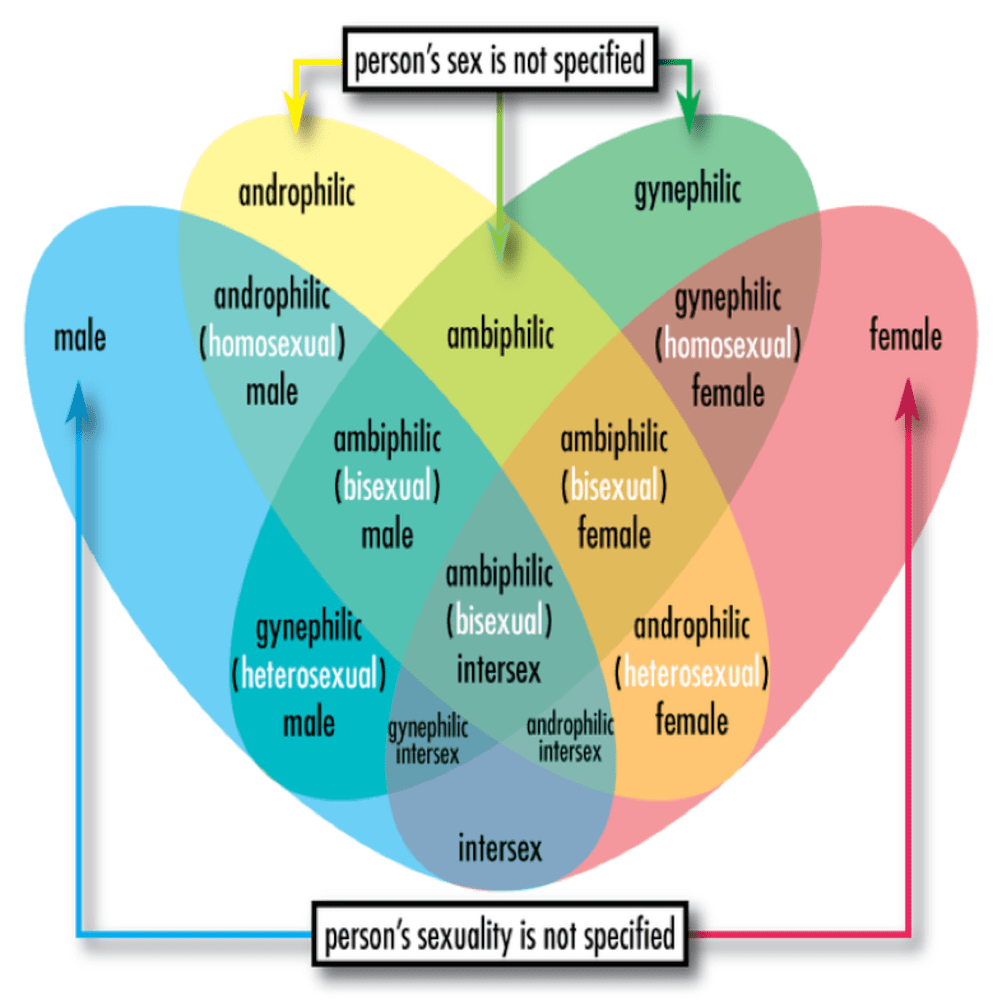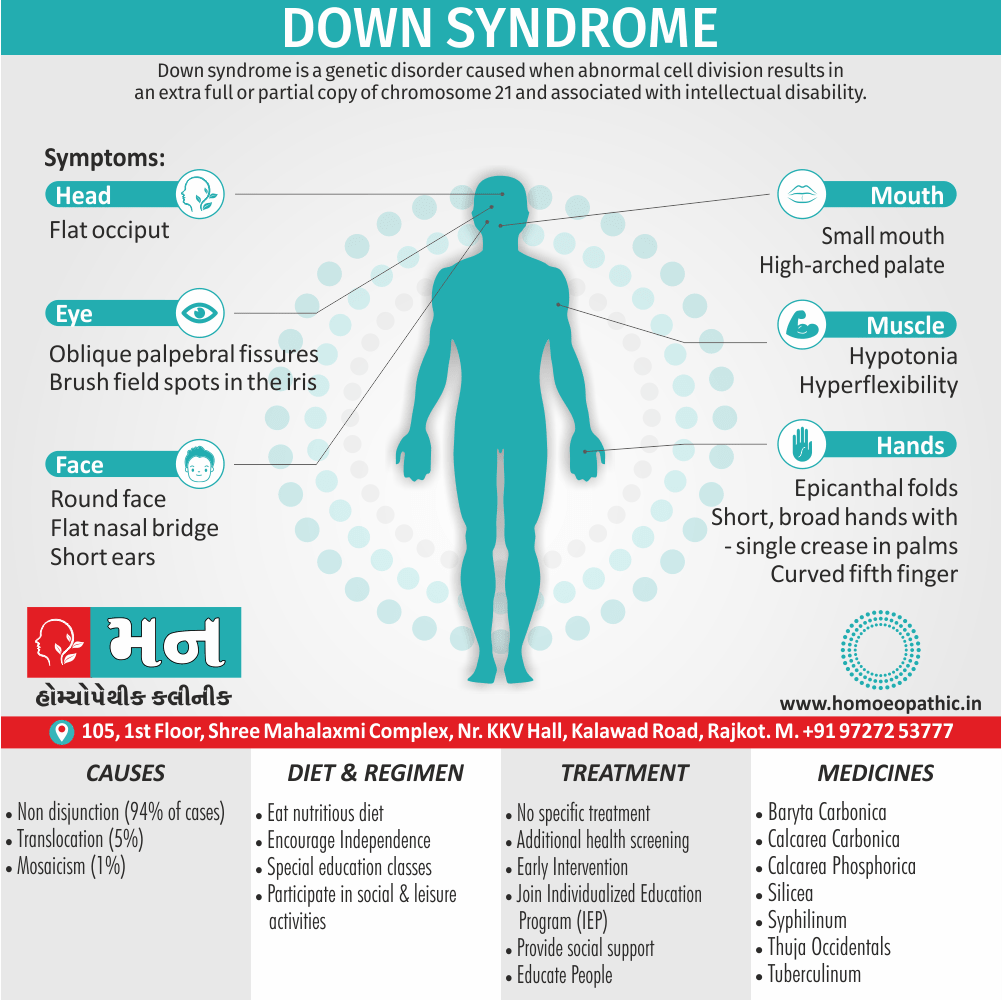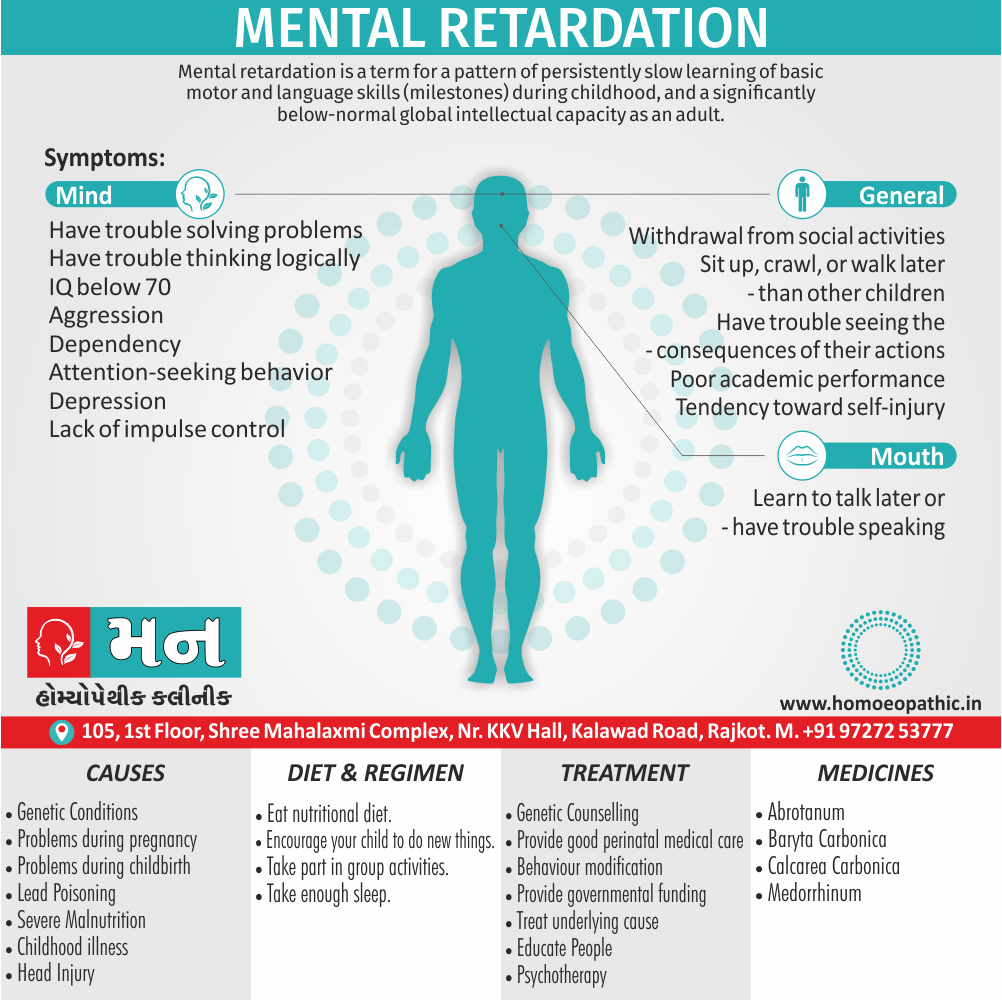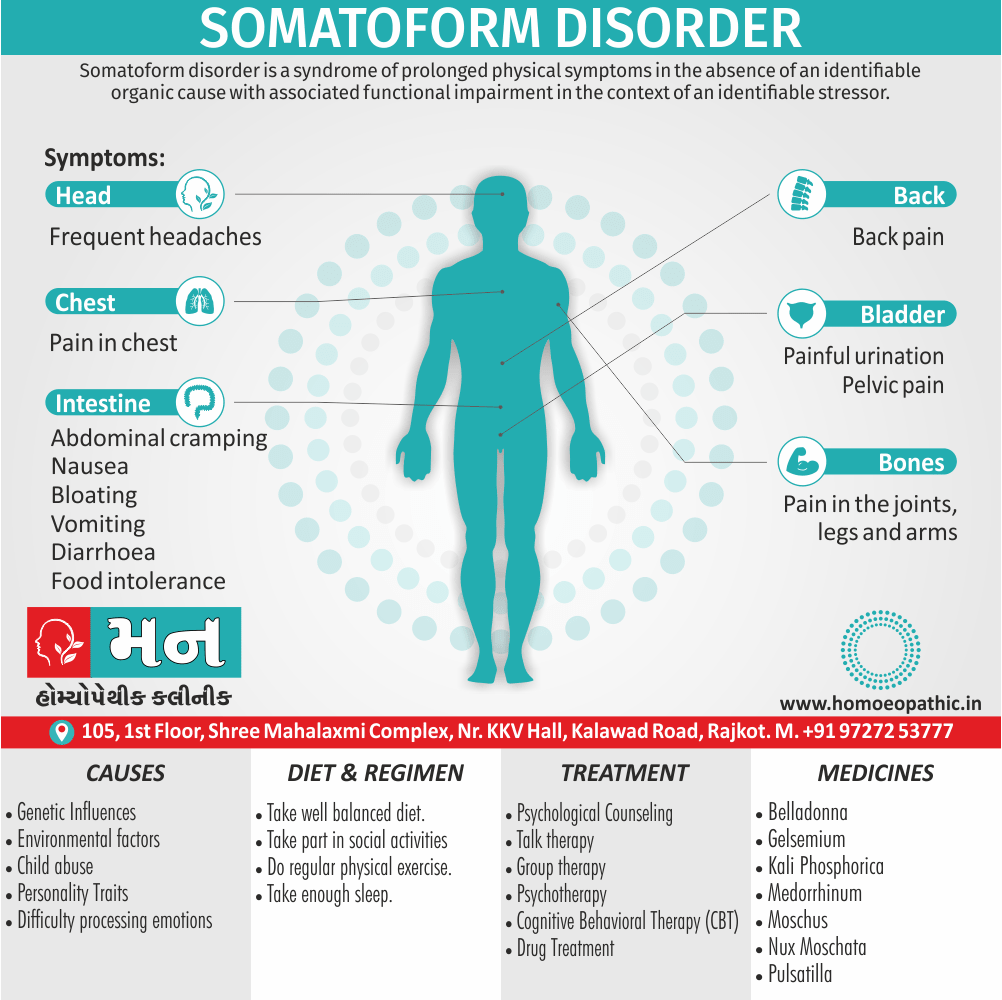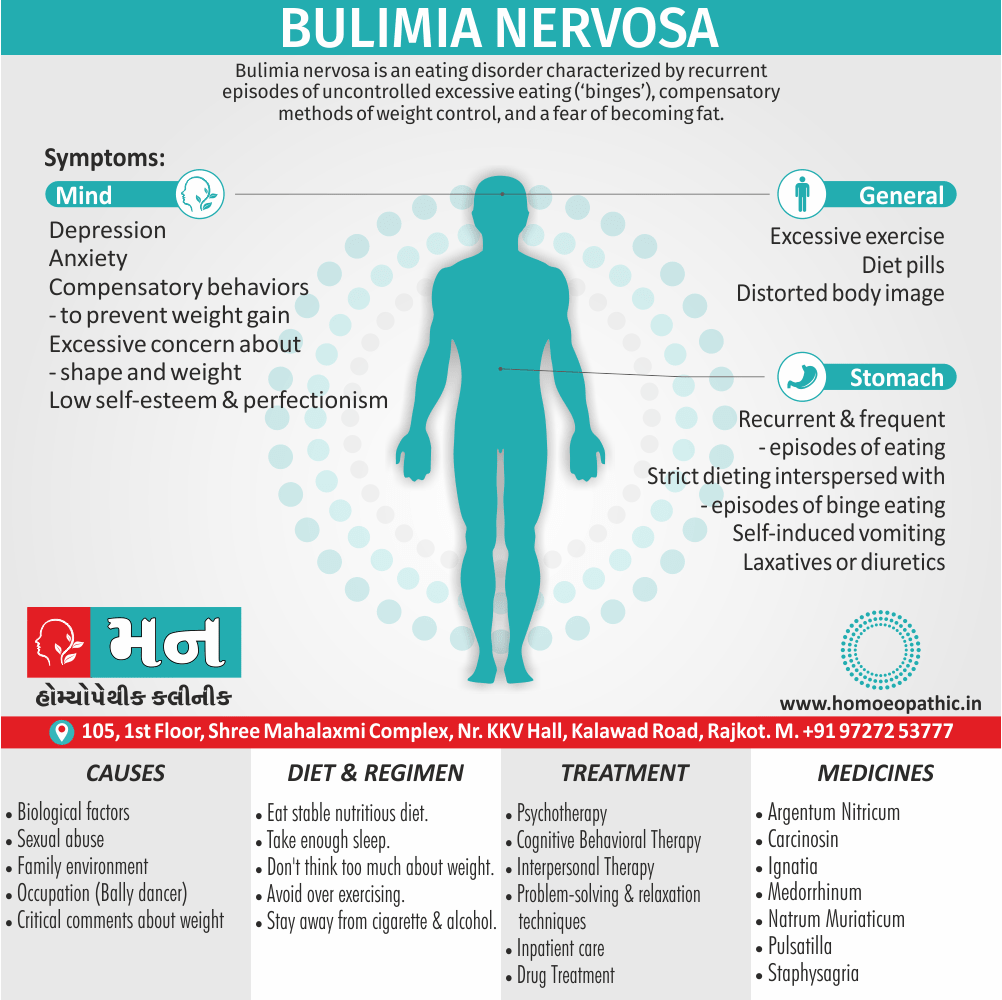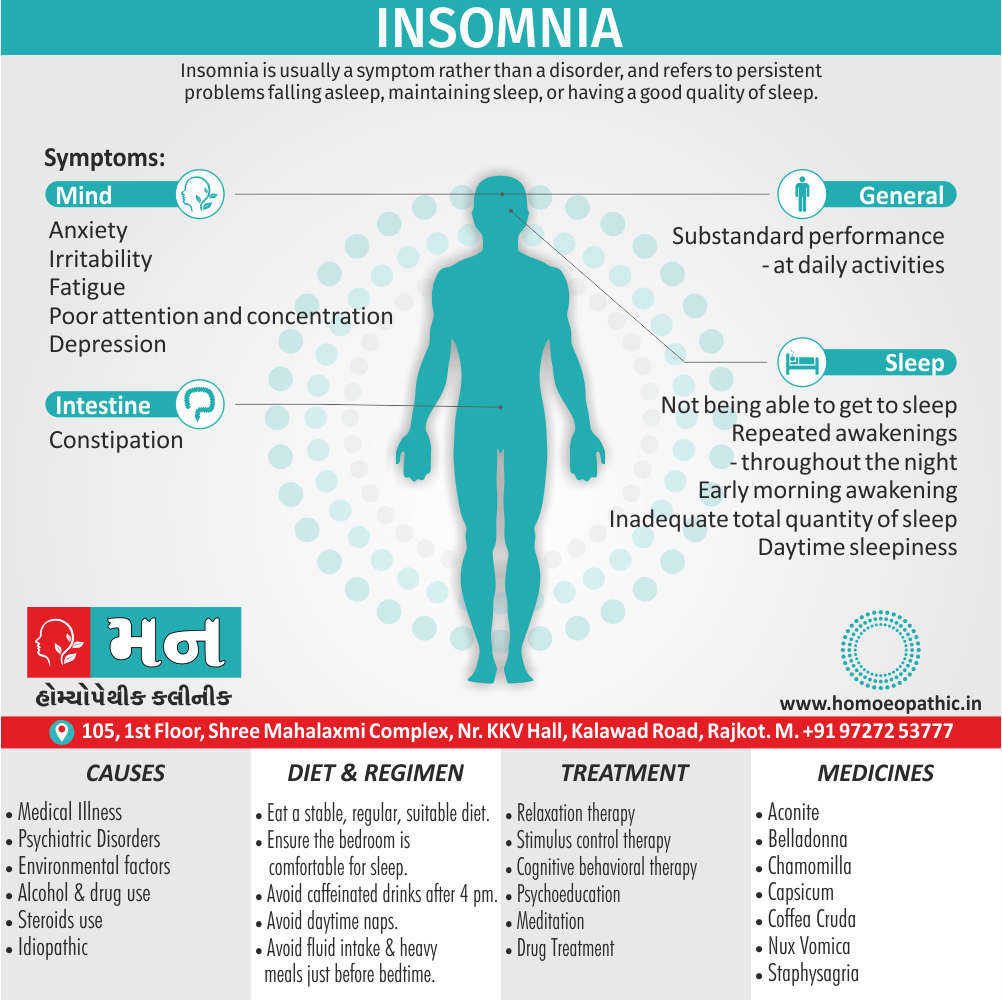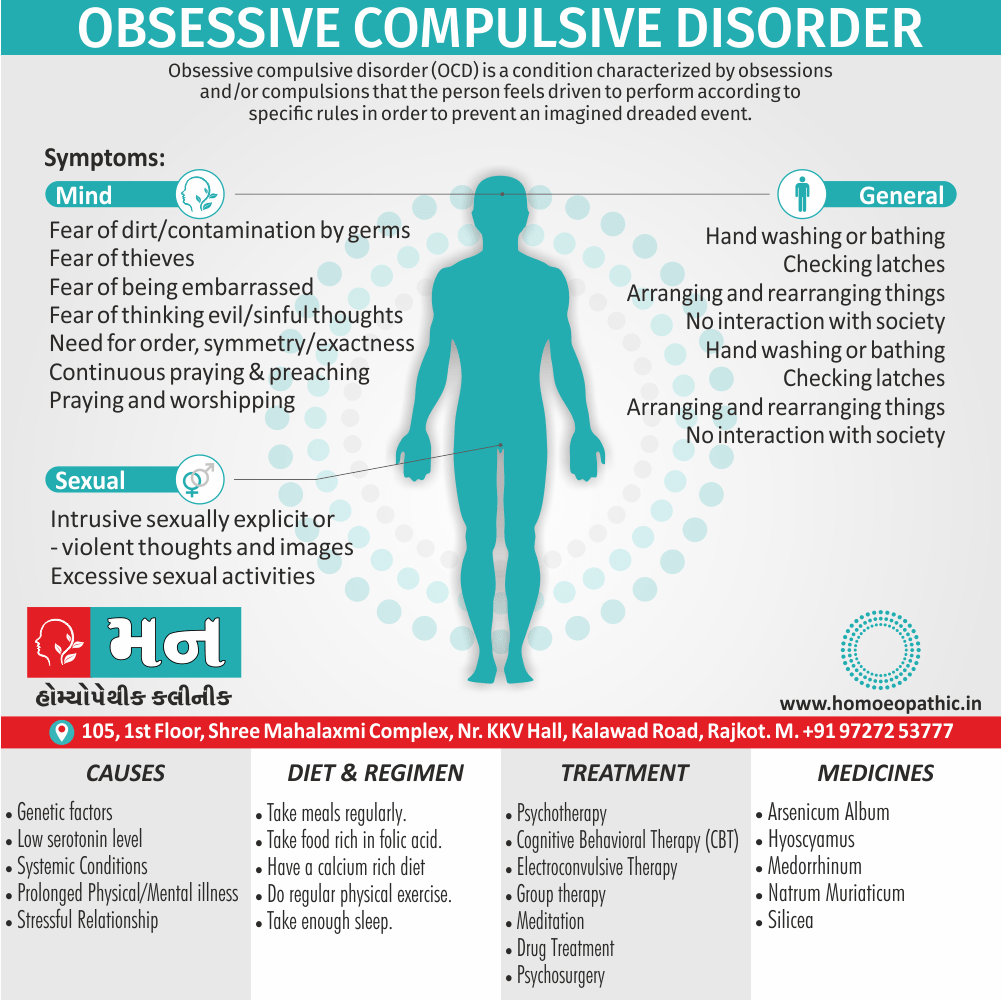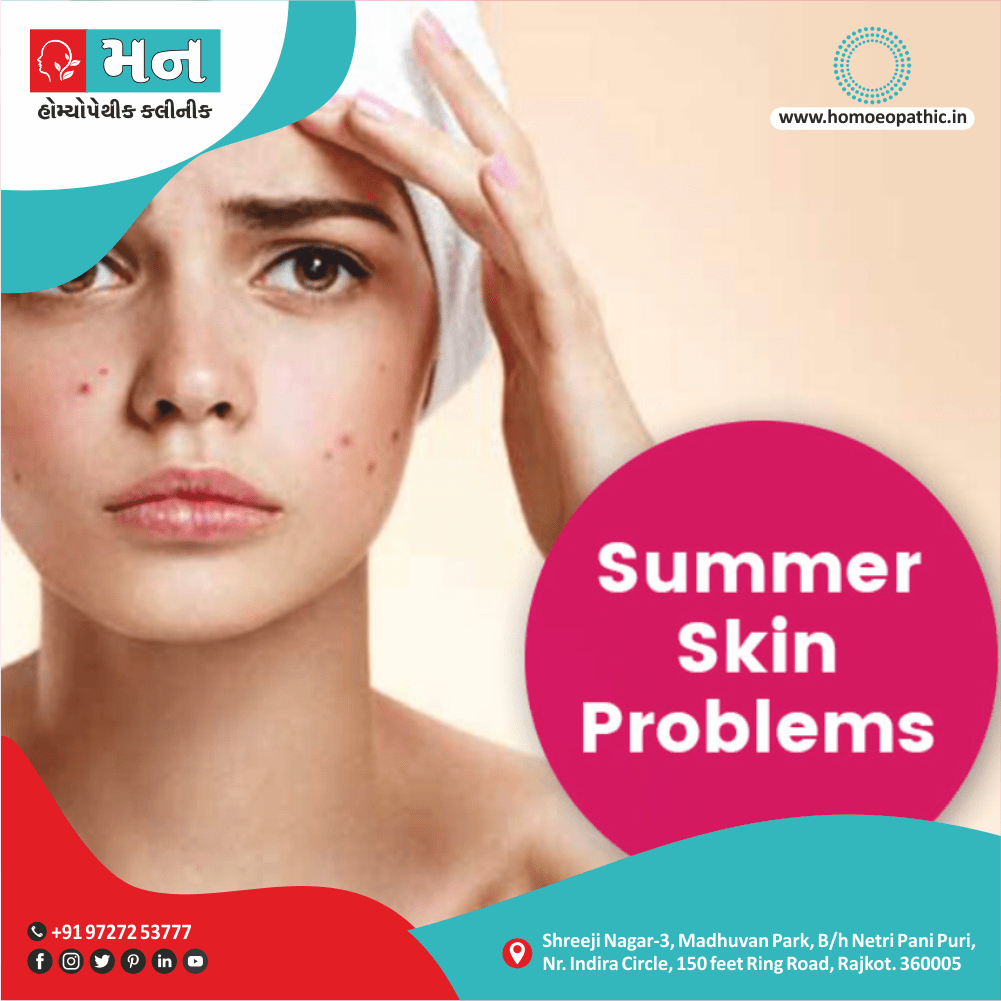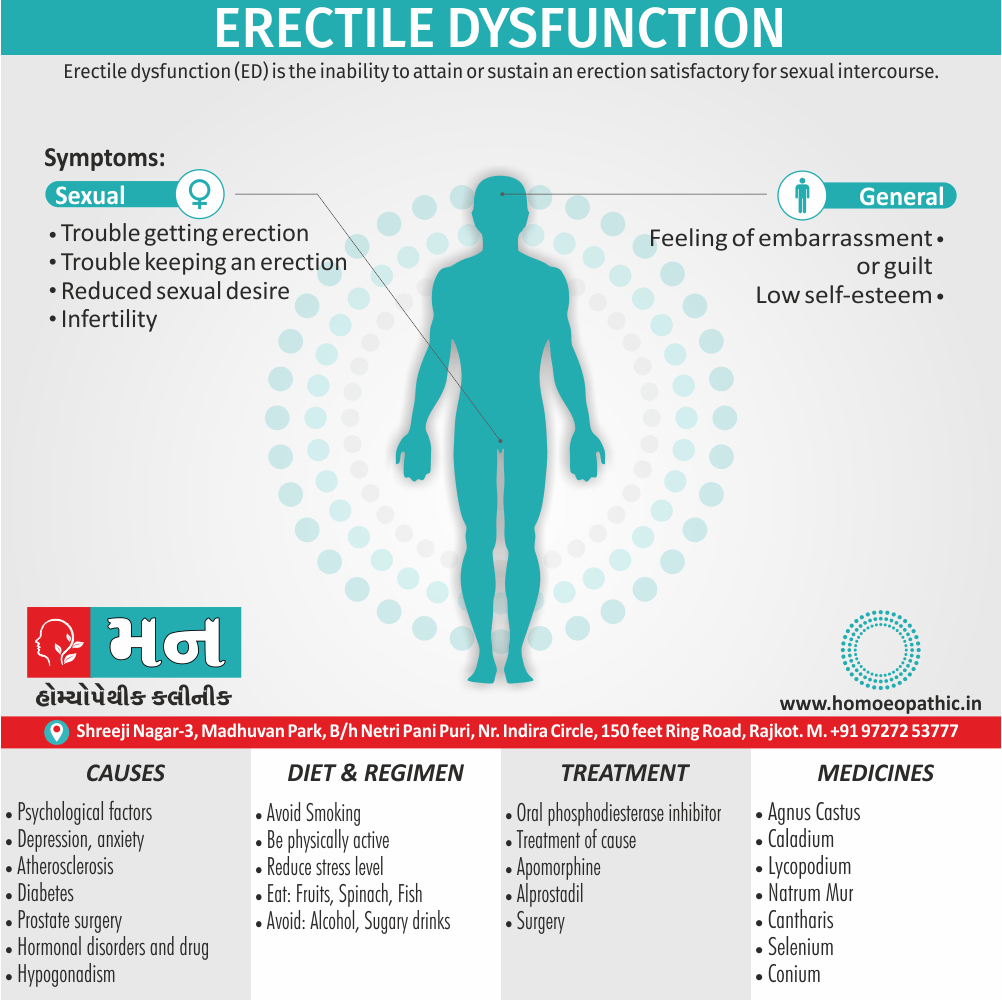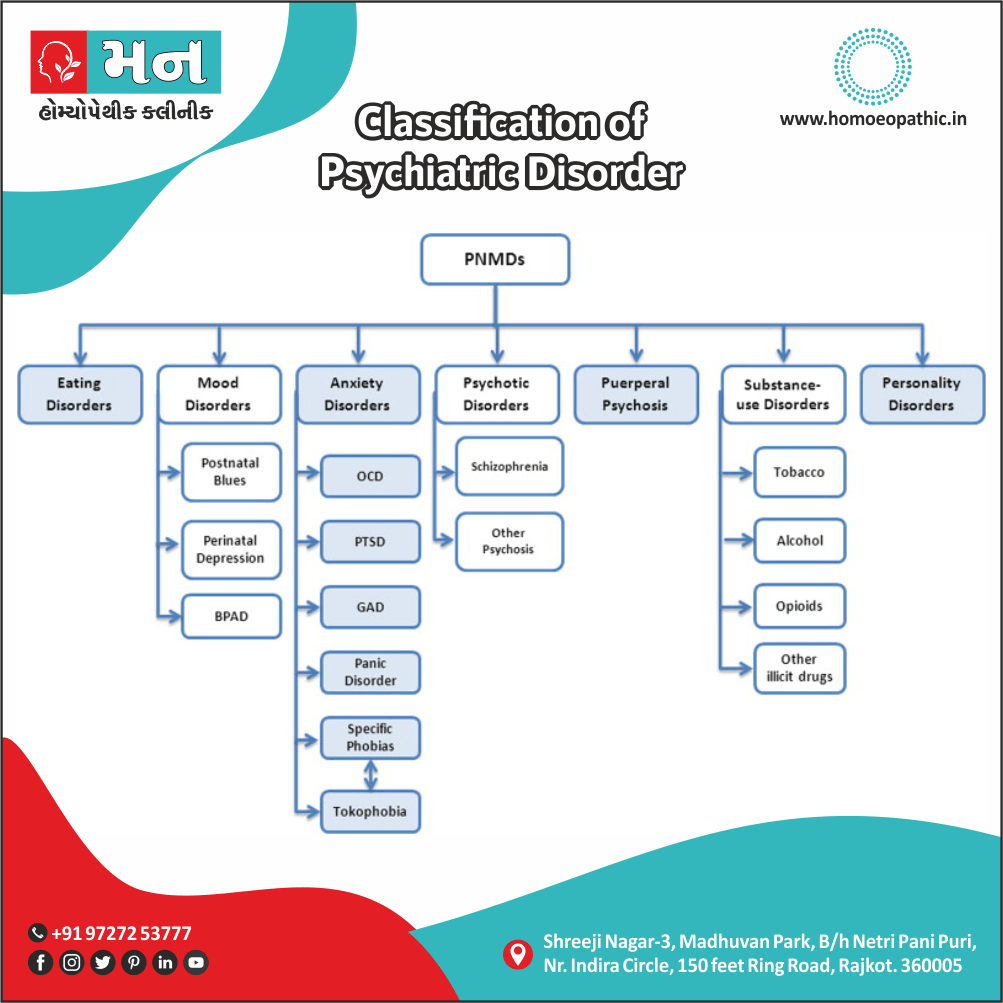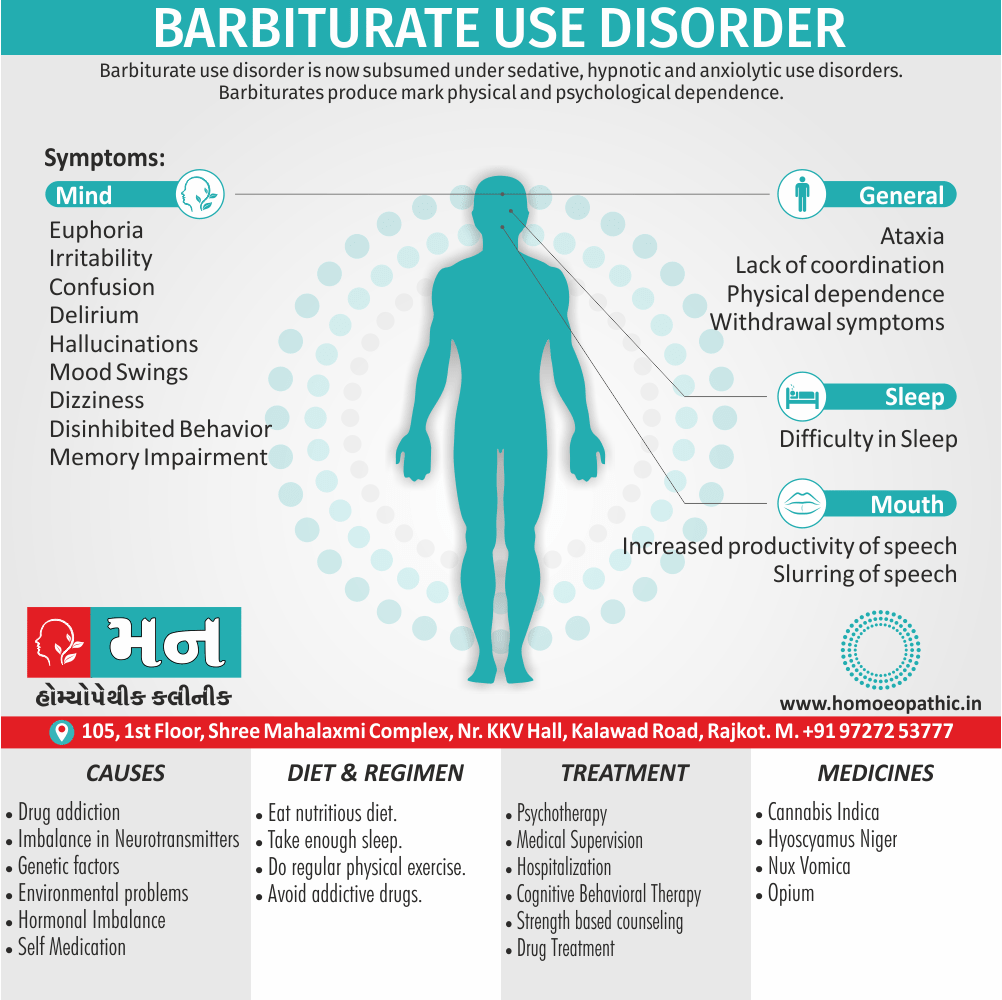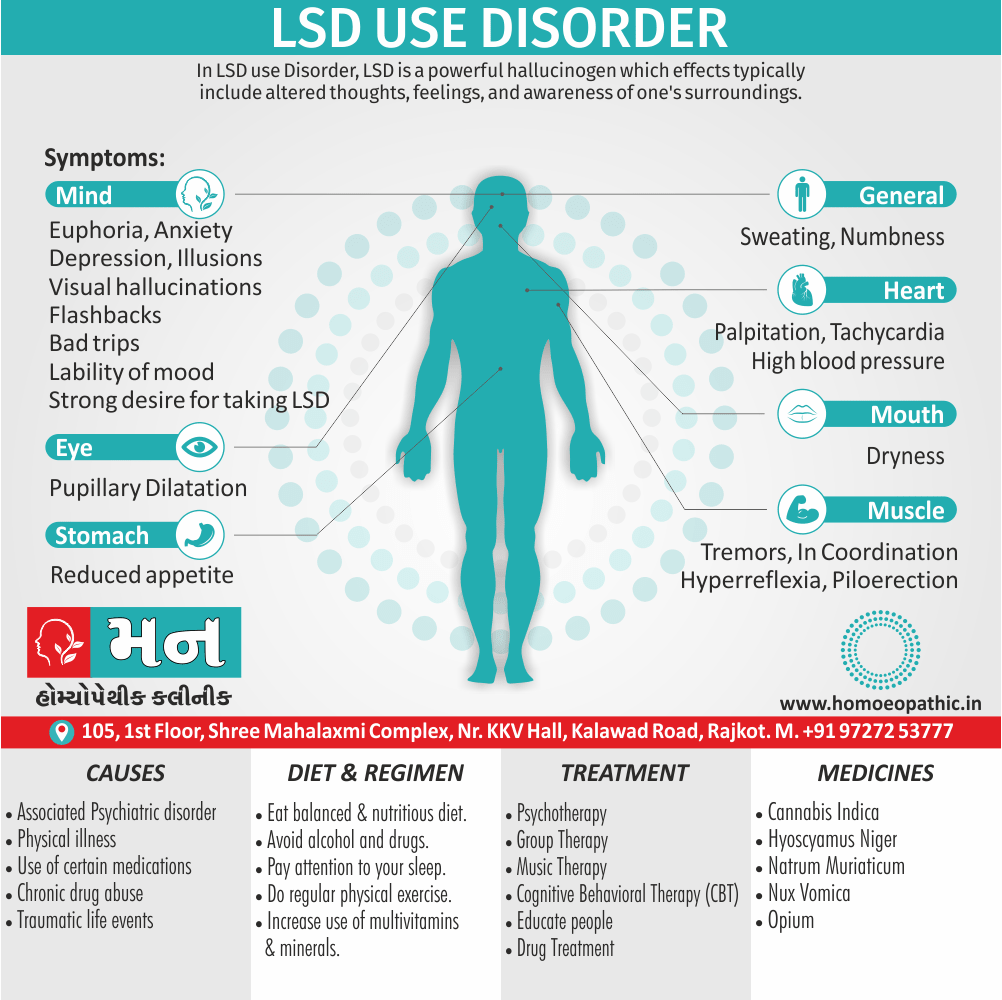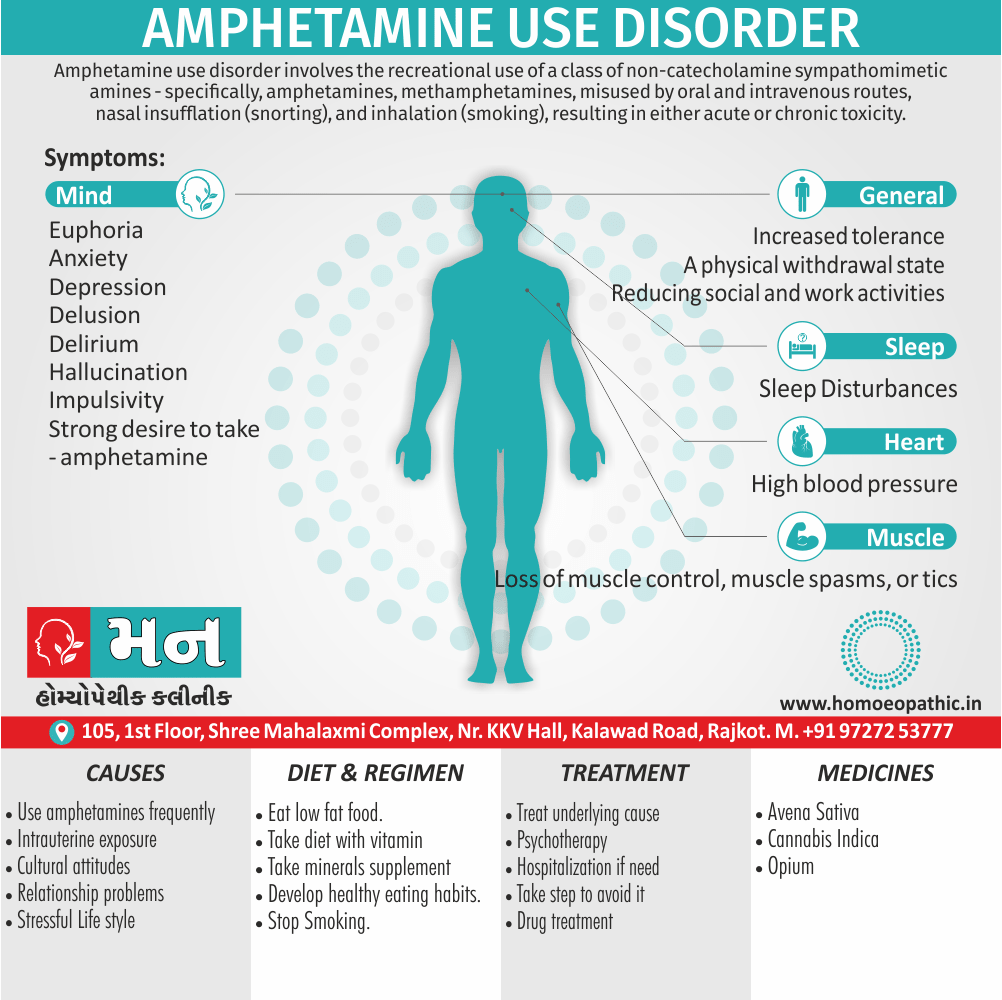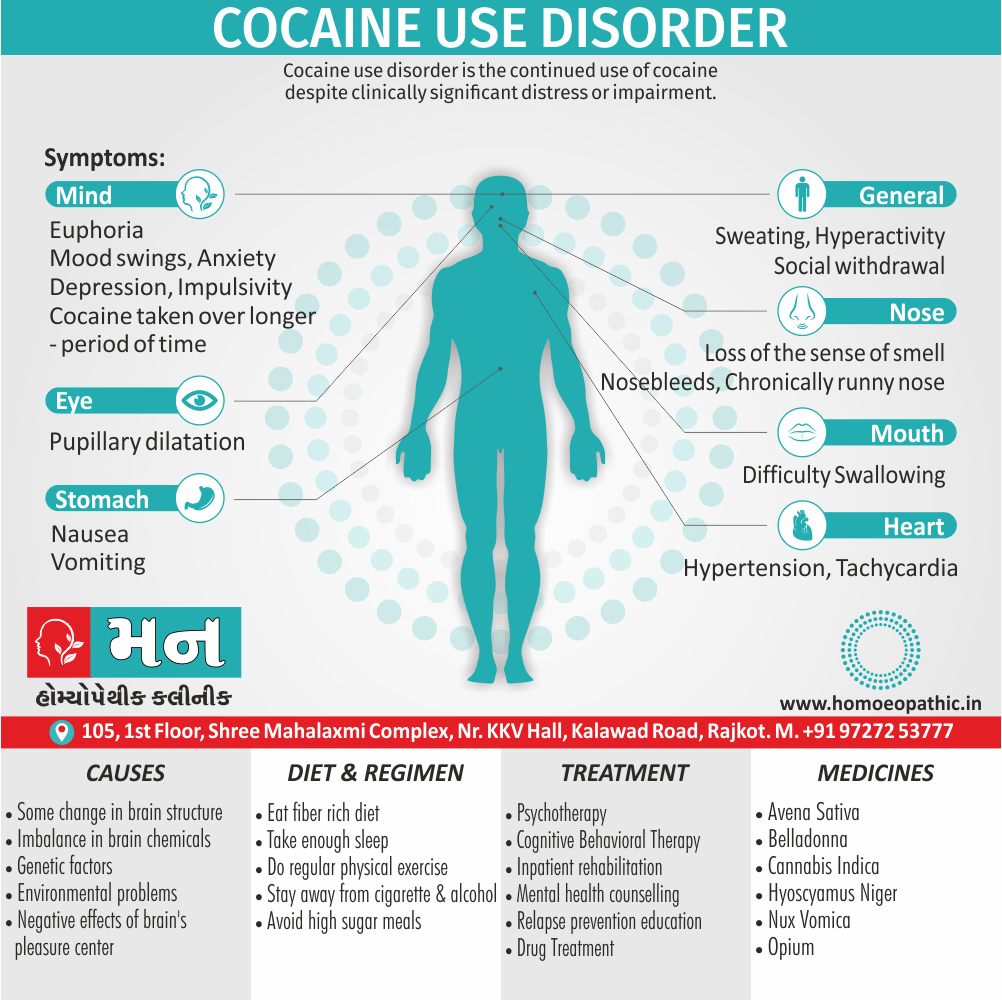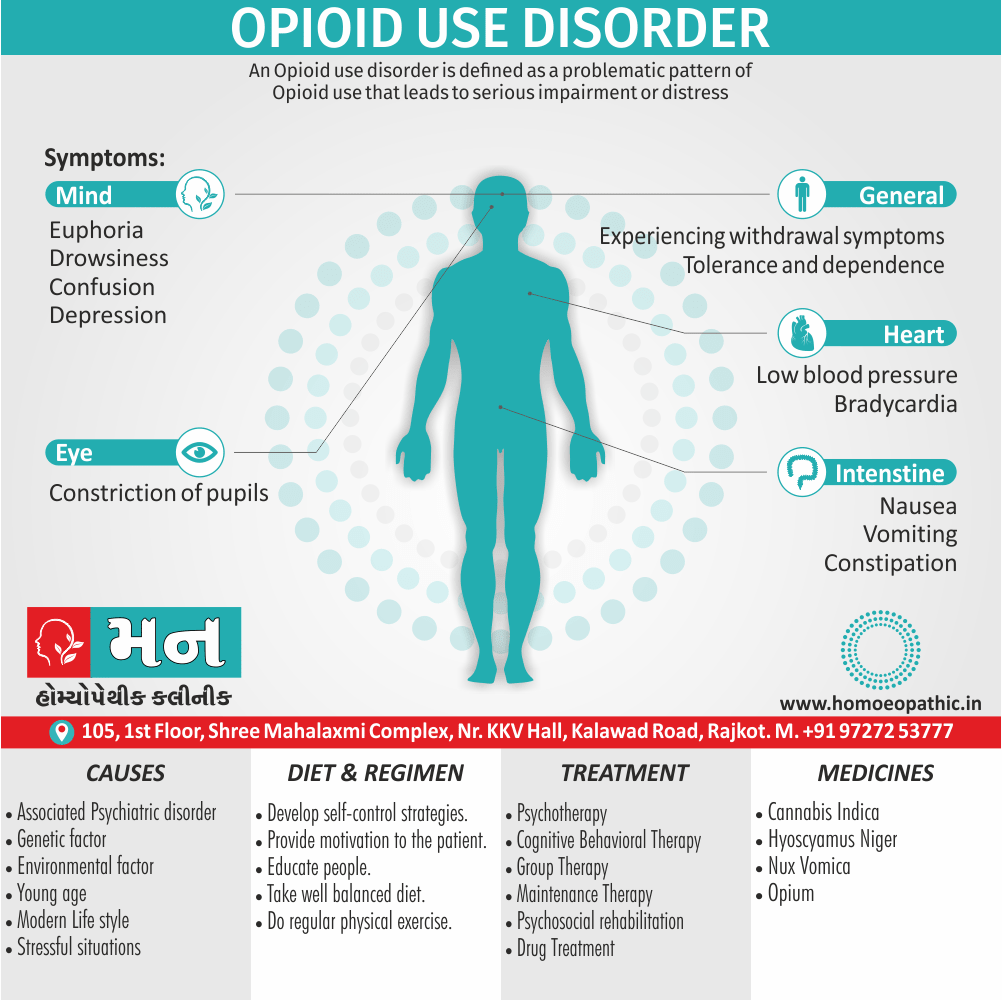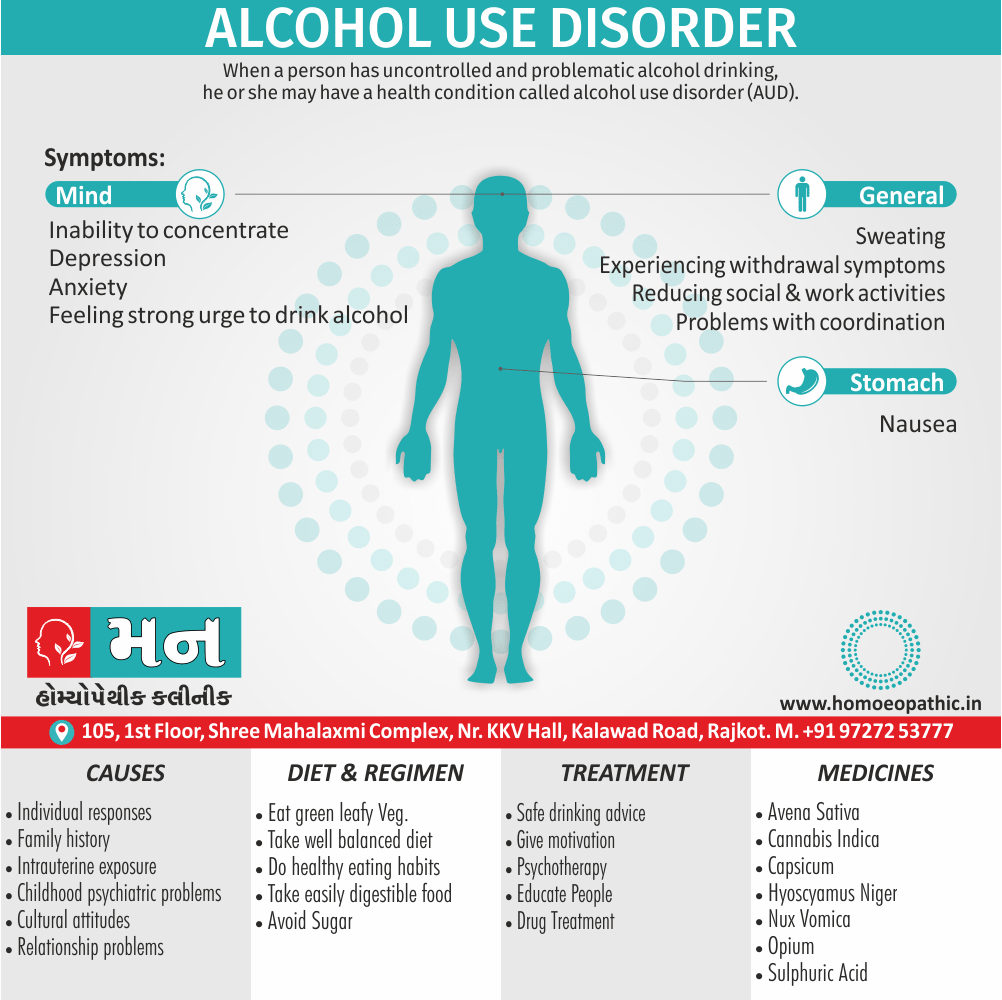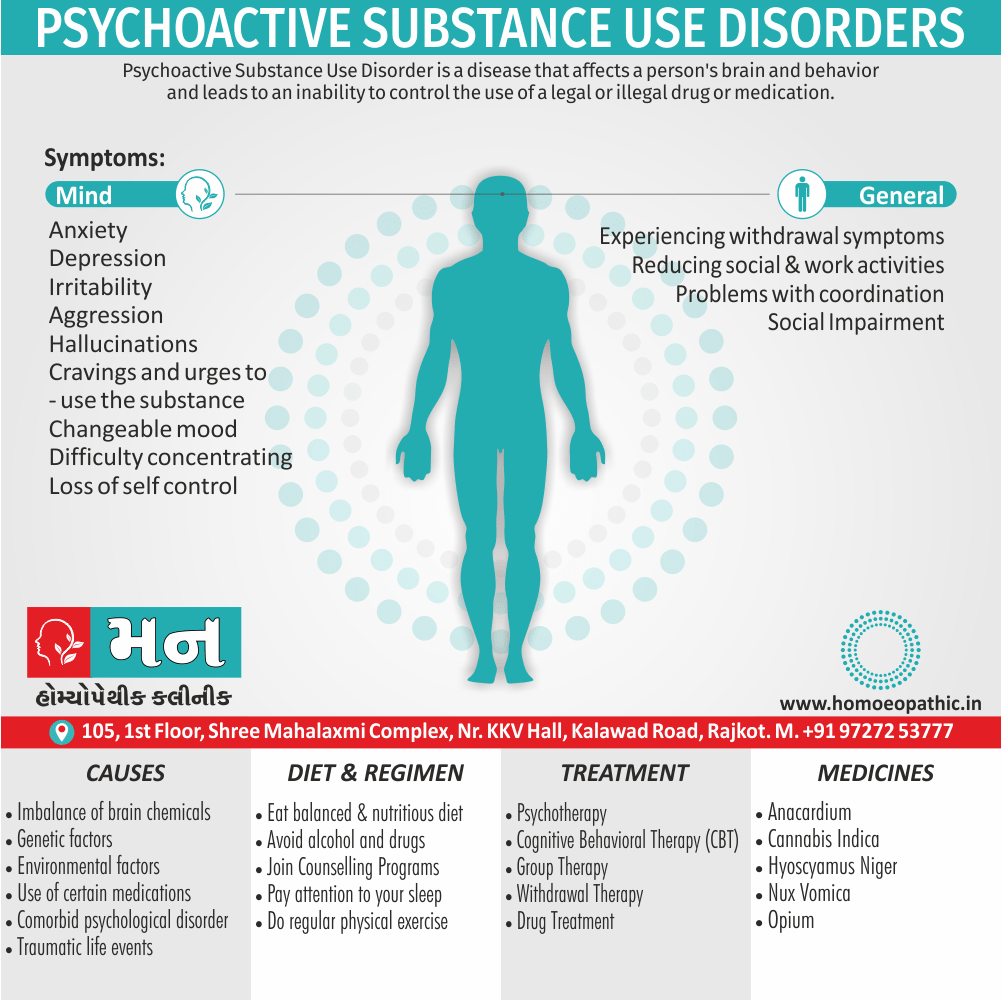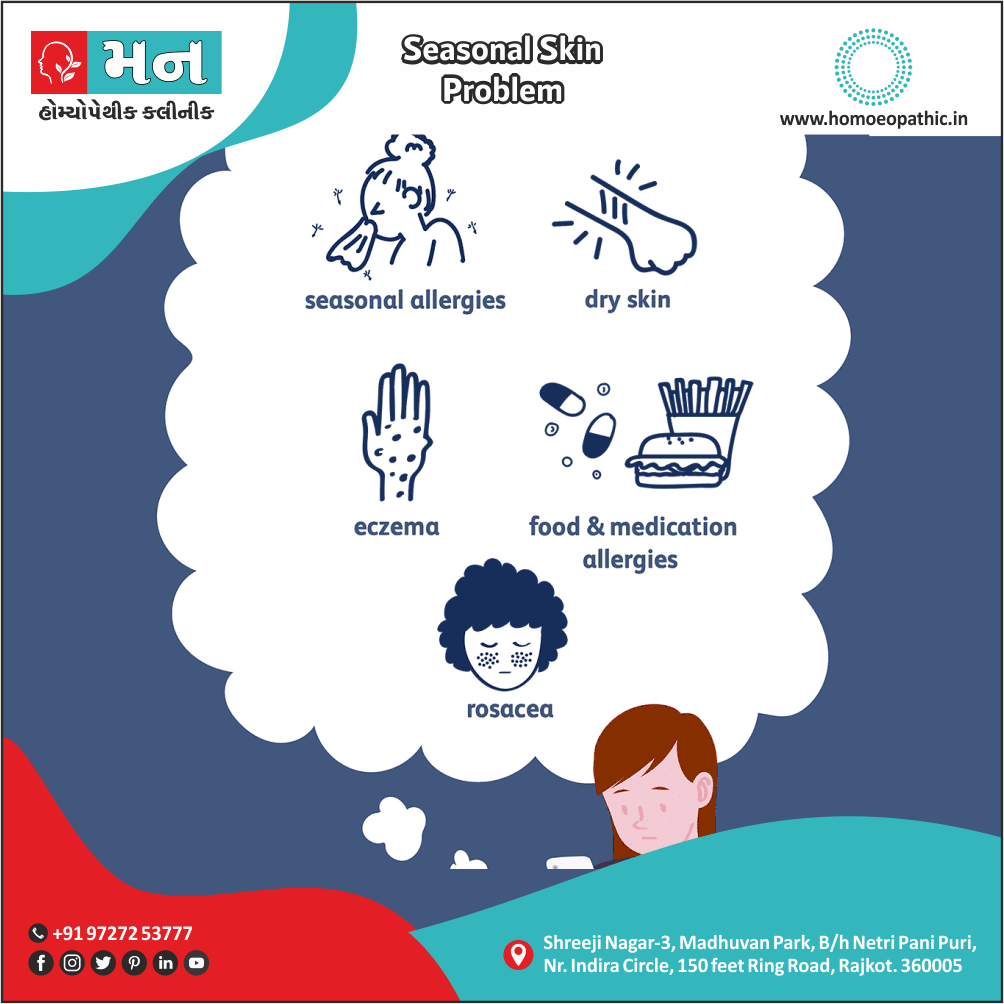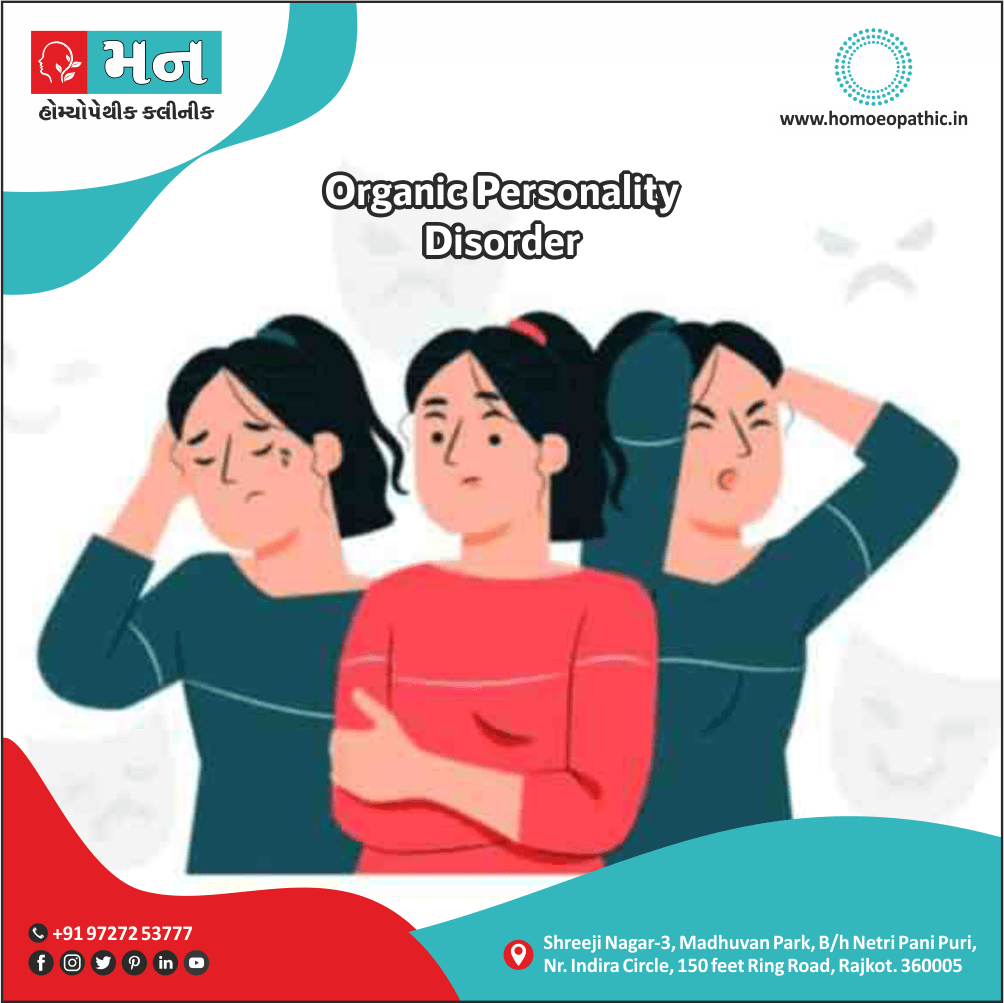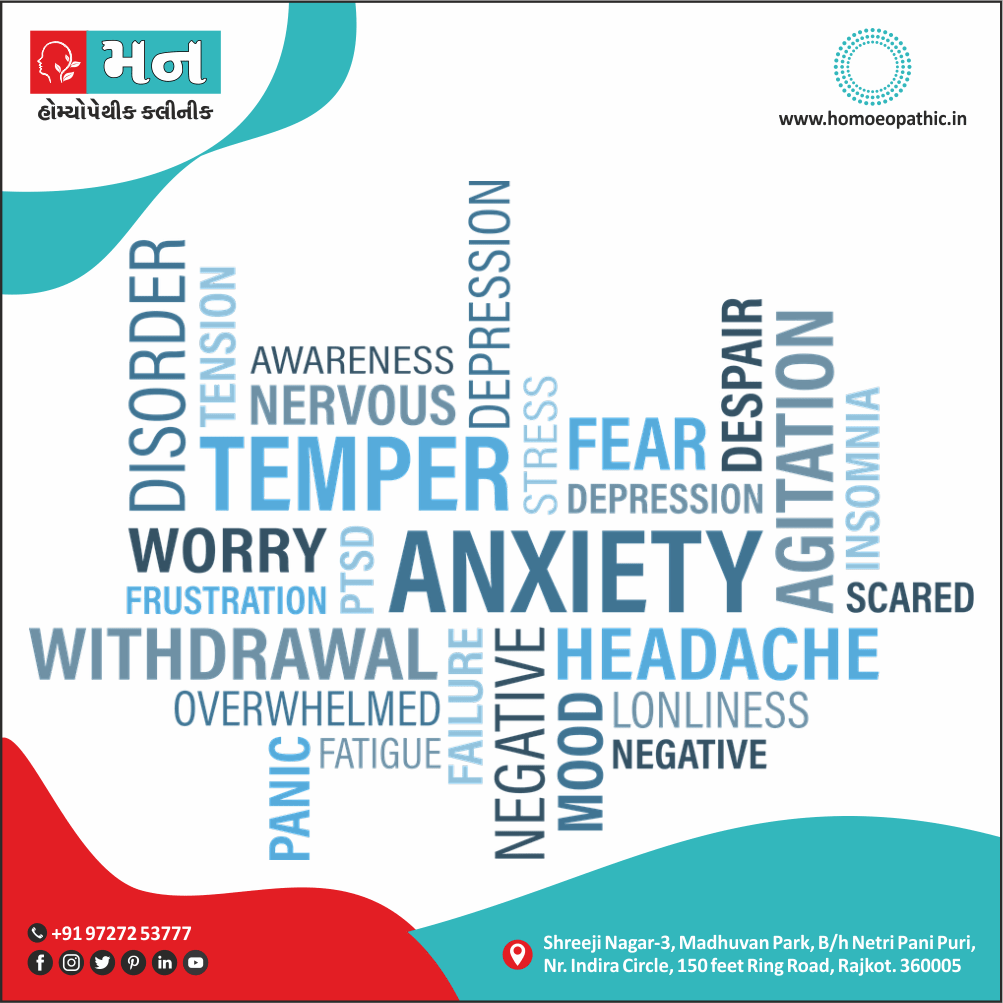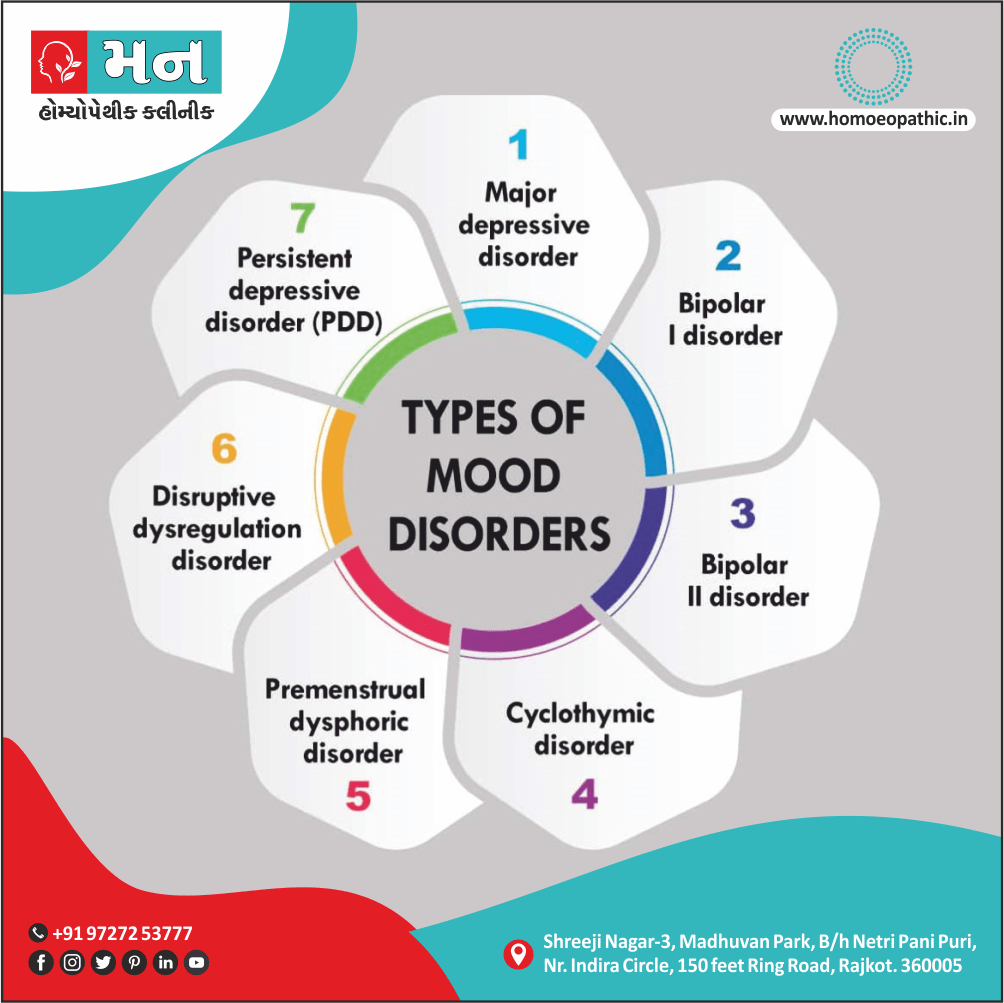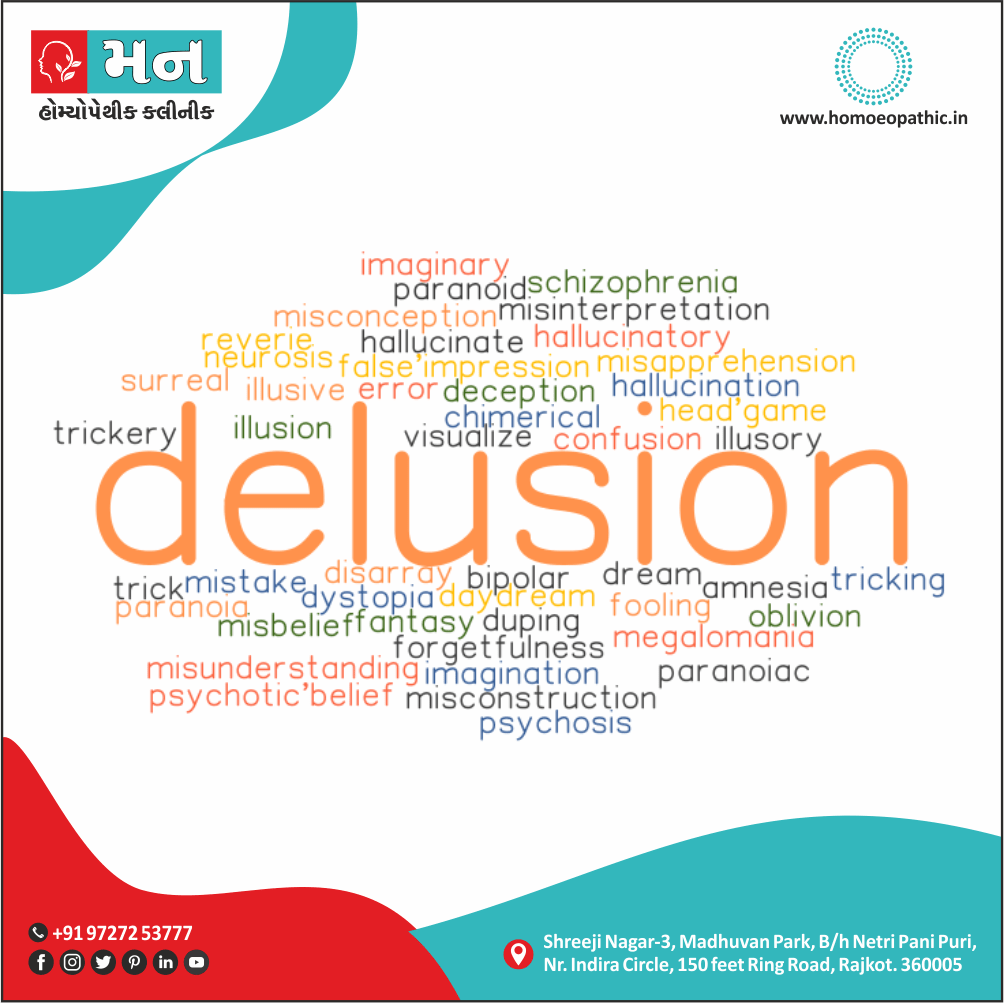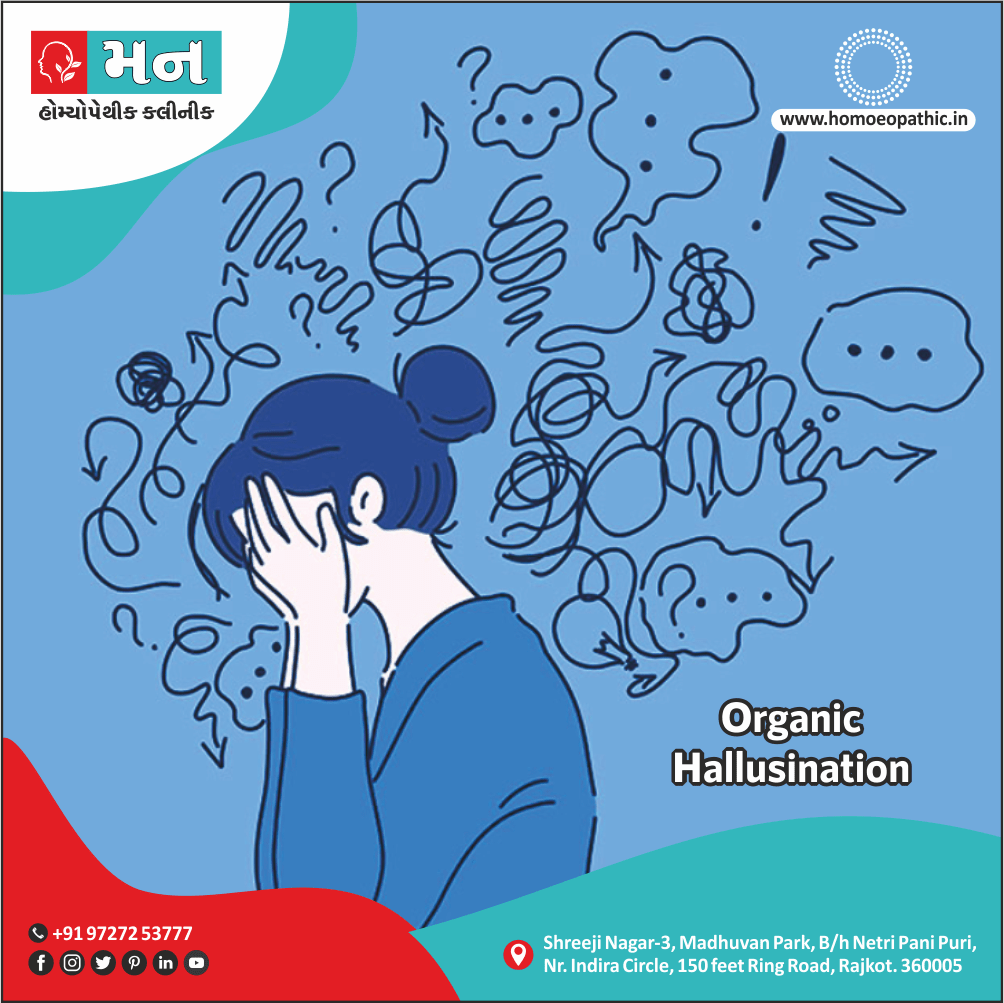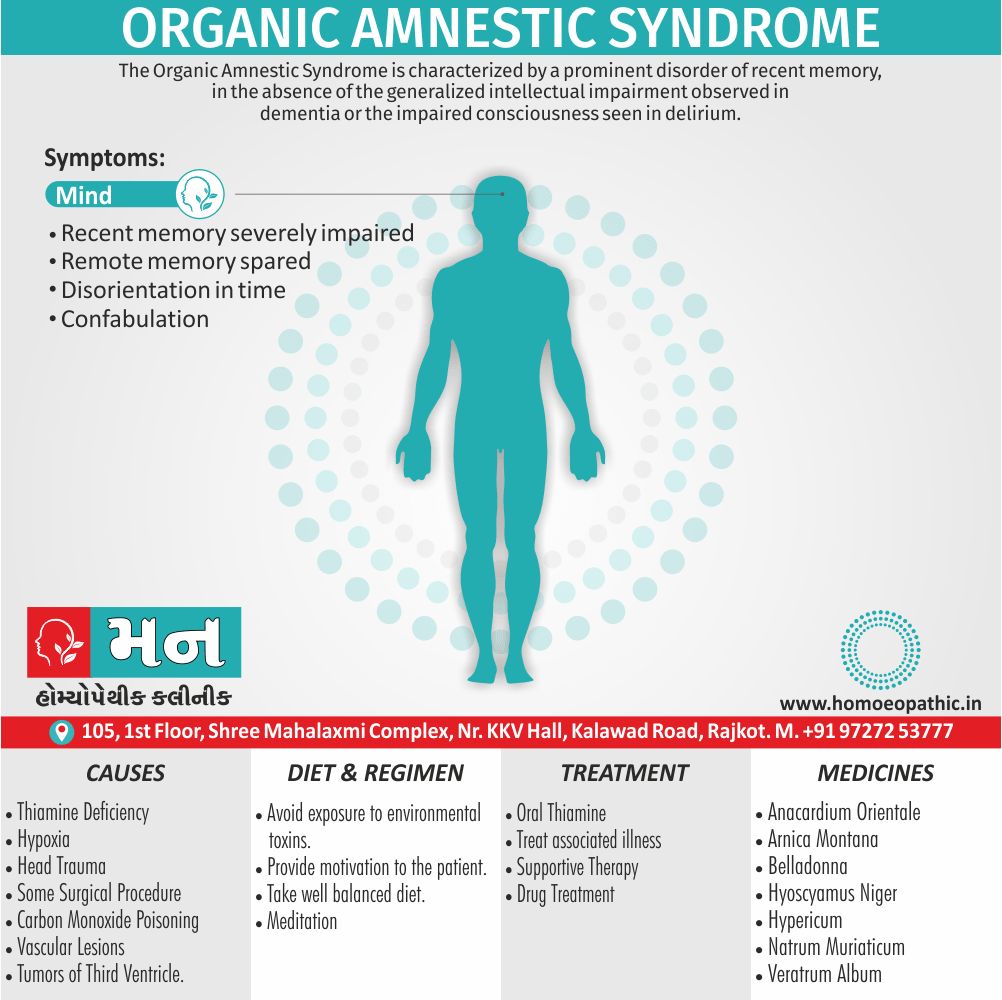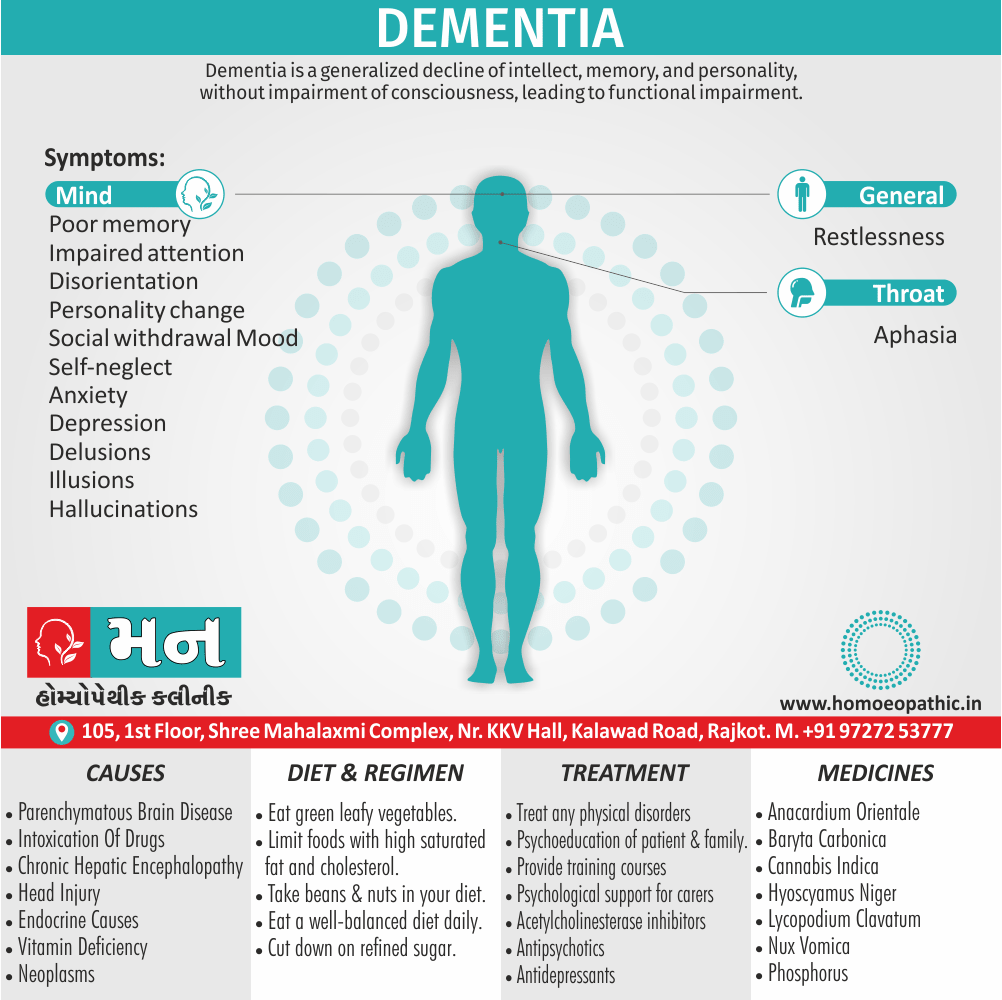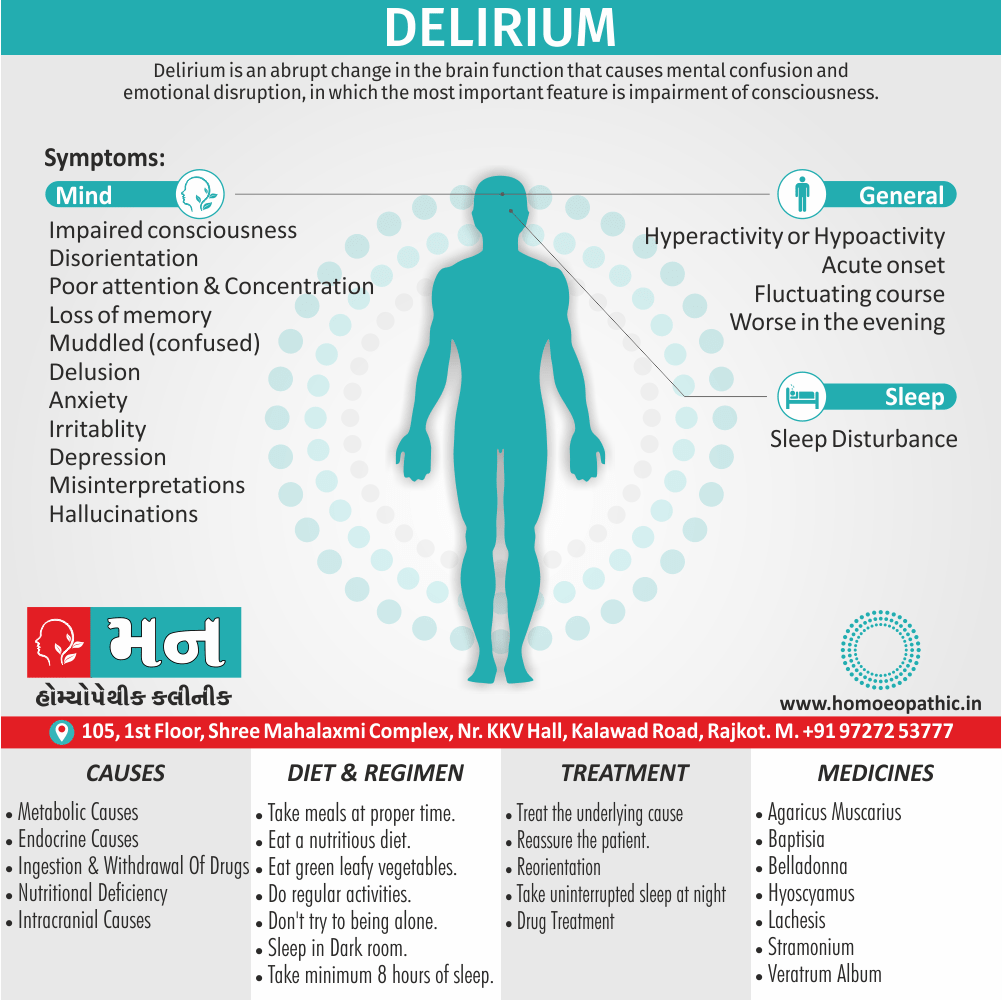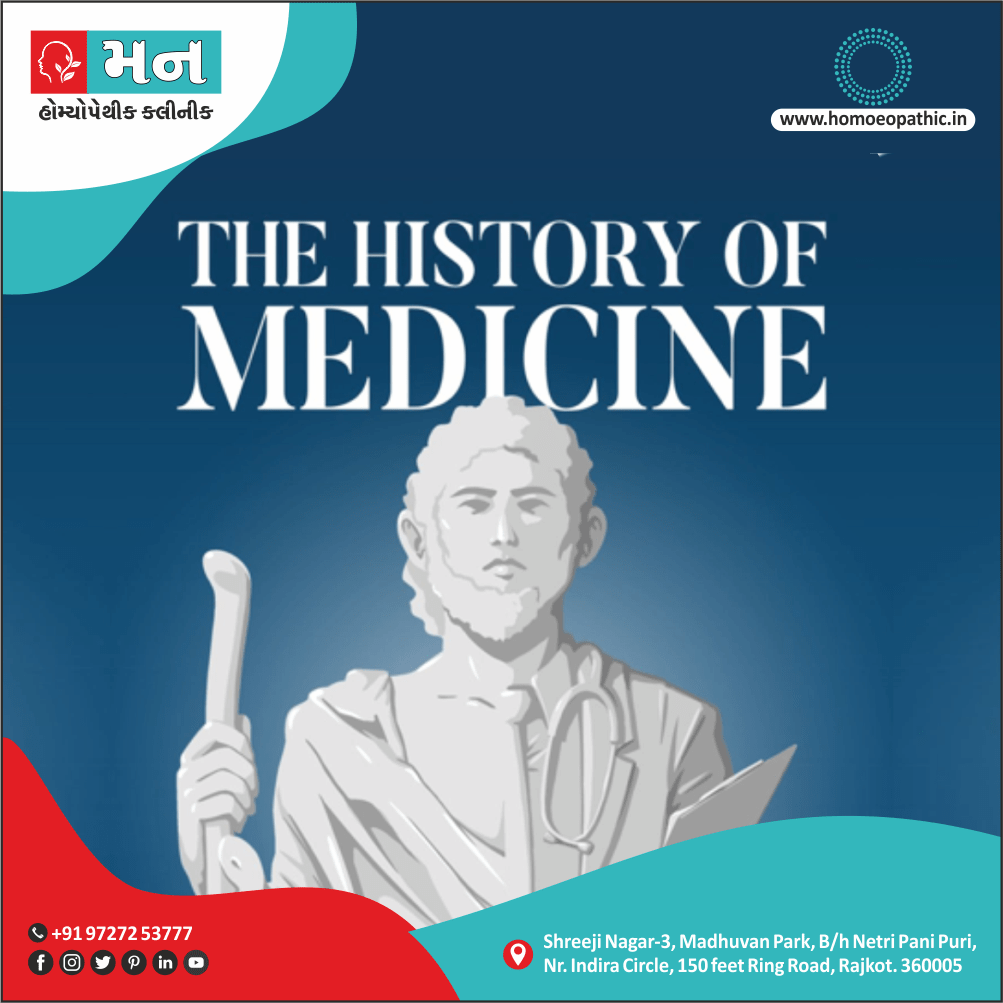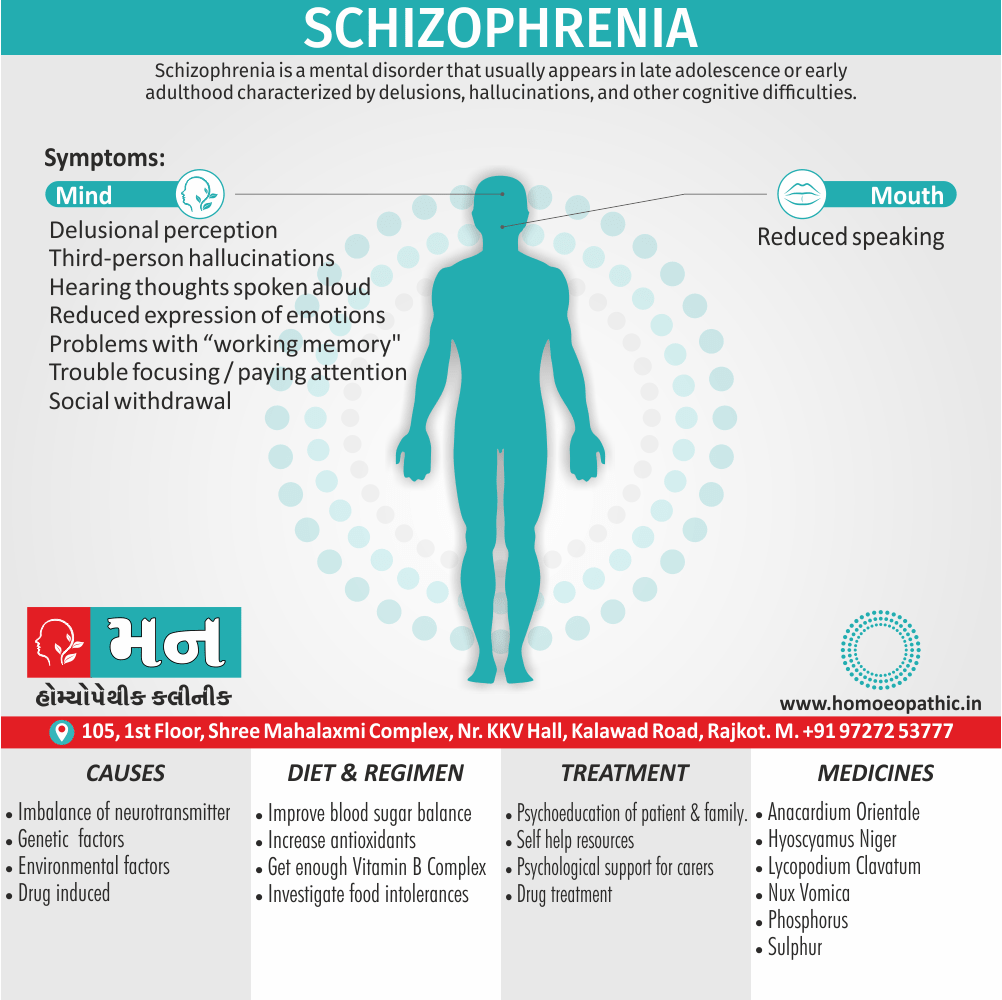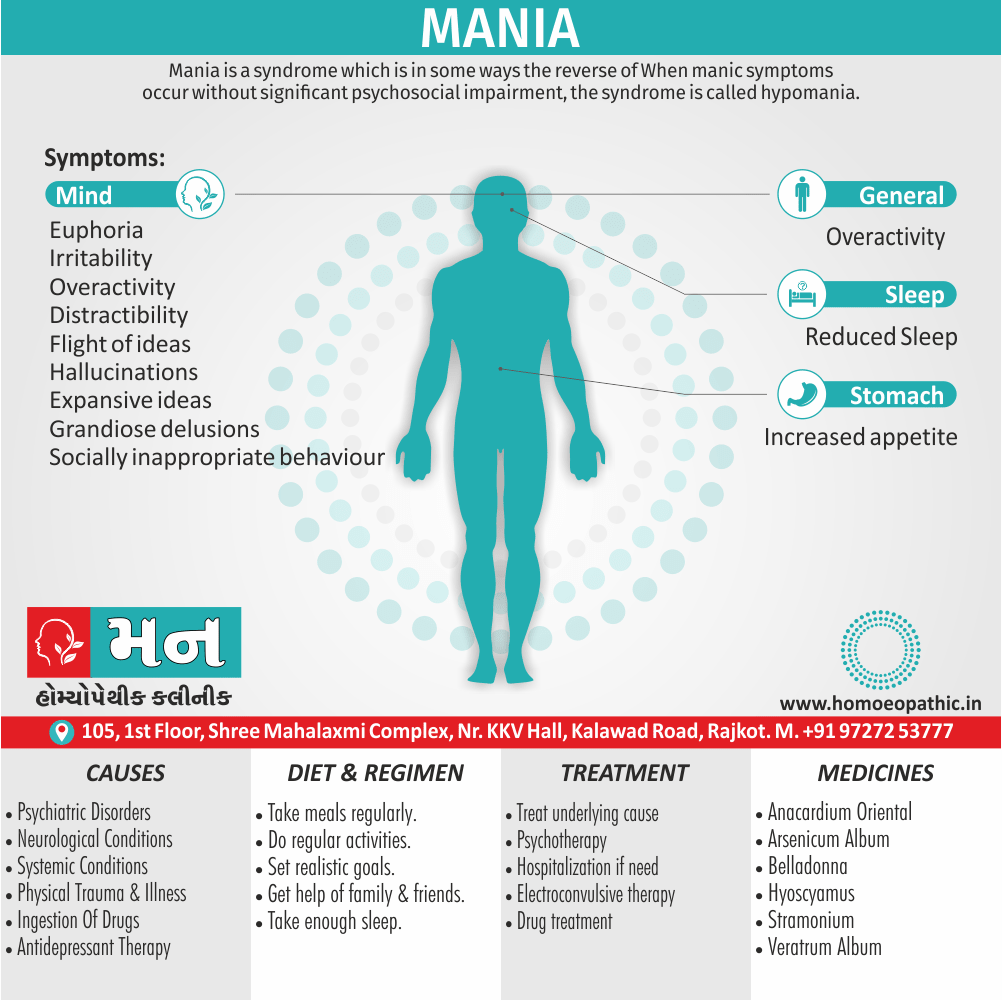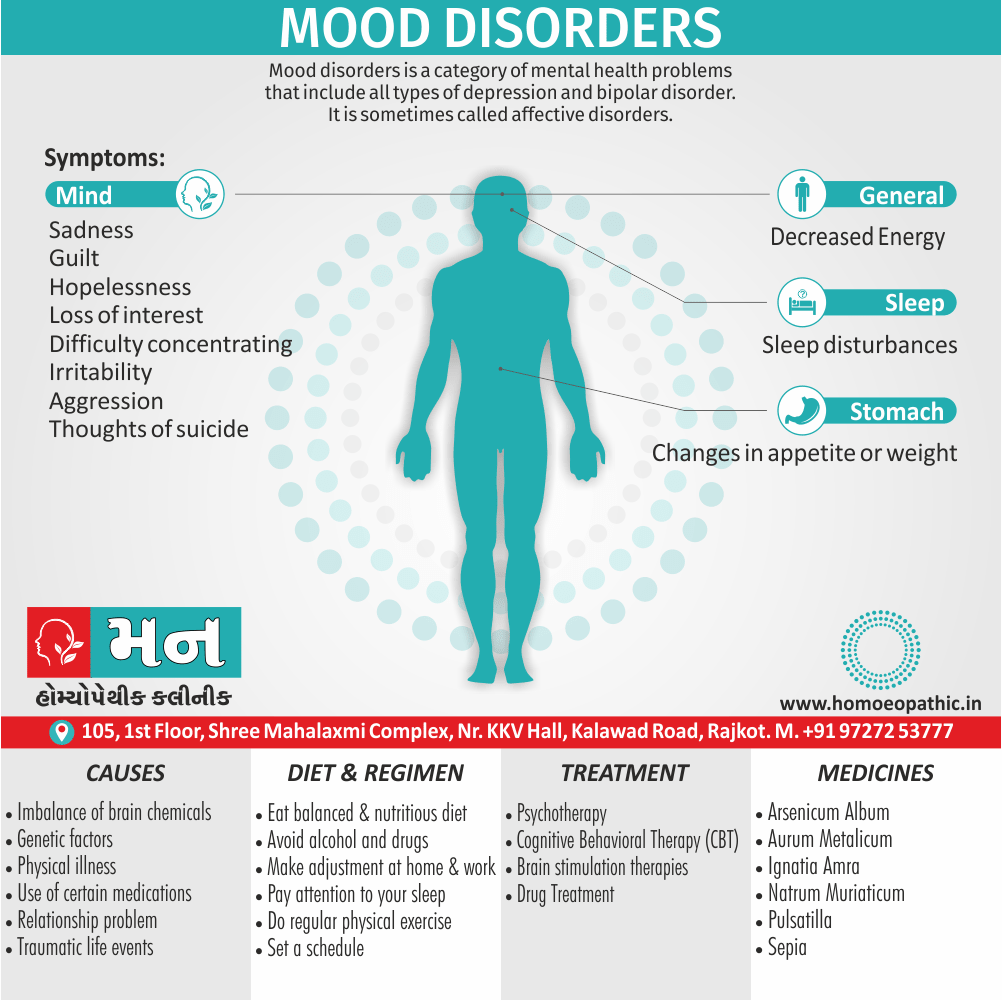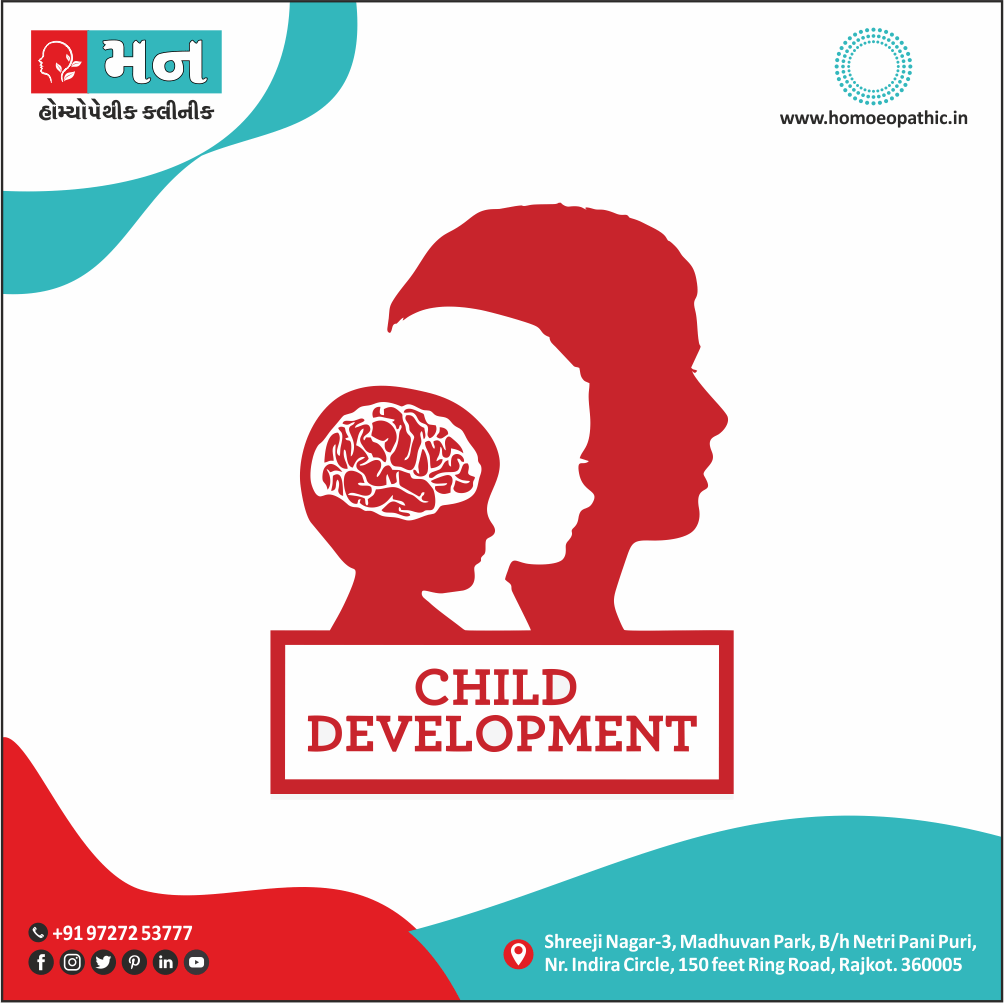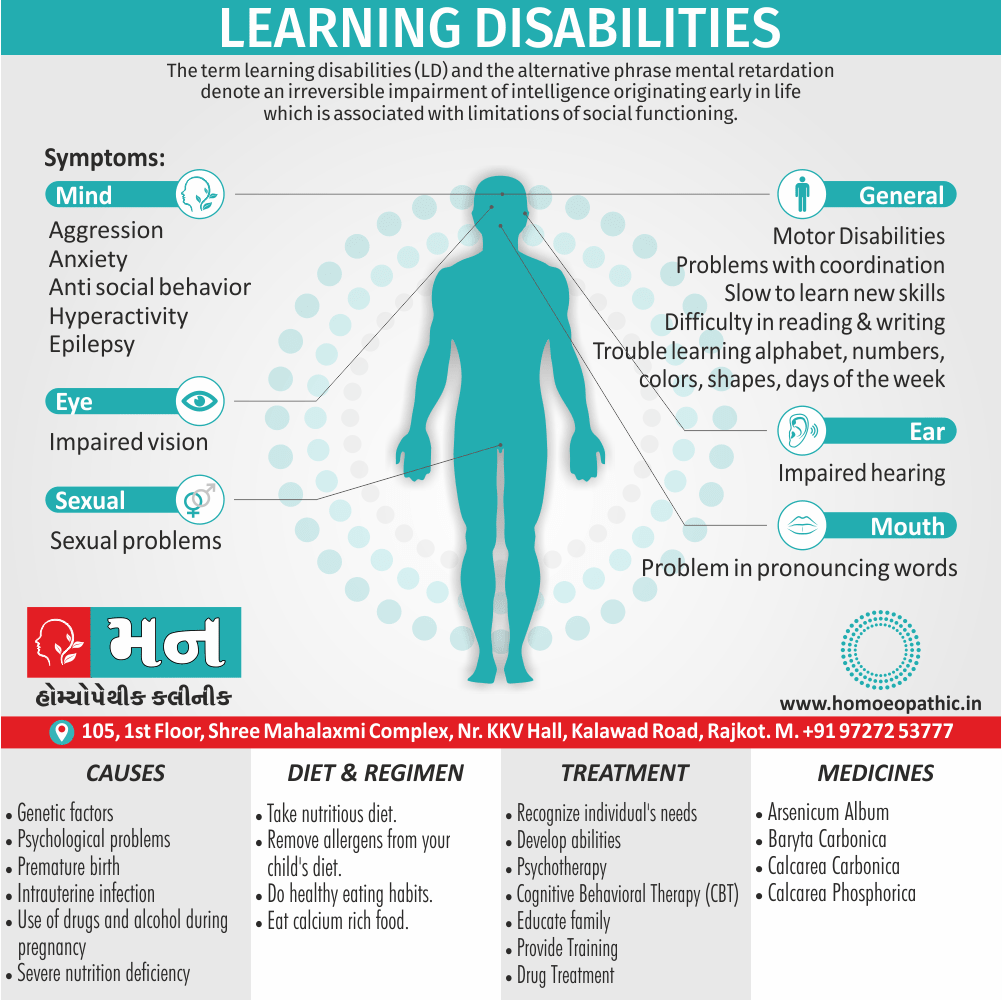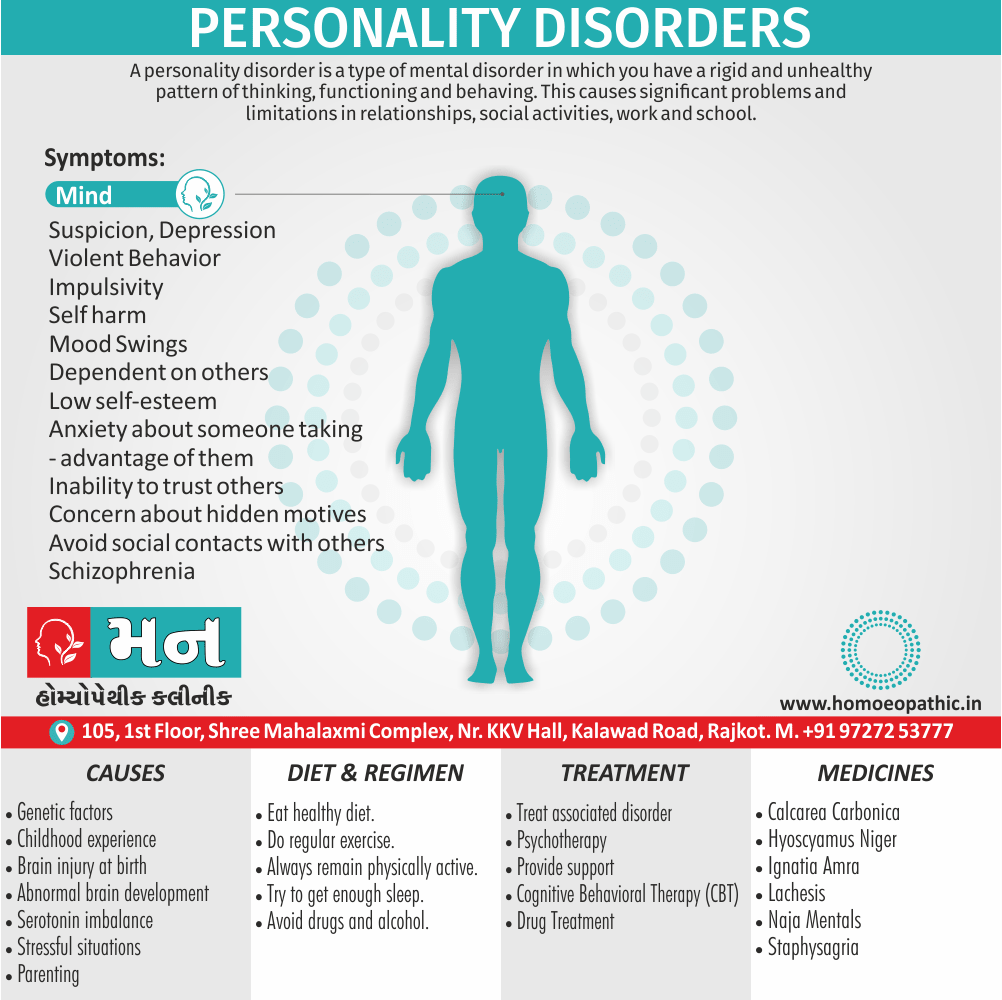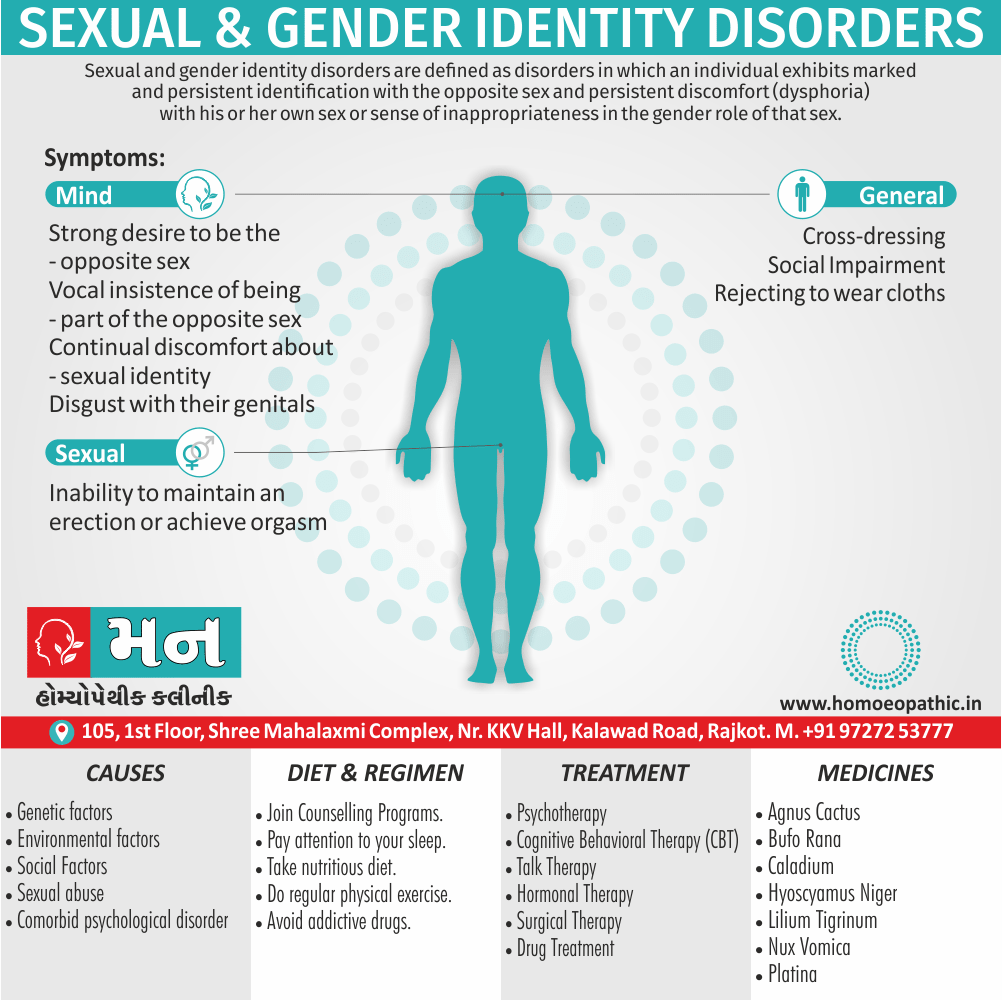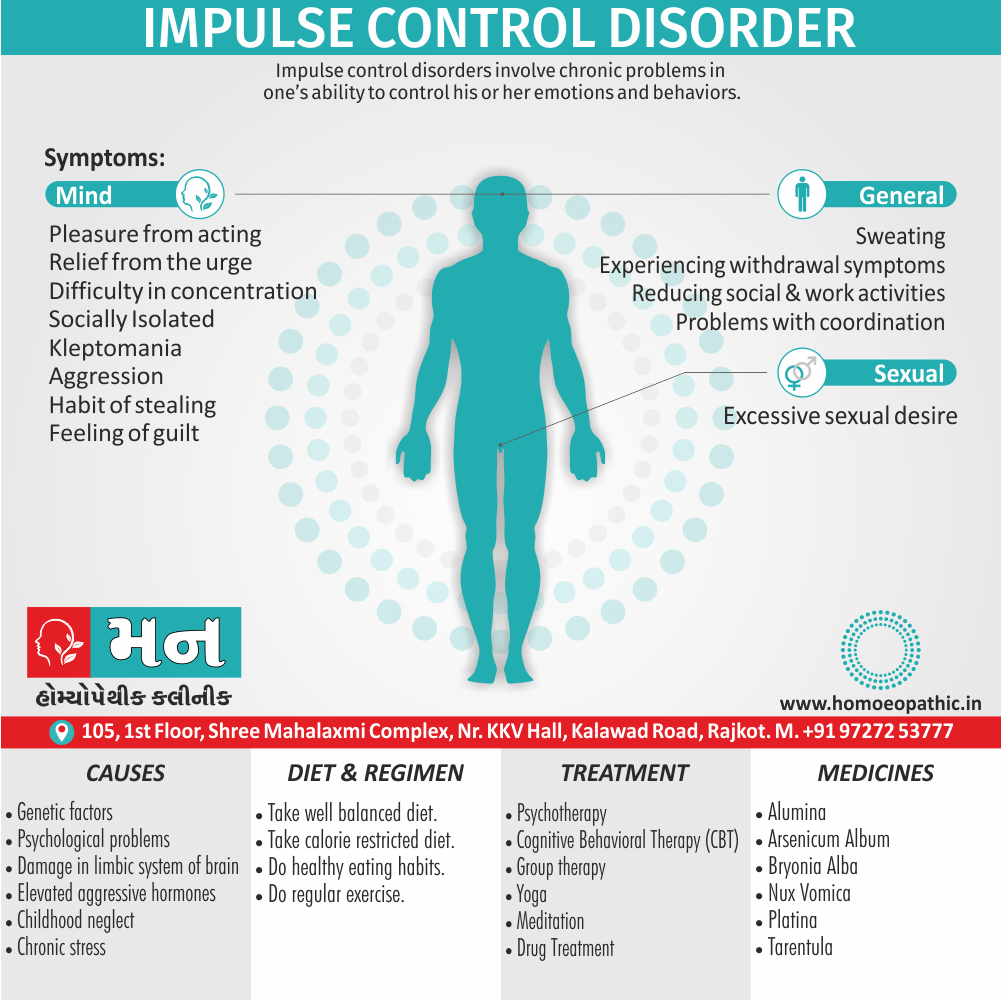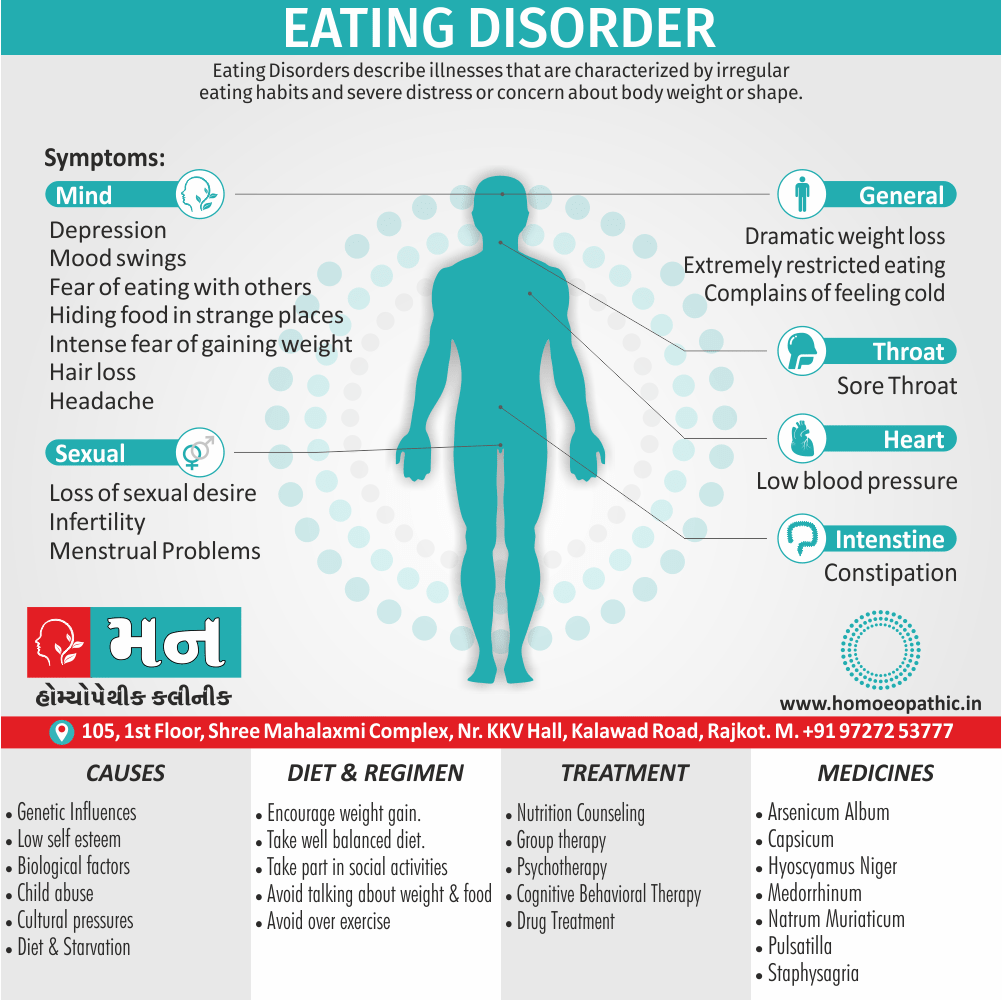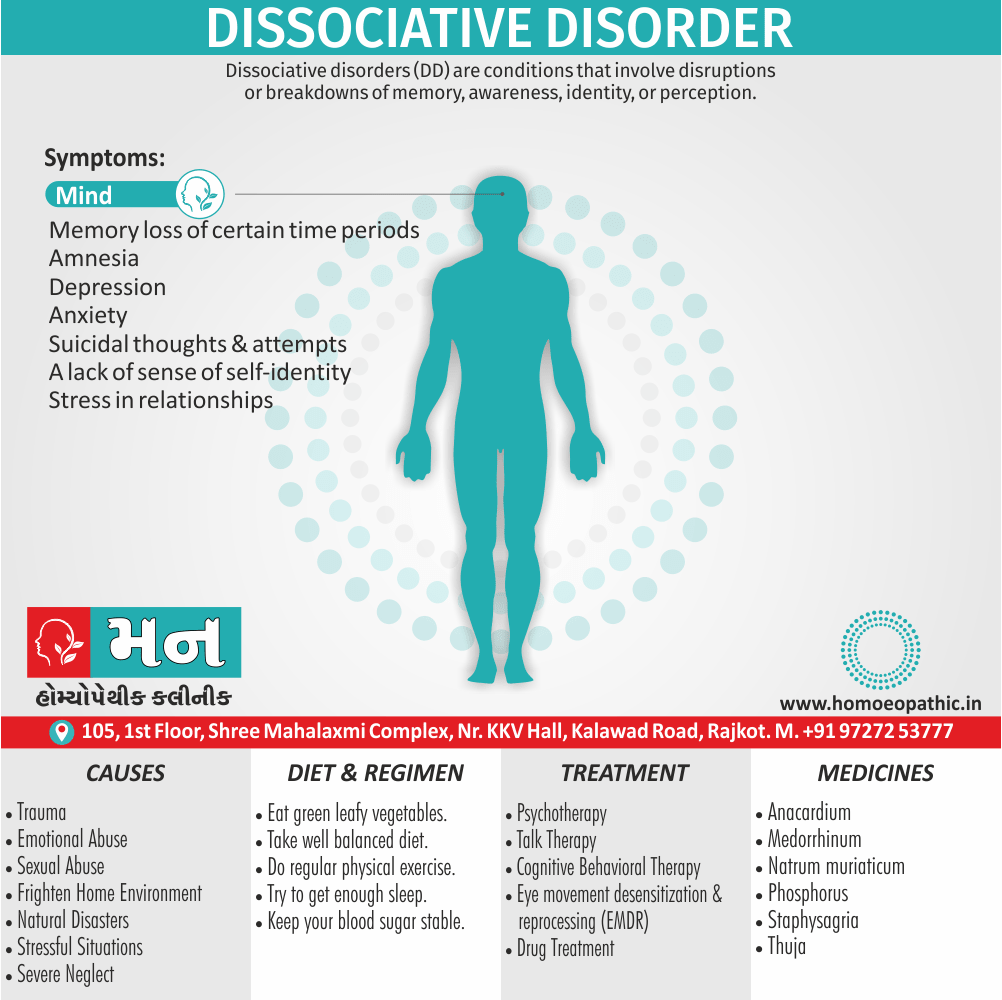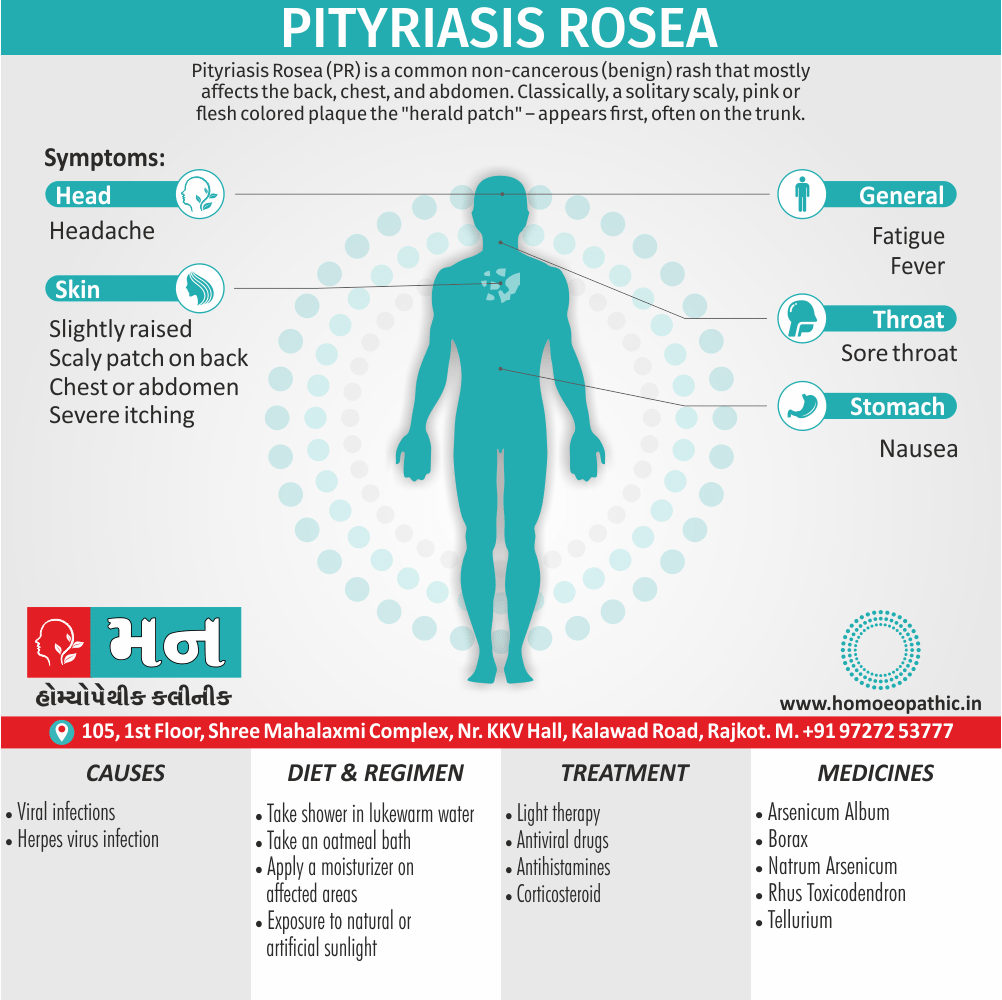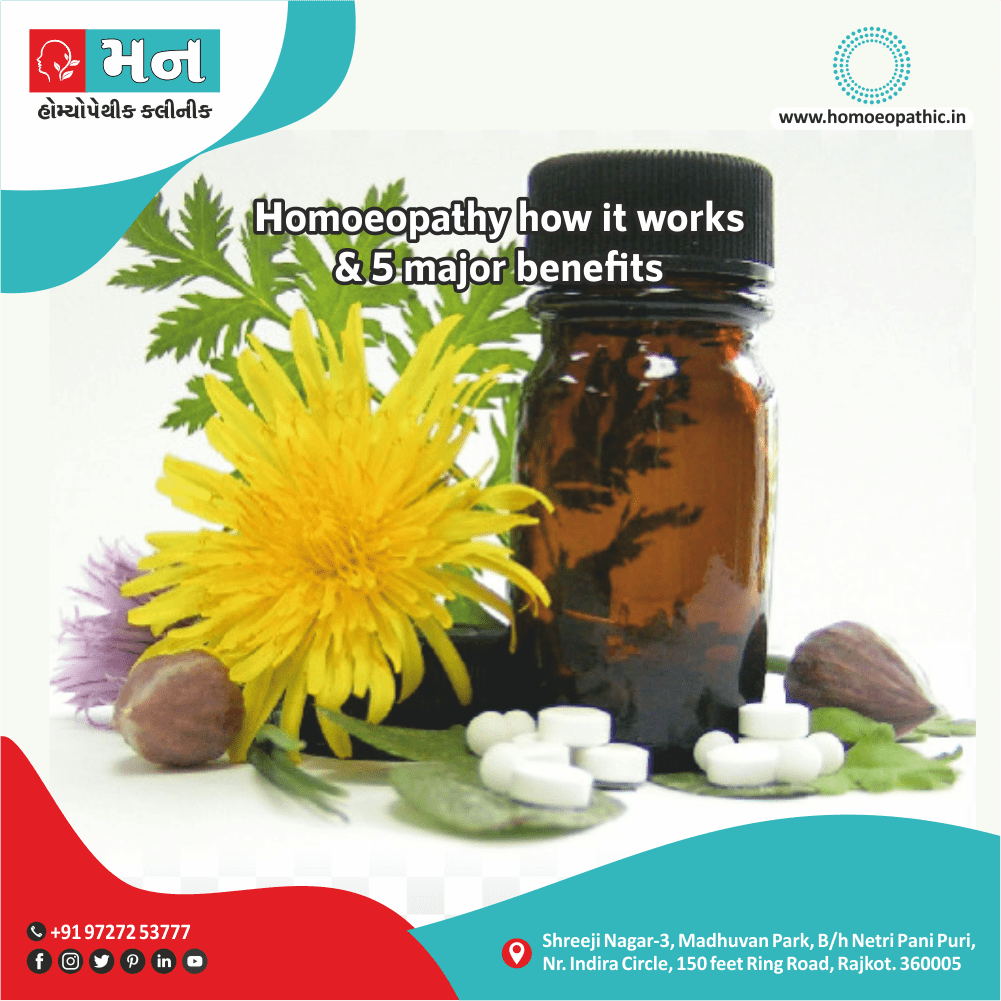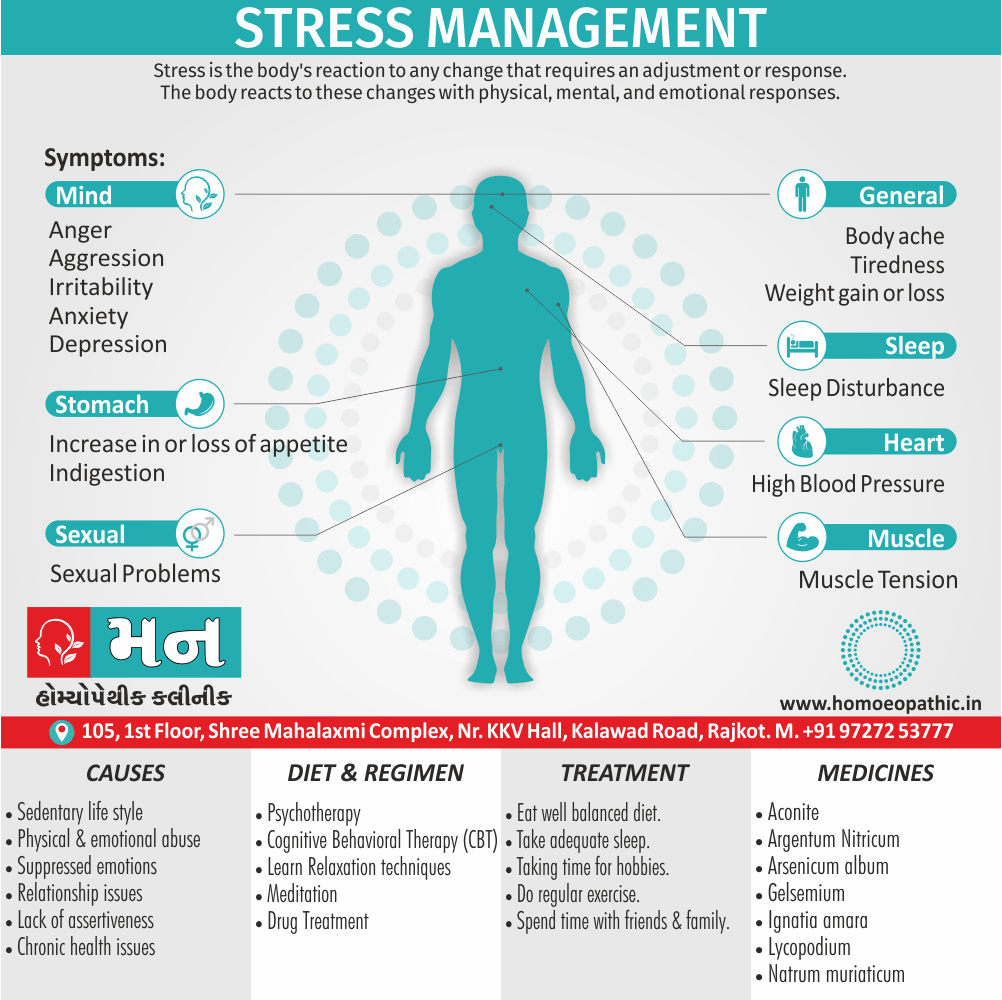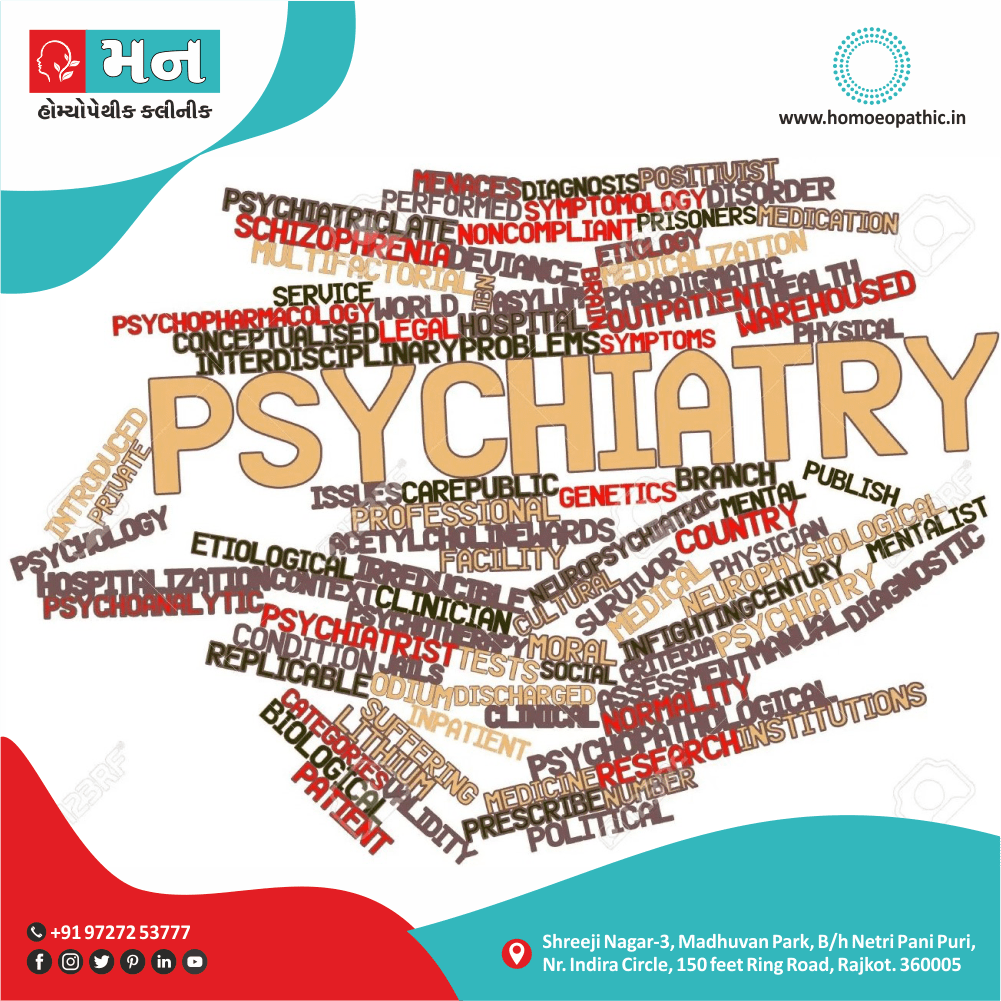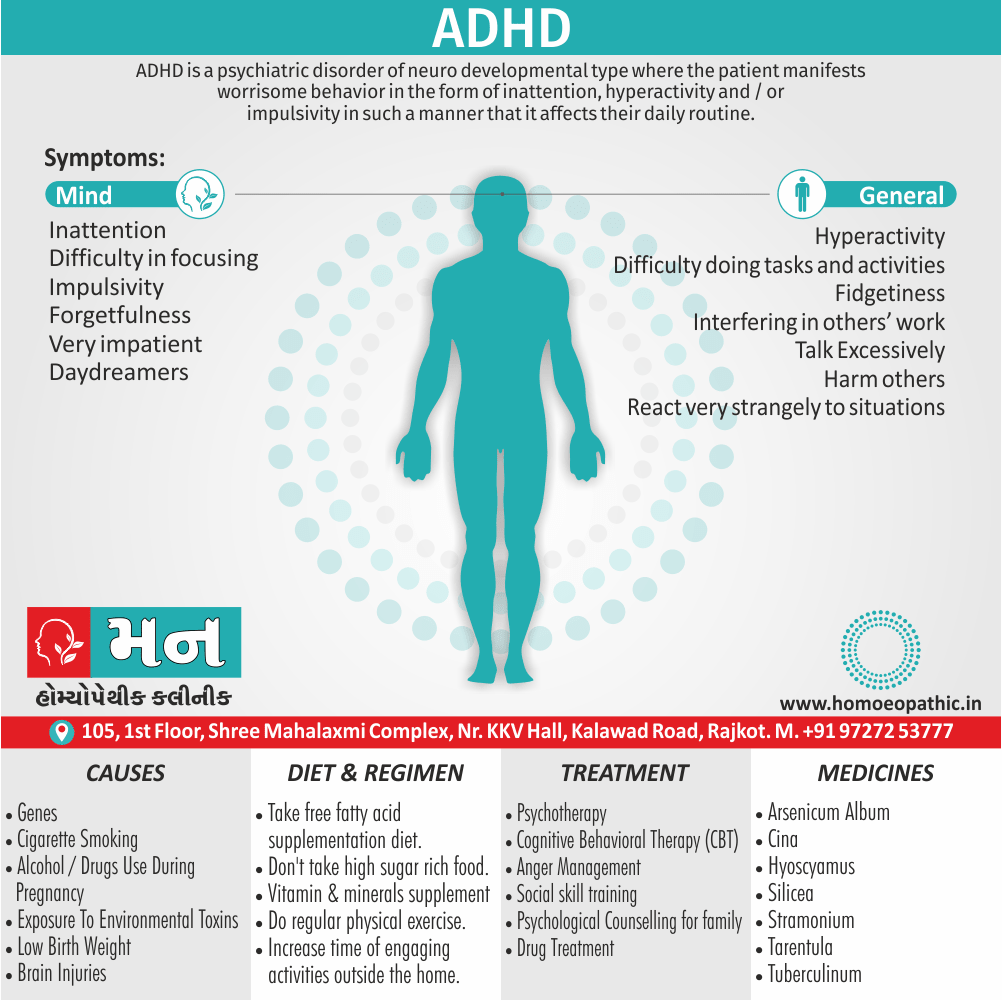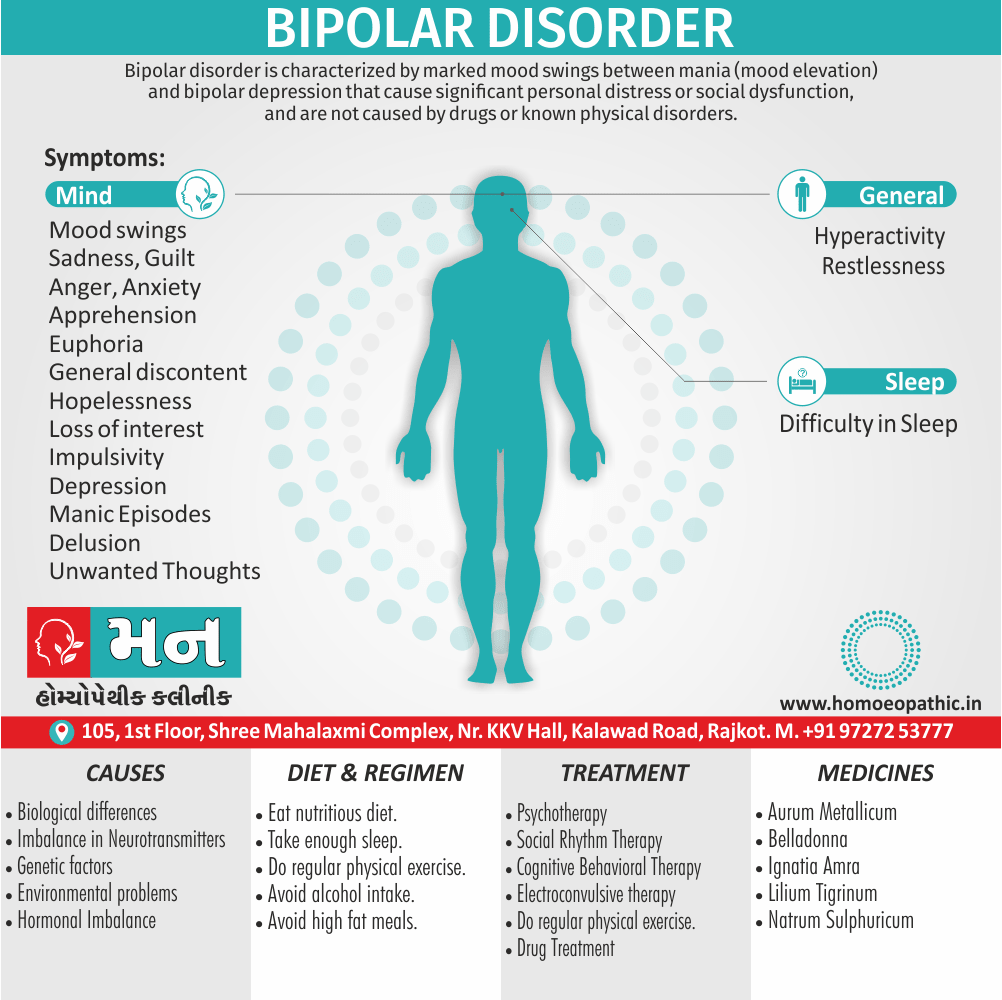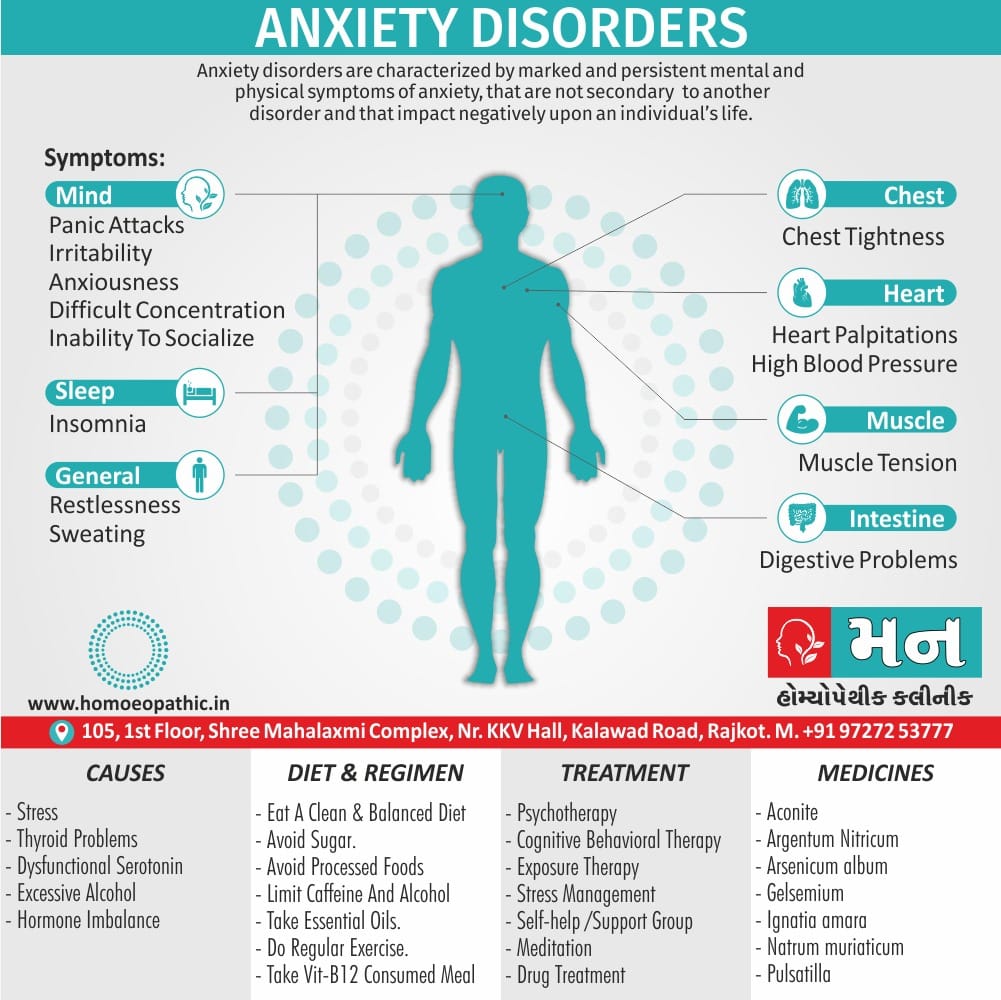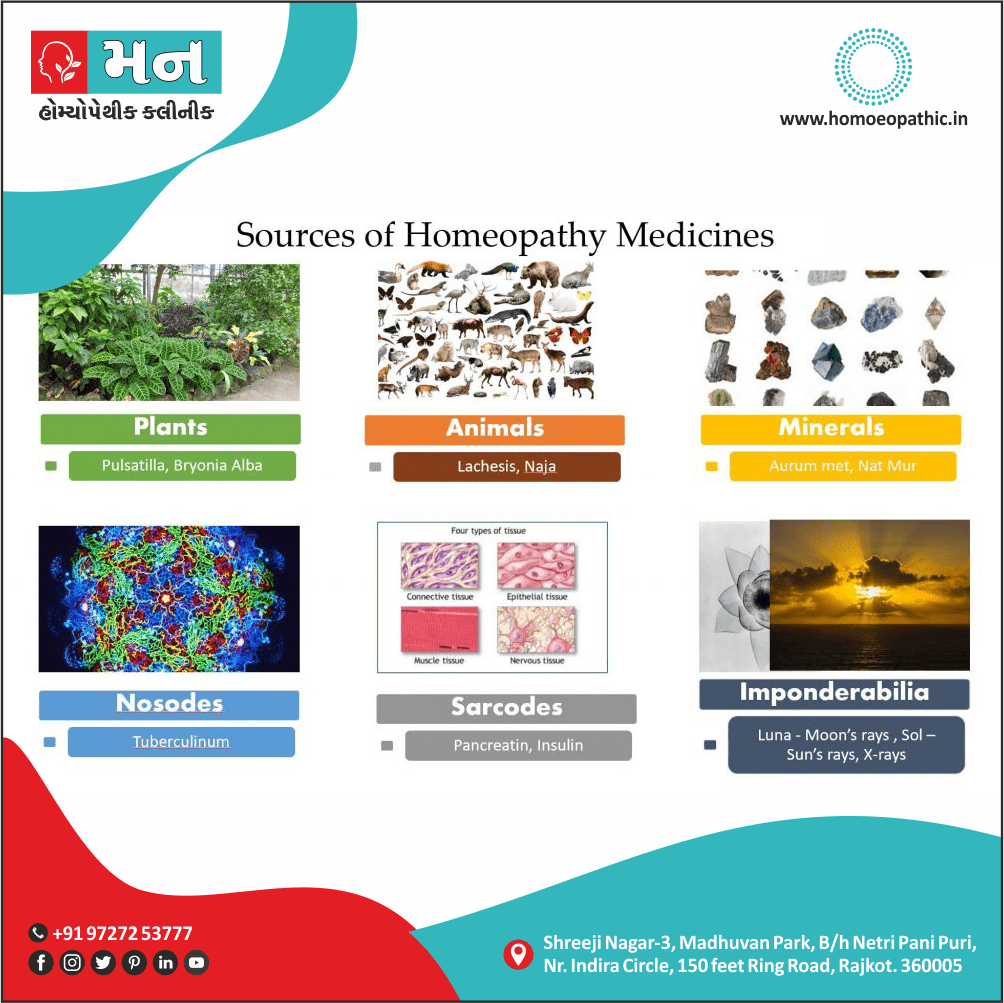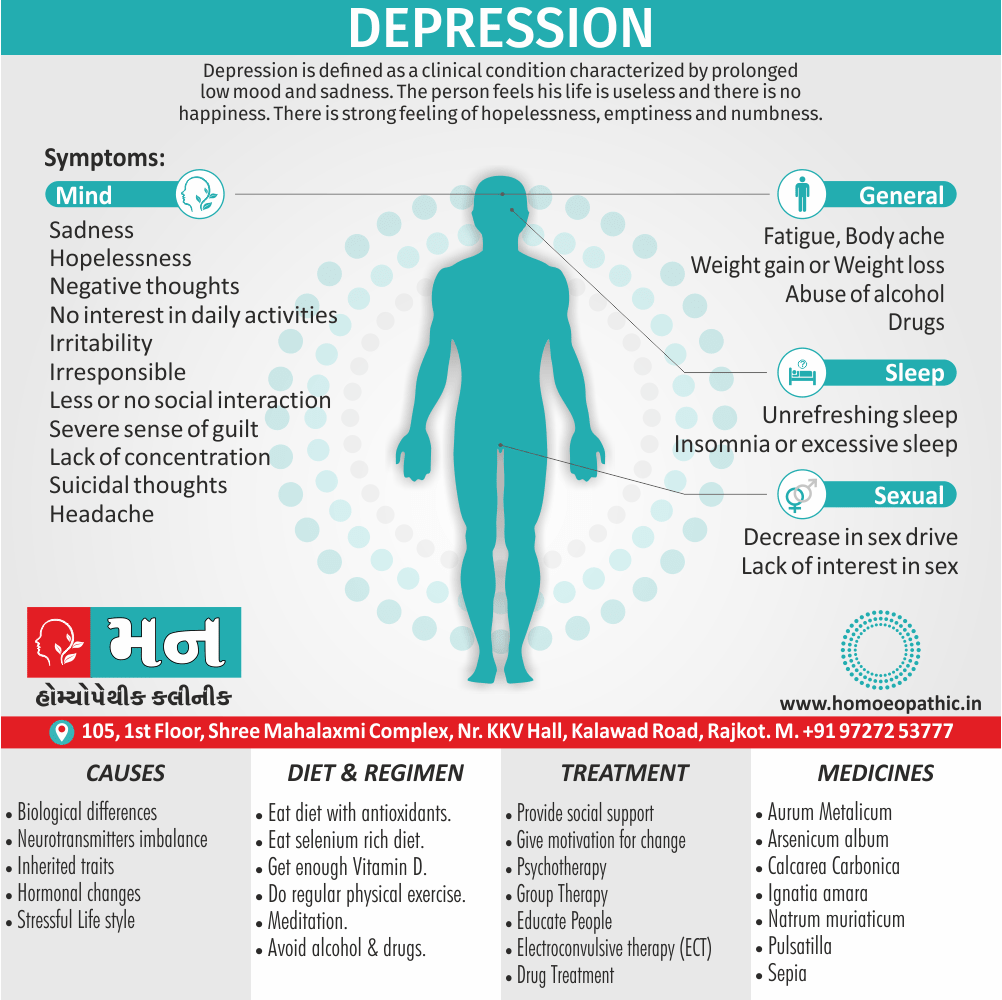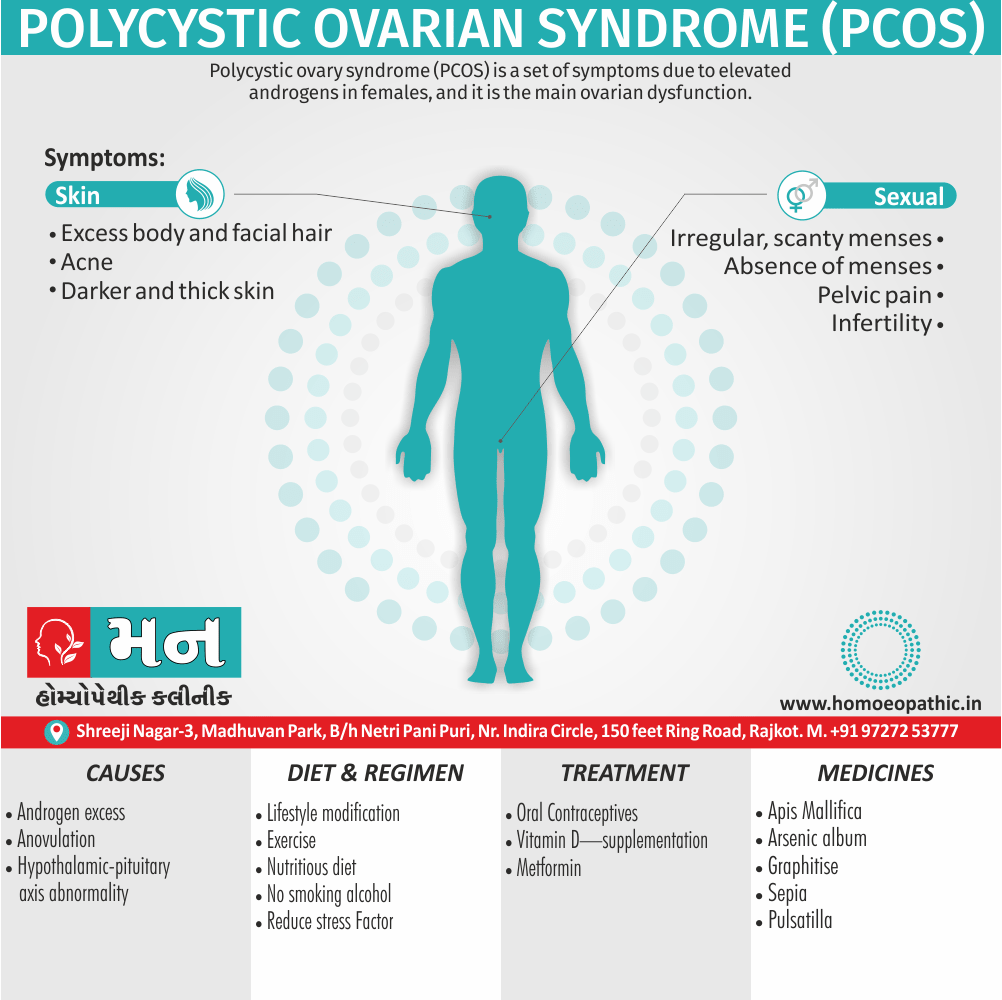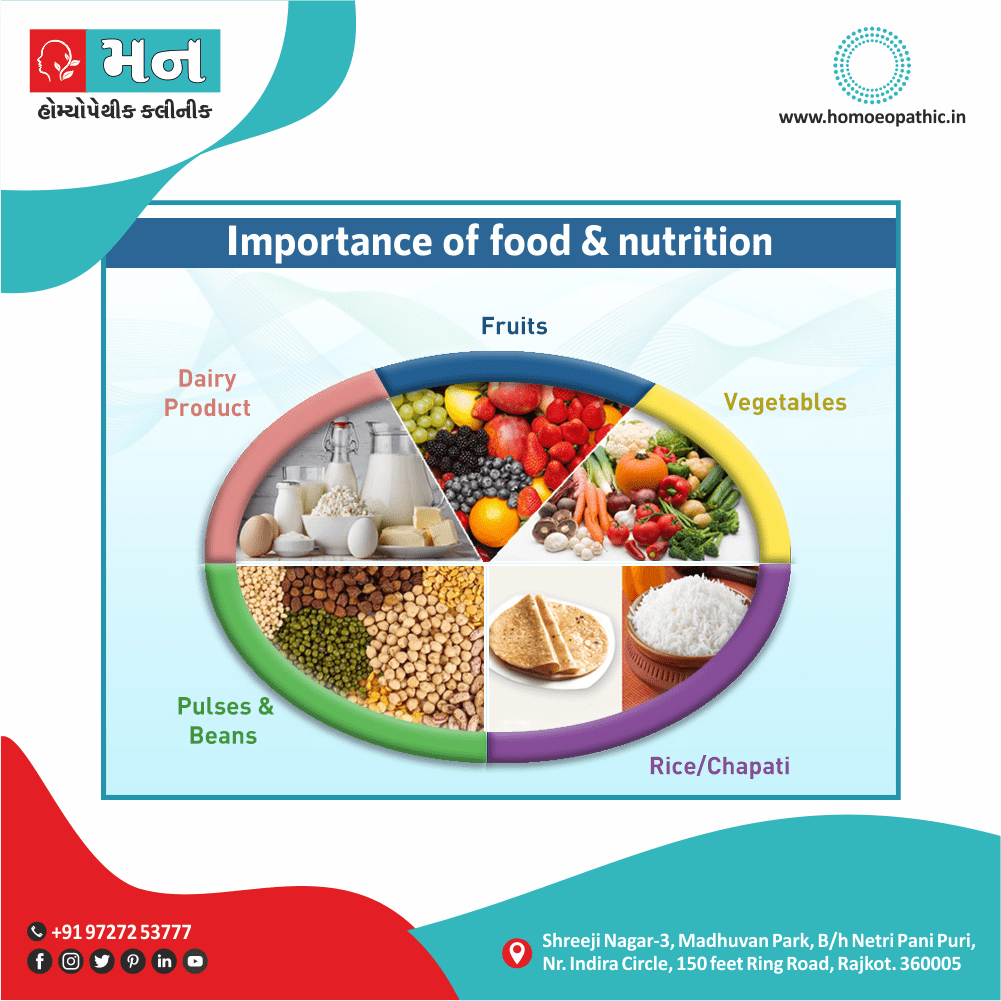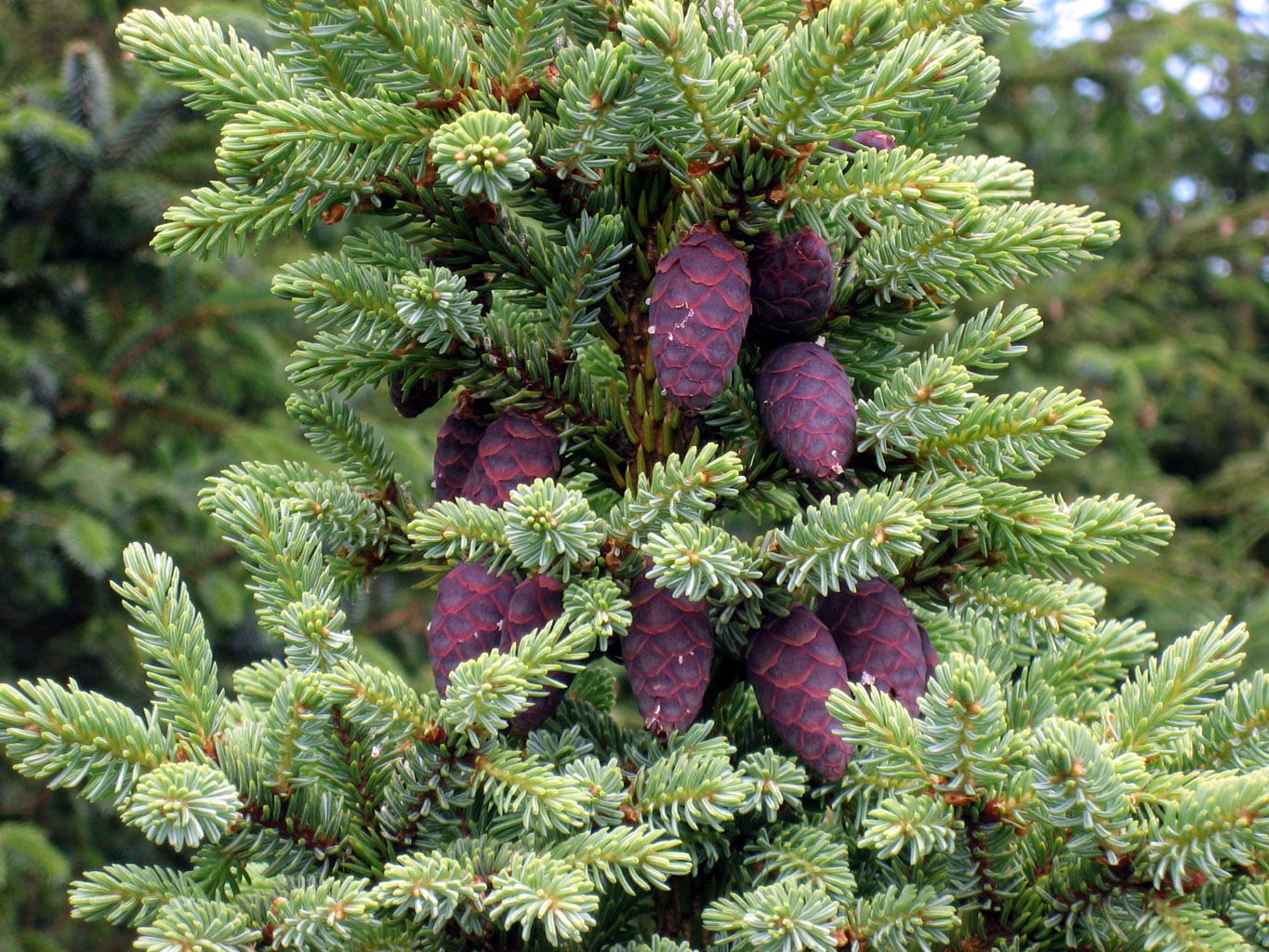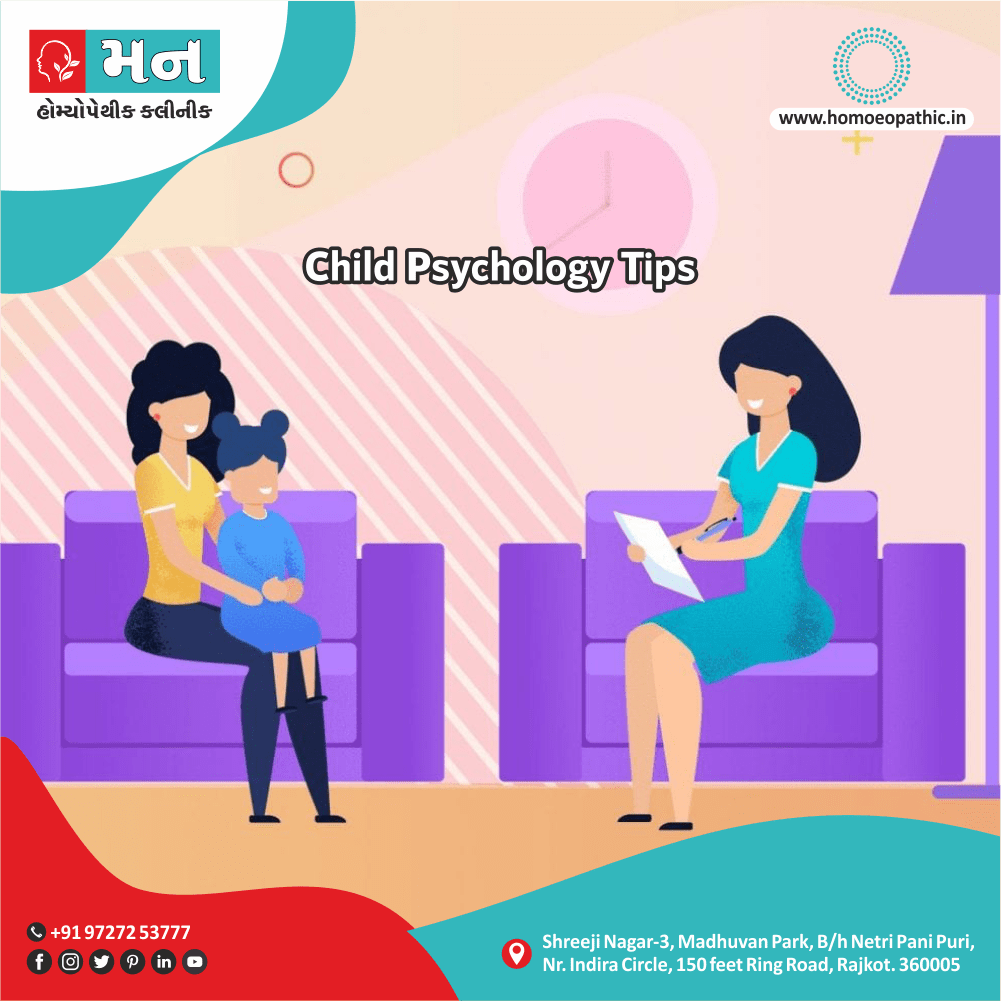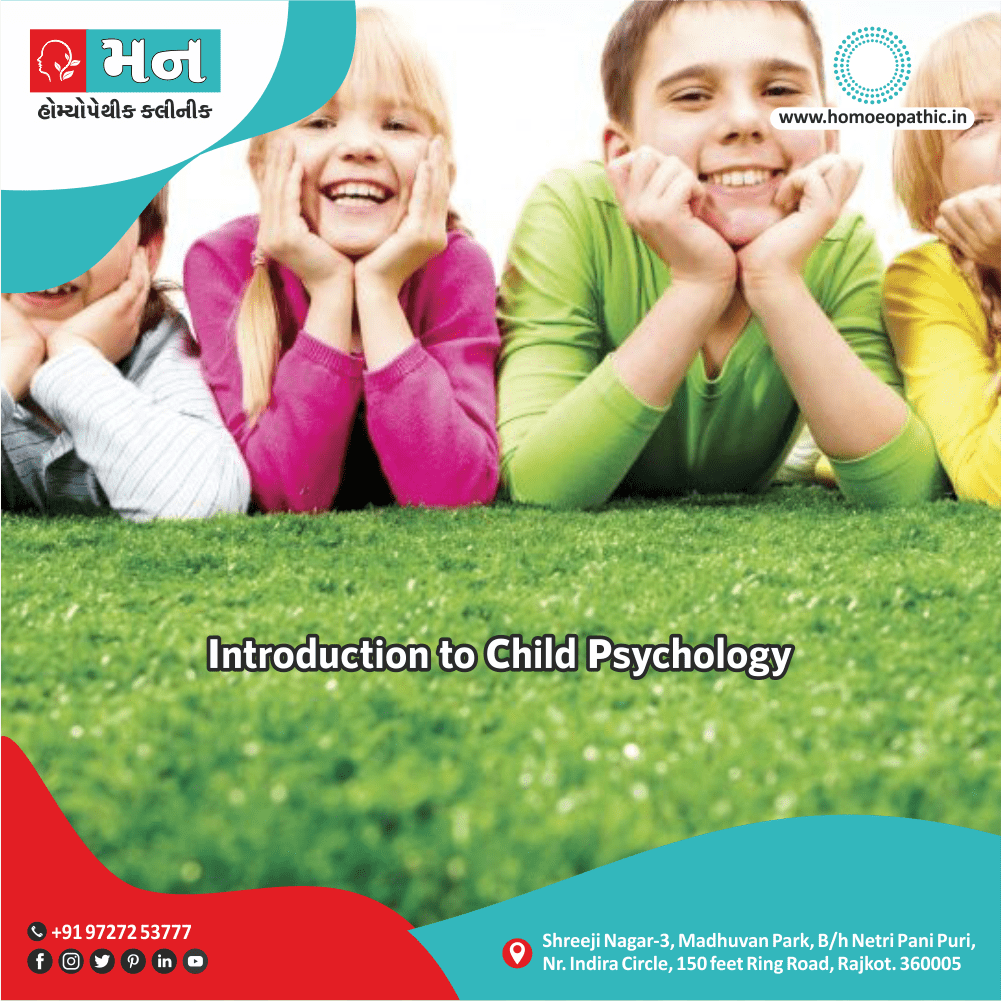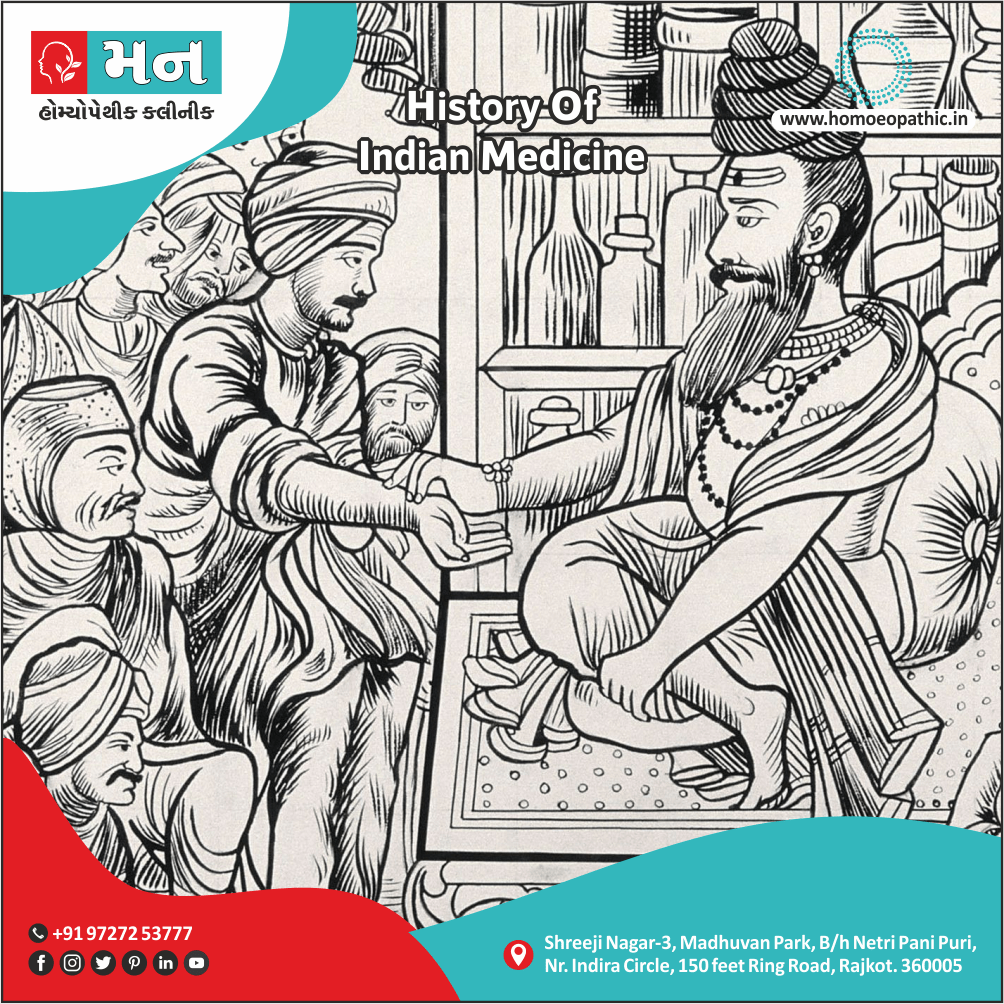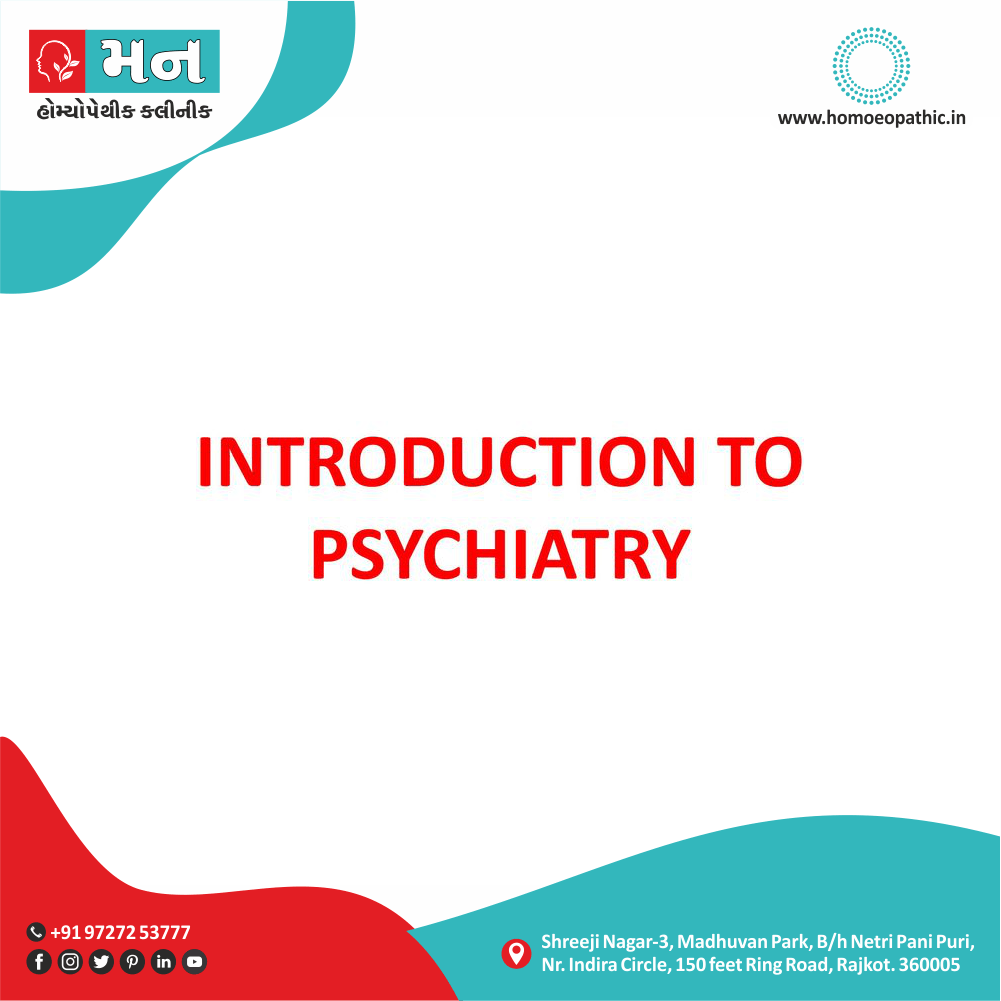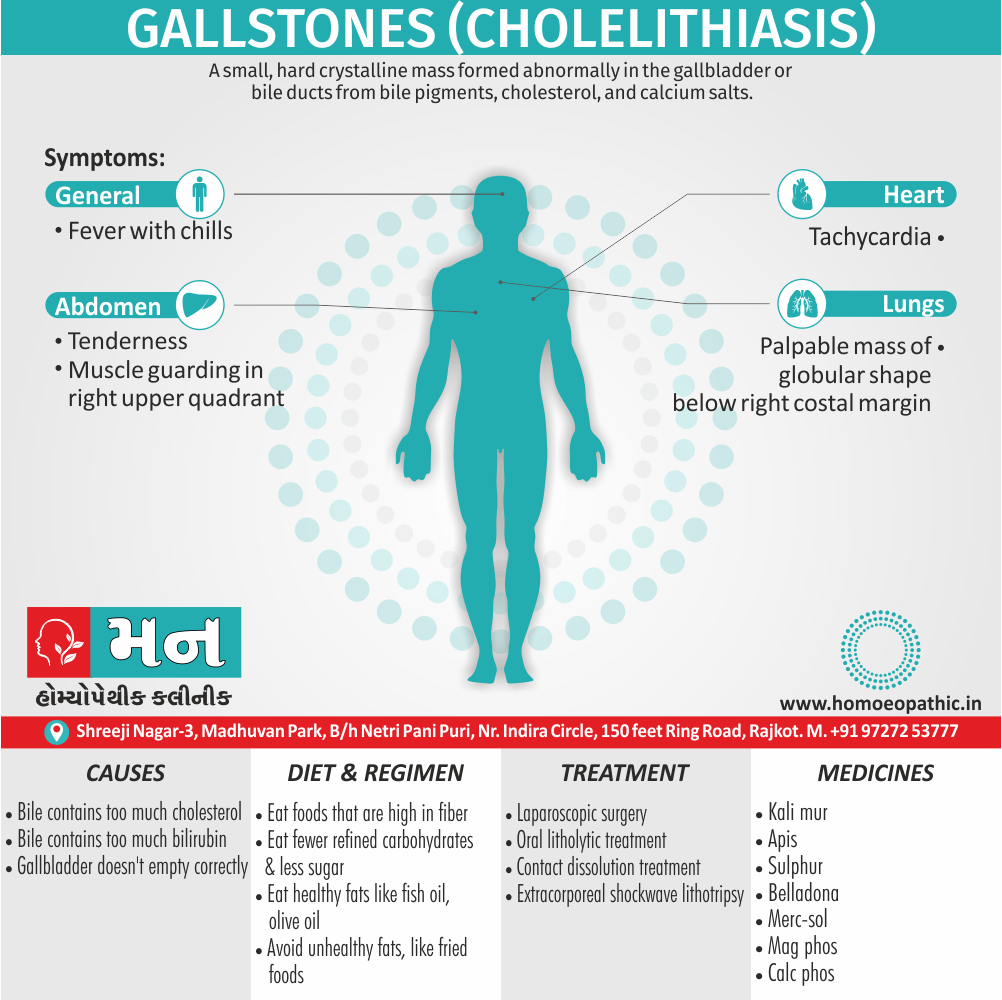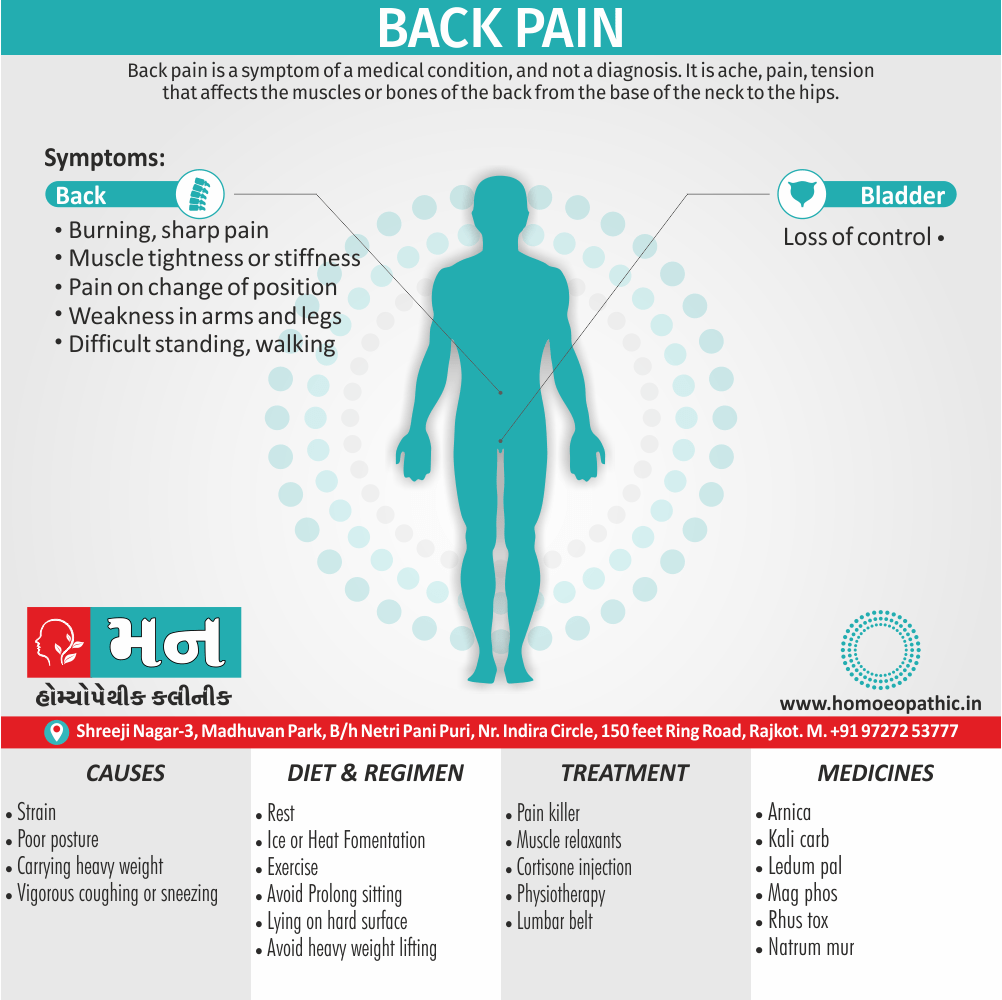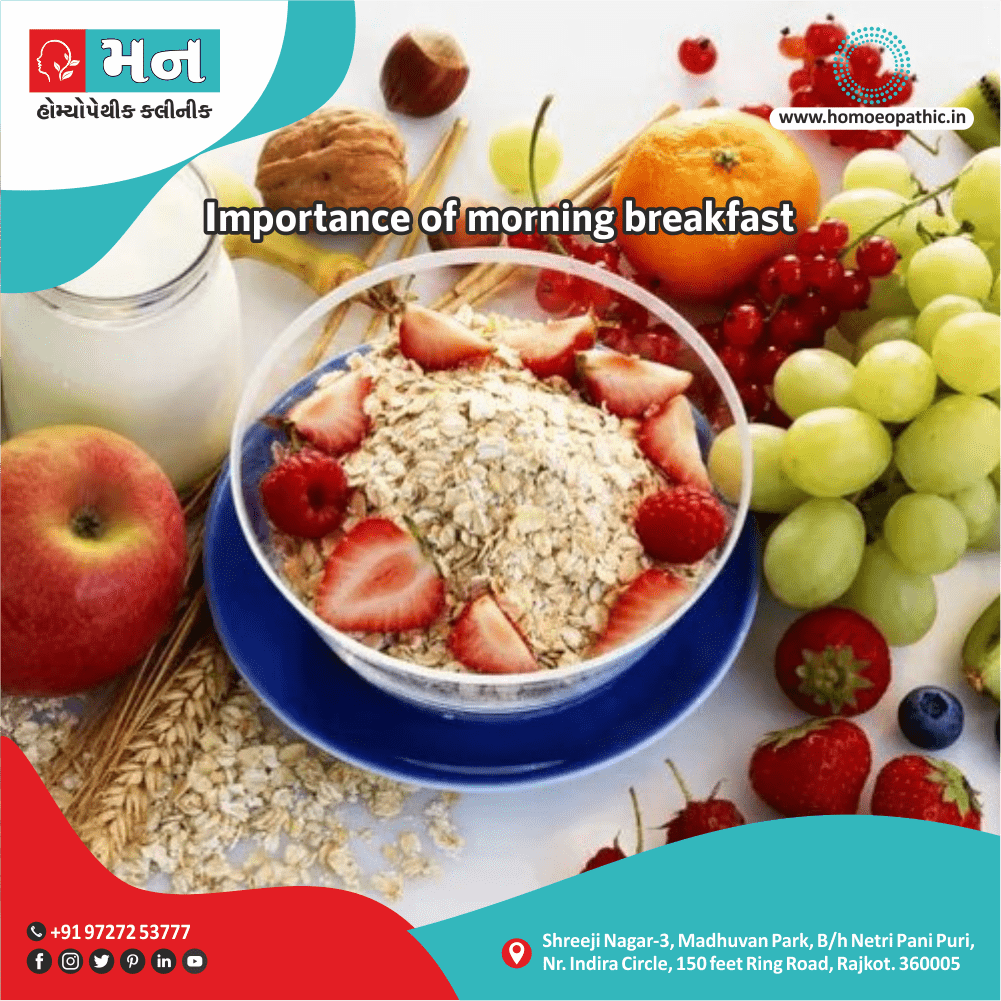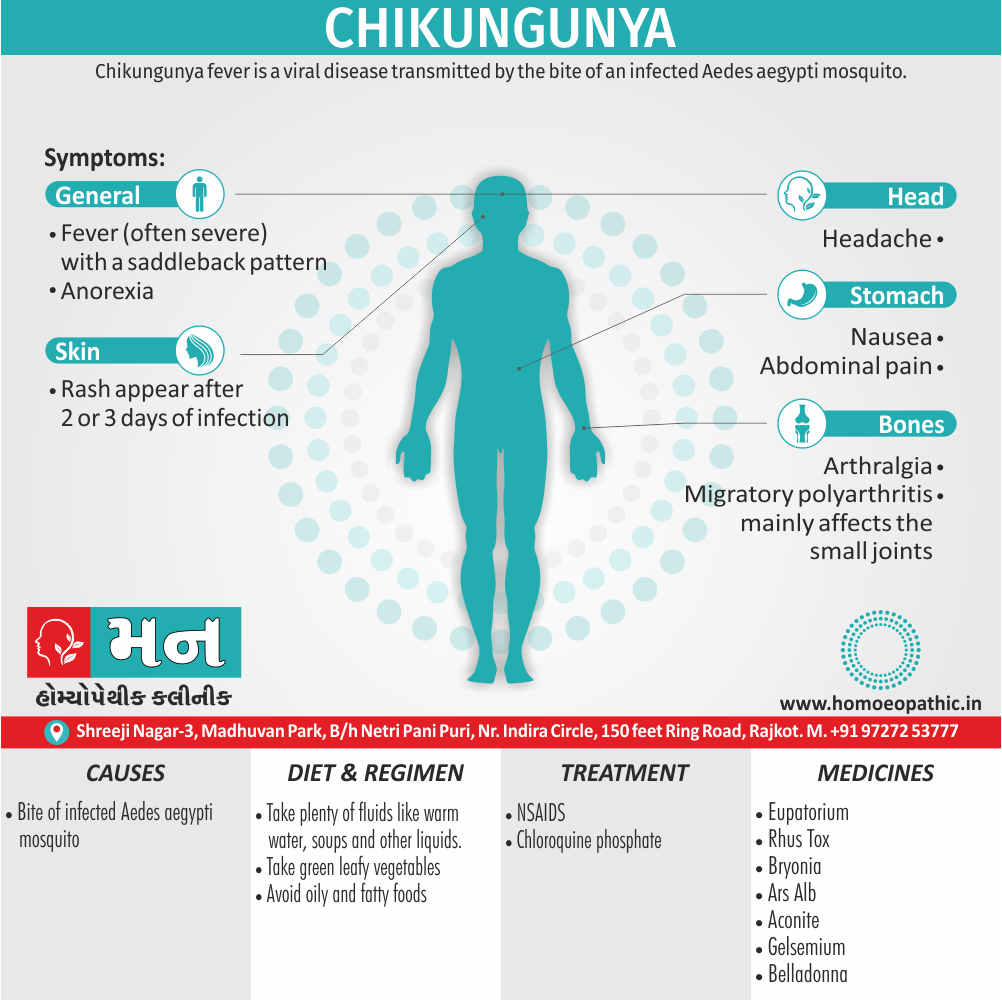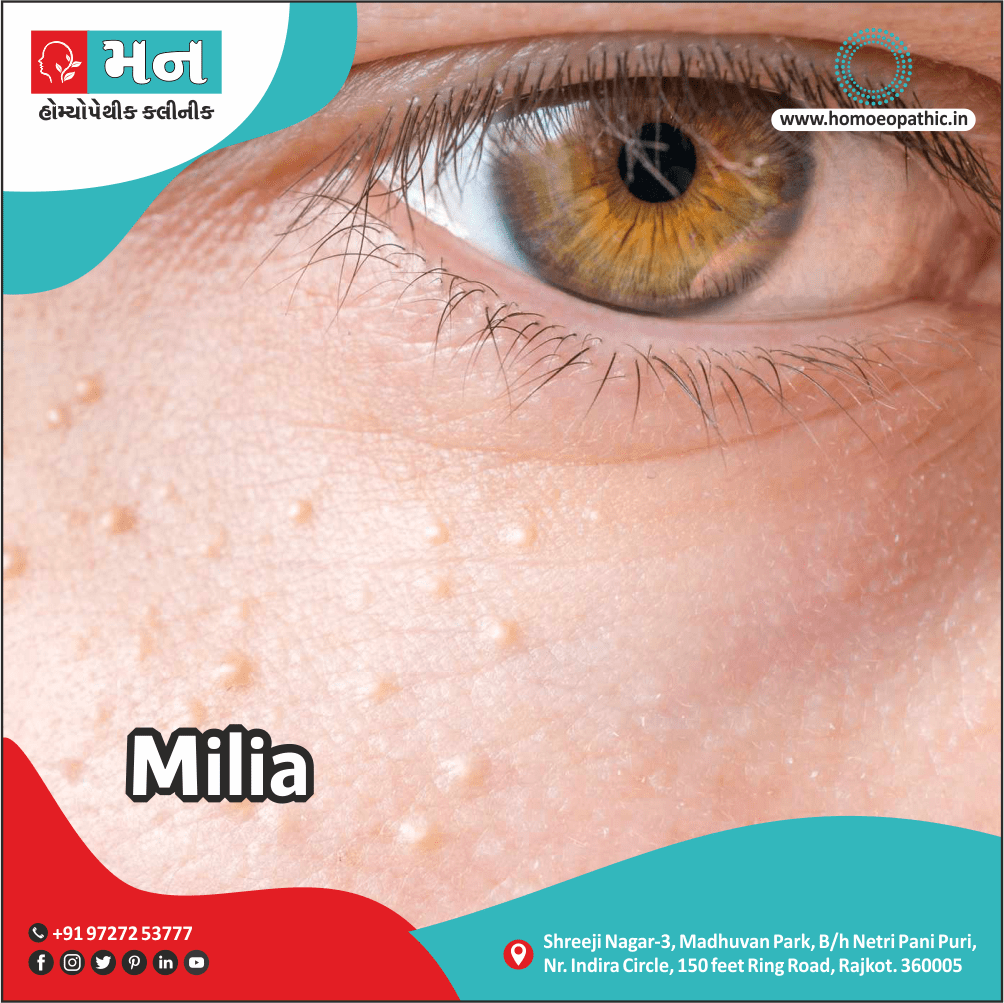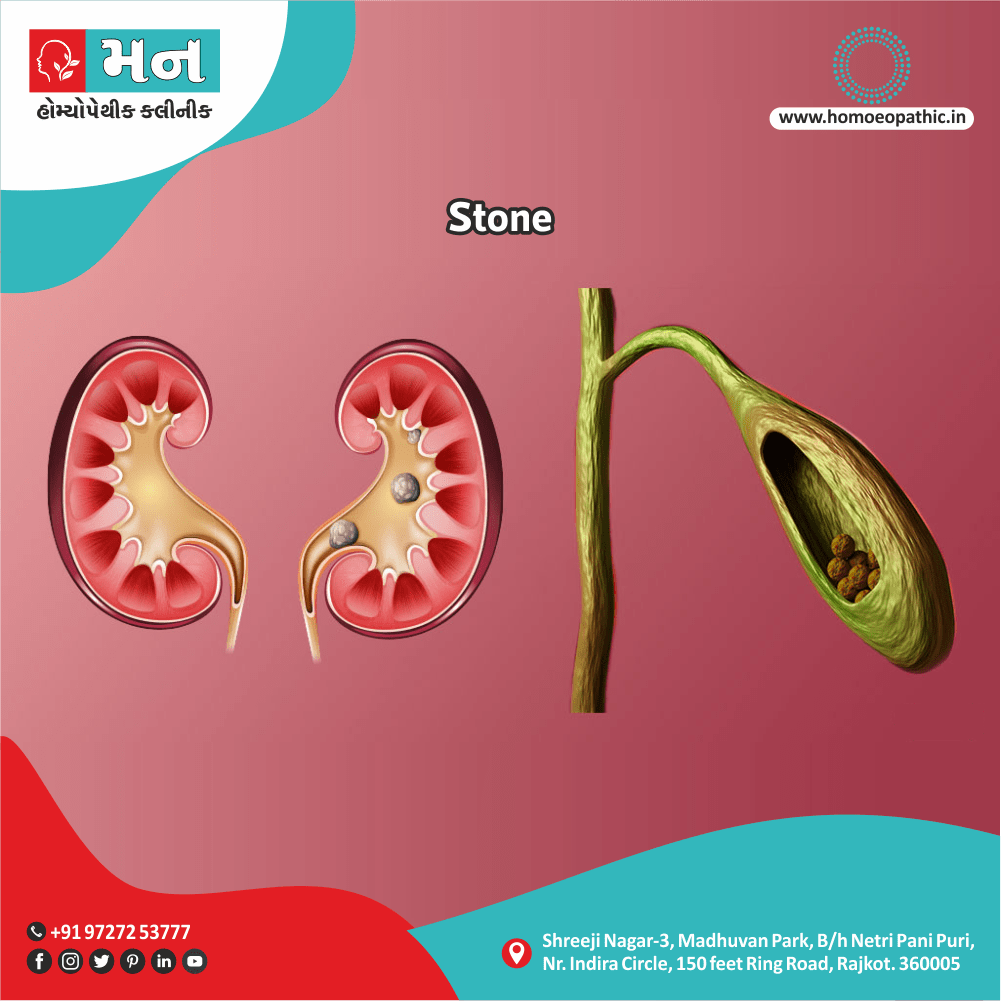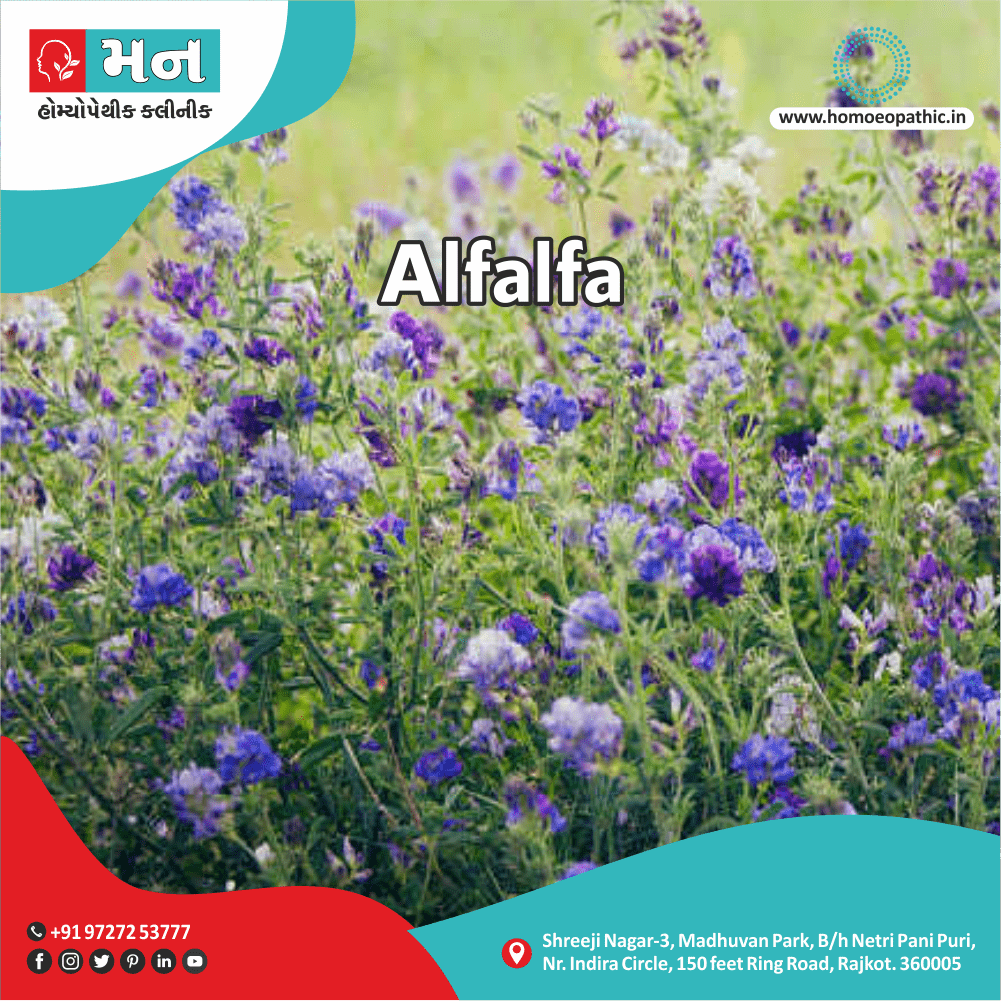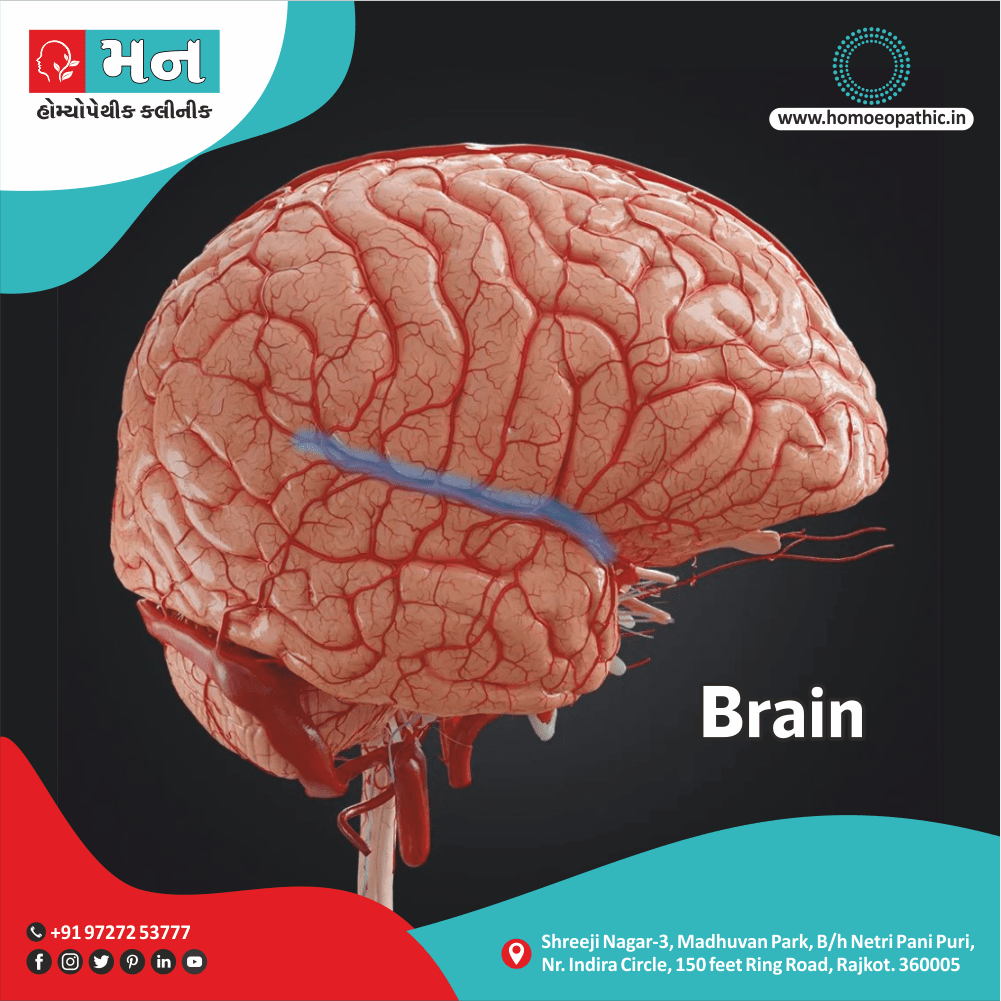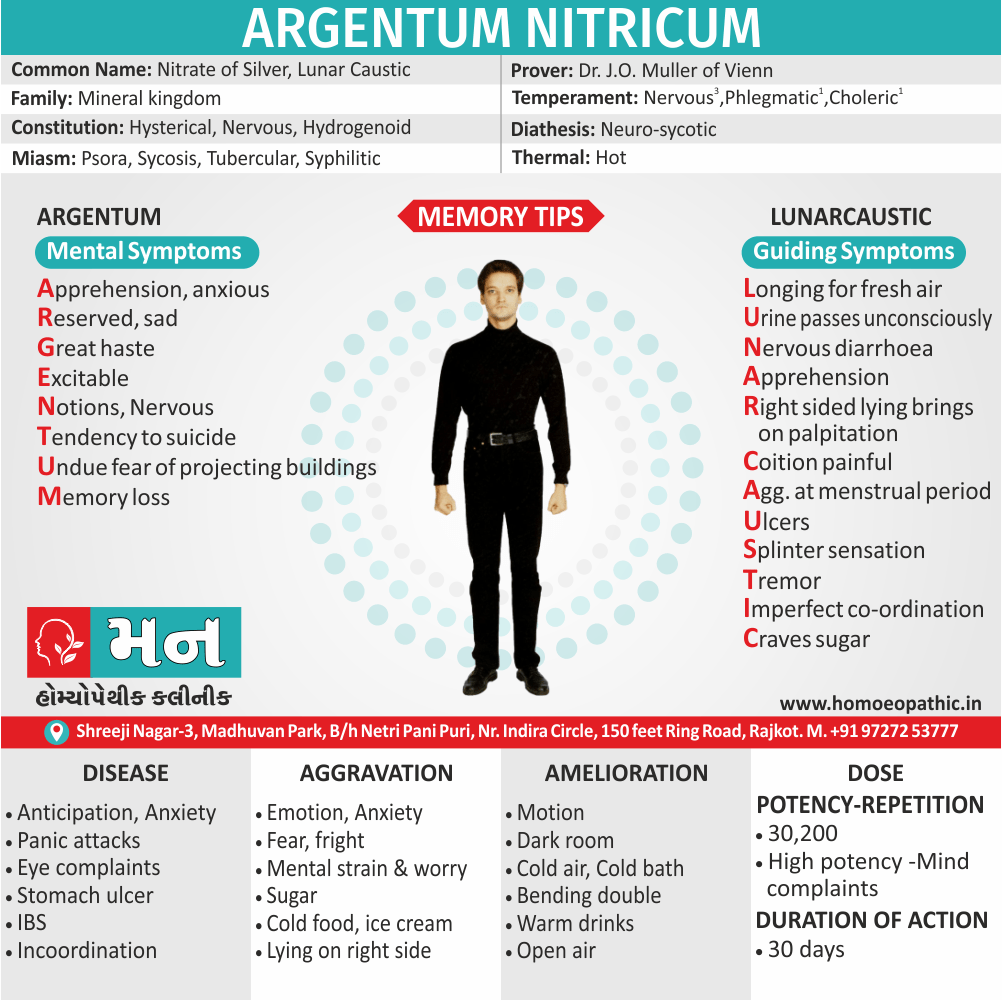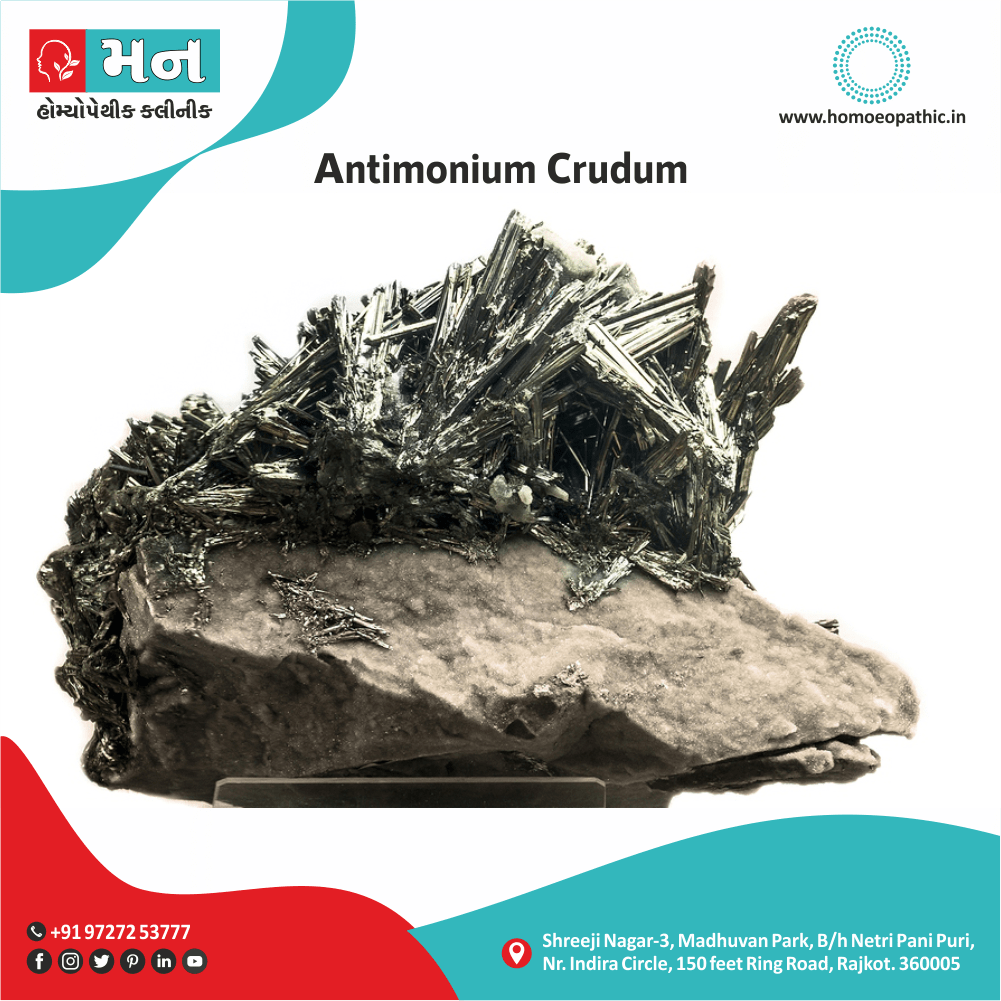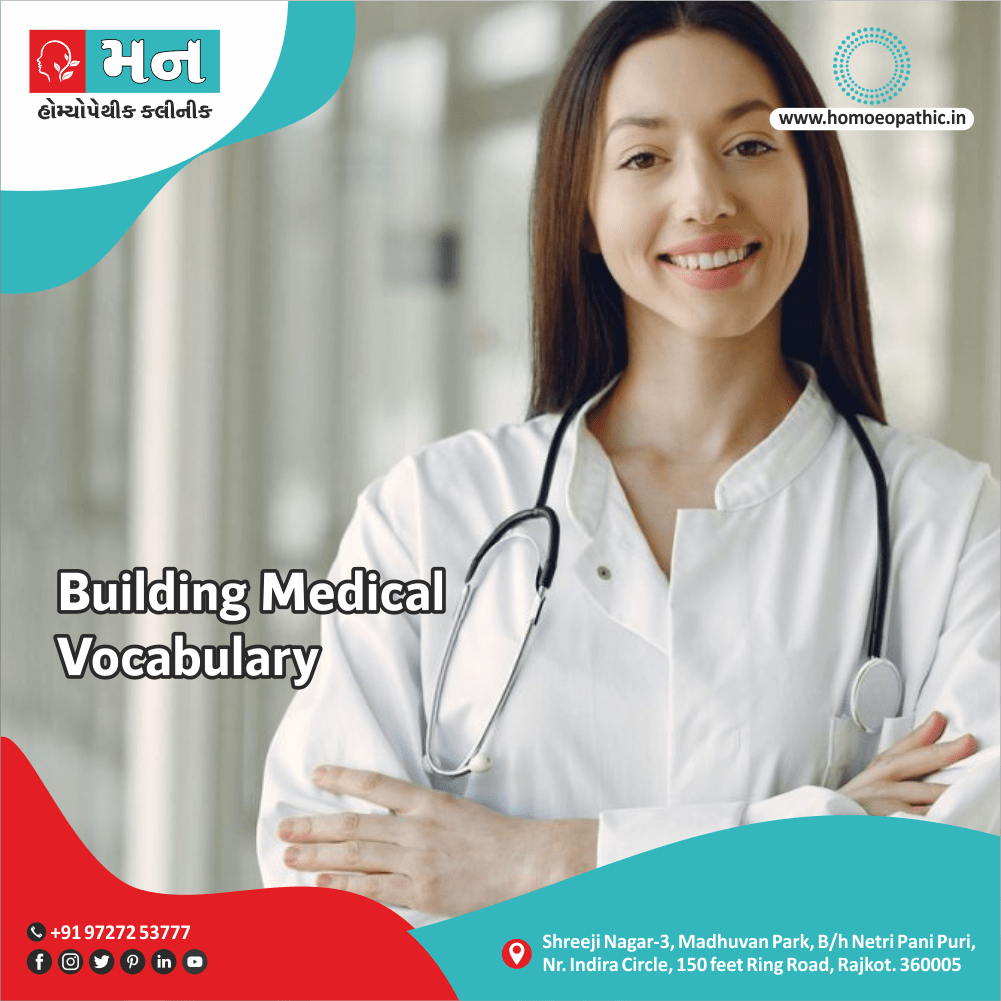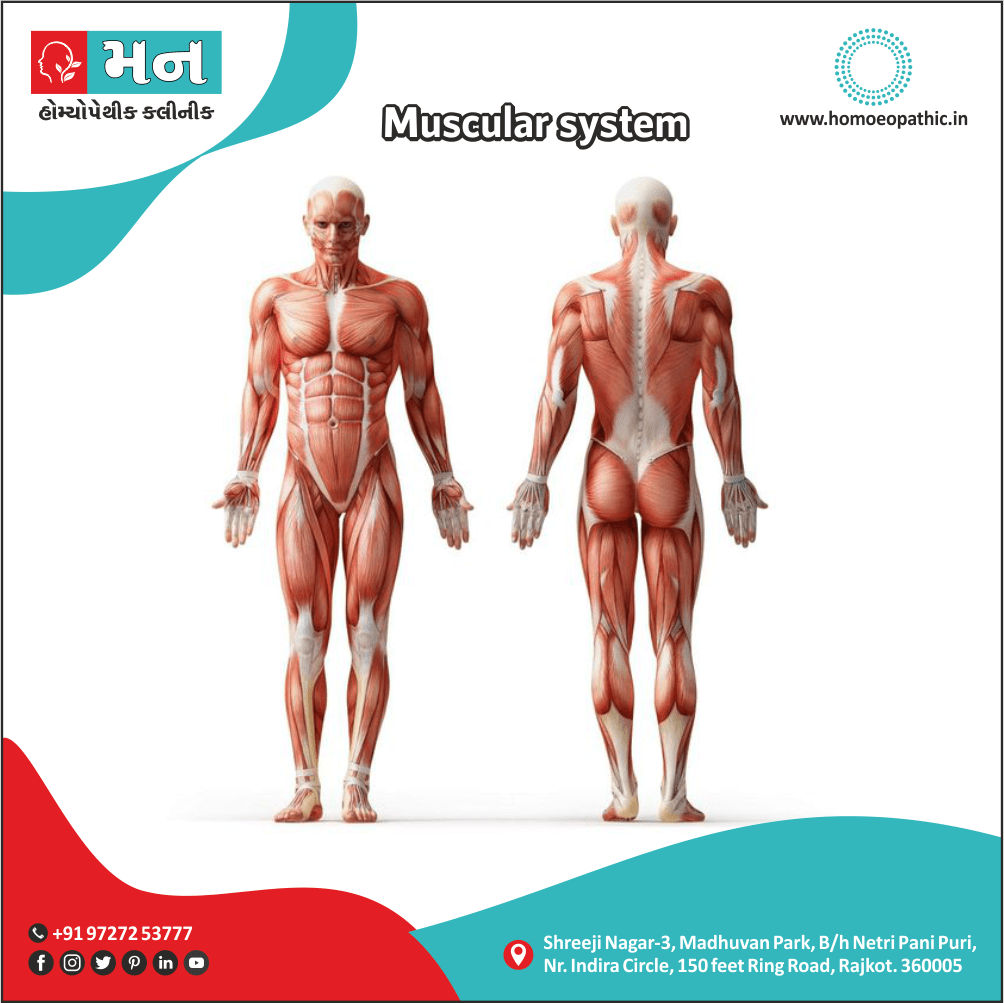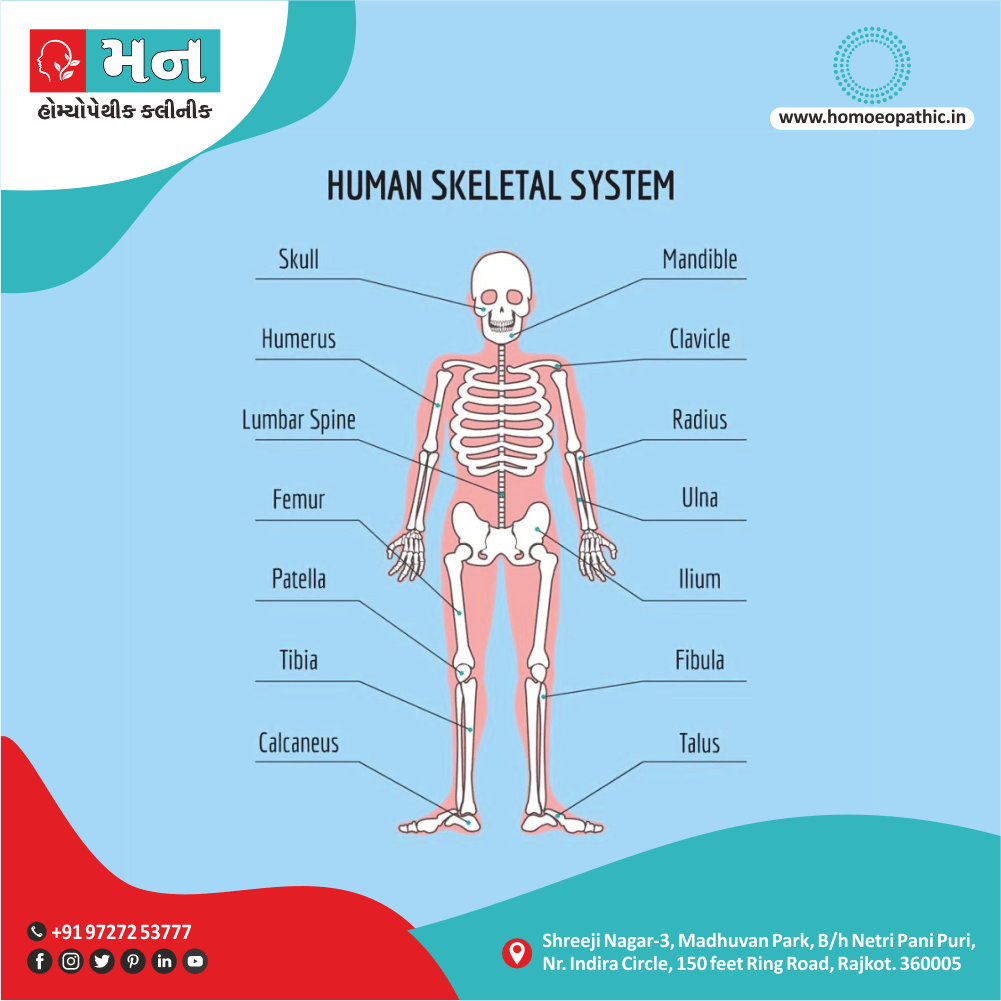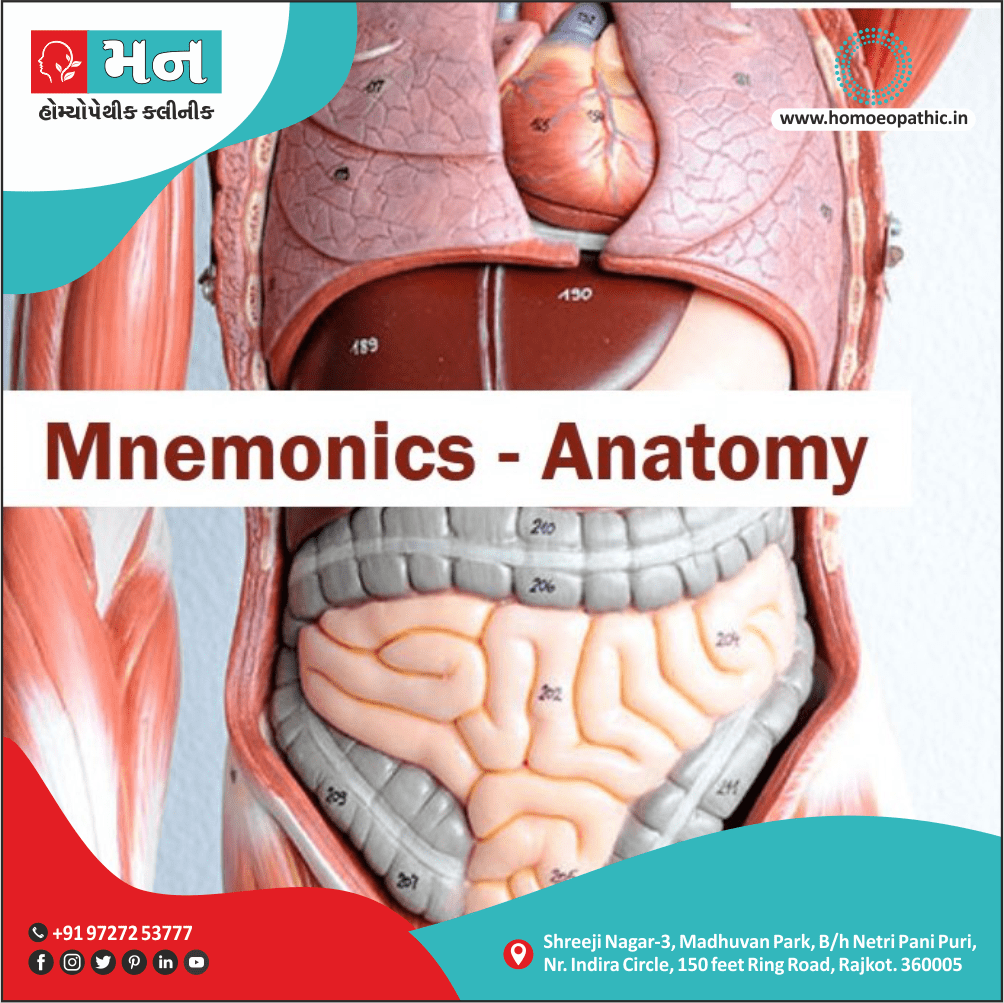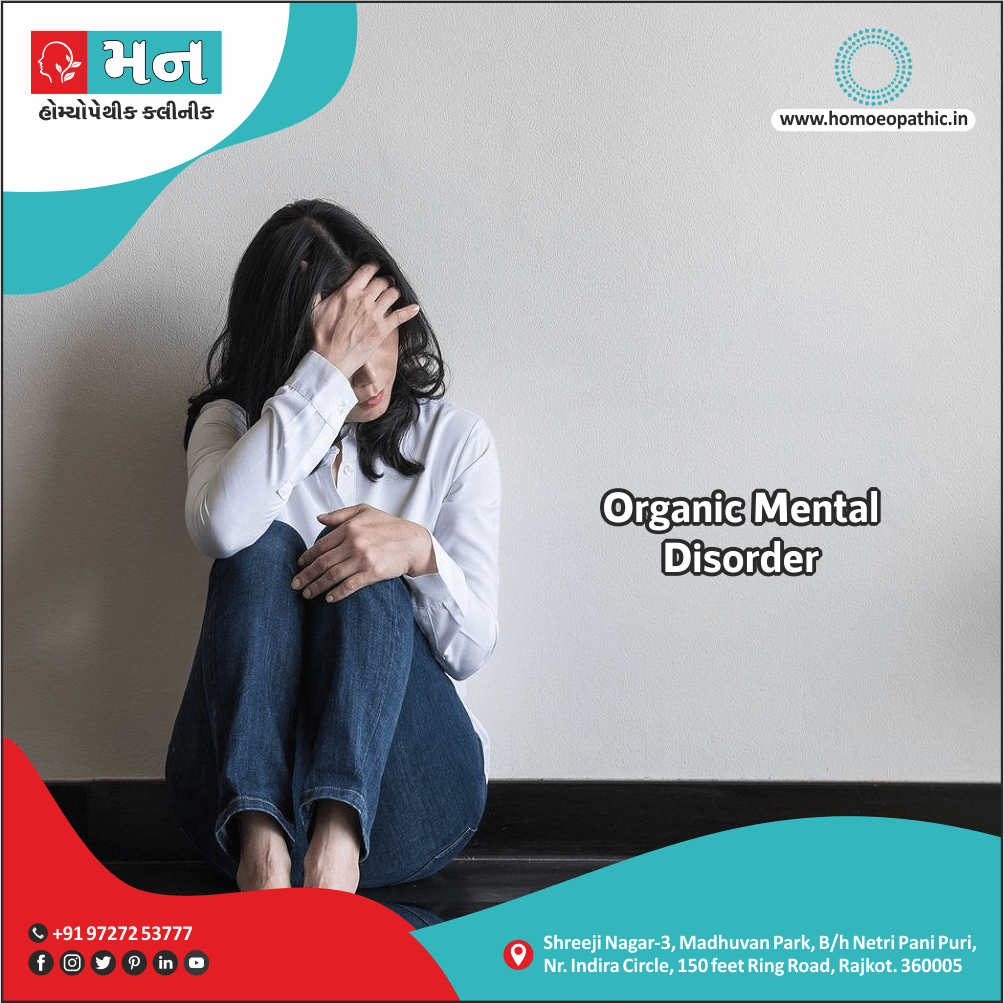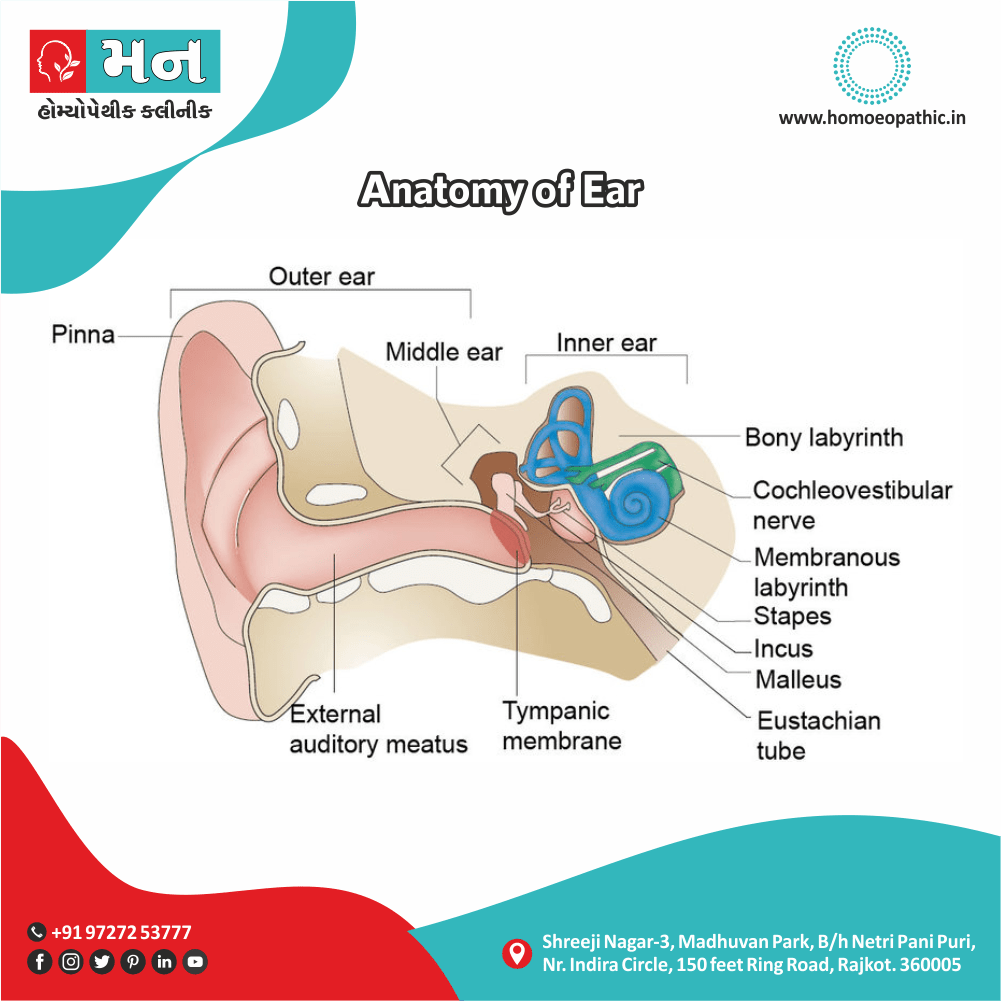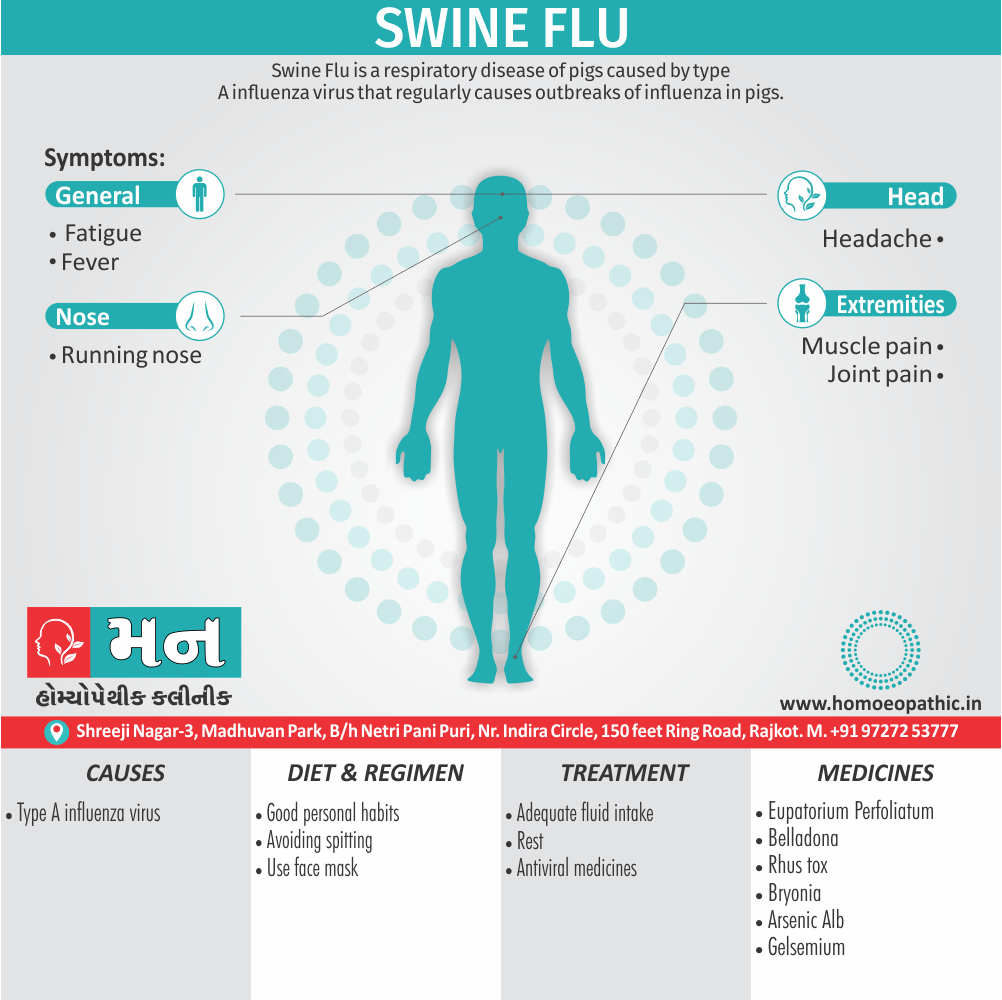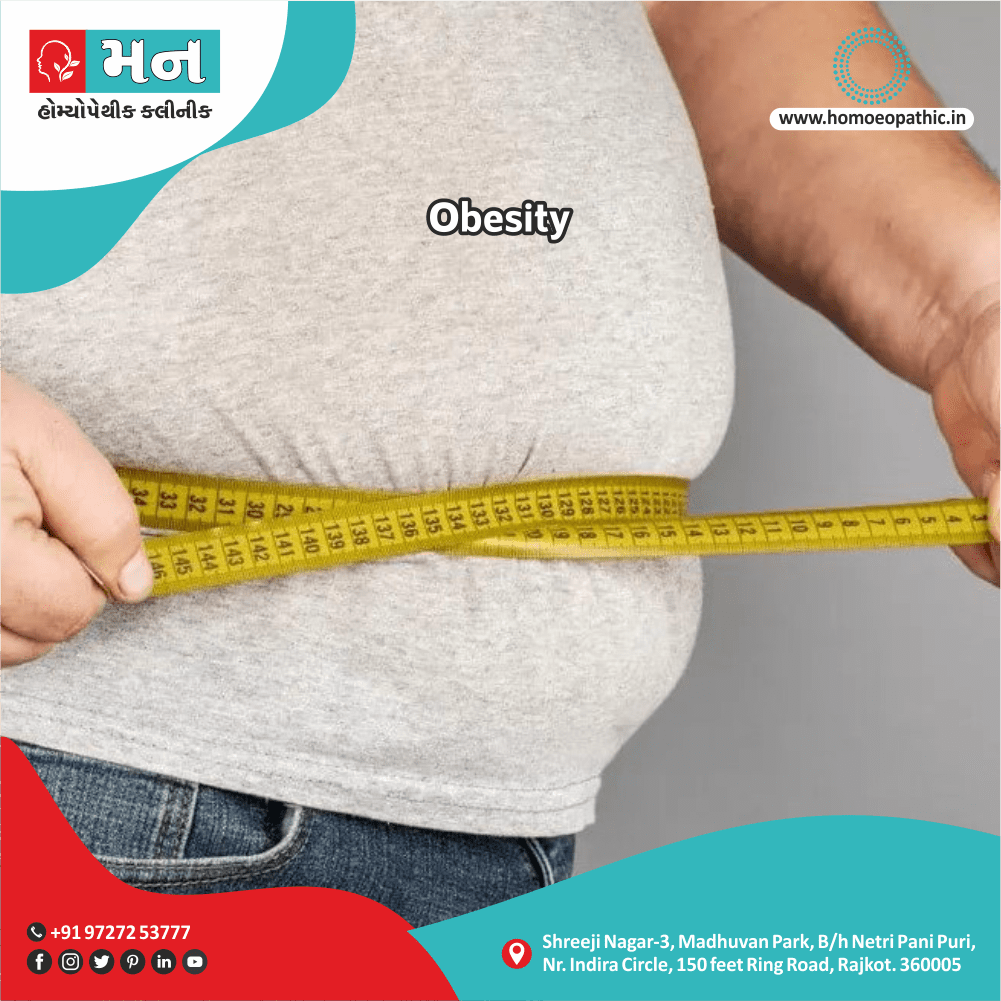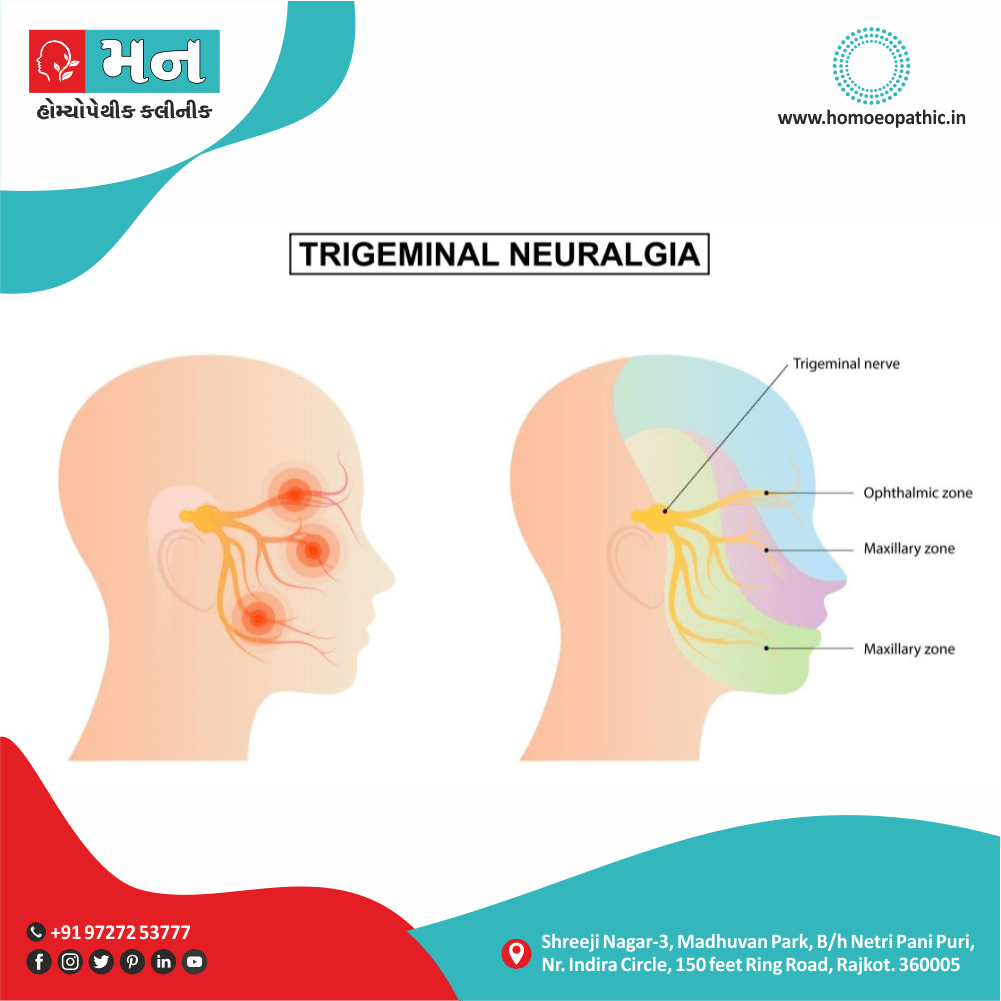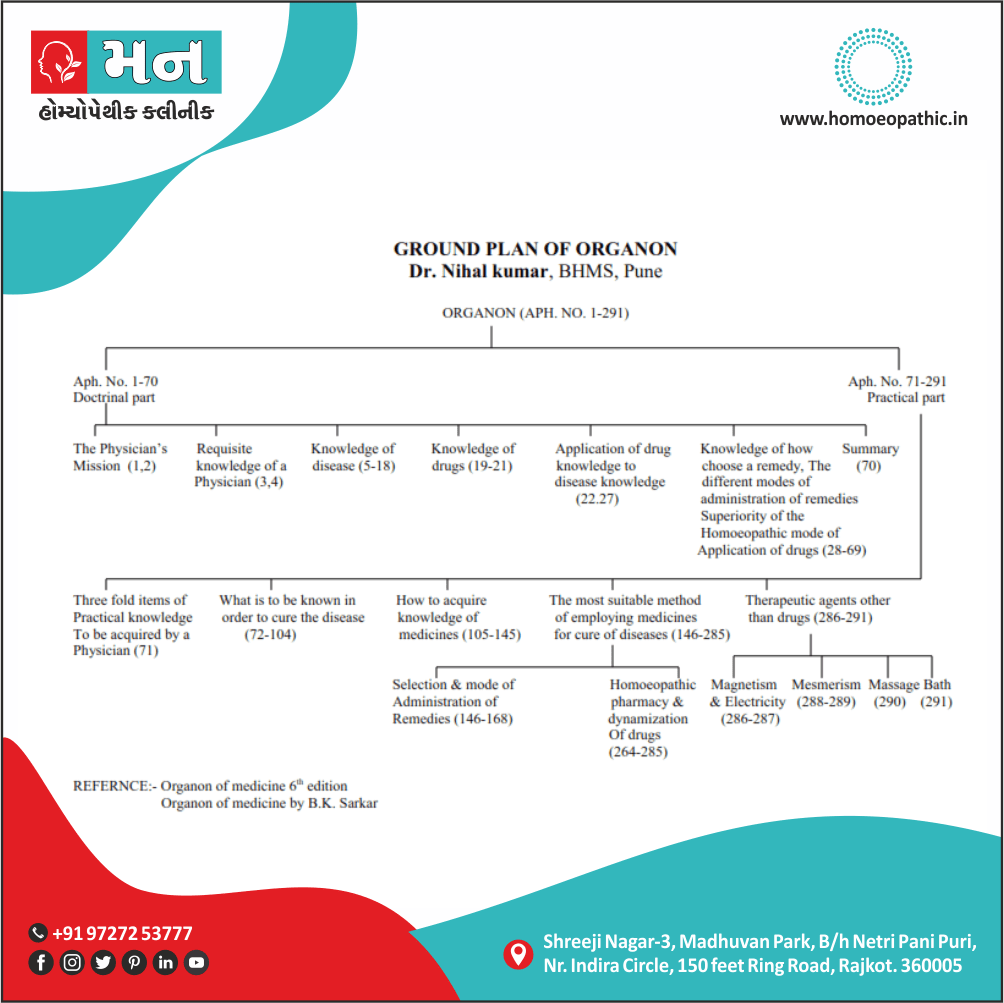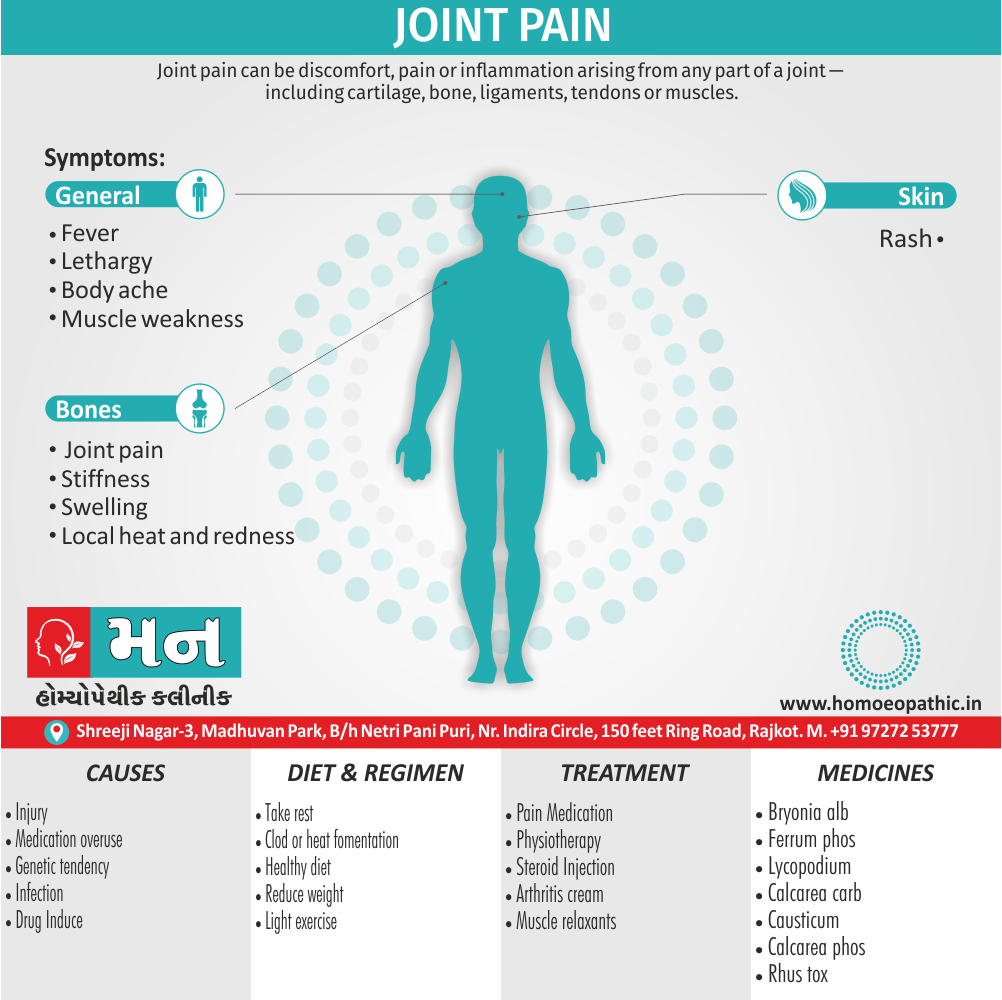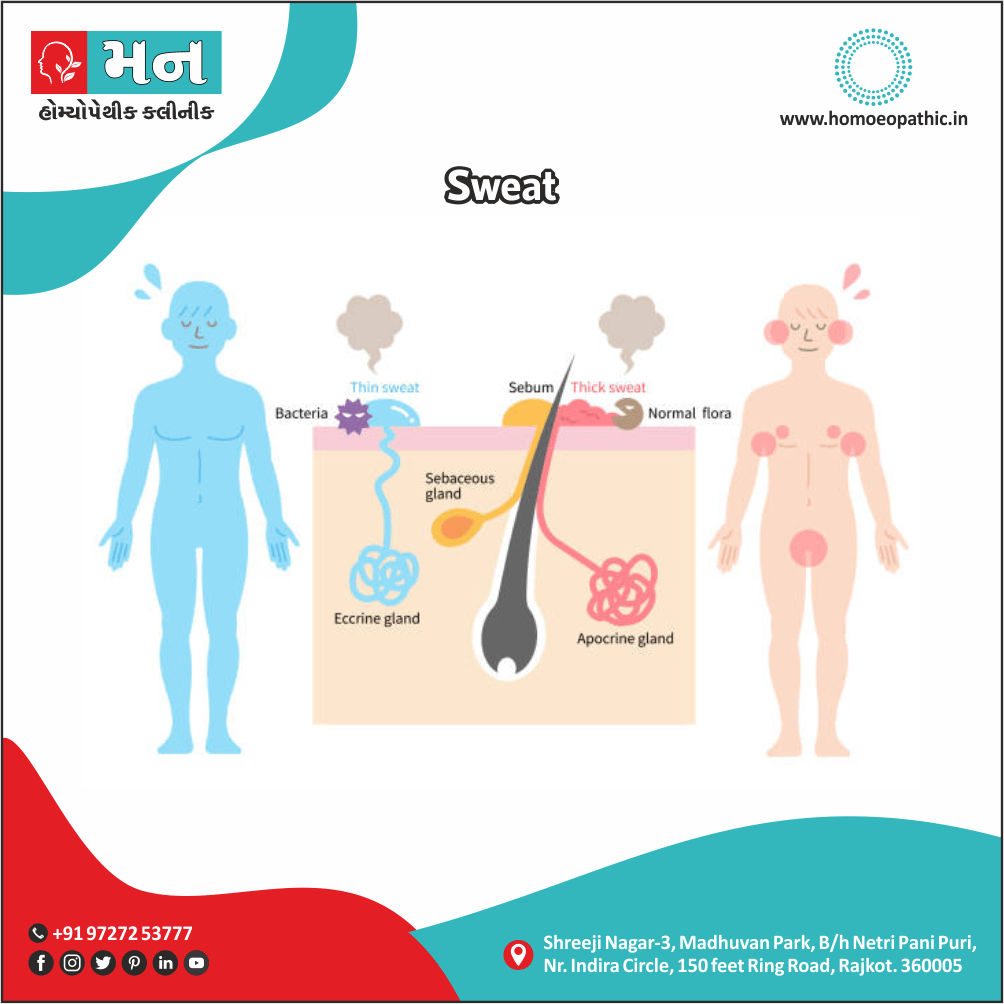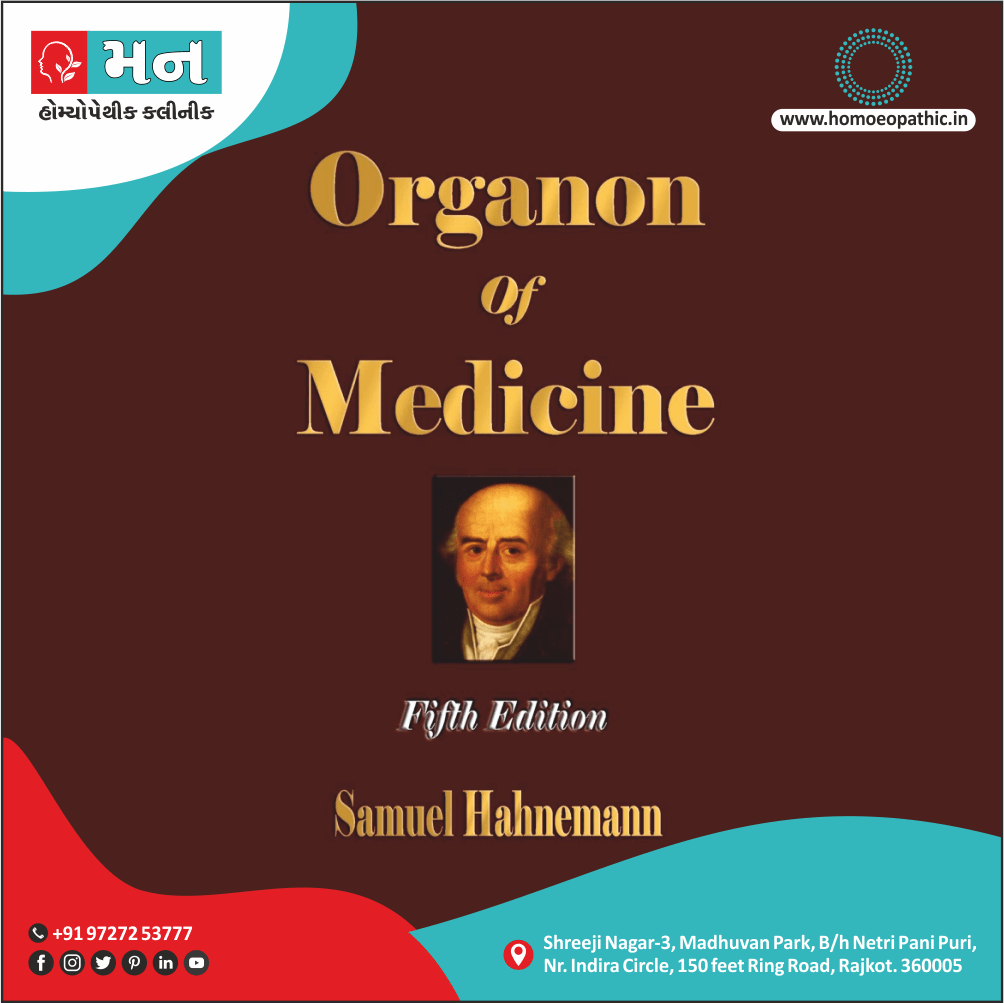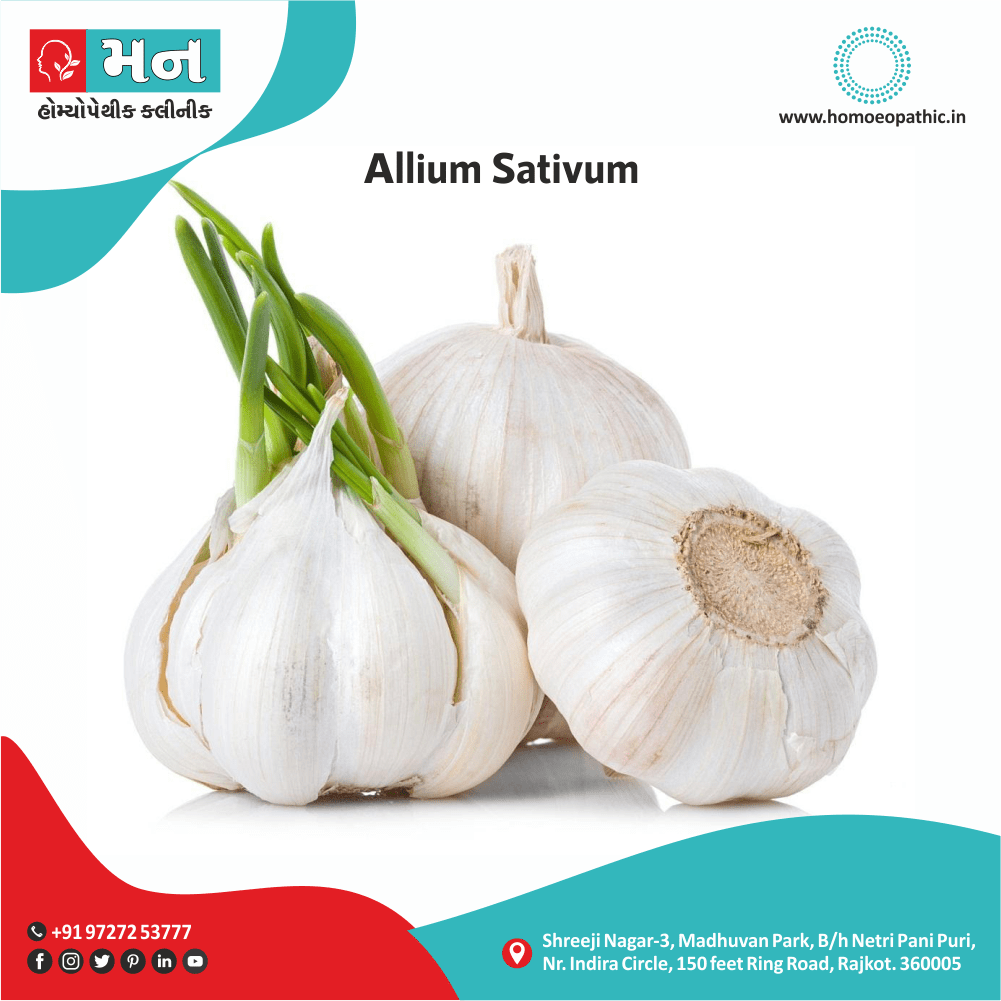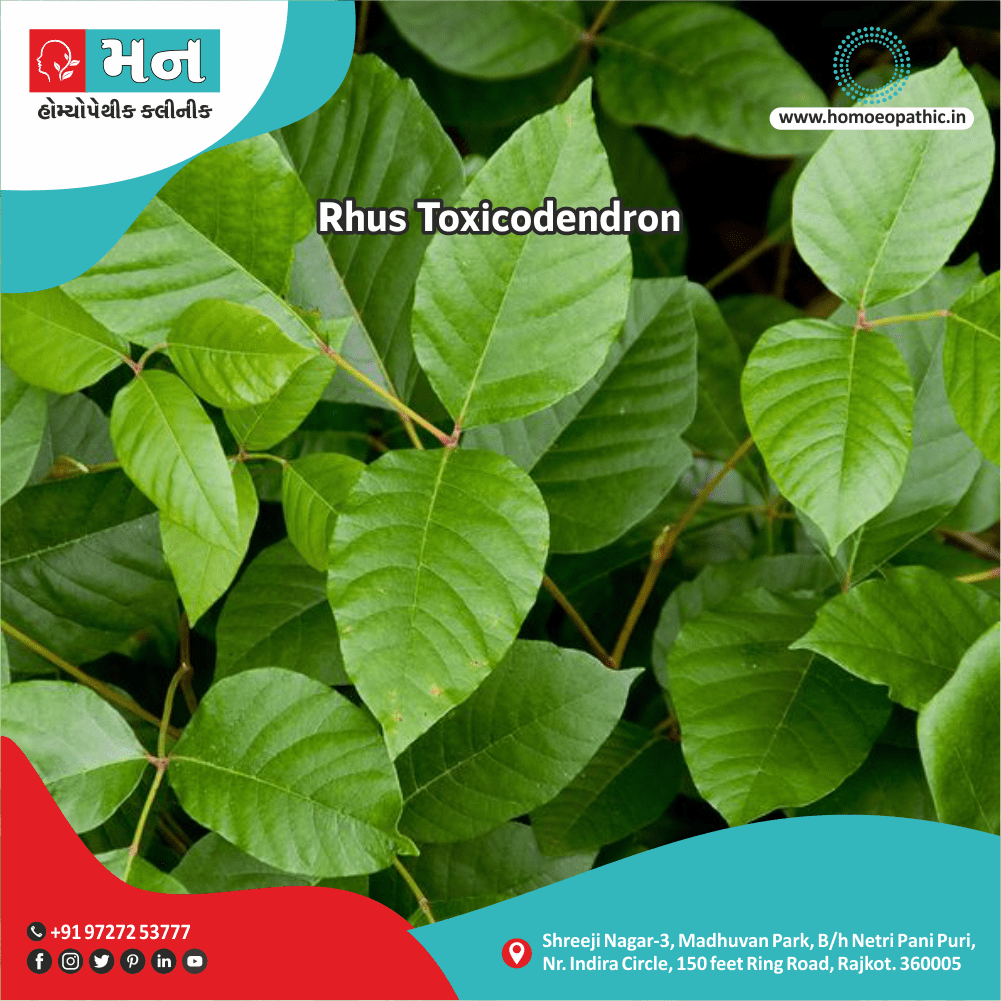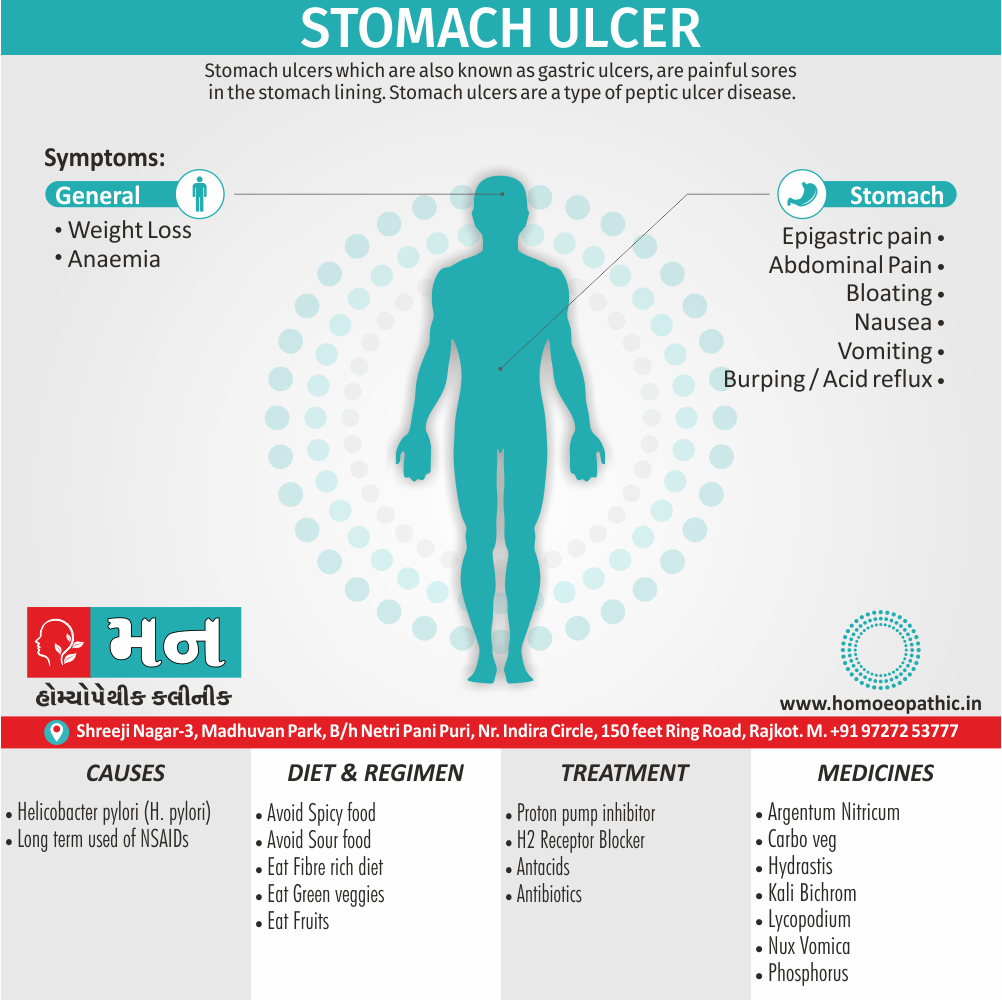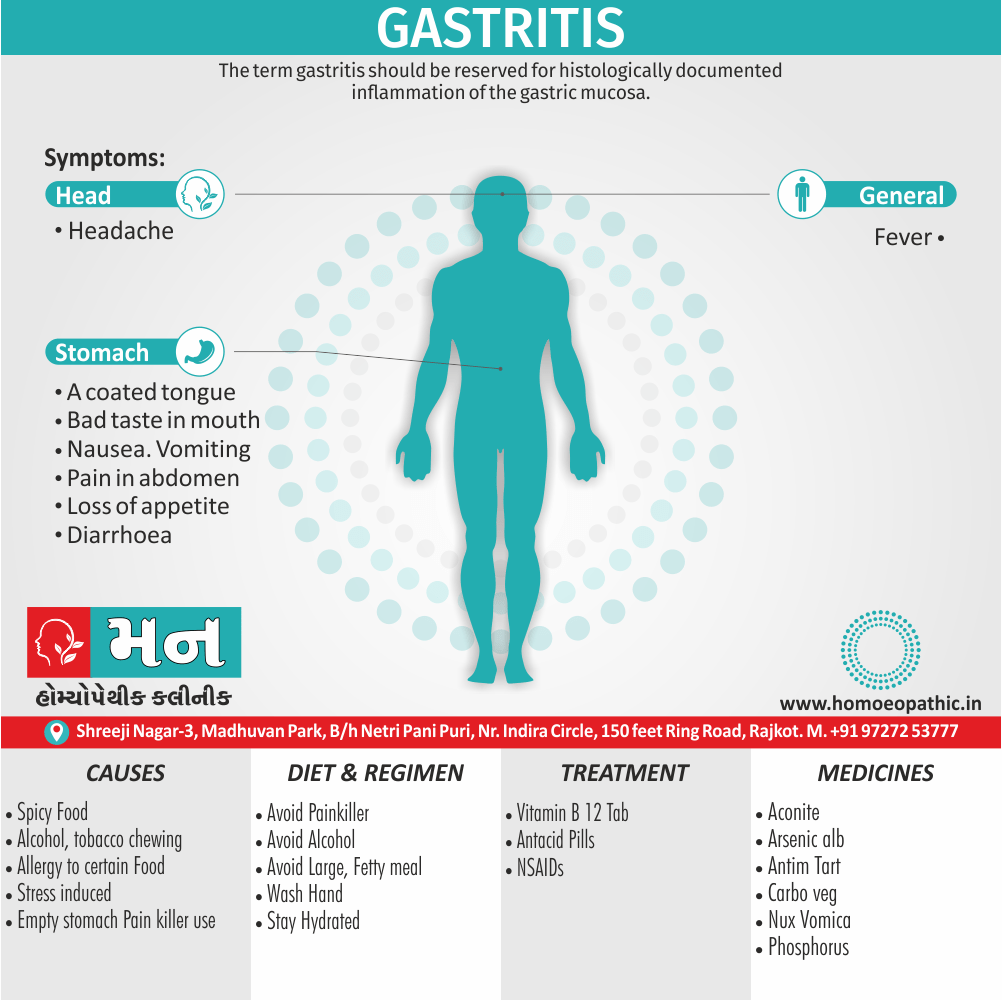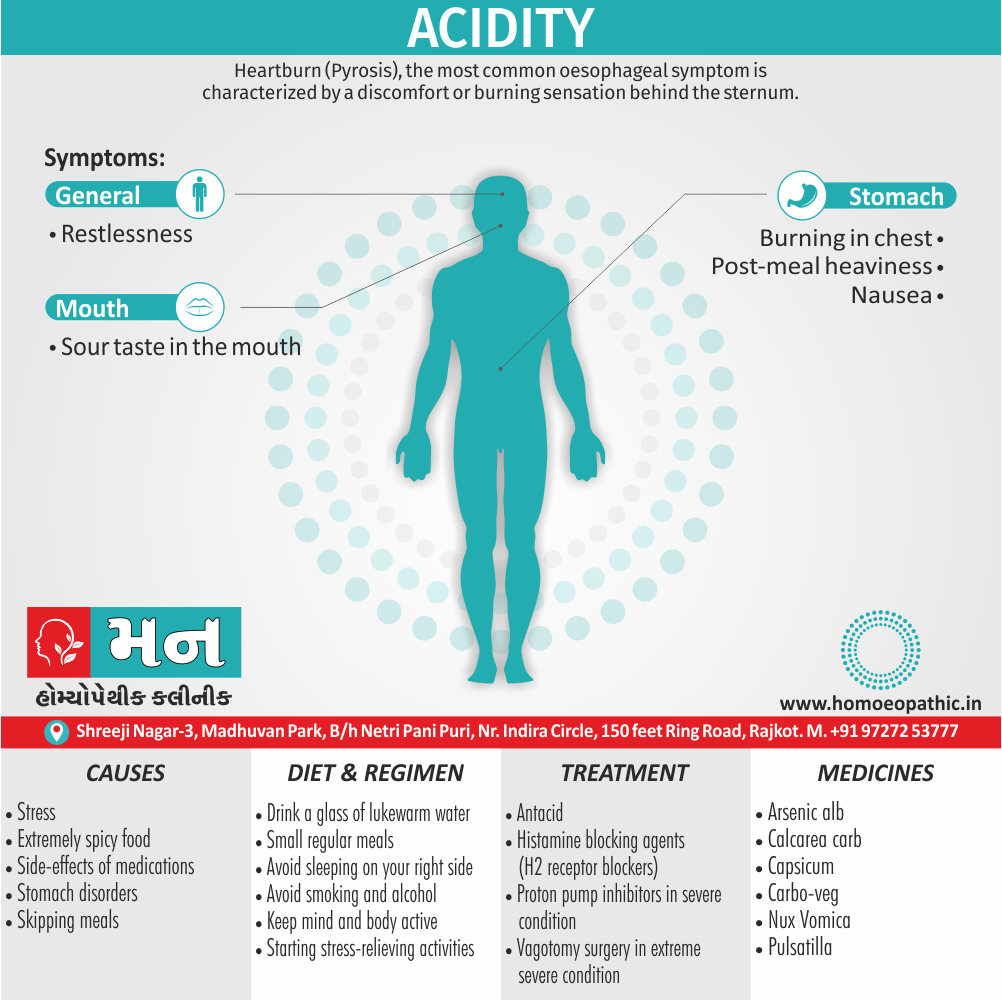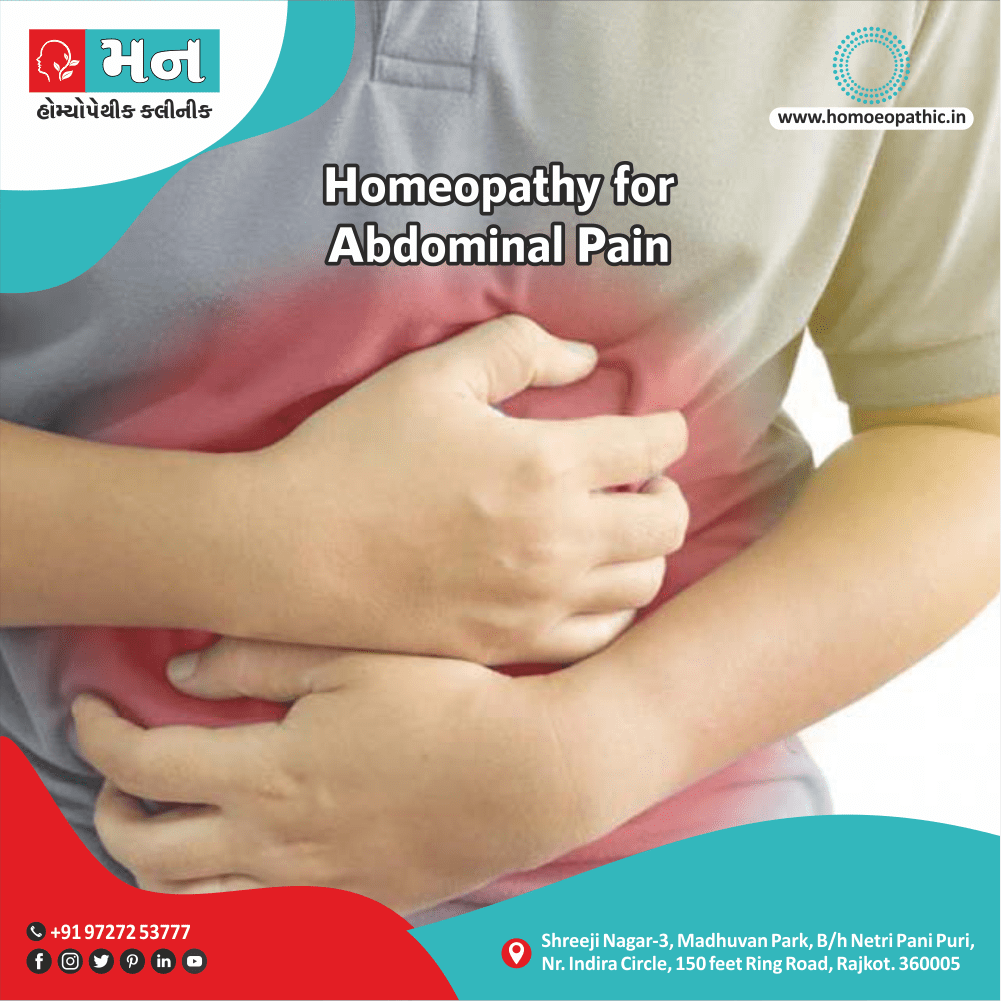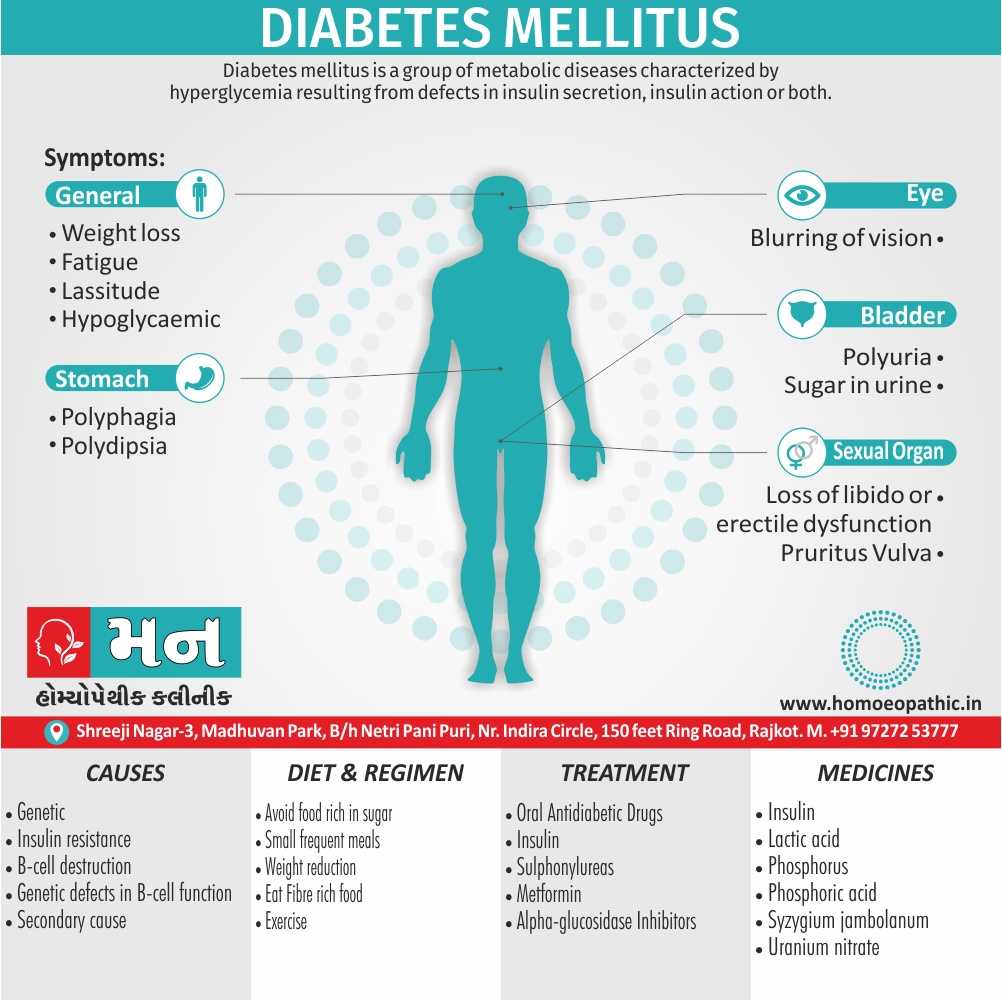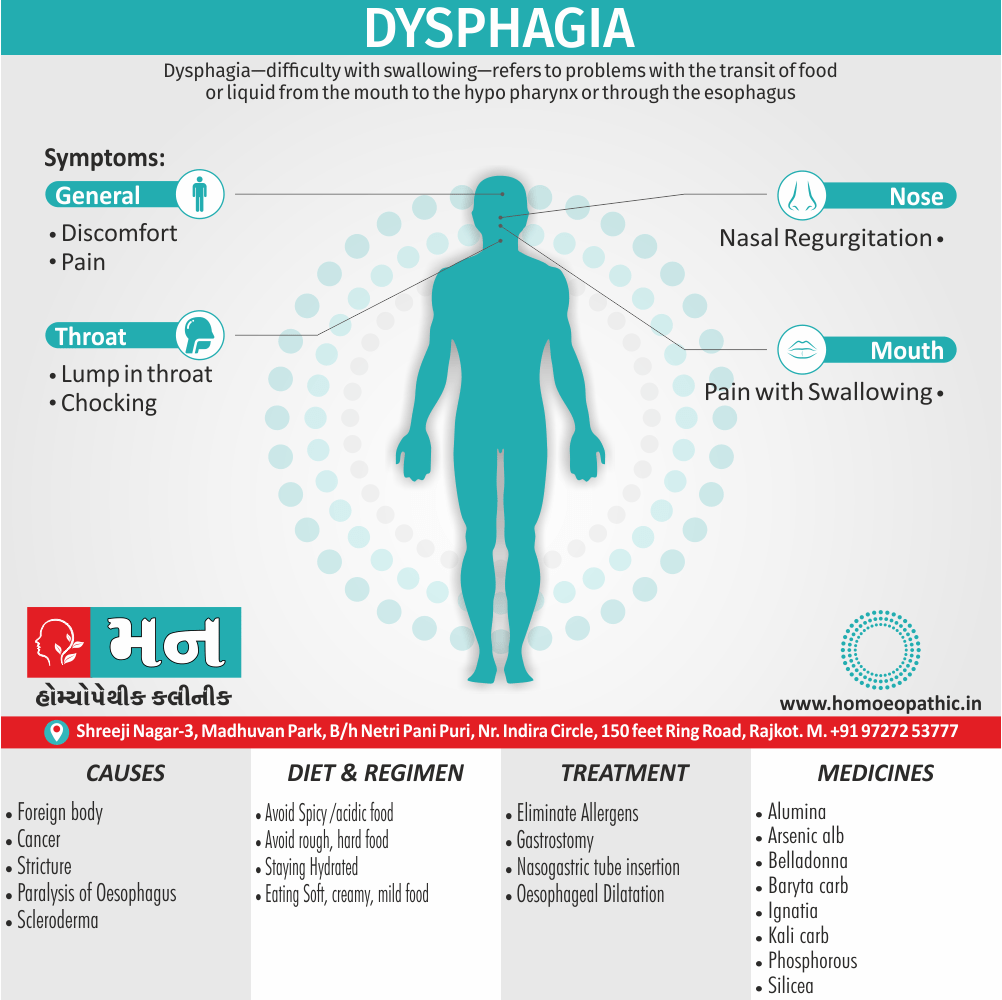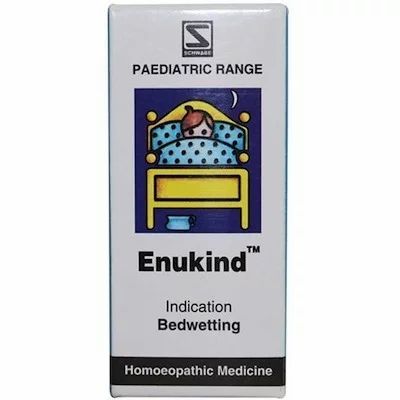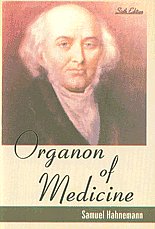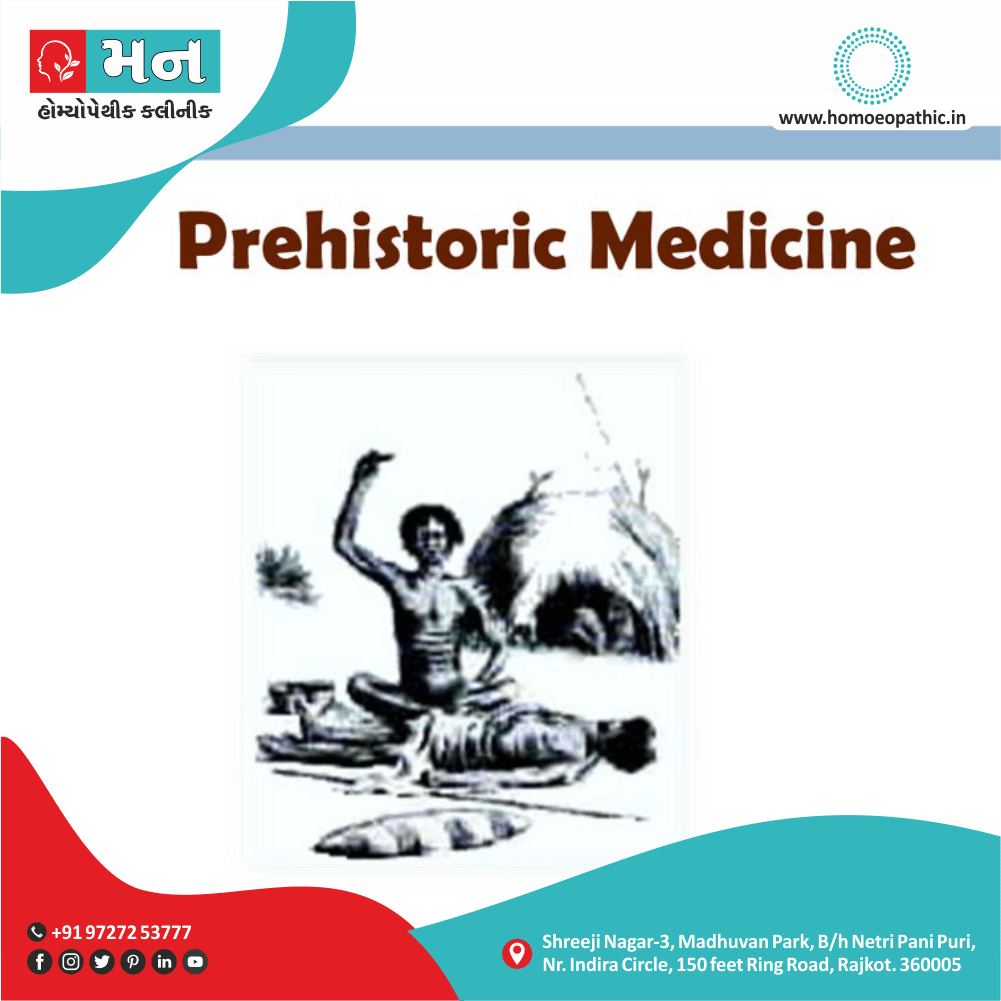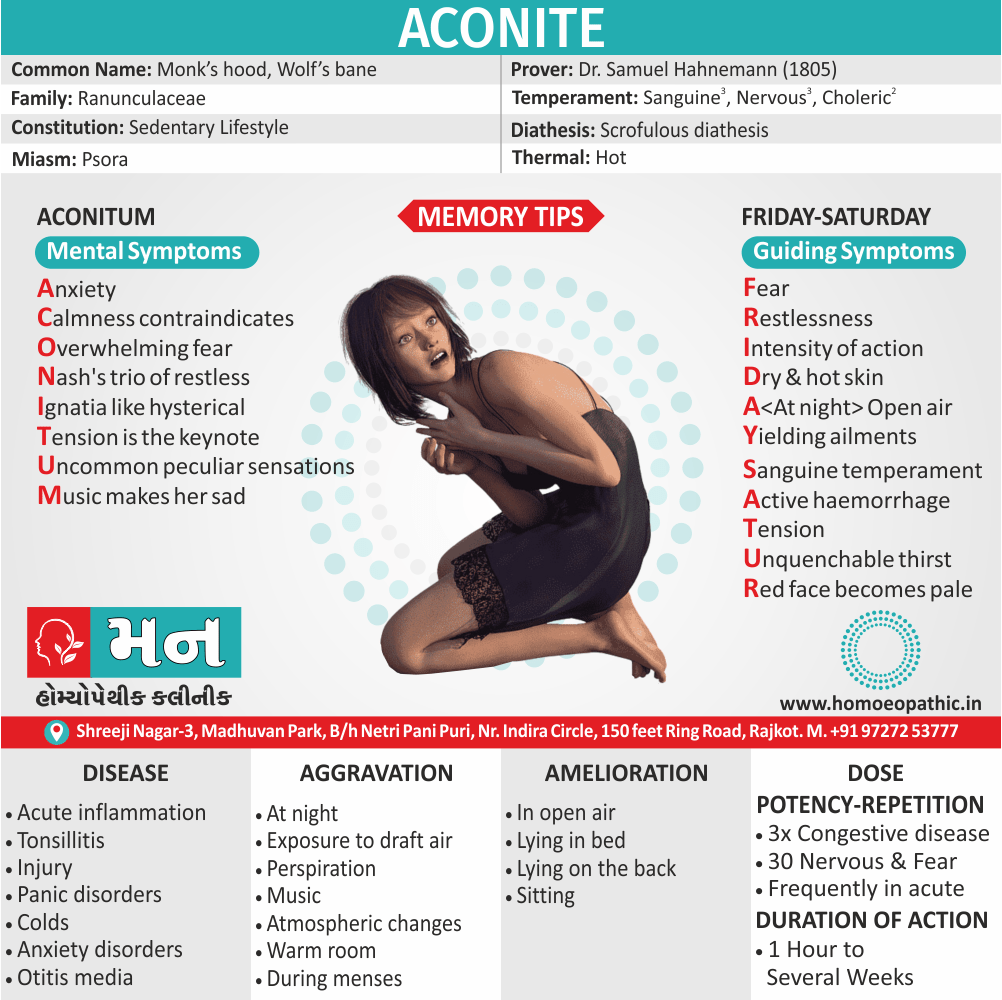Memory Tips for Guiding Symptoms
Hi Friends Let’s memorize guiding symptoms of Antimonium crudum through name of Medicine ‘Antim crud‘.
Aversion to cold bathing:
- Child cries when washed in cold water. (5)
Nostrils and labial commissures:
- Sore cracked and crusty nostrils and corners of the mouth. (5)
Tongue:
- Thick, milky white tongue, as if white – washed.
- White tongue and no thirst. (5)
Irrestible desire to talk in rhymes:
- There is an irresistable desire to talk in poem which is common enough to emotional women. (5)
Melancholia:
- Great sadness with weeping. (5)
Child:
- Cannot bear to be touched or looked at.
- The child is cross, but will scream at every little attention
- Can’t bear to be washed or touched.
- Very sentimental, easily moved, more so in the adult. (5)
Repeats verses:
- This is a marked peculiarity that Ant. Crud. Pt. Like to talk in verses. Pt. Also repeat verses esp. In the moonlight. (5)
Unbearable:
- Heat of sun is unbearable for pt. (5)
Disposition to abnormal growths of the skin:
- Prone to have abnormal skin growths like eczema, warts, corns. (5)
Memory Tips for Mental Symptoms
Hi Friends Let’s memorize mental symptoms of Antimonium Crudum through name of Medicine ‘ANTIM CRUD’.
ANGRY:
- Ant. Crud. is a medicine suits for extremes of life (Verat. Alb.)-affecting child and aged.
- Hence Ant. Crud. child bears a peculiar mentality.
- It can be compared with the race of swine for the virtue of the fact that it inclines to grow fat and moreover its typical obstinacy.
- The child is angry and obstinate, fretful, peevish, can’t bear to be touched or to be looked at, sulky, does not wish to speak or be spoken to (Ant. Tart.; lod.; Sil.).
- Angry at every little attention.
- Becomes angry at silly matters, ill-humour characterizes the angry child.
- Note. 1 Dr.Farrington said this peevish mental state is associated with nausea, hot and red face and irregular pulse.
- Note. 2 Dr.Farrington said the child is particularly cross when washed in cold water. (5)
No desire to live:
- It is tiger prescriber Tyler Kent who has elucidated the picture.
- Master Kent said, it produces a very serious state of mind, an absence of the desire to live.
- Pt. says, ‘Oh. doctor, if I could only die’-such an aversion, loathing of life is confined. to Ant. Crud. pt.
- Note. 1: Master Kent said this state is especially found in a low, lingering, continued fever such as typhoid will sometimes be seen in young girls about puberty. who are threatening to go into chlorosis. They have loathing of life, but it is an emotional loathing of life.
- Note. 2 Dr.Henry Clarke said disgust of life, with an inclination to blow one’s brain out, to drown oneself. Great anxiety about his fate and inclination to shoot himself. (5)
Timidity:
- Timidity is another feature.
- The pt. is timid, morose and there is great sadness borne in the mind.
- Dr.Farrington said pt. is sulky and sad like Puls. (5)
Irresistable desire to talk in rhymes:
- There is an irresistable desire to talk in poem which is common enough to emotional women. (5)
Moonlight:
- Over-excitable, nervous, emotional, ecstatic young girls and women are overcome by mellow-light from the moon-and there is ‘sentimental mood especially in the moonlight’ (Ref. Kent).
- Master Kent said, it is a emotional state, a disorderly outburst of the affections, which especially aggravated in the moonlight.
- Note. 1: Dr.N. M. Chowdhury said Ant. C. is moon-struck.
- Note. 2: Dr.Farrington said in some cases there is an erotic condition of mind, connected with sexual erethism. (5)
Commit suicide by drowning:
- Ant Crud. pt. wants to die by drowning (Bell.2, Hell.2, Hyos.2, Lach.2, Puls.2, Rhus Tox.2) (-by hanging, Ars.2-with knife, Ars.2 Calc. C.2 Merc.2; -by shooting, Ant. C.2 (5)
Repeat verses:
- This is a marked peculiarity that Ant. Crud. pt. like to talk in verses.
- Pt. also repeat verses esp. in the moonlight. (5)
Unsatisfied:
- Dr.John Henry Clarke said pt. is not satisfied though whatever is done for him.
- This is a peculiar mentality borne in Ant. C. pt.
- Dr.N. M. Chowdhury also said that the baby whines and cries and nothing pleases him.
- Dr.Talcott reported in his book ‘Mental diseases’-that has amorous longings, not for any living creature, but for some unseen seraph boded forth by an ecstatic imagination. (5)
Dull:
- Dr.Clarke reported that Ant. Crud. Pt. is dull.
- Dullness of intellect, imbecility. (5)
Antimonium Crudum Introduction
Hi Friends, Now we describing Drug picture of Antimonium Crudum
Common name :
Antimoni sulphidum (1)
Synonyms :
Black antimony, Sulphide of antimony (1)
Family / Group / Class / Order :
Mineral kingdom (1)
Habit and habitat / Description :
It is found in crude form as a mineral in some parts of Europe and Italy. (1)
Formula / Symbols :
Sb2 S3 (1)
Name of prover :
Dr Caspari and Dr Hahnemann in 1828 (1)
Introduction and history :
- Antim. Crud is a very good Poly Chrest remedy.
- It is compared with the race of swine.
- It is a chemical compound of antimony and sulphur.
- It is a greyish crystalline powder and is obtained by purification of native antimony sulphide. The sulphur element in this accounts for its antipsoric action.
- Like Sulphur, Antim Crud is suited to chronic affections which are traceable to suppressed skin eruptions or ulcers. (1)
Parts used :
For preparation, sugar of milk is used with antimony sulphide and trituration is performed. (1)
Preparation :
For preparation, sugar of milk is used with antimony sulphide and trituration is performed. (1)
Constitution
Physical make up :
Especially suited to young people, children, old people and people who are inclined to grow very fat with a loathing for life. Skin is very thick and ugly looking. (1)
Temperament :
Peevish (1)
Diathesis :
Gouty and rheumatic (1)
Relation with heat & cold :
It is neither hot nor cold because patient gets affected by both heat and cold. (1)
Miasm :
Psora (1)
Clinical Features
Clinical conditions
In Homeopathy Antimonium Crudum medicine use by Homeopathic Doctors in treatment of following Disease Conditions
- Acne vulgaris
- Acne rosacea
- Arthritis
- Depression
- Gastritis
- impetigo
Sites of action / Pharmacodynamics
Digestive tract, mind, skin, soles, mucous membranes, etc.
Causation (Causes / Ailments from)
Cold bath, wine, vinegar, disappointed love, by taking fruits, acids, alcohol, indigestion, by heat and cold, suppressed eruptions, heat of the sun [1]
Physiological action
- All mucous membranes of the gastrointestinal tract are affected, especially the stomach, producing slow digestion.
- Mucous membranes become loaded with mucous.
- In large doses, produces severe nausea and vomiting.
- Slow digestion produces fermentation; flatulence. [1]
Patho-physiological changes / Pathogenesis
- It acts on the skin and produces skin disease.
- Acts on the mucous membrane of the digestive tract and produces disturbances in digestion, also diarrhoea and constipation.
- It acts on the mind and brain producing mental symptoms.[1]
Characteristic mental symptoms (psychology)
- Disgust of life, great sadness with weeping.
- Child is very fretful and peevish; cannot bear to be touched or looked at.
- Anxious predictions in relation to his present and future.
- Sentimental mood in moonlight, particularly ecstatic love.
- Slightest things affect her, anxious, lachrymose mood; thoughts of suicide by drowning or shooting himself.
- Fear of company, sulky, does not wish to speak with anybody [1]
Guiding Symptoms
Generalities
- The choice of this remedy is determined by the symptoms which develop in mental and gastric sphere.
- As the meaning of the last word of its name implies, the Ant‐c patient is crude mentally and physically.
- Patient is a Gross feeder‐a glutton; he eats beyond the capacity of his digestion or without discrimination; therefore, the mental and skin symptoms are due to the GASTRO‐INTESTINAL DISTURBANCE.
- It produces lumpy effects; stools are watery, containing lumps; leucorrhoea is watery, mixed with lumps; lumps appear upon the skin; nails become thick, distorted and lumpy.
- There is a tendency to formation of cracks in canthi; nostrils, angles of the mouth.
- Mentally the patient is either sentimental esp. in moonlight, and twilight, during diarrhoea and before menses; or cross and touchy.
- Gout recedes and stomach is affected.
- Nervous symptoms such as restlessness, twitches in the muscles, and disposition to start on slightest noise are also found.
- Marasmus Trouble from swimming or falling into water. [2]
Head
- Aches from bathing in cold water or from disordered stomach, agg. candy or acid wines, fruits, fats, ascending stairs.
- Tendency to take cold about head.
- Heaviness in forehead, with vertigo, nausea and nosebleed.
- Itching of the head, with falling of hair.
- Headache after stopped coryza. [2]
Eye
- Canthi; raw, cracked, red and moist.
- Pustules on the margins of the lids, chronic blepharitis.
- Lids red and inflamed.
- Looking into the fire causes cough.
- Chronic sore eyes of children.
- Photophobia [2]
Ears
- Ringing and deafness.
- Moist eruptions around the ears.
- Otorrhoea.
- Deafness, as if bandaged or a leaf lying on one. [2]
Nose
- Nostrils scabby, sore and cracked.
- Nosebleed, after headache.
- Eczema of nostrils.
- Feeling of coldness on inhalation [2]
Face
- Sallow, haggard or sad.
- Pimples, pustules and boils on face.
- Yellow crusted eruptions on cheeks and chin.
- Cracks in the corners of the mouth.
- Small, sore honey-coloured granules on chin [2]
Mouth
- TONGUE COATED THICK WHITE, AS IF WHITE-WASHED.
- Toothache in hollow teeth, pain extends to head, agg. touching the tooth with tongue, amel. walking in open air.
- Grinding of teeth, when sleeping in sitting position.
- Cancer sores.
- Toothache before menses.
- Pimples around the mouth.
- Aphthae.
- Gums bleed easily.
- Taste bitter.
- Salivation, taste salty [2]
Throat
- Much thick yellowish mucus from posterior nares.
- Rough voice from overuse.
- Hoarseness after cold water bath.
- Sensation as if a foreign body had lodged, with constant desire to swallow. [2]
Stomach
- Loss of appetite, with disgust for food.
- No thirst.
- Desire for acids, pickles.
- Eructation tasting of the ingesta; food leaves and after taste or causes constant belching. DIGESTION DISORDERED easily.
- Vomiting agg. eating or drinking; without nausea or relief.
- Stomach is painful to pressure.
- Gouty metastasis to stomach bowels.
- Sweetish waterbrash.
- Bloating after eating.
- Child vomits its milk in curds, after nursing, and refuses to nurse afterwards (reverse Aeth). Appetite does not return after severe illness.
- Vomiting, fearful, with convulsions, which nothing can stop.
- Great desire to eat, but no strength to do it (child).
- Pork disagrees.
- Stomach seems to be always overloaded. [2]
Abdomen
- Diarrhoea, alternating with constipation esp.
- in old persons.
- Stools, pappy or watery mixed with lumps.
- Mucous piles prickling and burning with continuous mucus discharge from anus, staining yellow.
- Catarrhal proctitis.
- *Fulness in abdomen.
- Haemorrhage with solid stools piles.
- Stools entirely of mucus.
- Diarrhoea; summer, after nursing. [2]
Rectum & Anus
- Haemorrhoids. Sore, as from an open ulcer, during stool. Itching. Discharge of mucus. [3]
Stool
- Constipation; large, hard stool. Constipation alternates with diarrhoea. [3]
Urinary Organ
- Cutting in urethra while urinating.
- Urination; frequent, profuse, with burning and backache.
- Involuntary urination, on coughing.
- Foul odour [2]
Sexual Organ
Male
- Atrophy of penis and testicle.
- Biting, itching of scrotum, with eruptions.
- Excited sexual desire, with uneasiness of the whole body.
Female
- Menses; suppressed from cold bathing; with tenderness of the ovaries, pressure in womb as if something would come out during menses.
- Nymphhomania from checked menses.
- Leucorrhoea, water containing lumps.
- Nausea, vomiting and diarrhoea, during pregnancy.
- Ovaries painful in love sick girl. [2]
Respiratory System
- Cough agg. coming in warm room; with burning in chest.
- First attack of cough is always most severe, the subsequent attacks become weaker and weaker.
- Looking into fire agg. cough.
- Pain in the chest, with heat.
- Voice: lacks control, harsh, badly pitched amel. using it.
- Aphonia from overheating.
- Itching in chest.
- Expectoration of large quantities of mucus, exhausts the patient. [2]
Heart & Pulse
- Violent palpitation of the heart.
- Pulse, sometimes a few quick, then three or four slow beats (immediately). [4]
Neck & Back
- Violent pain in small of back when rising, better when walking. Itching of neck and back. Coccyx heavy. [2]
Extremities
- Arthritic pain in the joints of fingers
- Horny or split nails; nails grow slowly; out of shape; horny growth under the nails.
- Horny warts on hands and soles.
- Painful inflammation of the tendon of elbows with great redness and curvature of the arms. Shiny elbows.
- Feet very tender; soles tender while walking.
- Callosities on soles.
- Skin on soles is withered on account of foot sweat.
- Weakness and shaking of hands in writing, followed by offensive flatus.
- Twitching in muscles.
- Jerks in arms.
- Disable feet.
- Growth beneath nails [2]
Skin
- Eczema, with gastric derangement.
- Eruptive tendency of pimples, vesicles and pustules.
- Urticaria; white; with red areola, itching fearfully.
- Measly eruptions.
- Warts horny.
- Dry gangrene.
- Itching when warm in bed.
- Callosities from slight pressure. [2]
Sleep
- Sleepy and weary. Drowsy old people. Deep unrefreshing sleep. [2]
Fever
- Great heat from little exercise esp. in the sun.
- Heat and thirst after sweat.
- Disturbances of stomach during apyrexia, in intermittent fevers. [2]
Important characteristic features
PQRS:
- Nosebleed when washing face and hands in the morning.
- Cholera-like symptoms at the commencement of menses
- Children dislike washing
- Irresistible desire to talk in rhymes or repeat verses. Esp. in moon light.
- Longing for acids and pickles. [1]
Keynotes / Physical particular:
- Sentimental mood in the moonlight.
- Thick, milky white coating of tongue.
- Loss of voice from becoming overheated. (6)
Guiding:
- Aversion to cold bathing.
- Tongue: thick milky white coated.
- Irresistible desire to talk in rhymes.
- Melancholia: great sadness with weeping.
- Child: cannot bear to
- Repeats verses.
- Unbearable: the heat of sun.
- Disposition to abnormal growths of the skin: horny corns, warts. (6)
Confirmatory:
- Who have a tendency to grow at, for the extremes of life.
- Aversion to cold bathing.
- Excessive irritability and fretfulness, together, with a thickly coated, milky white tongue.
- Craves acids, pickles, cucumbers.
- Warts on hands and soles.
- Horny corns on soles of feet.
- Stools composed entirely of mucus.
- Nails grow slowly, grow out of shape, and are brittle.
- Loss of voice from becoming overheated. (6)
Nucleus symptoms:
- The mental and gastric symptoms determine this remedy.
- Eats beyond the capacity of his digestion.
- Symptoms are due to gastro-intestinal disturbance.
- Aversion to cold bathing, child cries when washed.
- Aggravated from heat and cold bathing.
- Disposition to abnormal growths of the skin.
- Nails grow slowly, grow out of shape. Nails brittle. (6)
Therapeutic value
Catarrh, Constipation, Corns, Diarrhoea, Fever, Gout, Lung affections, Menstrual disorder, Nausea, Piles, Rheumatism, Skin affections, Stomach disorders, Typhoid, Vomiting, Warts, Whooping cough. [1]
Modality
Aggravation:
- Worse in the evening, from heat, cold bath, after eating, acid or sour wine, extremes of cold or heat, wet poultices after heat of sun or fire.
Amelioration:
- During rest, in open air, after a warm bath. [1]
Remedy Relationship
Complimentary
Squil.
Follows Well
Puls, Merc, Sulph
Antidoted By
Bry, Calc, Hep, Merc
Comparison
Craving for acids, pickles and sour things: Ant-c, Ant-t, Hep.
Sour food and drinks disagree: Ant-c, Car-v, Nat-m.
Extremes of temperature aggravate: Ant-c, Ip, Lach. Pastry disagrees: Ant-c, Lyc, Puls. [1]
Posology (Dose)
Potency & Repetition
- Lower potencies from 6 to 12 advised in syphilitic affections
- Higher potencies from 30 to 200 advised in gastrointestinal and mental characteristic symptoms. [1]
Duration of action
- 40 Days. [1]
Frequently Asked Questions
Qu. 1. Name the medicines, where gastric symptoms predominate.
Ans.
- Antim crud.
- Ipecac.
- Pulsatilla.
Qu. 2. Name three medicines suited for extremes of life.
Ans.
- Ant. crud.
- Veratrum album.
- Lycopodium.
Other is Baryta carb.
Qu. 3. Name two medicines for old people with morning diarrhoea.
Ans.
- Ant. crud.
- Phosphorus.
Qu. 4. Name four medicines for lachrymal disposition (weeping tendency).
Ans.
- Antim. crud.
- Natrum mur.
- Apis mel.
- Pulsatilla.
Qu. 5. What is the key-note symptoms (red-line indication) of the remedy?
Ans.
- A thick milky-white coating on the tongue.
Qu. 6. Name three medicines where there is longing for acids and pickles.
Ans.
- Antim. crud.
- Antim. tart.
- Hepar sulph.
Qu. 7. Name four medicines, where the patient is inclined to be over weight or grow fatty.
Ans.
- Ant. crud.
- Calc. carb.
- Graphites.
- Pulsatilla.
Qu. 8. Name five medicines, where the patient insensitive to cold or liability to catch cold easily.
Ans.
- Ant. crud.
- Calc. carb.
- Kali bich.
- Belladonna.
- Hepar sulph.
Qu. 9. Name three medicines, where there is suicidal tendency.
Ans.
- Ant. crud.
- Arg. nit.
- Aur. met.
(Others Ars. alb., Nux vom.)
Qu. 10. Name three medicines, where the patient is subjected to canker sore in the mouth.
Ans.
- Ant. crud.
- Arg. nit.
- Sulphur.
Qu. 11. Name two medicines, where the child will not let you to feel the pulse.
Ans.
- Ant. crud.
- Ant. tart.
Qu. 12. Name two medicines, where complaints arise from bad effects of overeating.
Ans.
- Ant. crud.
- Nux vomica.
Qu. 13. Name four medicines, where there is aversion to or aggravation from washing.
Ans.
- Ammon. carb.
- Calc. carb.
- Ant. crud.
- Sulphur.
Qu. 14. Name four medicines, where the patient is exhausted in warm weather.
Ans.
- Antim. crud.
- Gelsemium.
- Lachesis.
Qu. 15. Mention four characteristic symptoms Antim. crud. (In order of importance).
Ans.
- A thick milky-white coating on the tongue is the red strand of the remedy.
- Child cannot bear to be touched or looked at is a gem symptom (Nash)
- Great desire for acids and pickles.
- Aversion to cold bathing.
Qu. 16. Name eight medicines, where complaints arise from bad effects of disappointed love.
Ans. Remember the tips LAC. CAN (Name of a medicine), then you can easily remember six medicines.
- L-Lachesis.
- A-Ant. crud.
- C-Causticum.
- C-Calc. phos.
- A-Aurum met.
- N-Natrum mur.
Others, Ignatia., Verat. alb.
Qu. 17. State the mental symptoms of Ant. crud.
A) Mental symptoms of children:
1) Obstinate: -Child is very obstinate, irritable, fretful, peevish and cross.
2) Crying-Child cries always.
3) Cannot bear: –
-
- to be touched.
- to be looked at.
- to feel the pulse.
4) Does not want to speak: -Sulky, does not want to speak or spoken to.
5) Angry: -Child is angry at every little attention.
B) Mental symptoms of adults:
1) Sadness: -Great sadness, with weeping mood and melancholy.
2) Loathing of life: -Tired of life.
3) Anxious: -Anxious with lachrymose mood.
4) Sentimental:
-
- Sentimental mood in the moonlight.
- Slightest thing affects him/her.
- Sentimental mood after disappointed love.
5) Suicidal tendency: -Wants to die by suicide
6) Desire: -Irresistible desire to talk in rhymes by drowning. or repeat verses.
7) Modalities: -Agg. i) In moonlight. ii) After disappointed love.
Qu. 18. Describe the symptoms which results from overheating.
Ans.
- Gastric and intestinal affections.
- Loss of voice or Hoarseness.
- Whooping cough (agg. From being over-Heated).
Qu. 19. State the gastro-intestinal symptoms of Ant. crud.
a) Causations: –
- From overeating.
- After taking bread & pastry,
- From taking acids, alcohol, vinegar, sour and bad wines.
- From overheating.
- From hot weather, etc.
b) Characteristic symptoms:
1) Digestion: -Weak digestion.
Digestion easily disturbed.
2) Appetite: – Complete loss of appetite.
3) Flatus: Constant discharges of flatus up & down for years.
4) Belching & eructation: Belching & eructation: tasting of ingesta.
c) Modalities: –
- Agg. after eating.
- Amel. from taking acids, pickles etc.
d) Concomitants:
- A thick milky, white coated tongue is the red line symptom (associated symptom).
- Alternate diarrhoea & constipation. Diarrhoea
e) Diarrhoea:
1) Ch. of stool: –
-
- Stool is watery, with little hard lumps.
- Contains undigested food particles.
2) Concomitants:
-
- Diarrhoea alternates with constipation.
- A thick milky white coated tongue.
f) Constipation:
1) Causation: –
-
- From gastric derangements.
- From taking beer, alcohol etc.
2) Character of stool: –
-
- Solid, hard stool.
- Contains mucus flakes.
3) Sensation: -As if much stool would pass, but only little hard stool comes out.
4) Concomitants:
-
- Mucus piles with ichorous discharge.
- Constant discharge of flatus.
Qu. 20. Describe the Antim. crud. haemorrhoids.
Ans.
- Mucus piles.
- Oozing from anus which stains yellow.
- Ichorous.
Qu. 21. State the skin symptoms of Ant. crud.
Ans.
1) Look of the skin:
- Disposition to abnormal growth of skin.
- Nostrils and labial commissures sore, cracked and crusty.
2) Corns: –
- Large horny corns on soles of feet.
- Very sensitive when walking specially on stone pavements.
3) Eruption: –
- Pimples & vesicular eruptions with itching agg. at night.
4) Nails:
- Finger nails do not grow rapidly.
- Crushed nails grow in splits like warts with horny spots.
Qu. 22. Describe the nail symptoms of Ant. crud.
Ans.
- Finger nail do not grow rapidly.
- Disabled nails on fingers and toes.
- Crushed nails grow and splits.
- Nails deformed brittle and crumbled.
Qu. 23. Discuss the corn symptoms of Ant. crud.
Ans.
- Large horny corns on soles of the feet.
- Those are very sensitive esp. when walking on stone pavement.
Qu. 24. Describe an Antim. crud. child.
Ans.
a) Constitution: –
- Psoric.
- Fatty and inclined to grow fat.
- Disposition to unhealthy skin.
b) Mental symptoms:
- Child is very irritable, peevish, sad, obstinate, headstrong, cross, fretful.
- Child cannot bear to be touched or looked at.
- Does not want to speak or spoken to
- Child will not let you to feel the pulse.
c) Physical symptoms: –
1) Tongue: -A thick milky white coated tongue
2) Desire: -For acid, and sour food.
3) Aversion: -To cold bathing
4) Digestion: – Often suffers from diarrhoea with watery stool with undigested food particles.
5) Whooping cough: –
Agg.
-
- From the heat of the room.
- From the heat of sun.
6) Piles: –
-
- Mucus piles.
- Ichorous, oozing, staining yellow.
7) Skin: –
-
- Unhealthy, irregular deposition of fats.
- Disposition to abnormal growths of the skin; finger nails do not Grow rapidly.
Qu. 25. Mention the menstrual symptoms of Ant. crud.
Ans. Amenorrhoea- Suppression of menses from cold bathing.
Qu. 26. Name two medicines for ailments from getting over heated (sunburn).
Ans.
- Ant. crud.
- Carbo veg. [5]
References
[1] Materia Medica by Dr. J.D. Patil> Antim.Crud
[2] PHATAK S. R., Materia Medica of Homeopathic Medicines > Antim Crud
[3] A Primer of Materia Medica by T. F. Allen. > Antim.Crud
[4] Encyclopaedia of Pure Materia Medica, Vol.1 By Allen T.F. > Antim.Crud
[5] Synoptic memorizer of Materia Medica By Dr. Subrata Banerjee > Antim.Crud
[6] Zomeo Lane> Materia Medica> Keynotes> Antim. Crud
